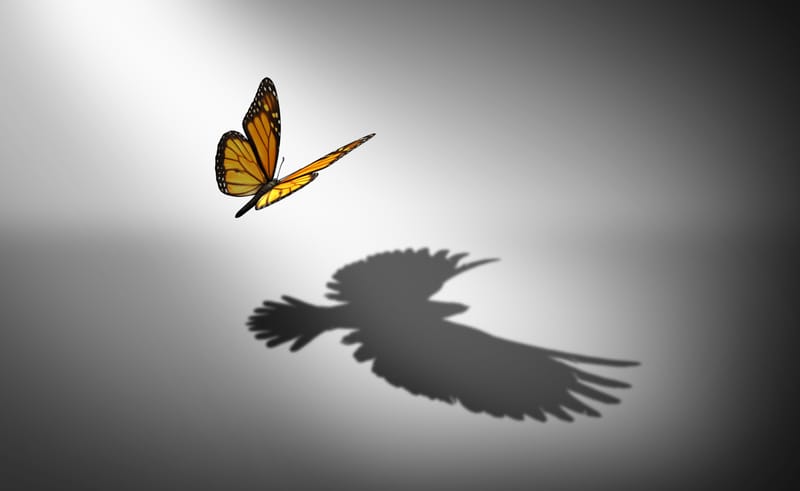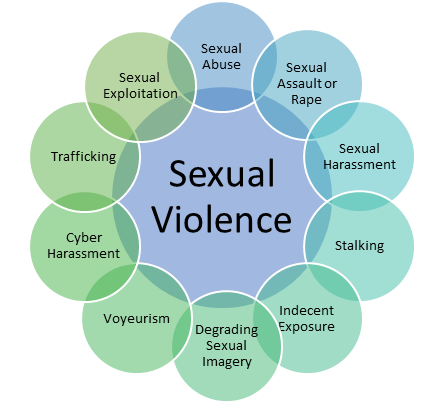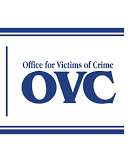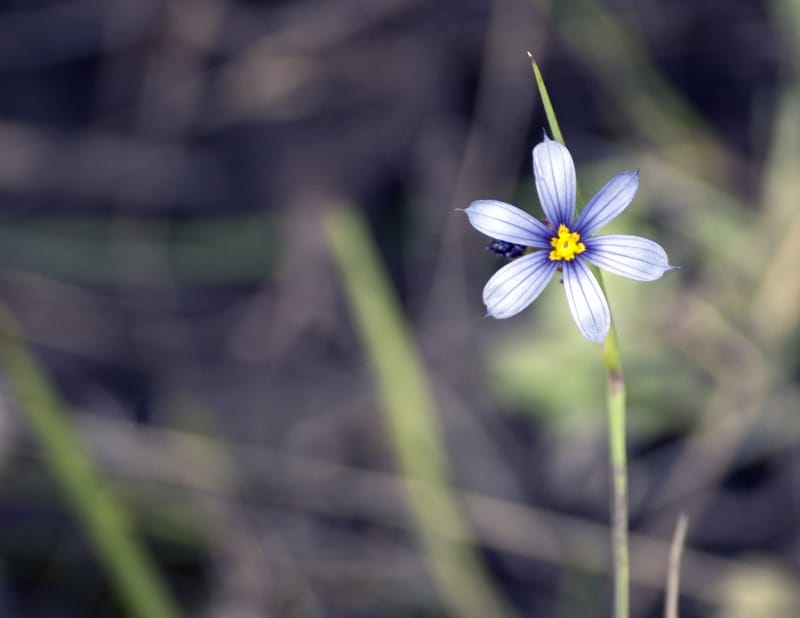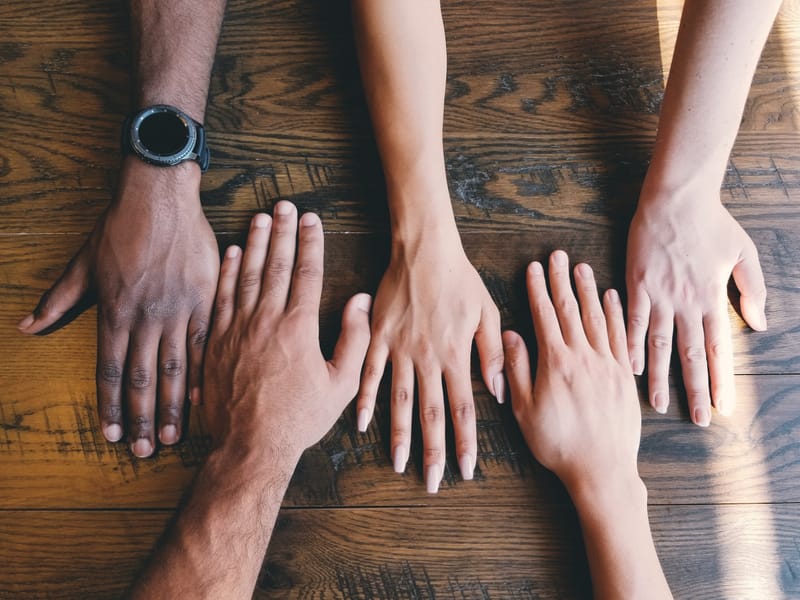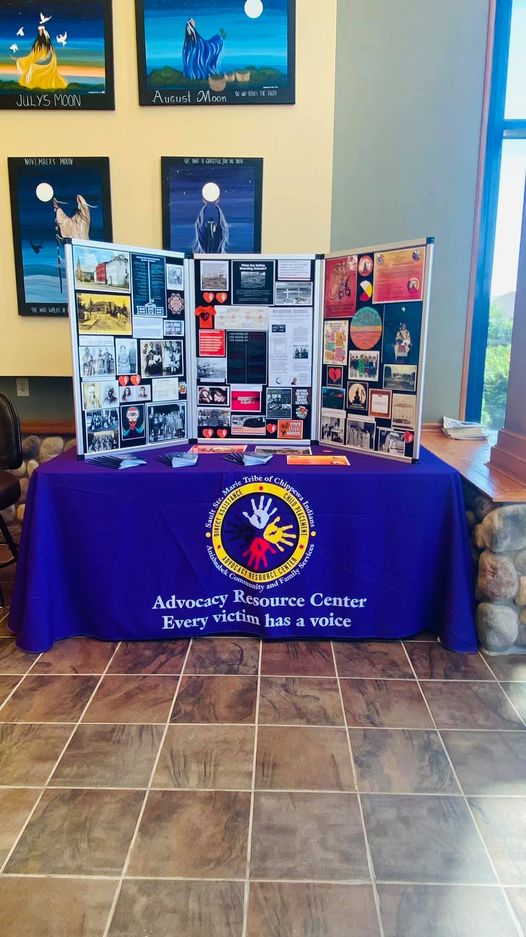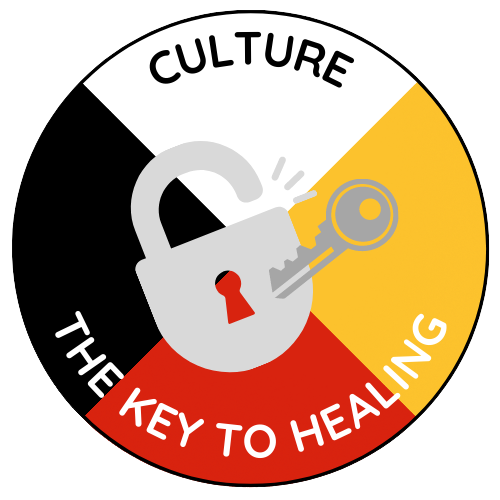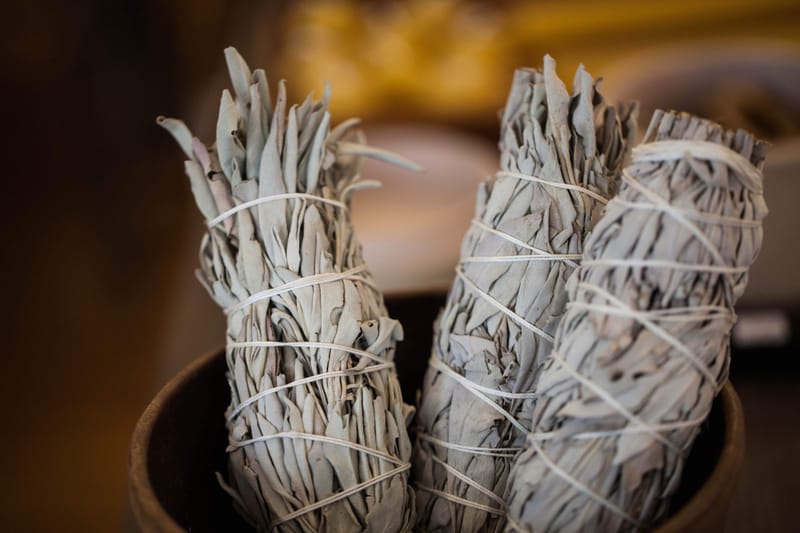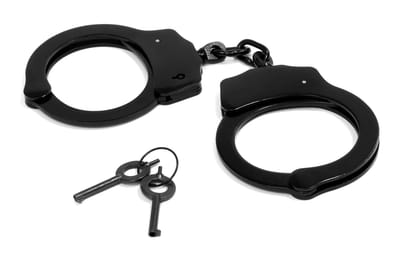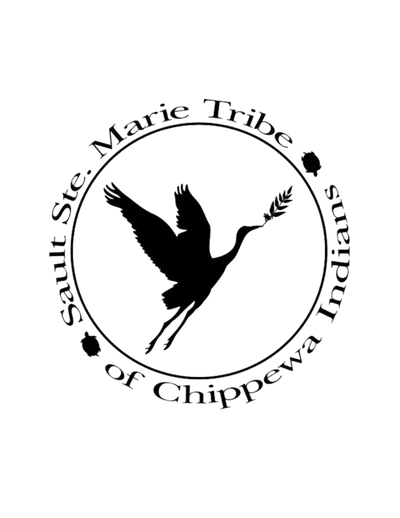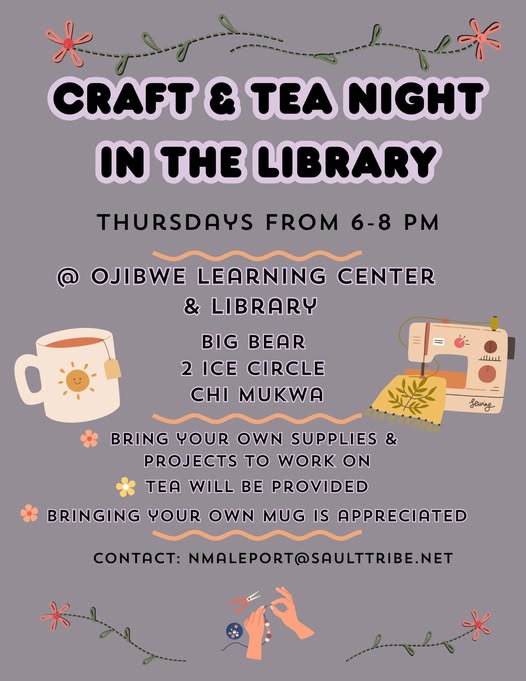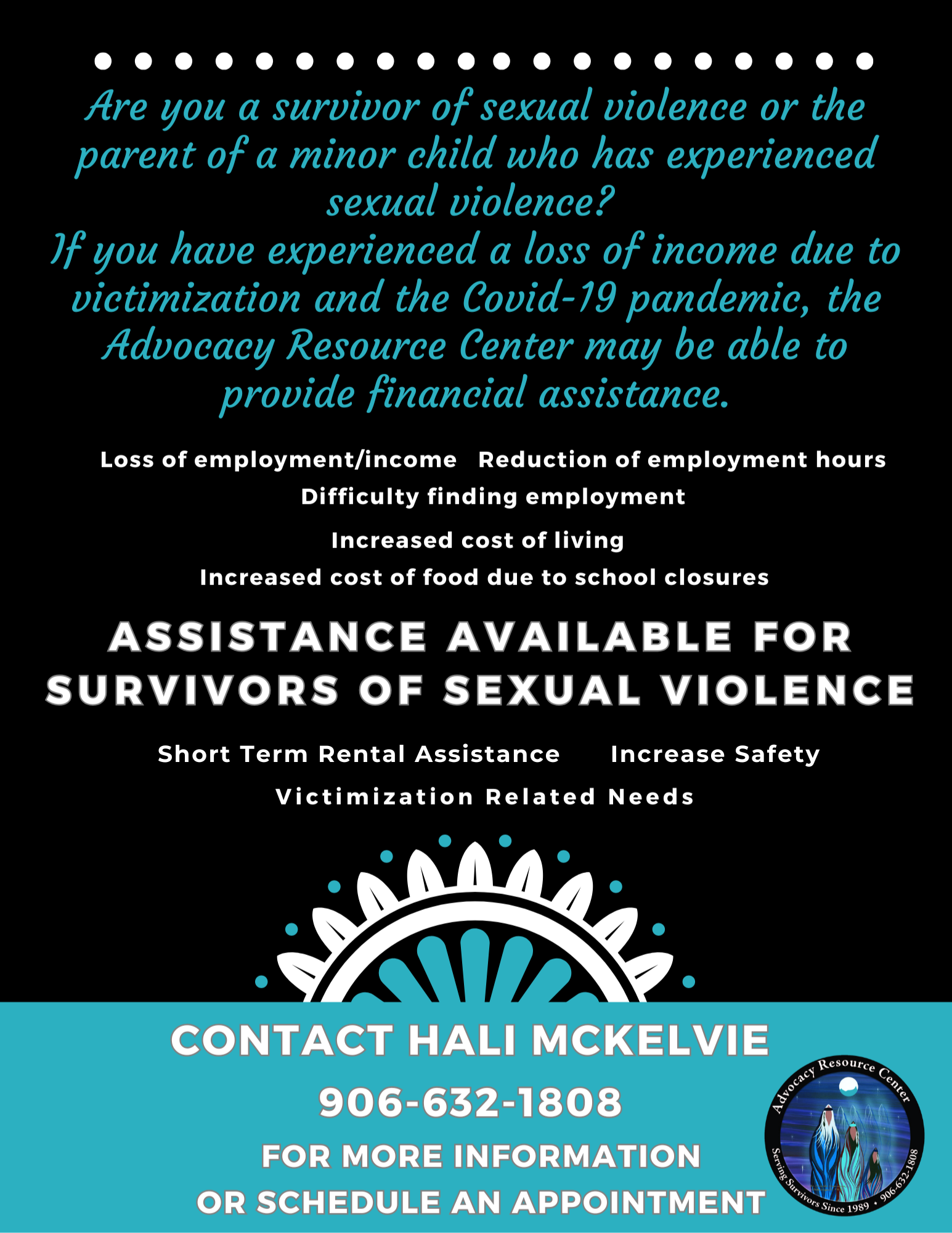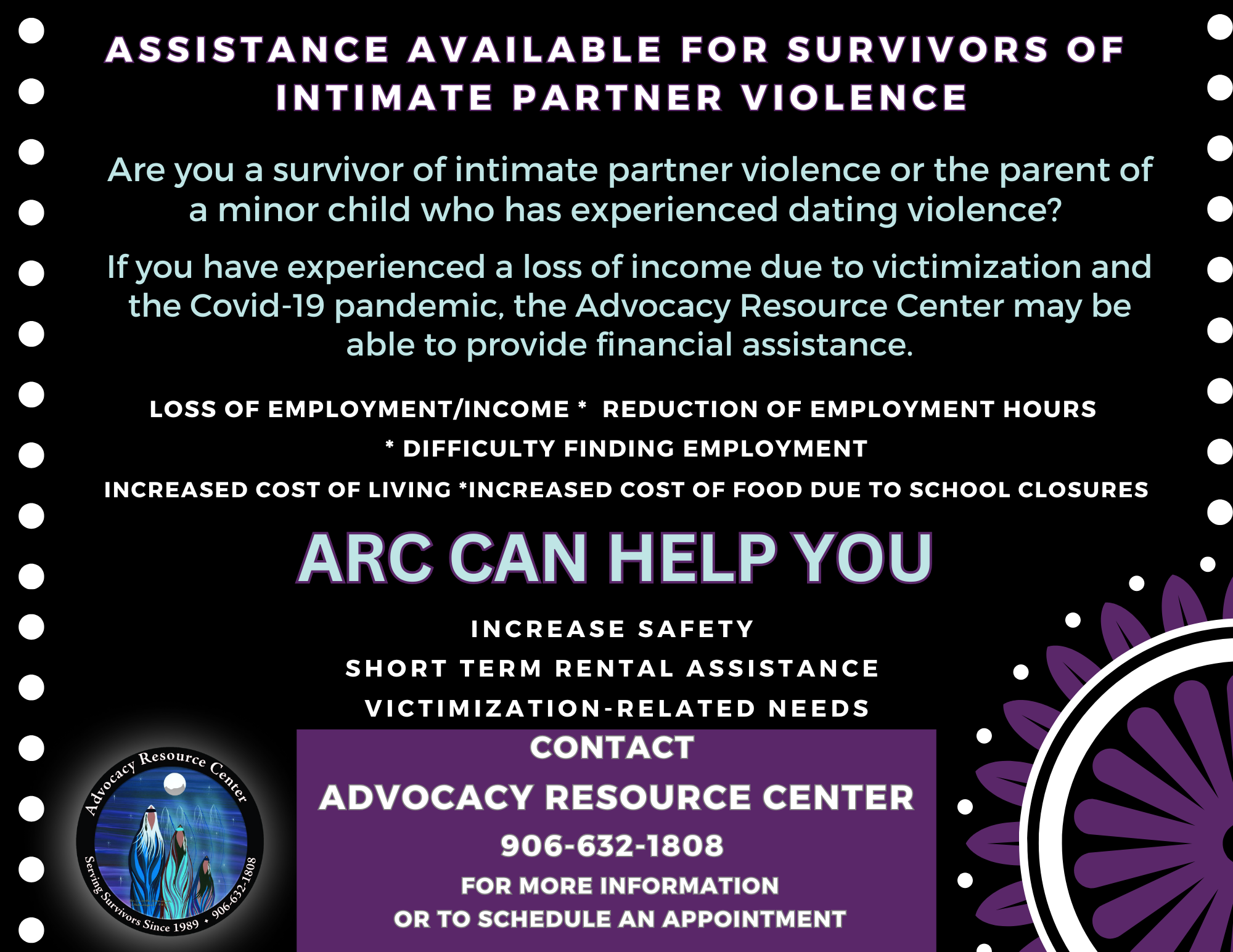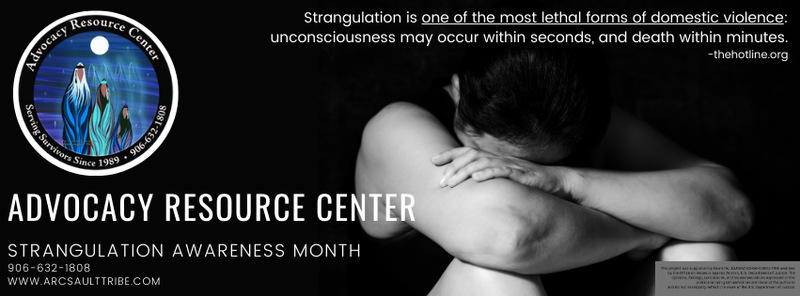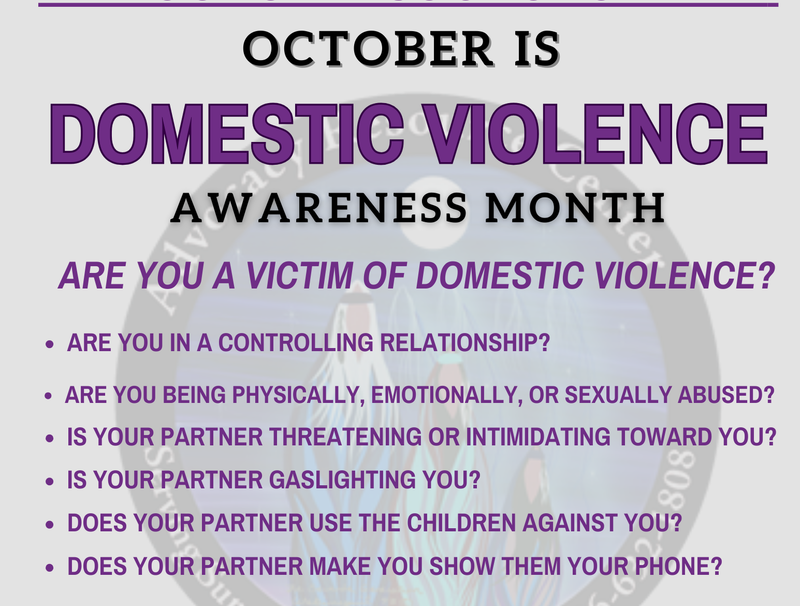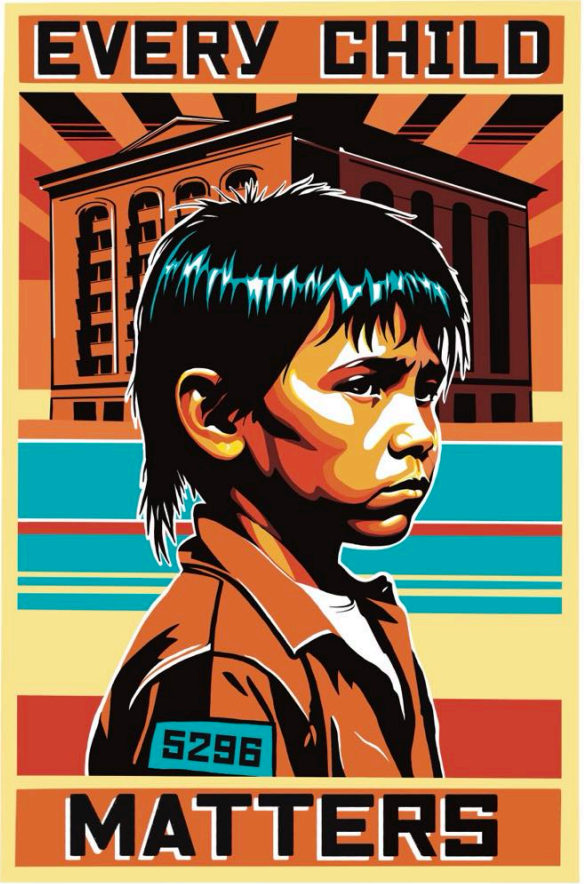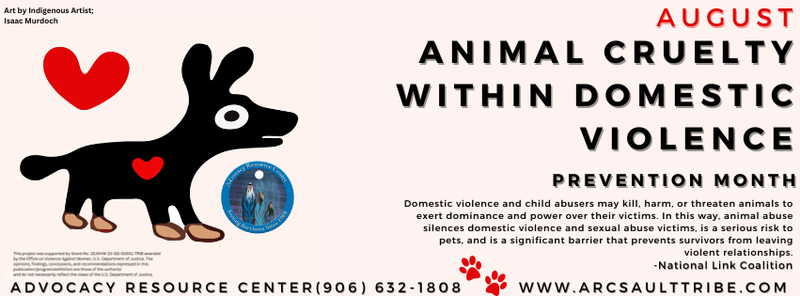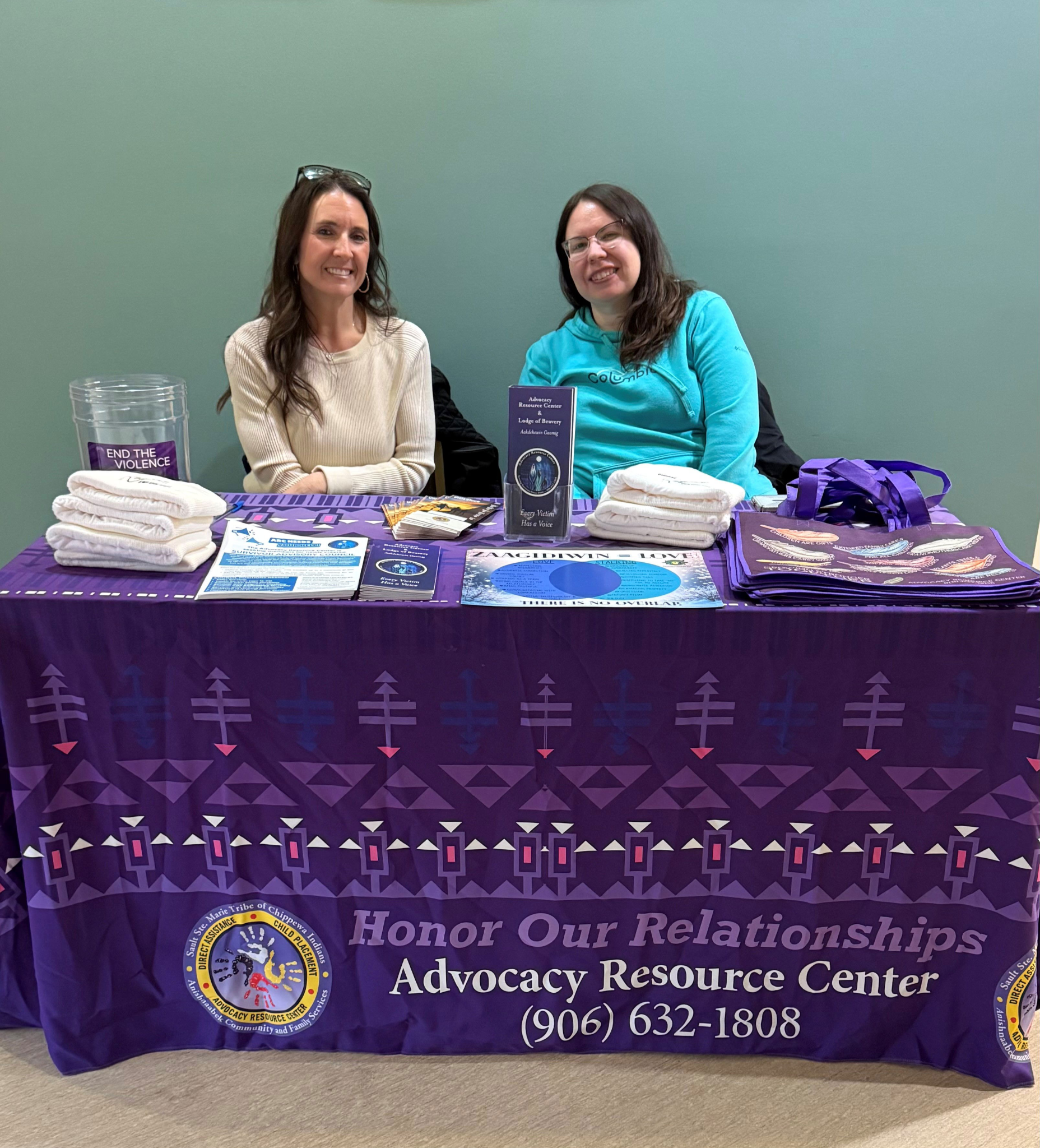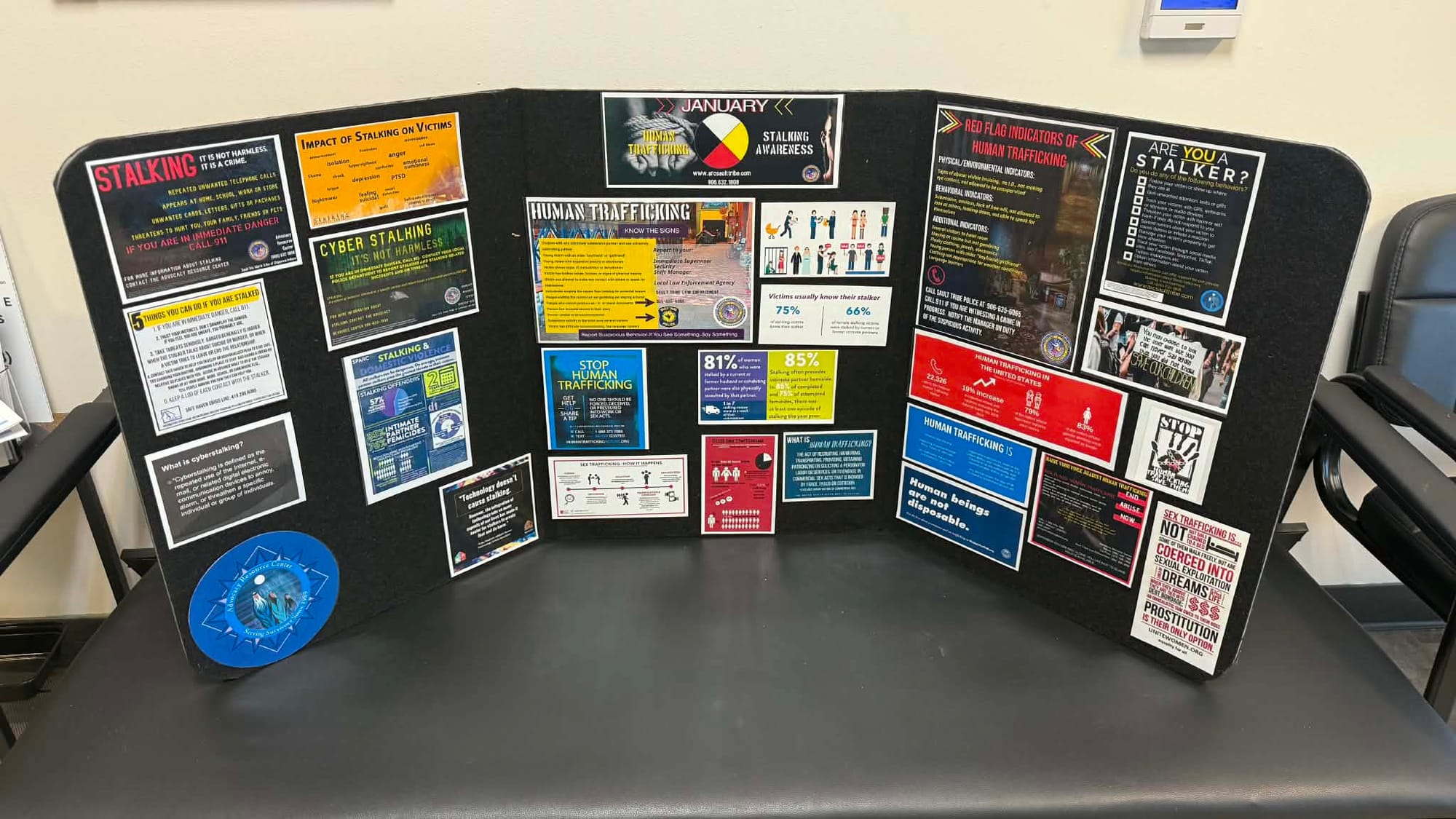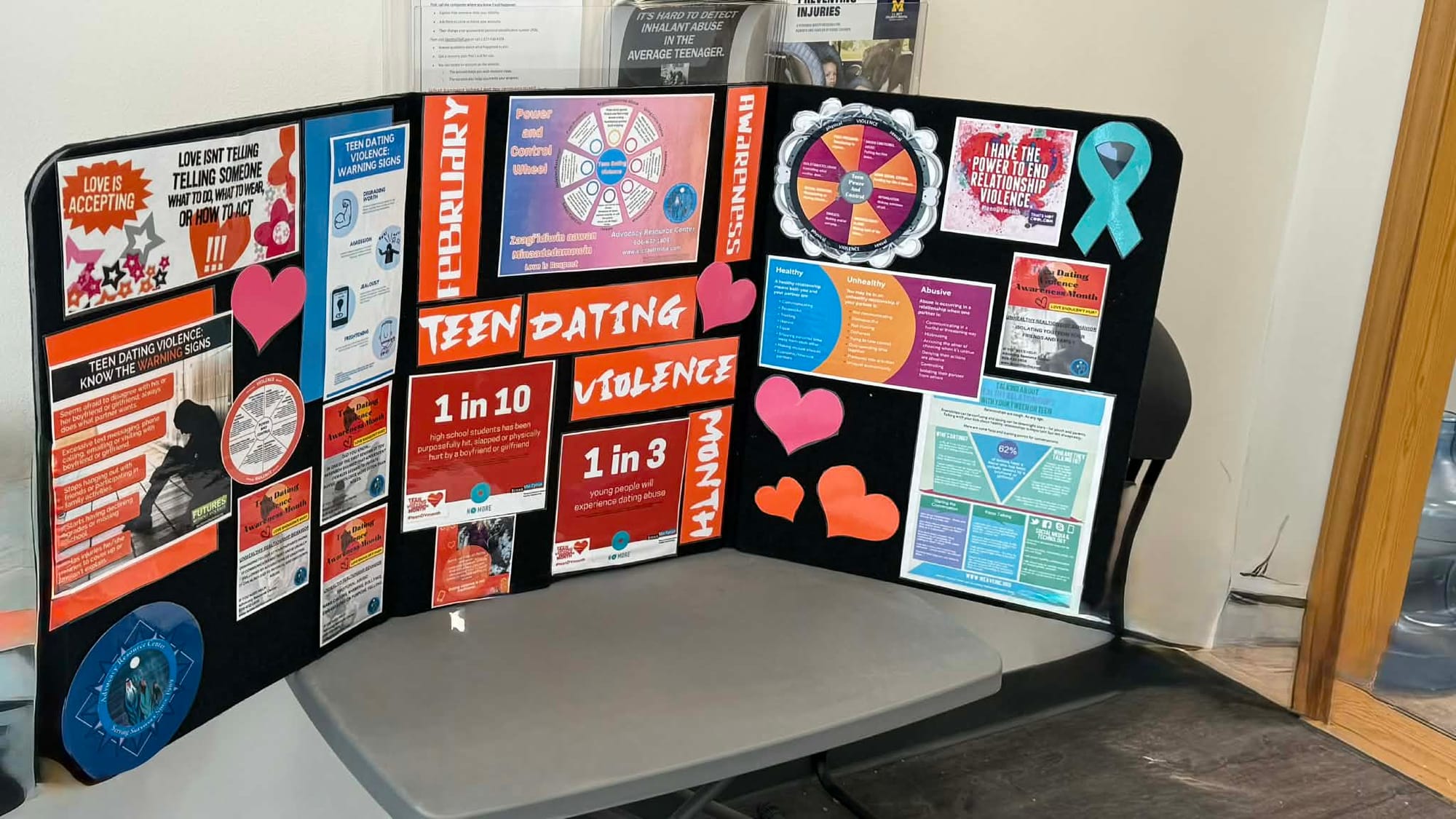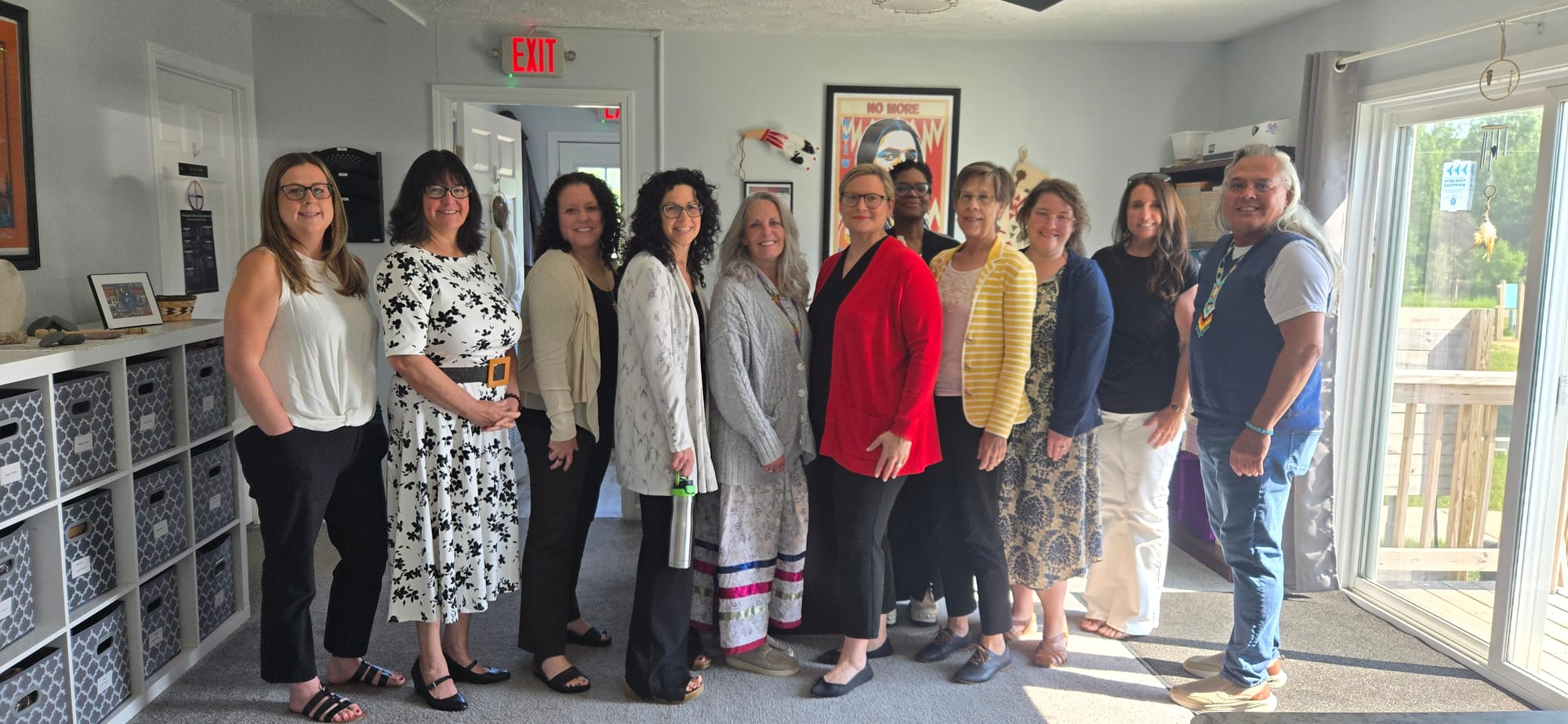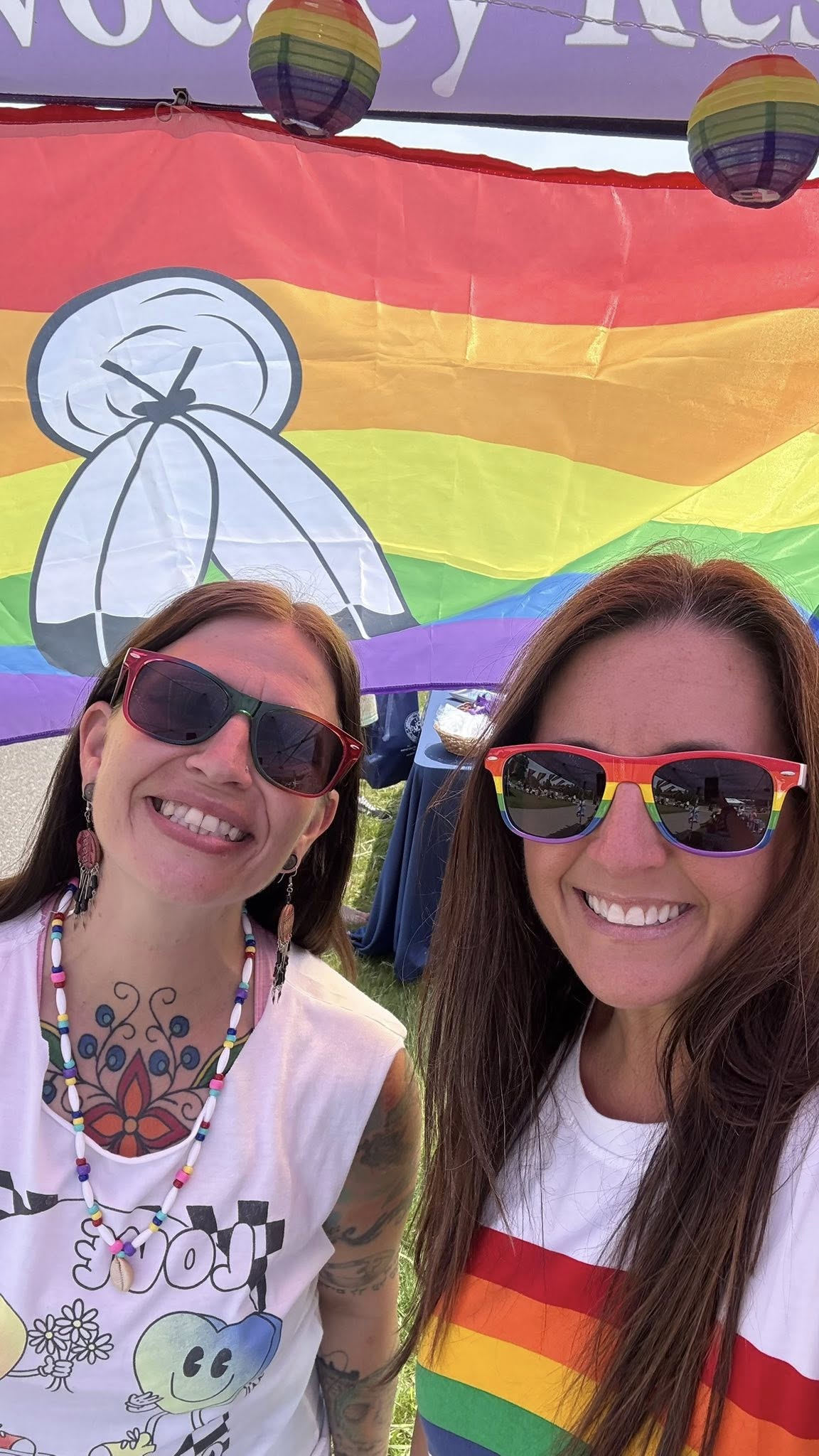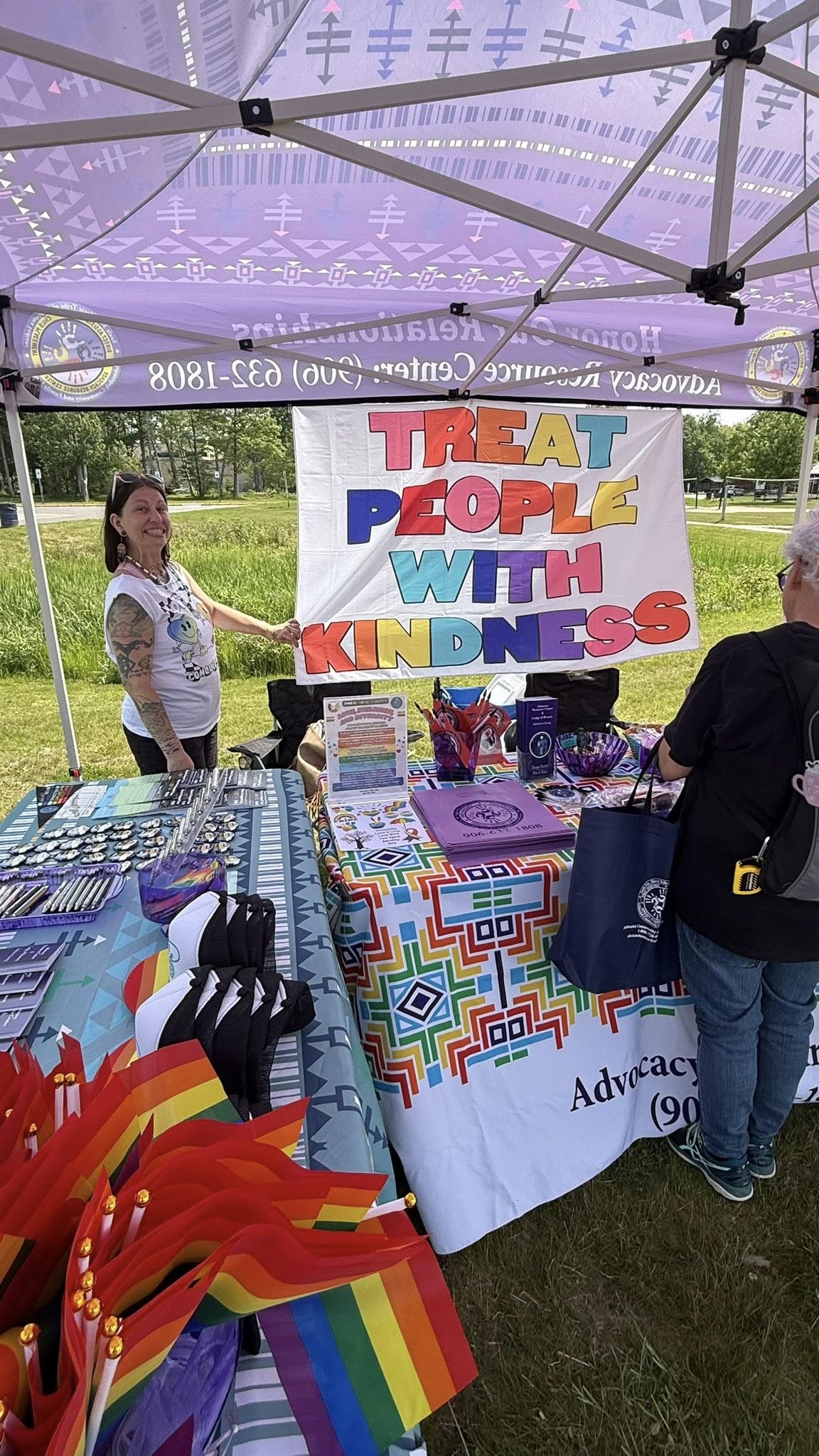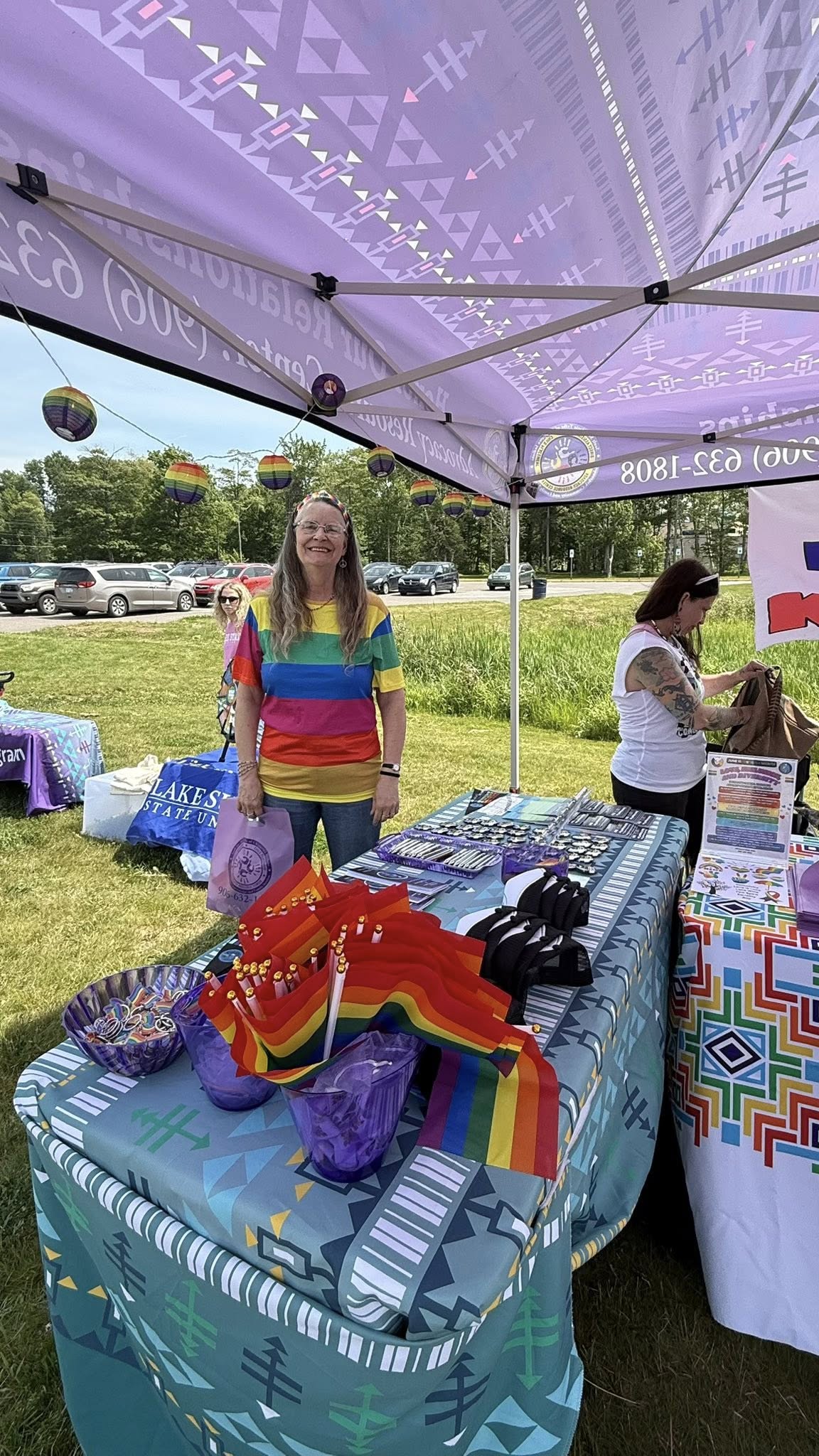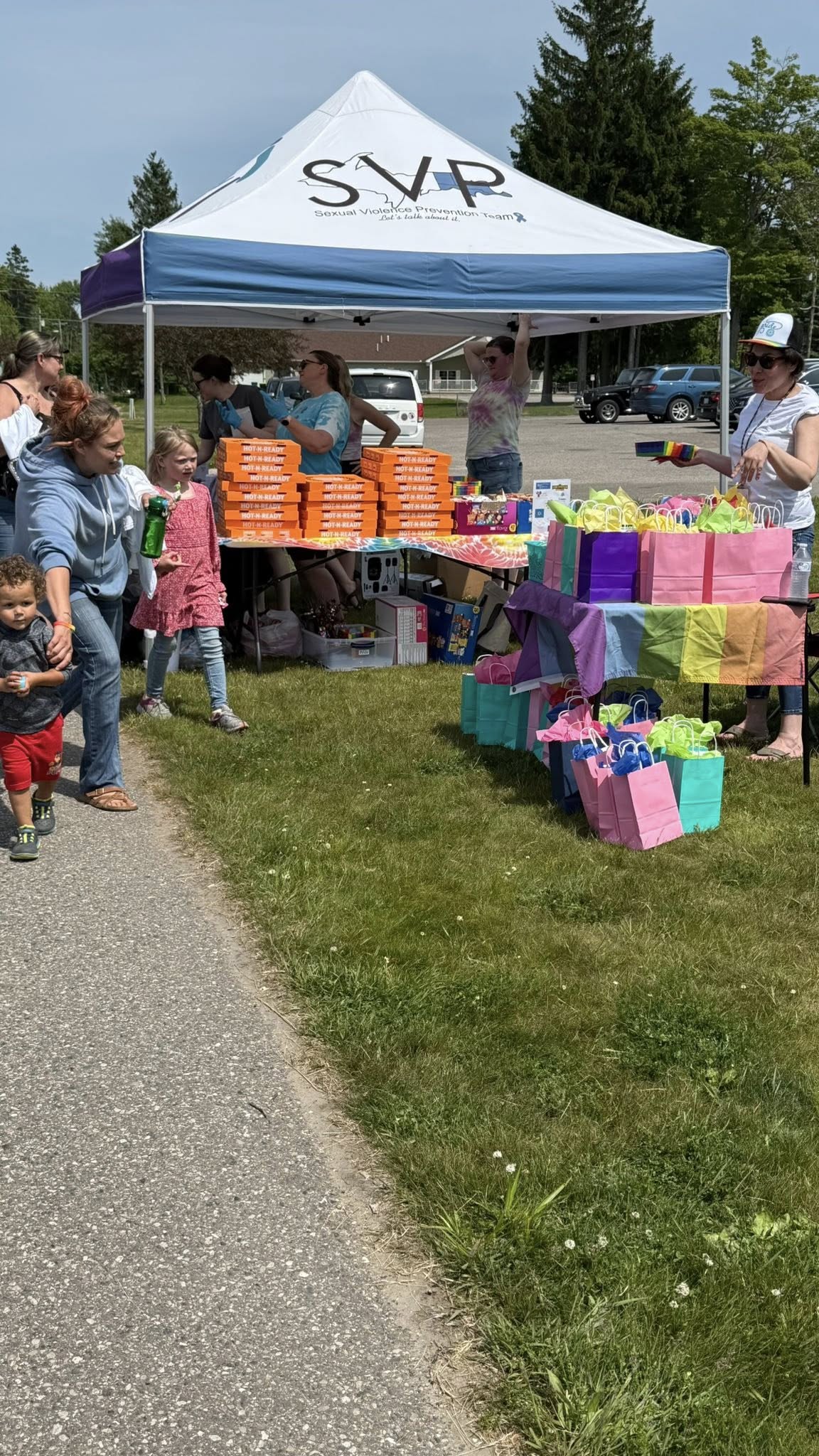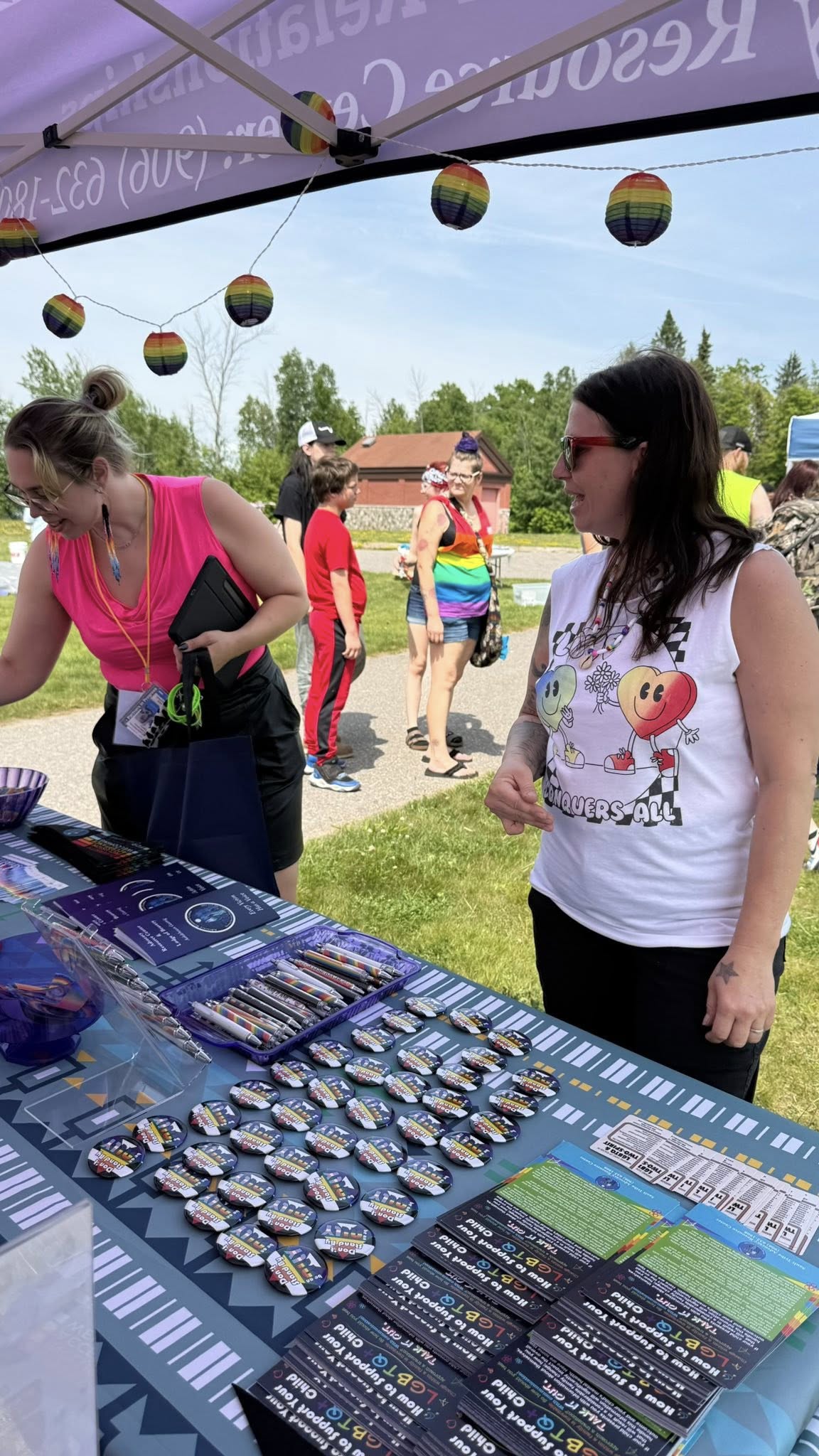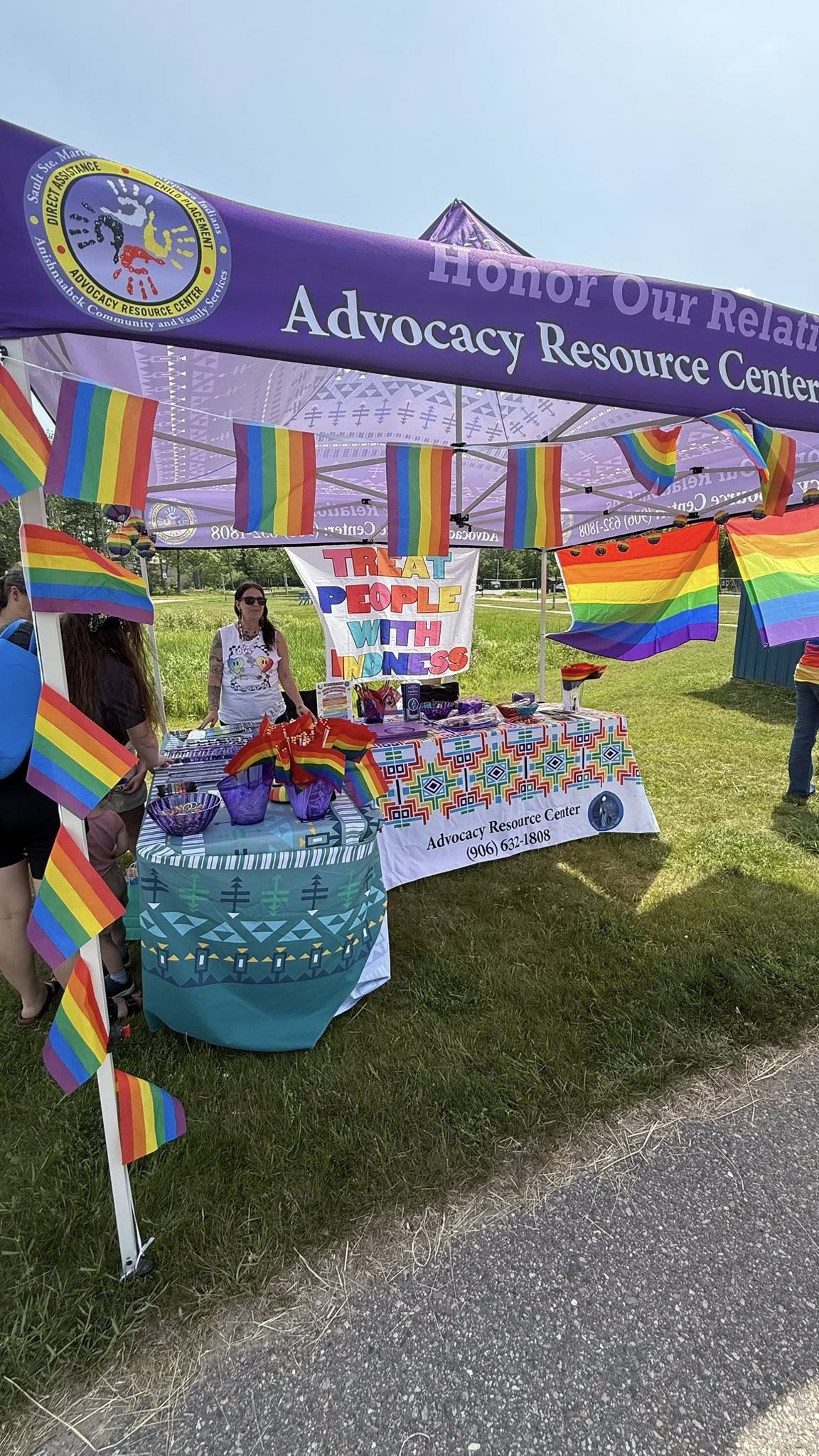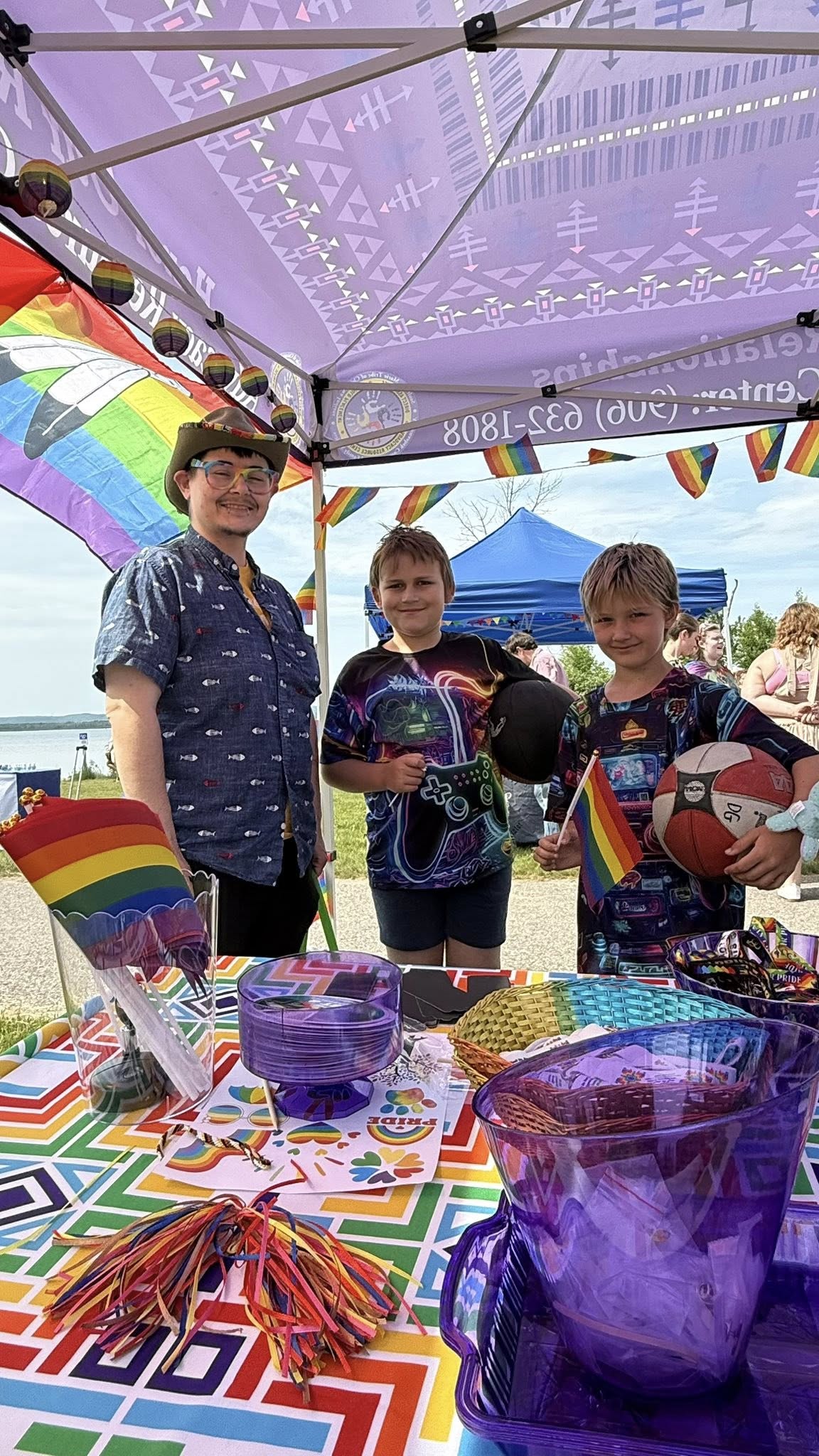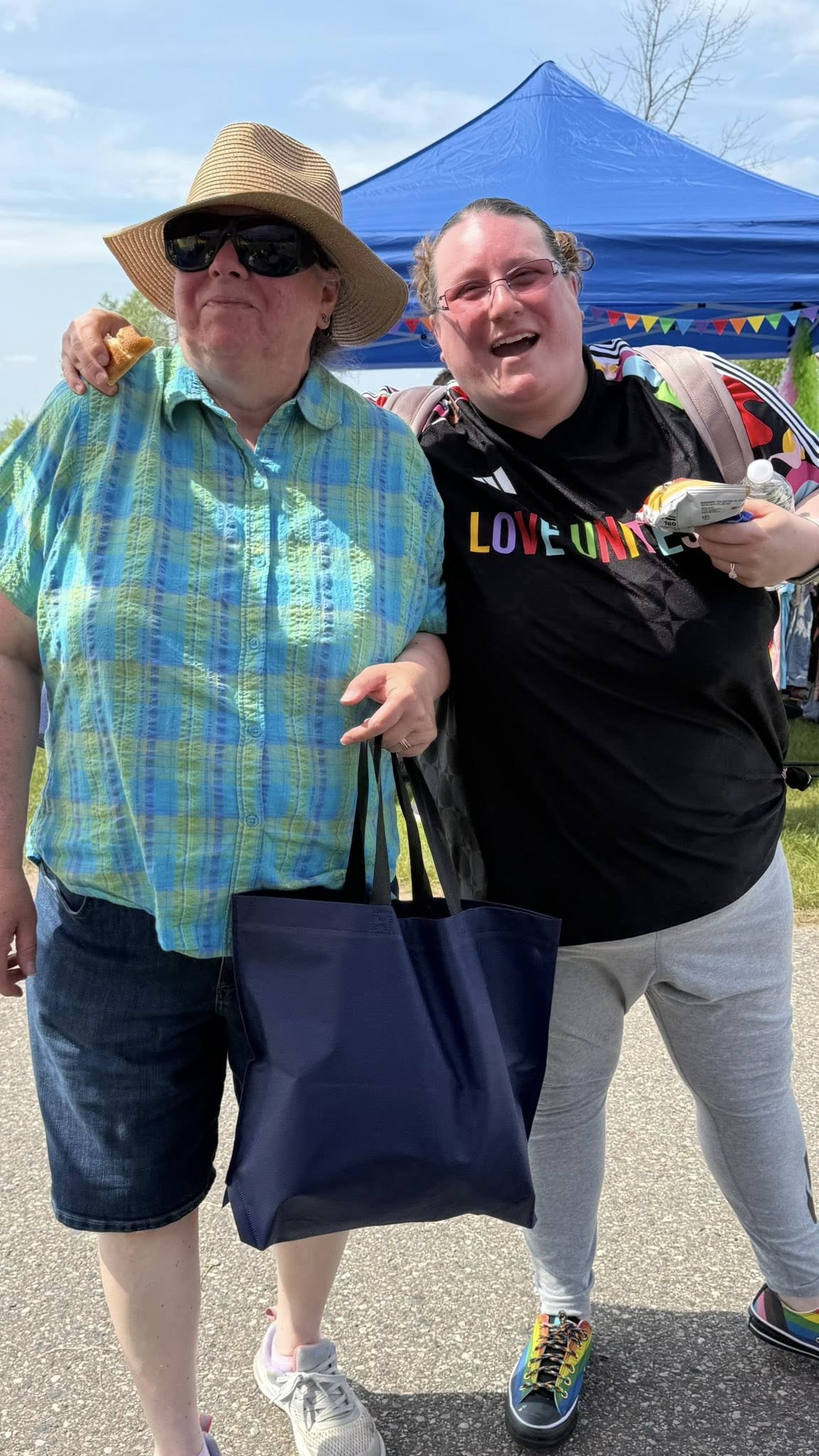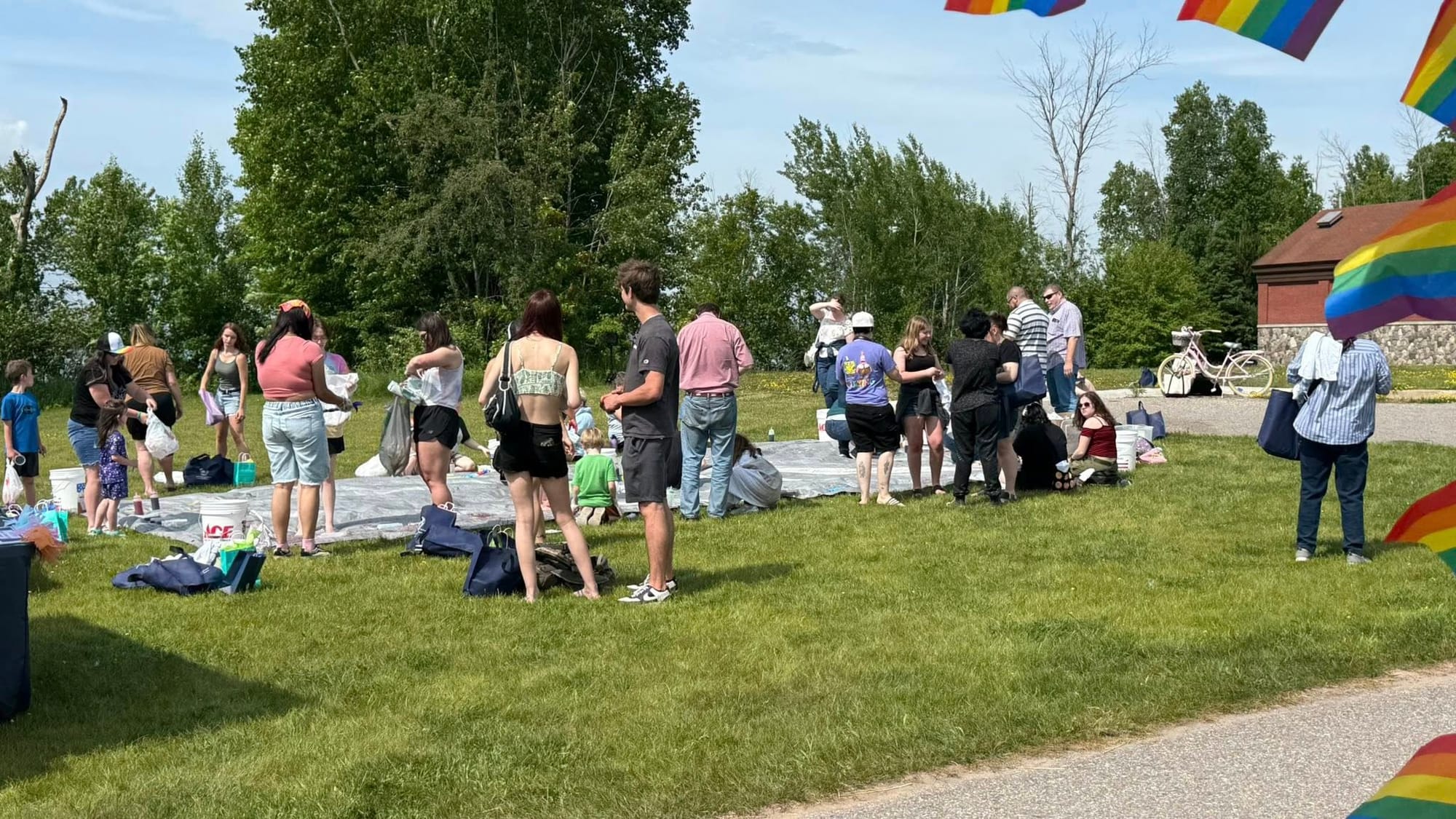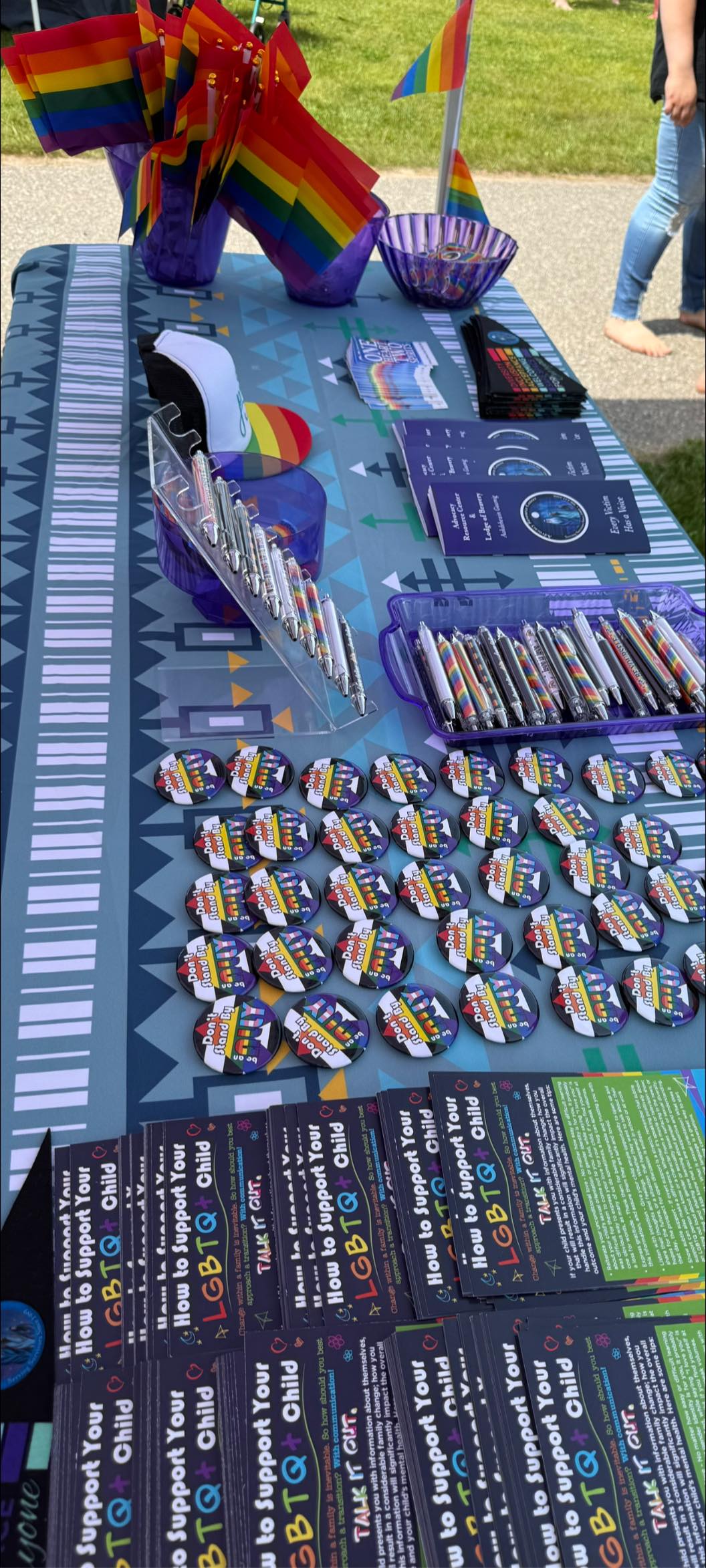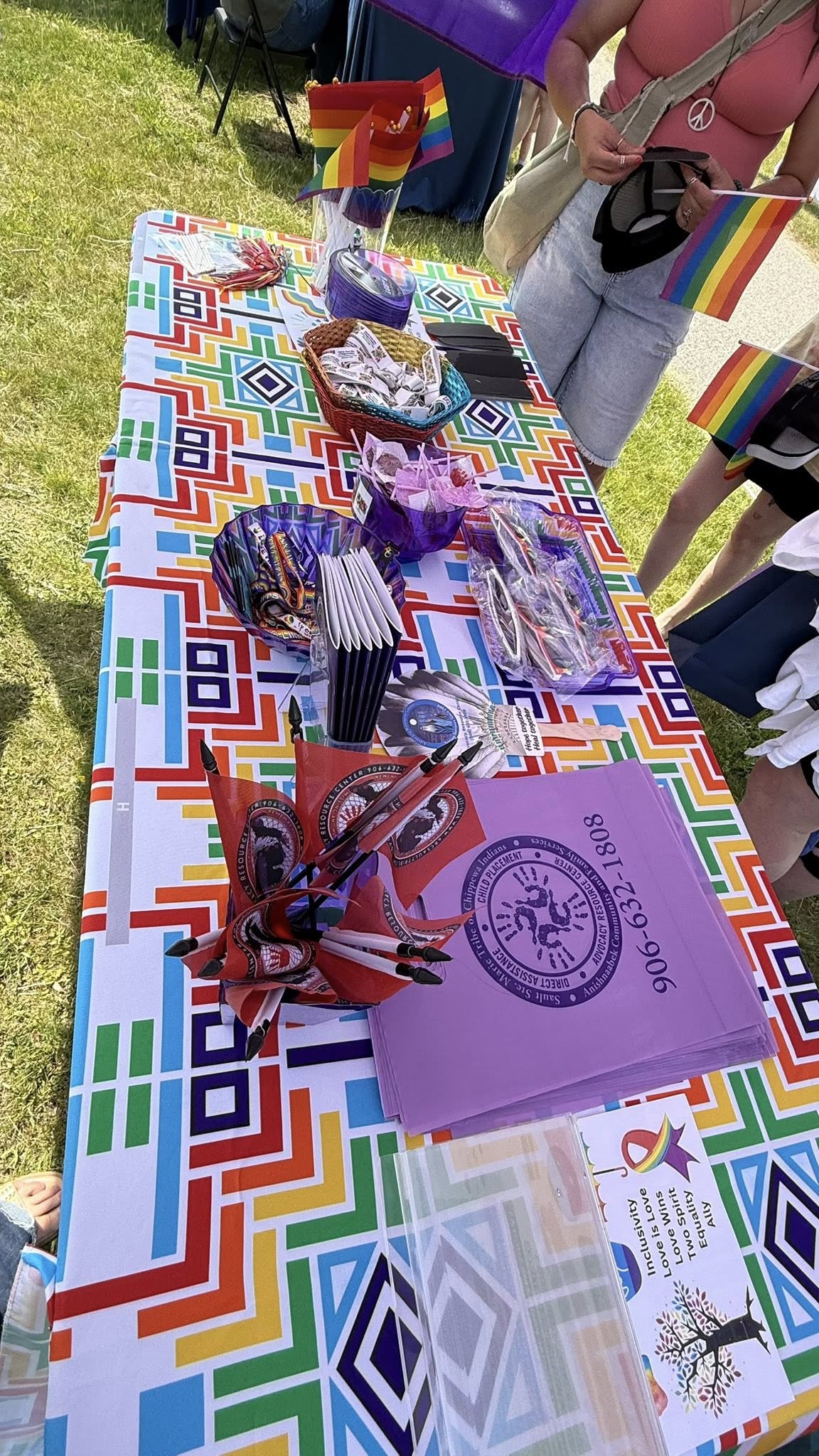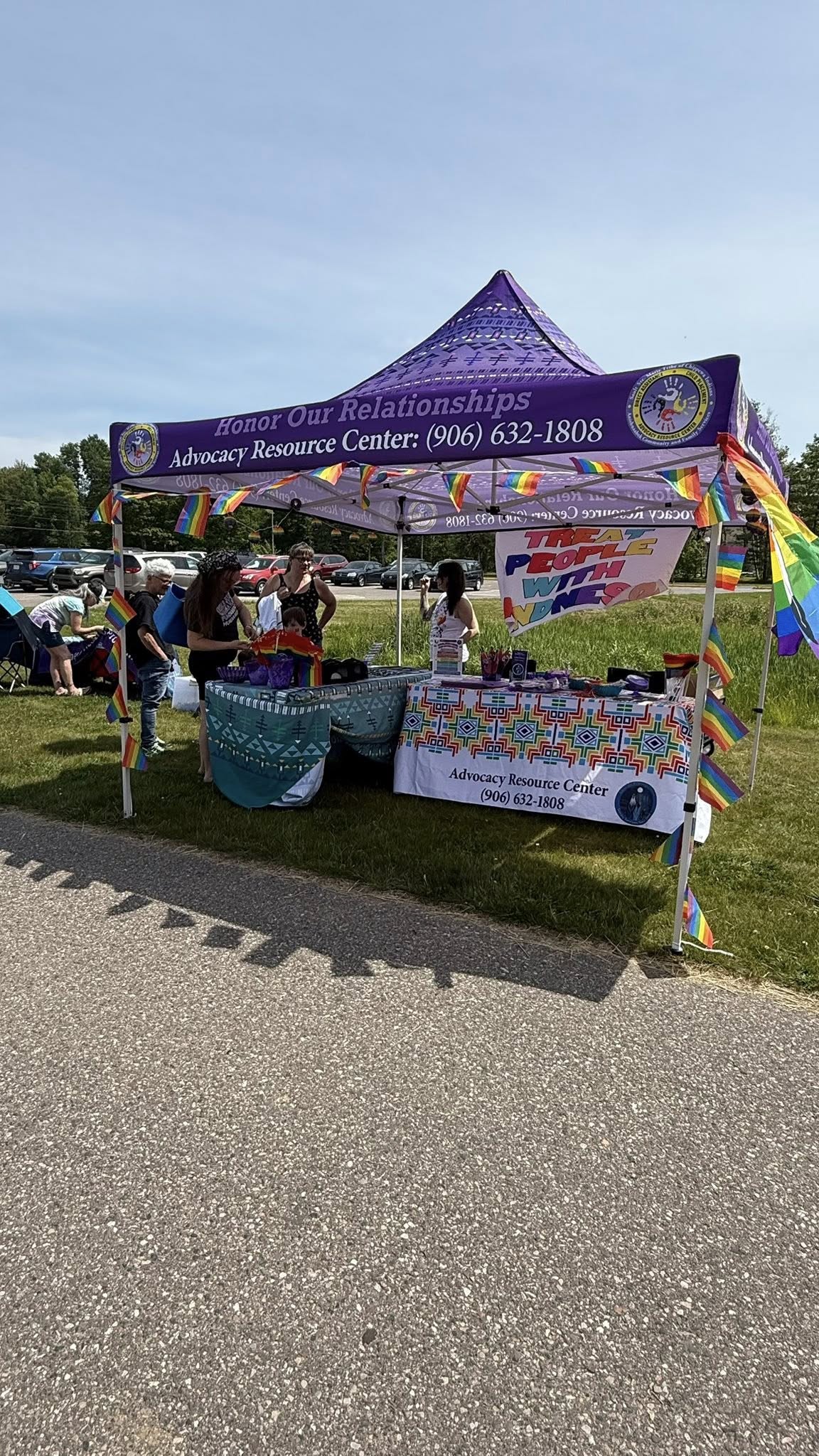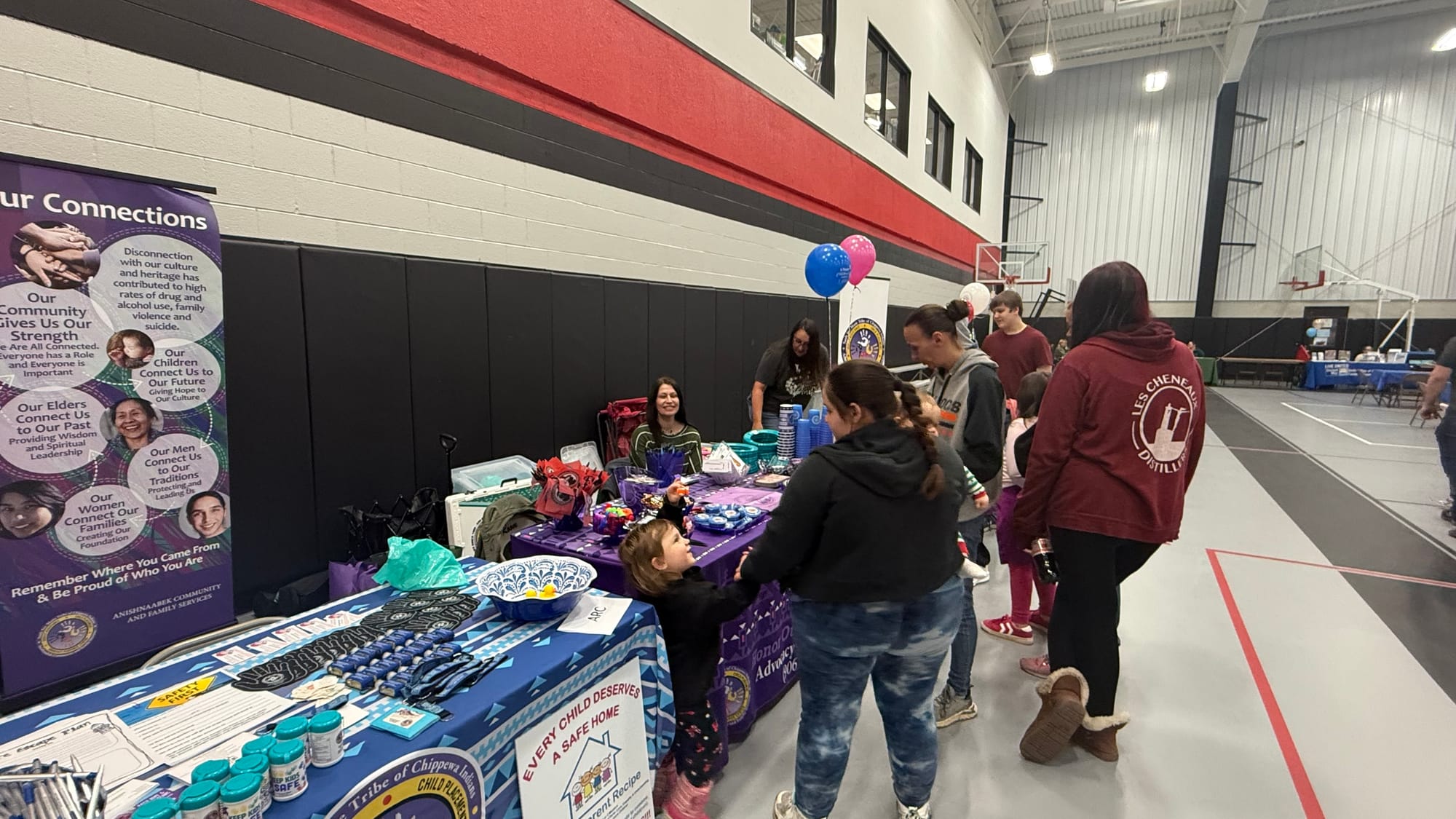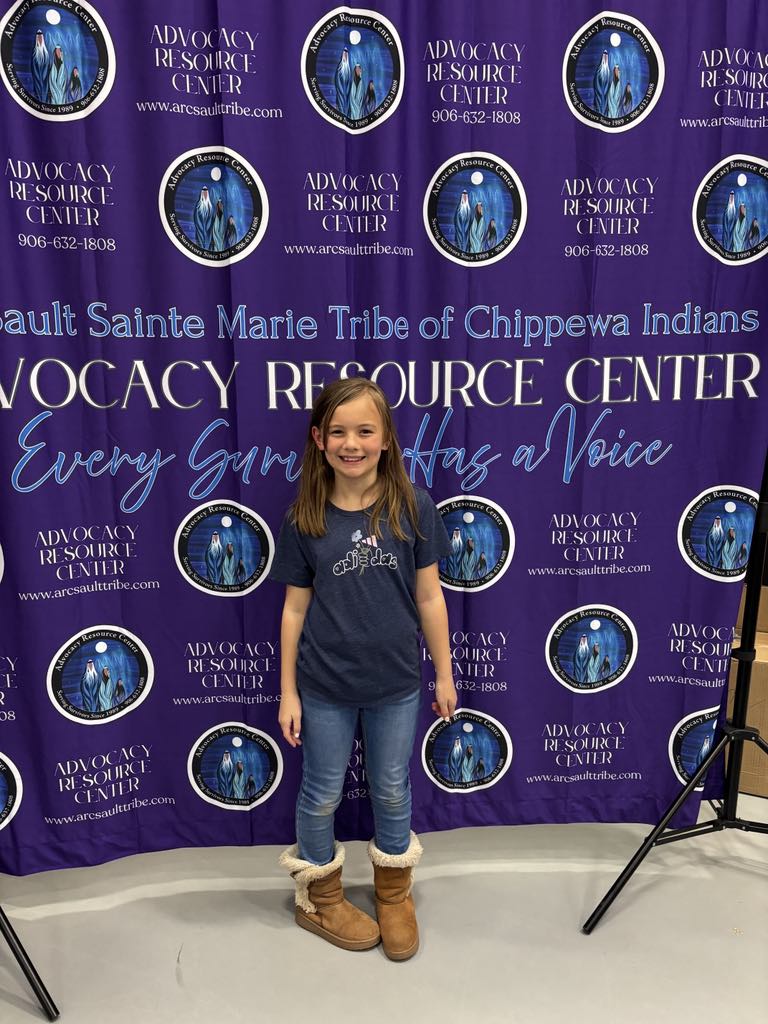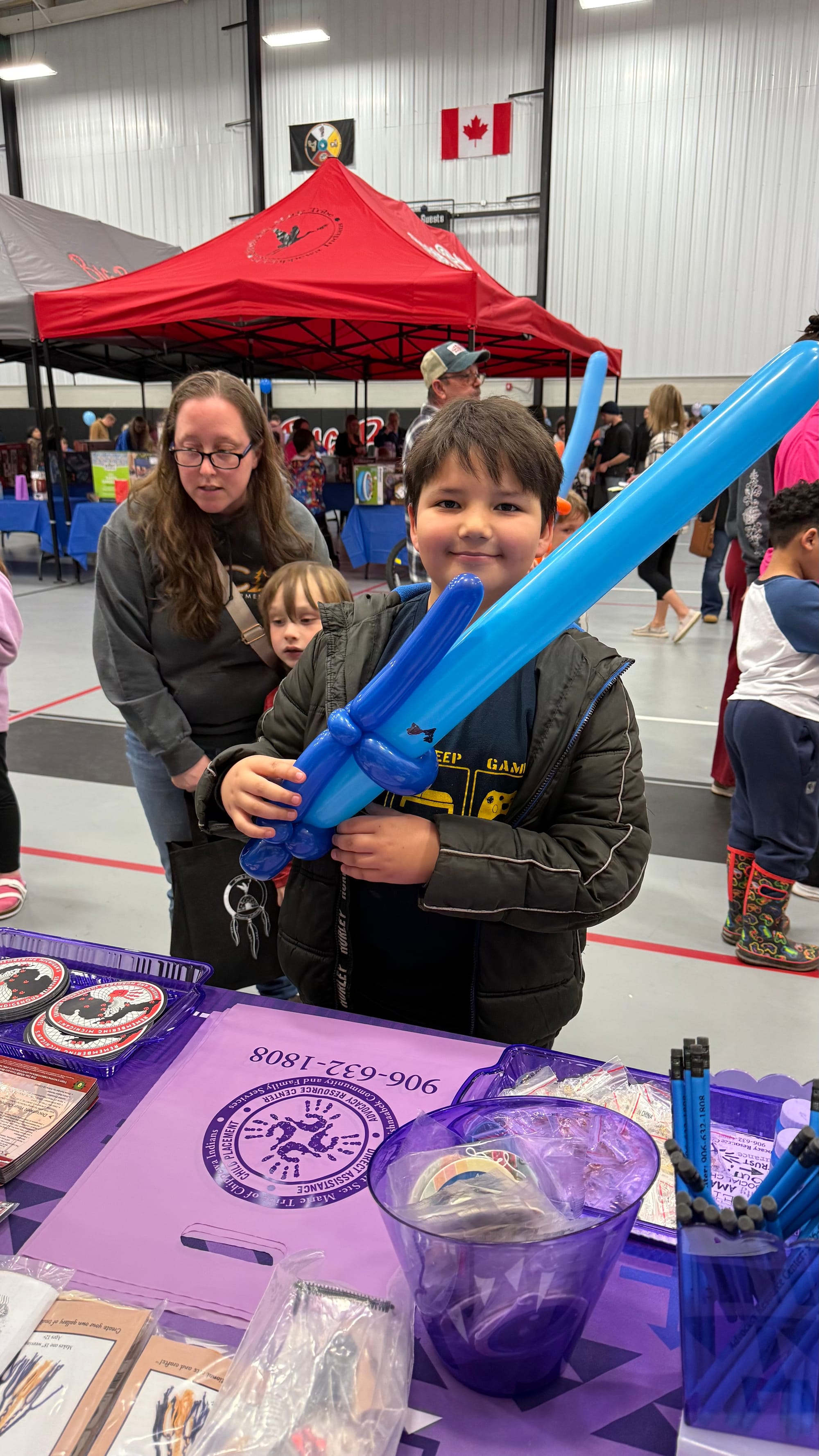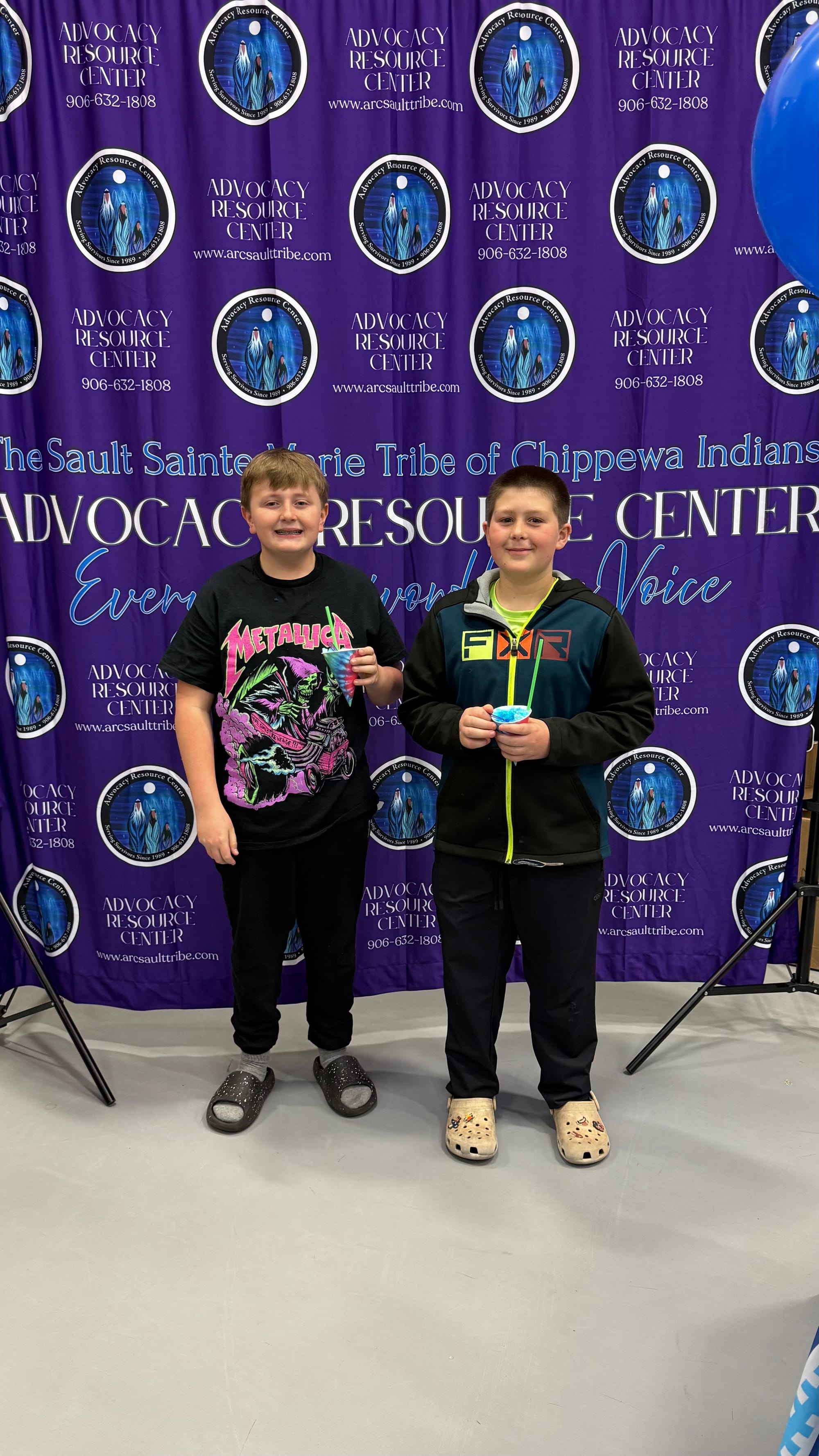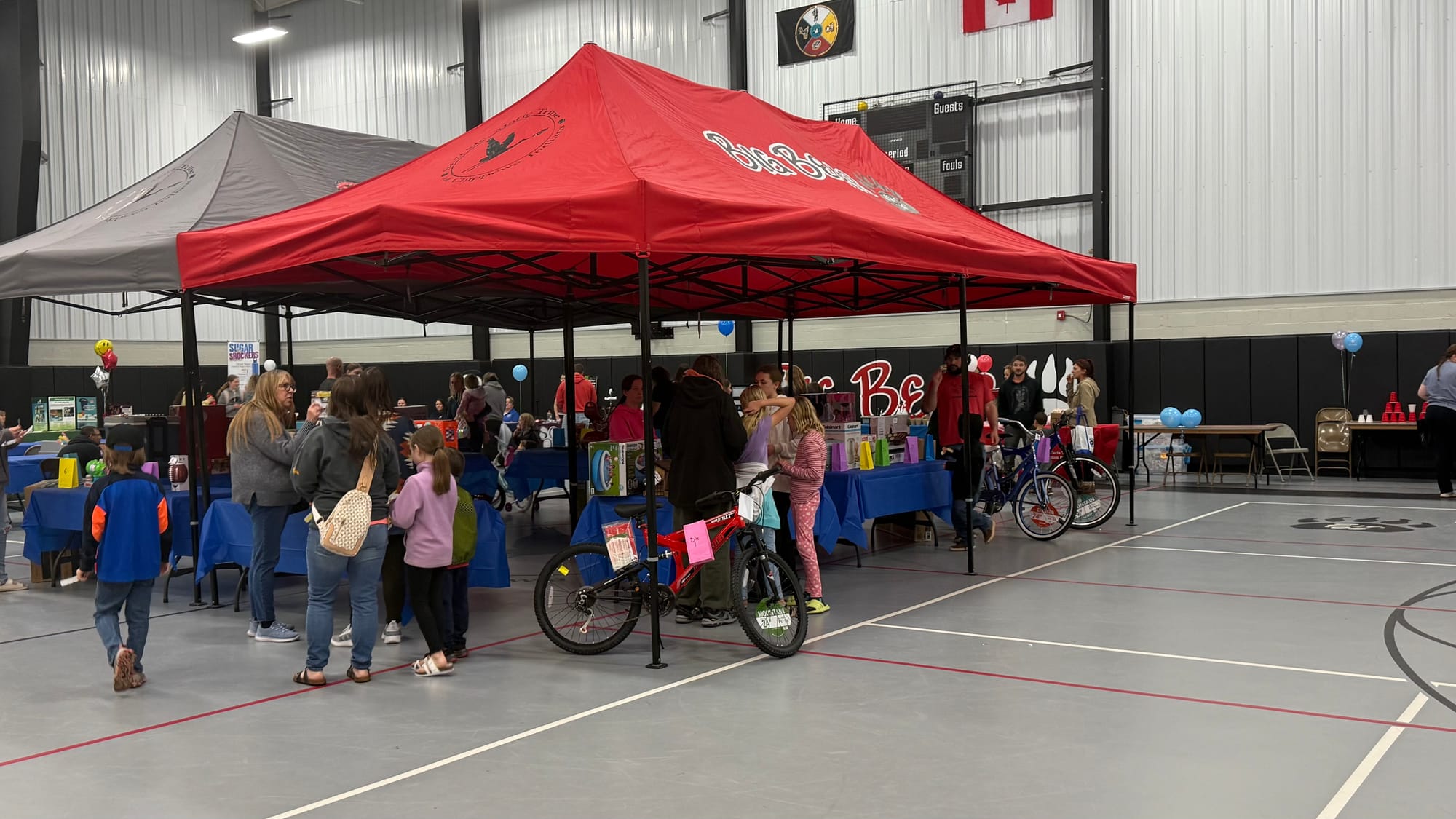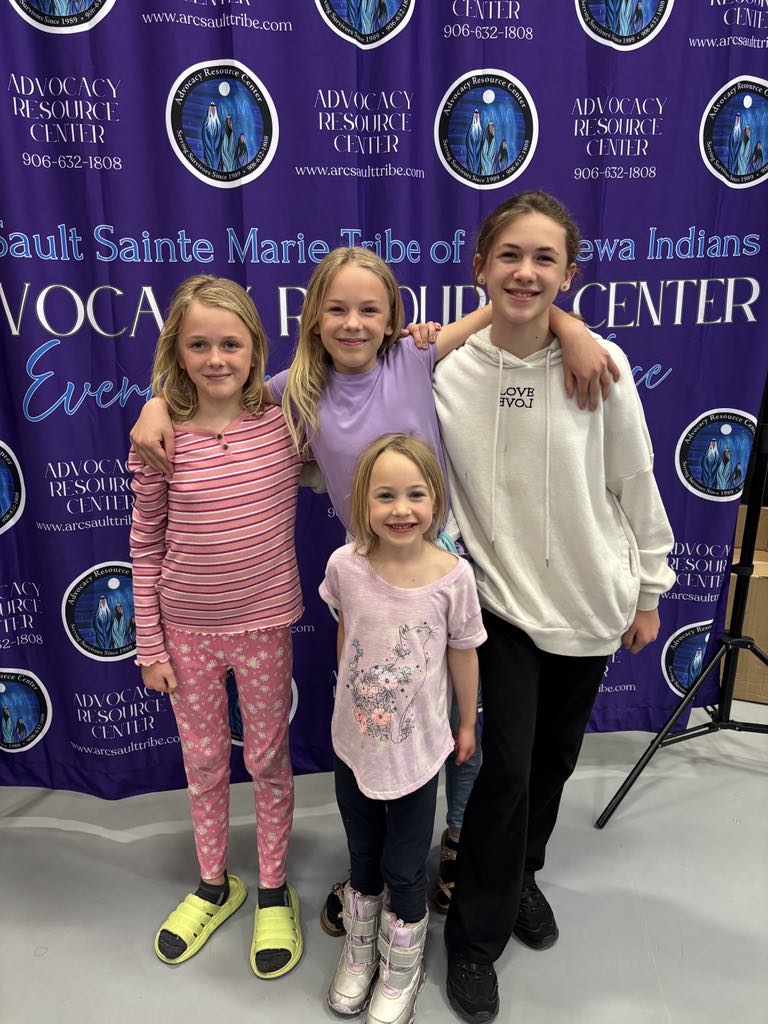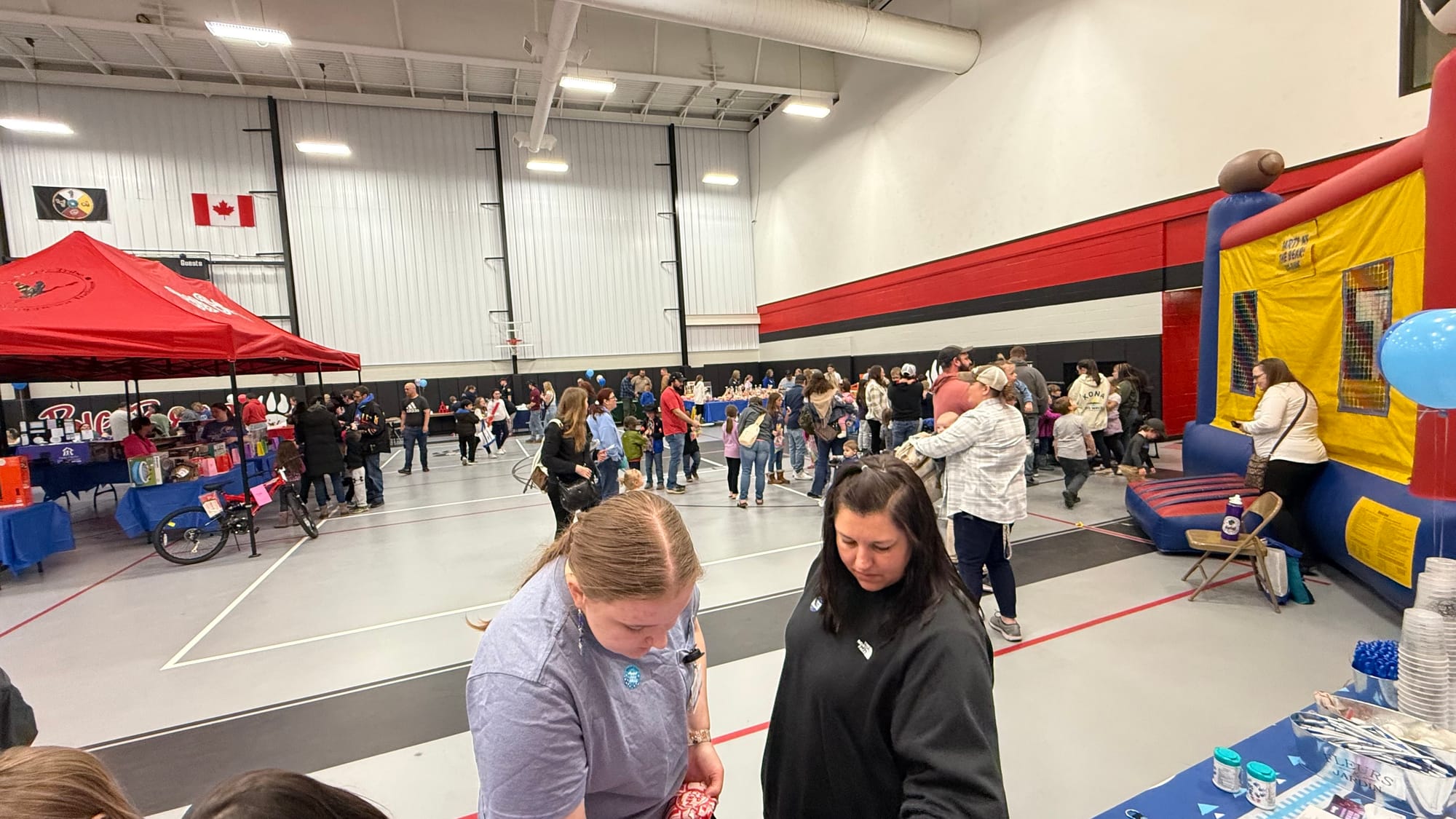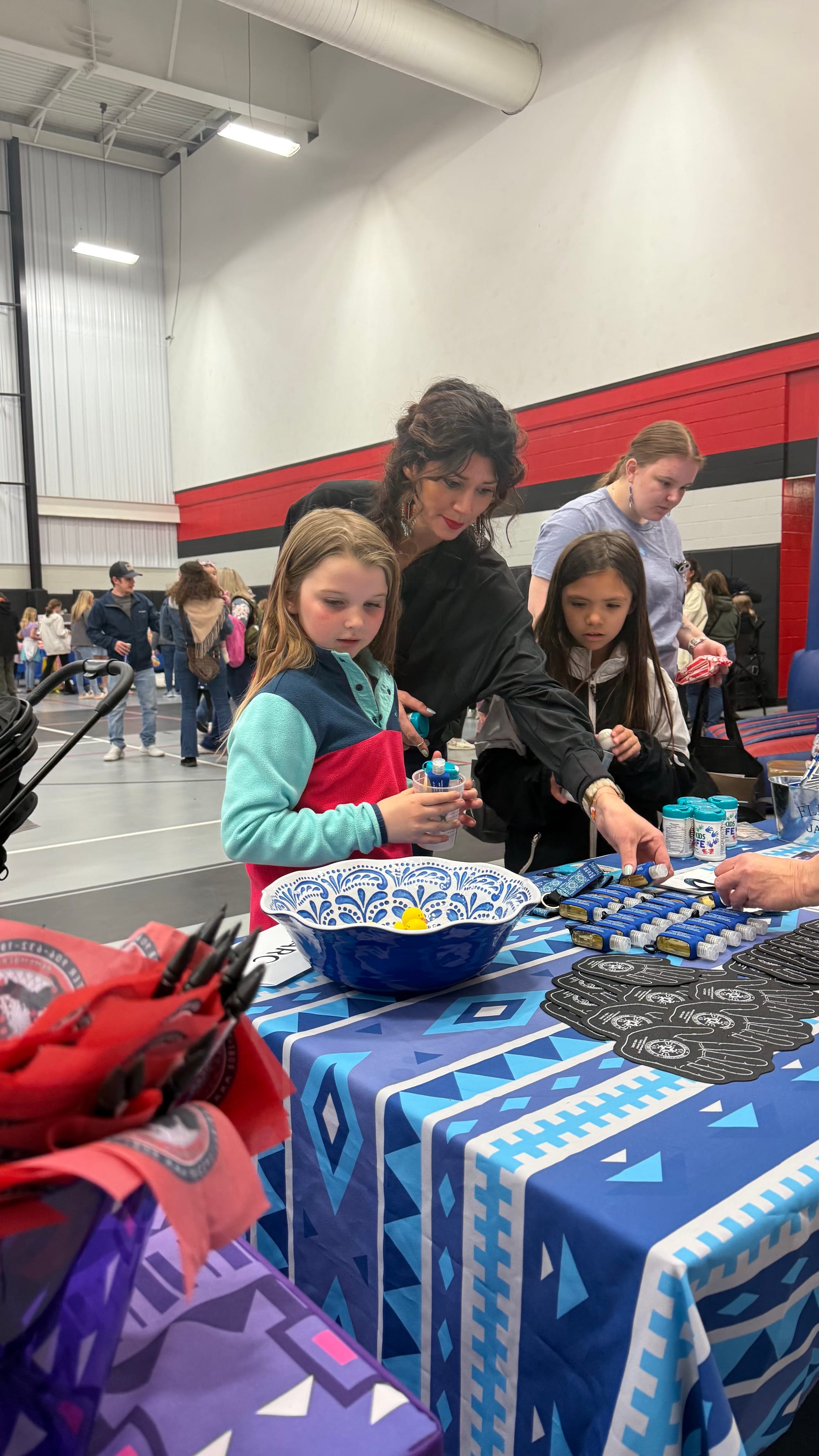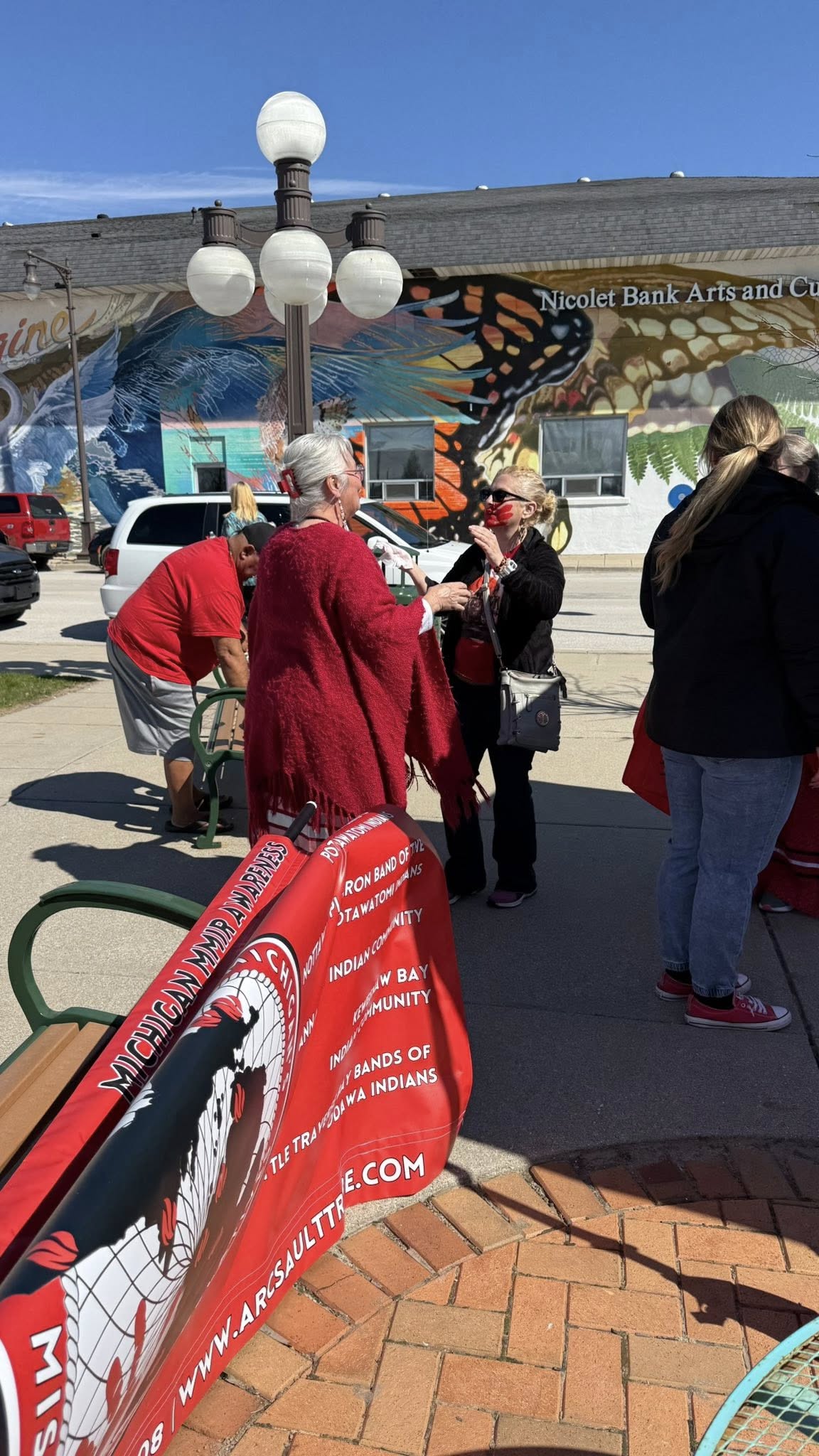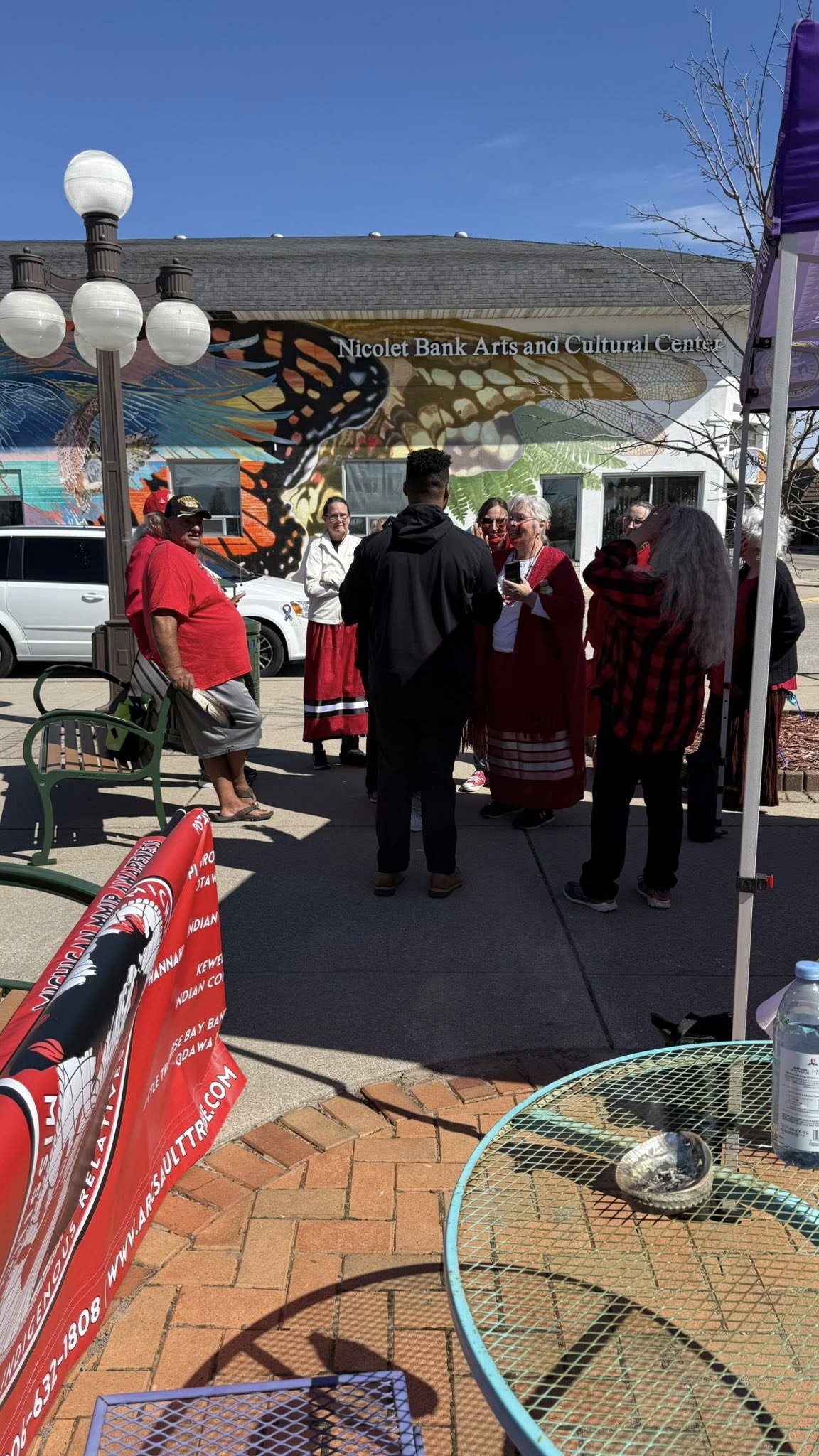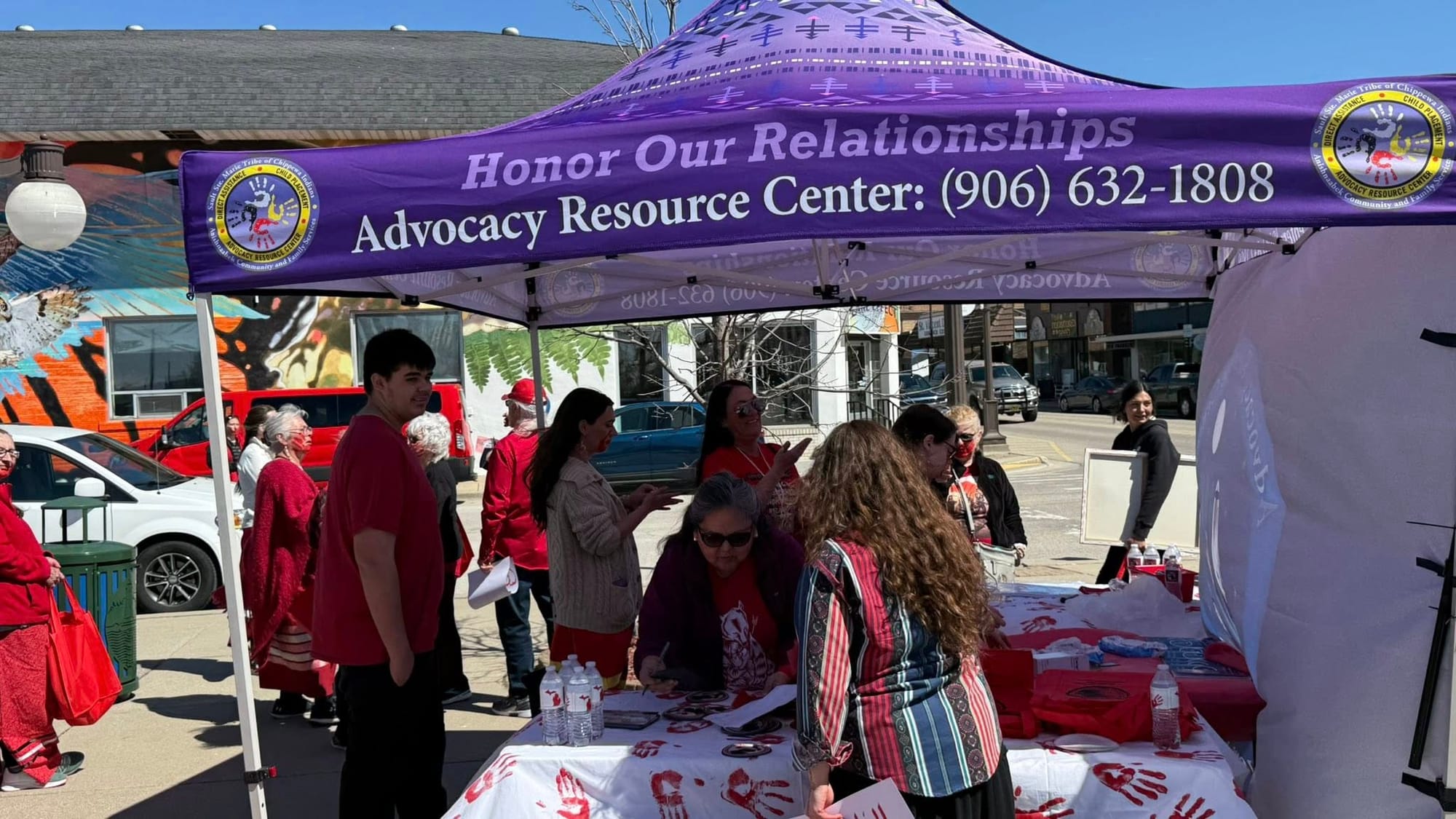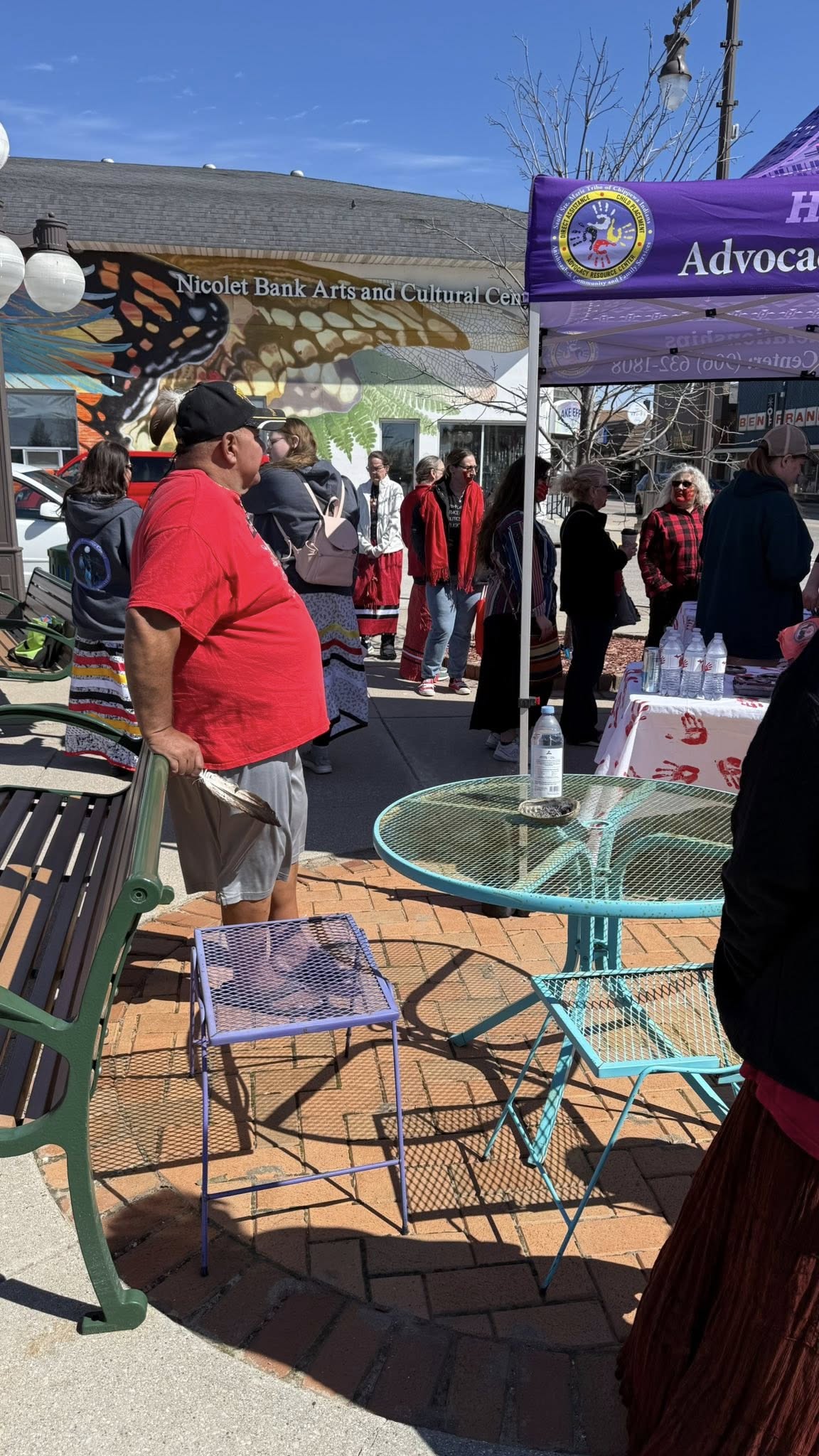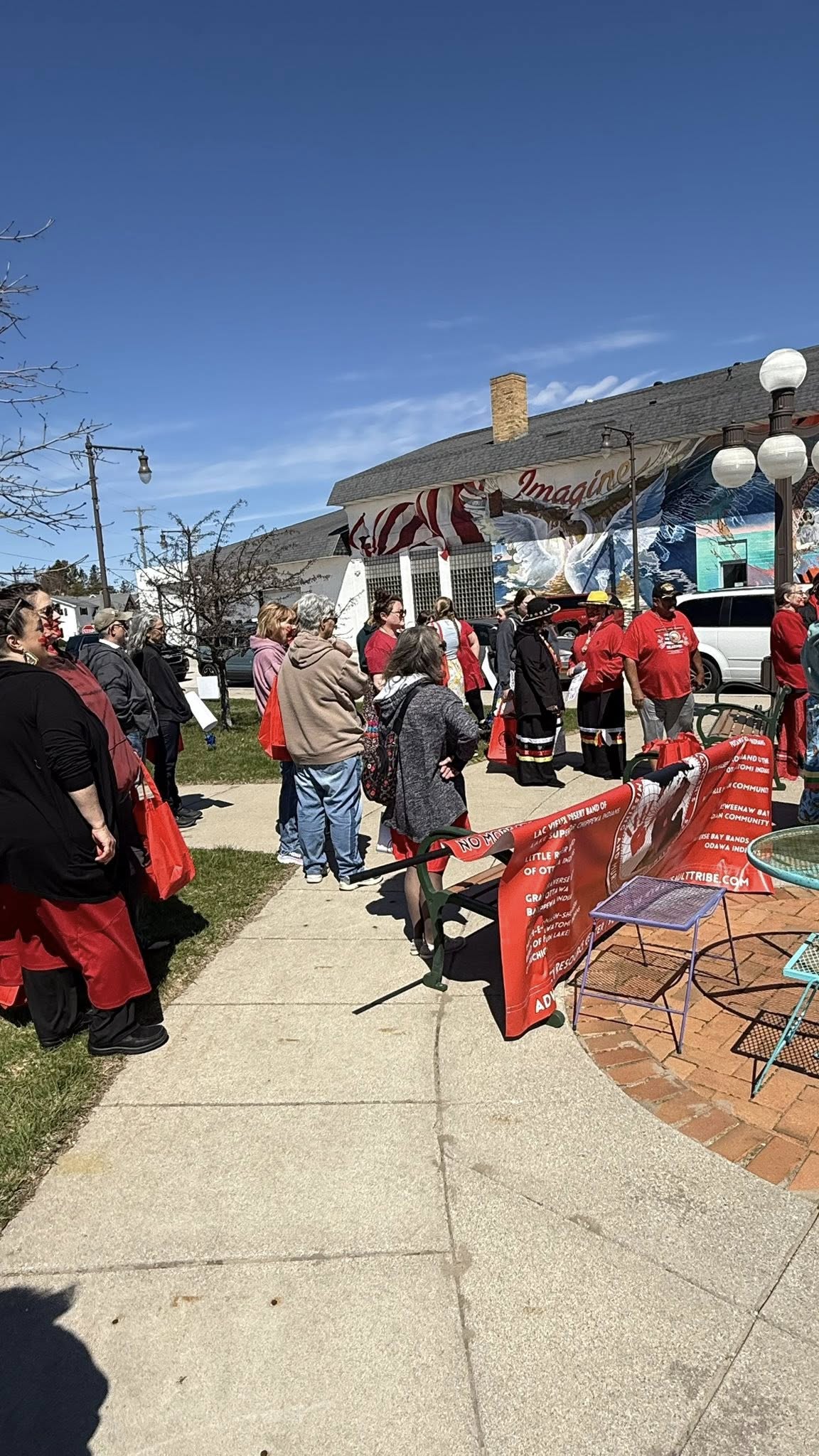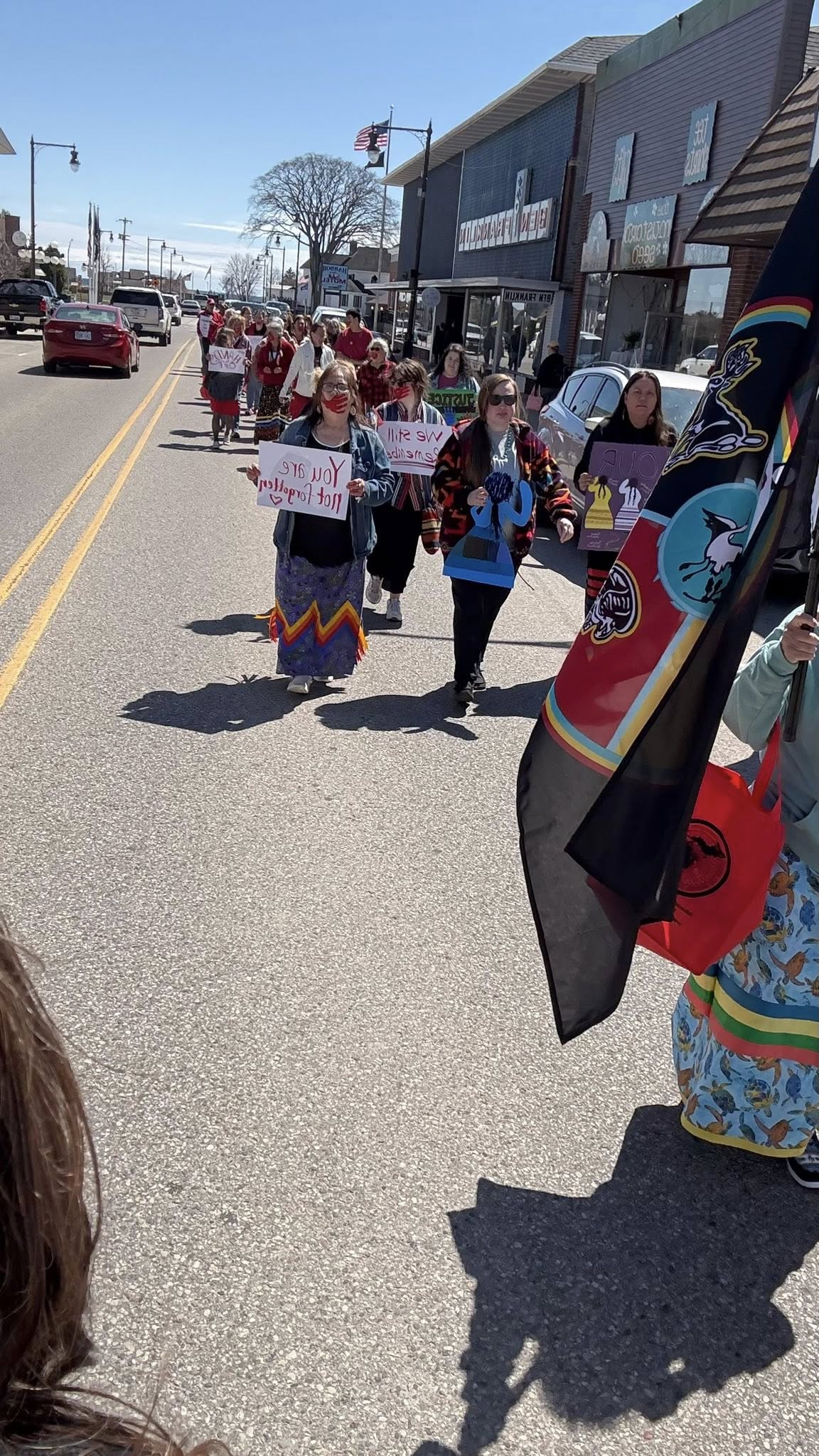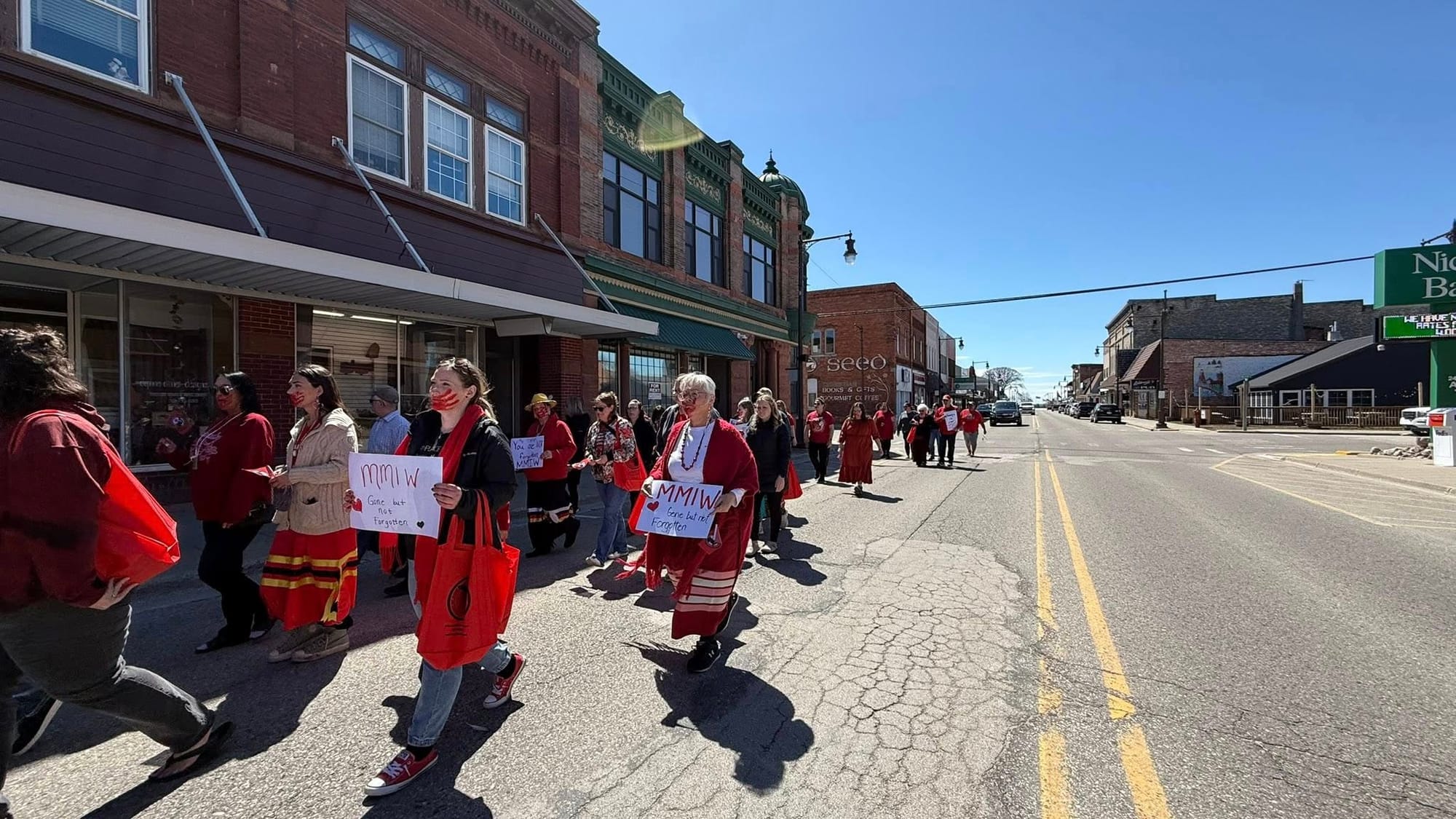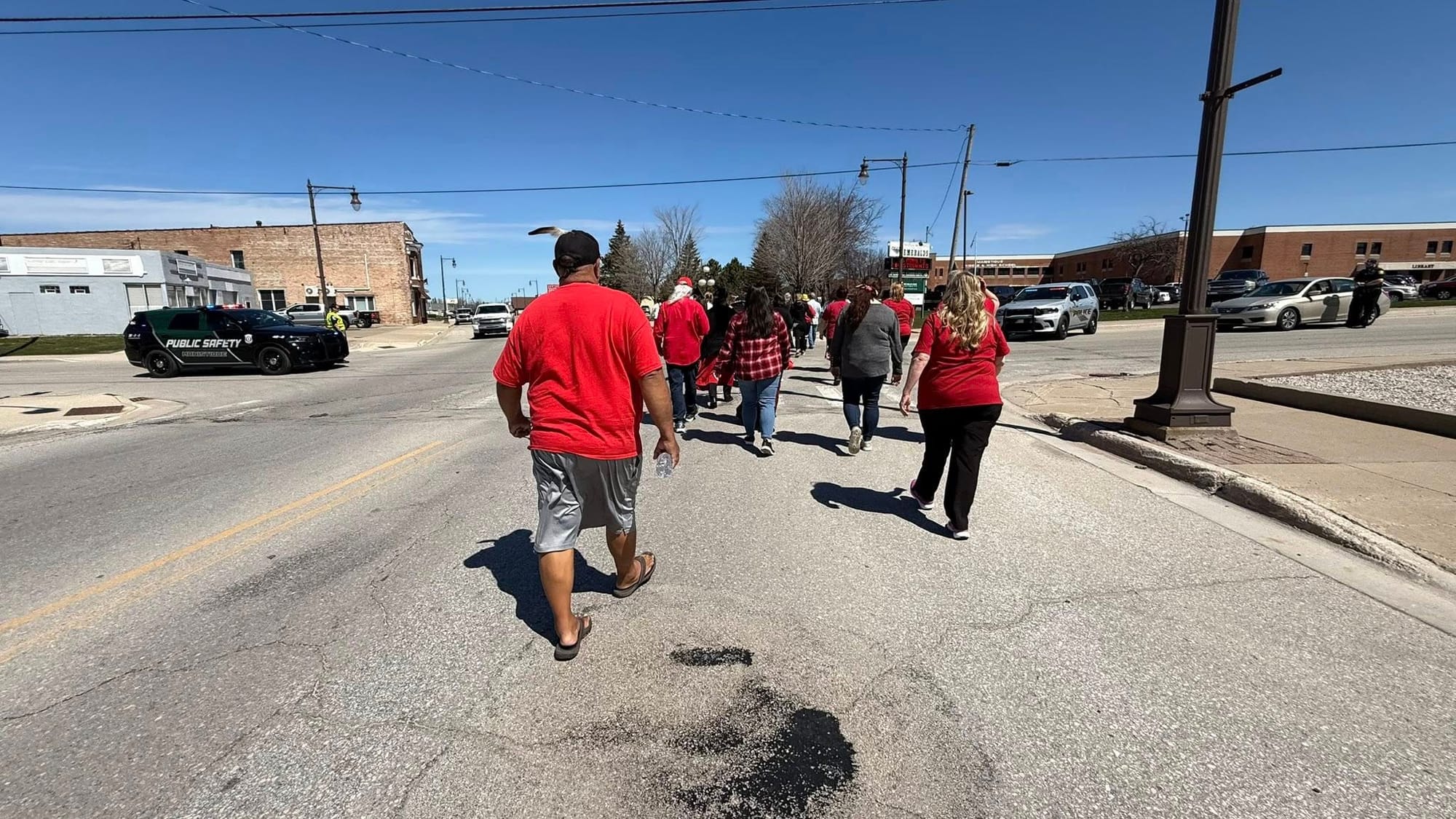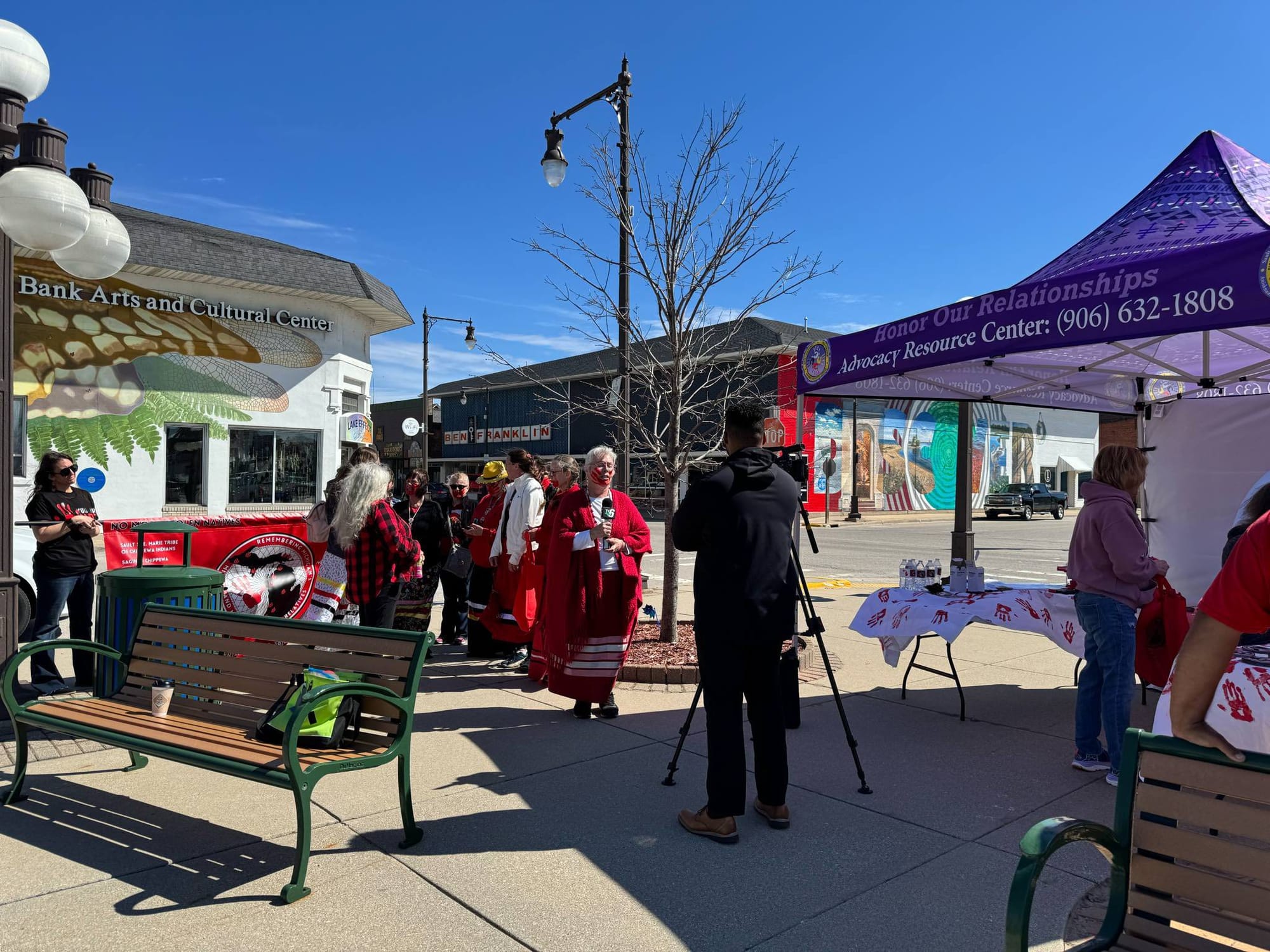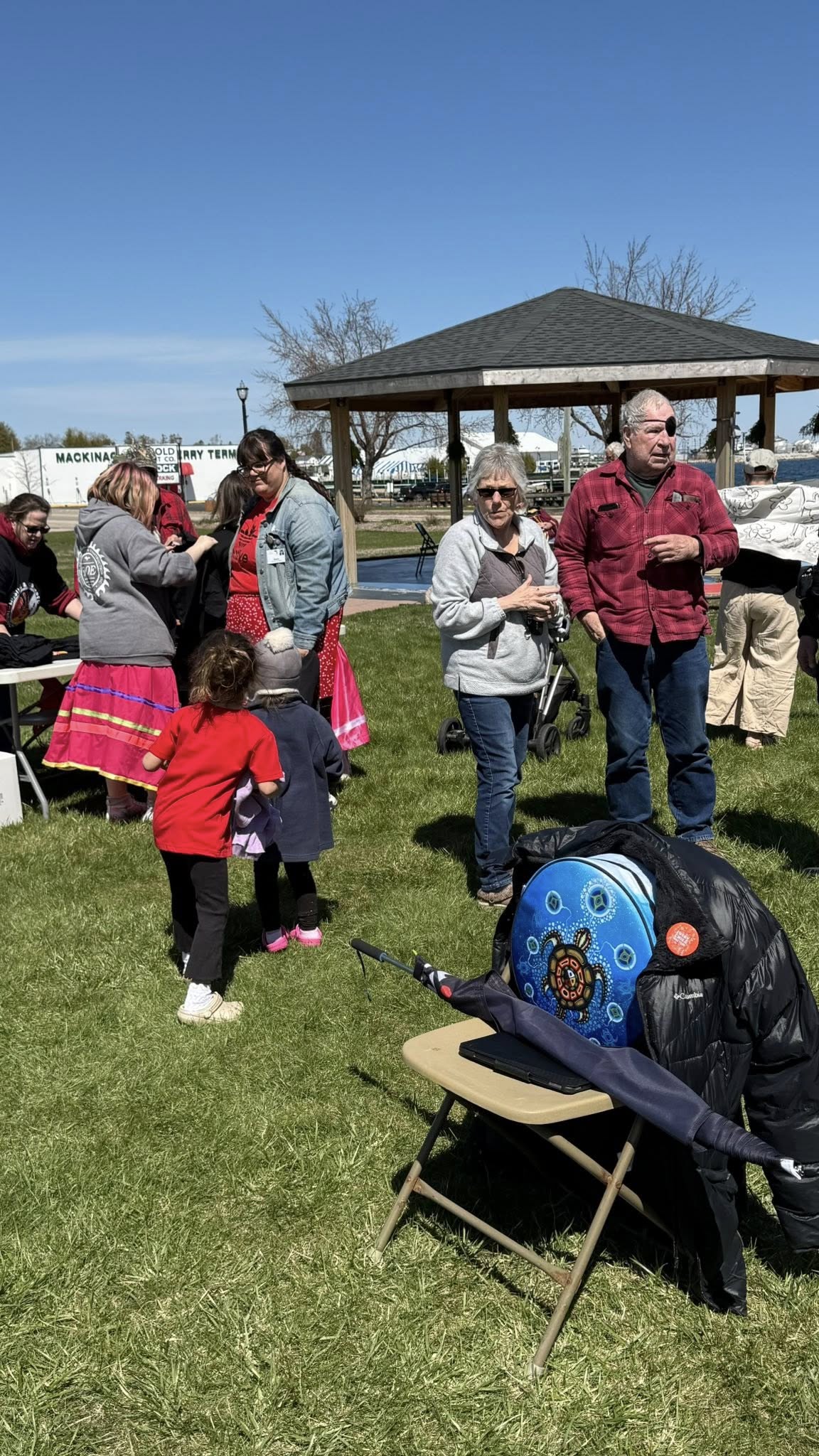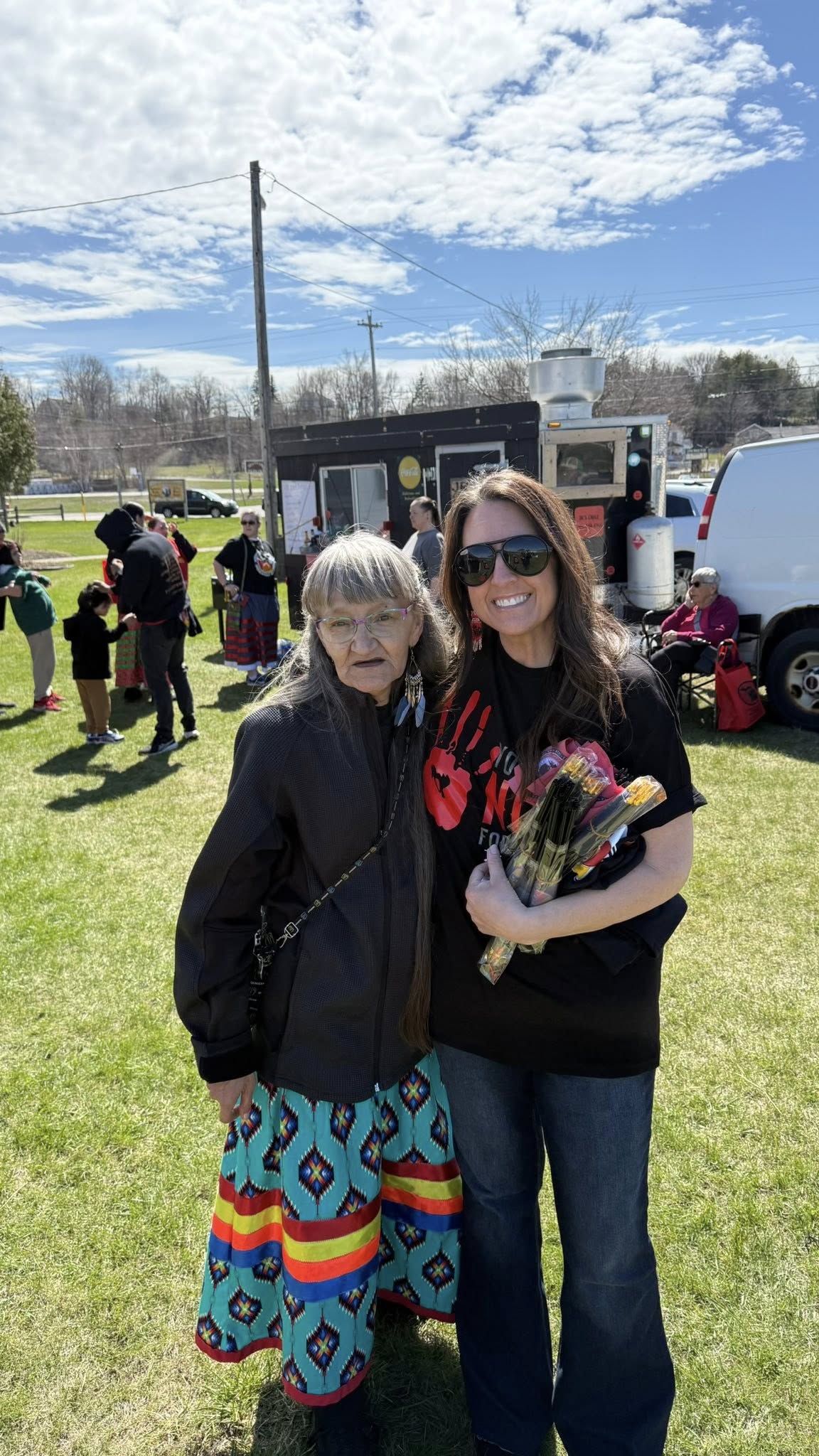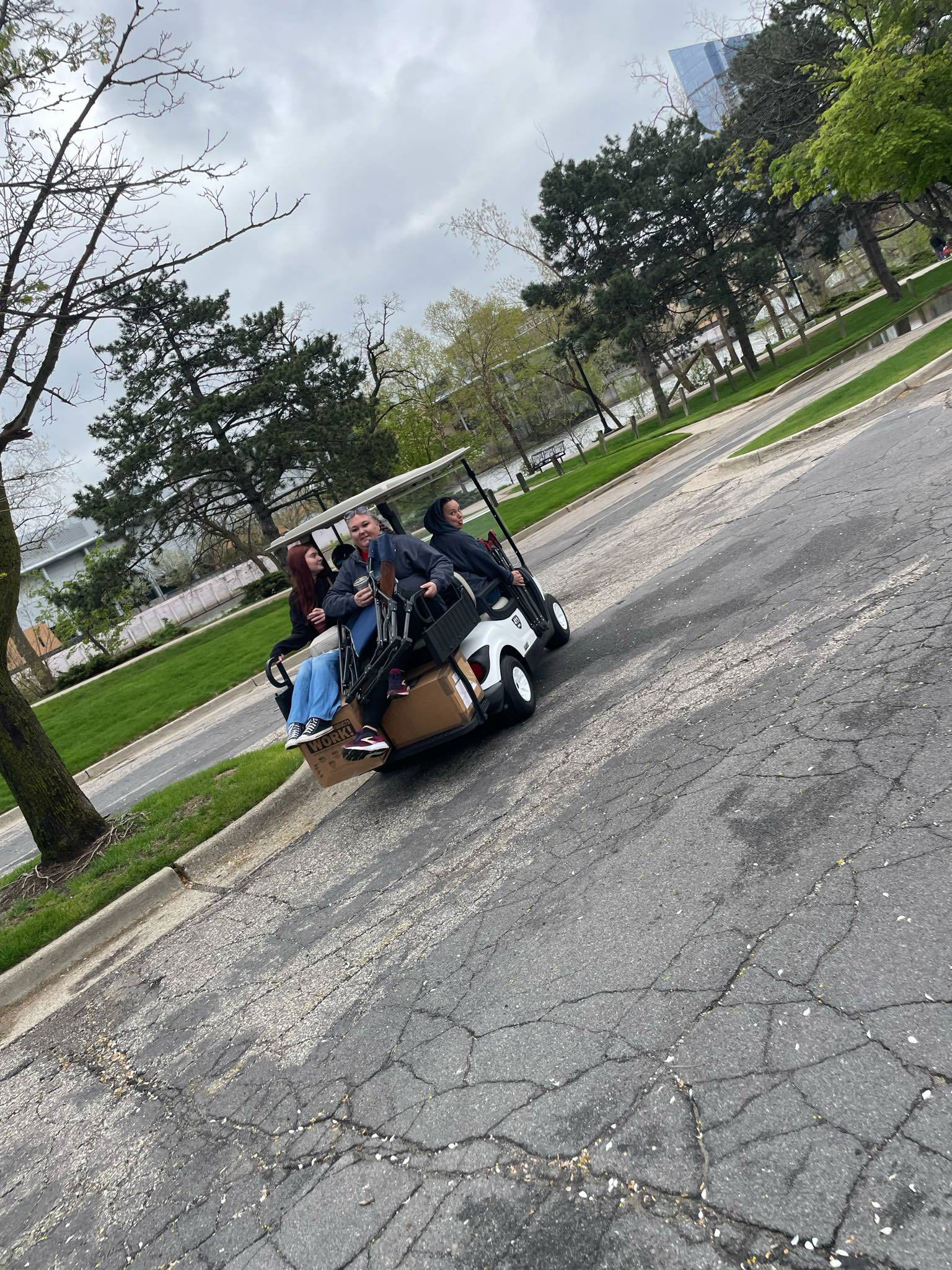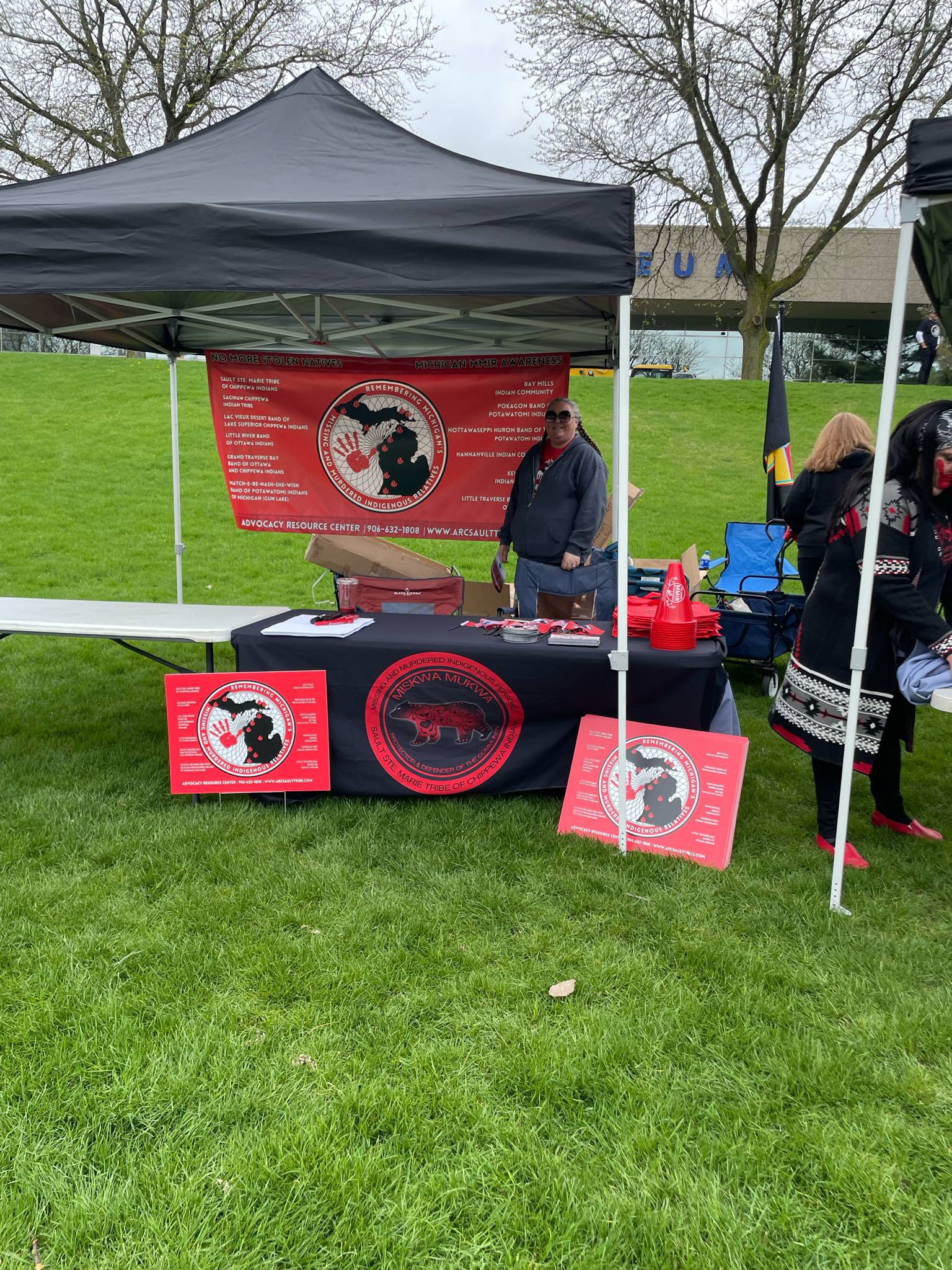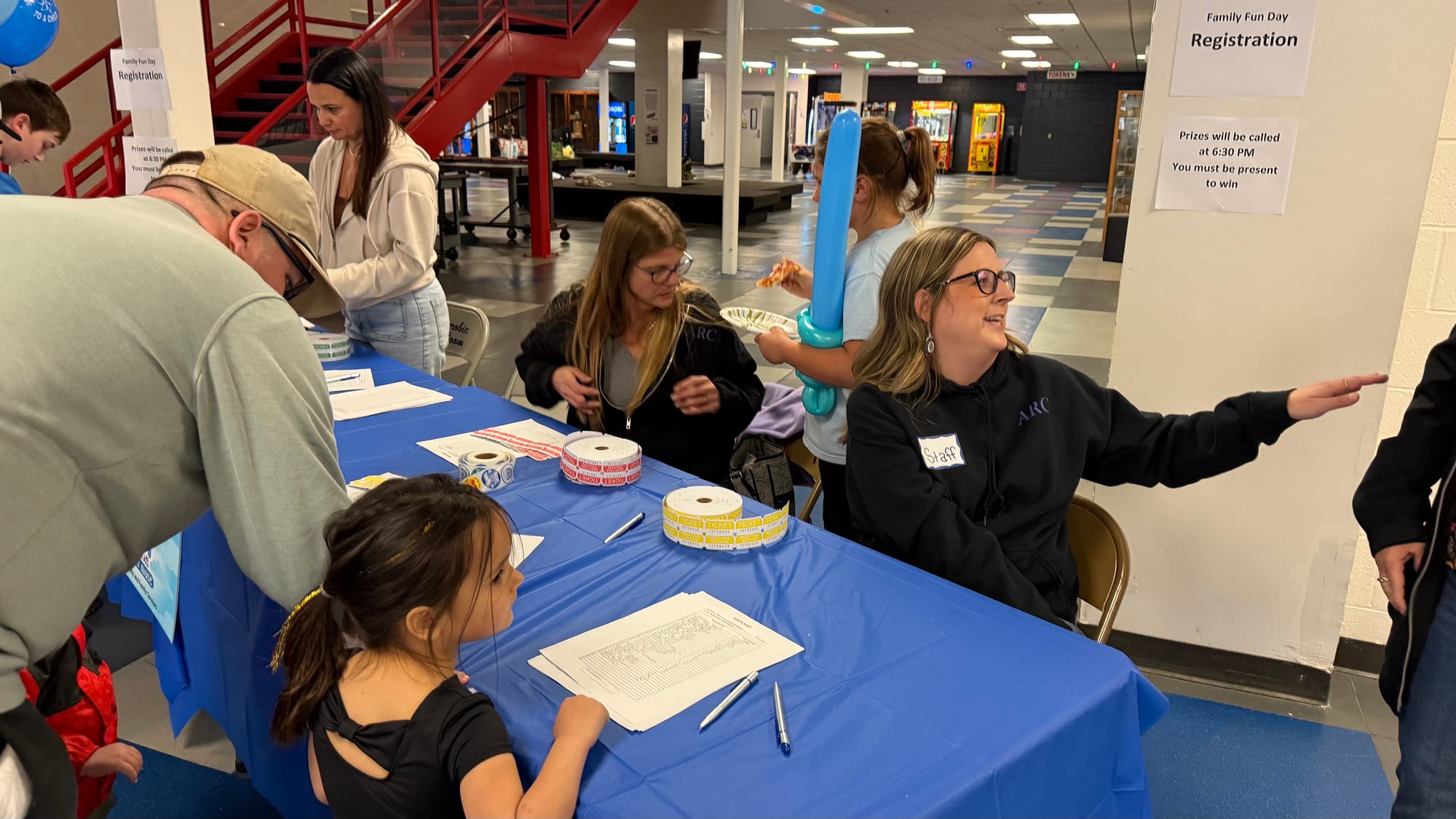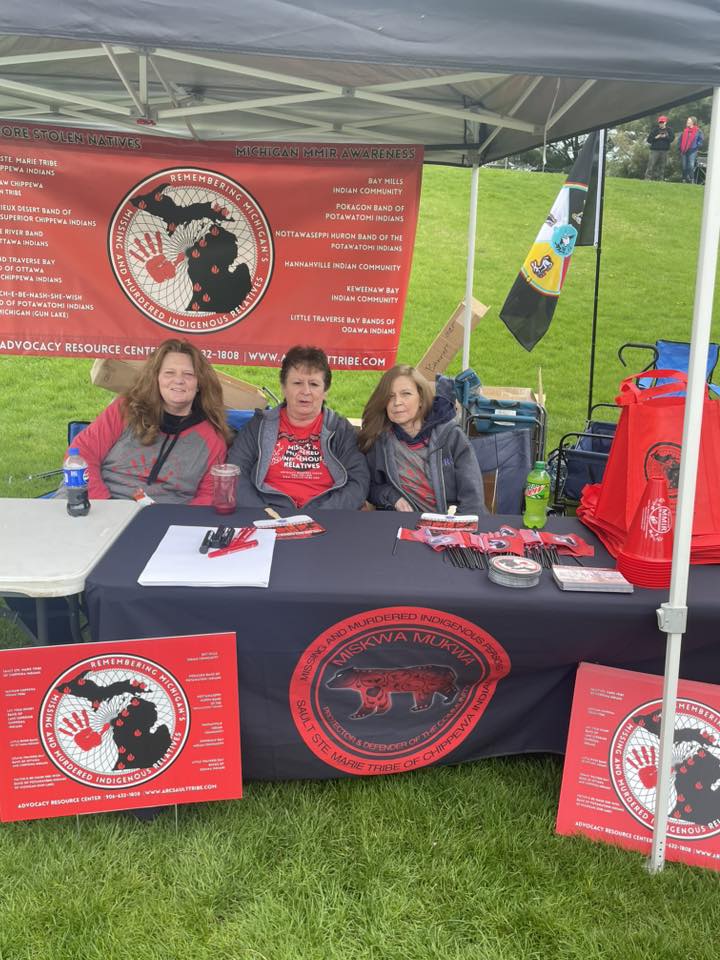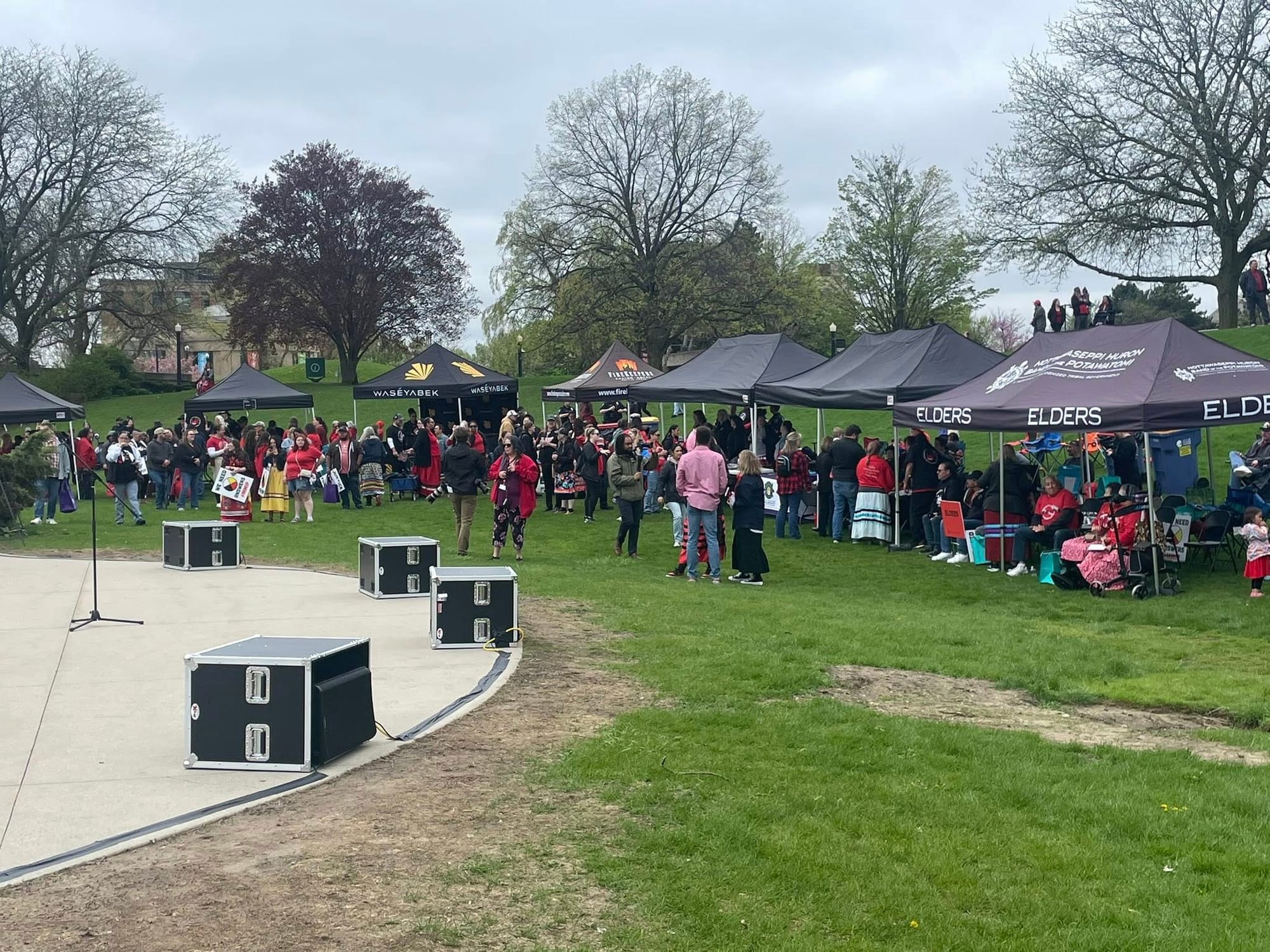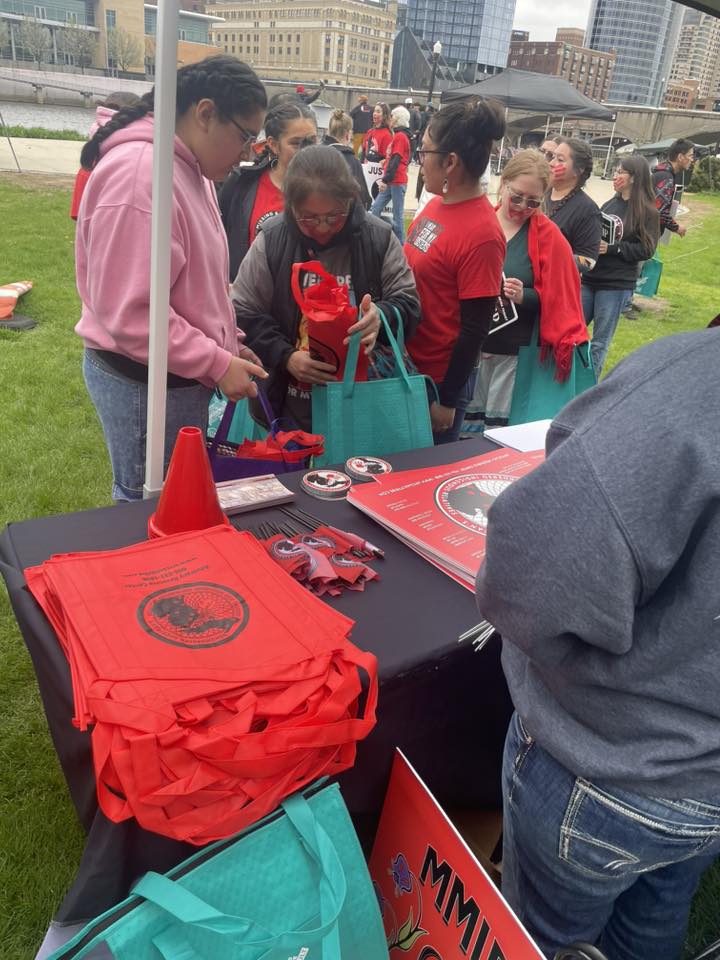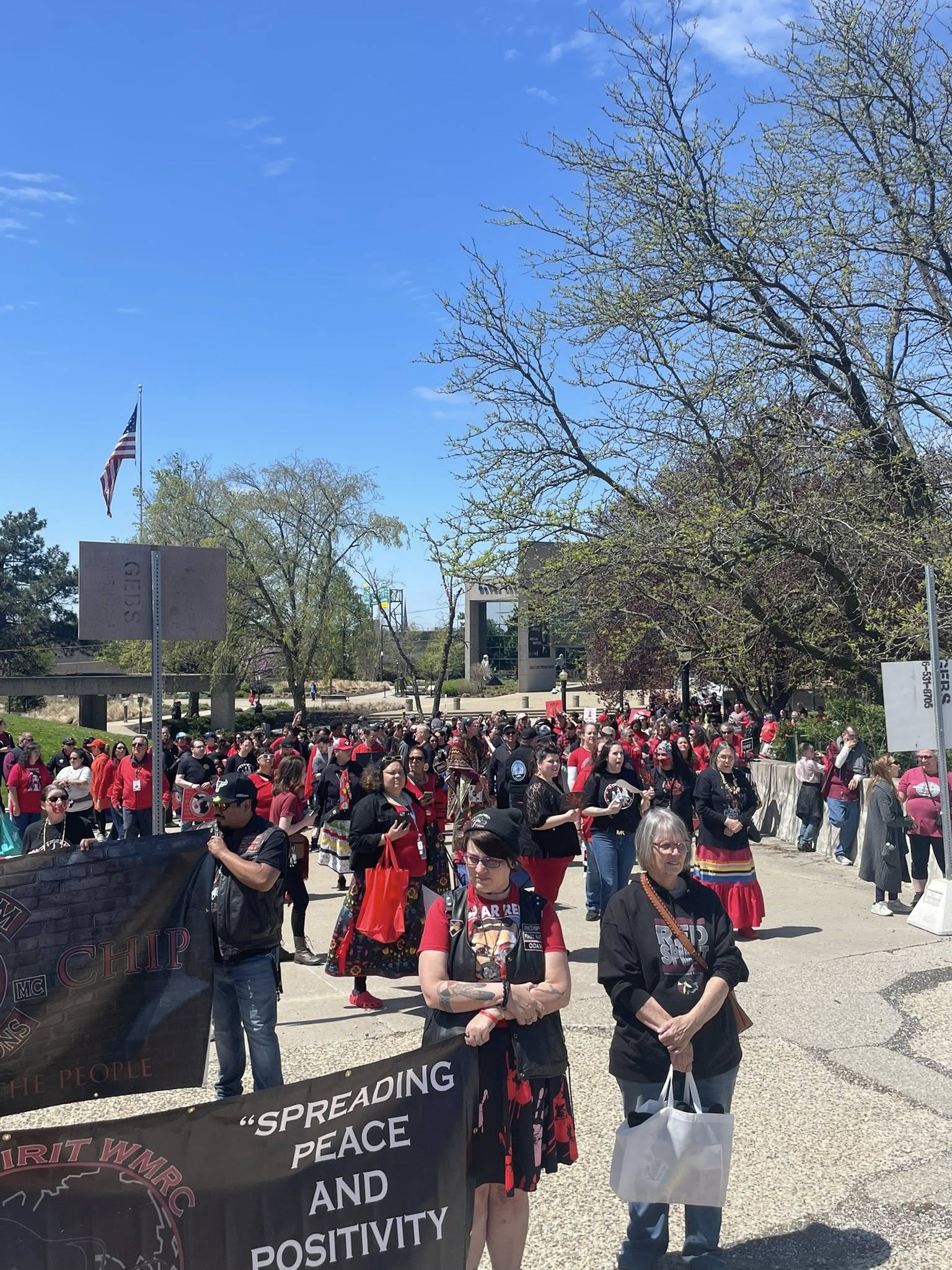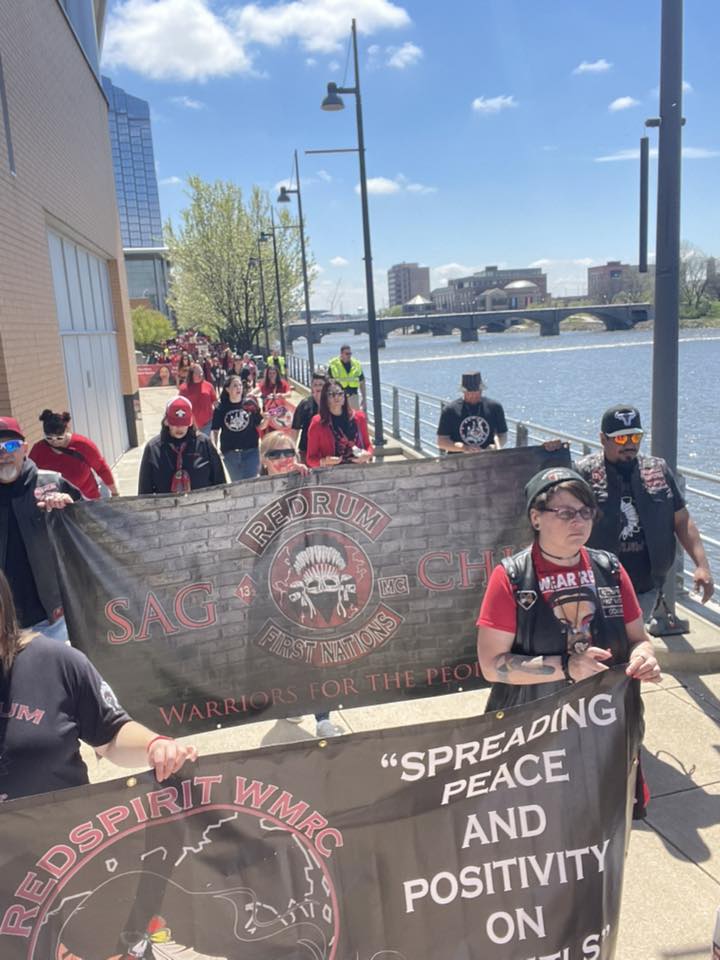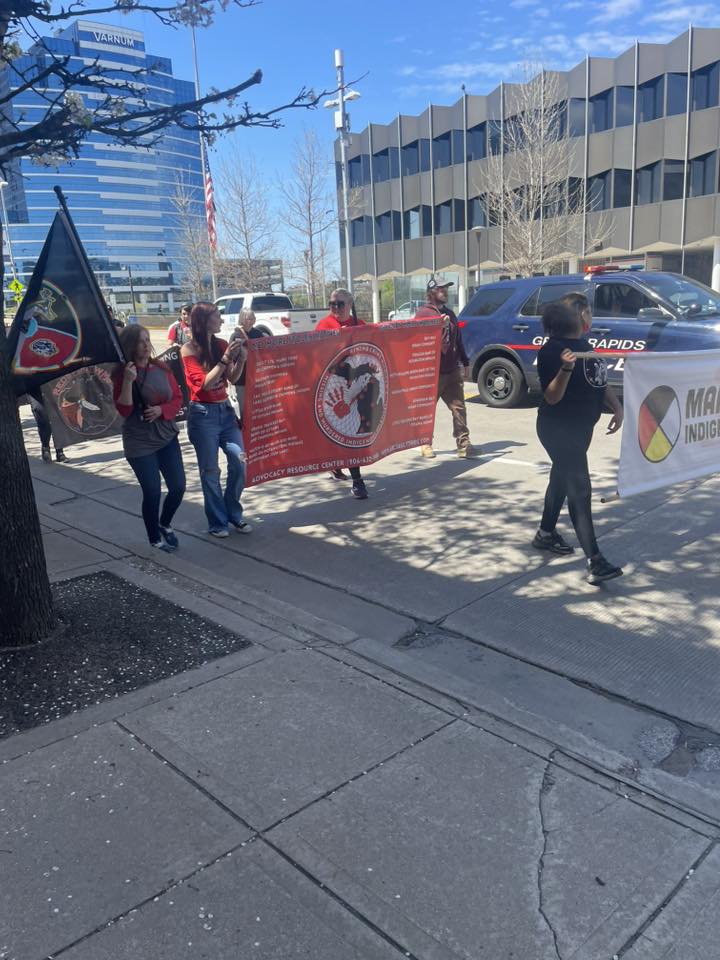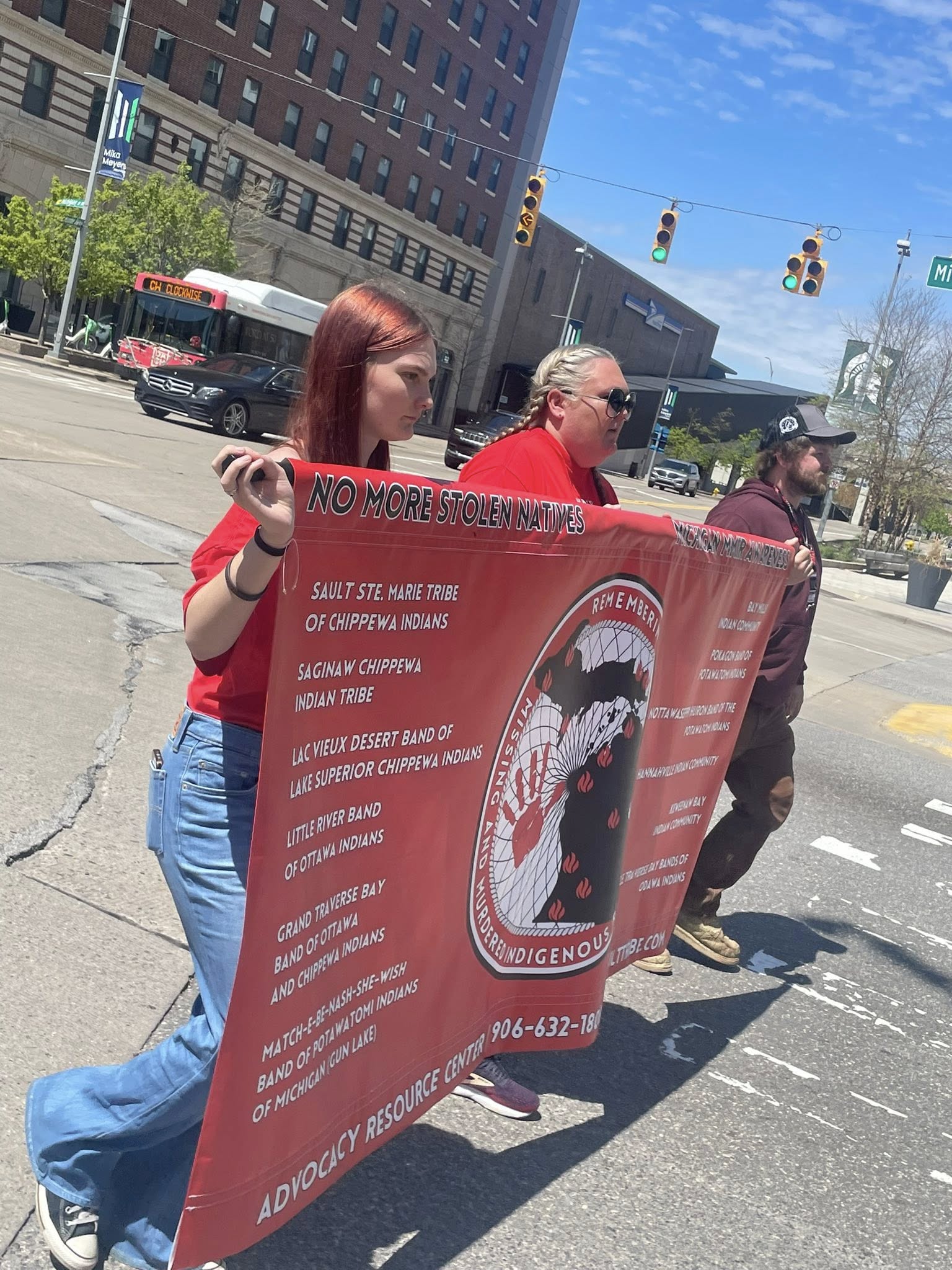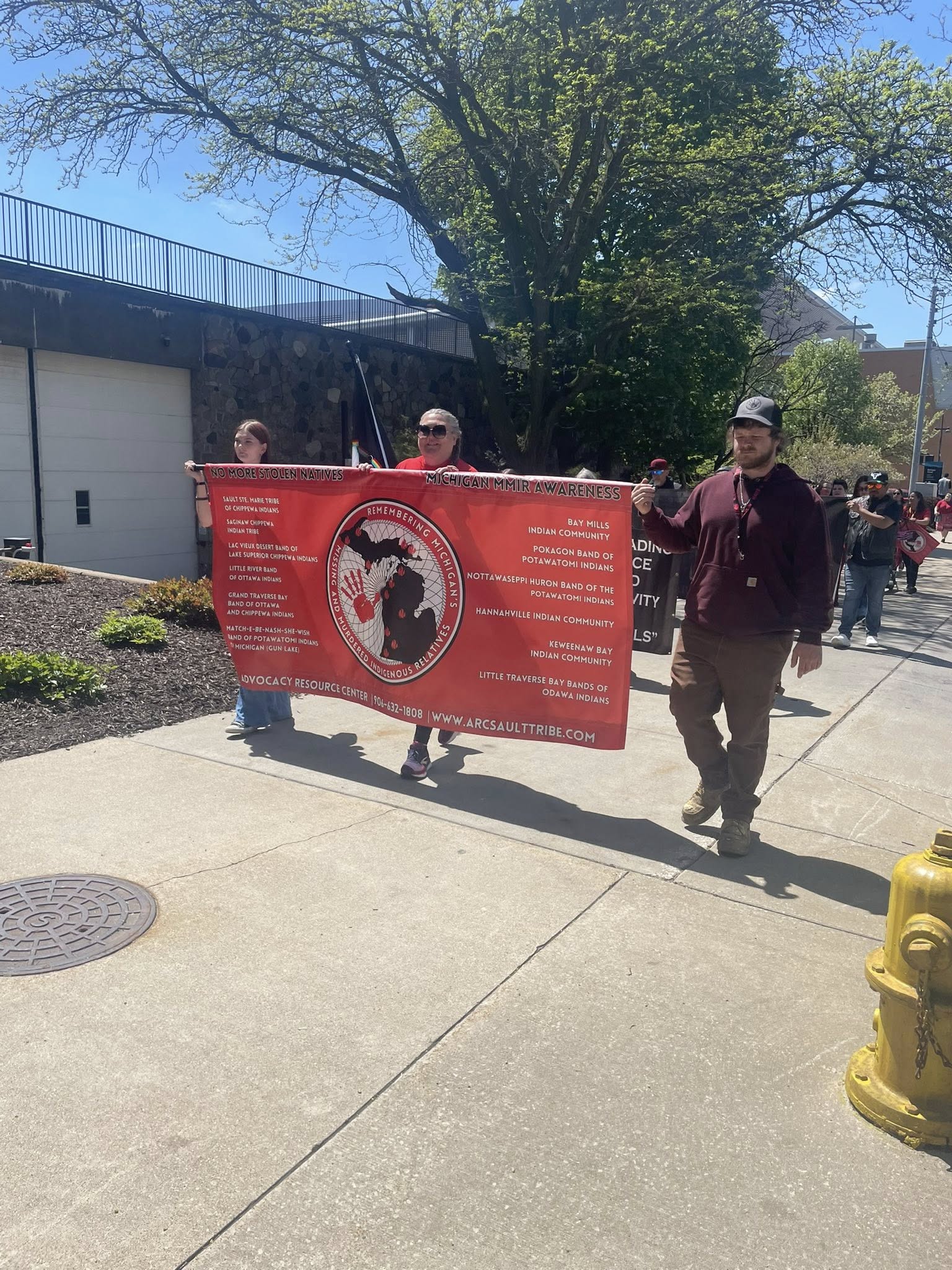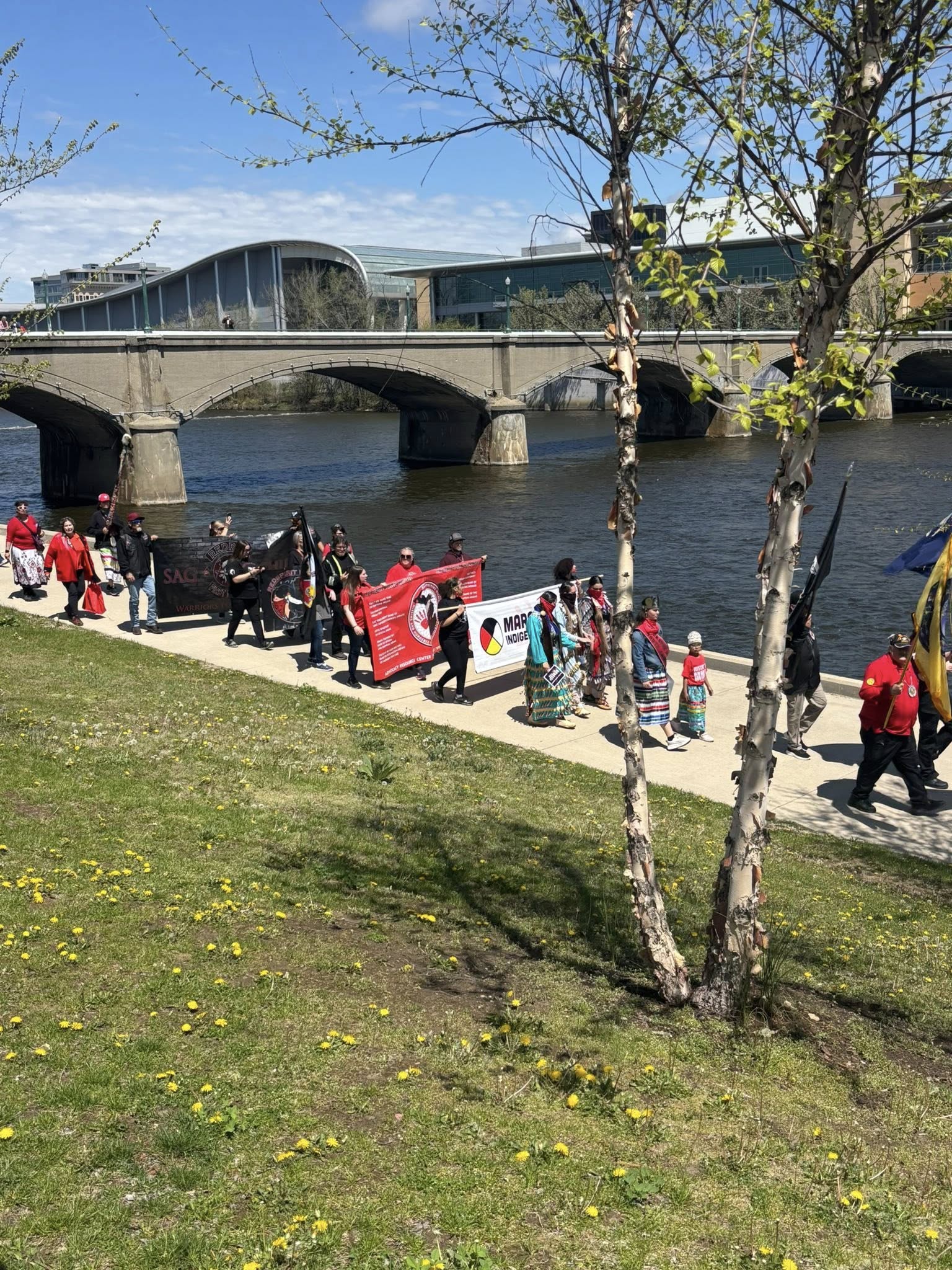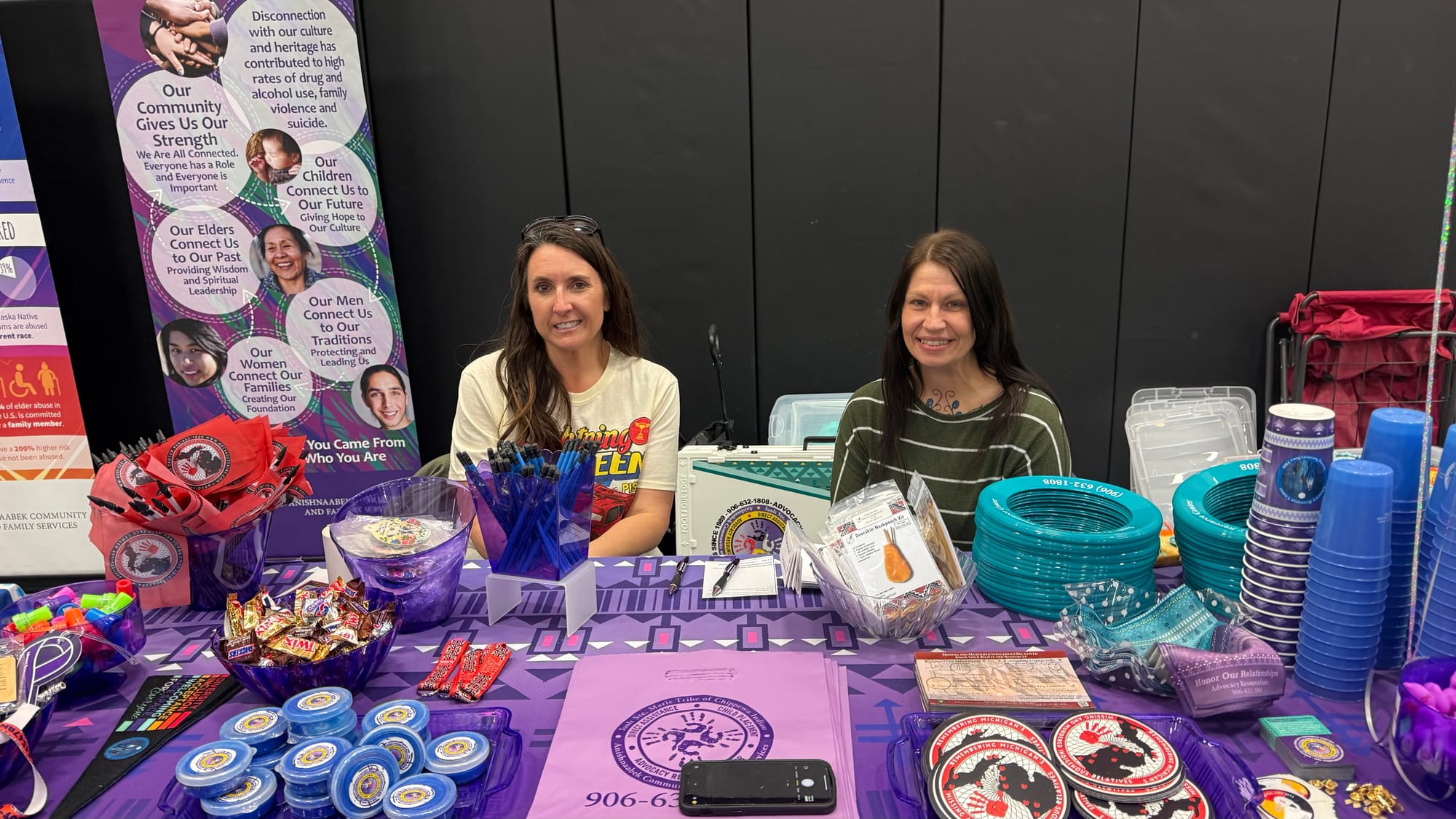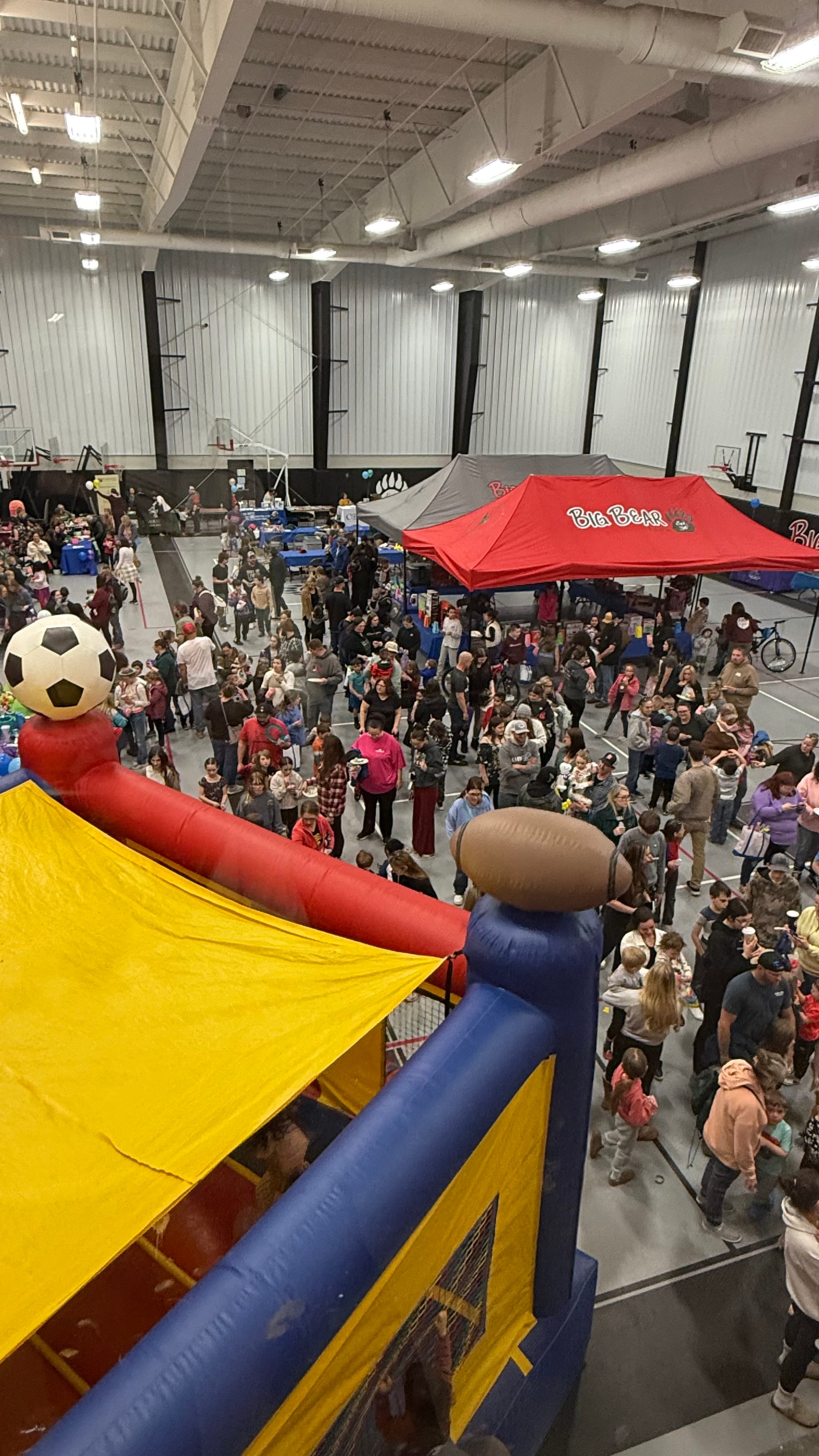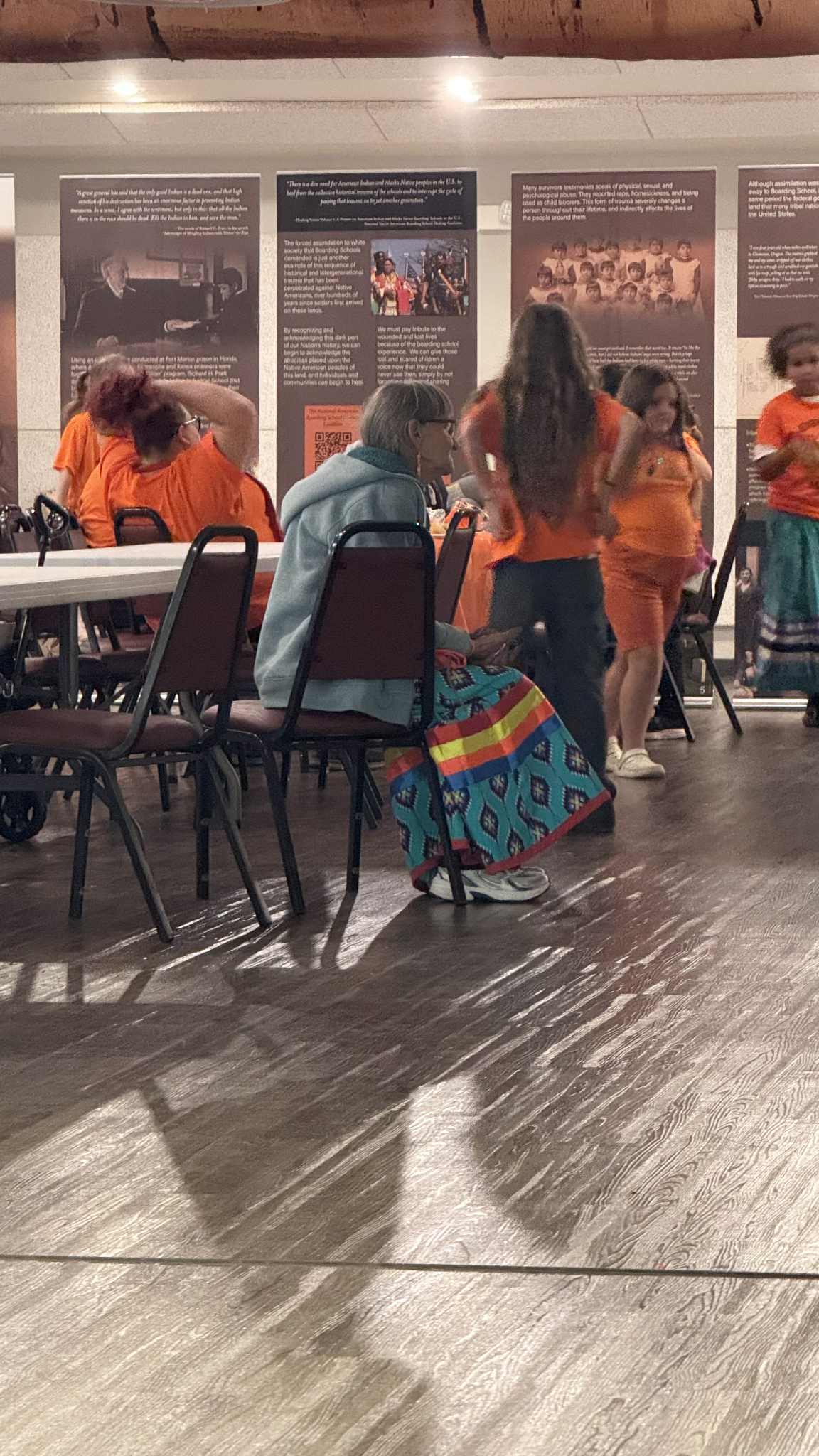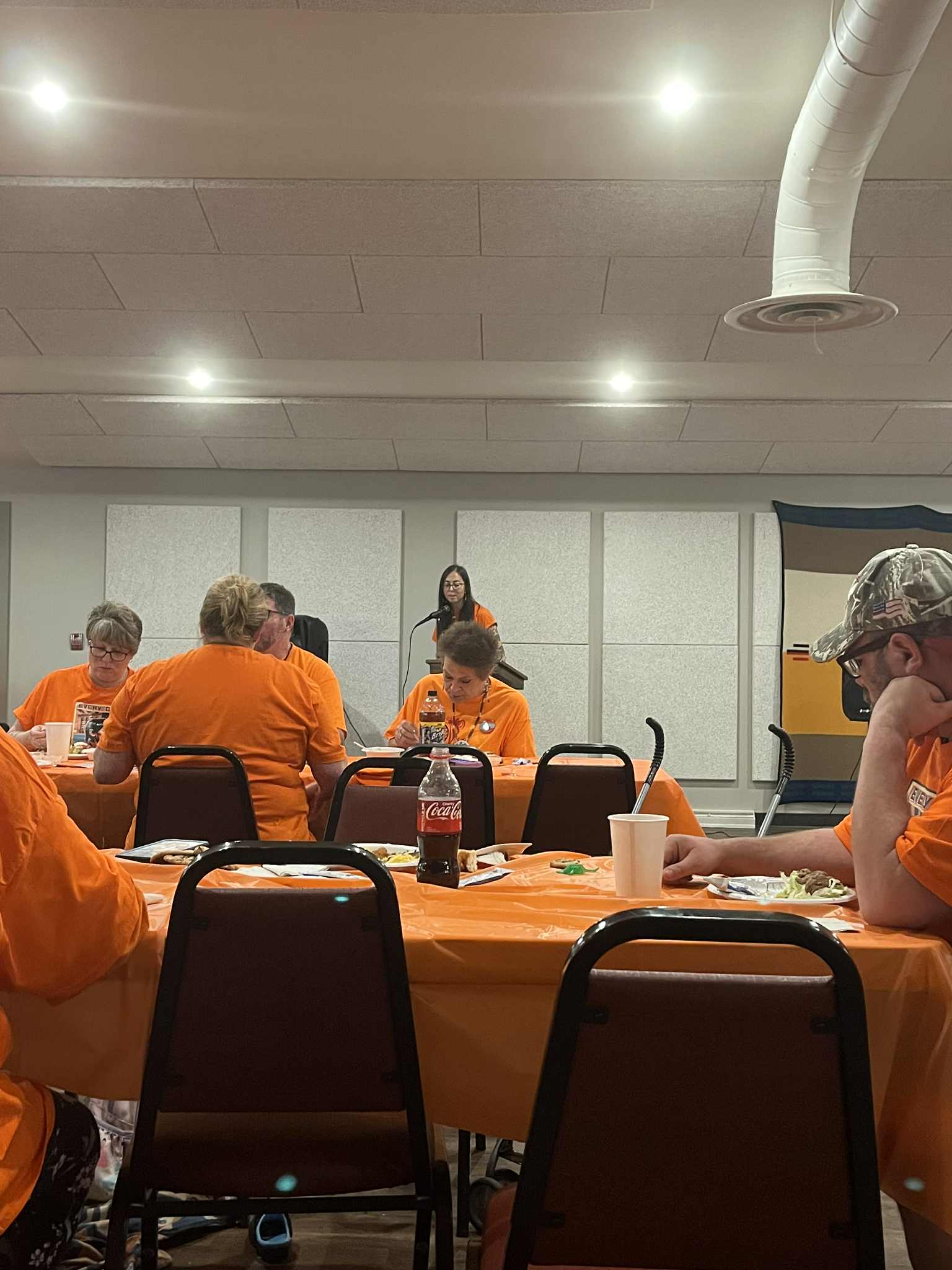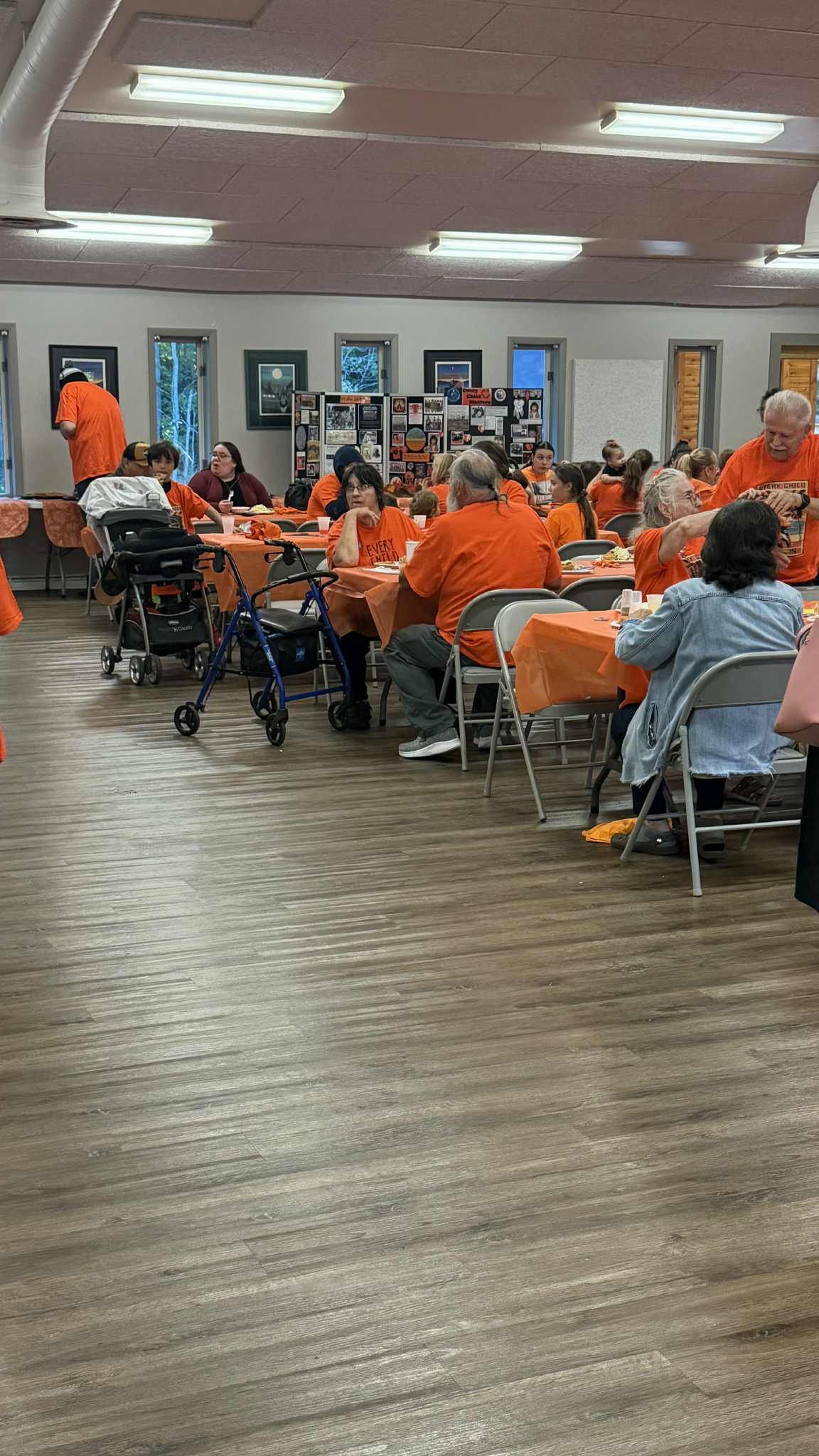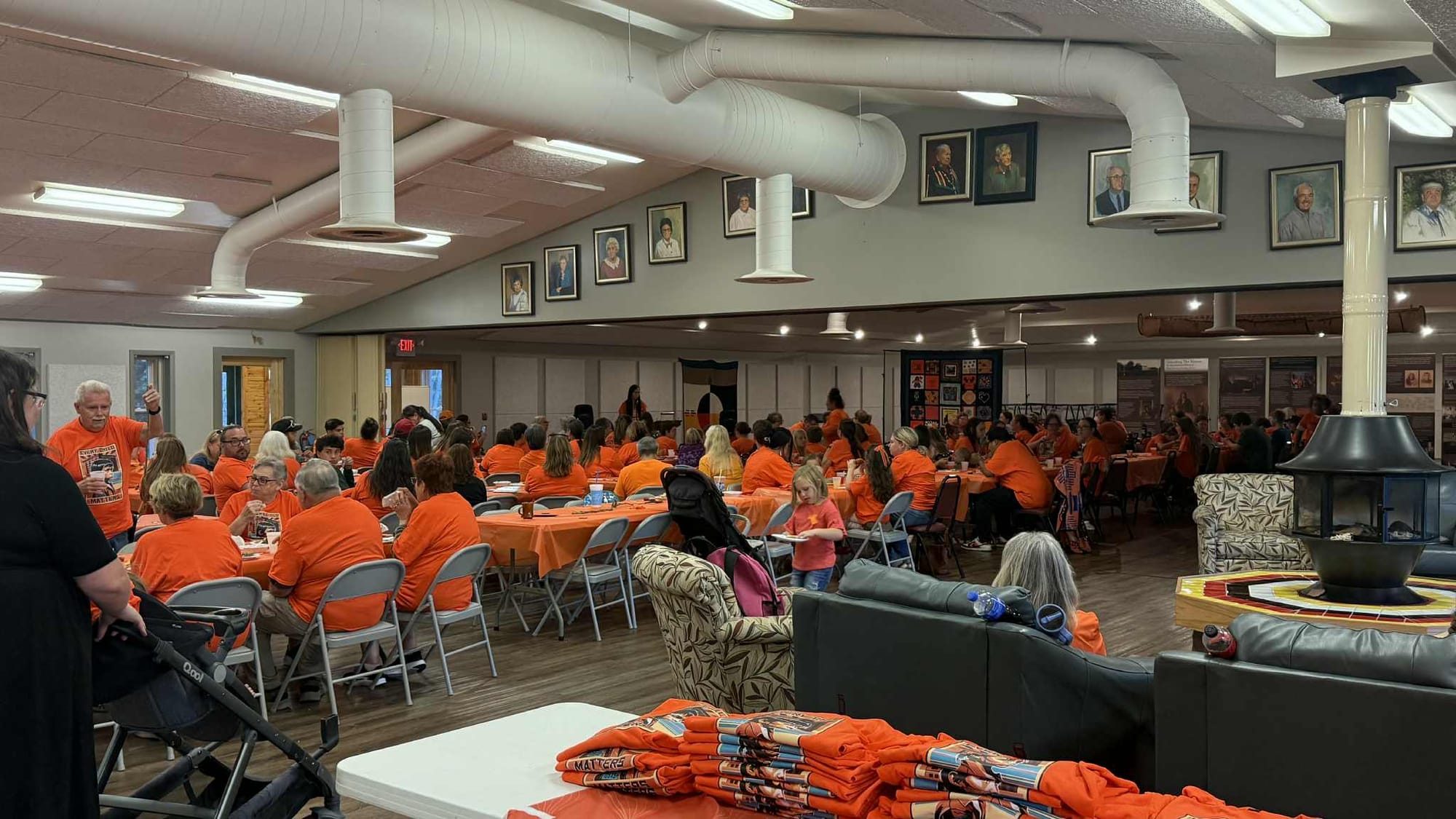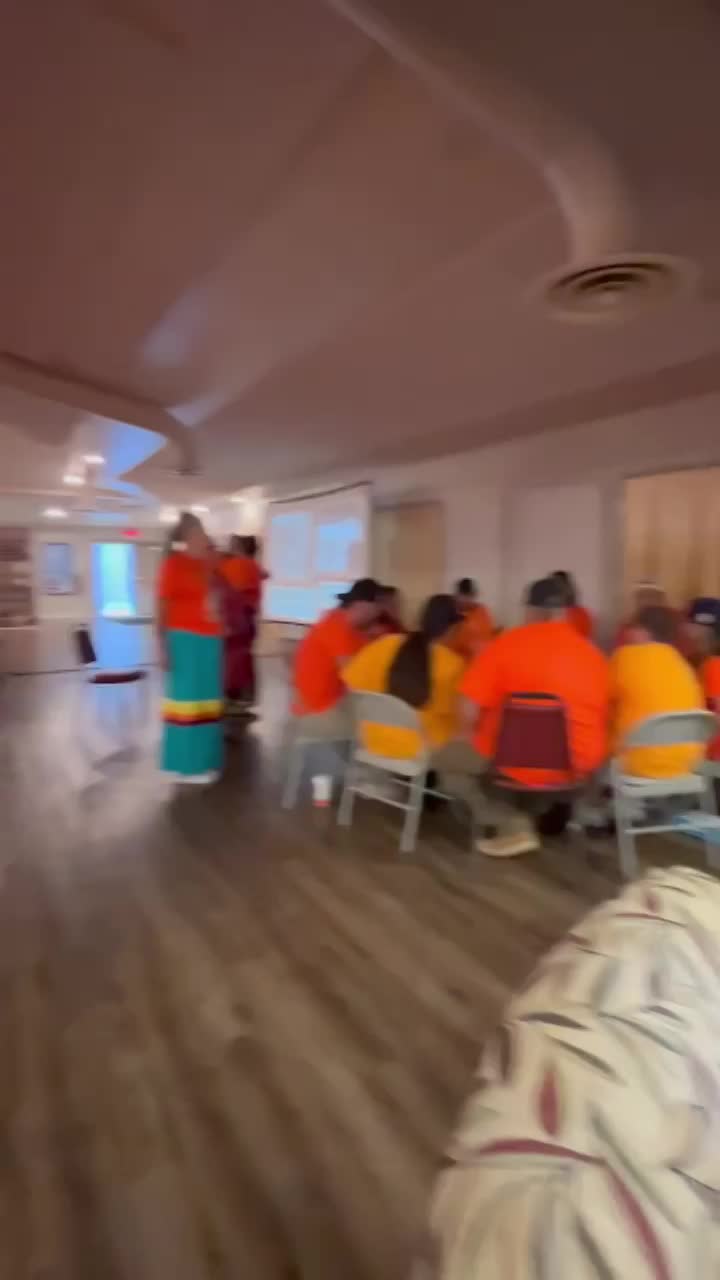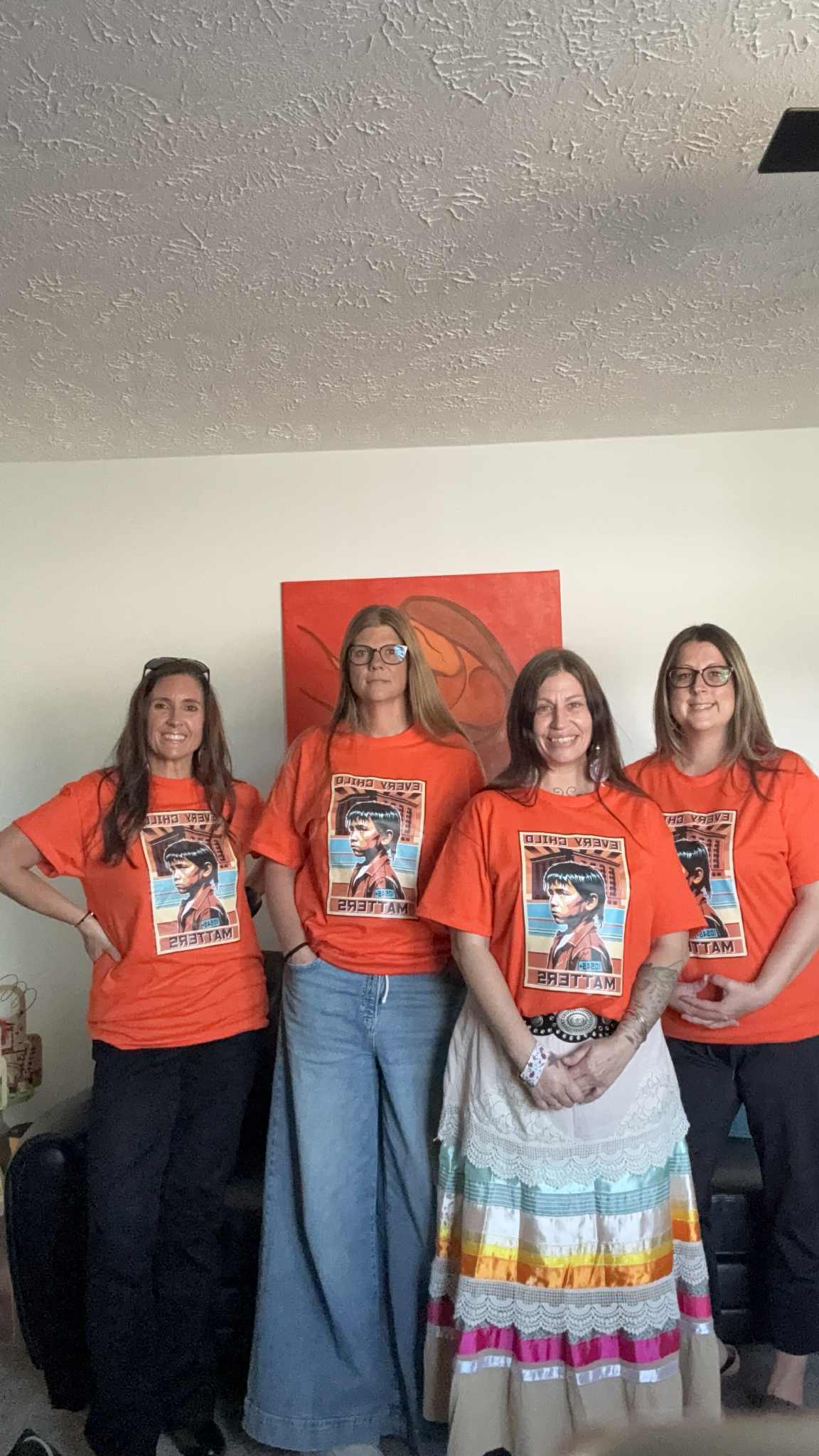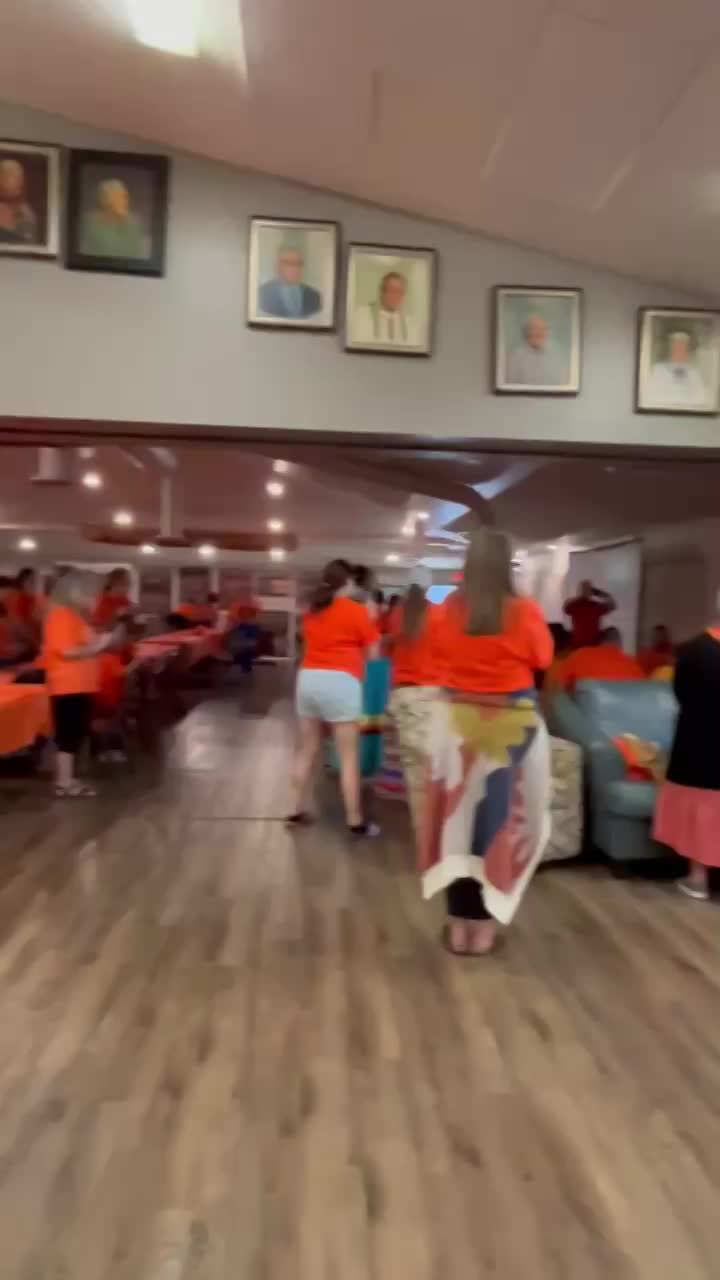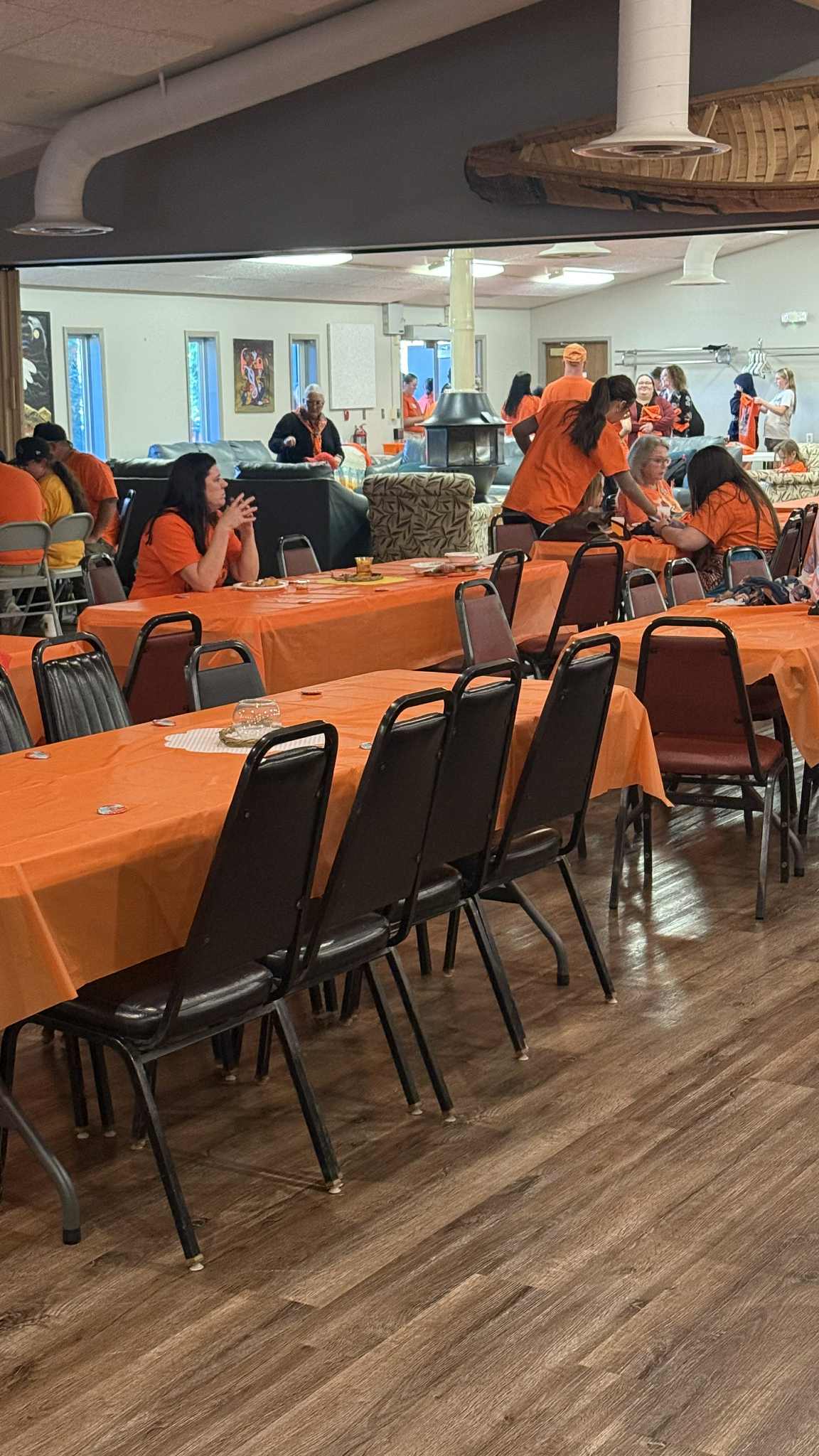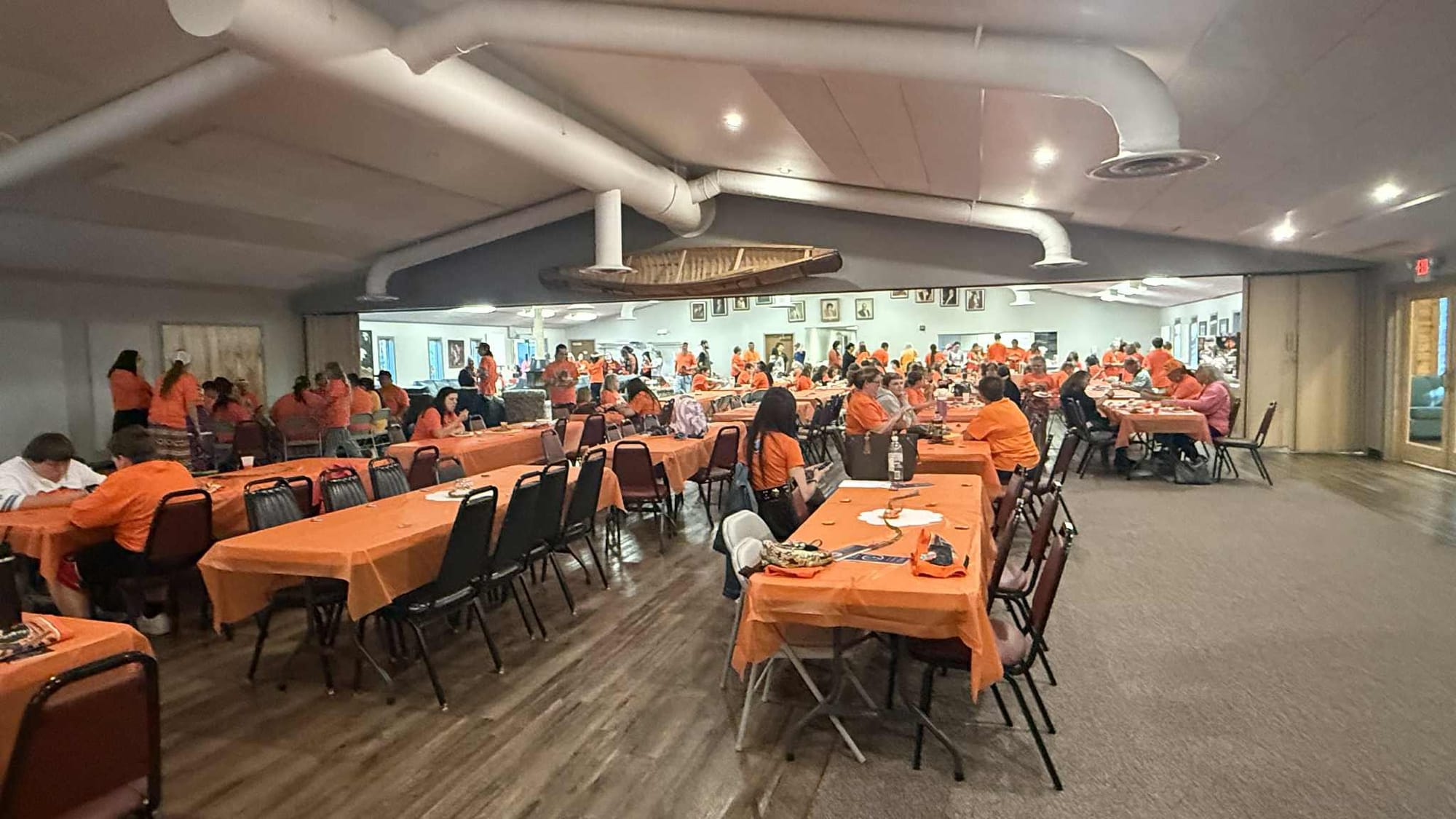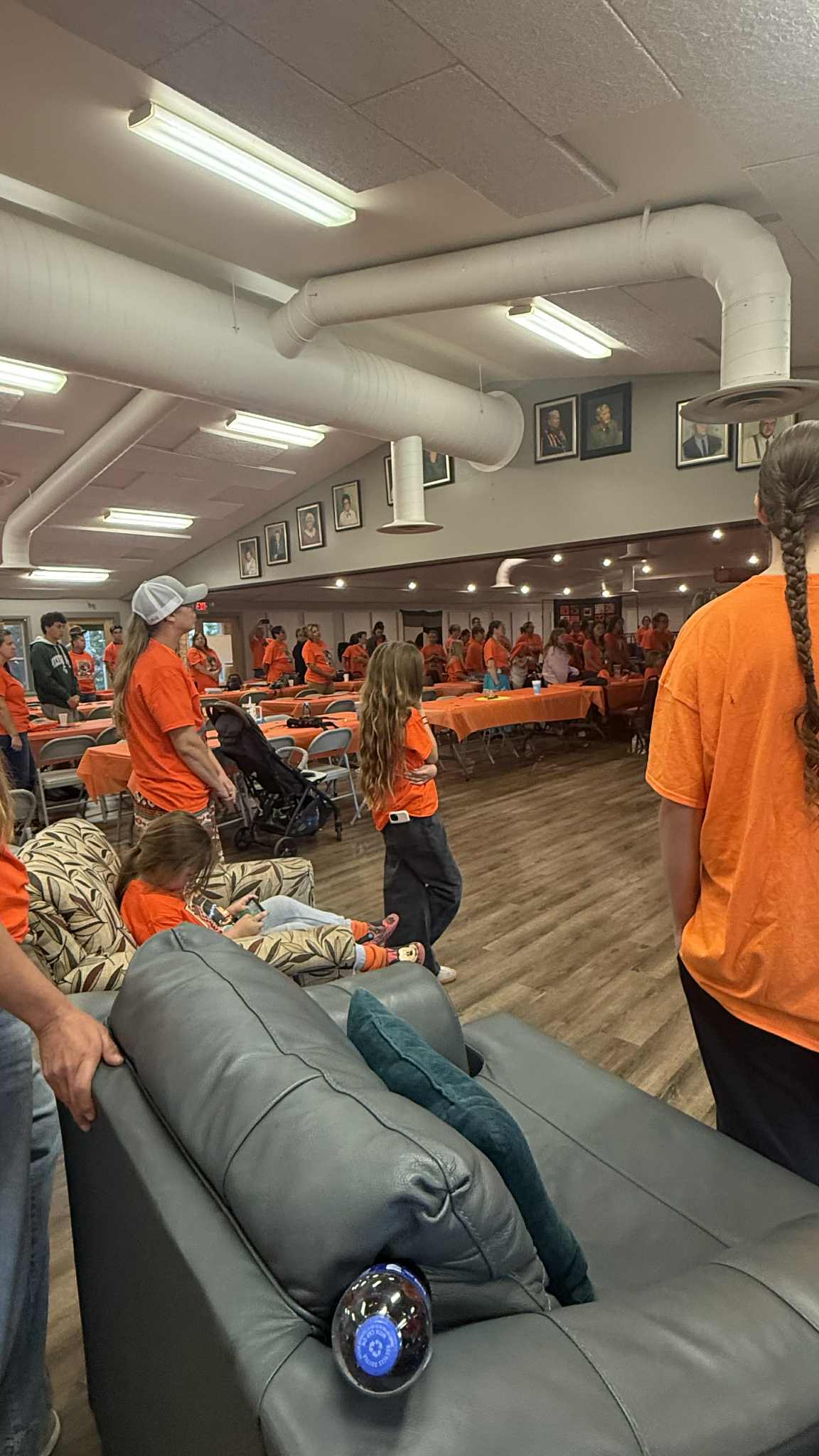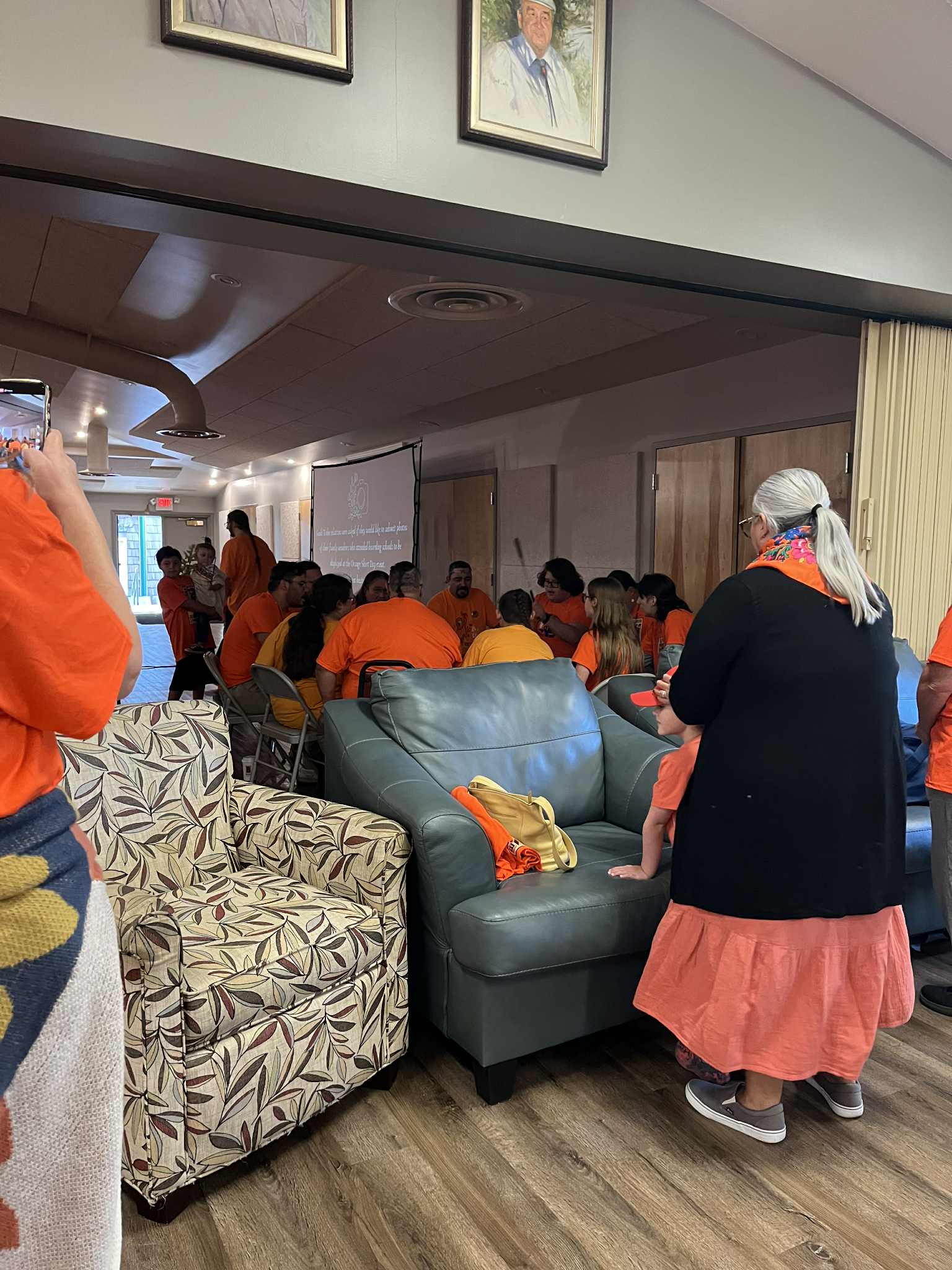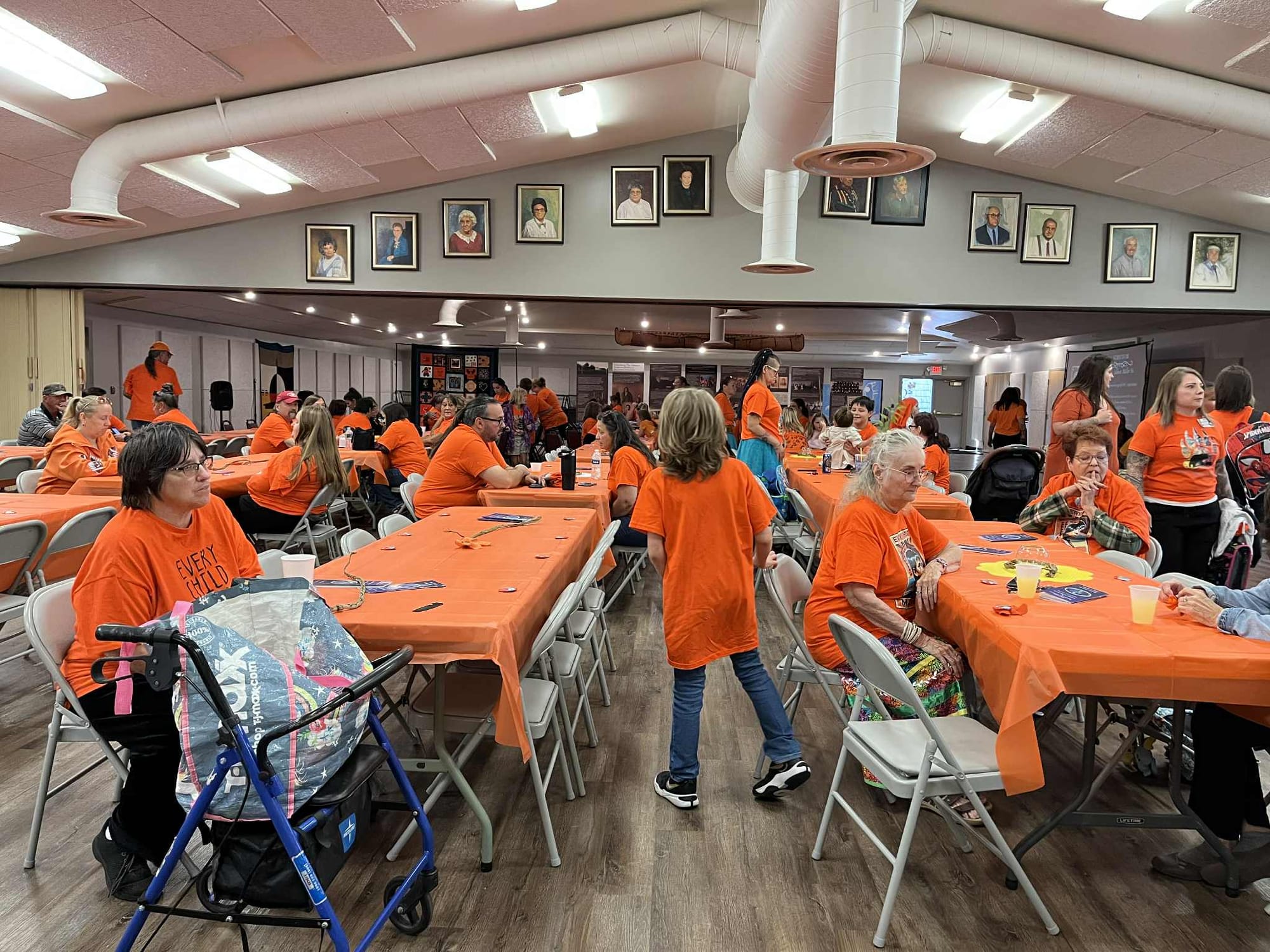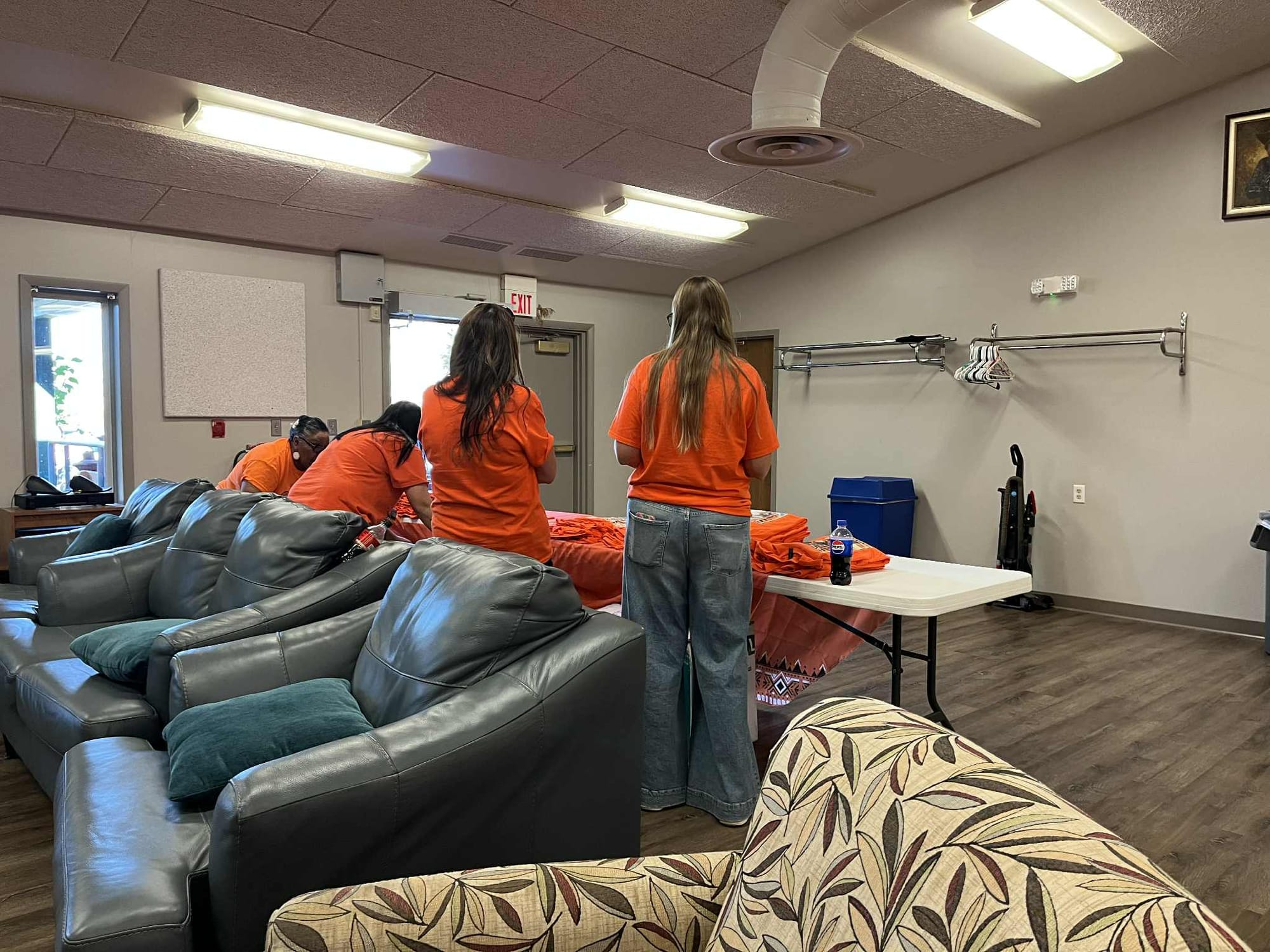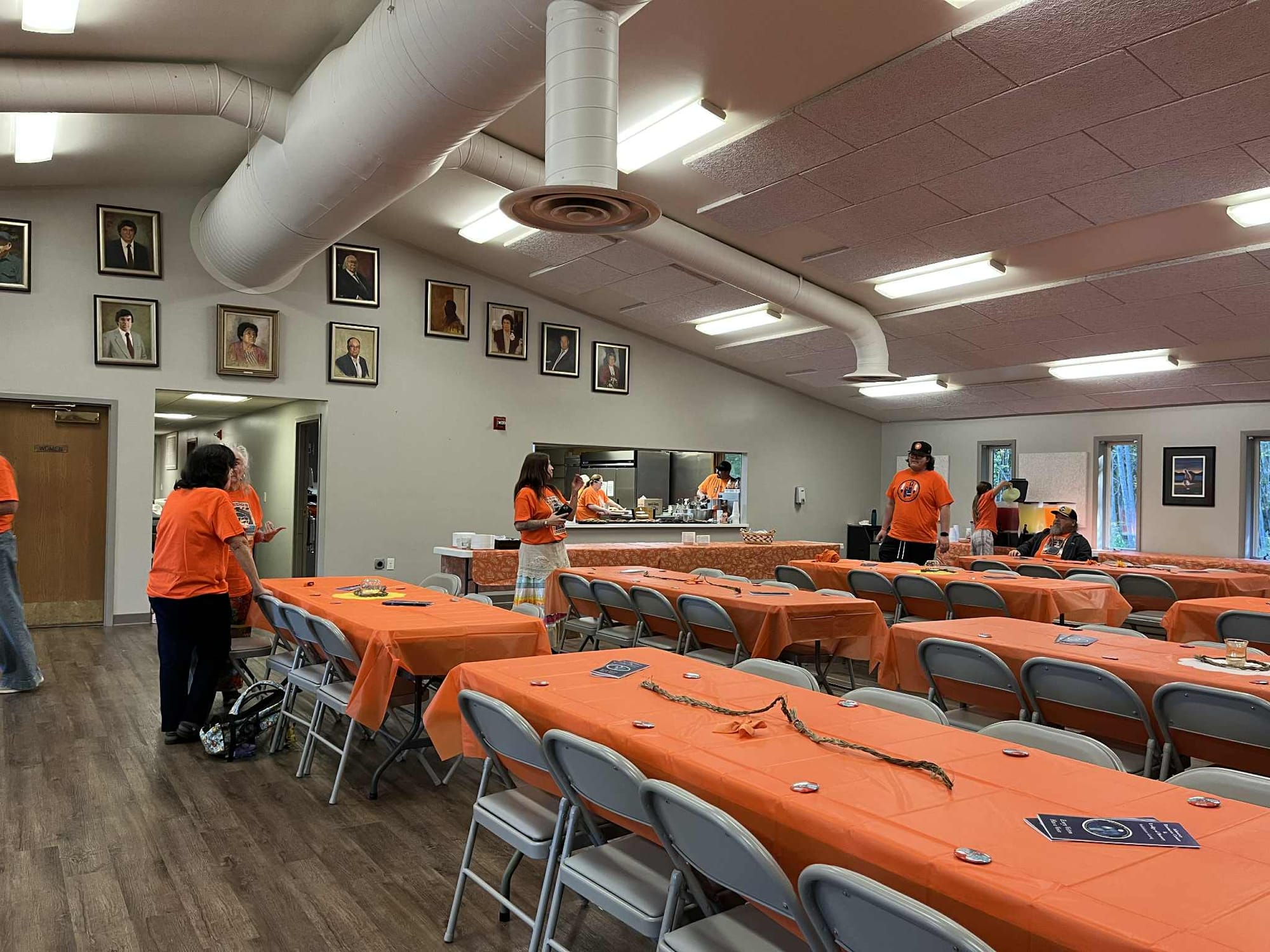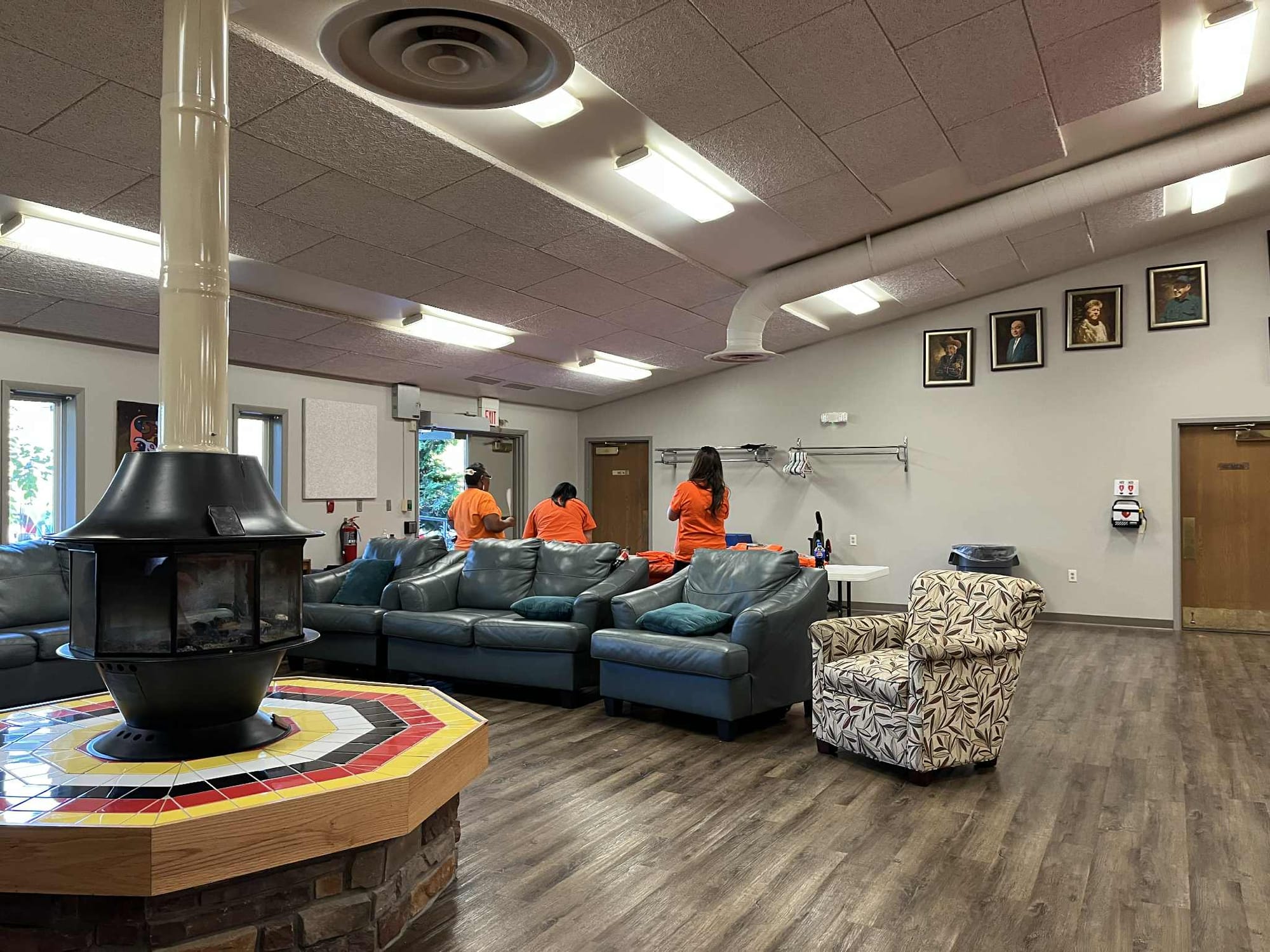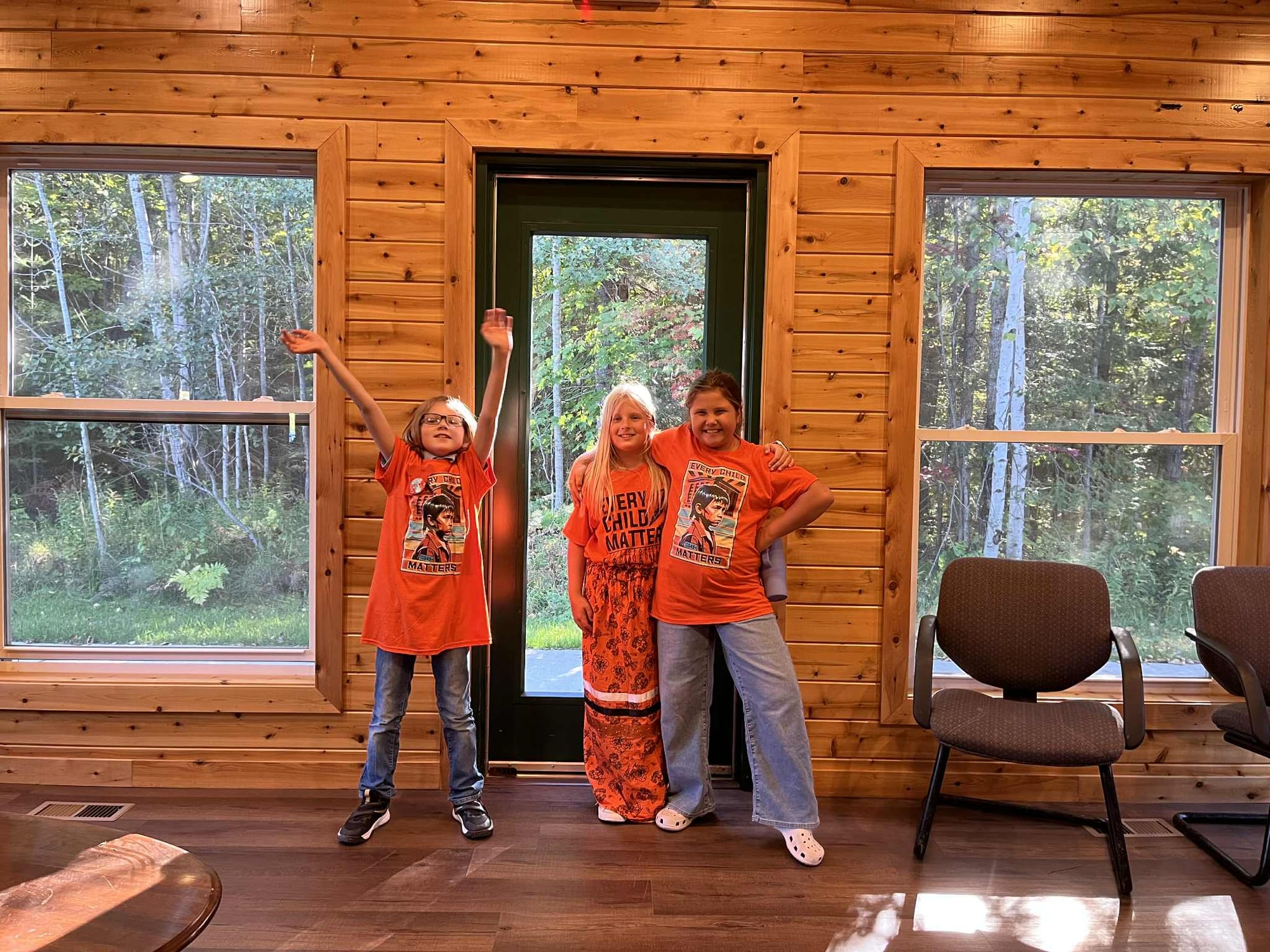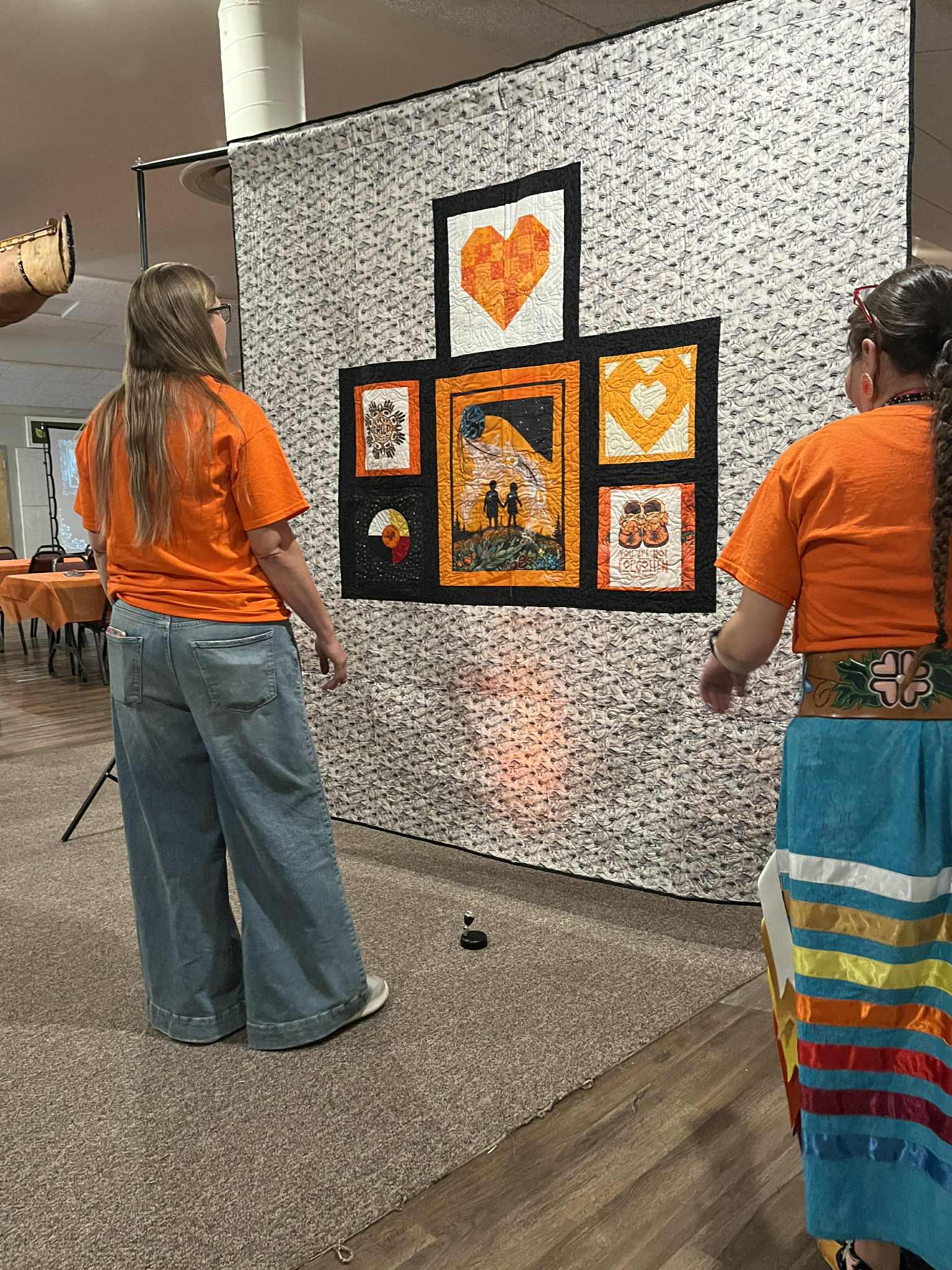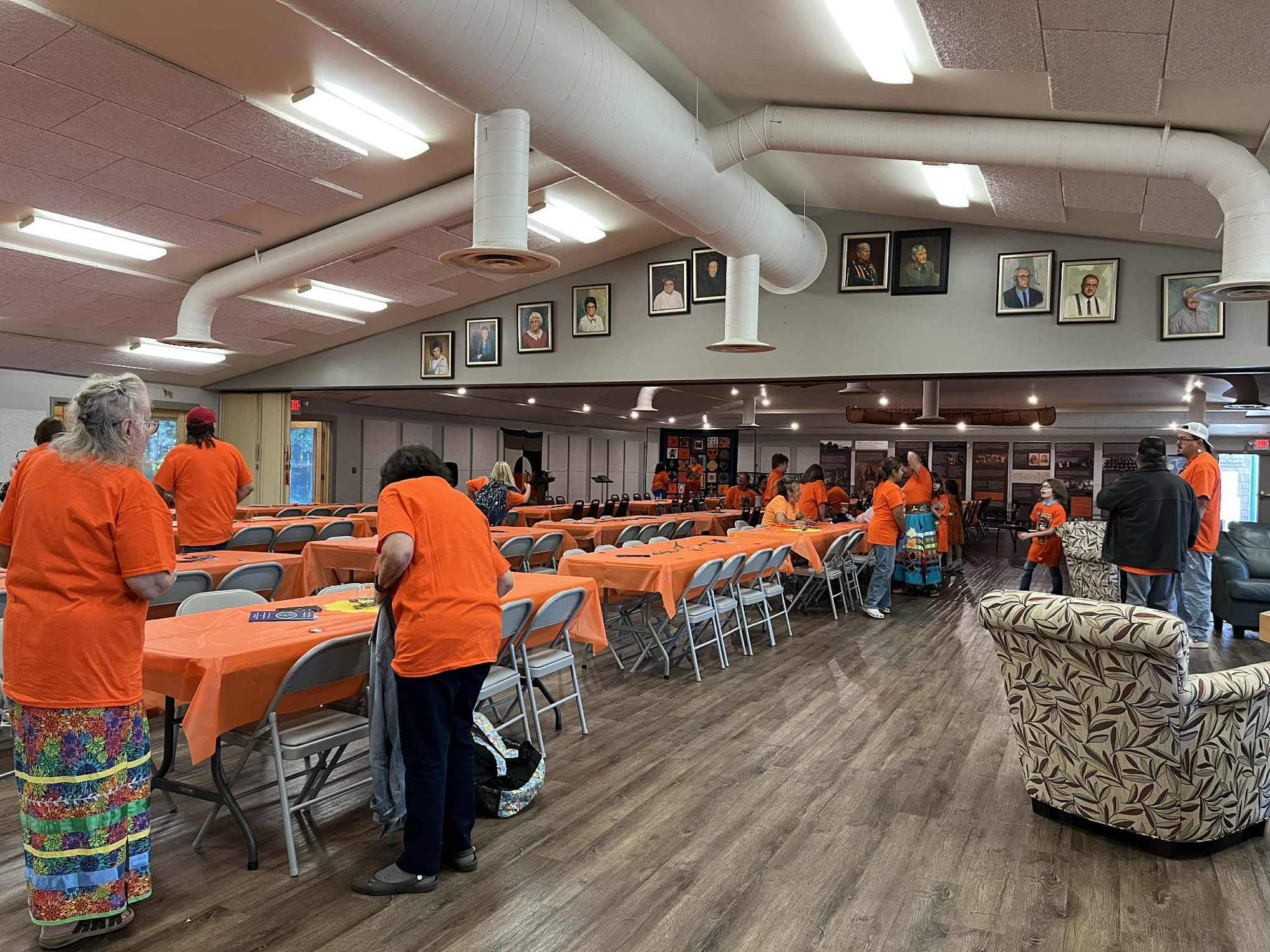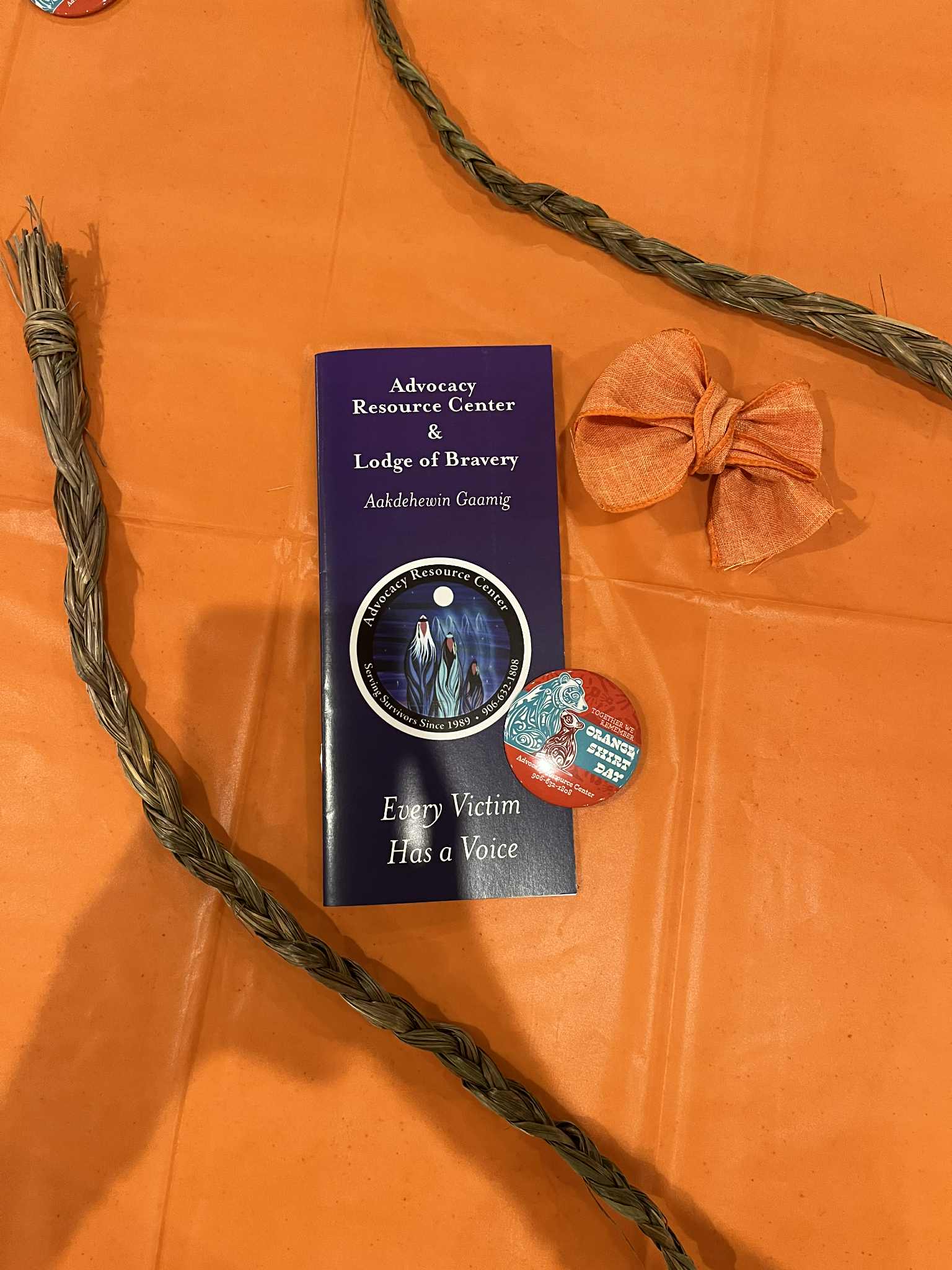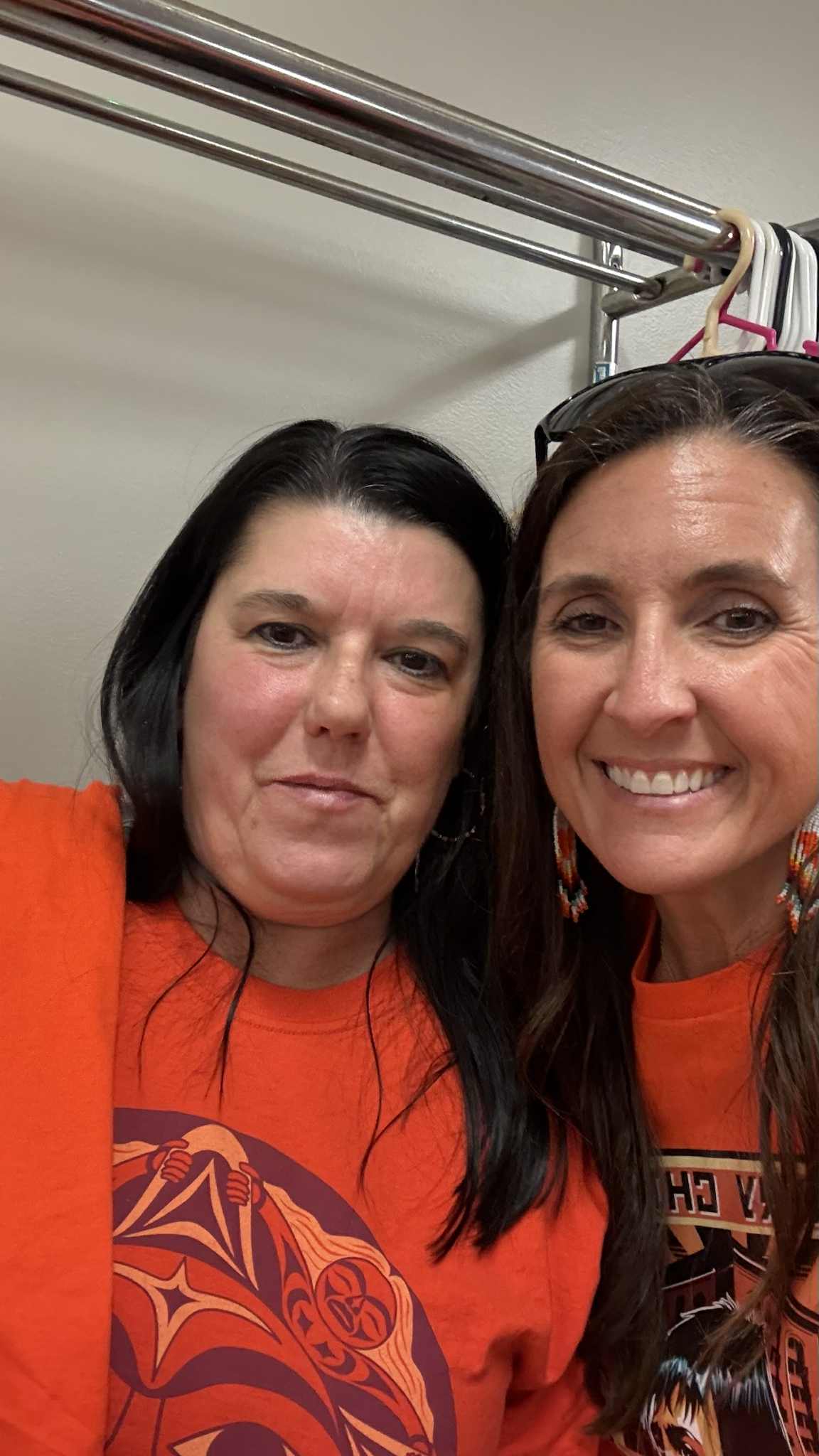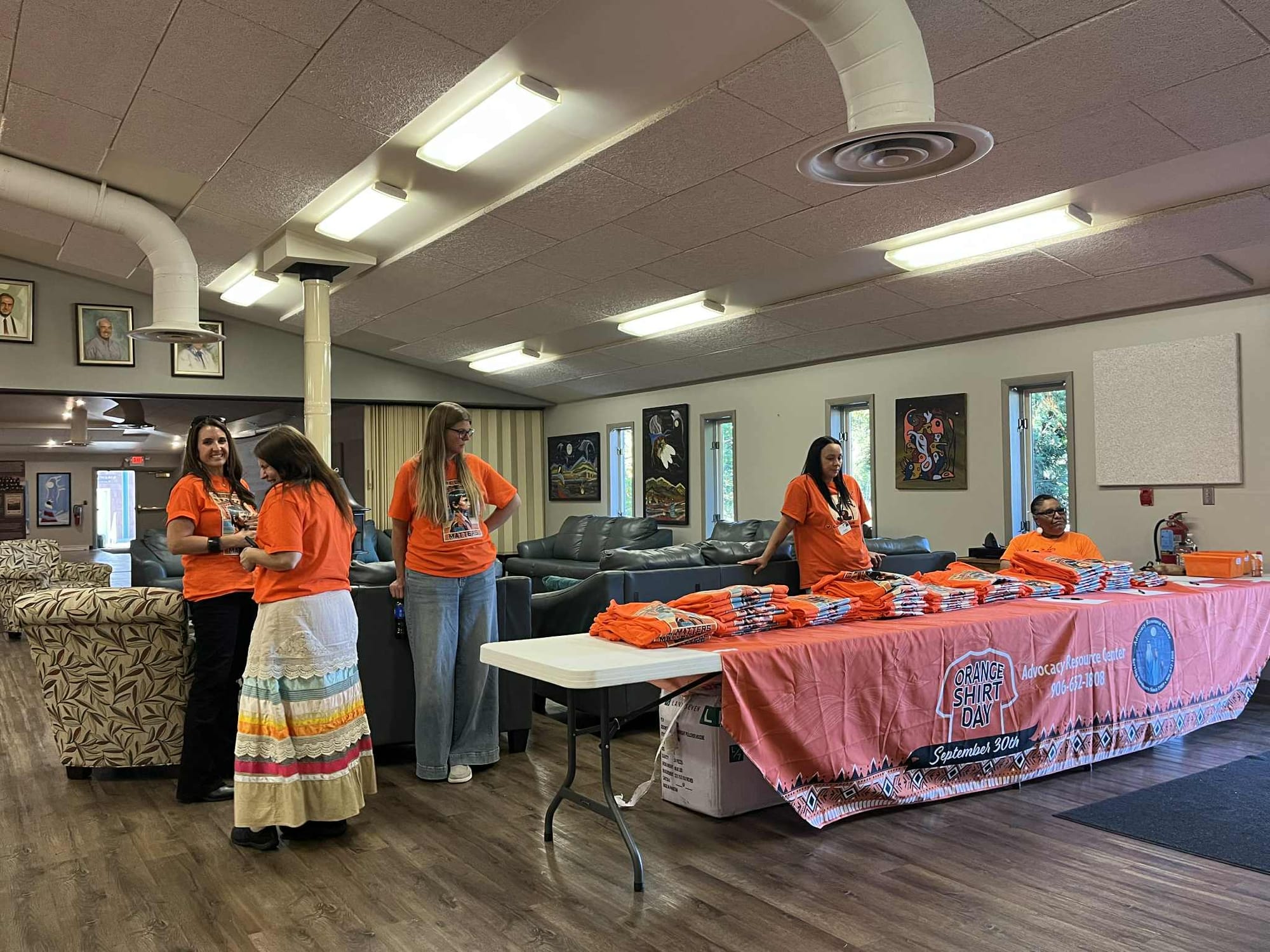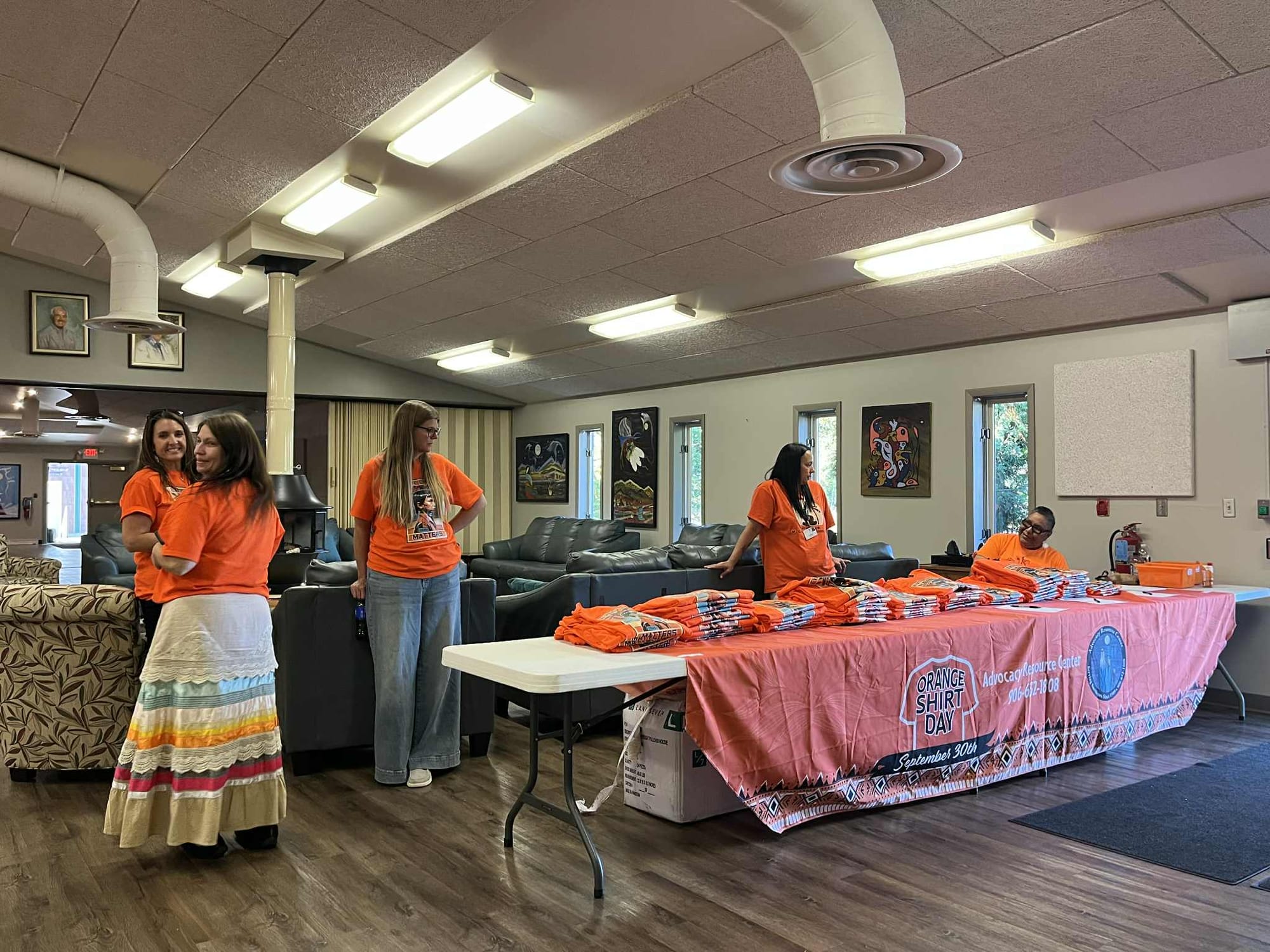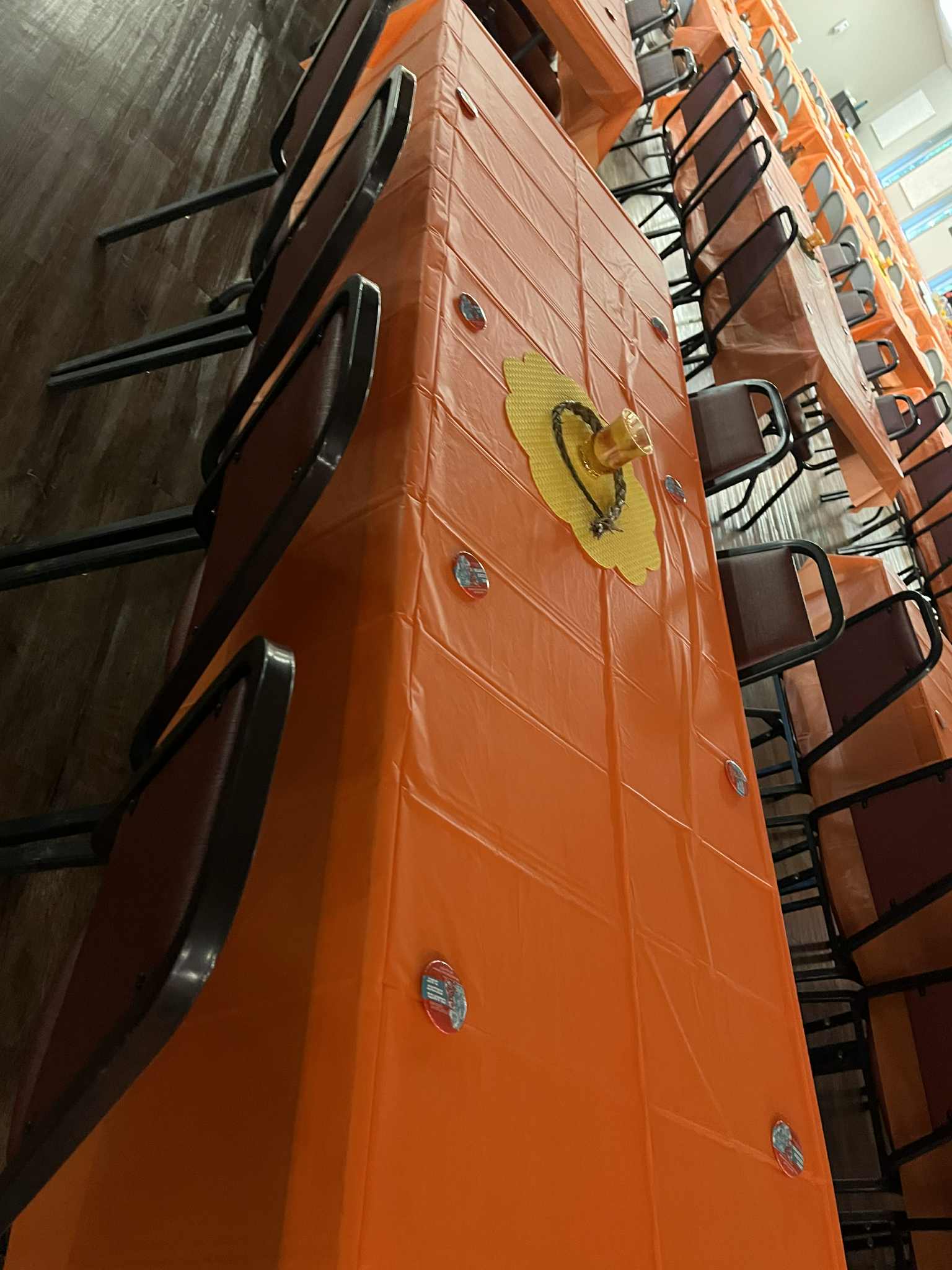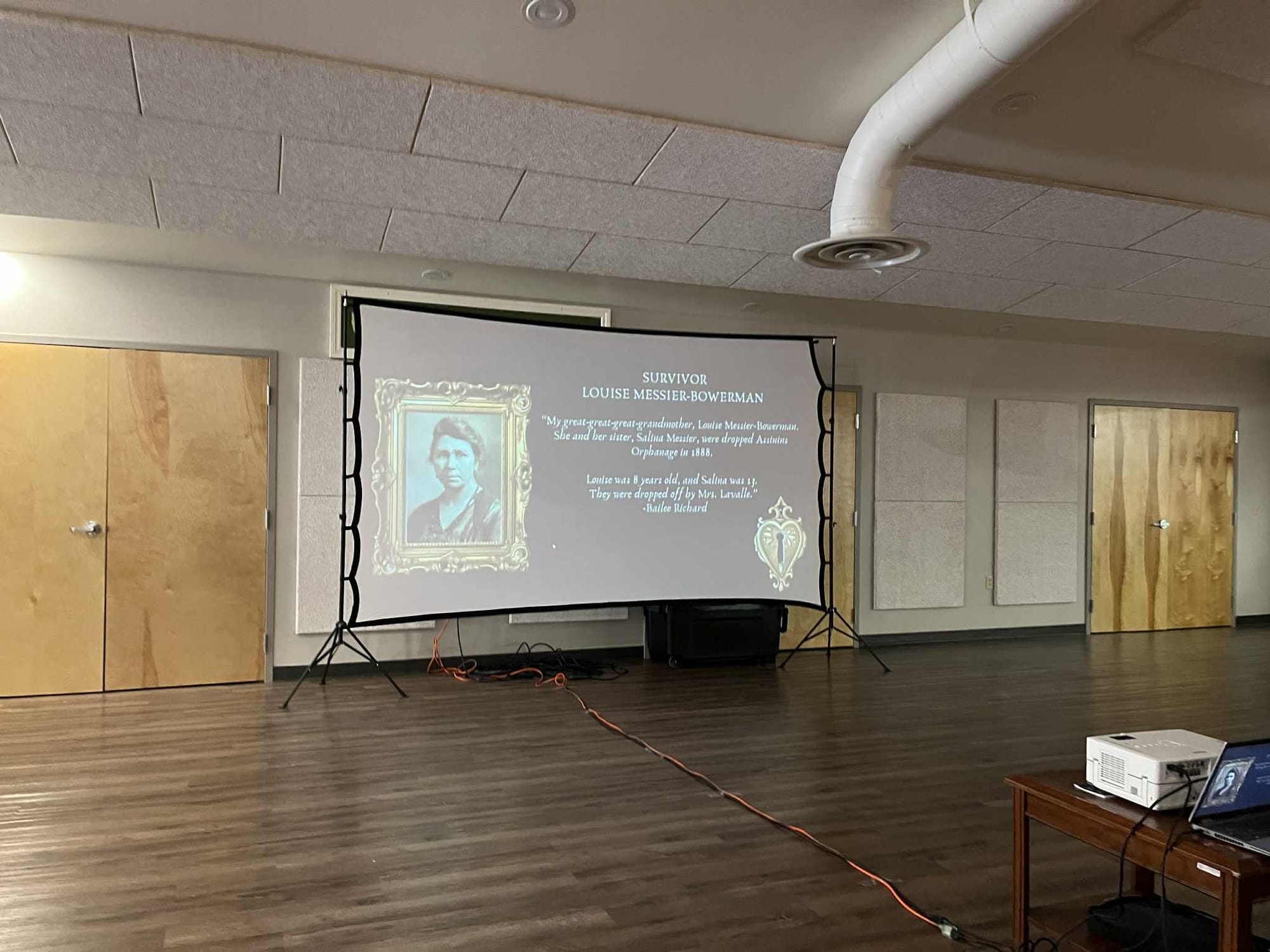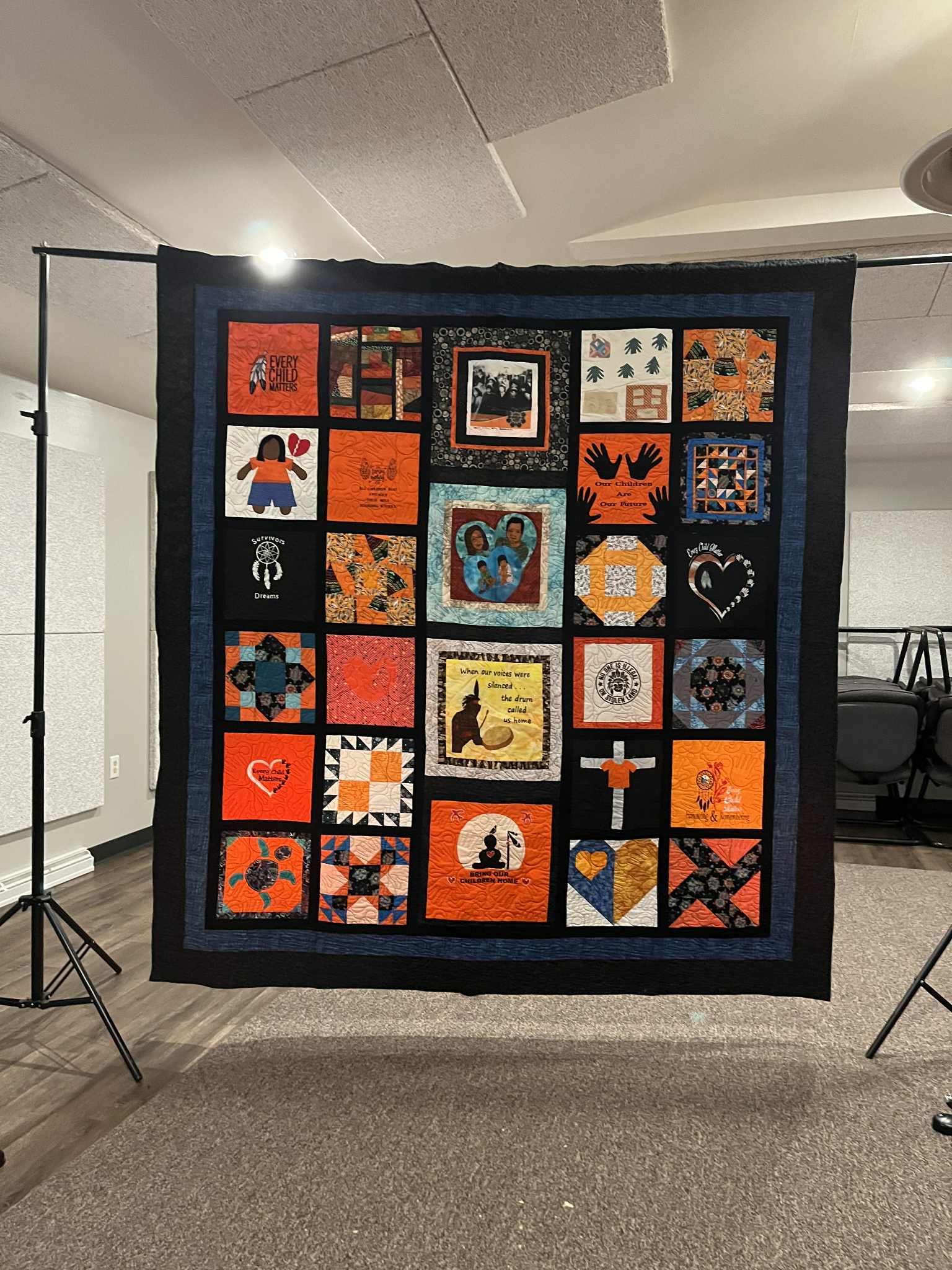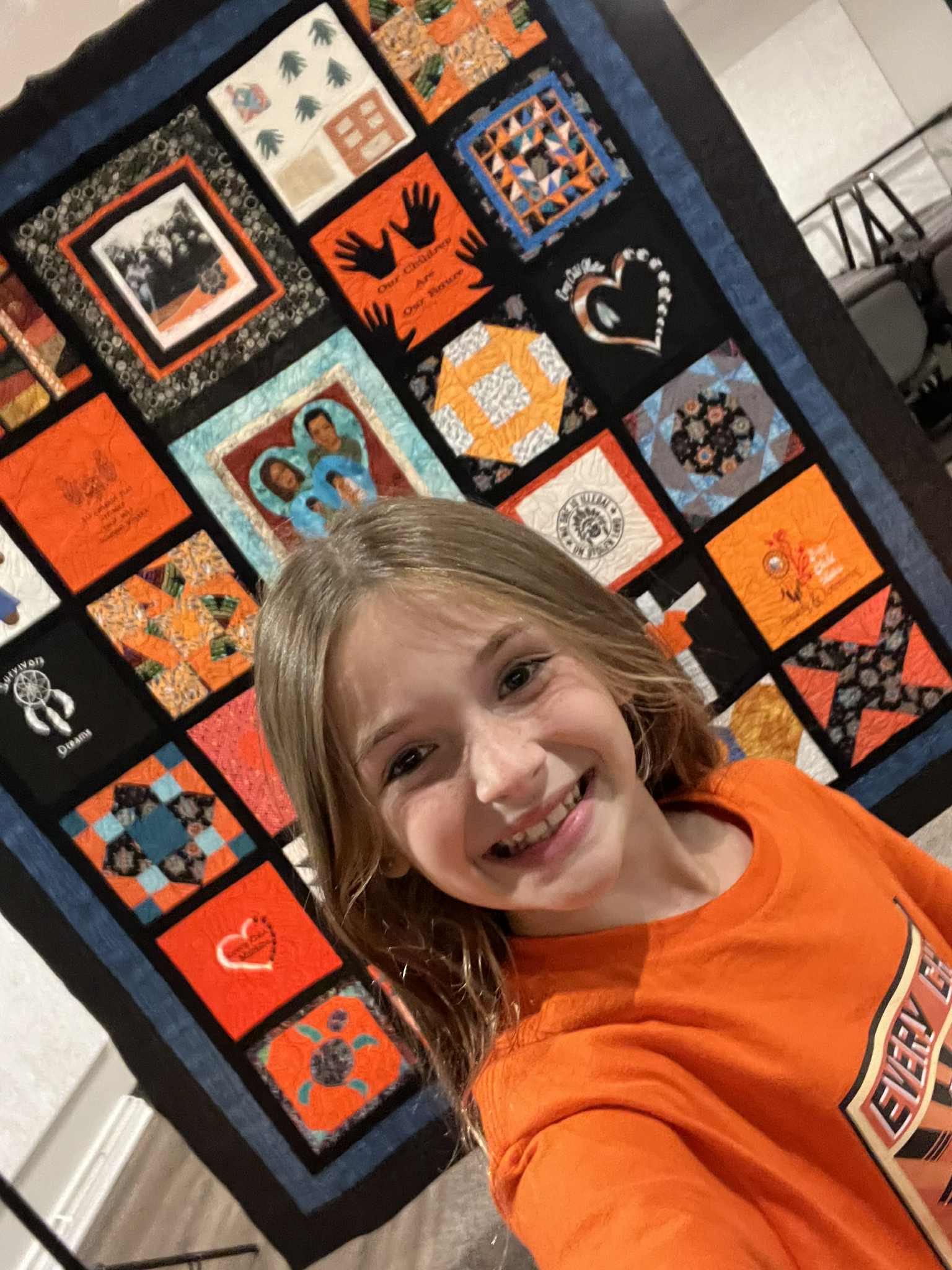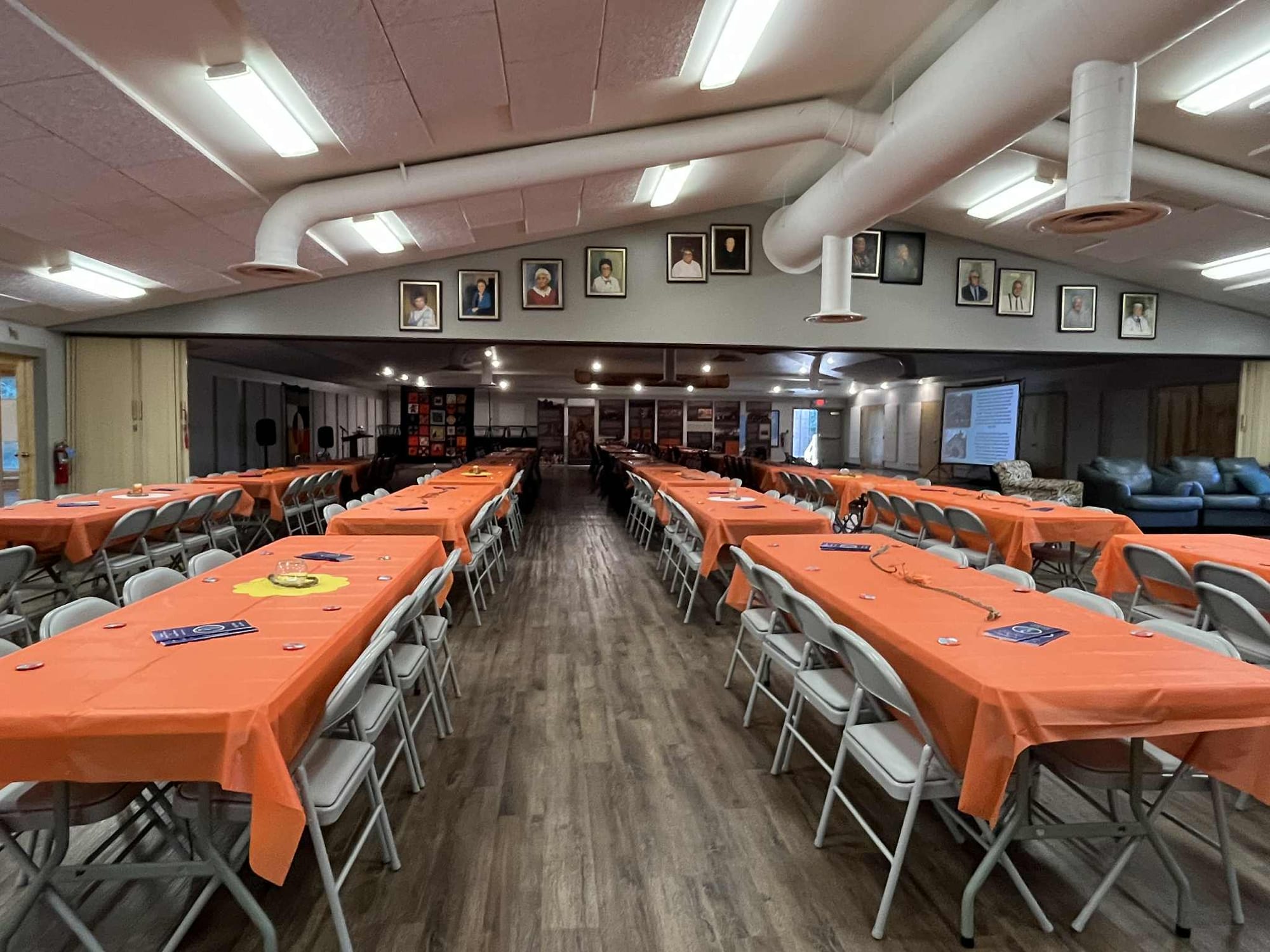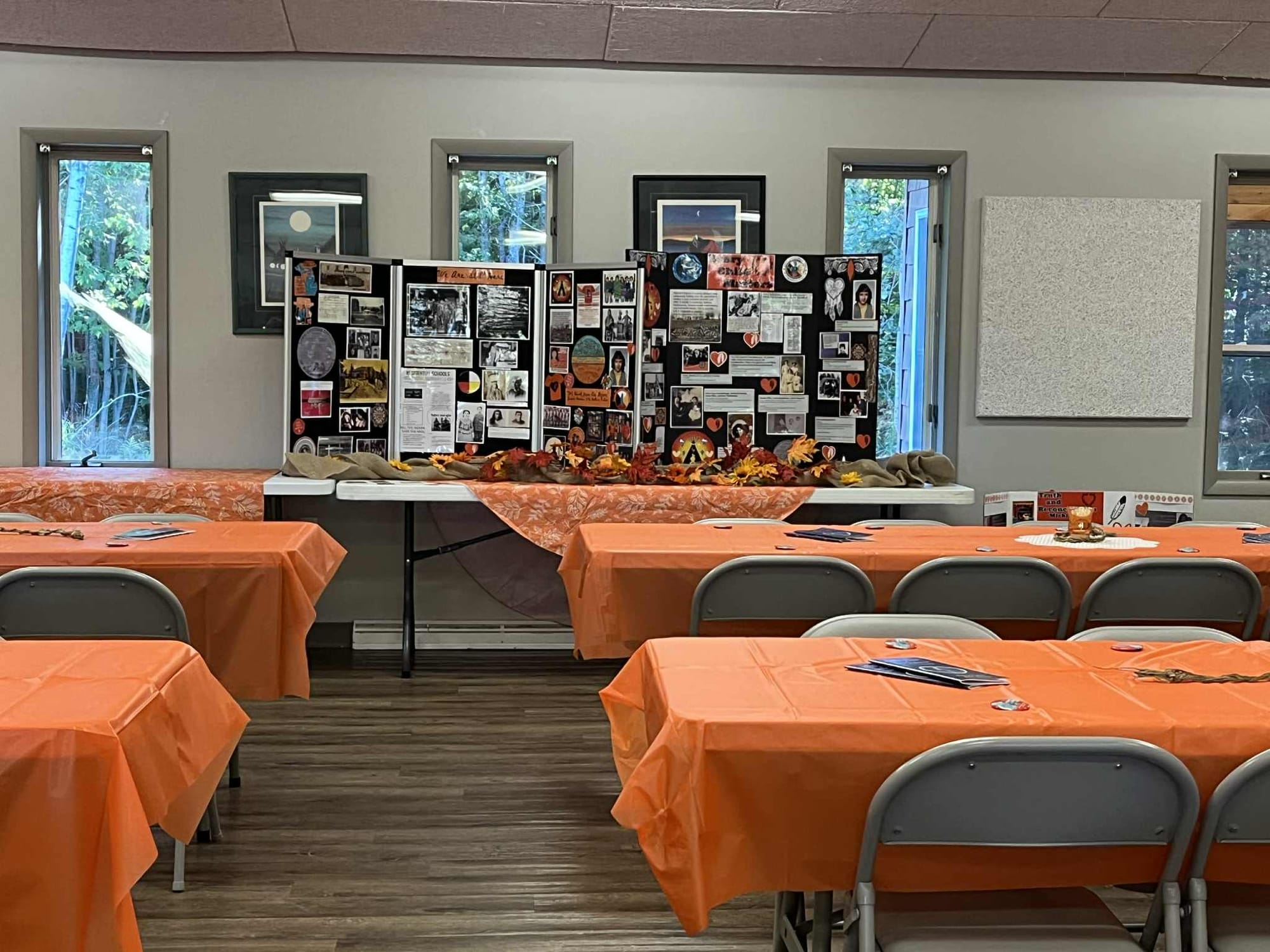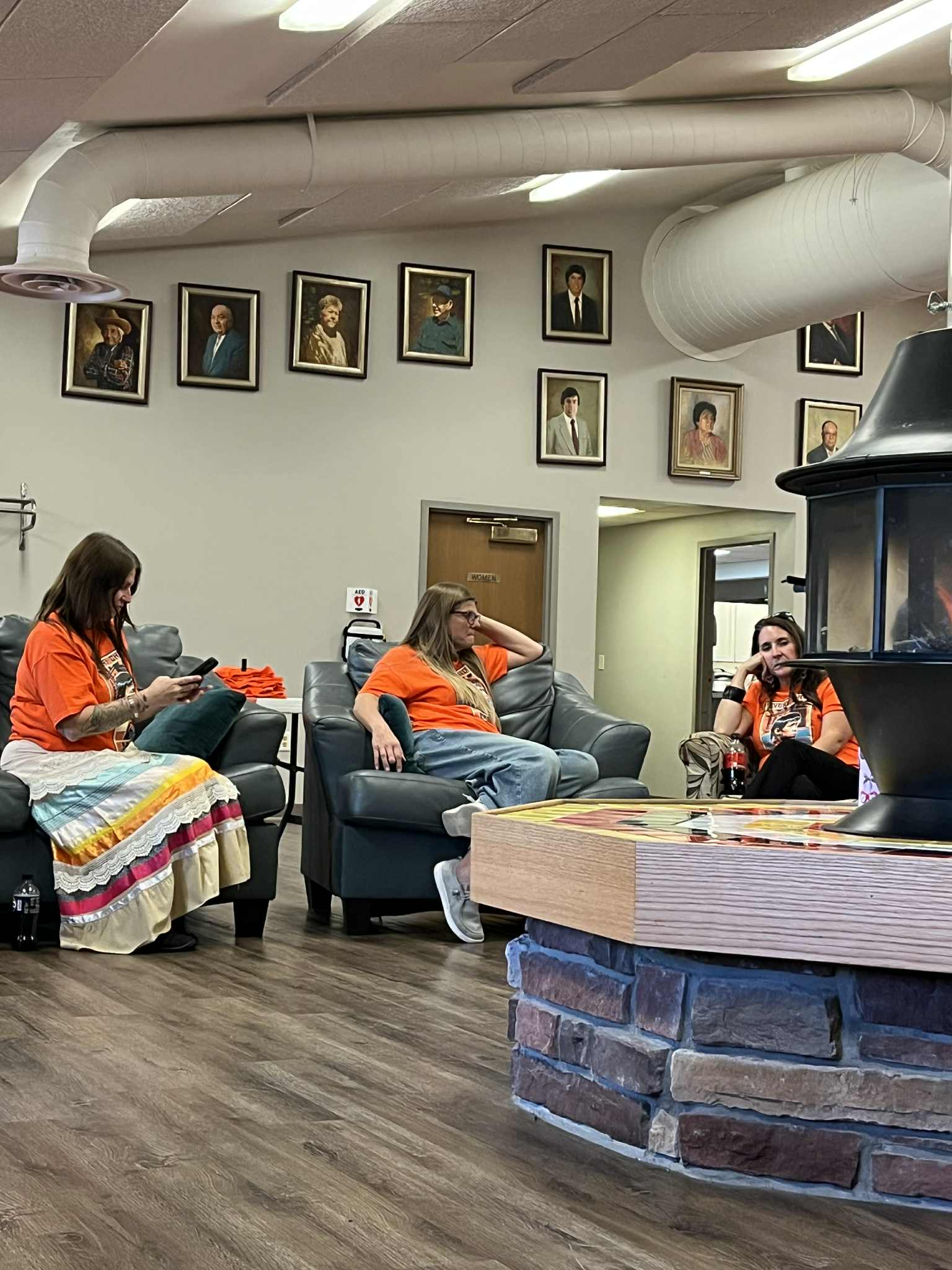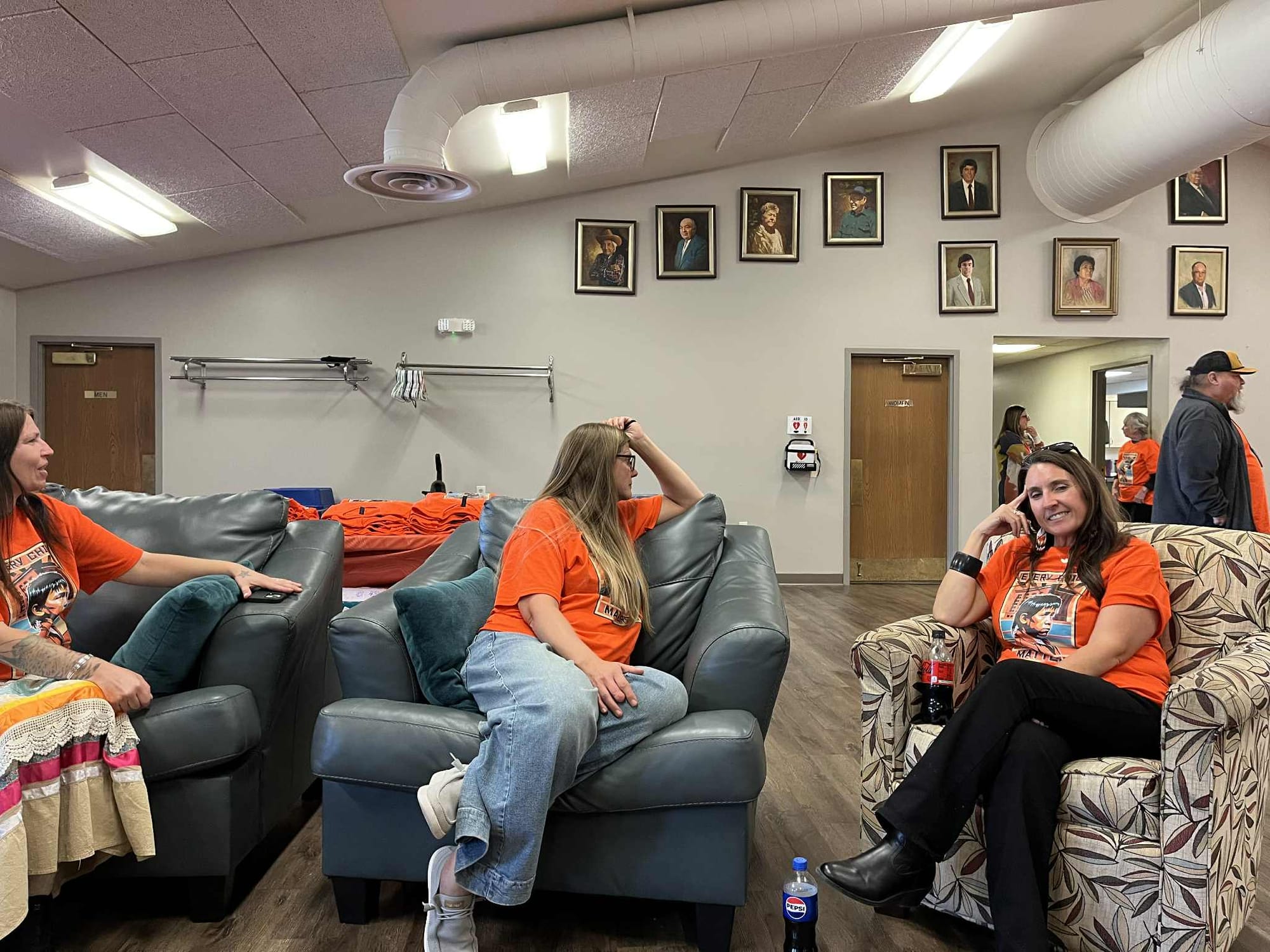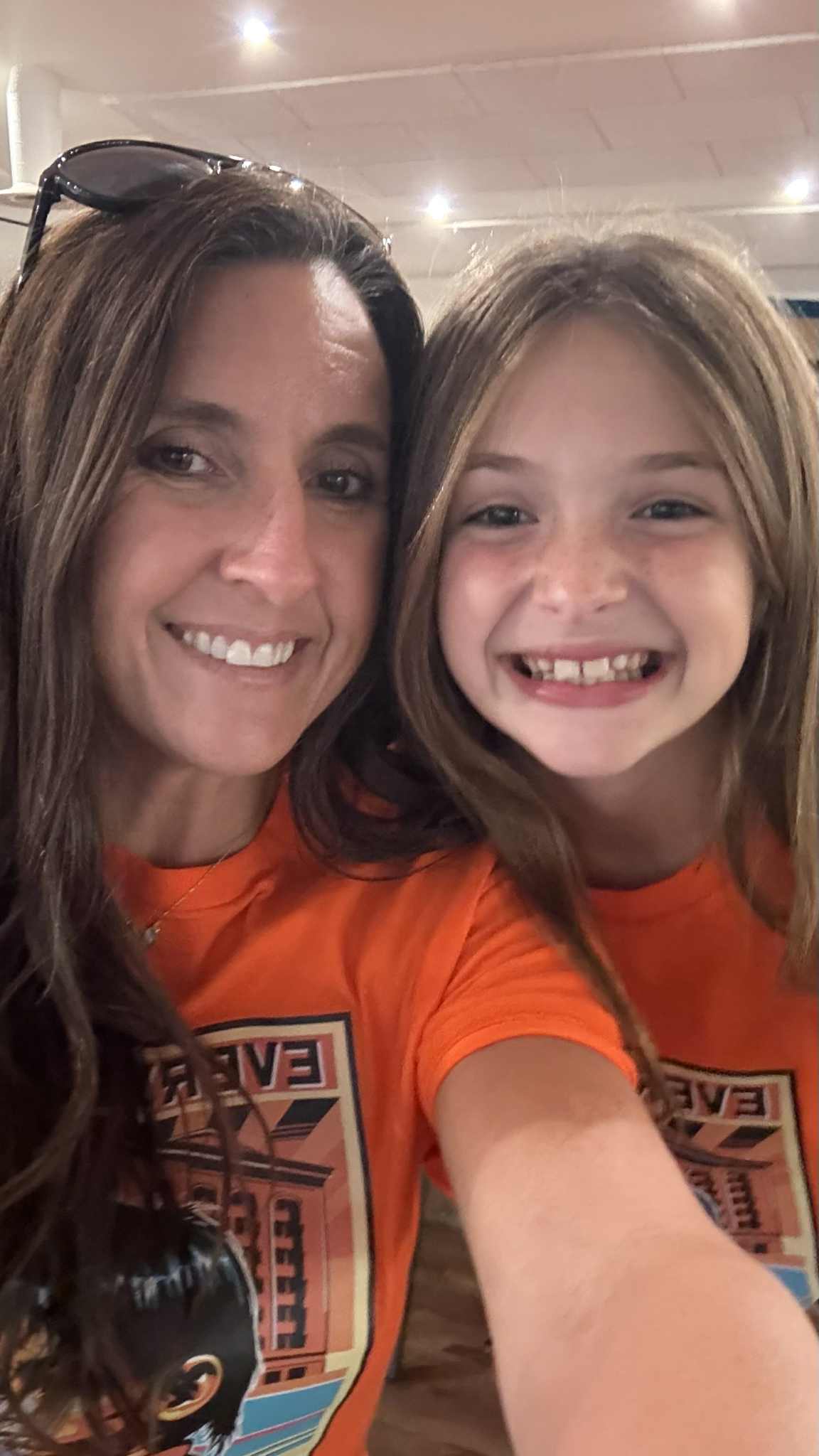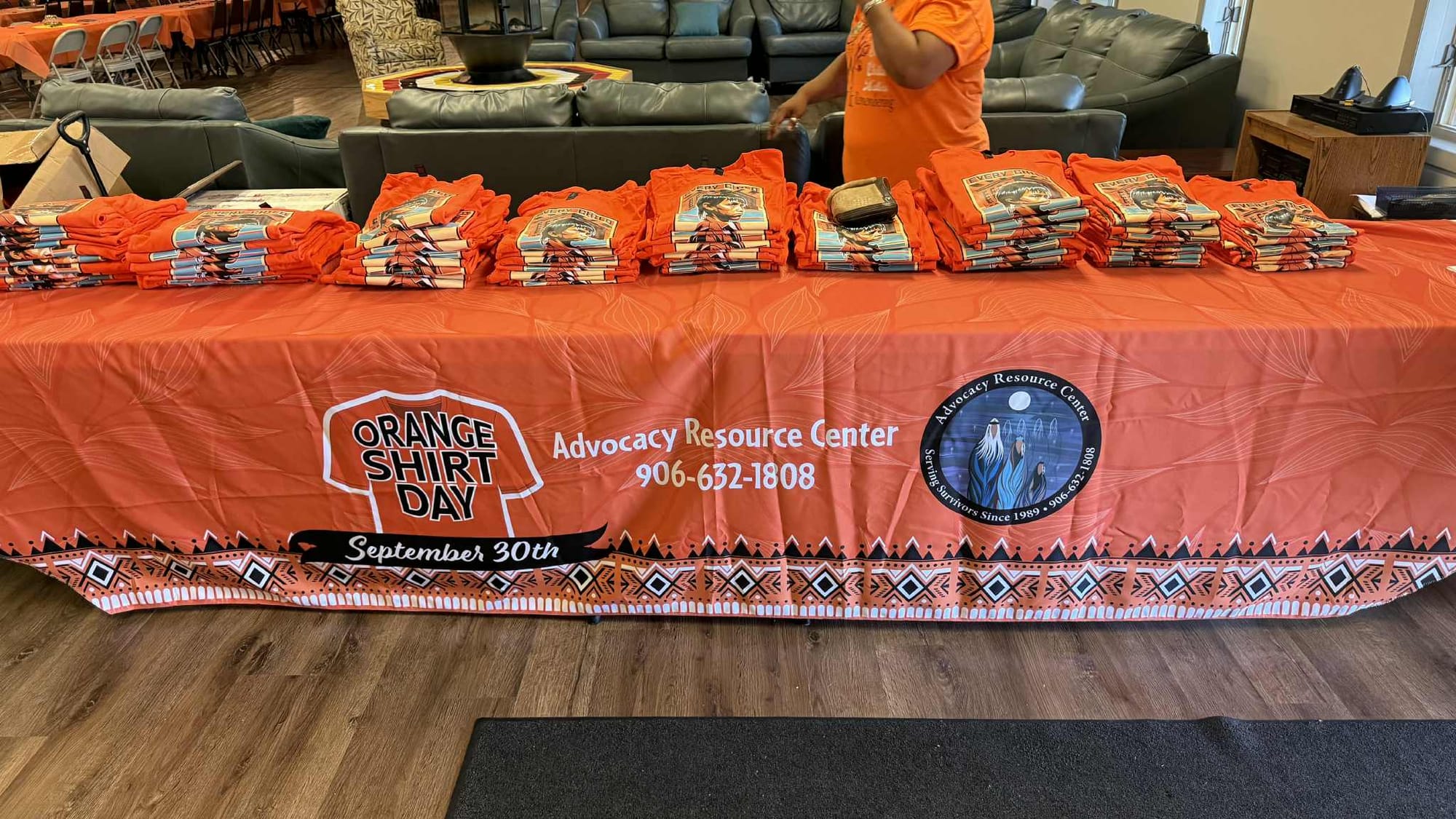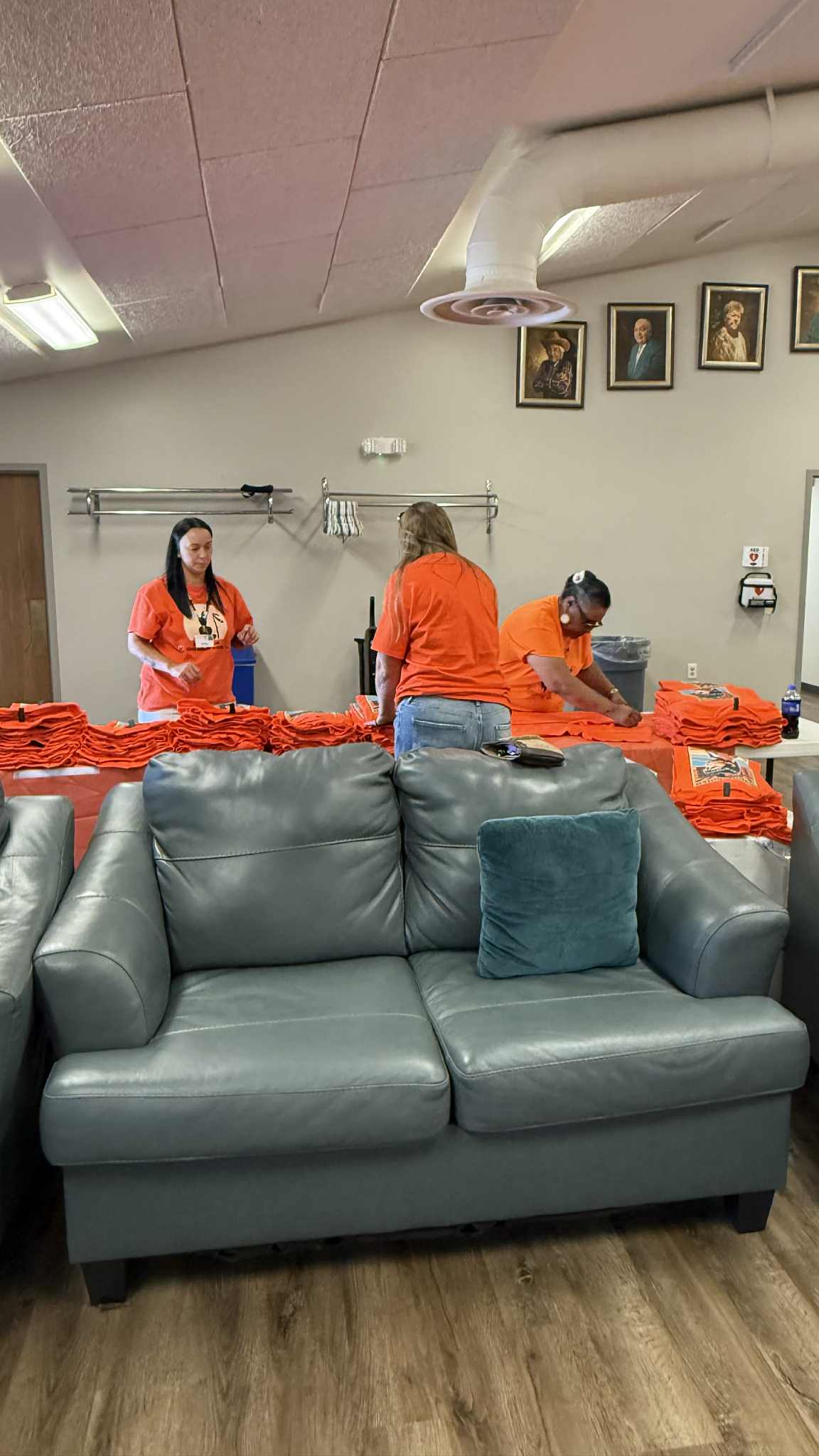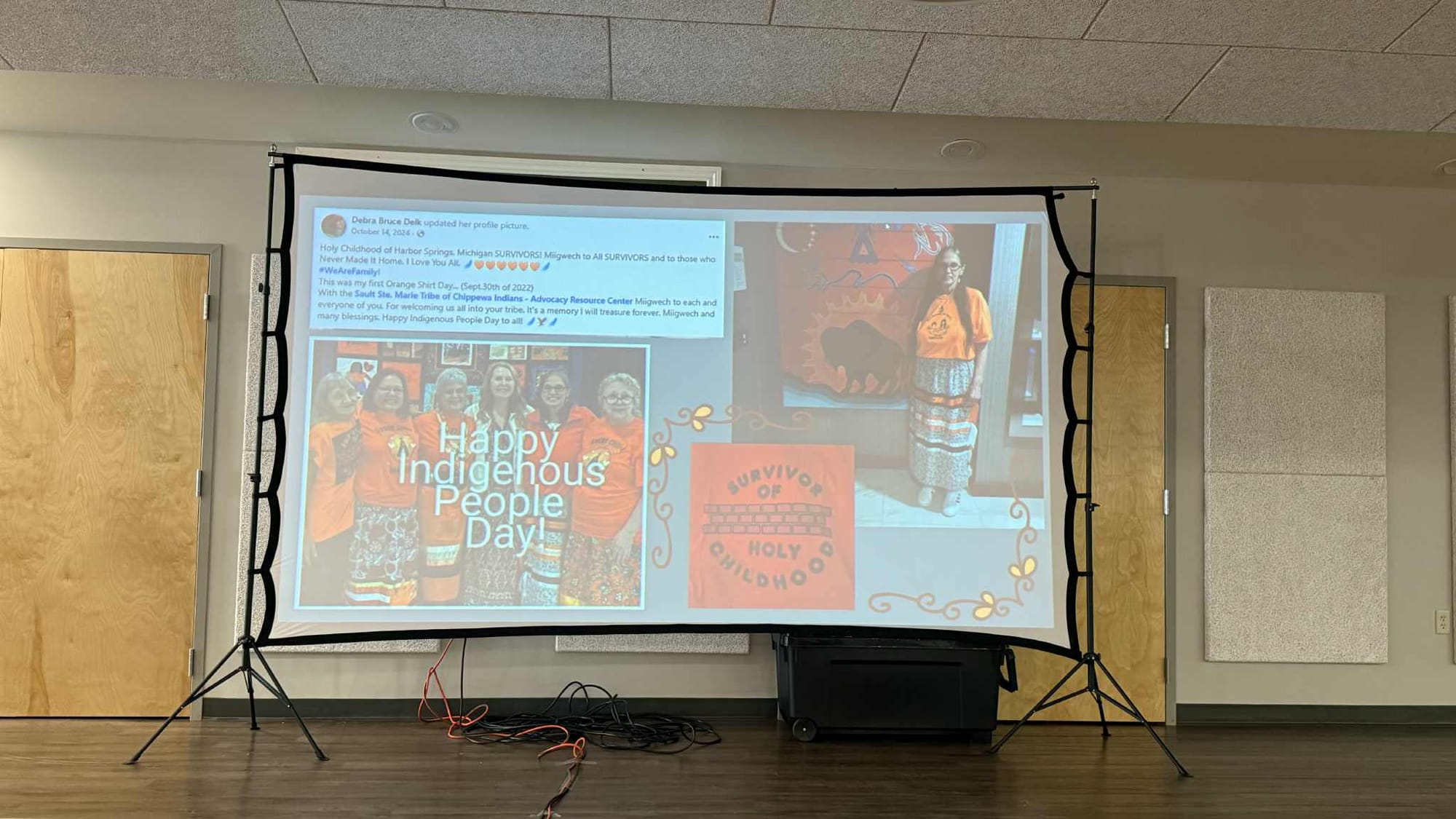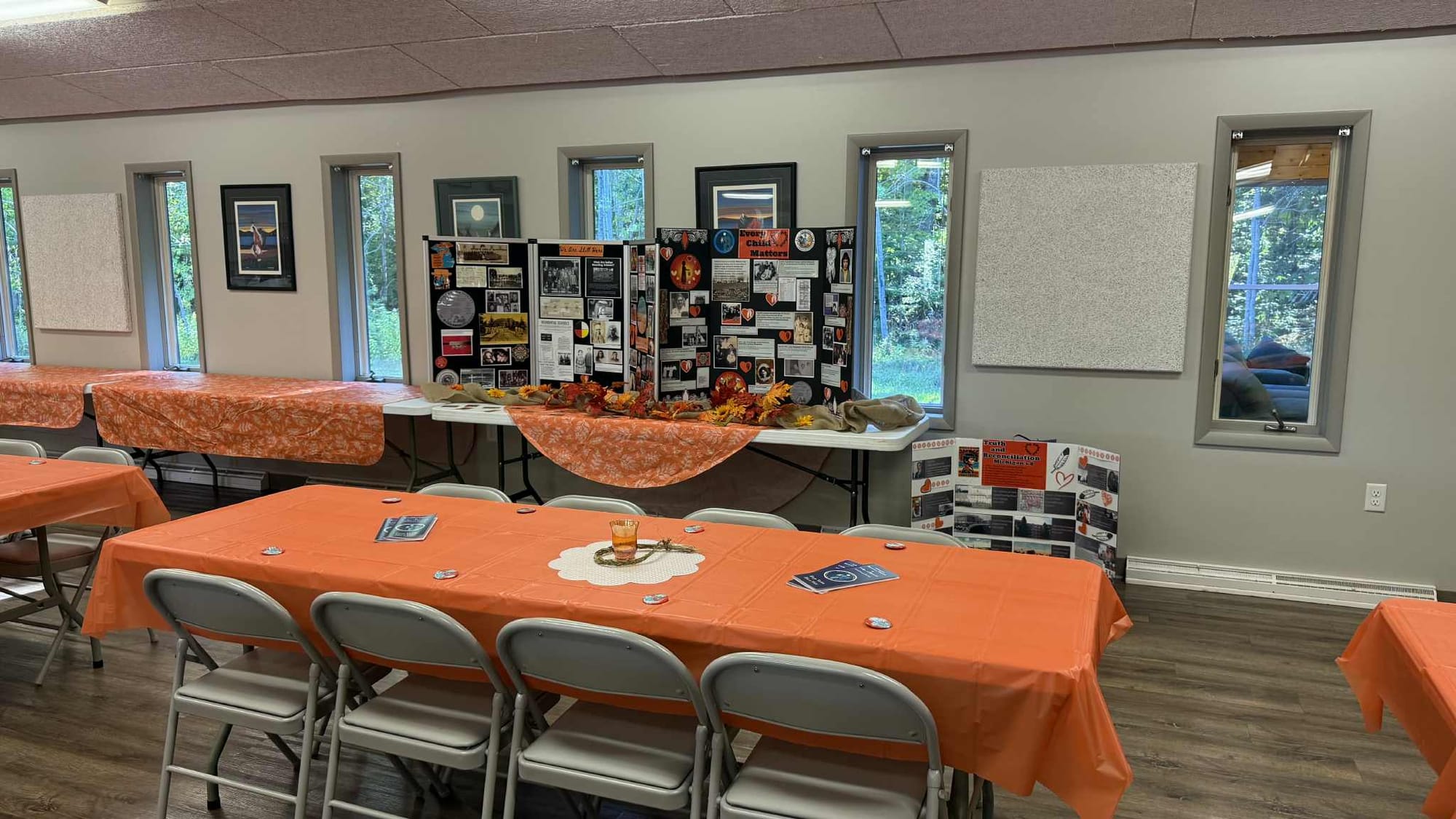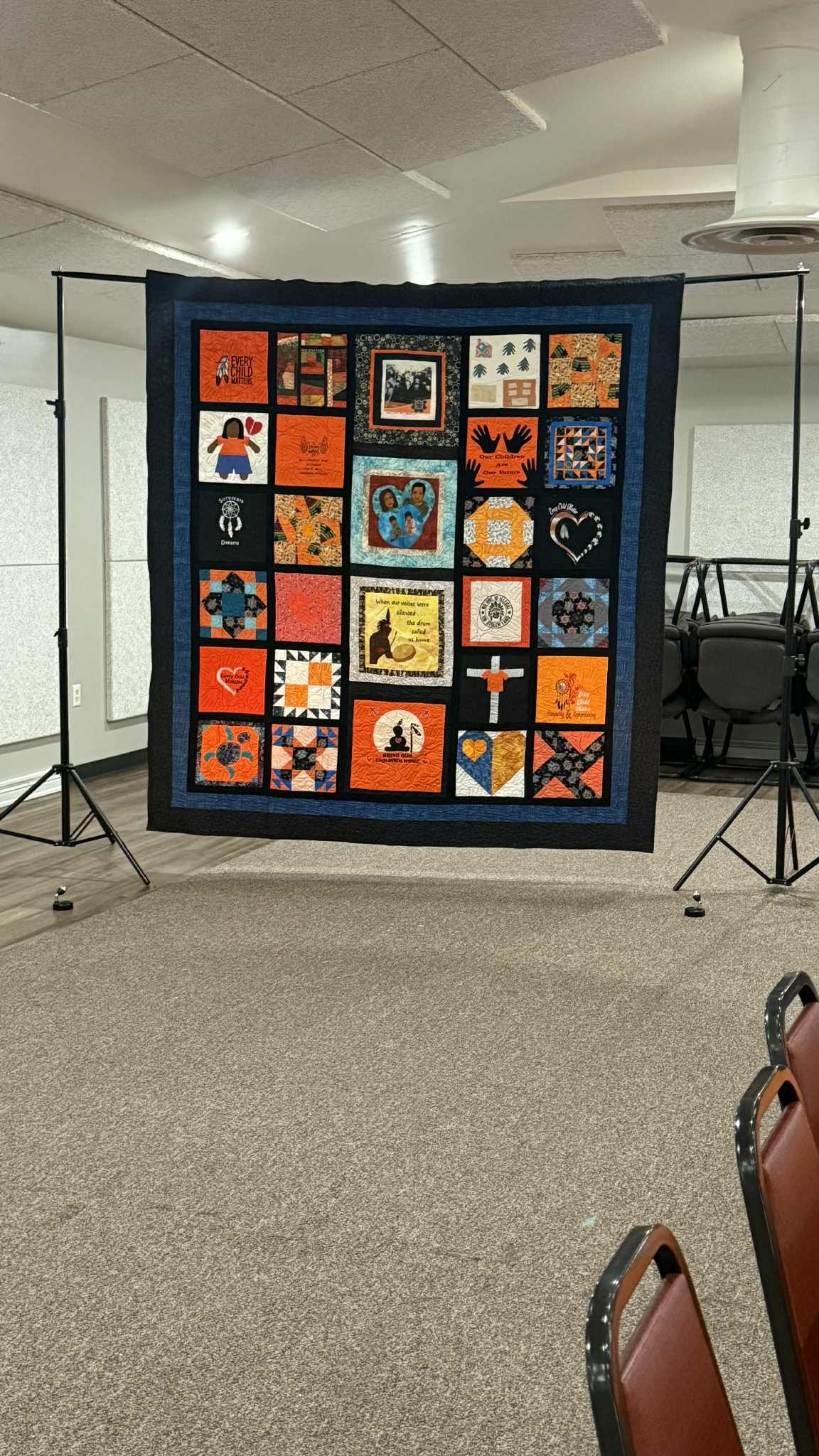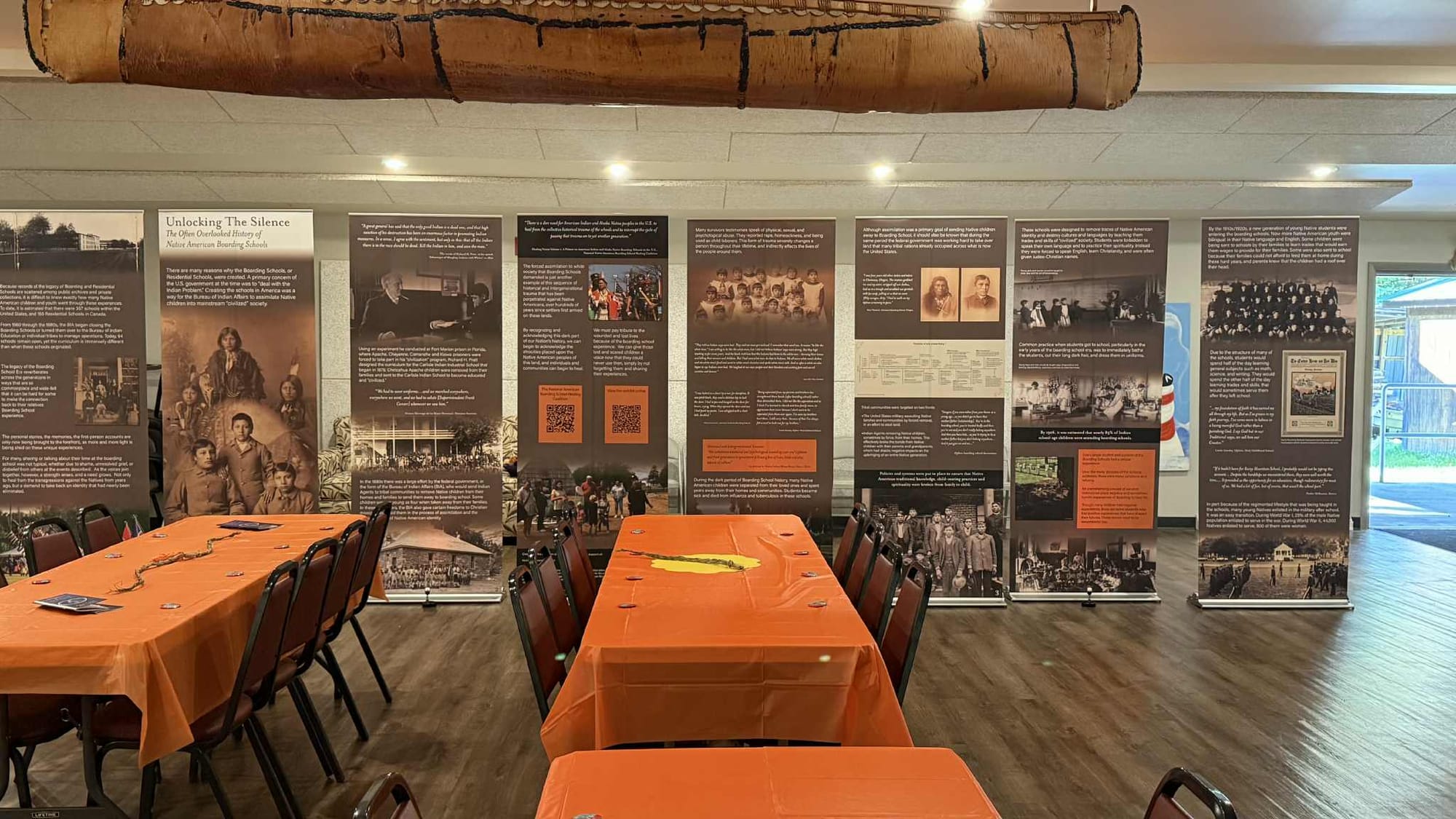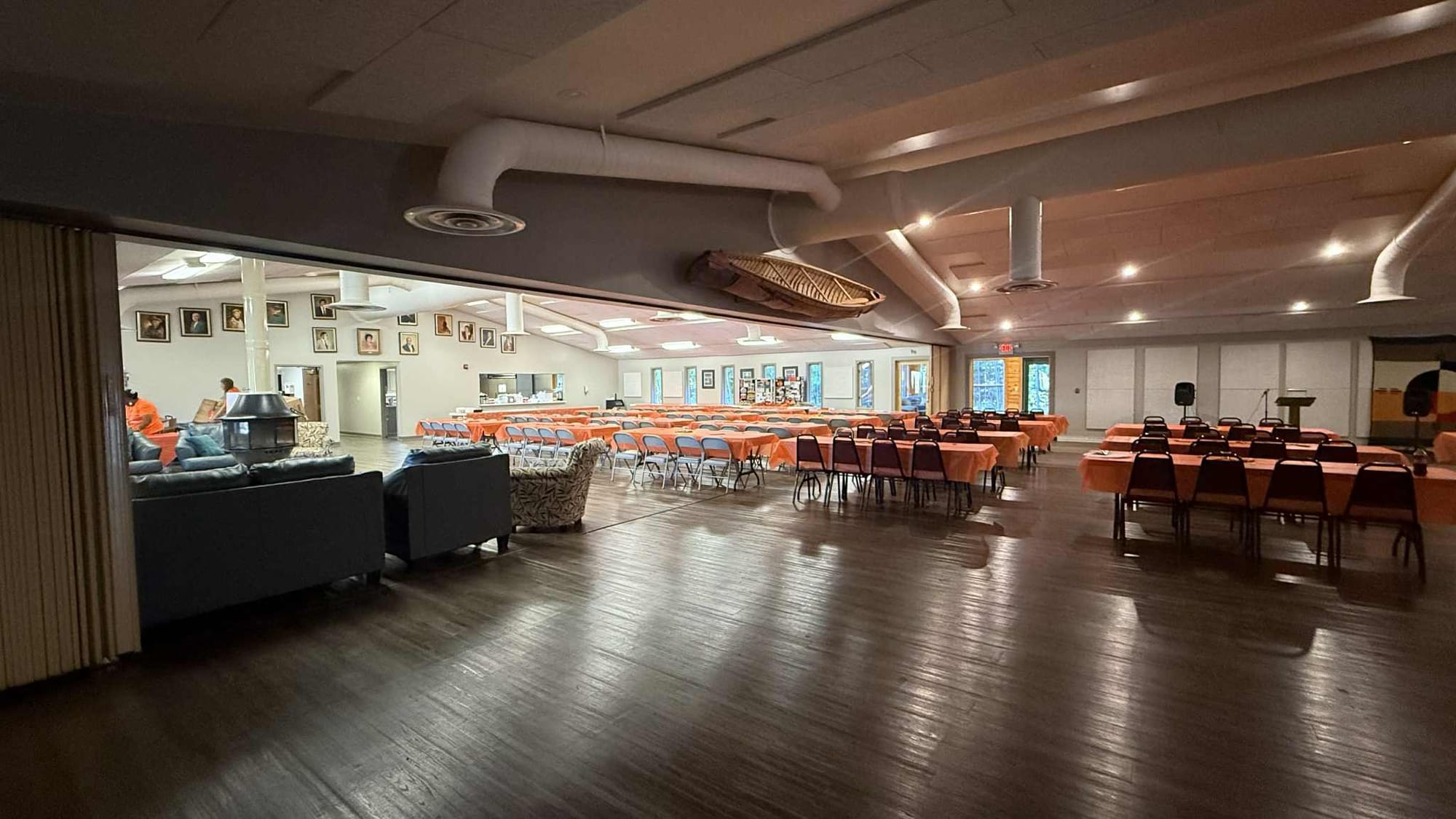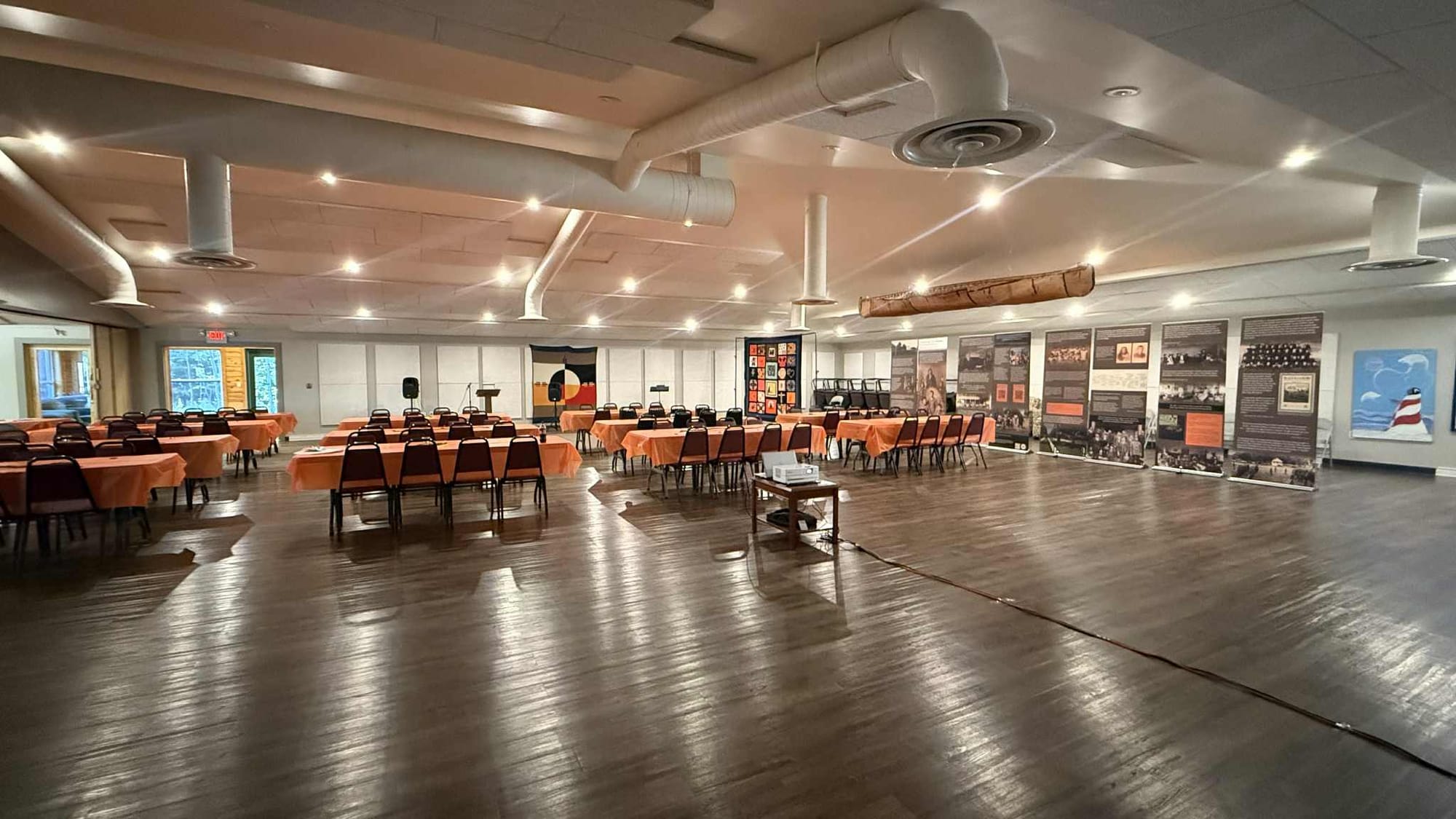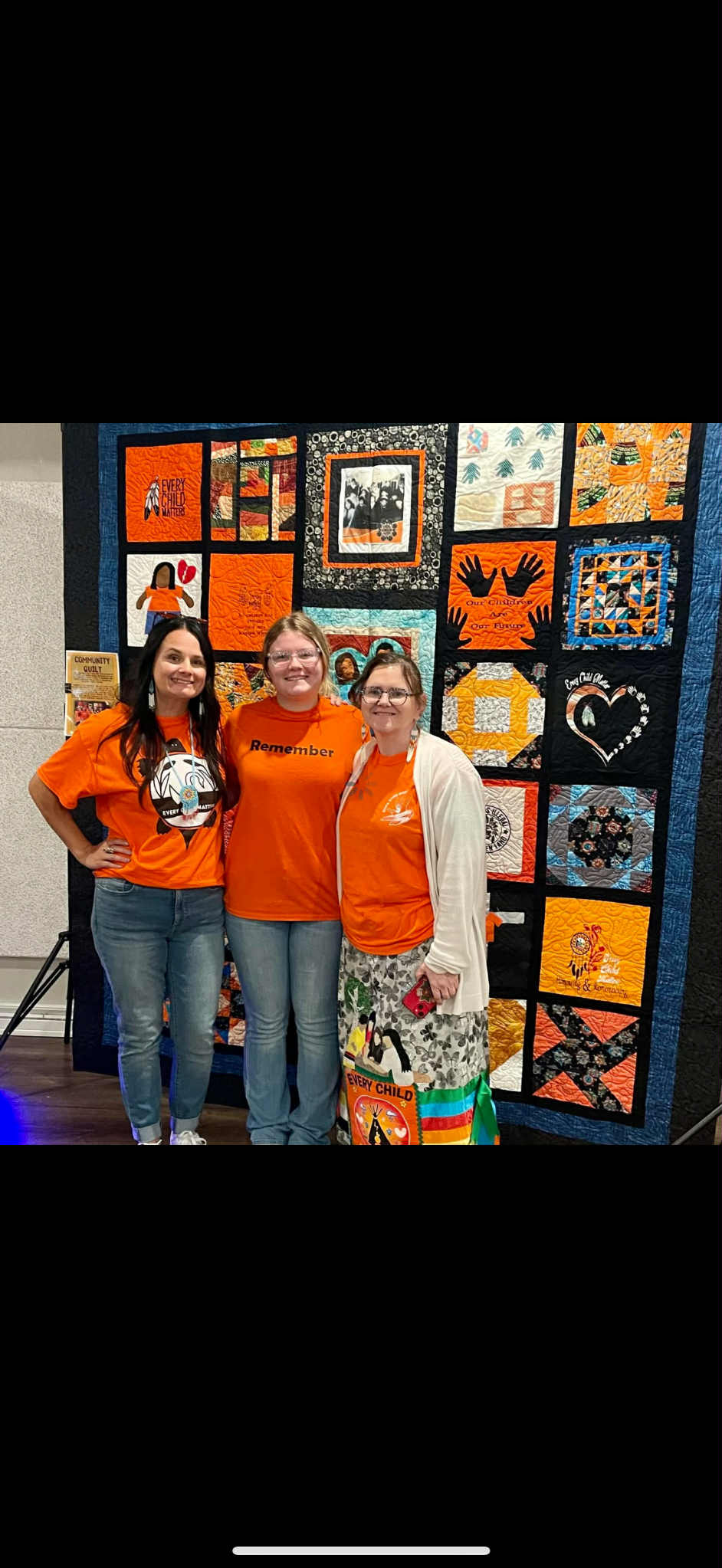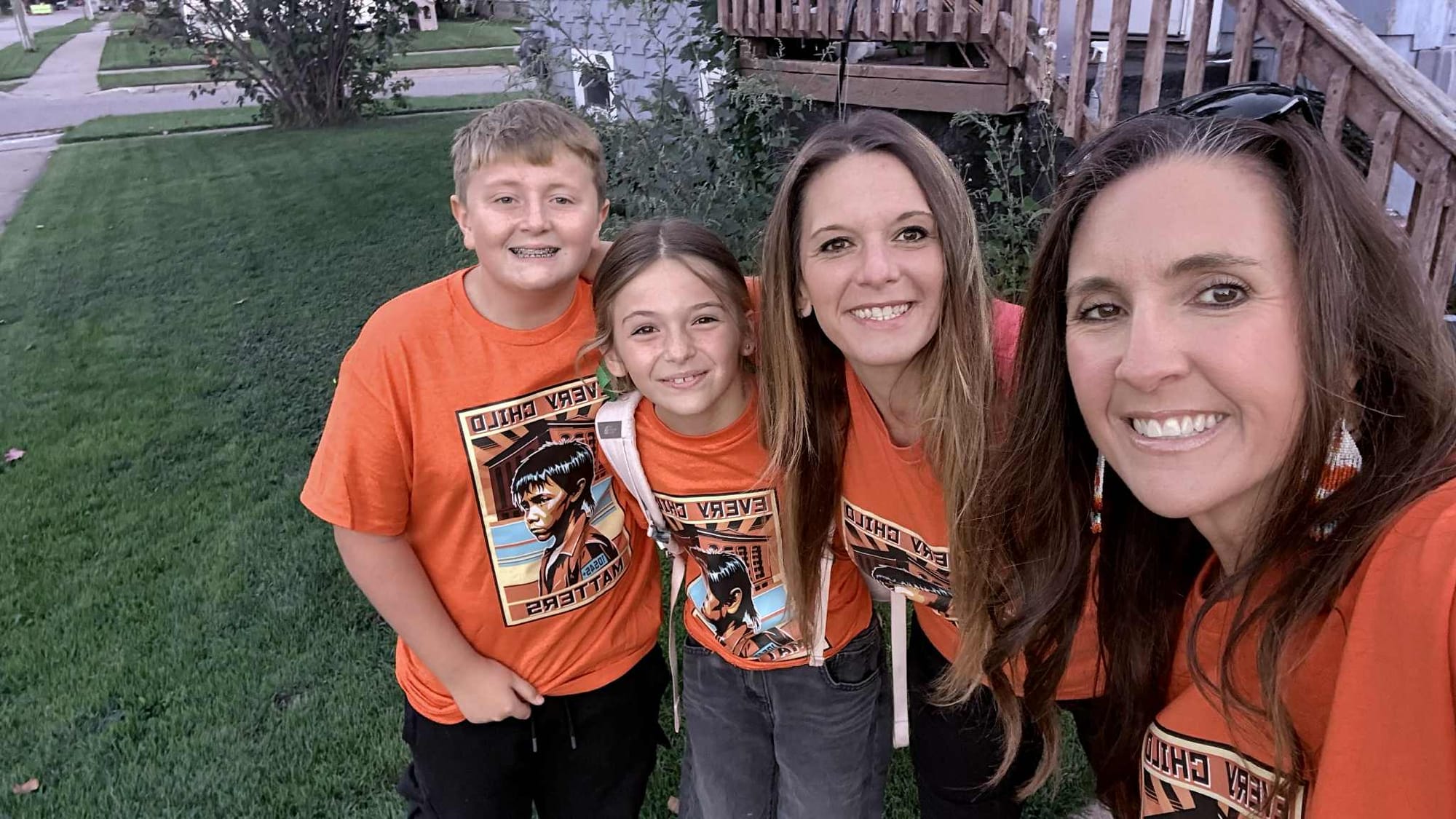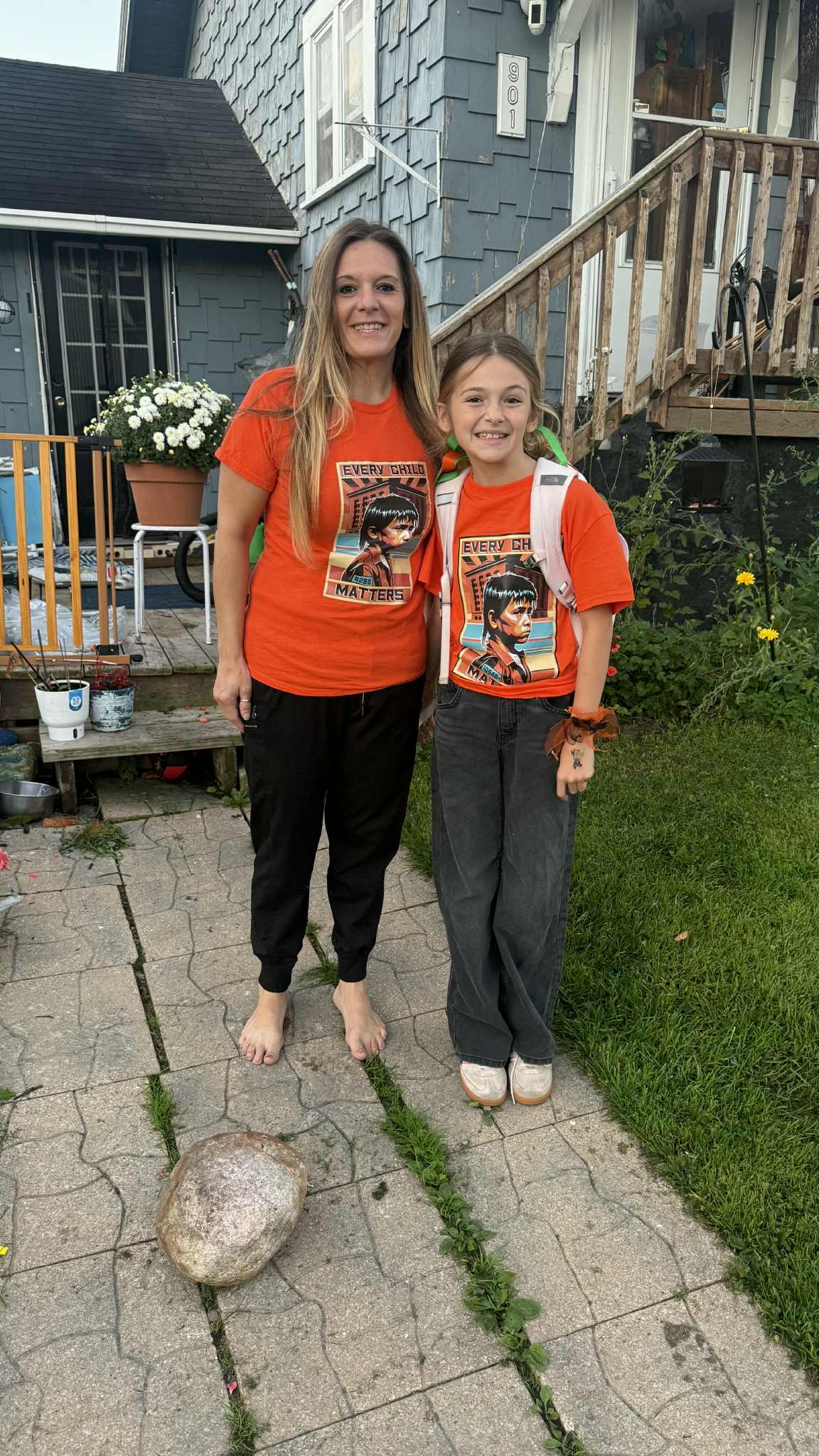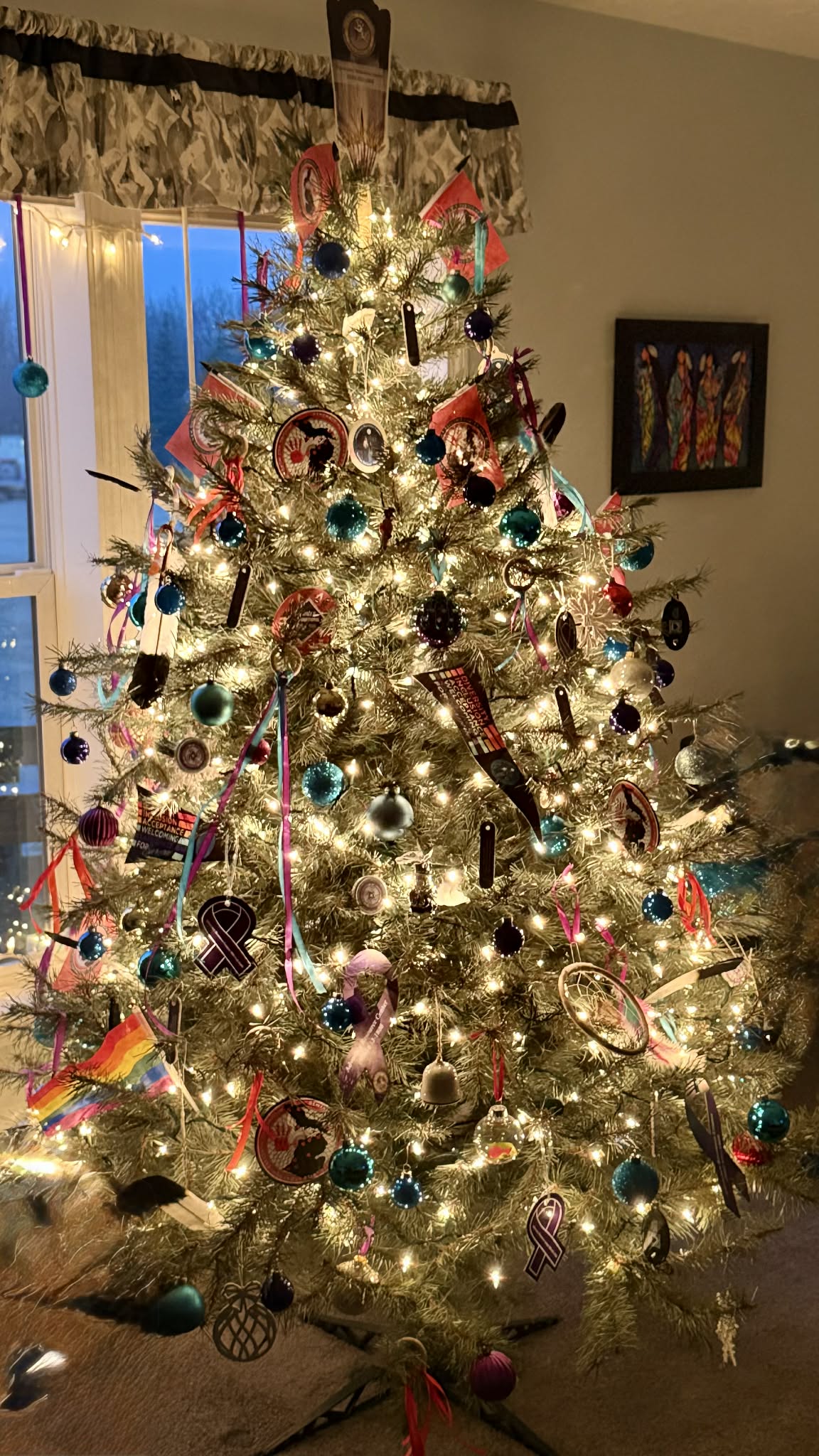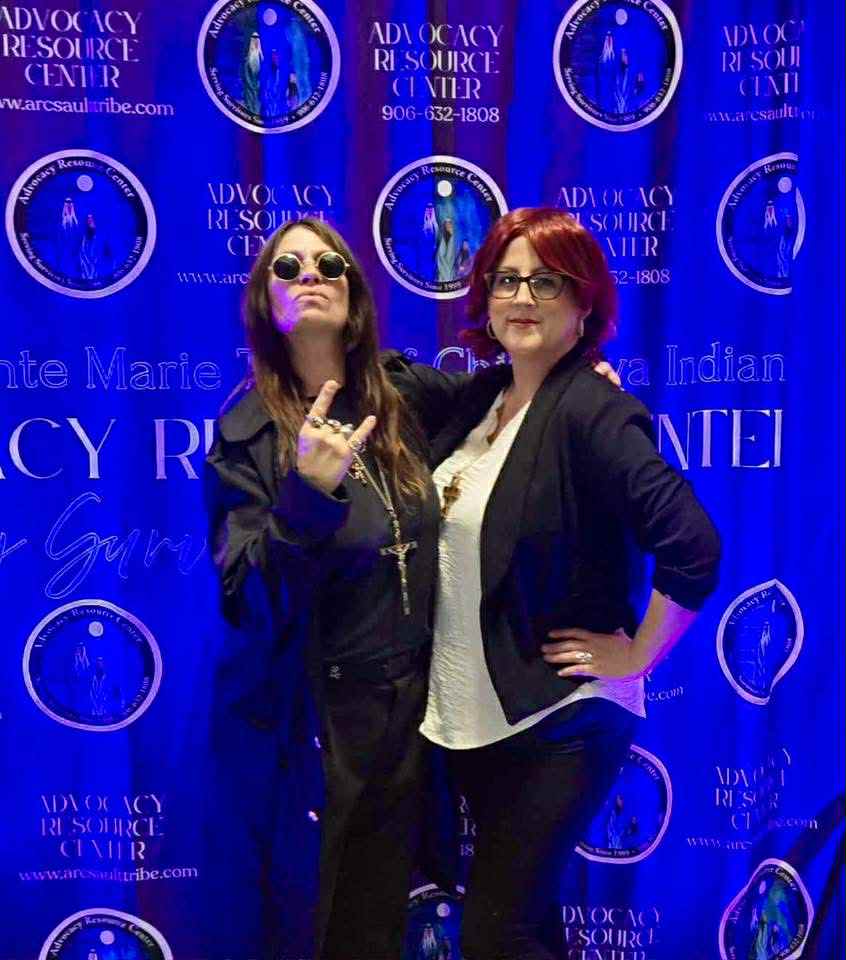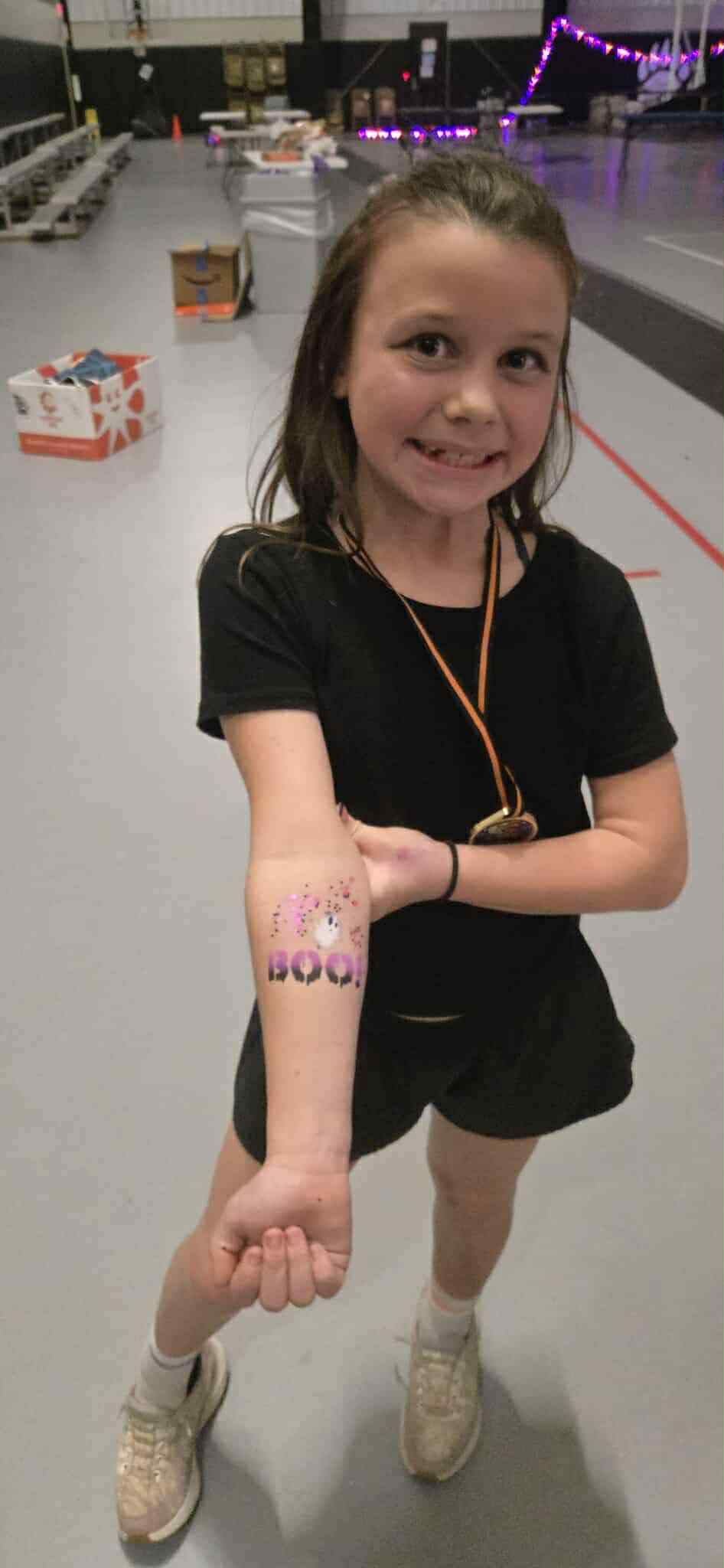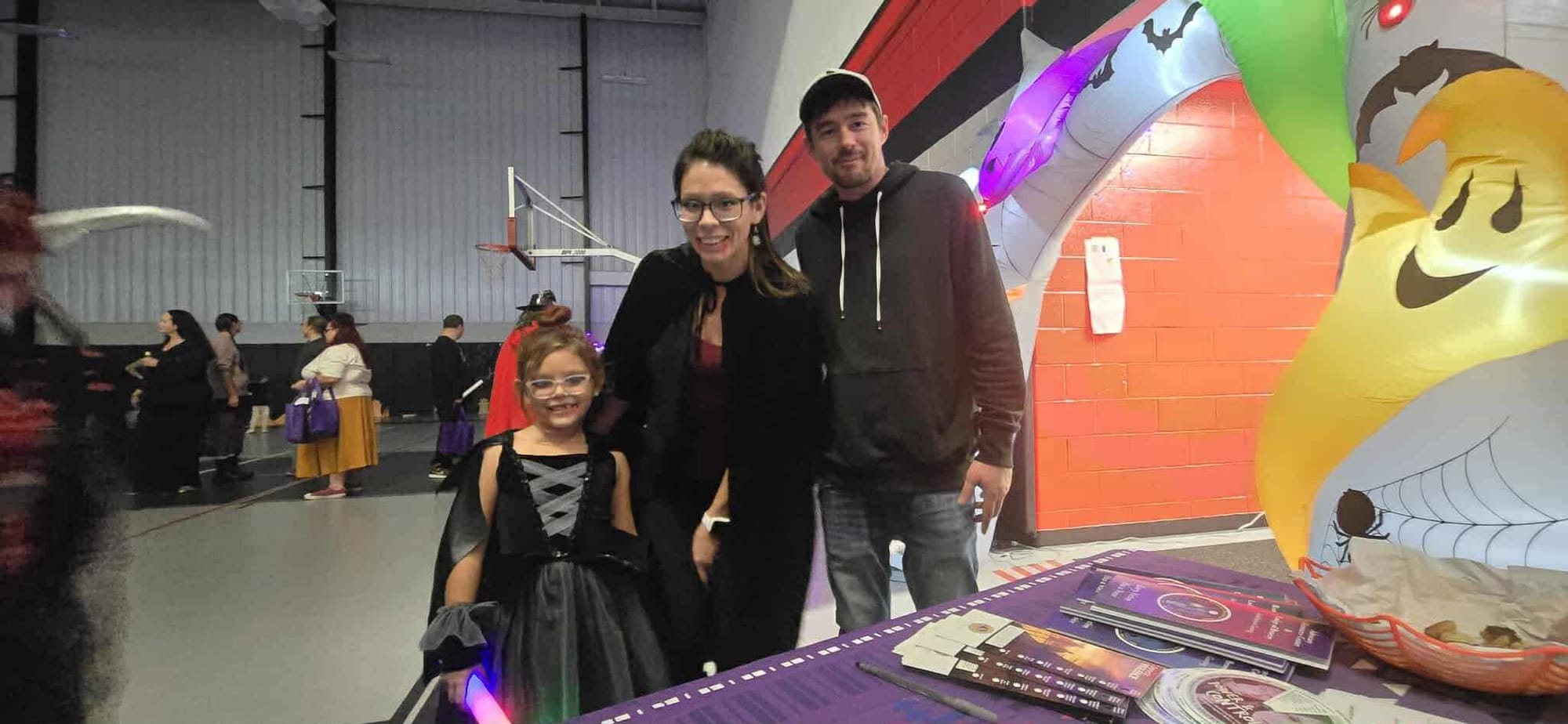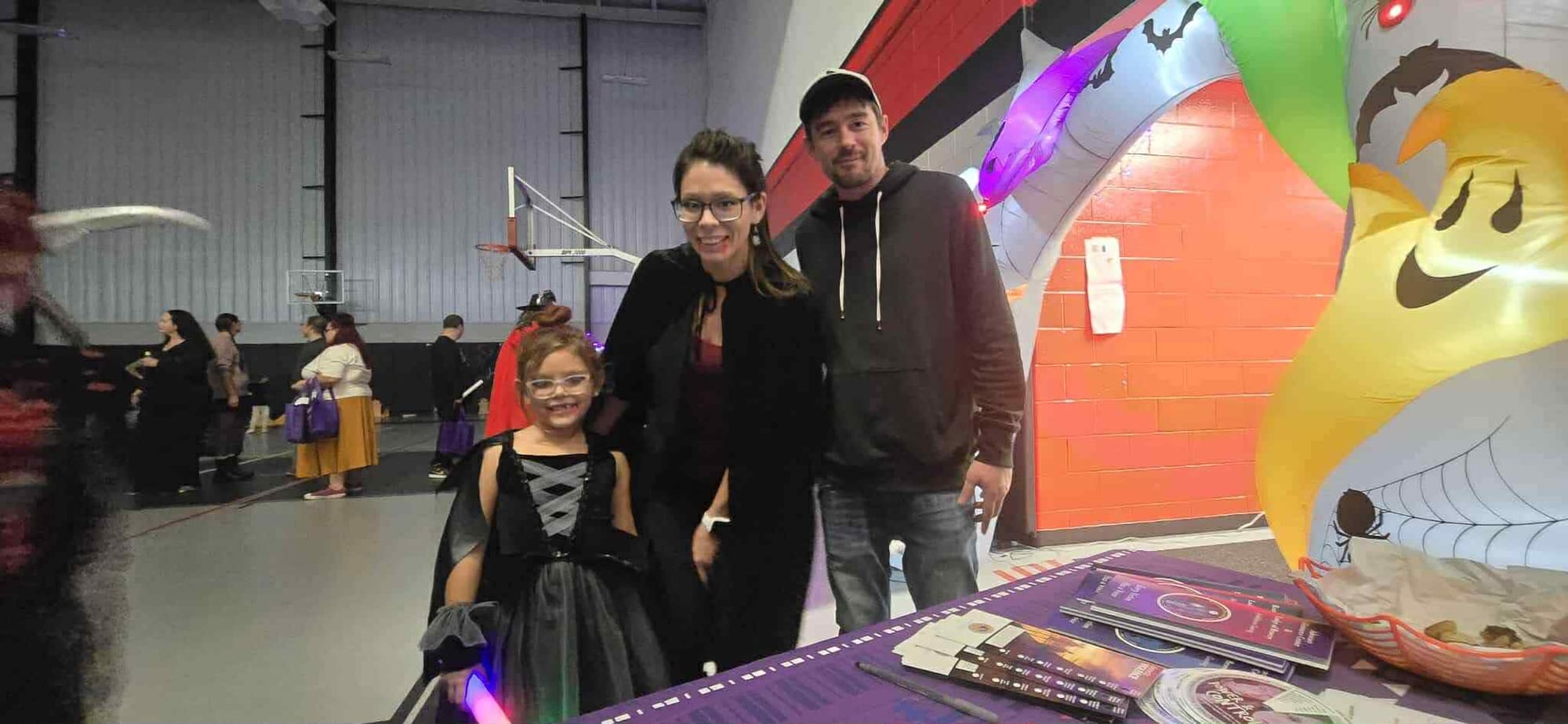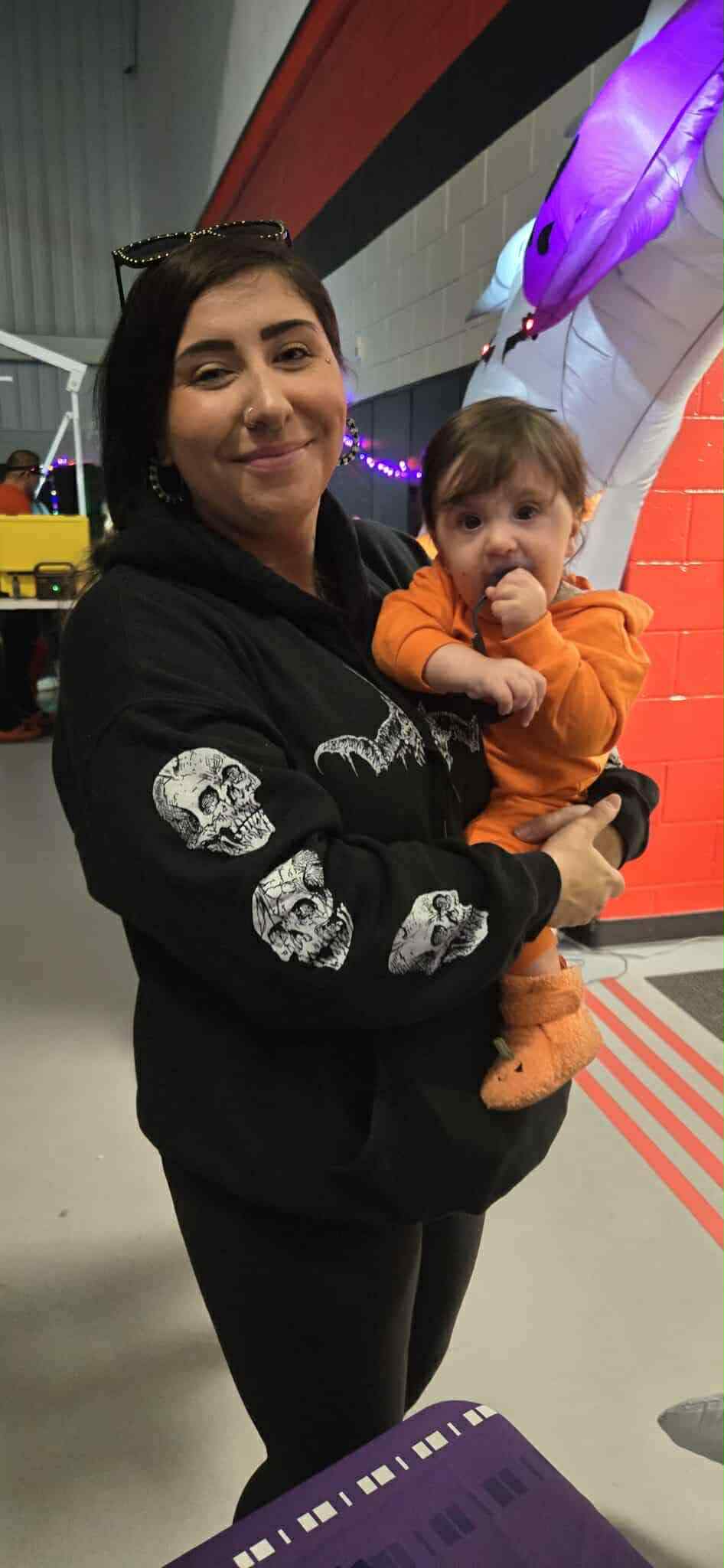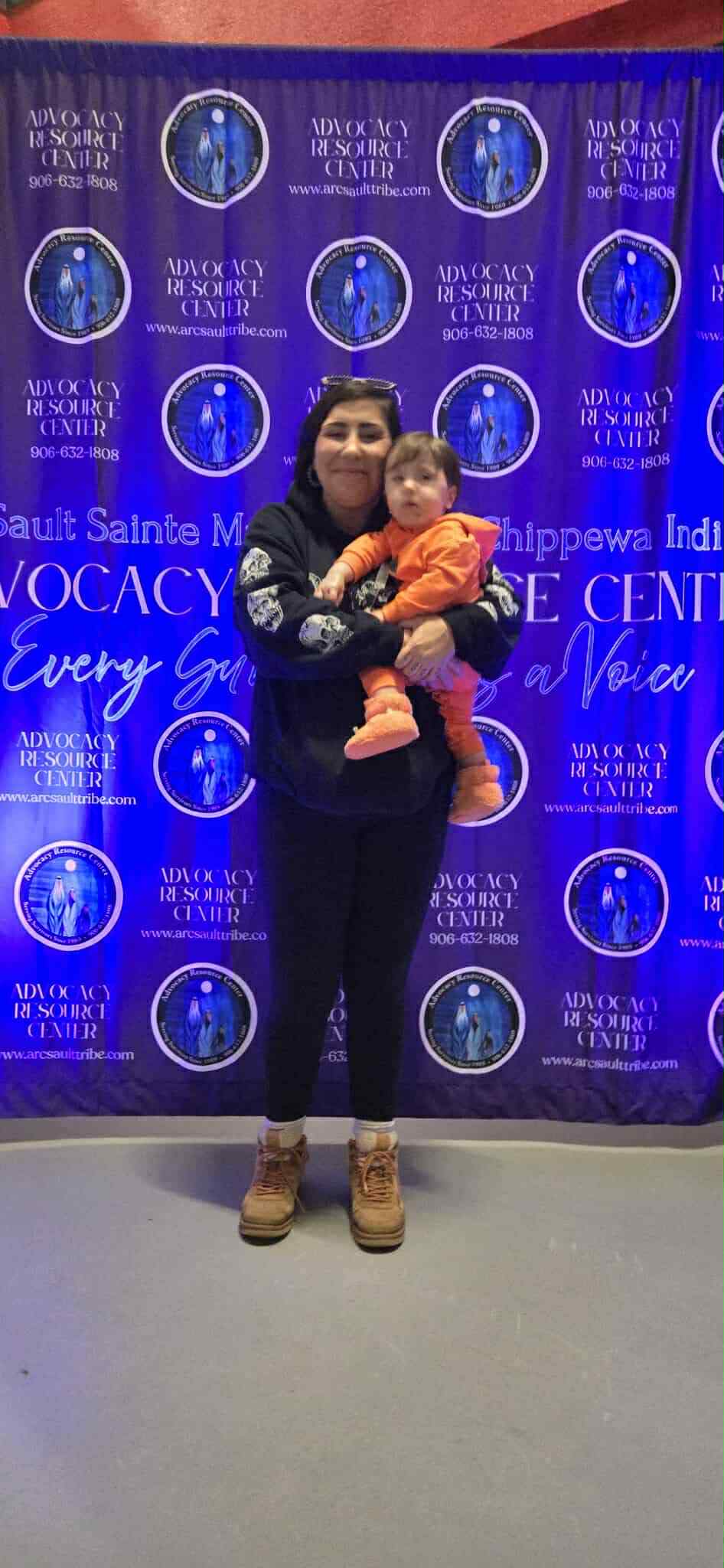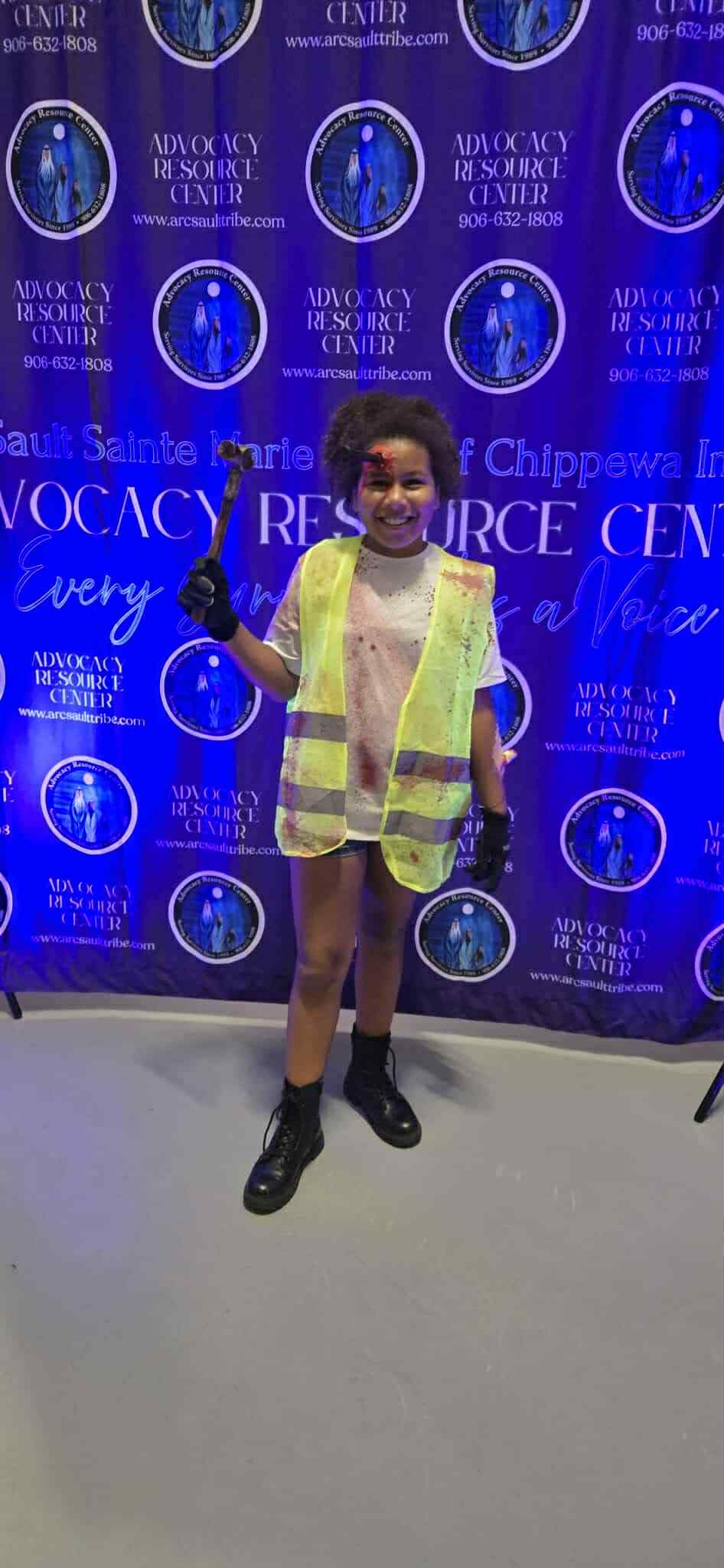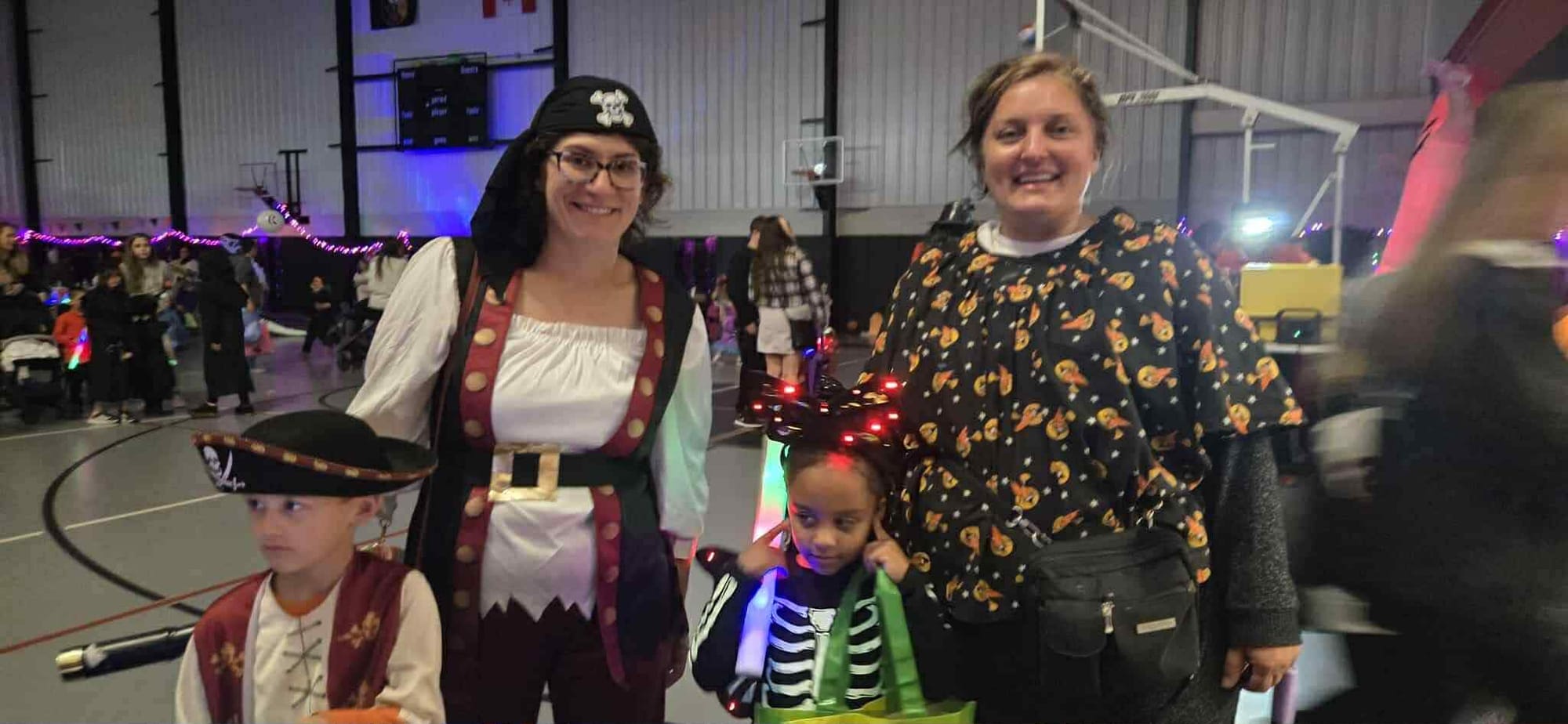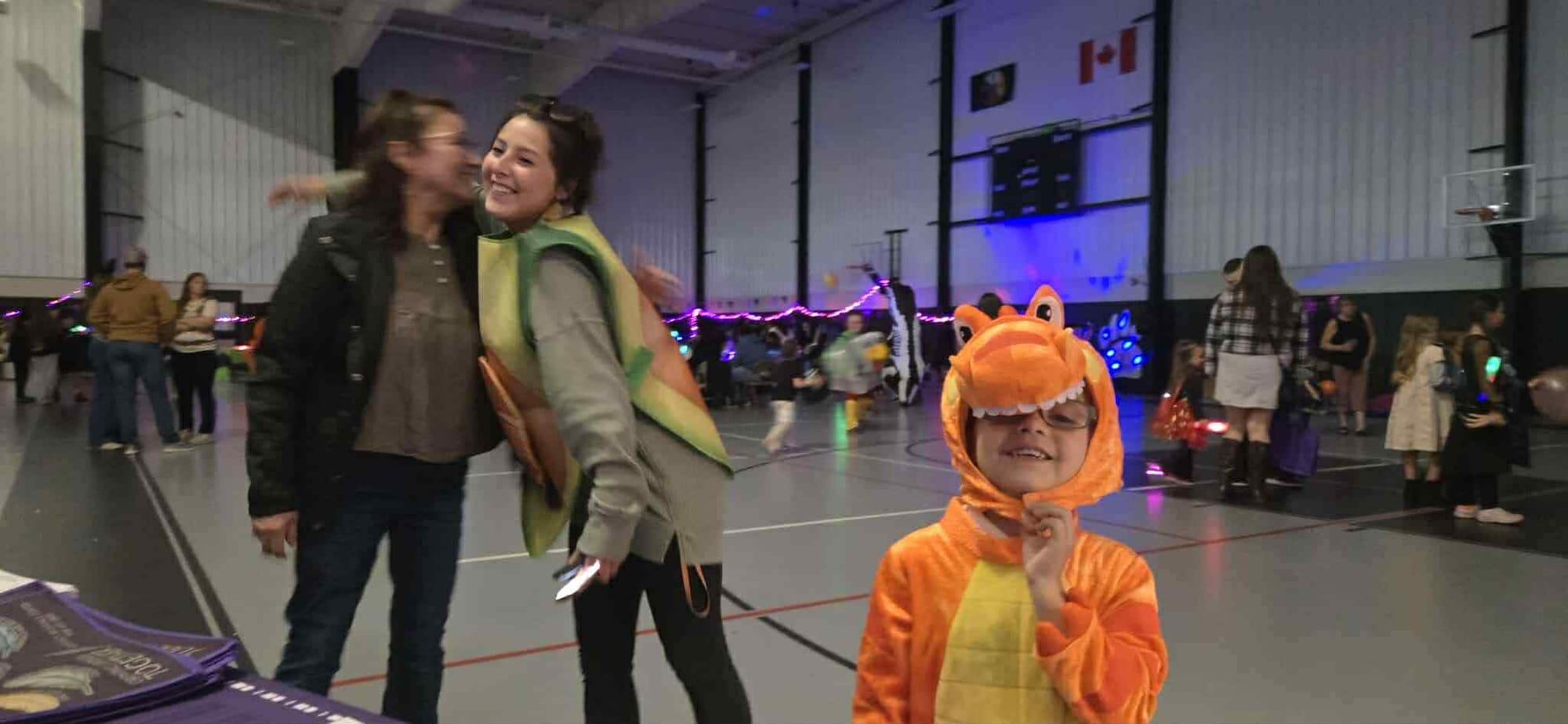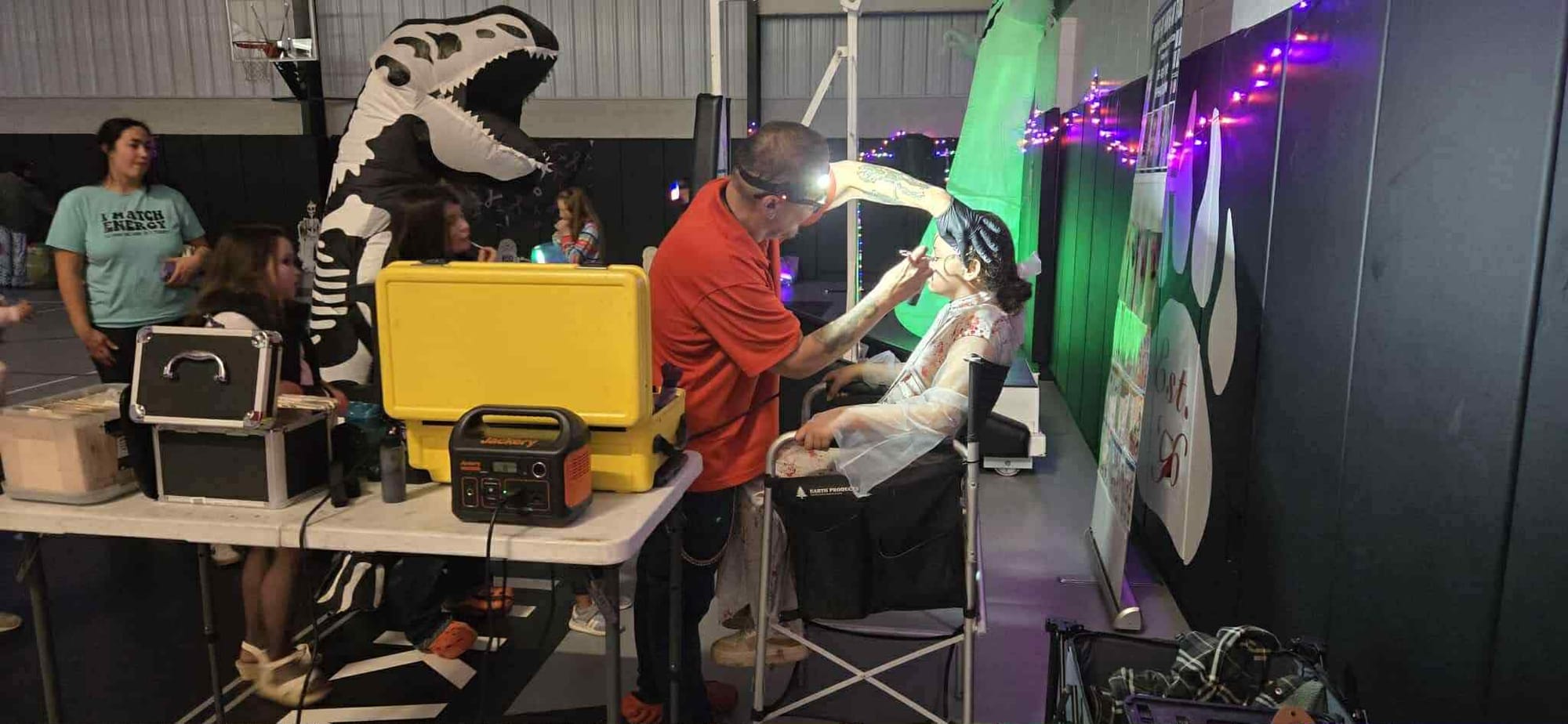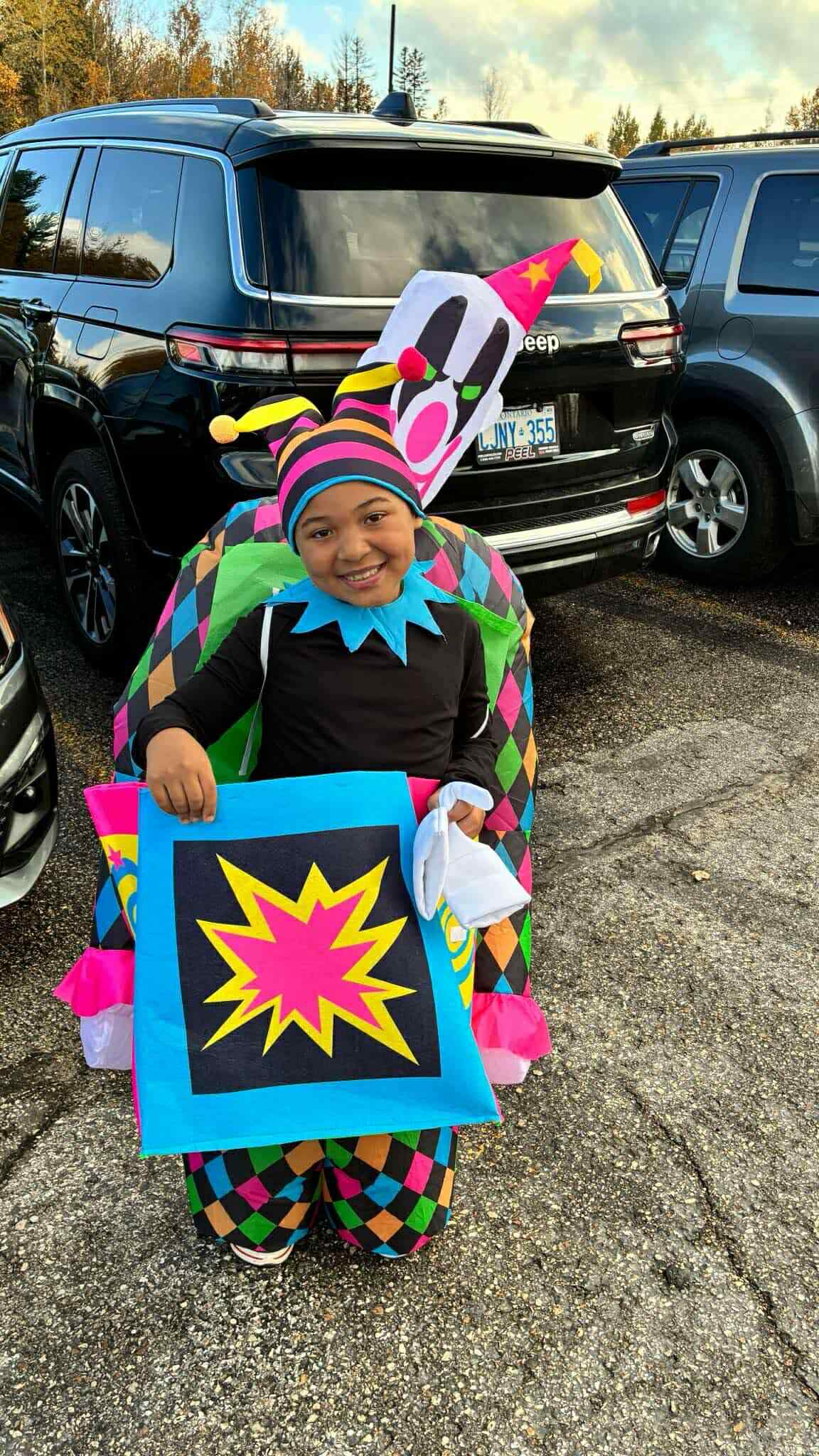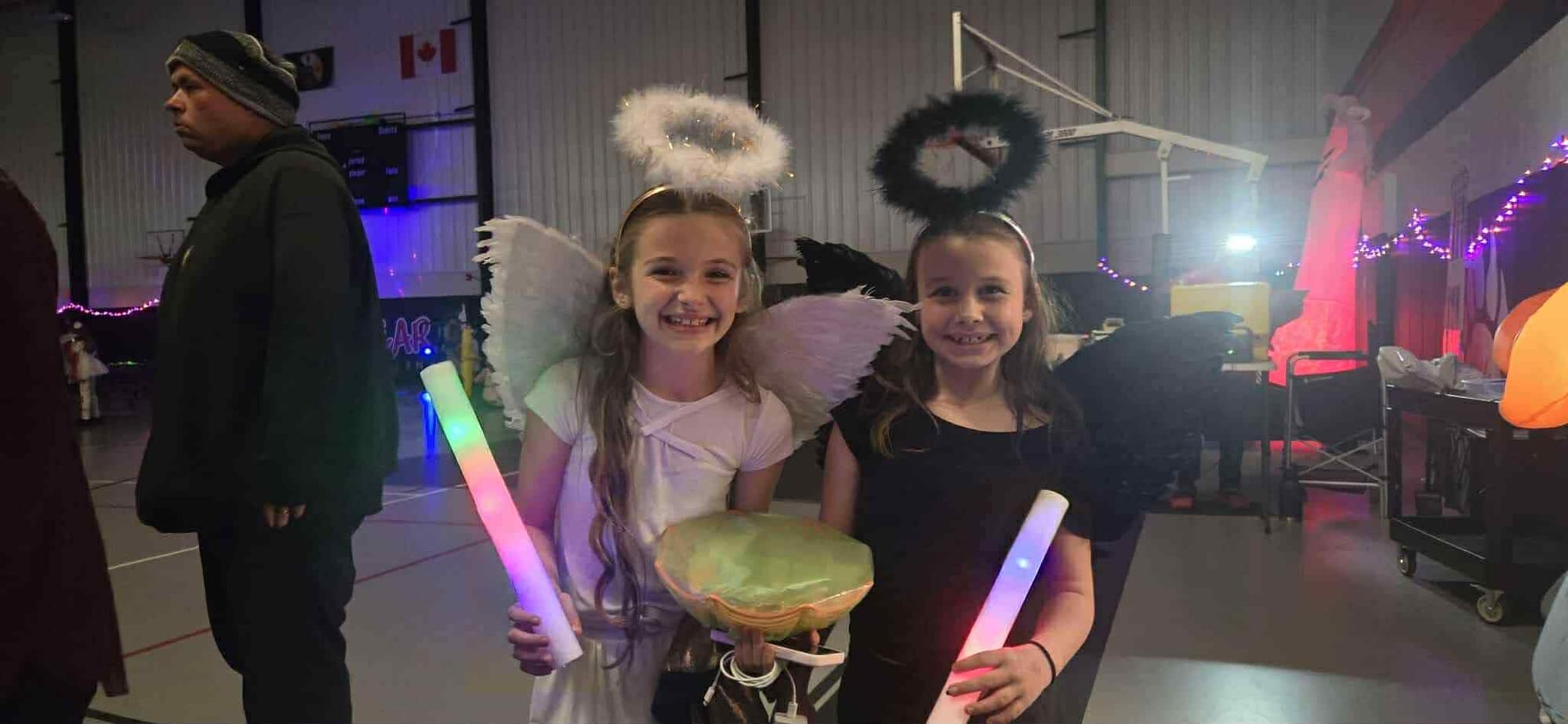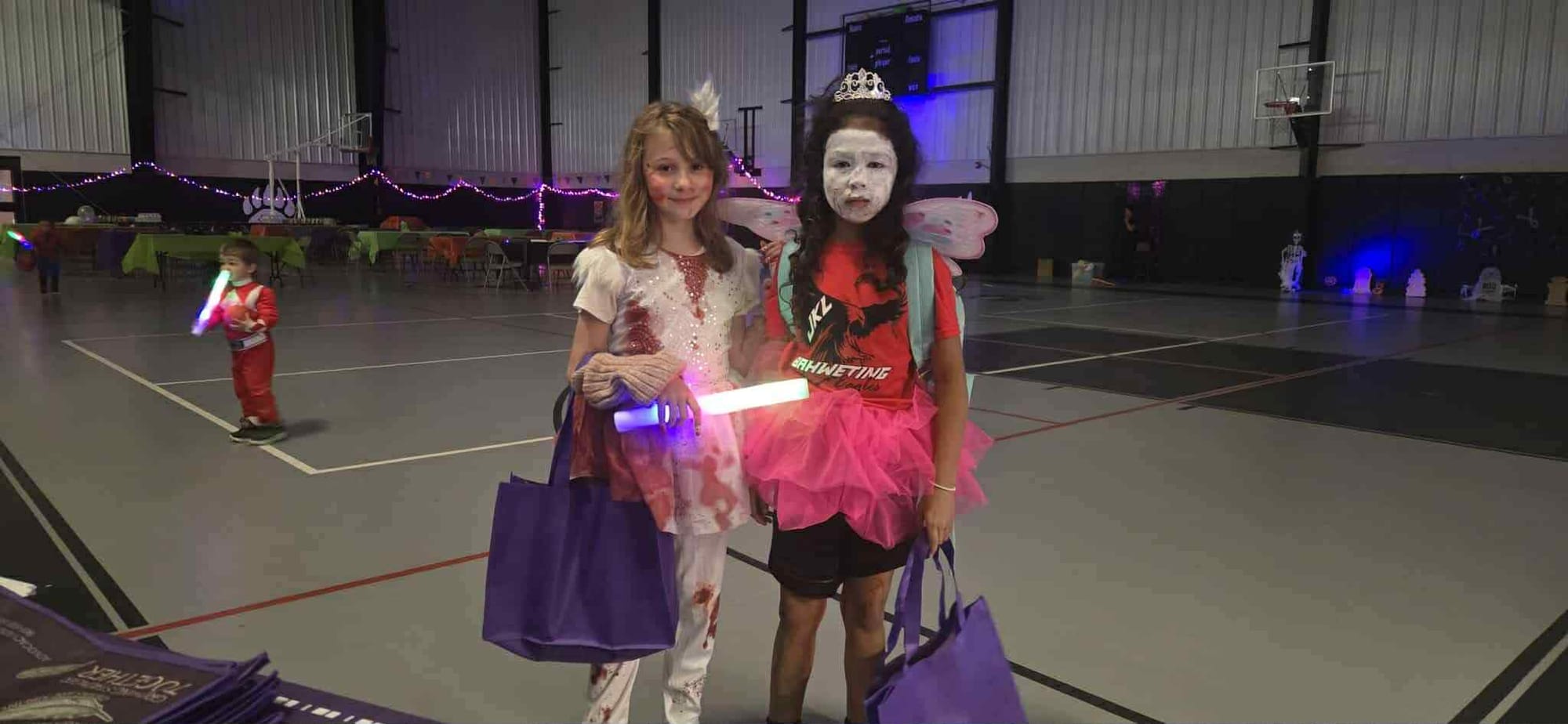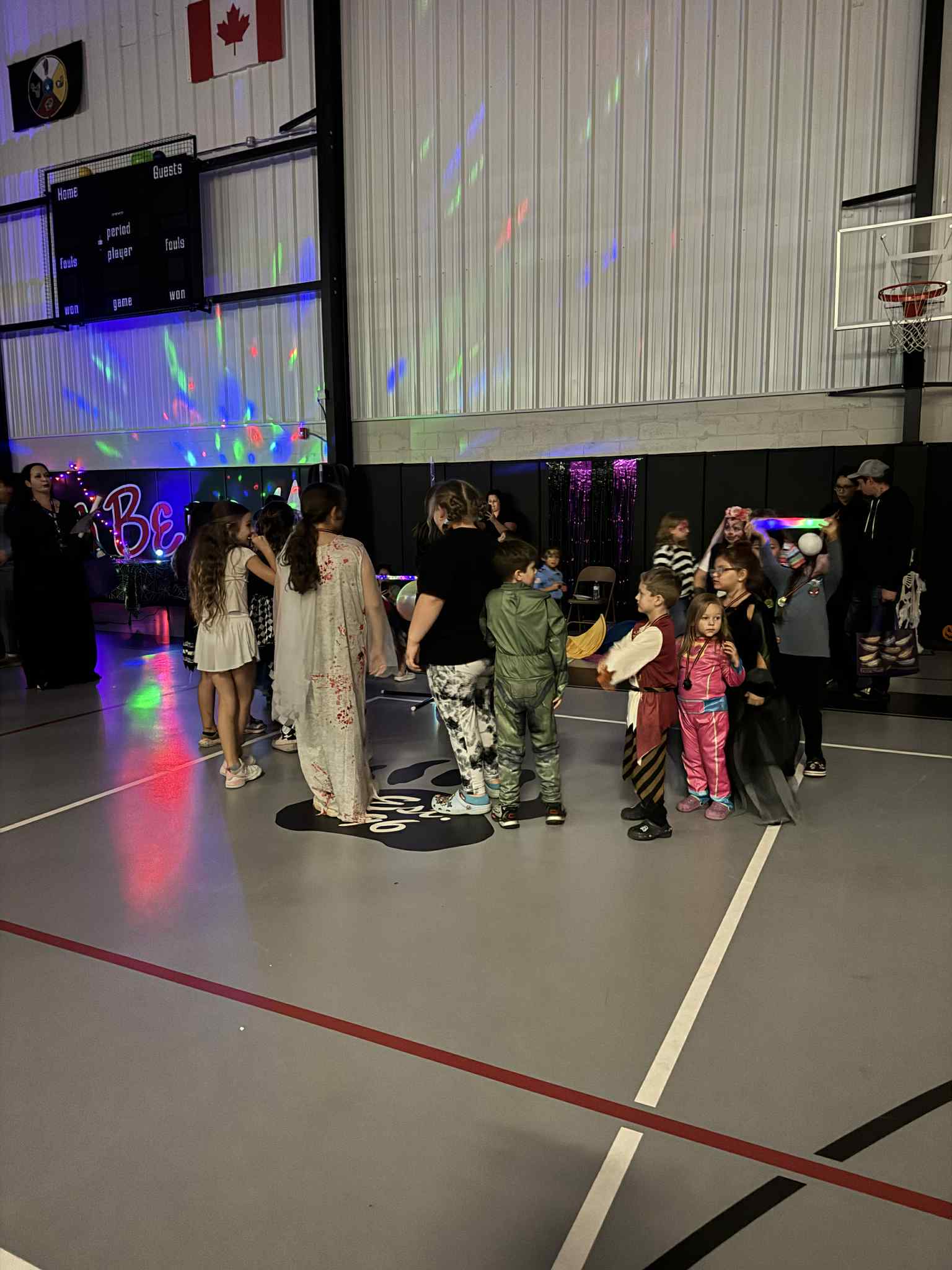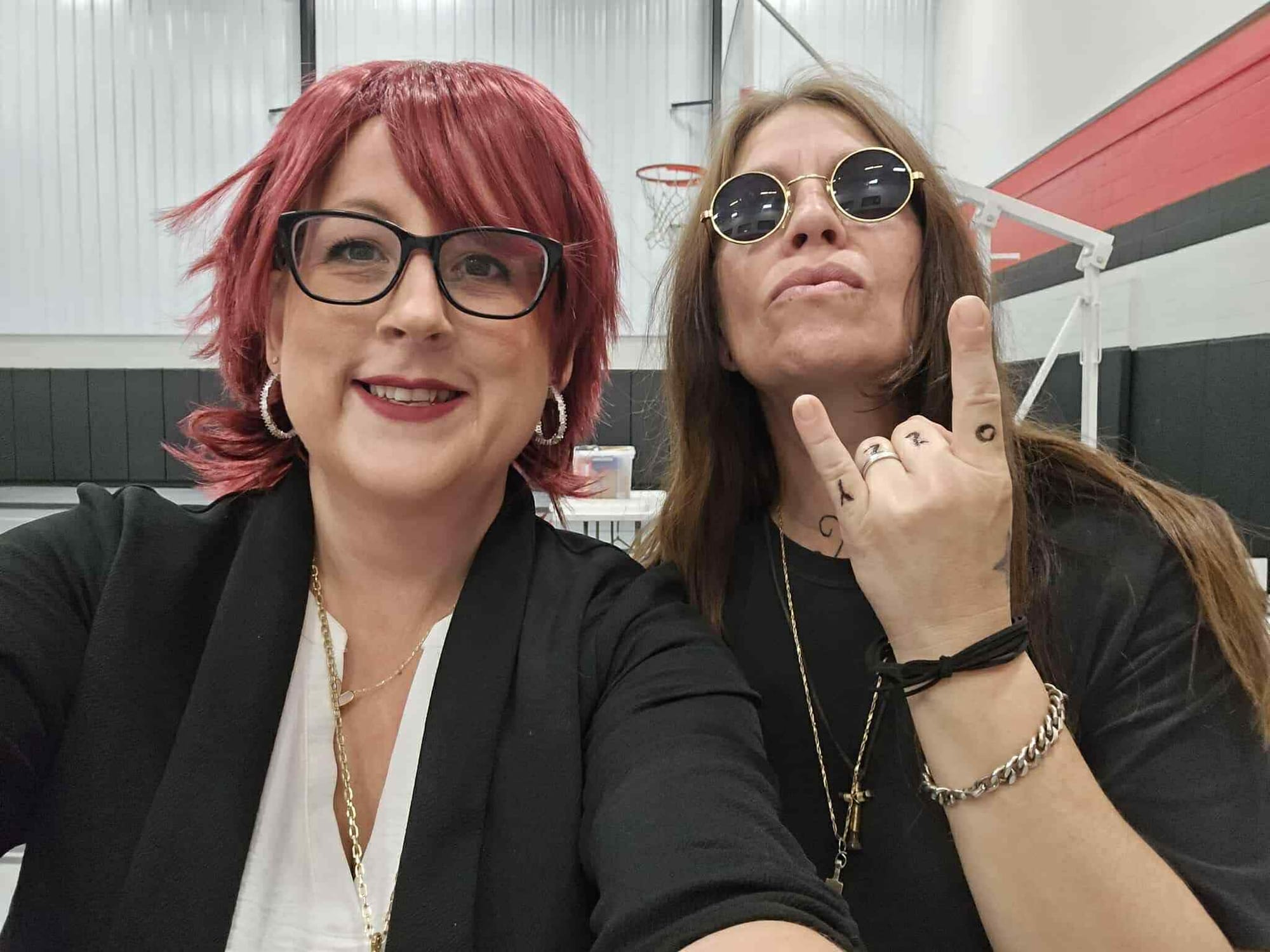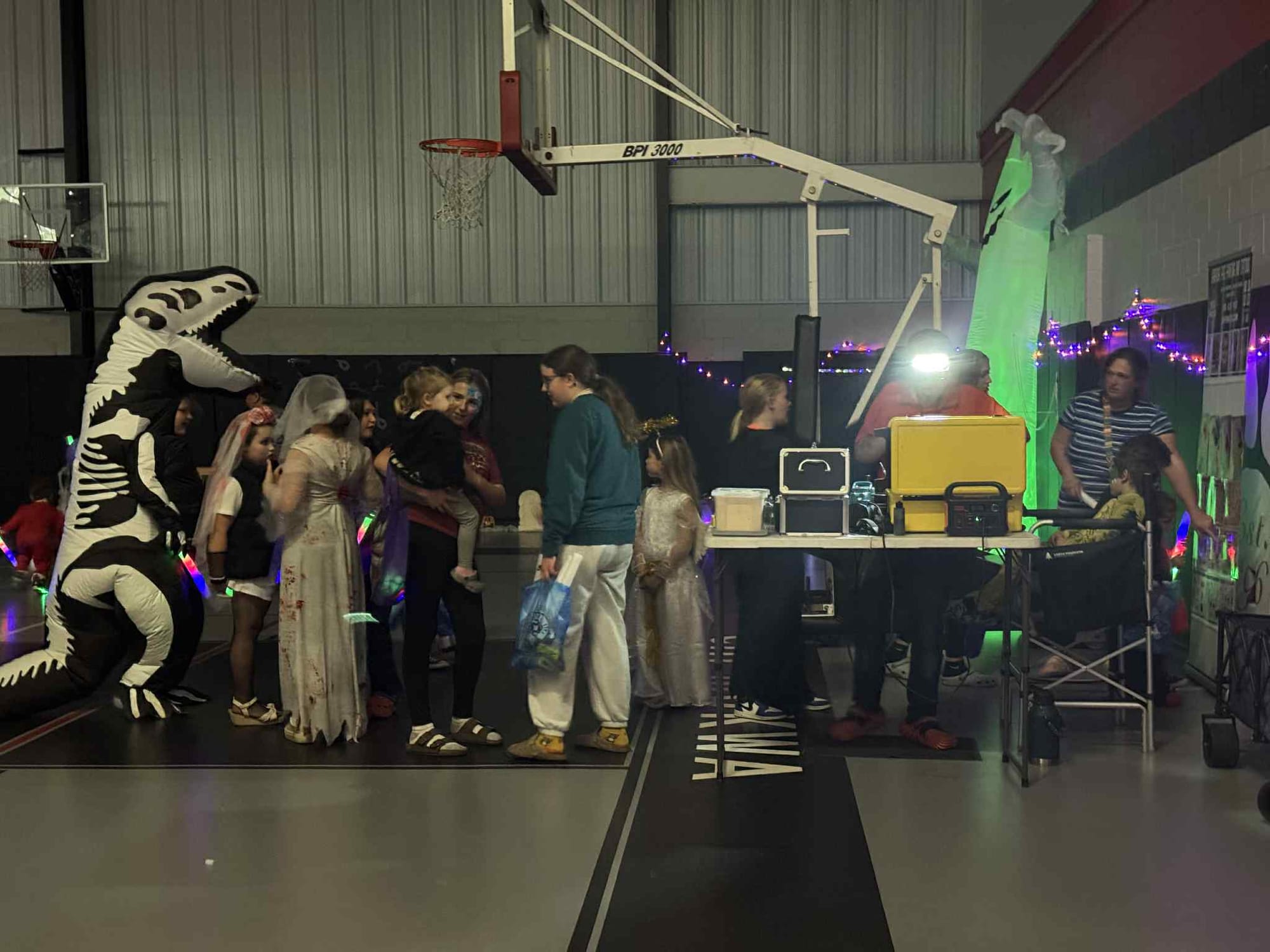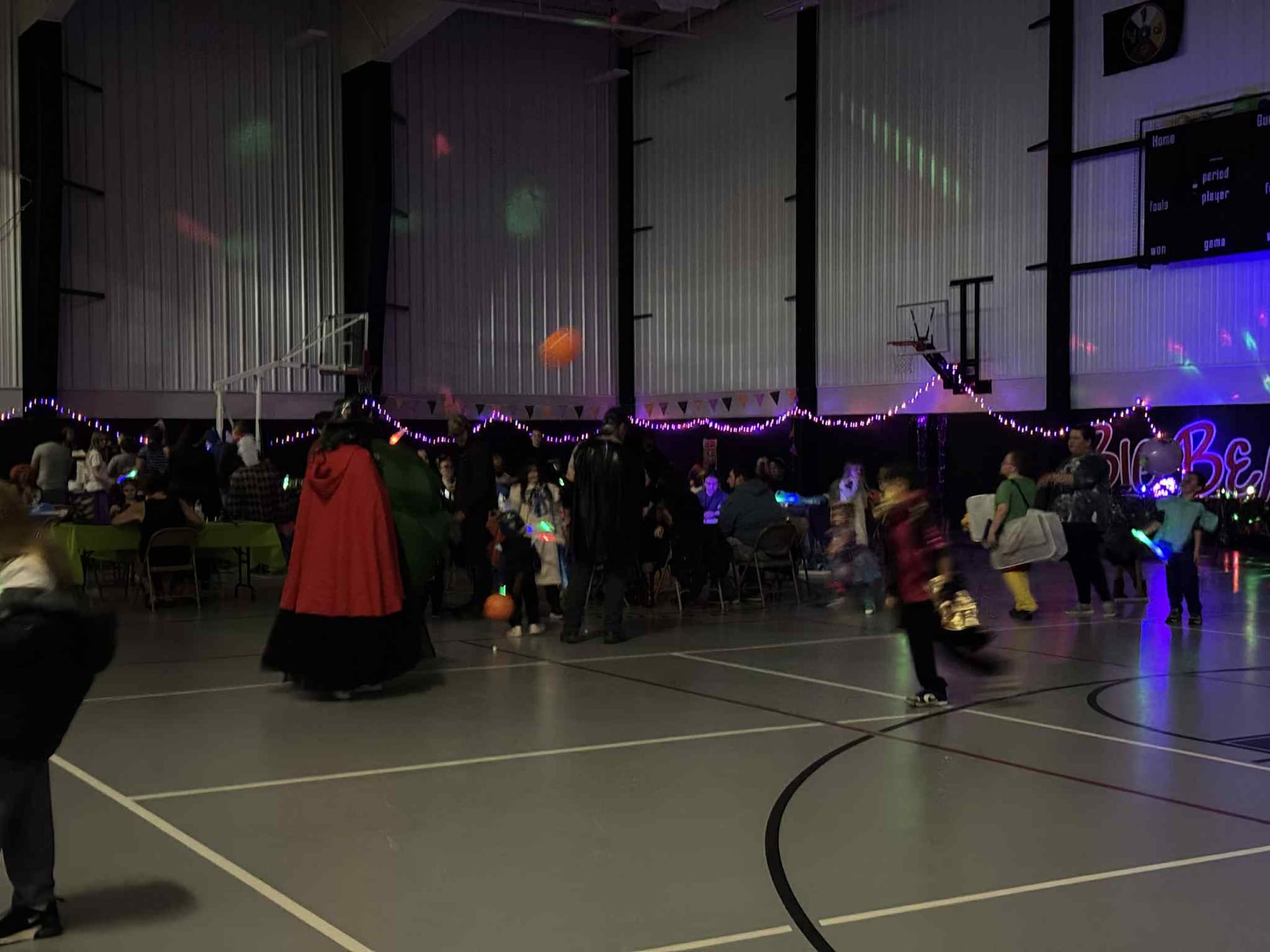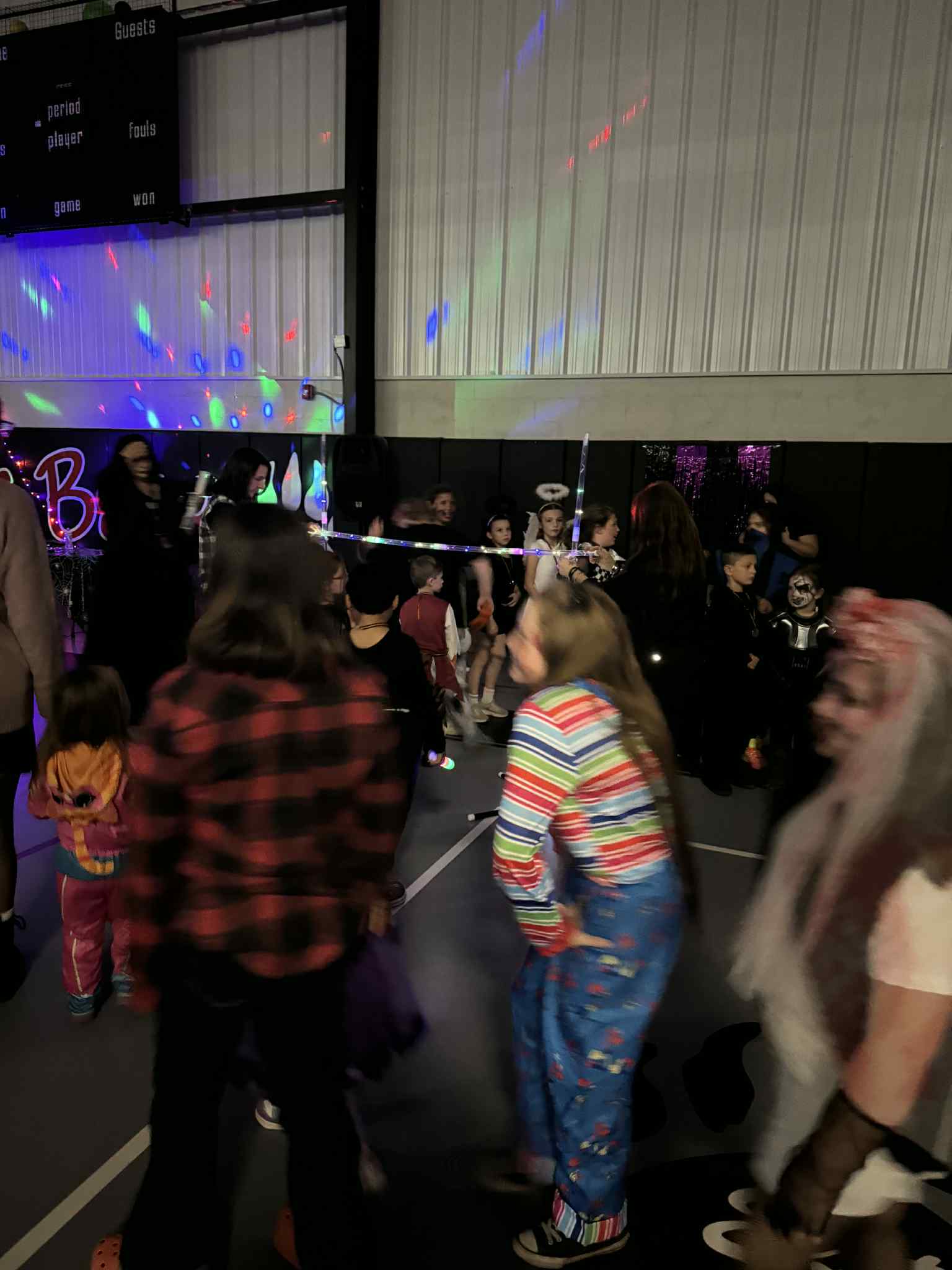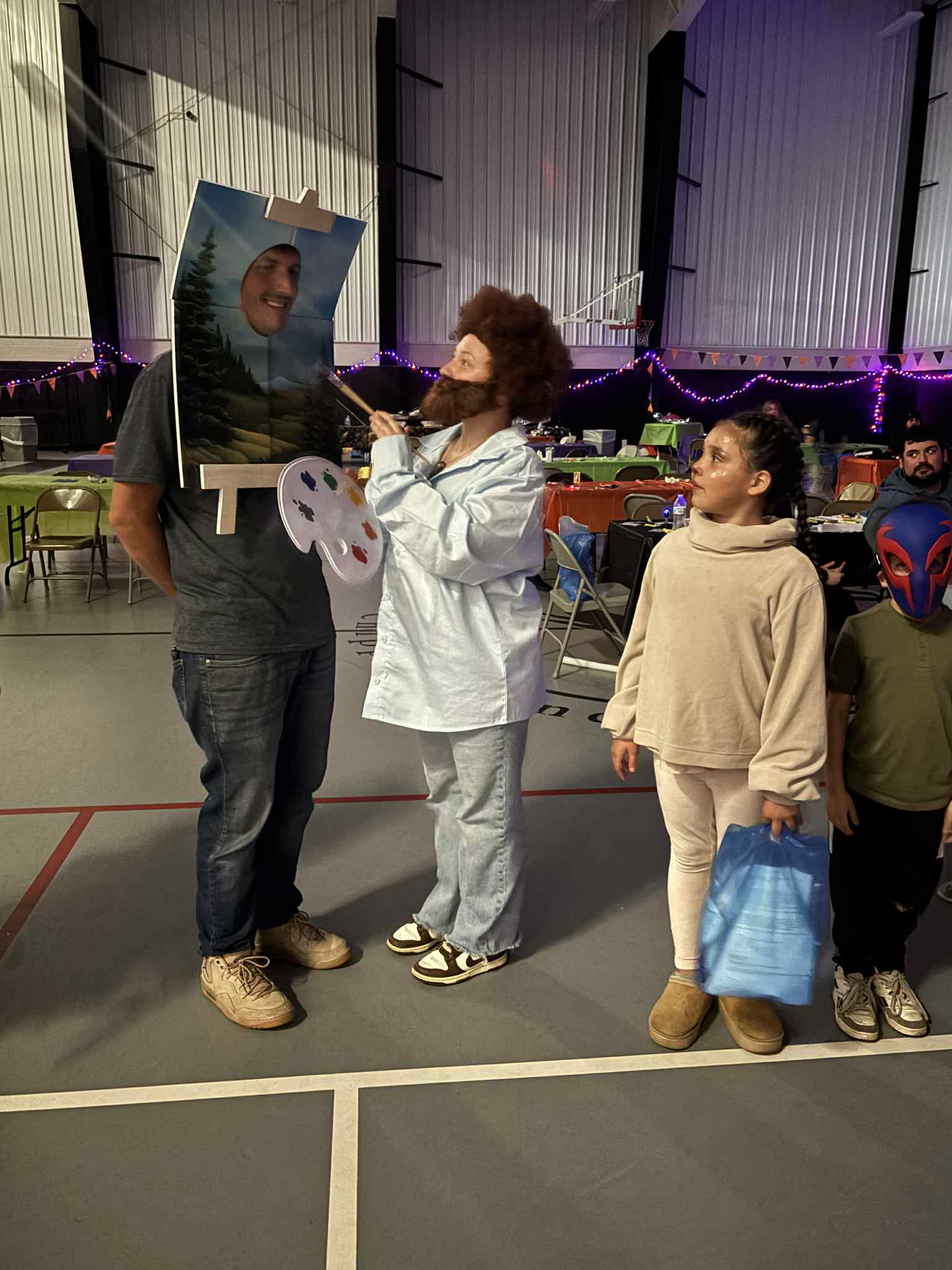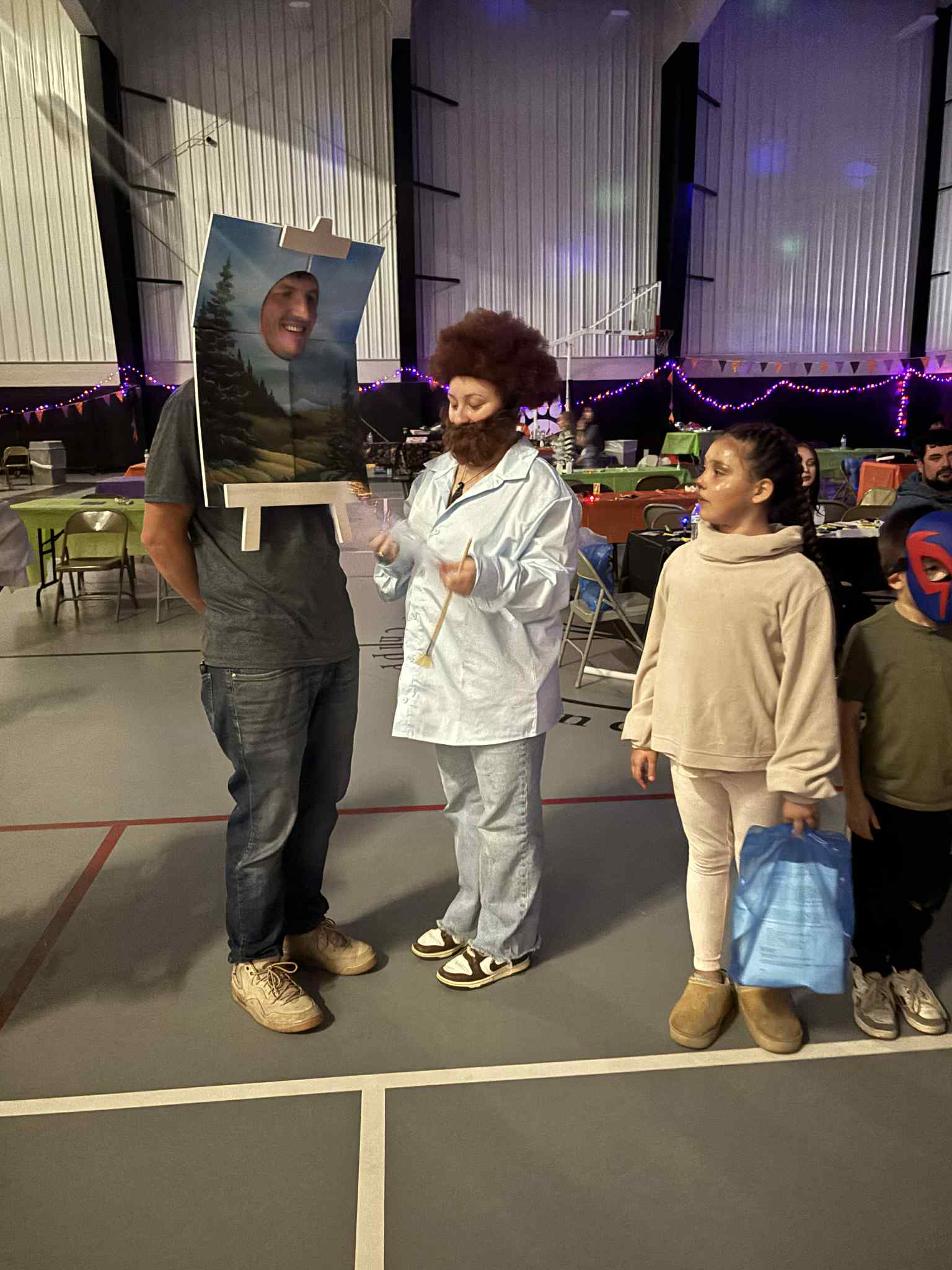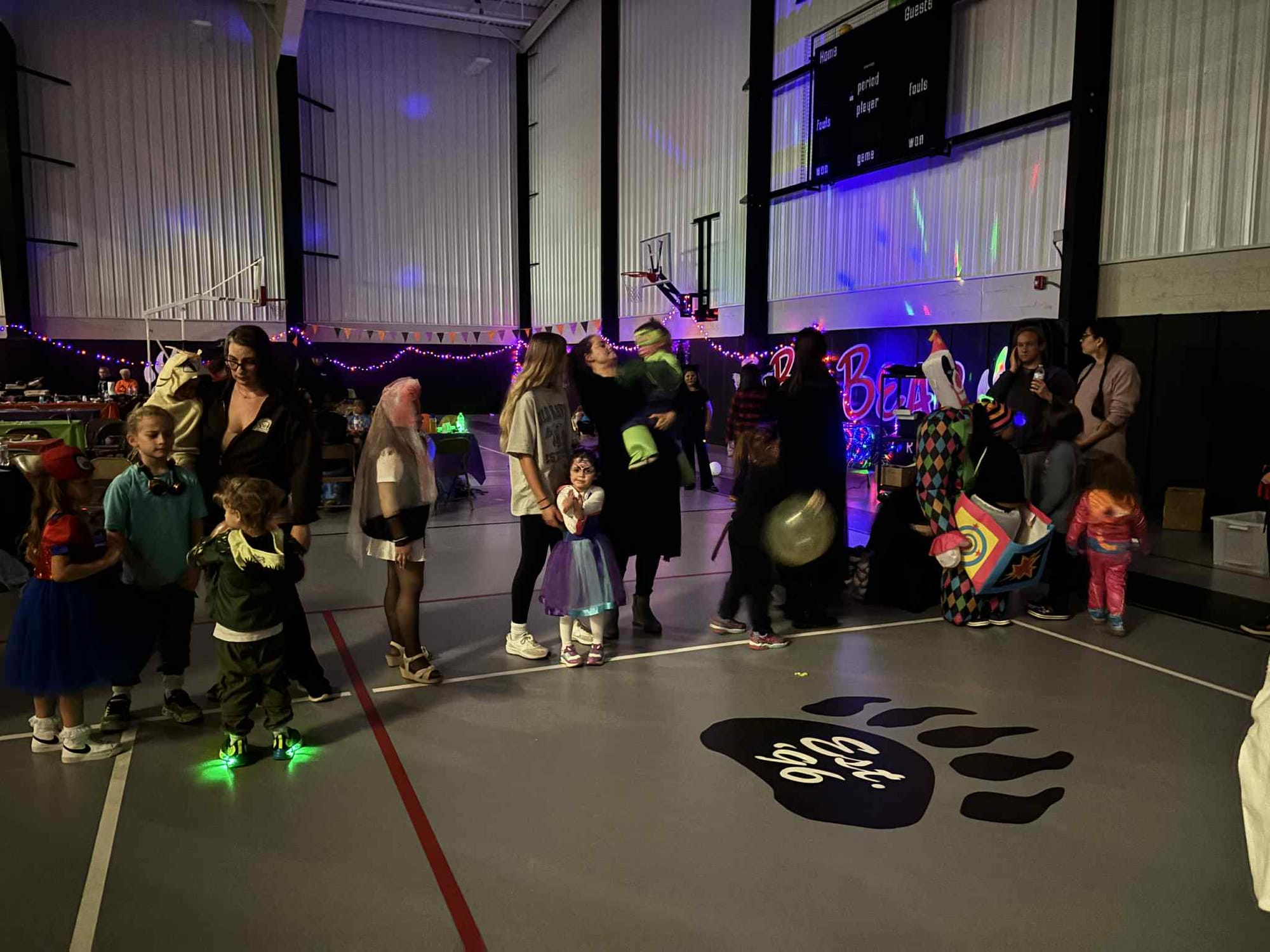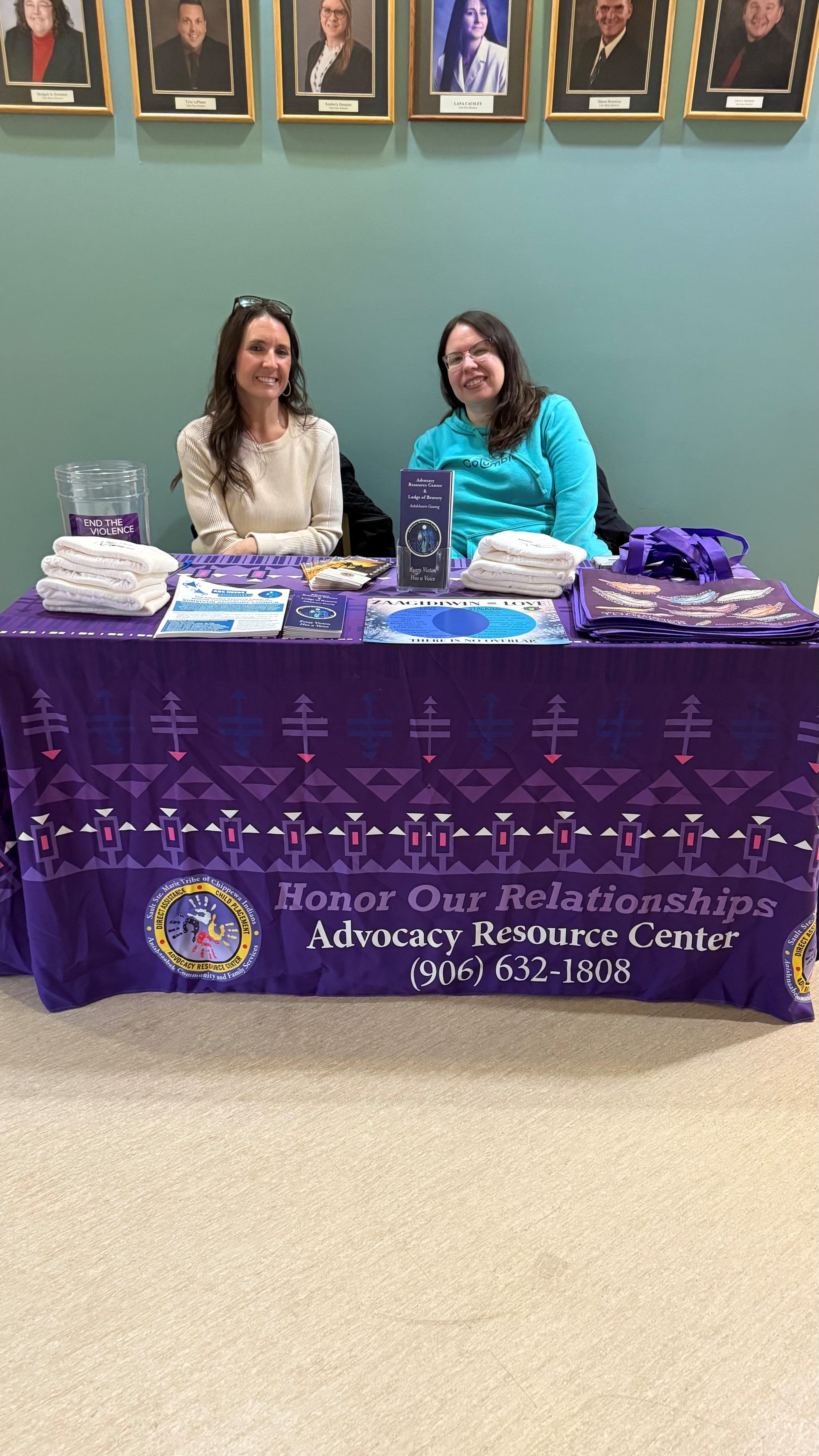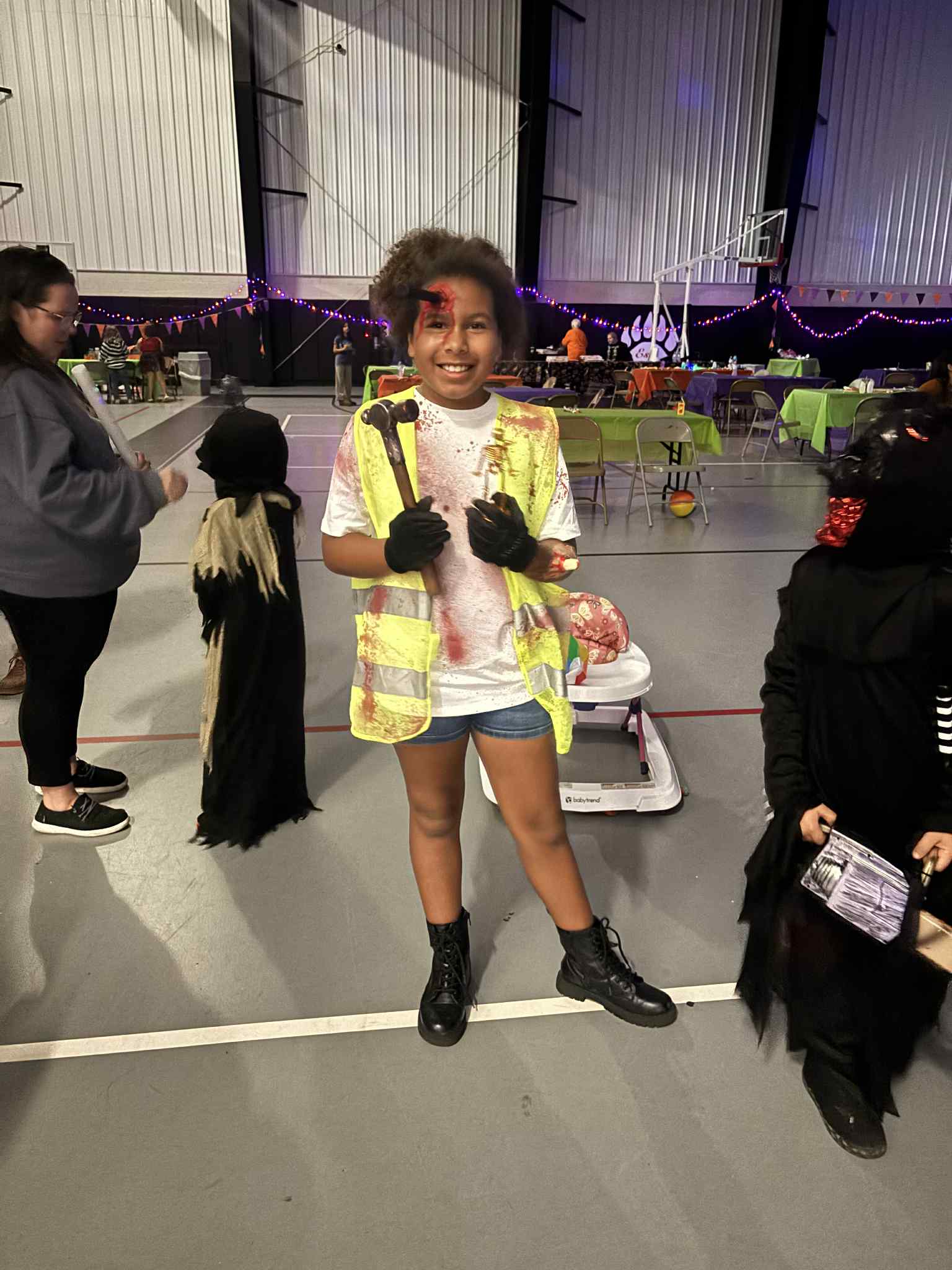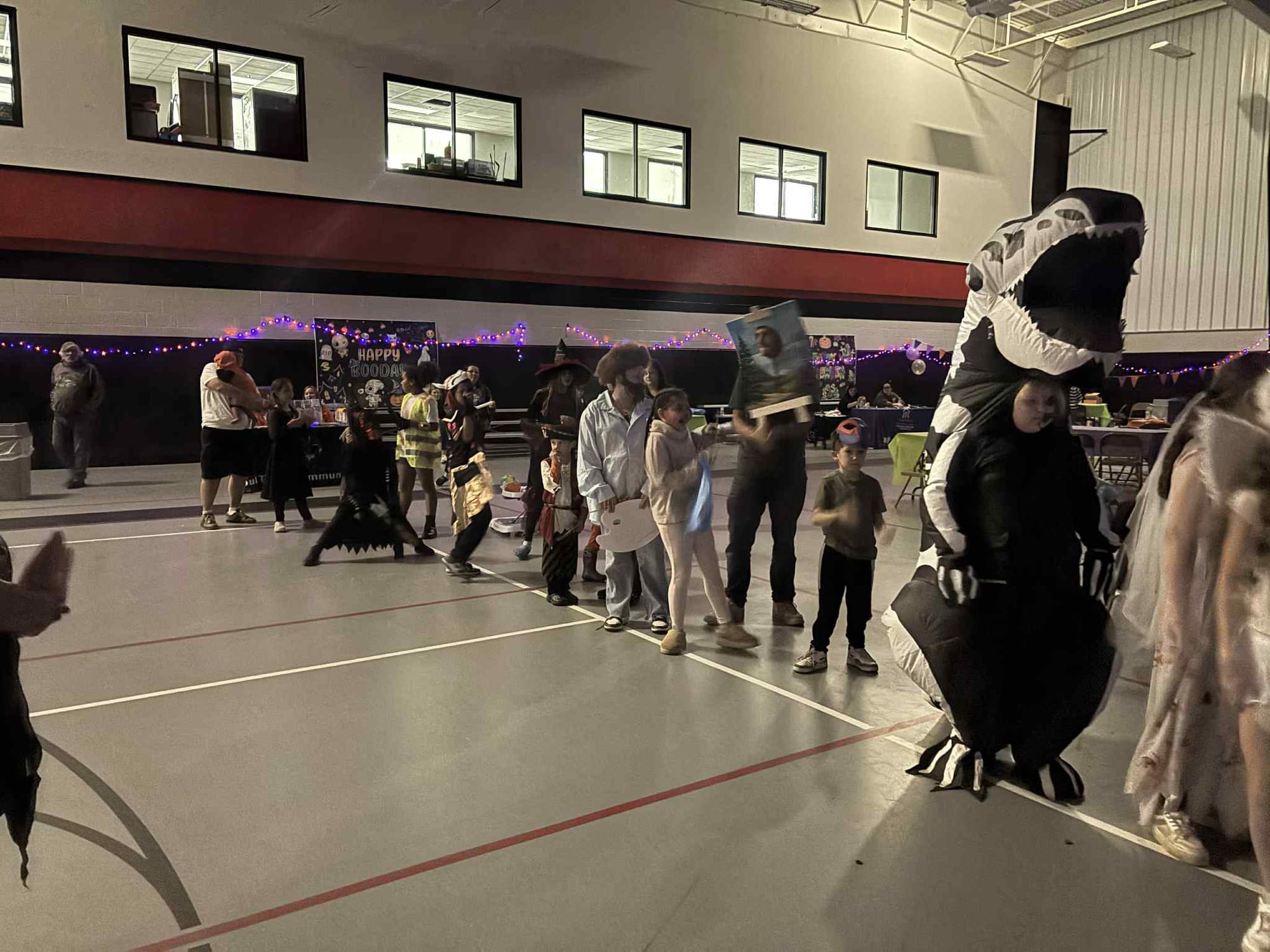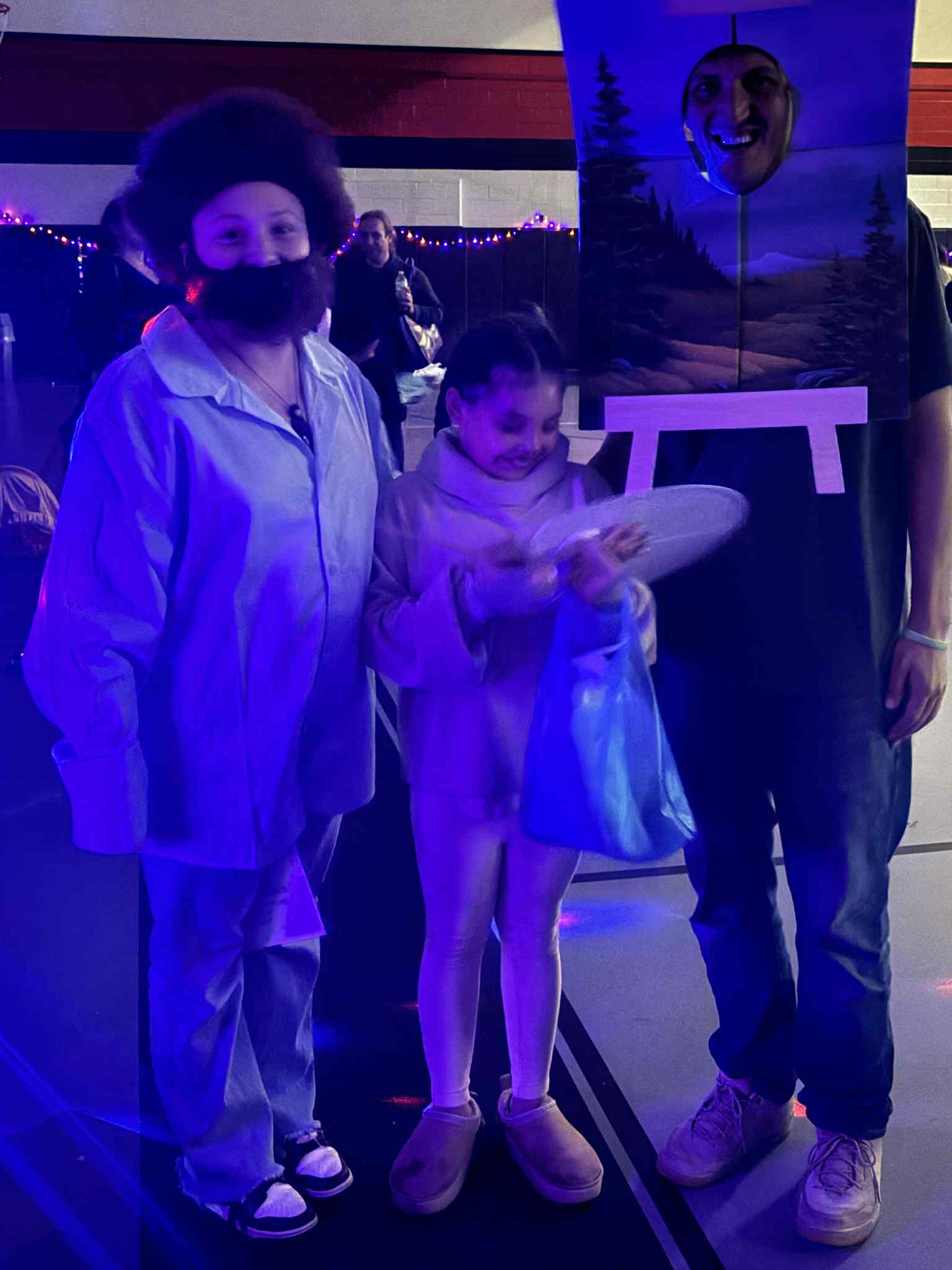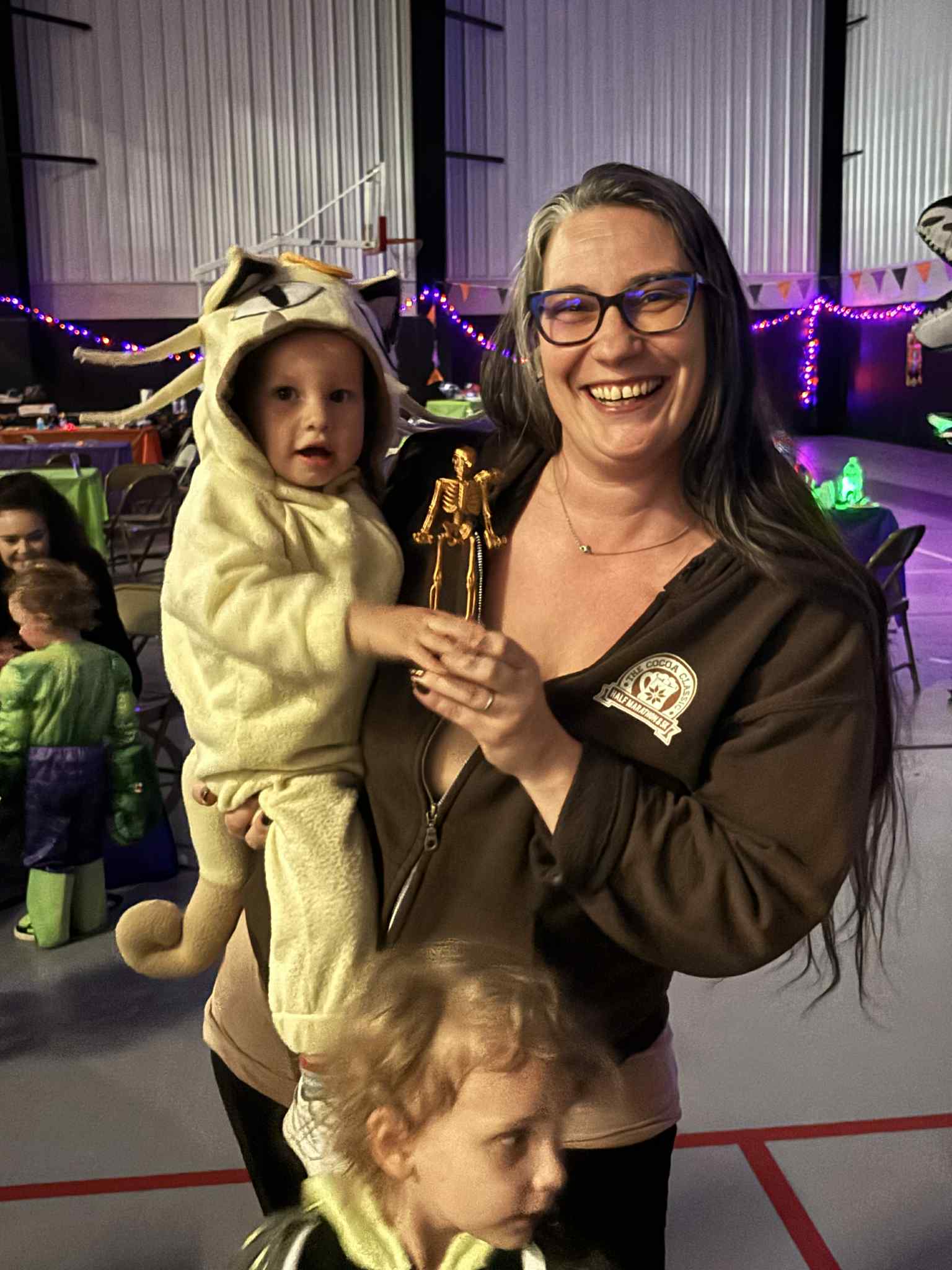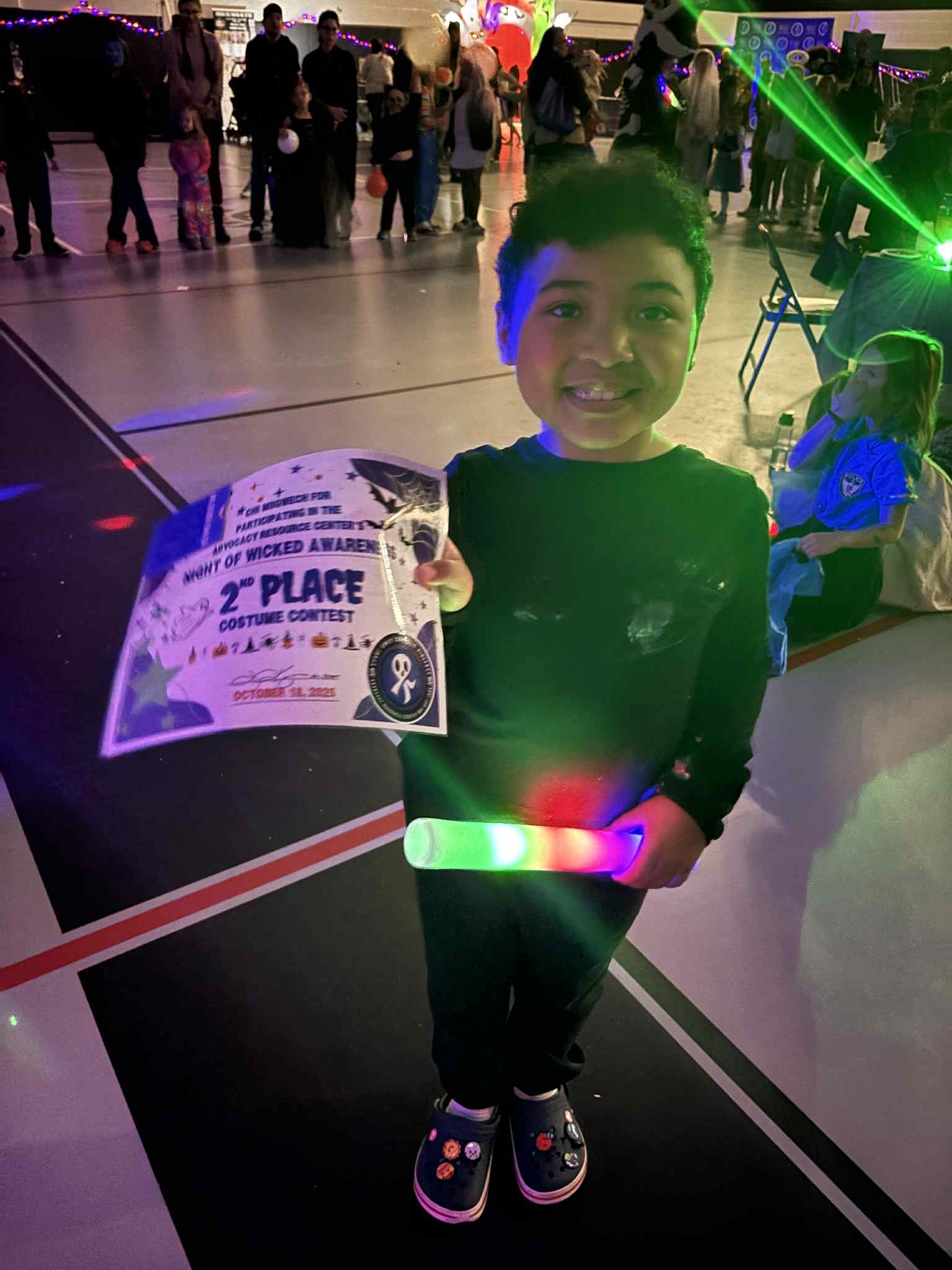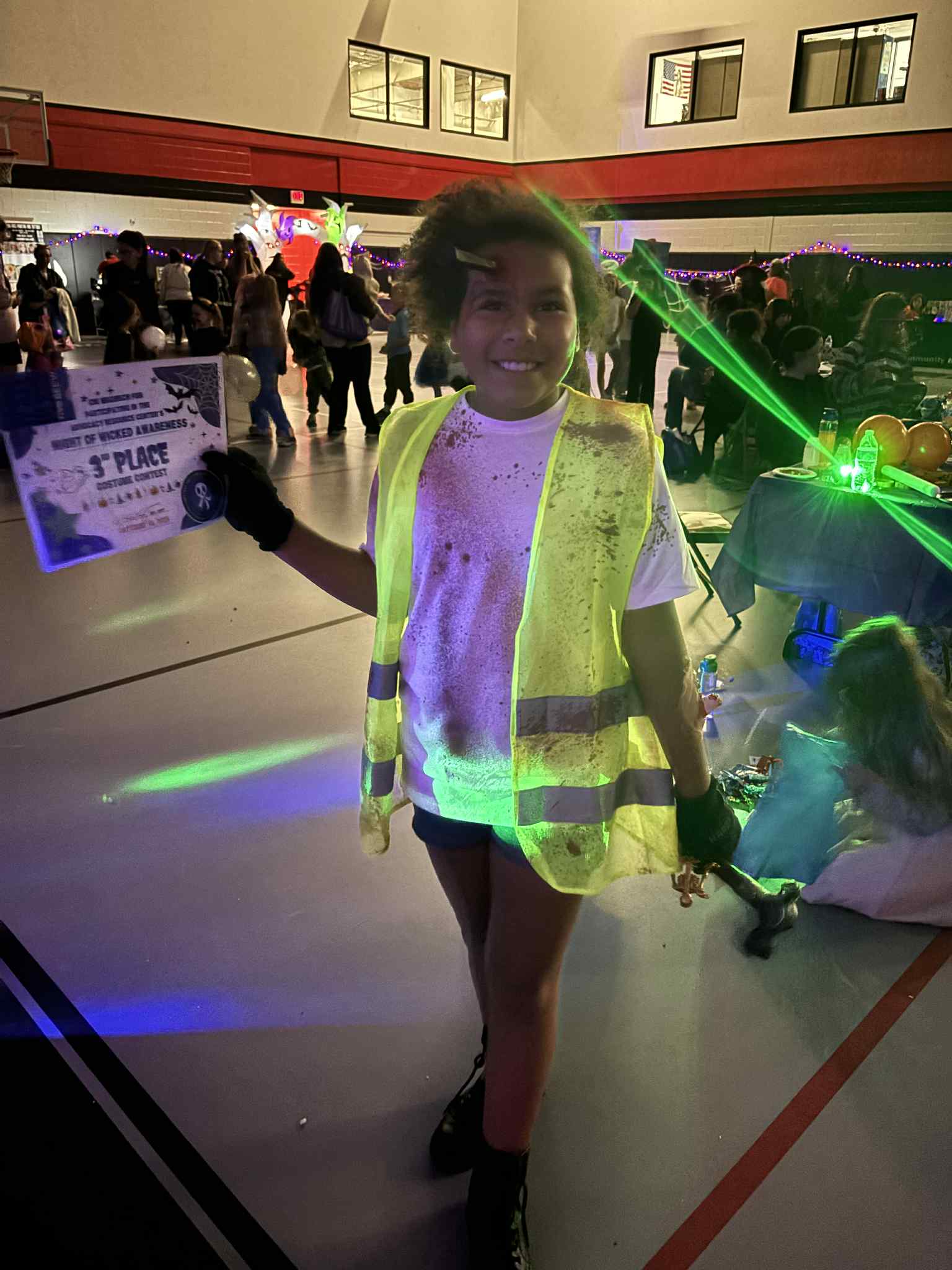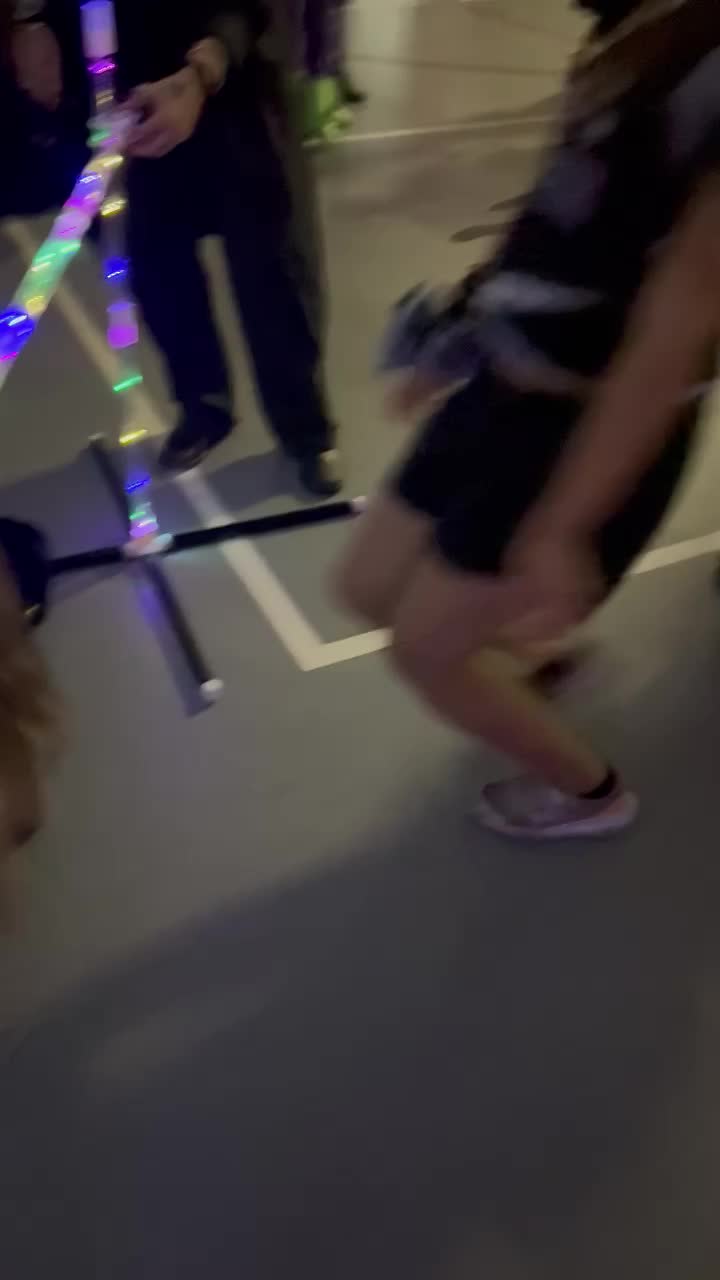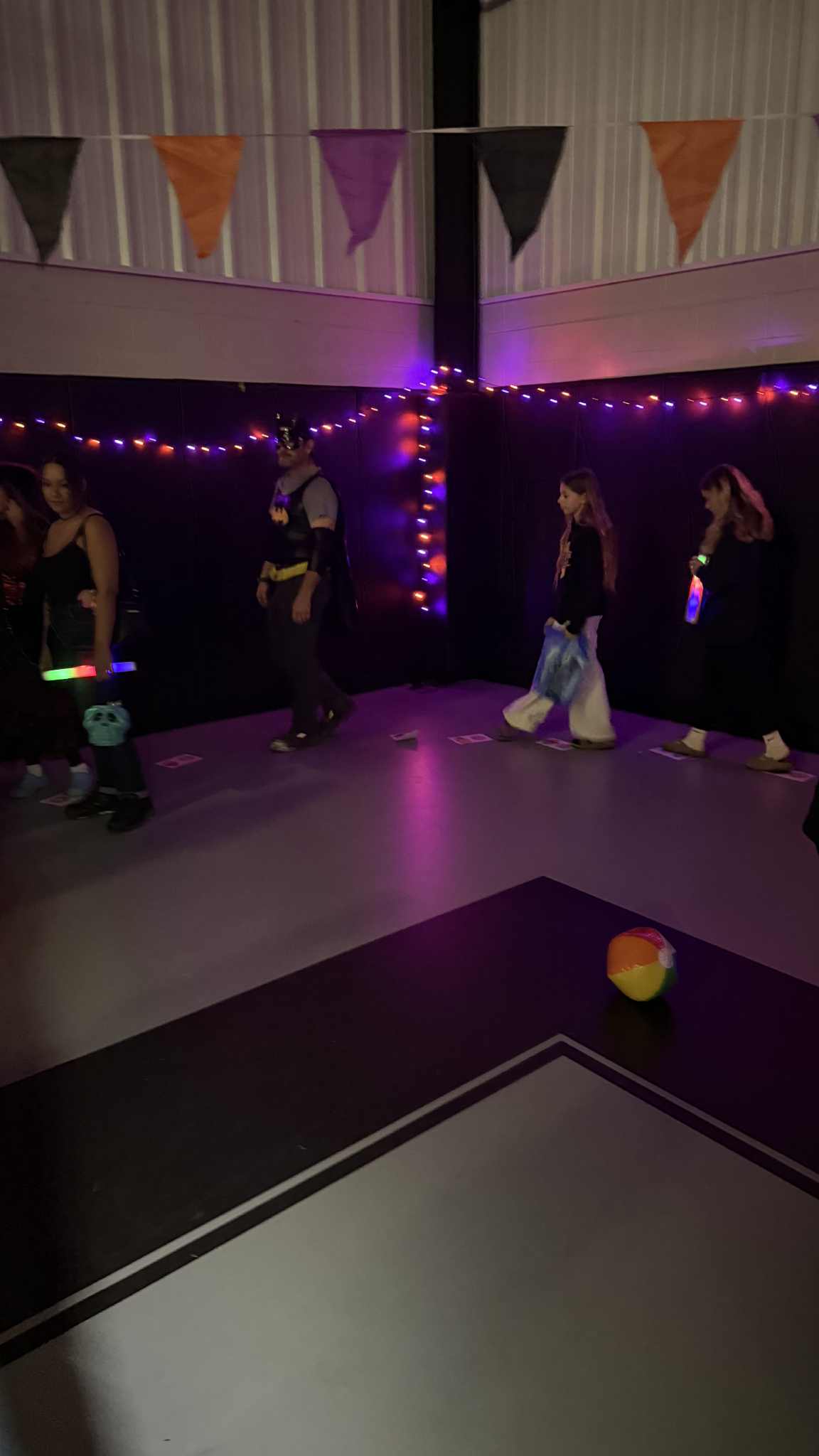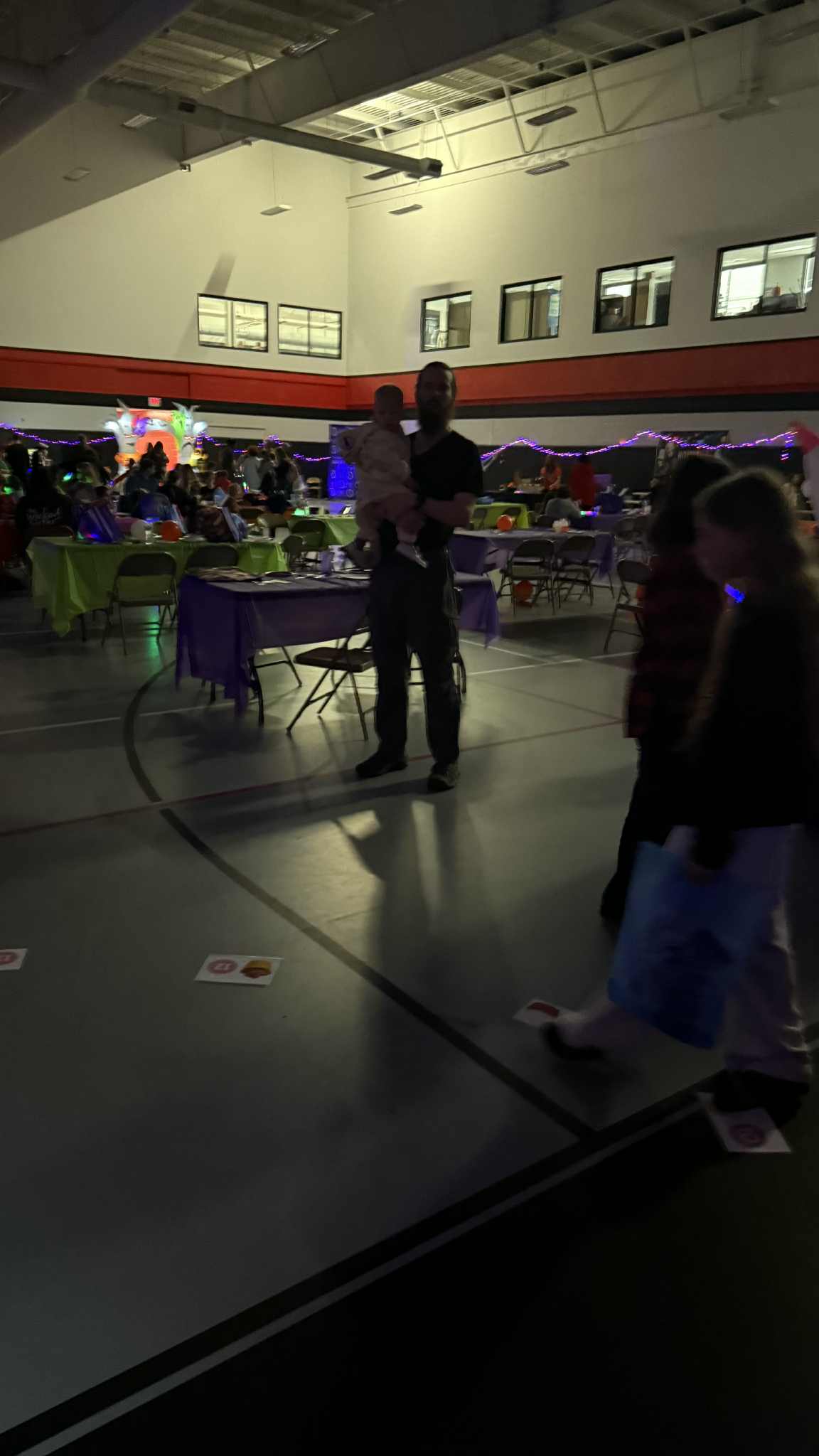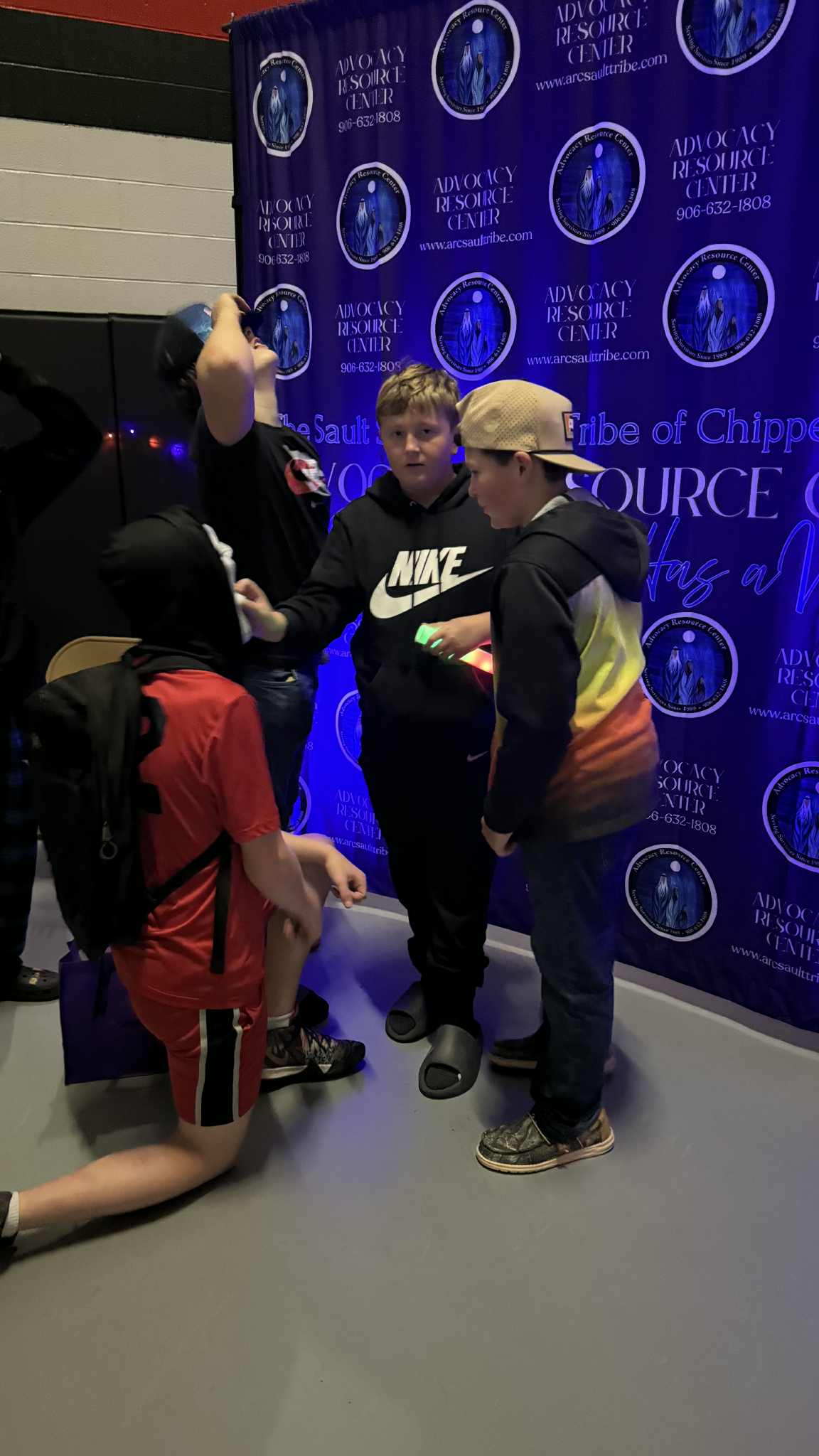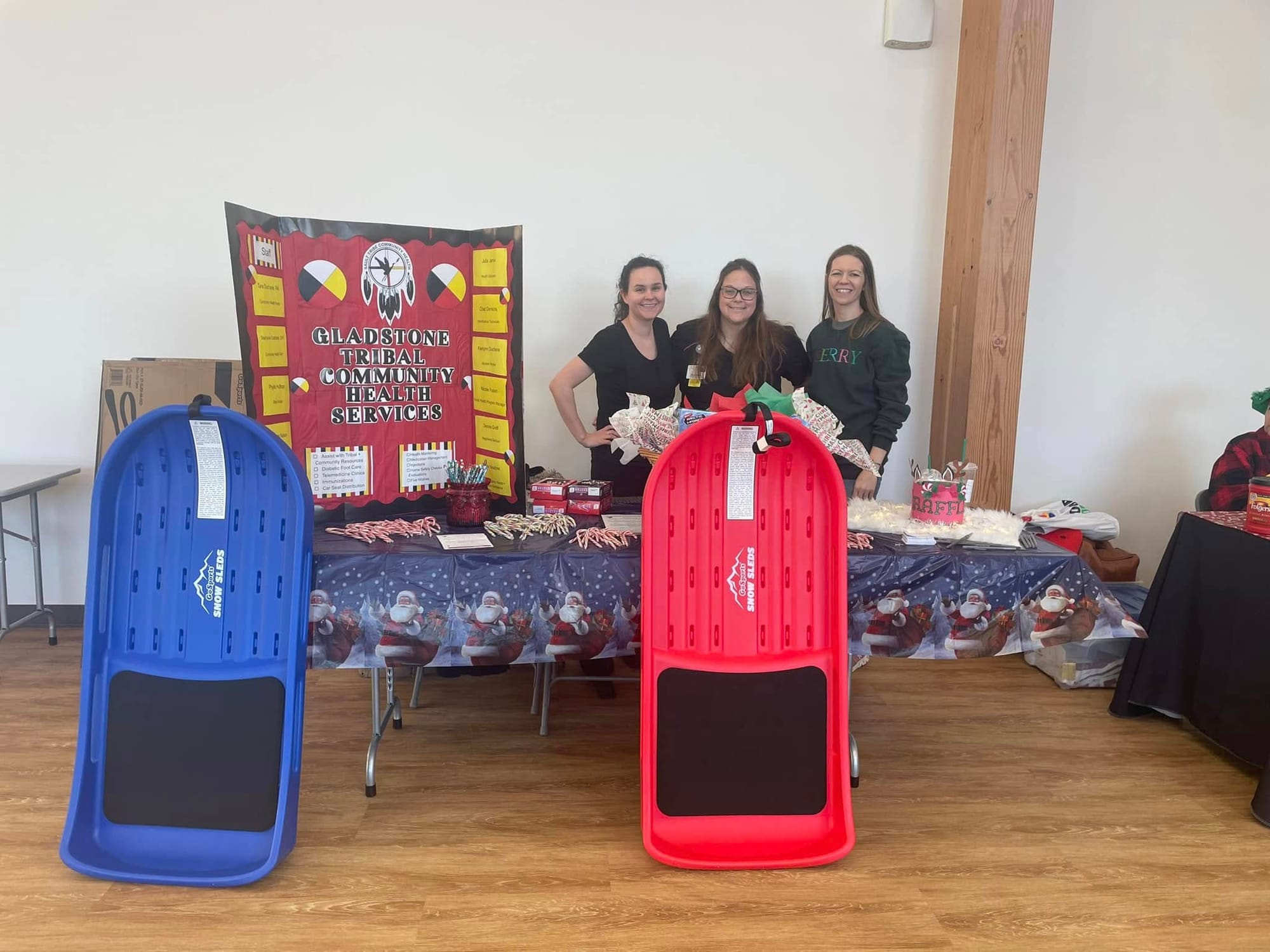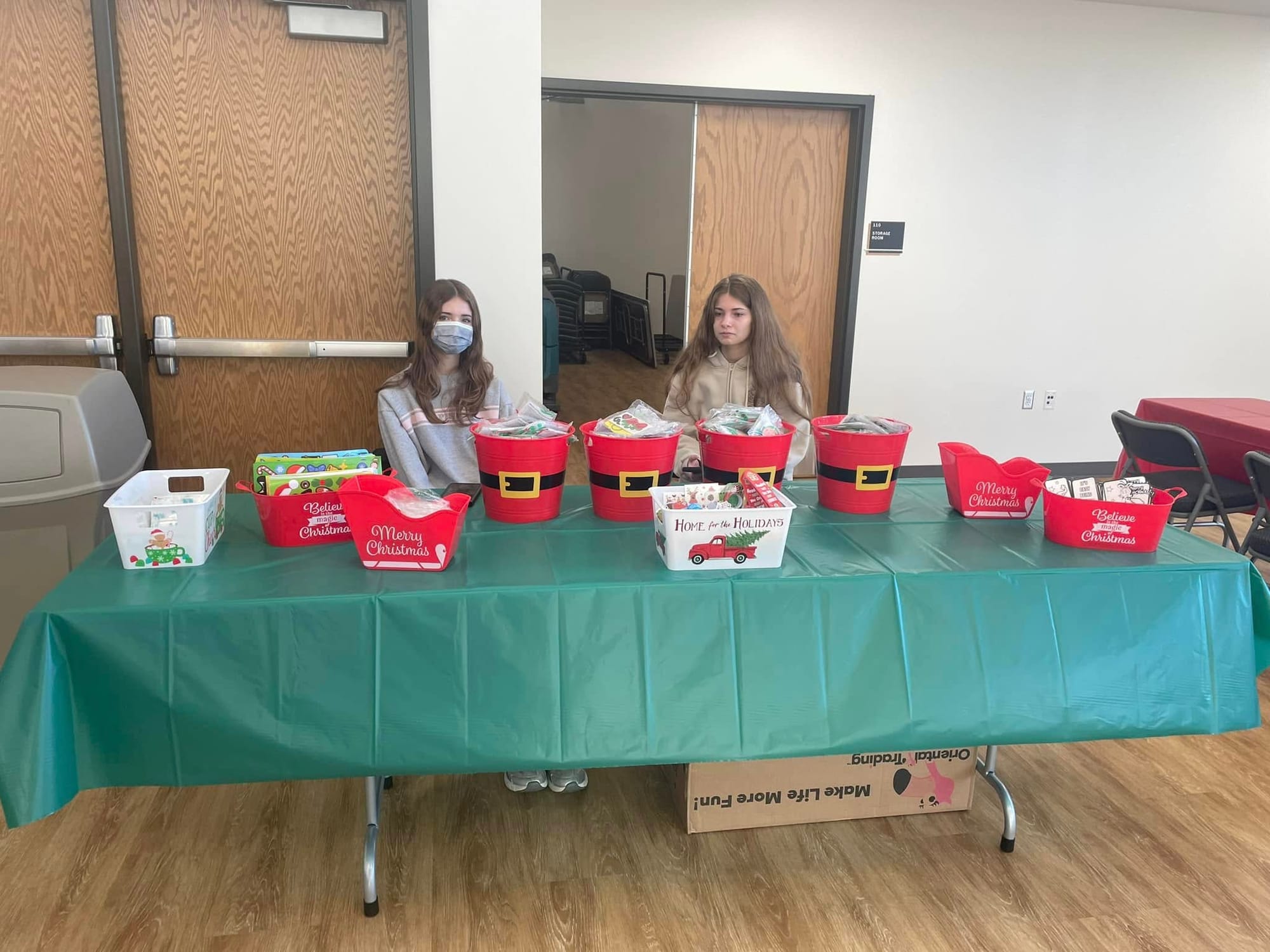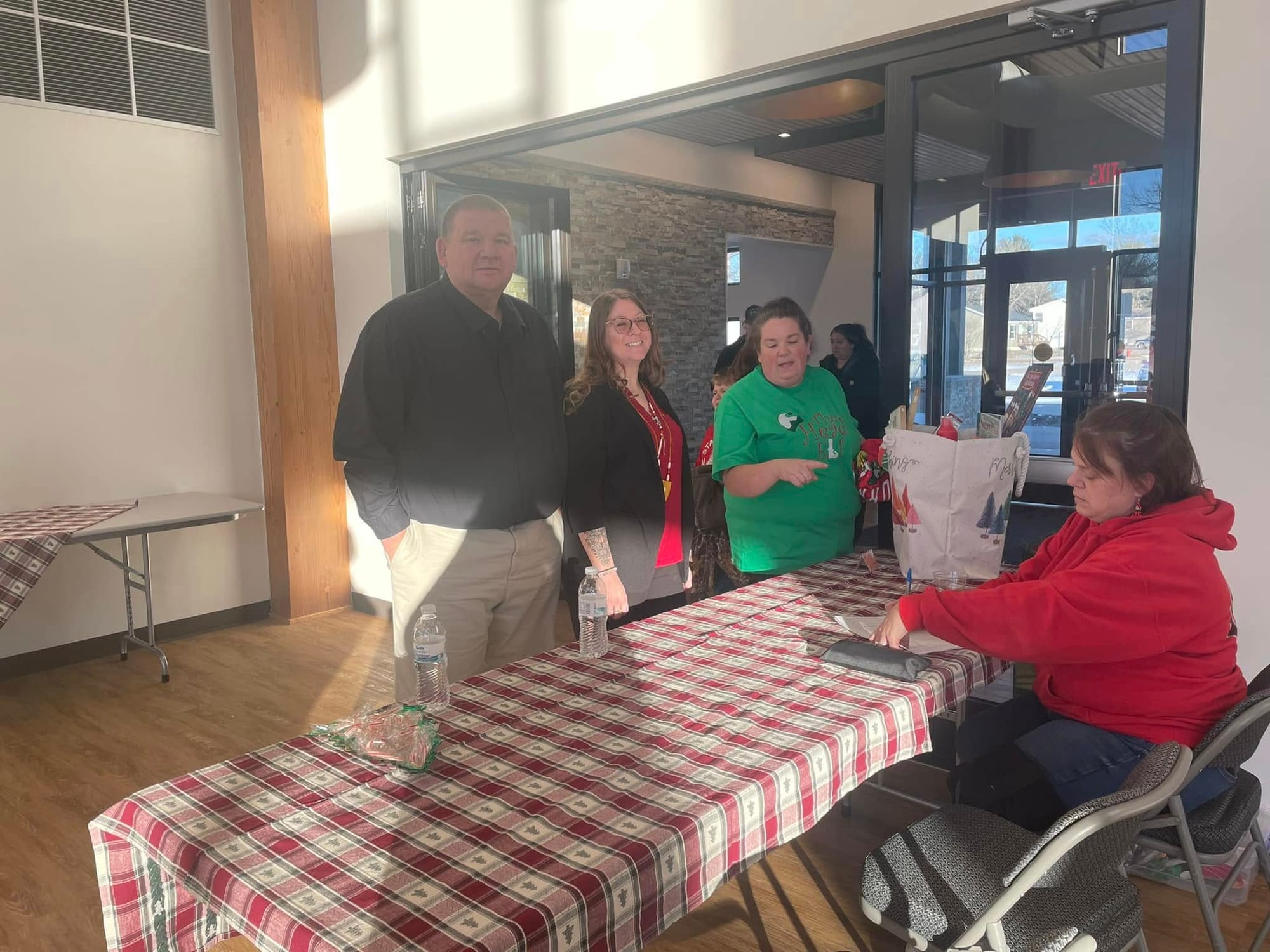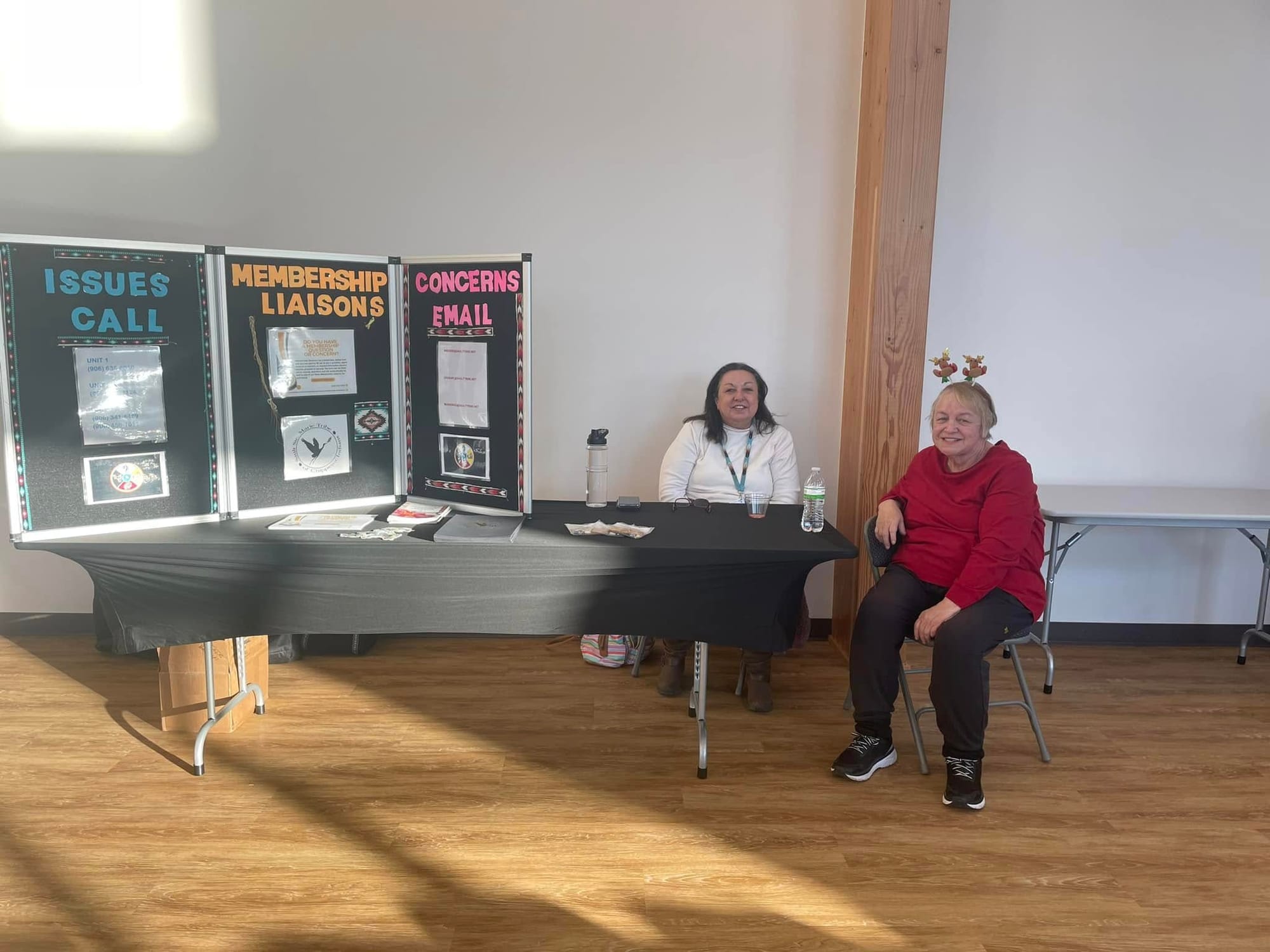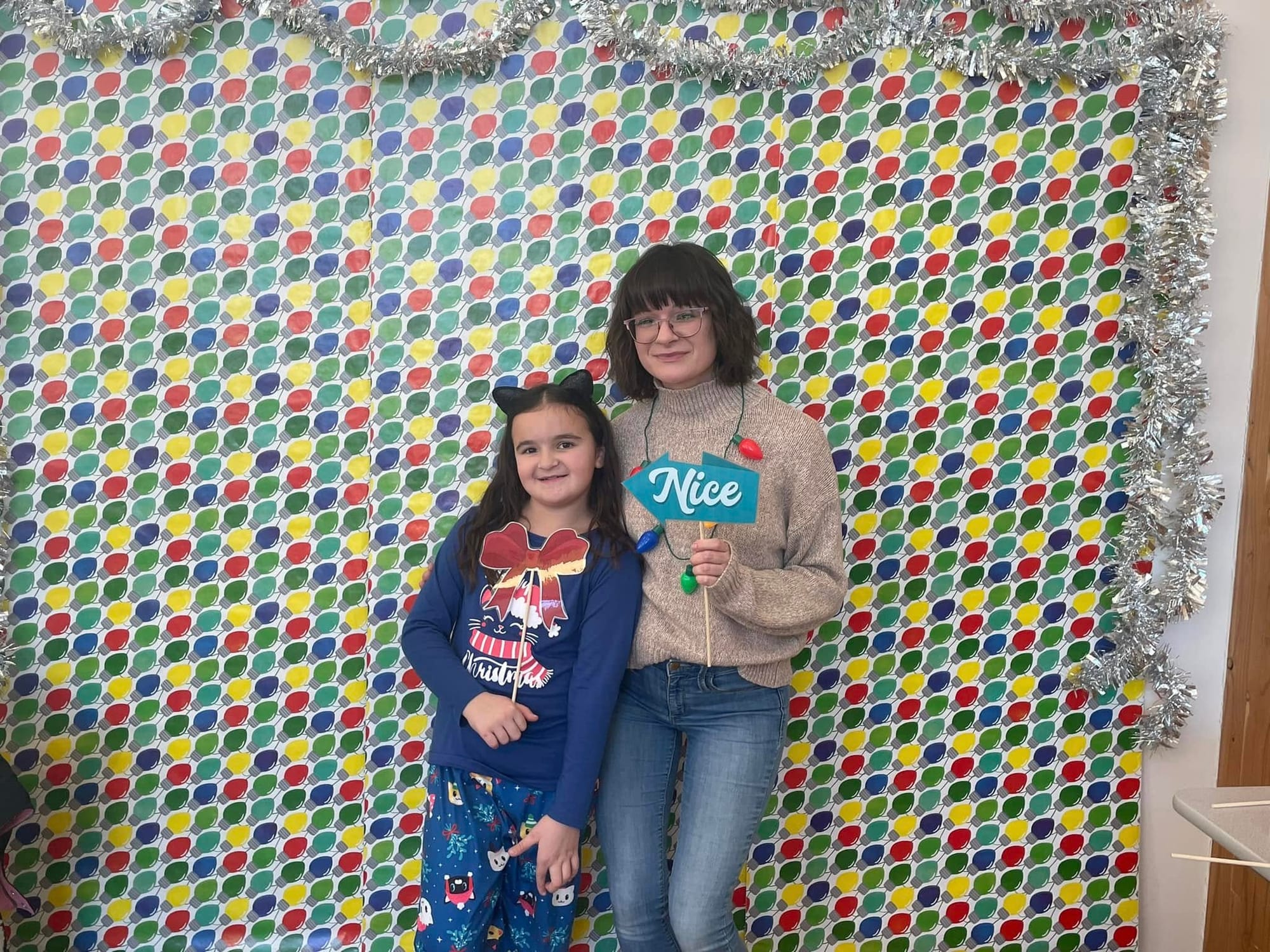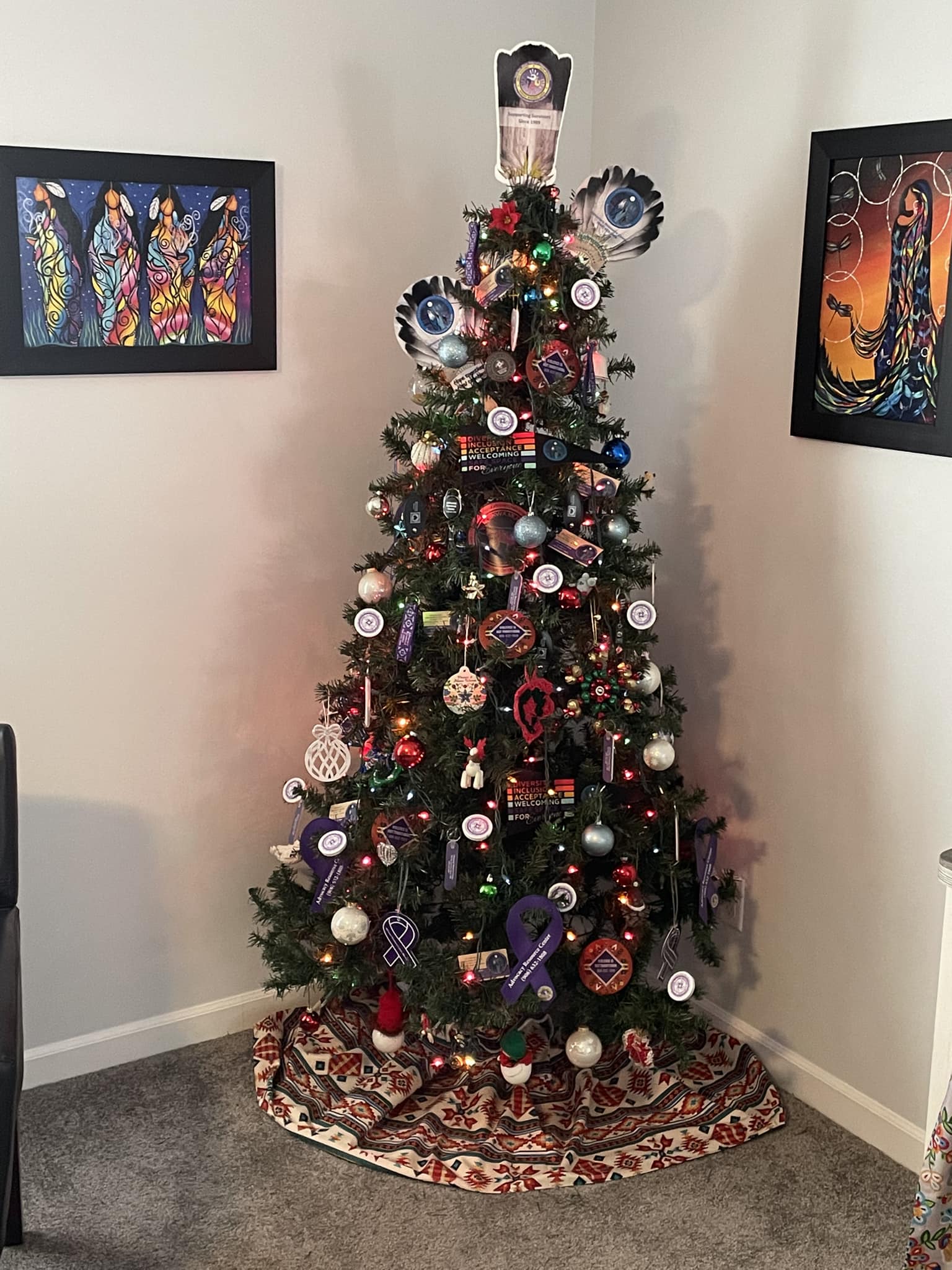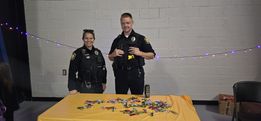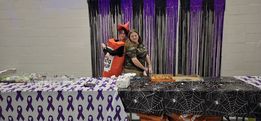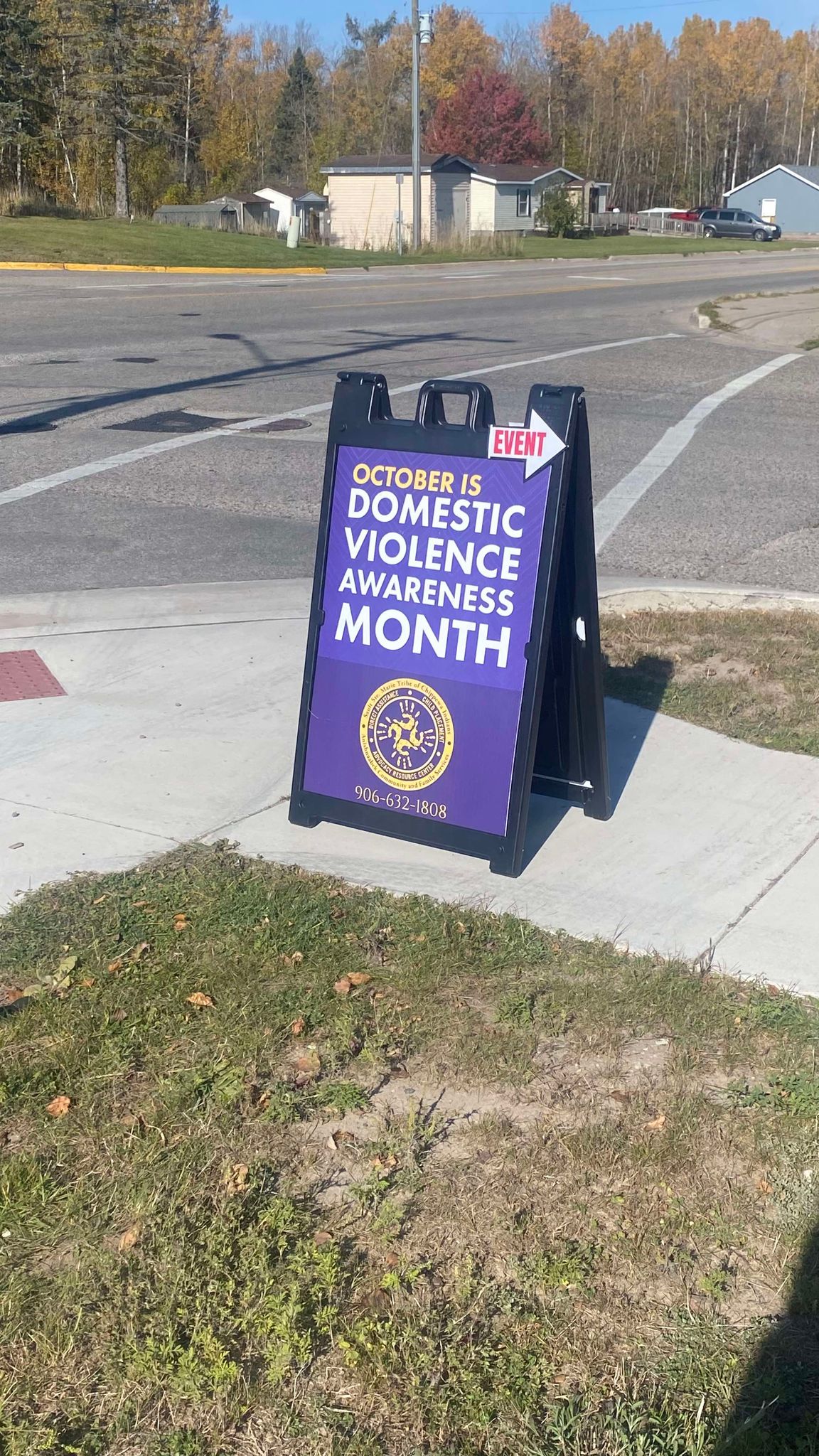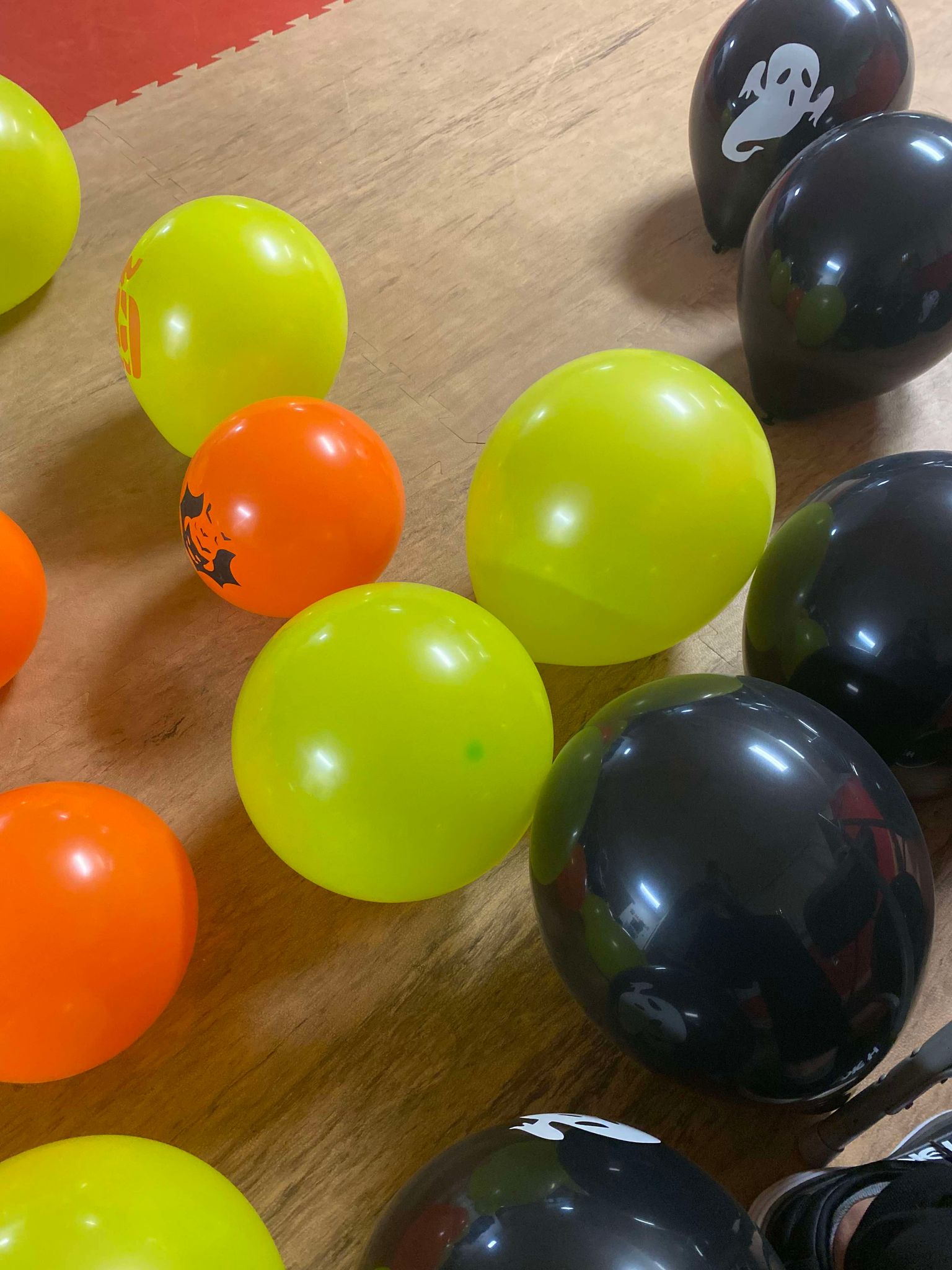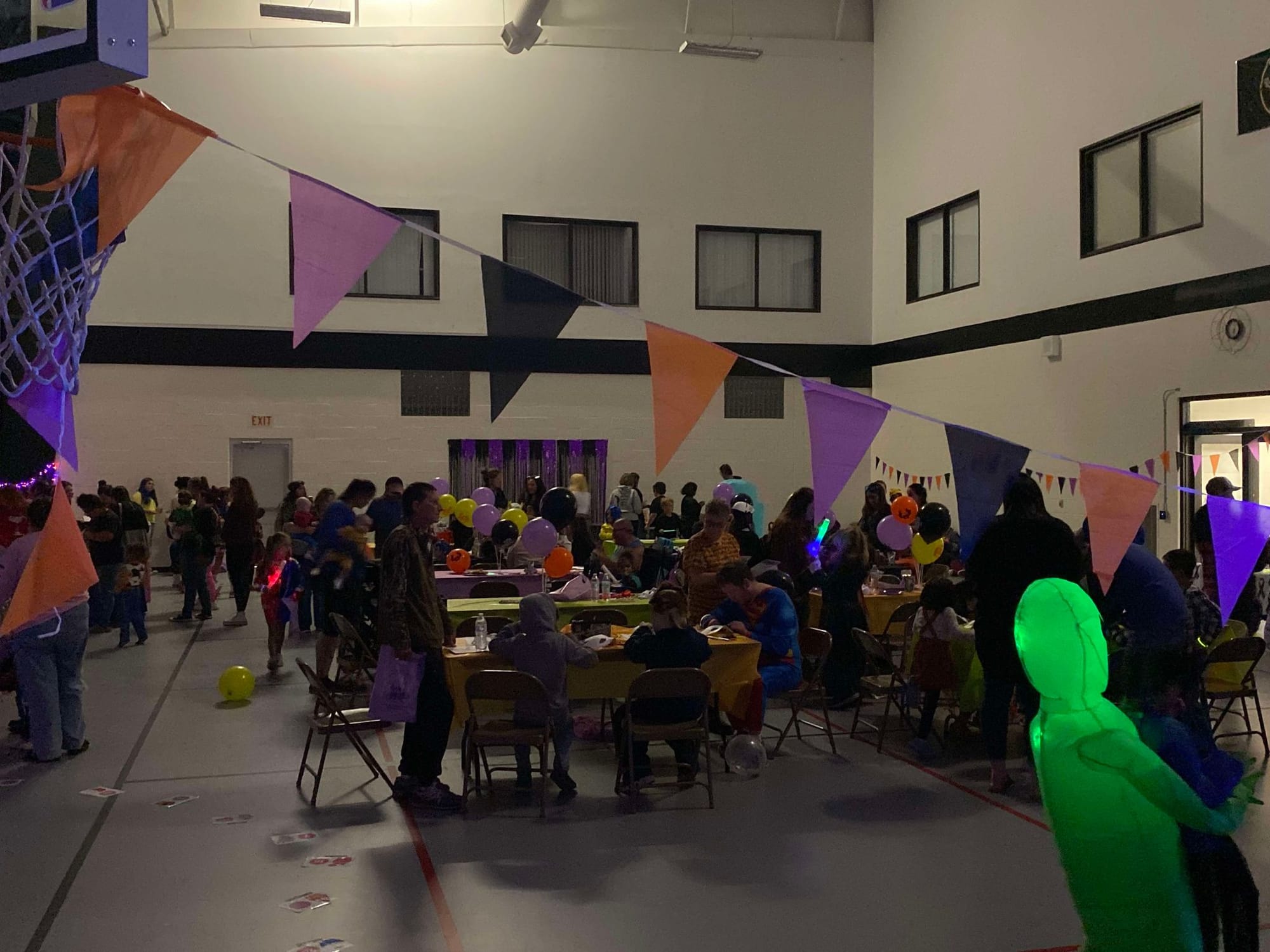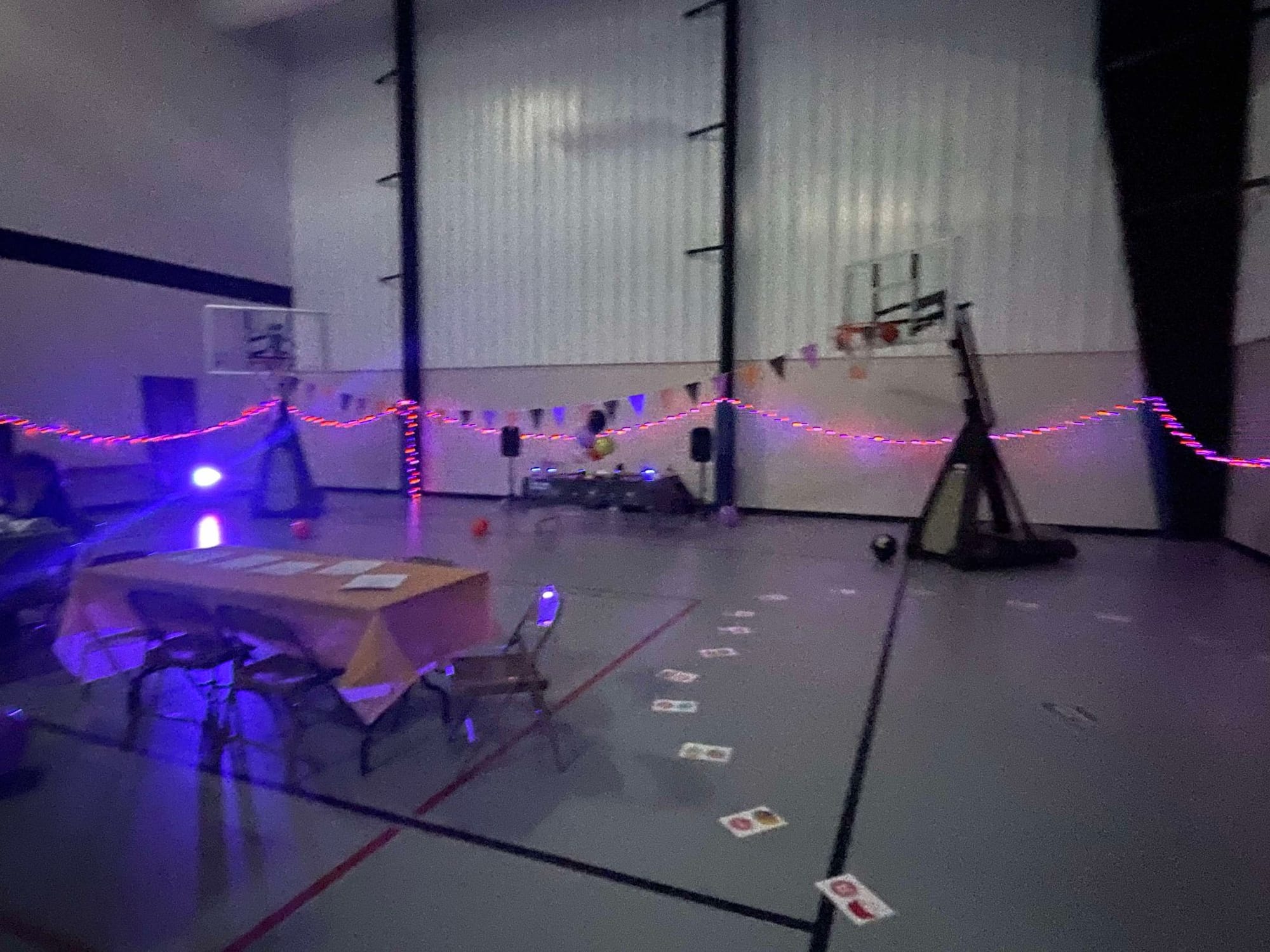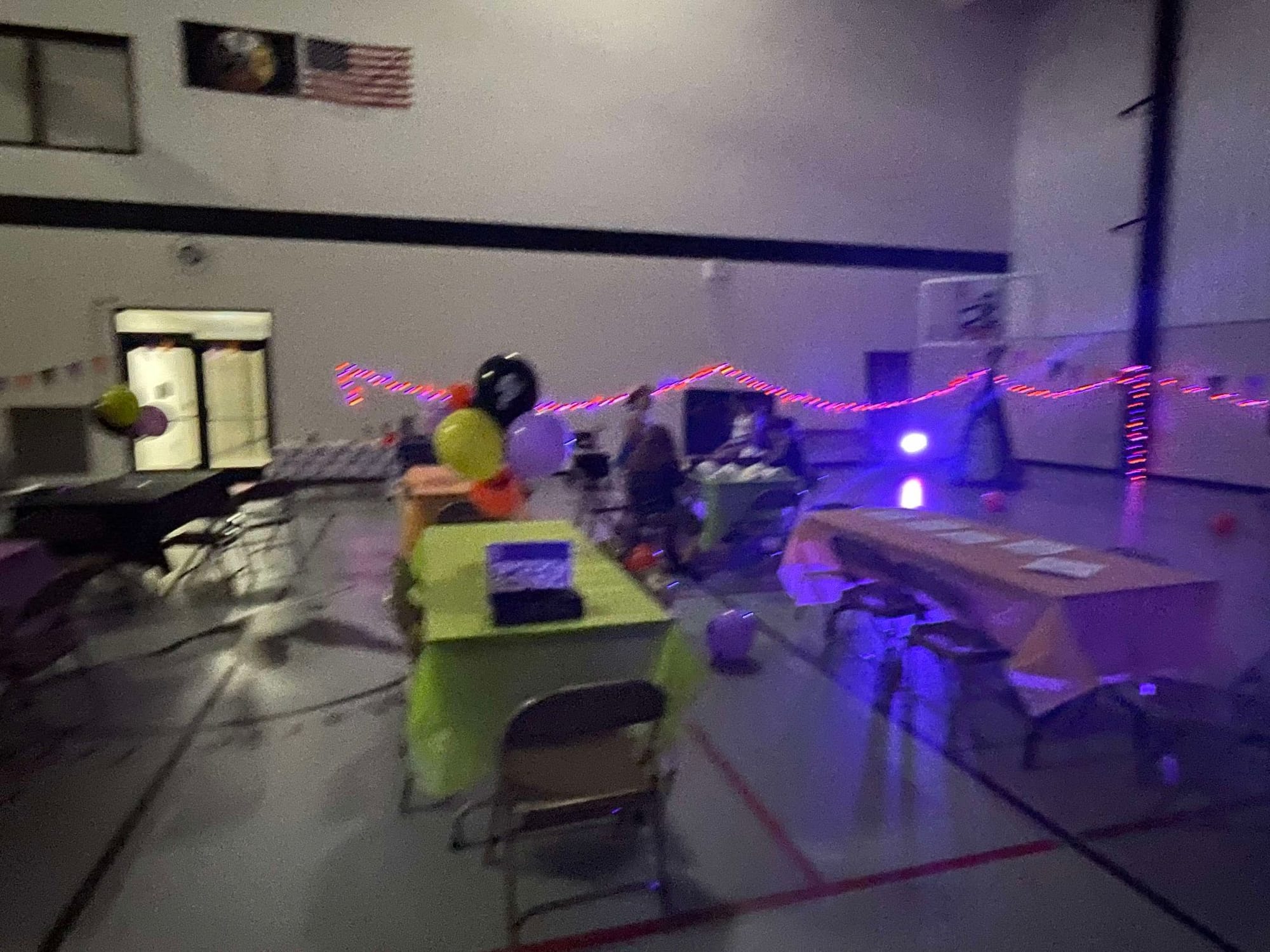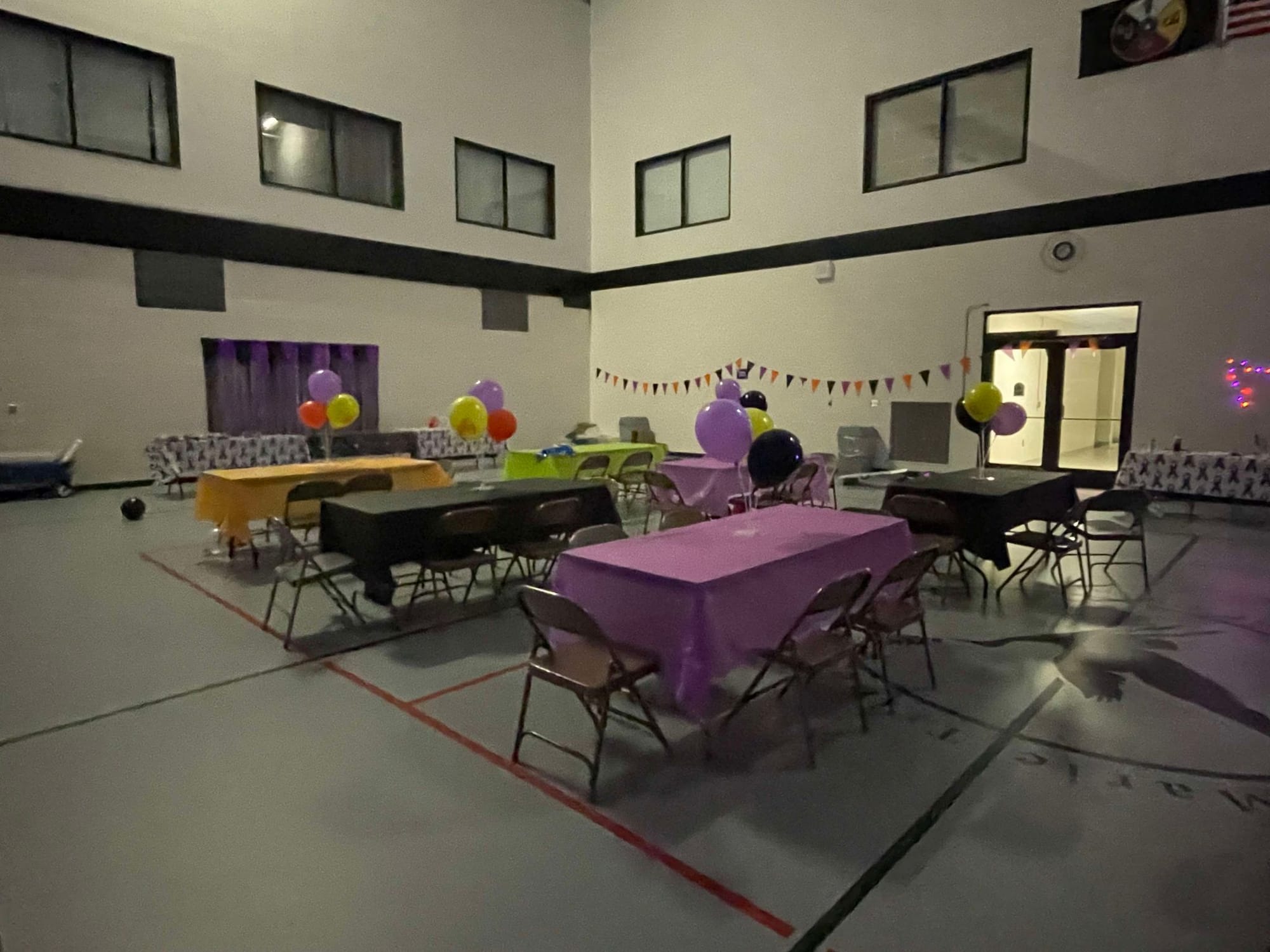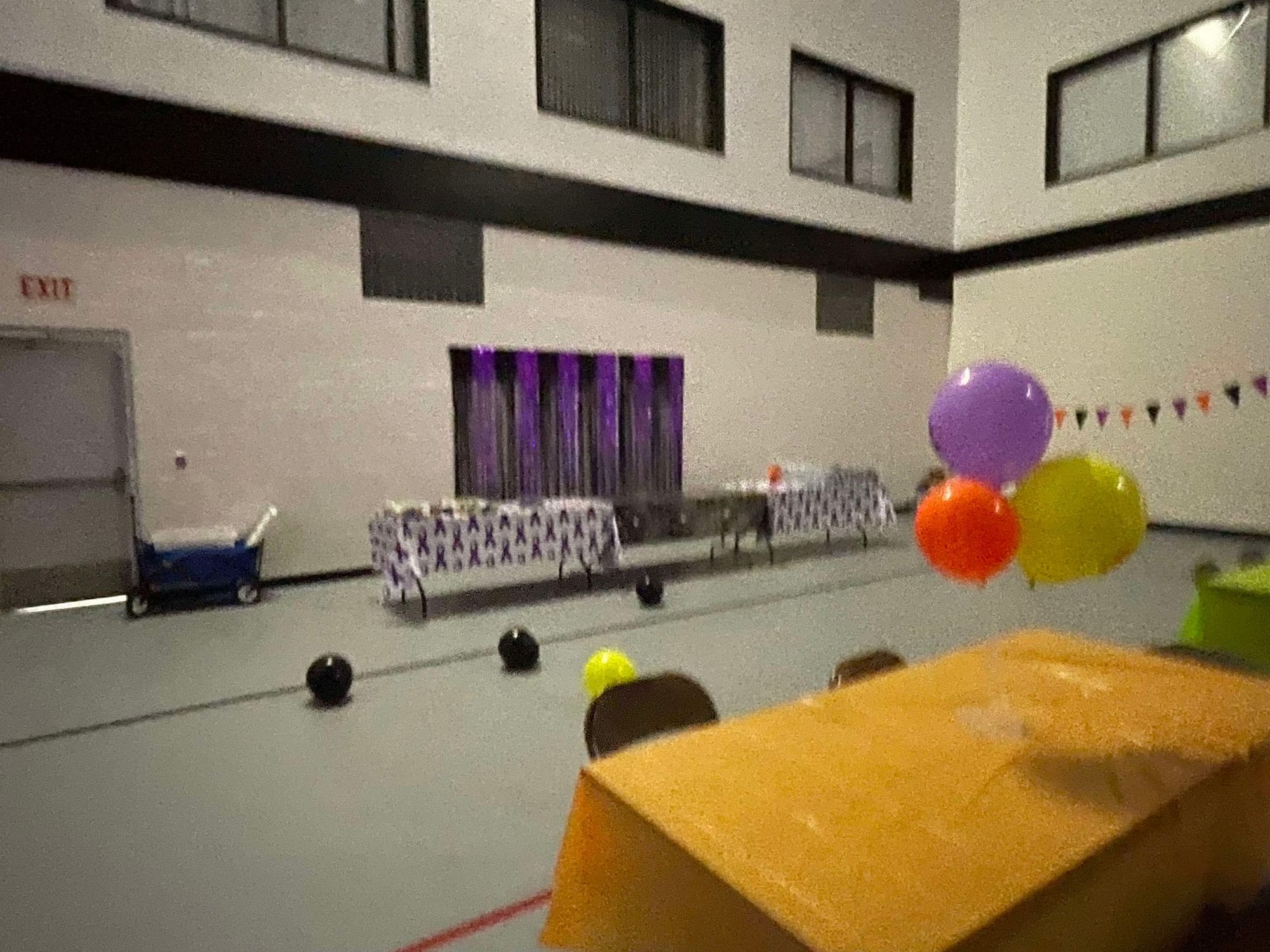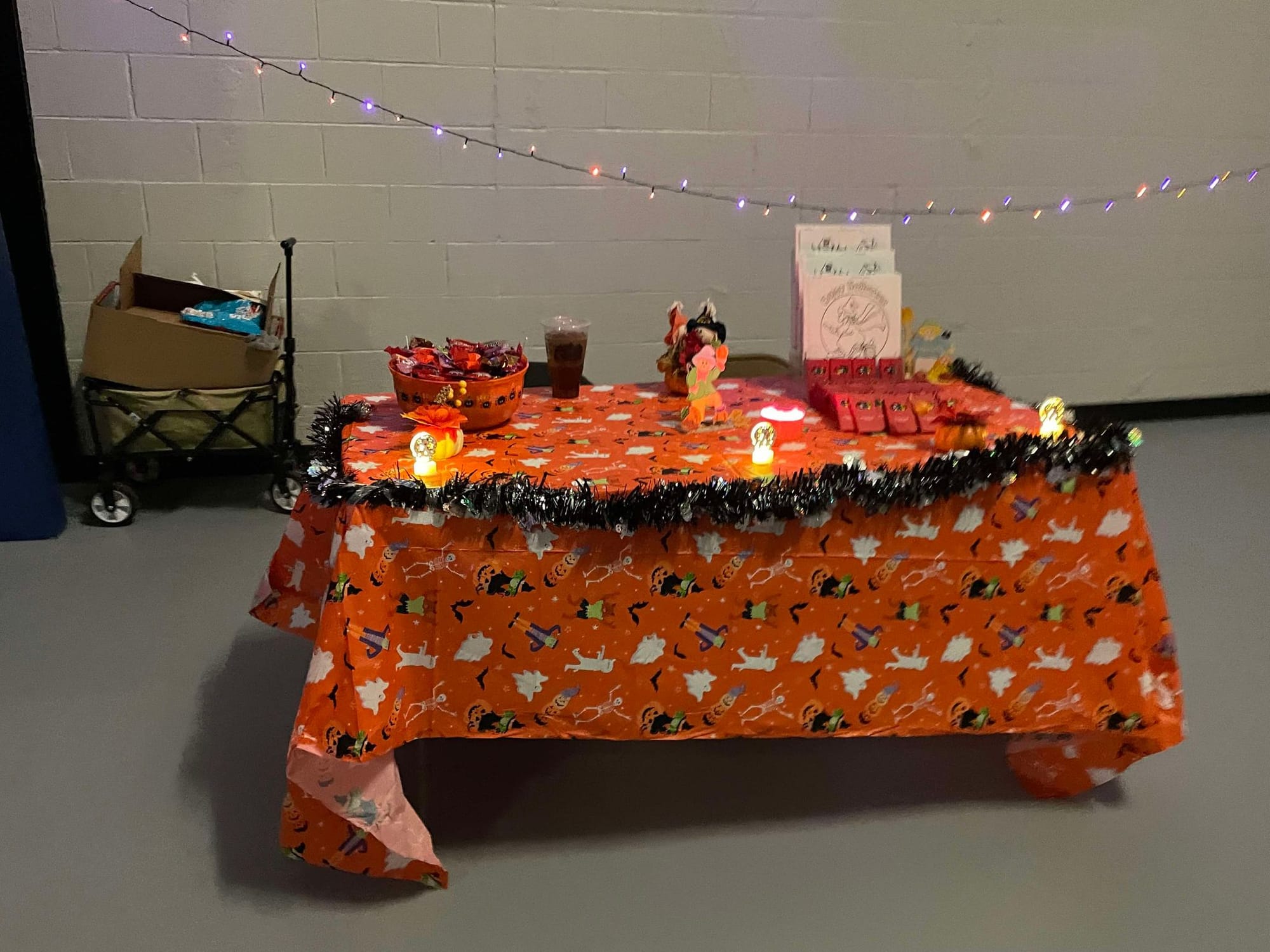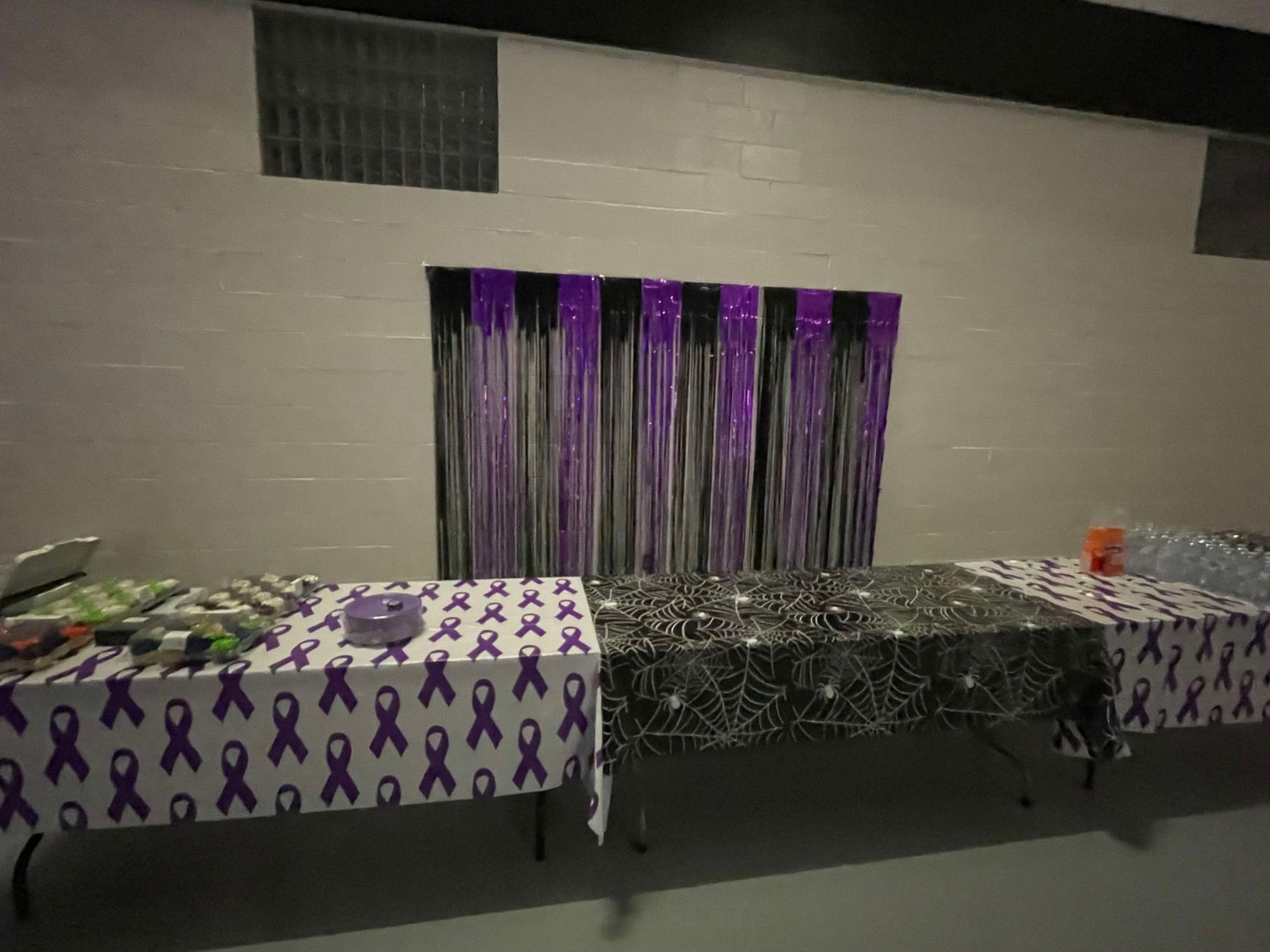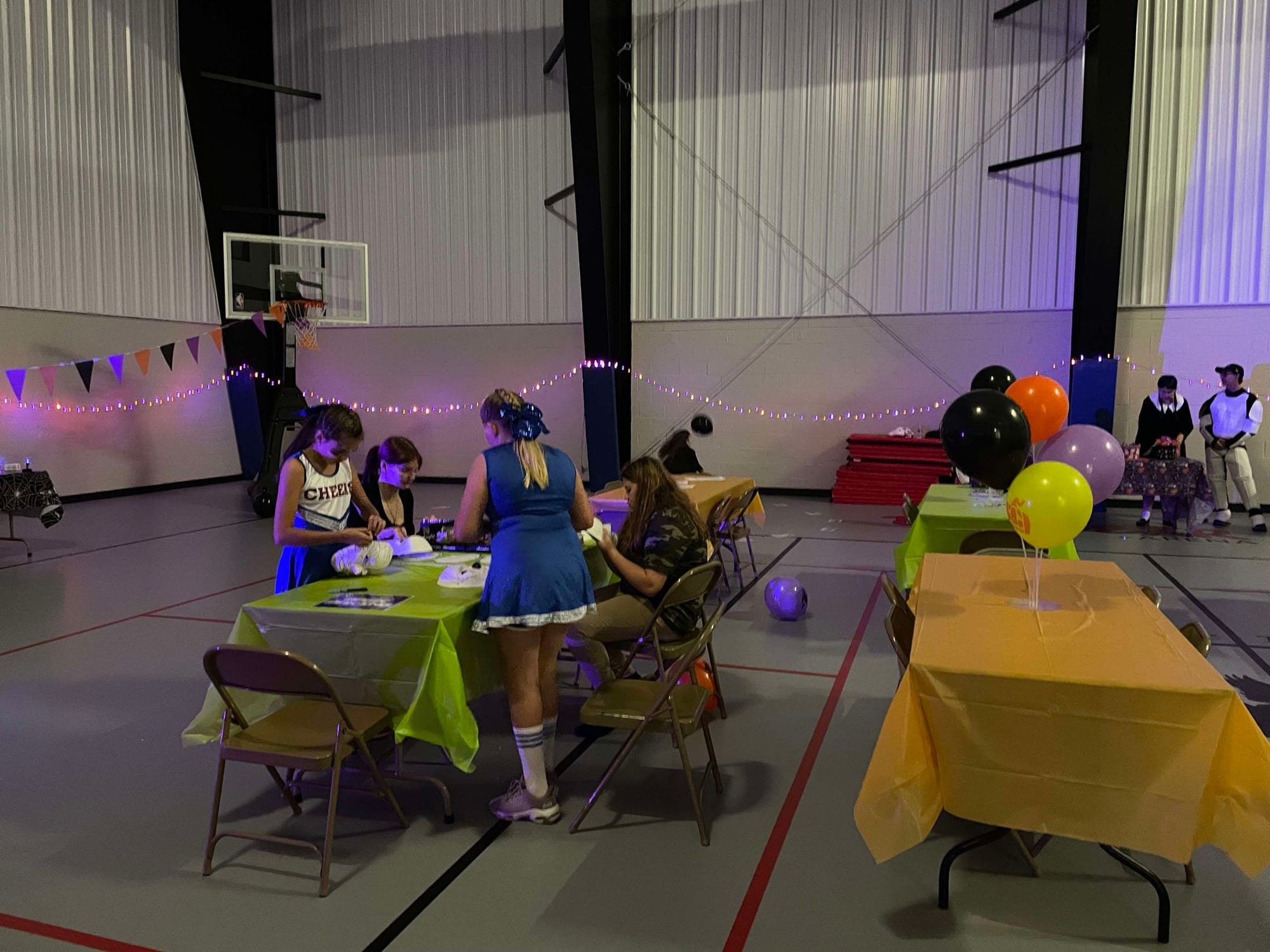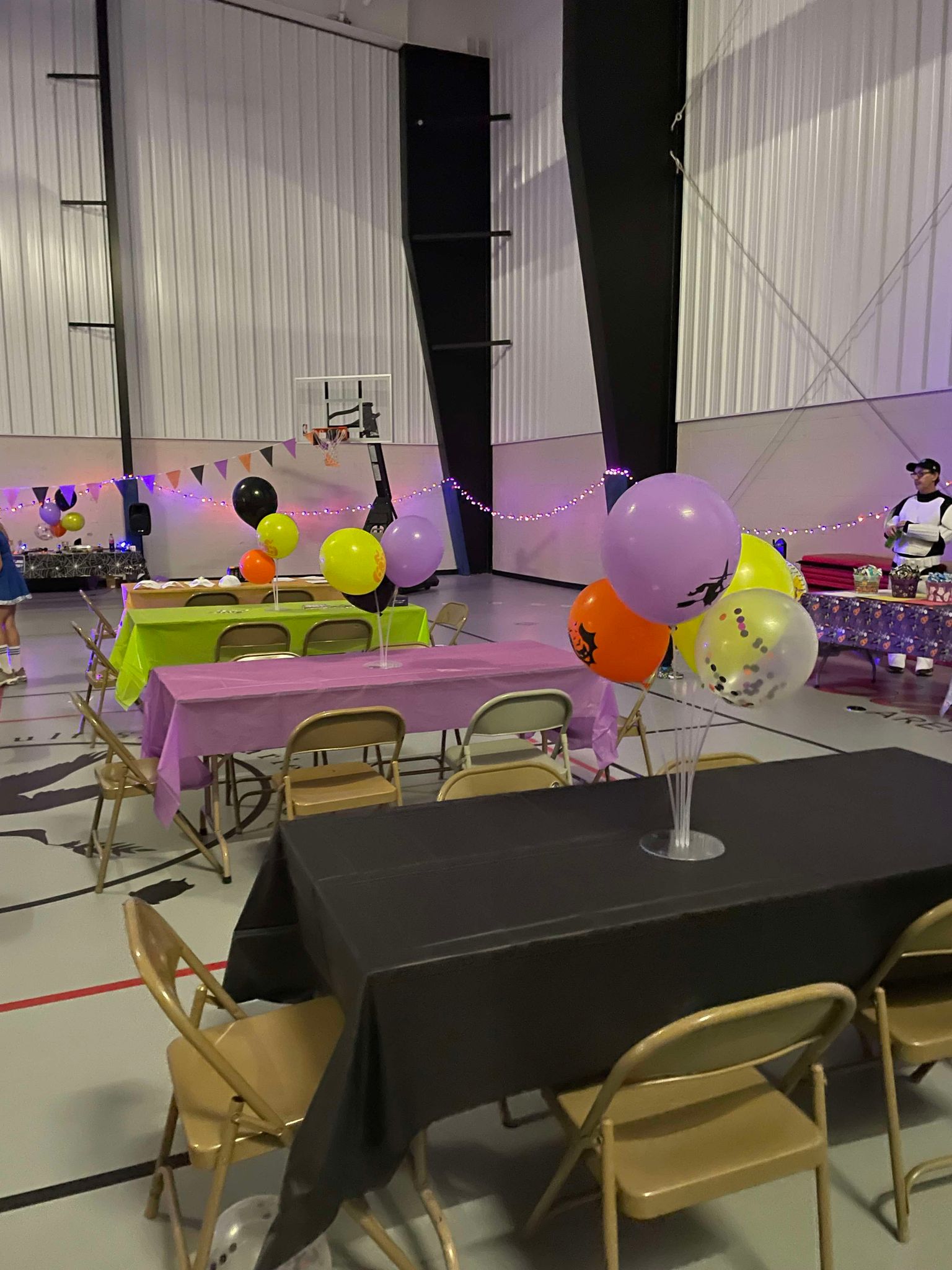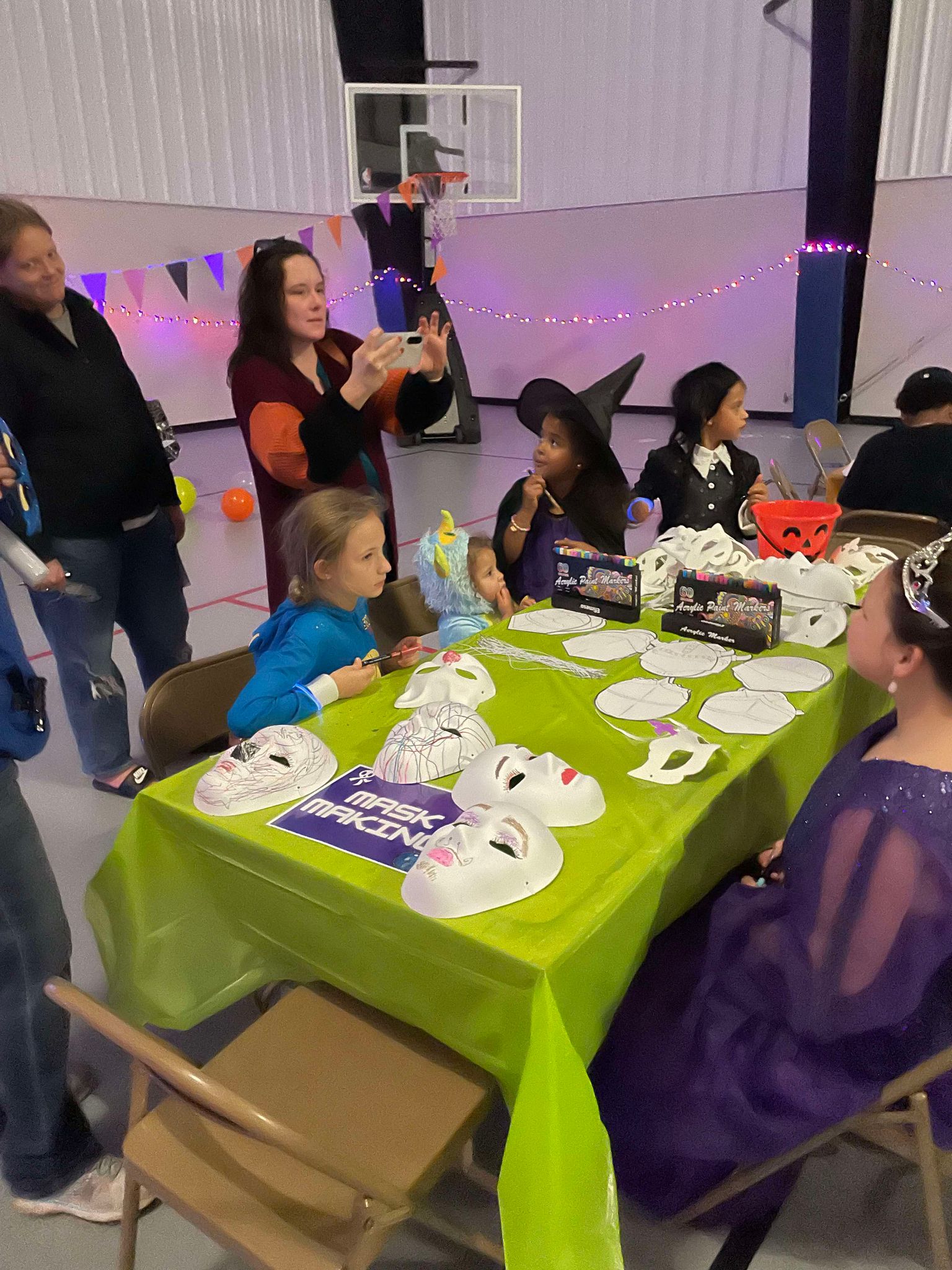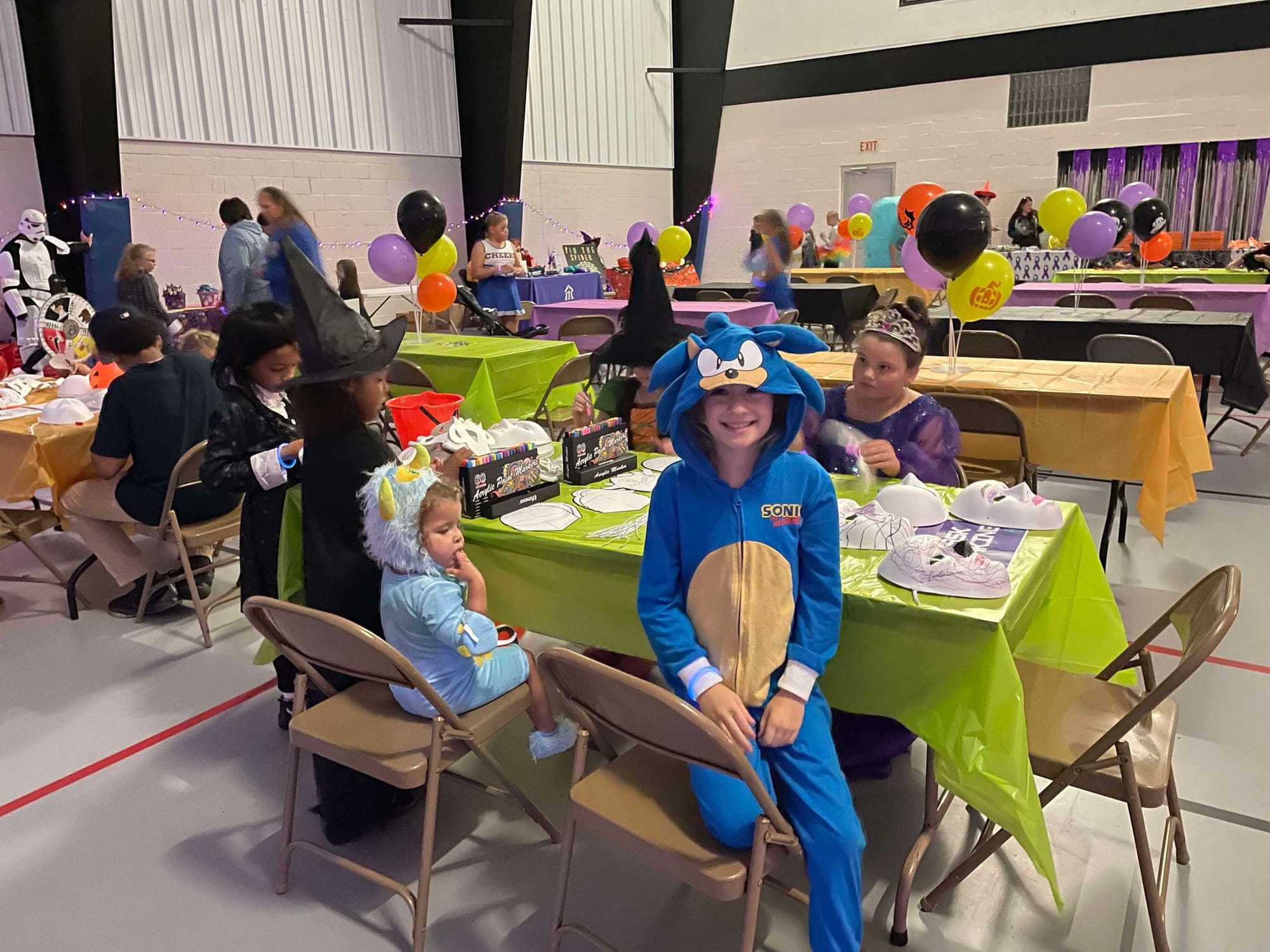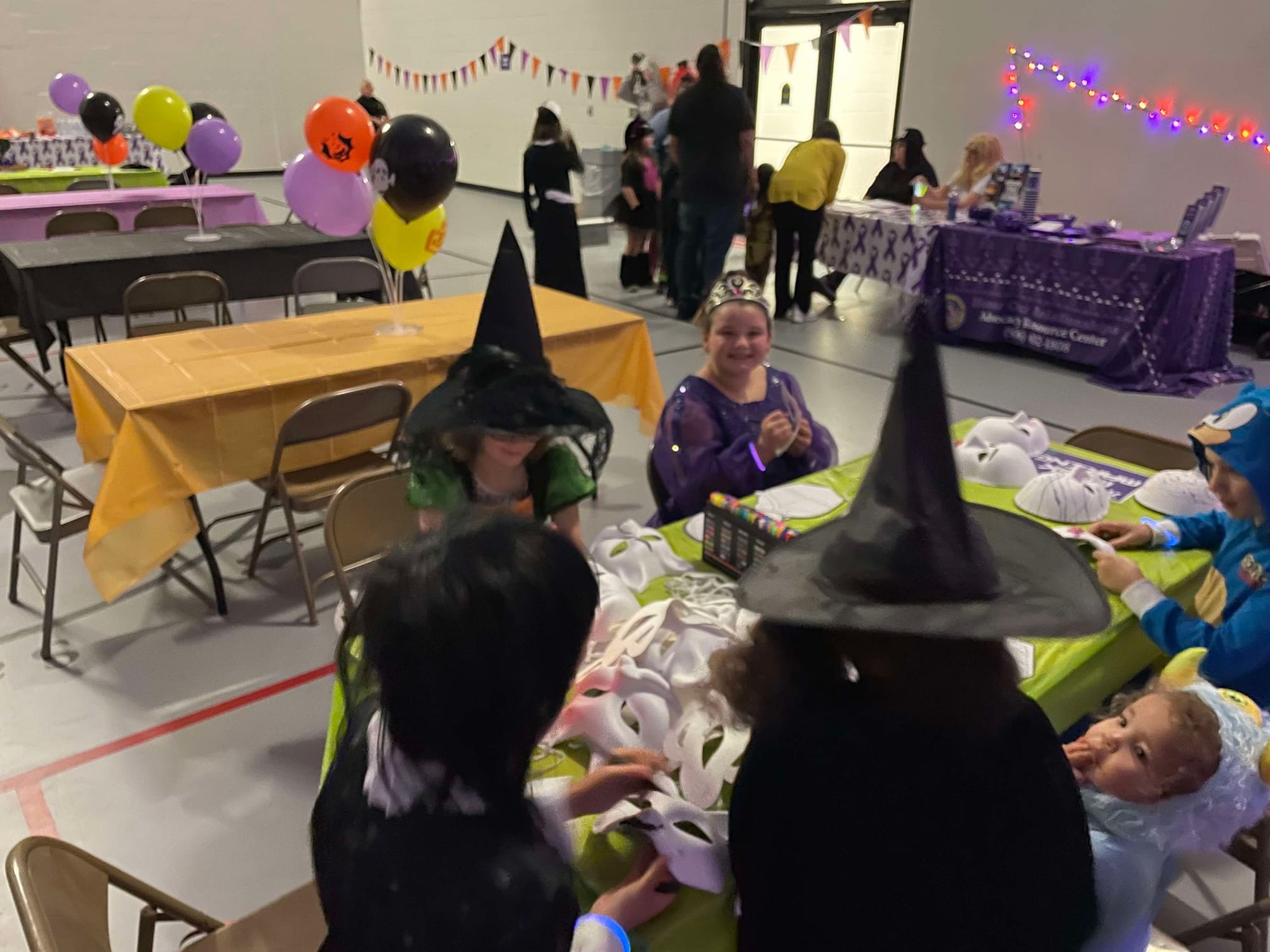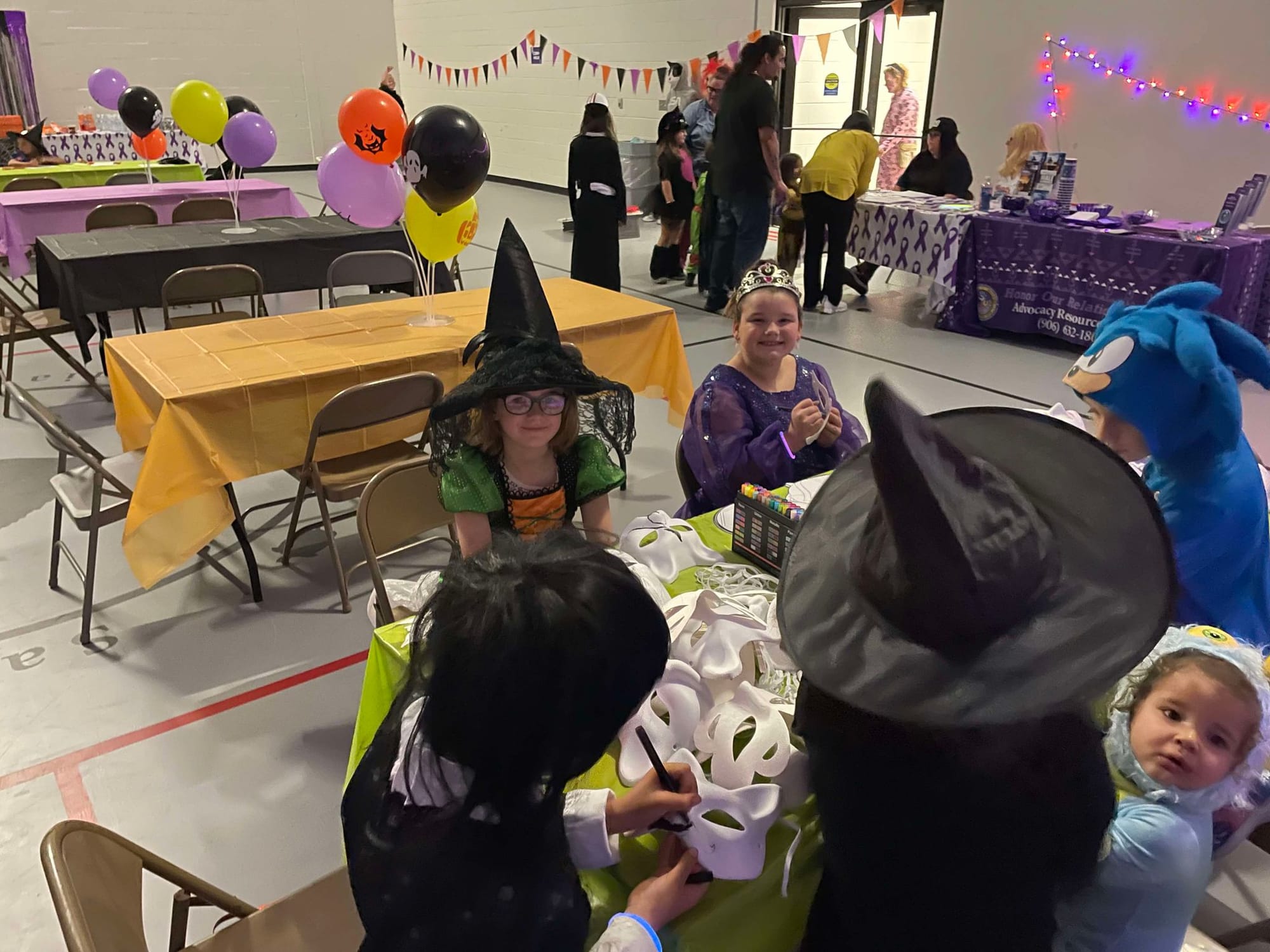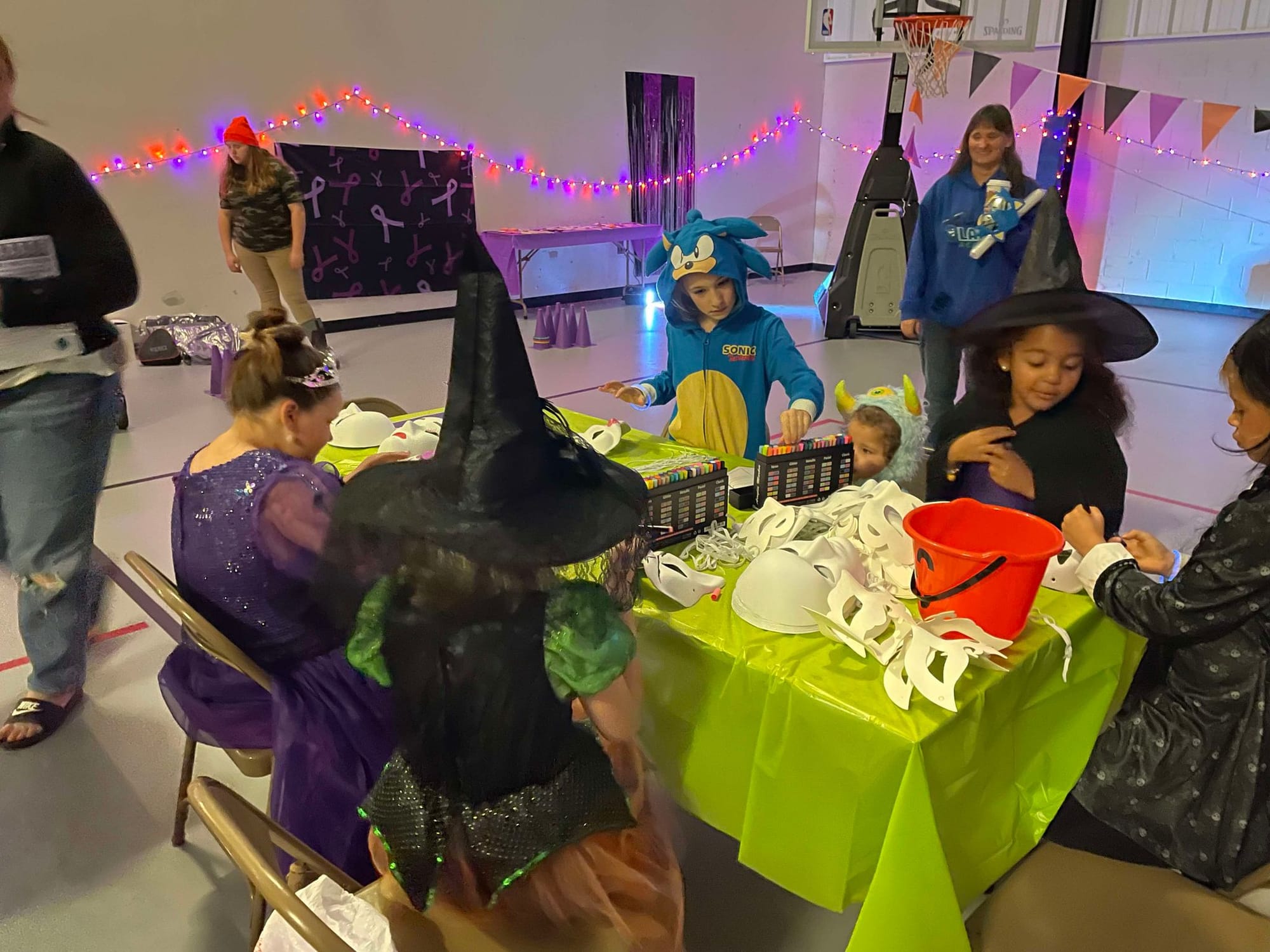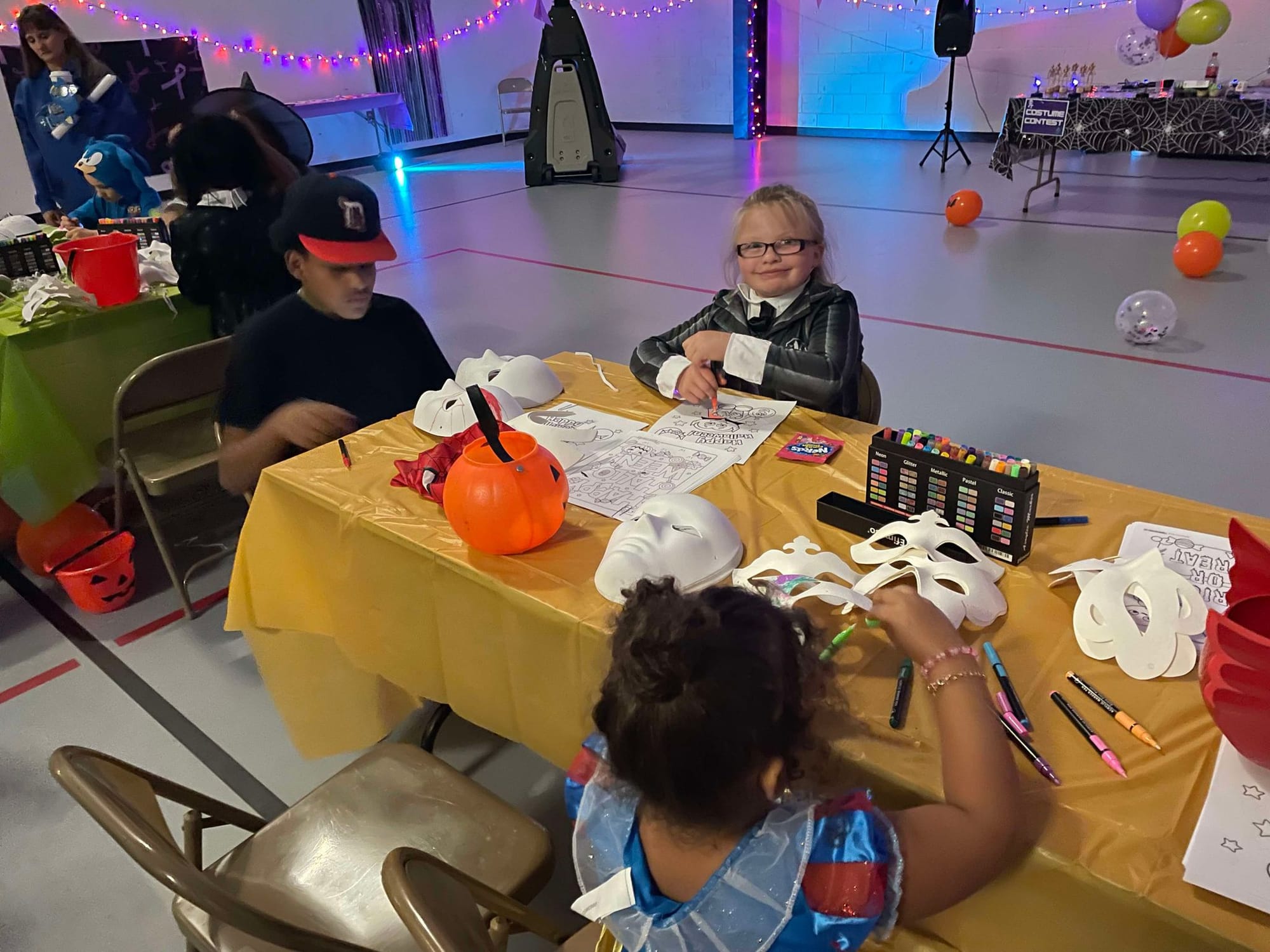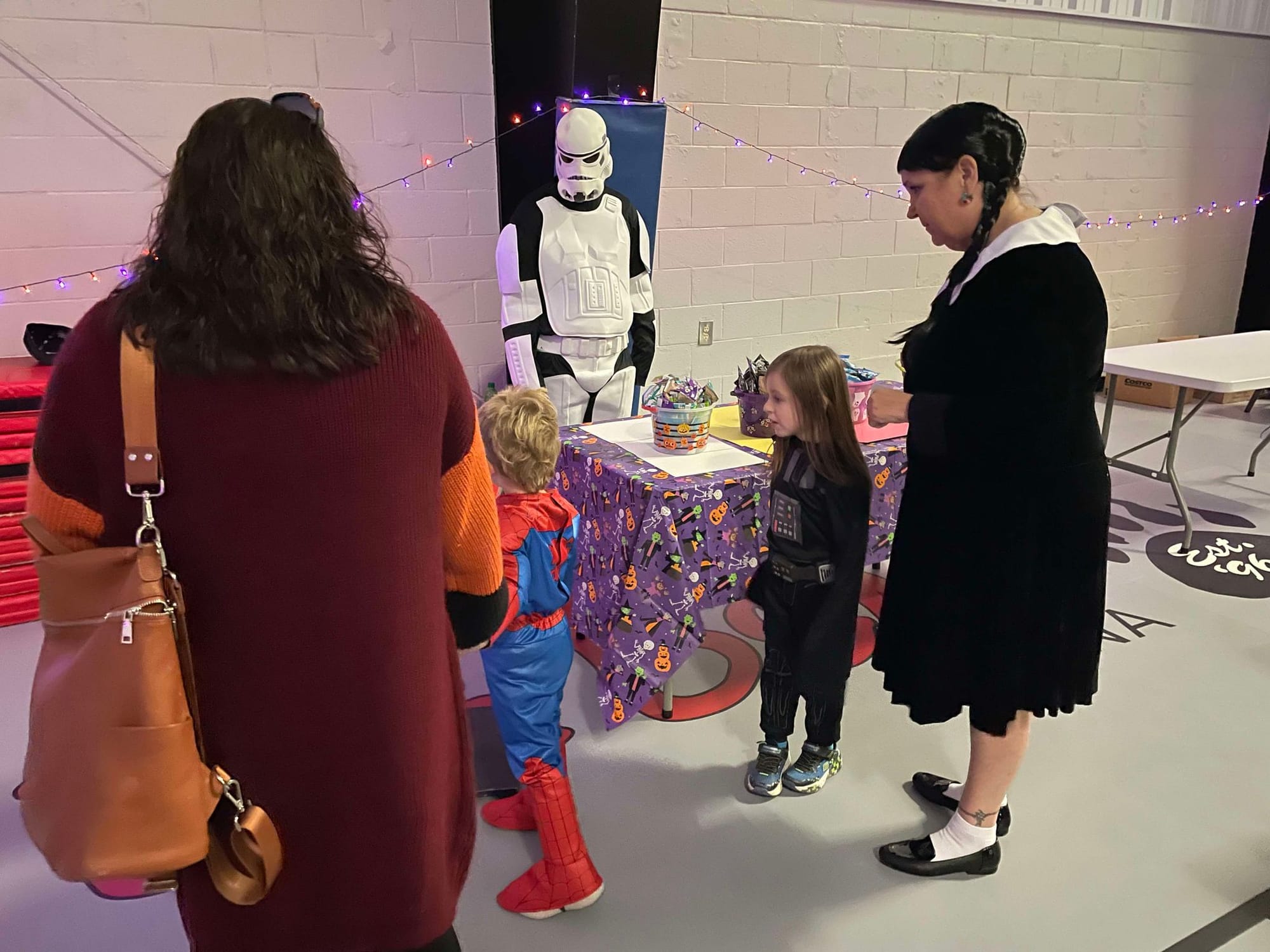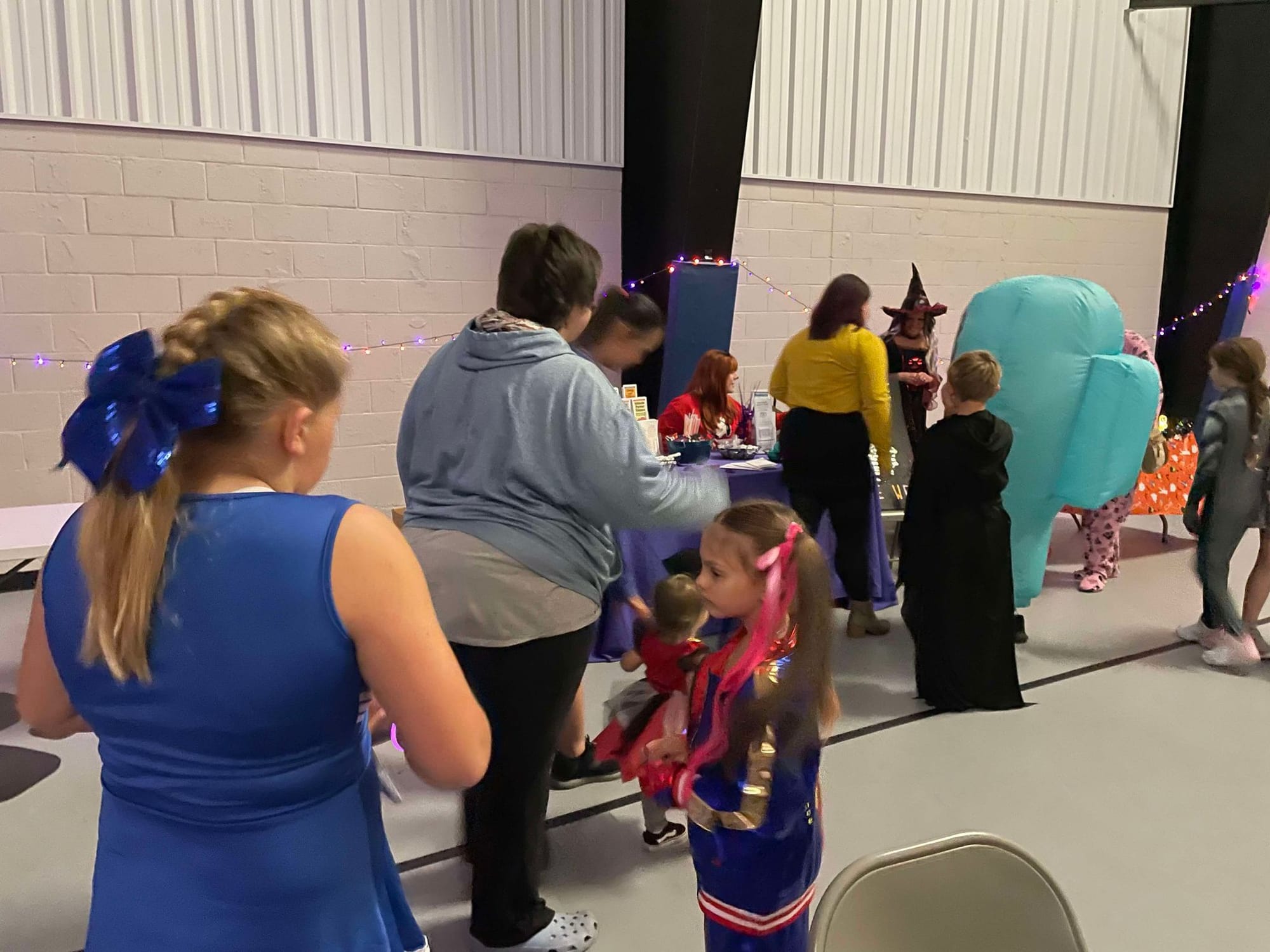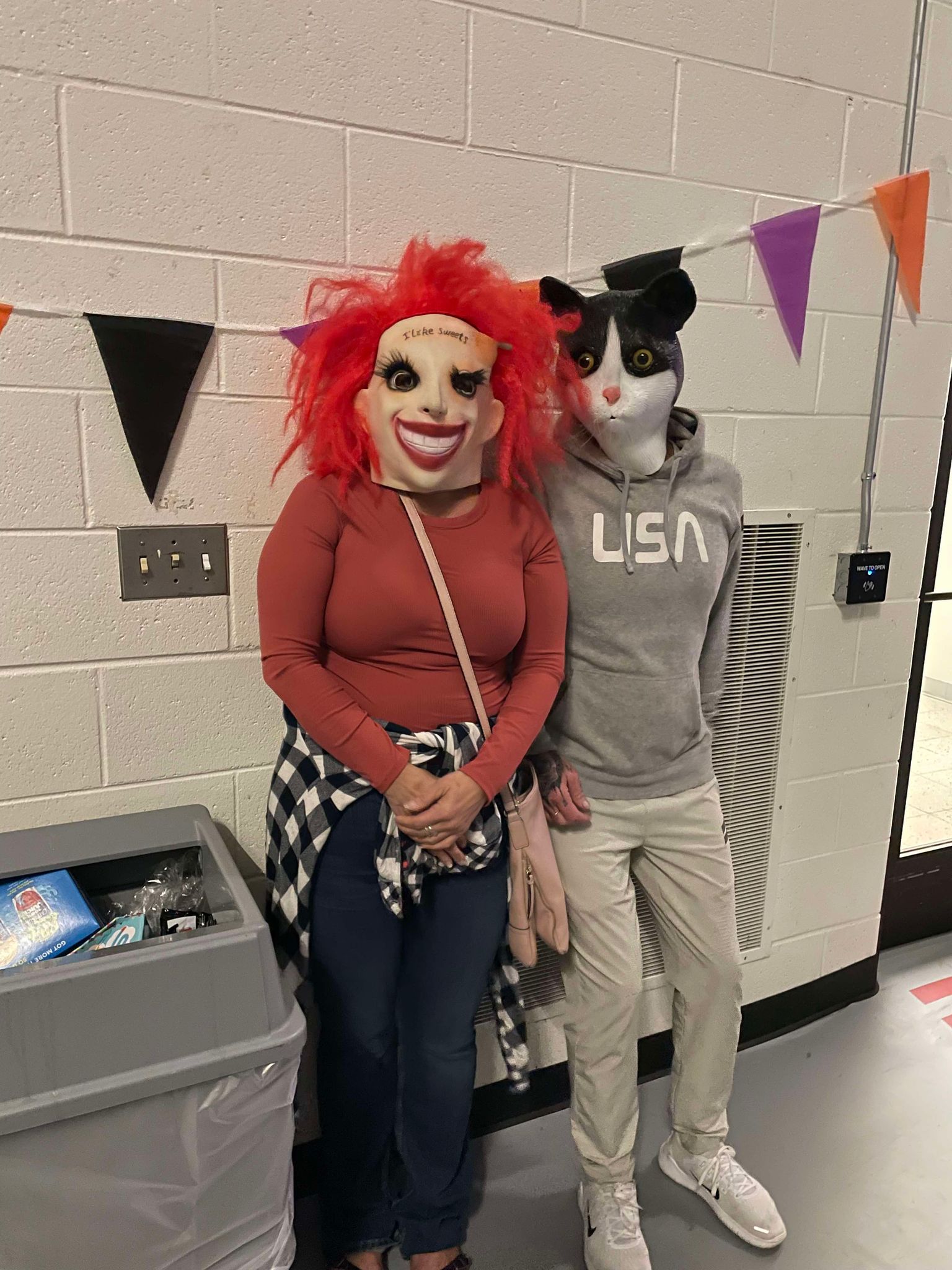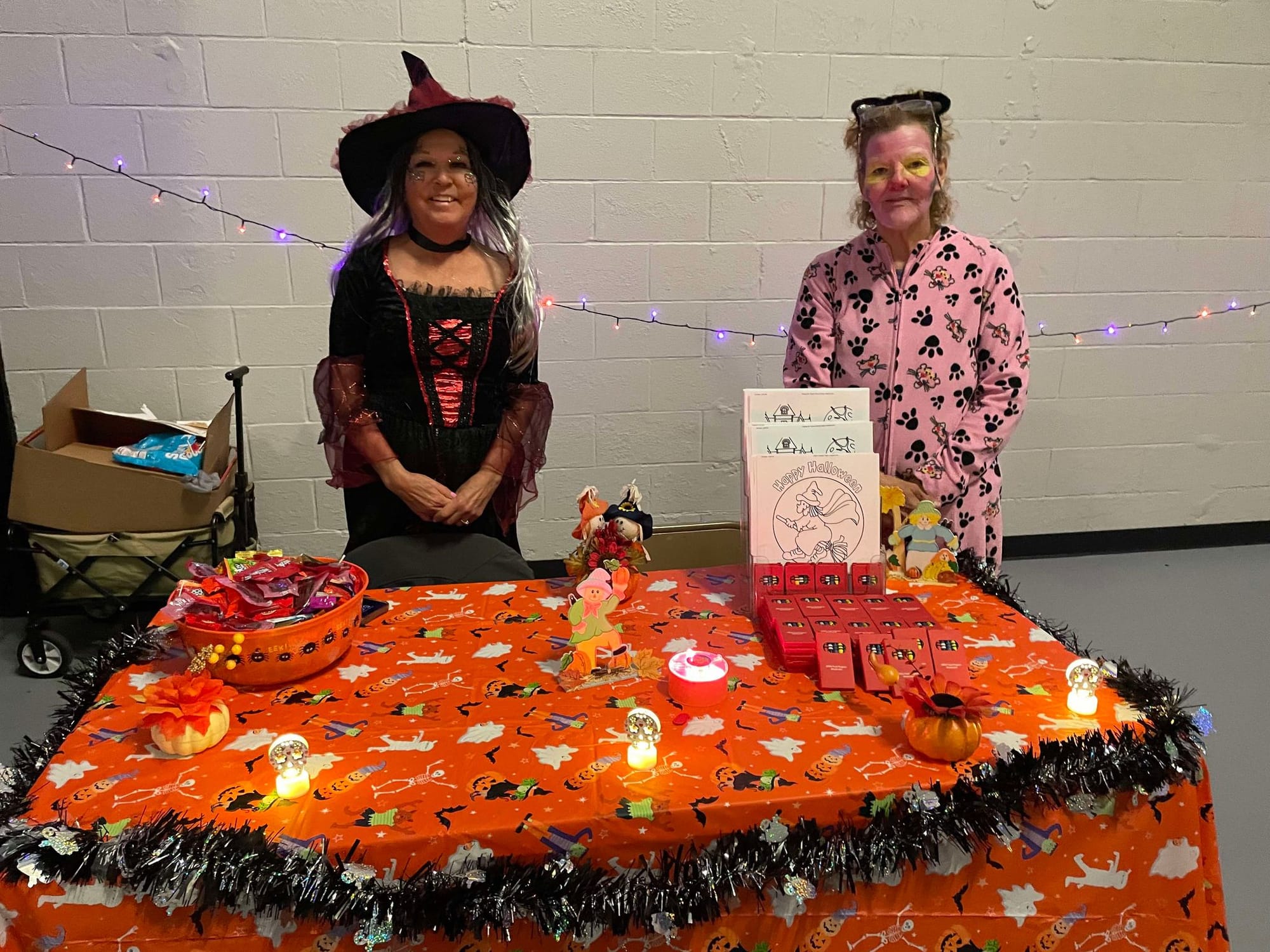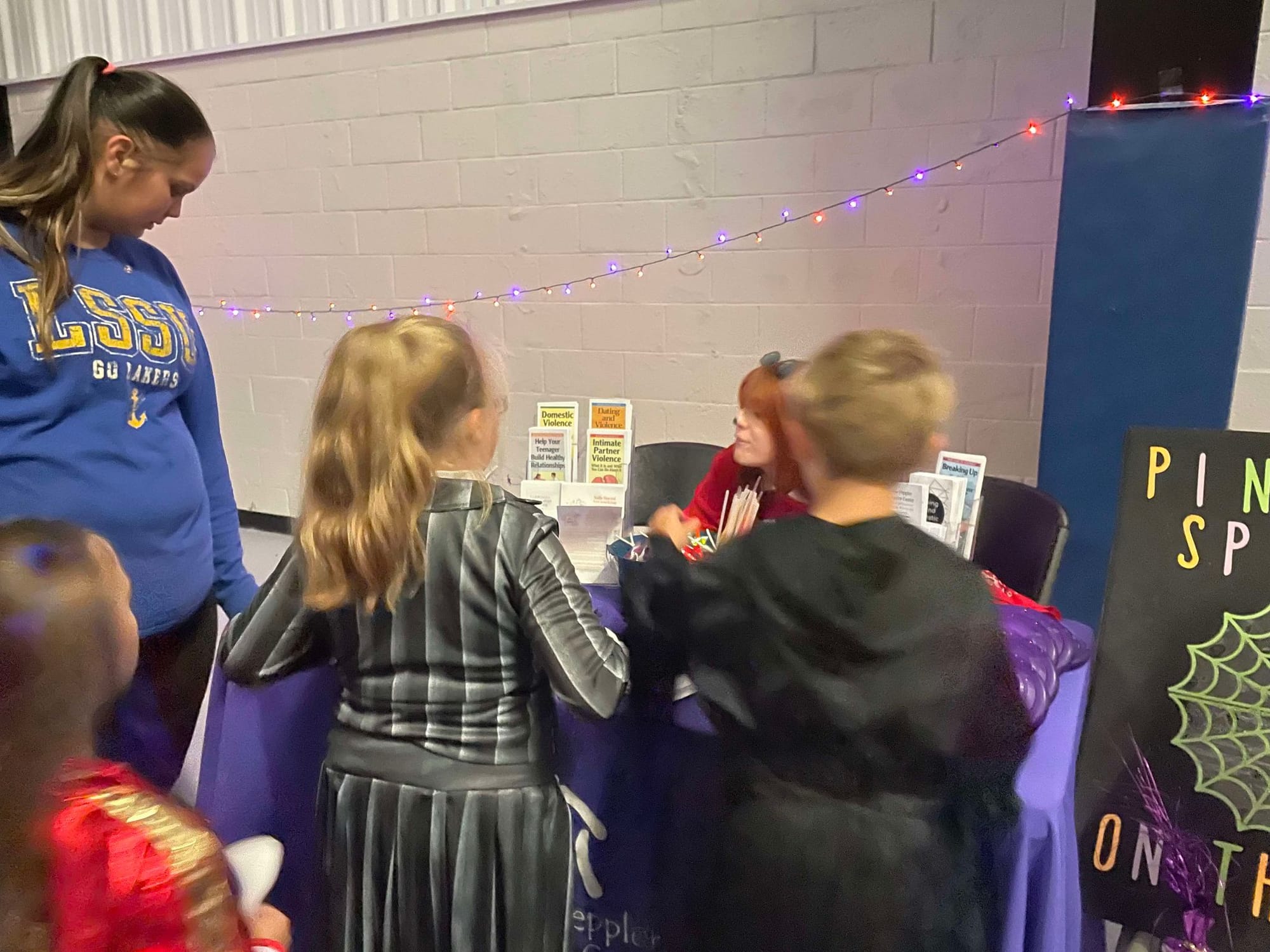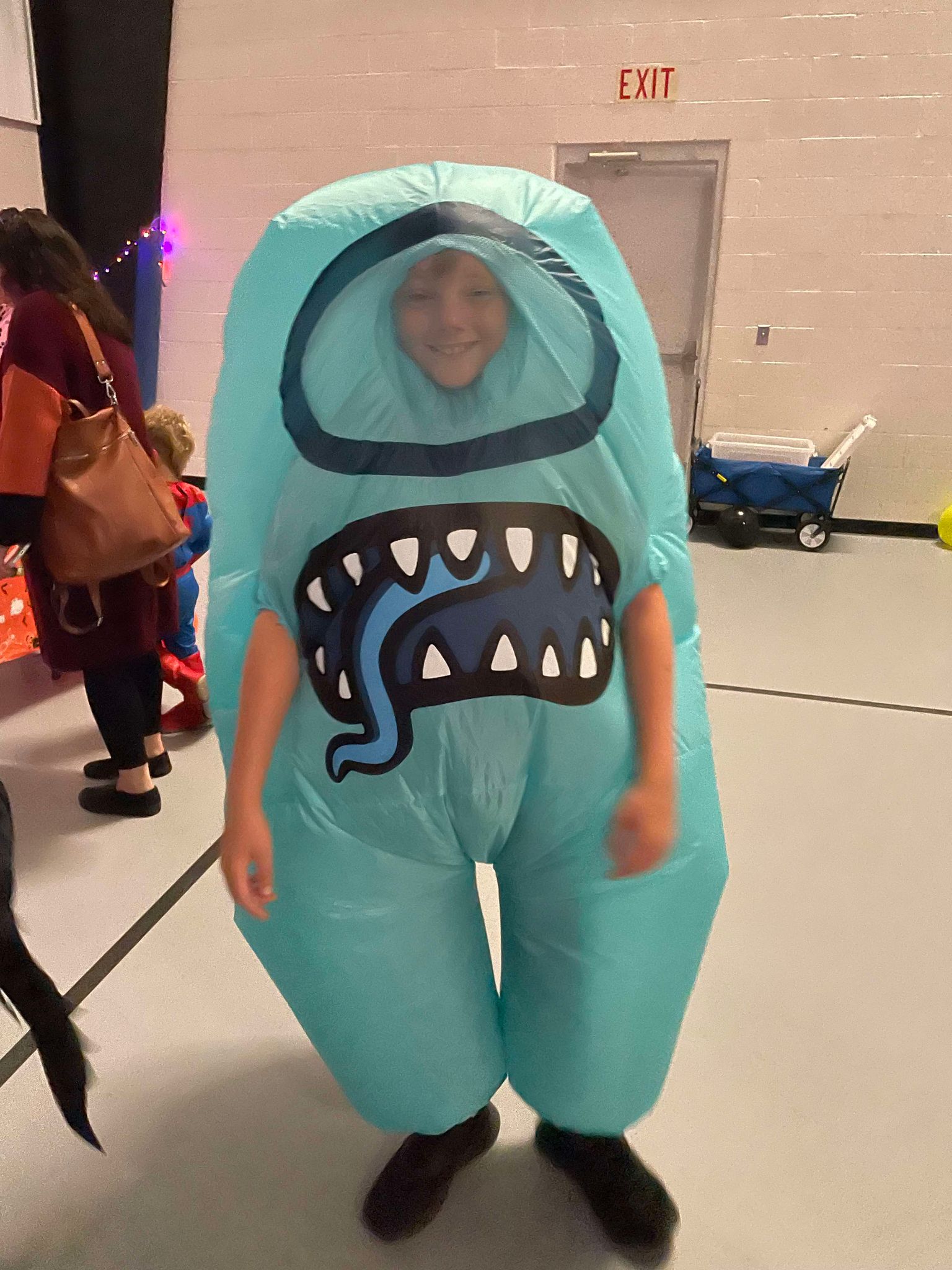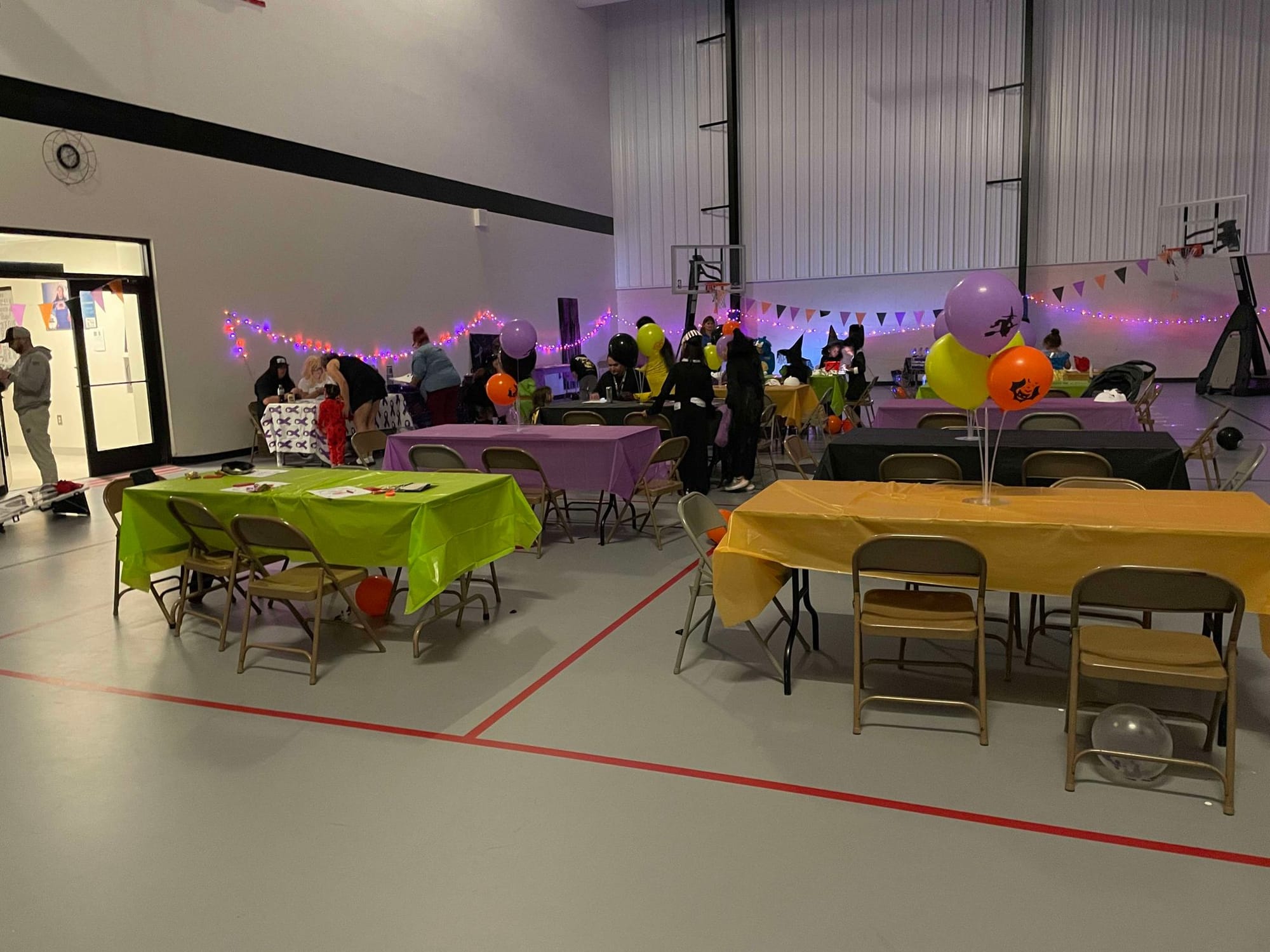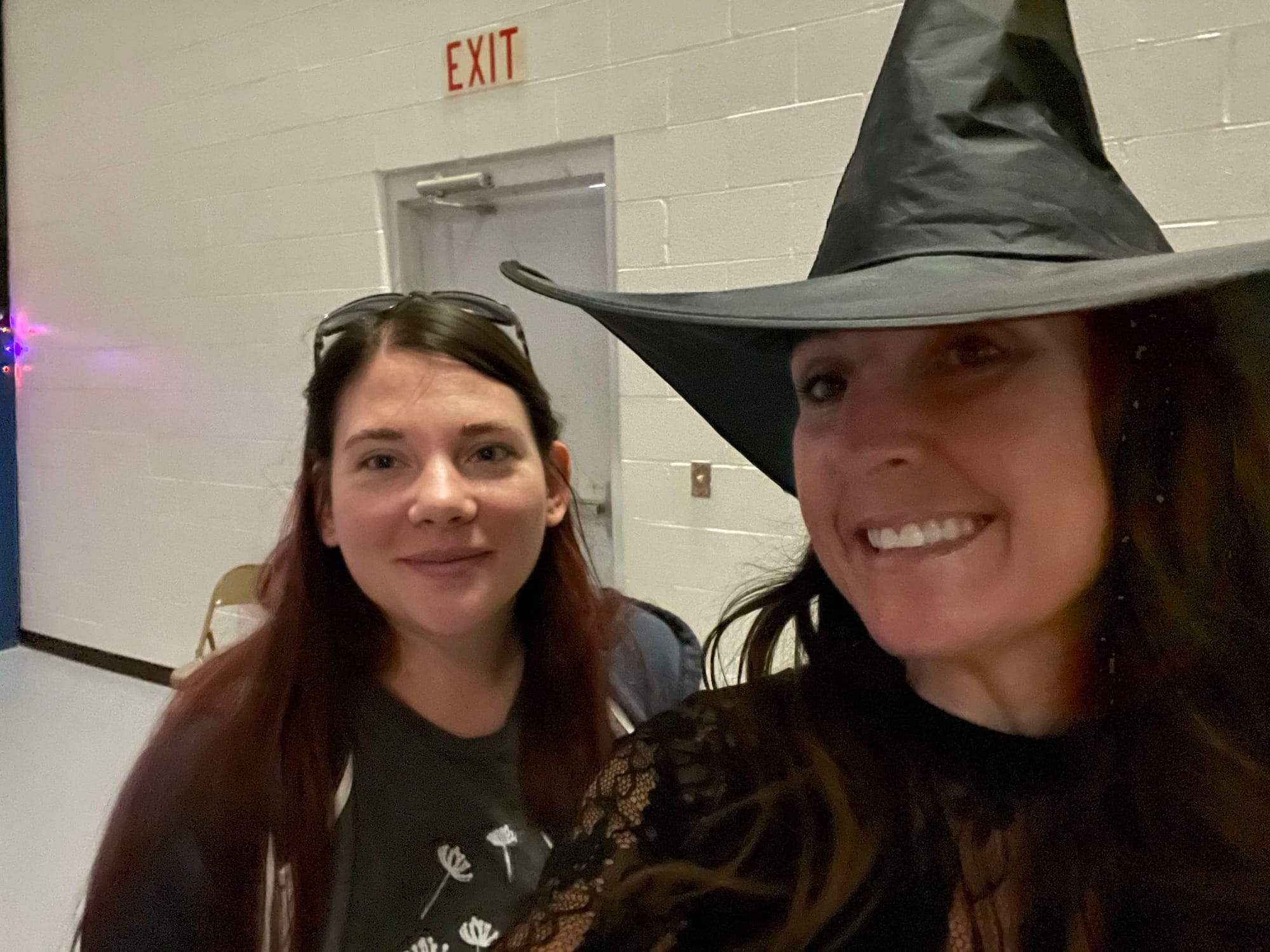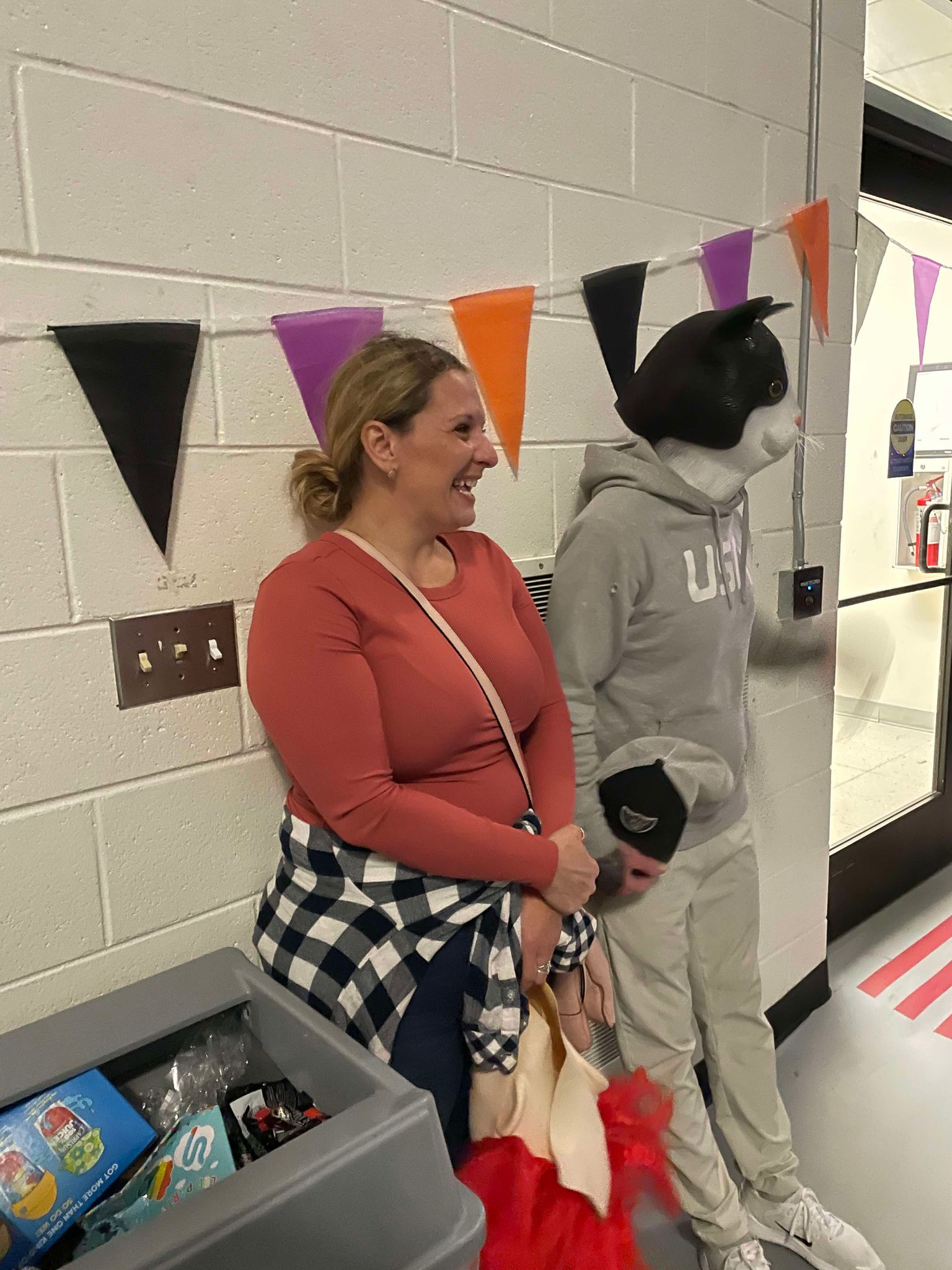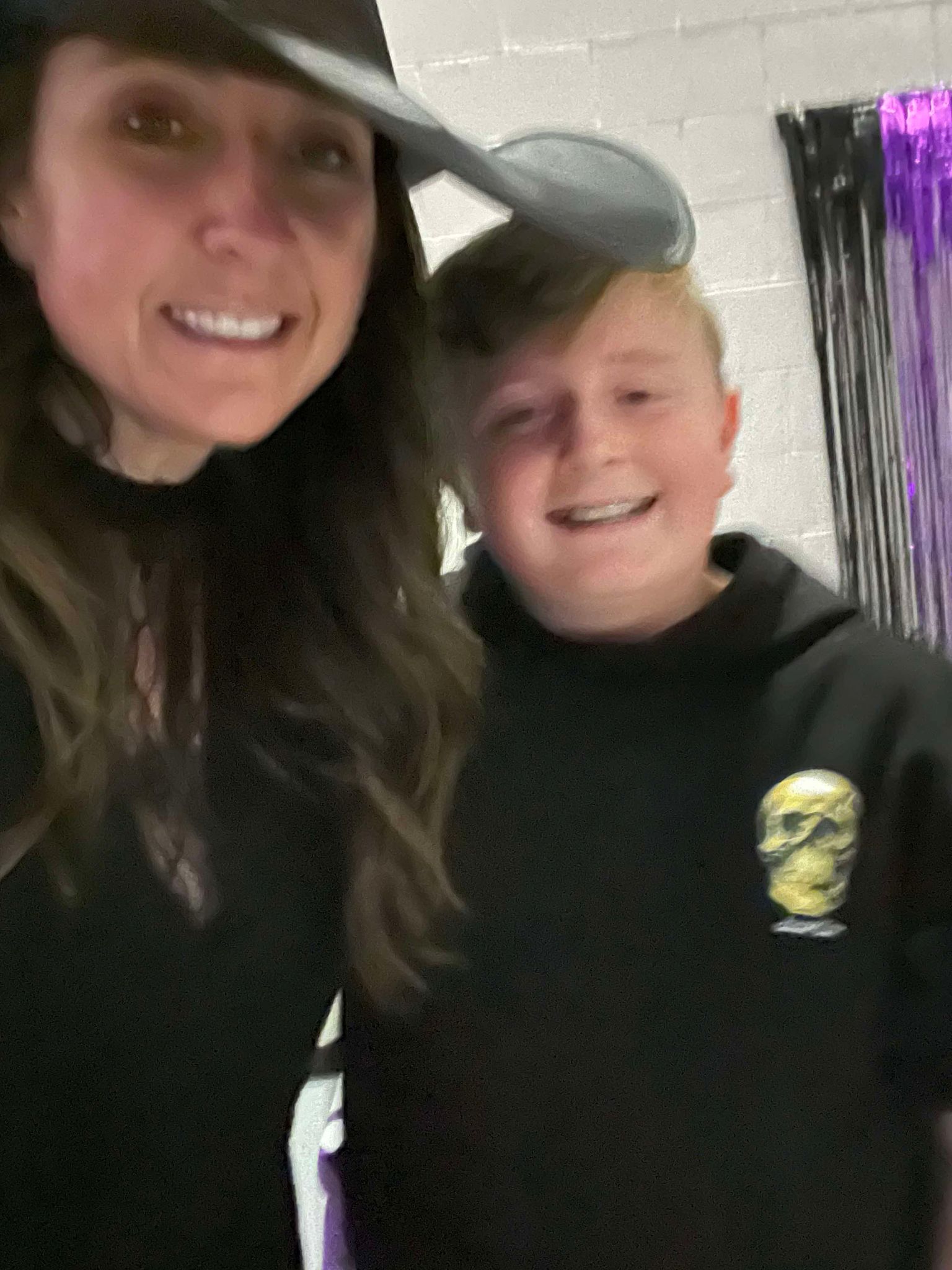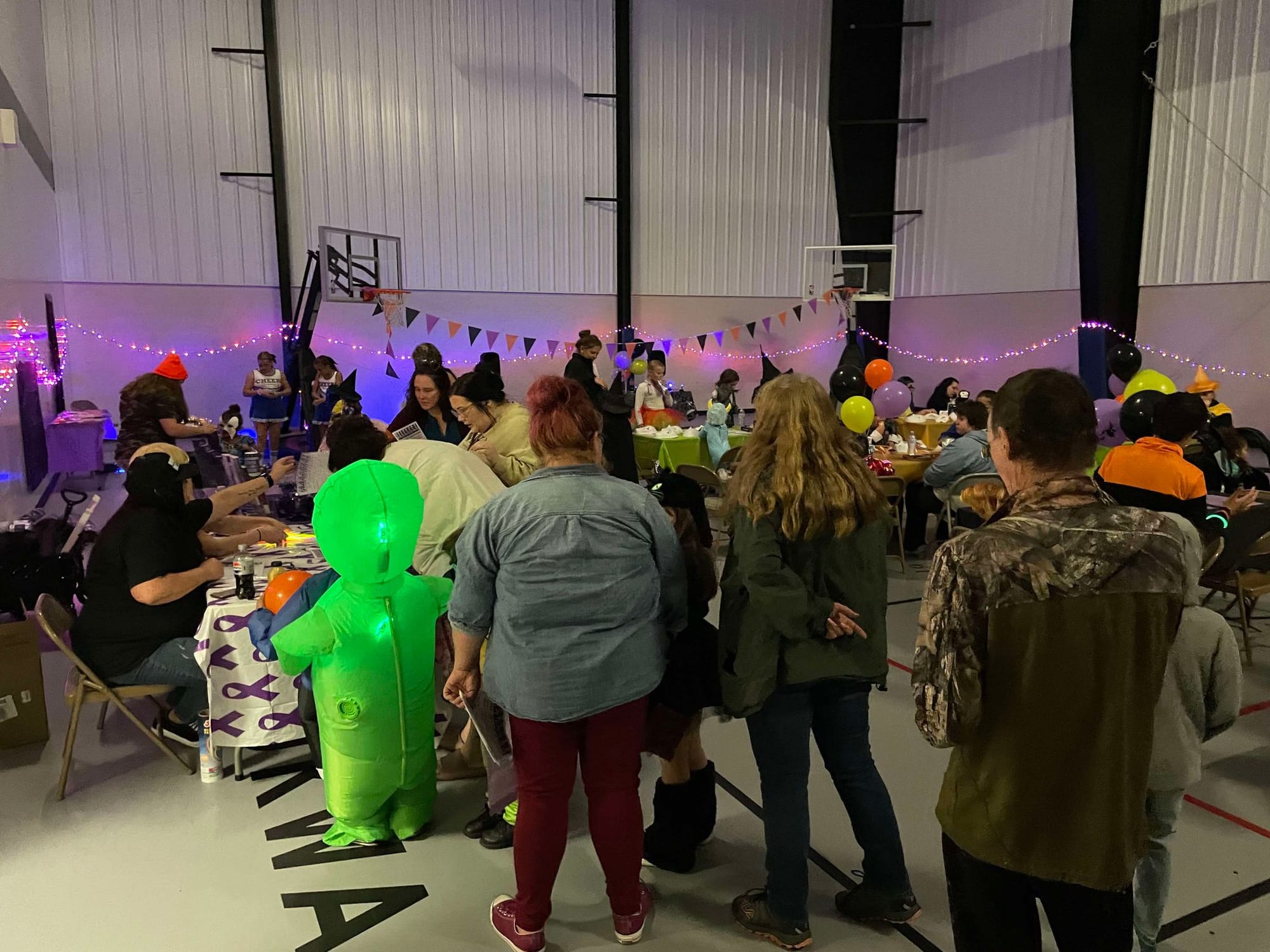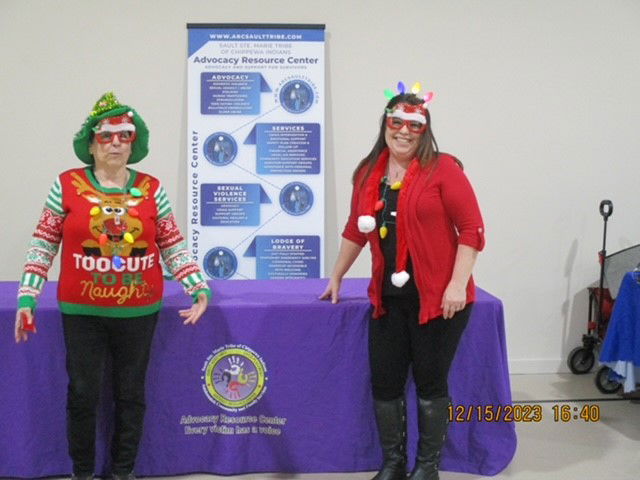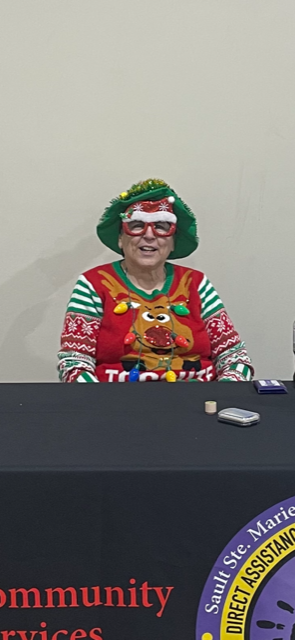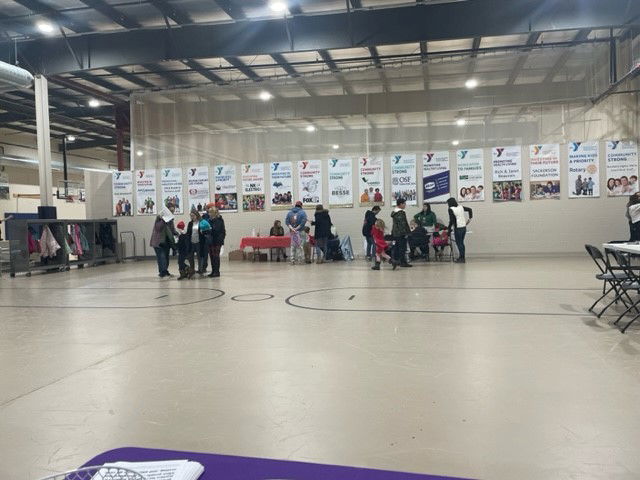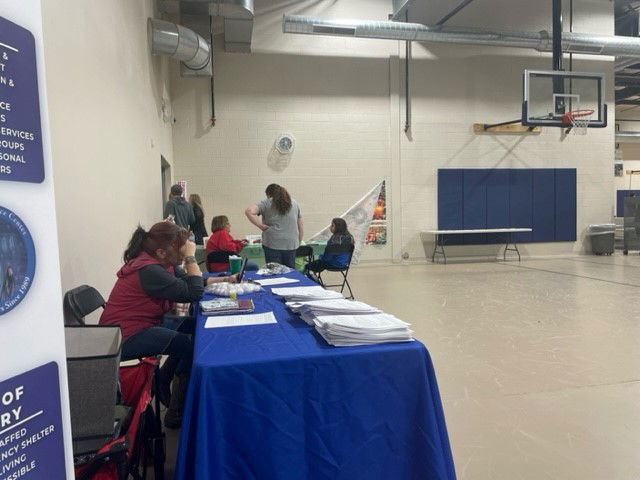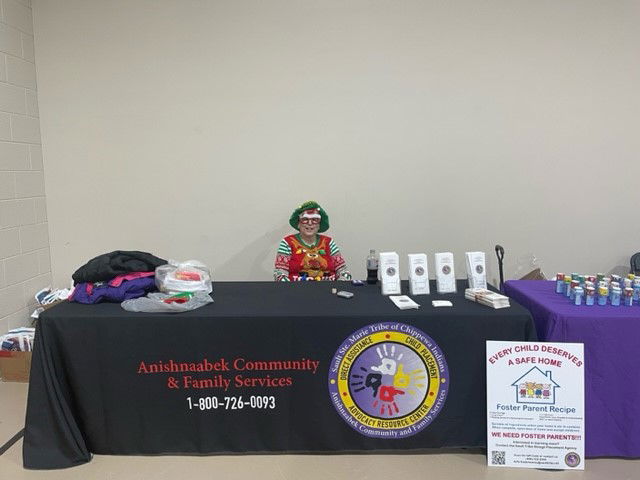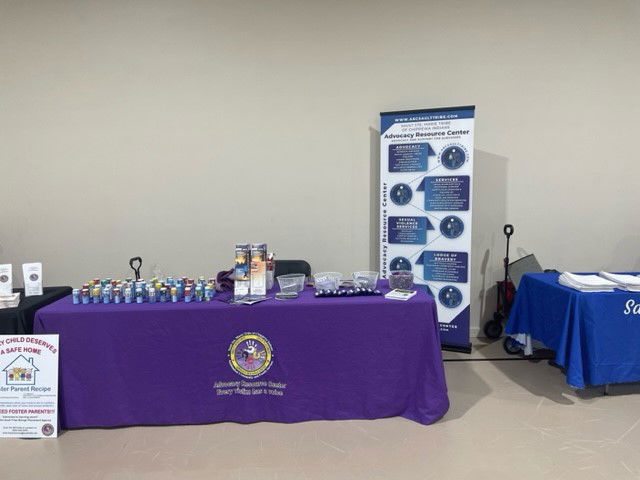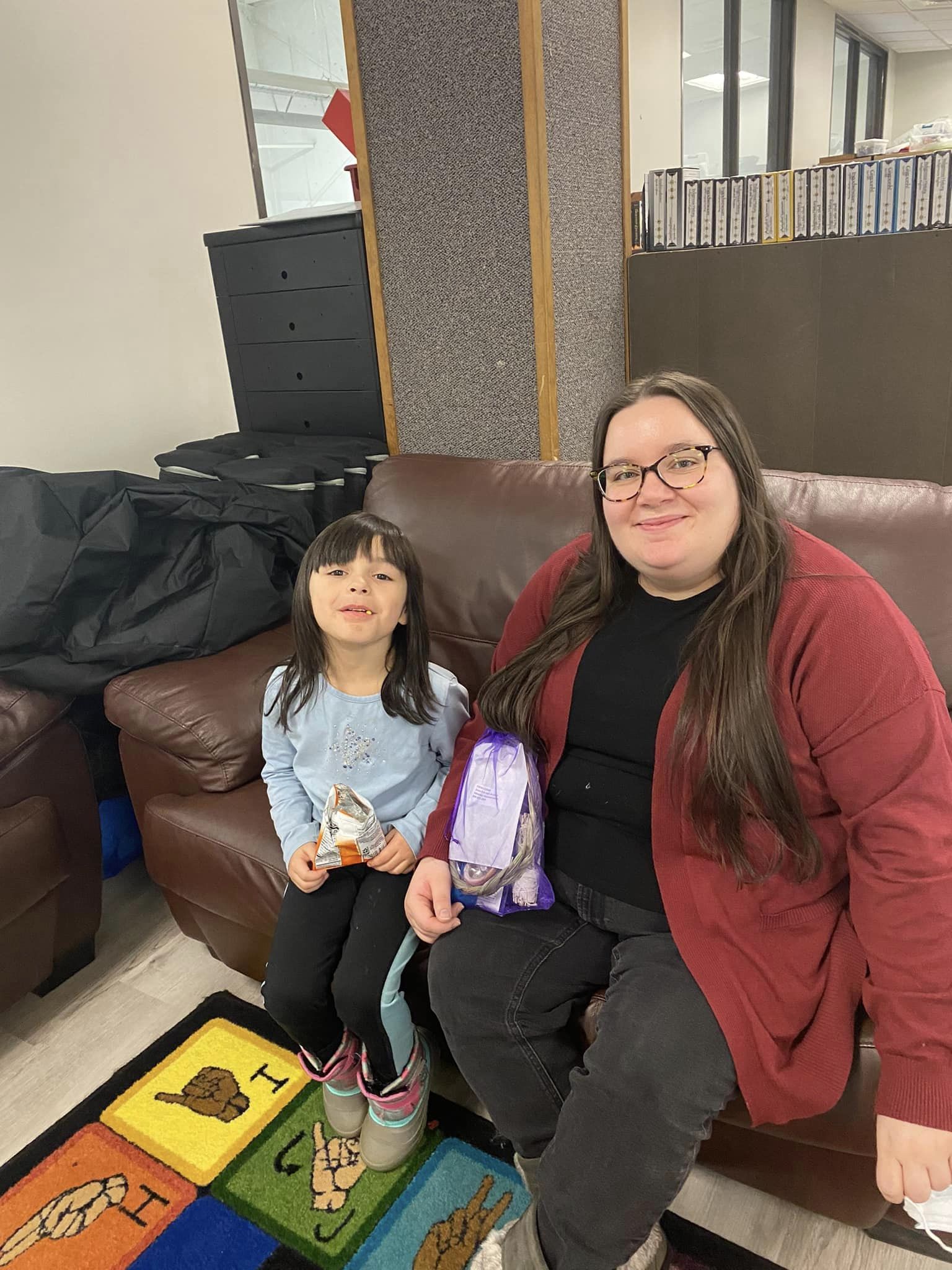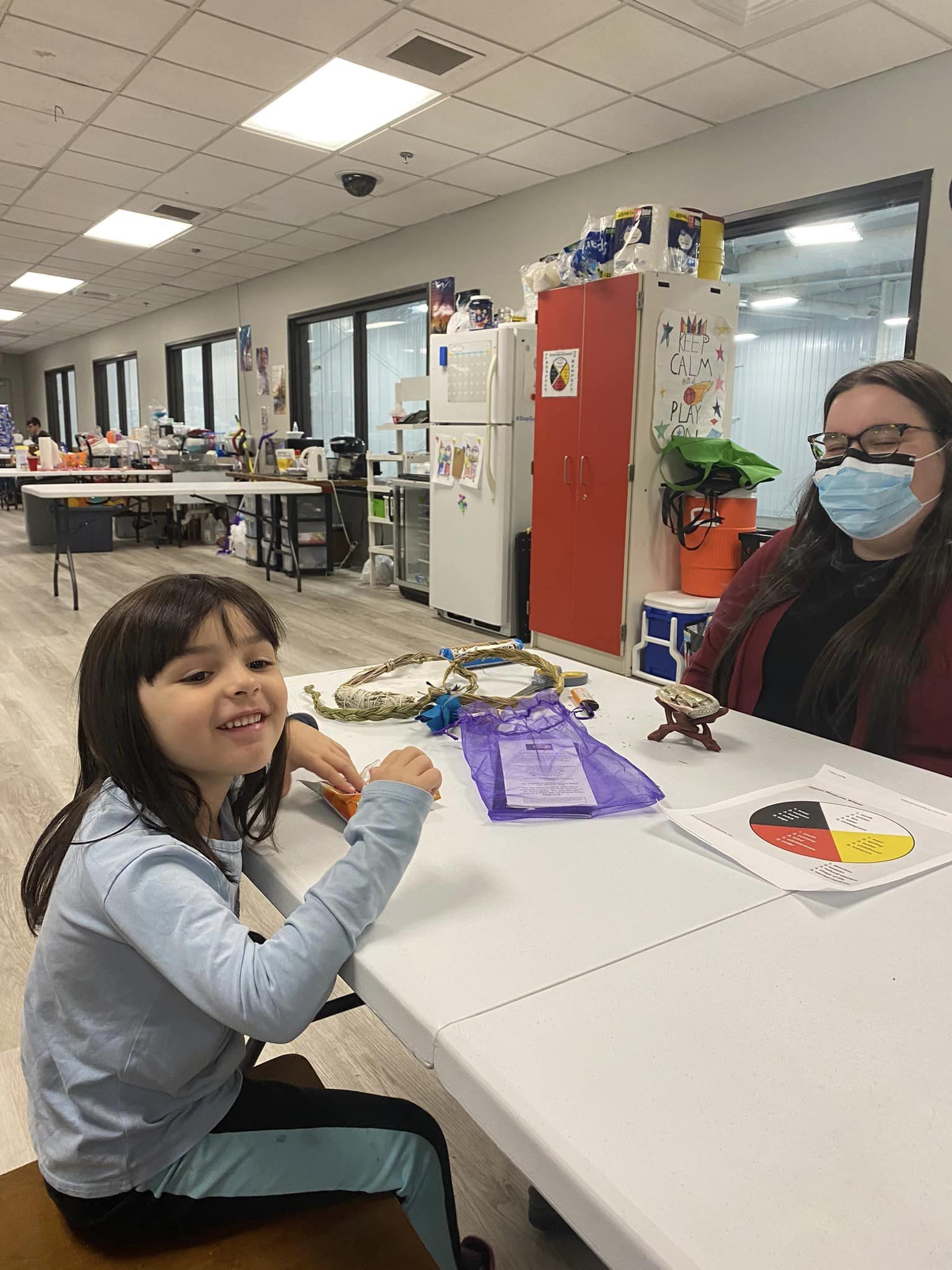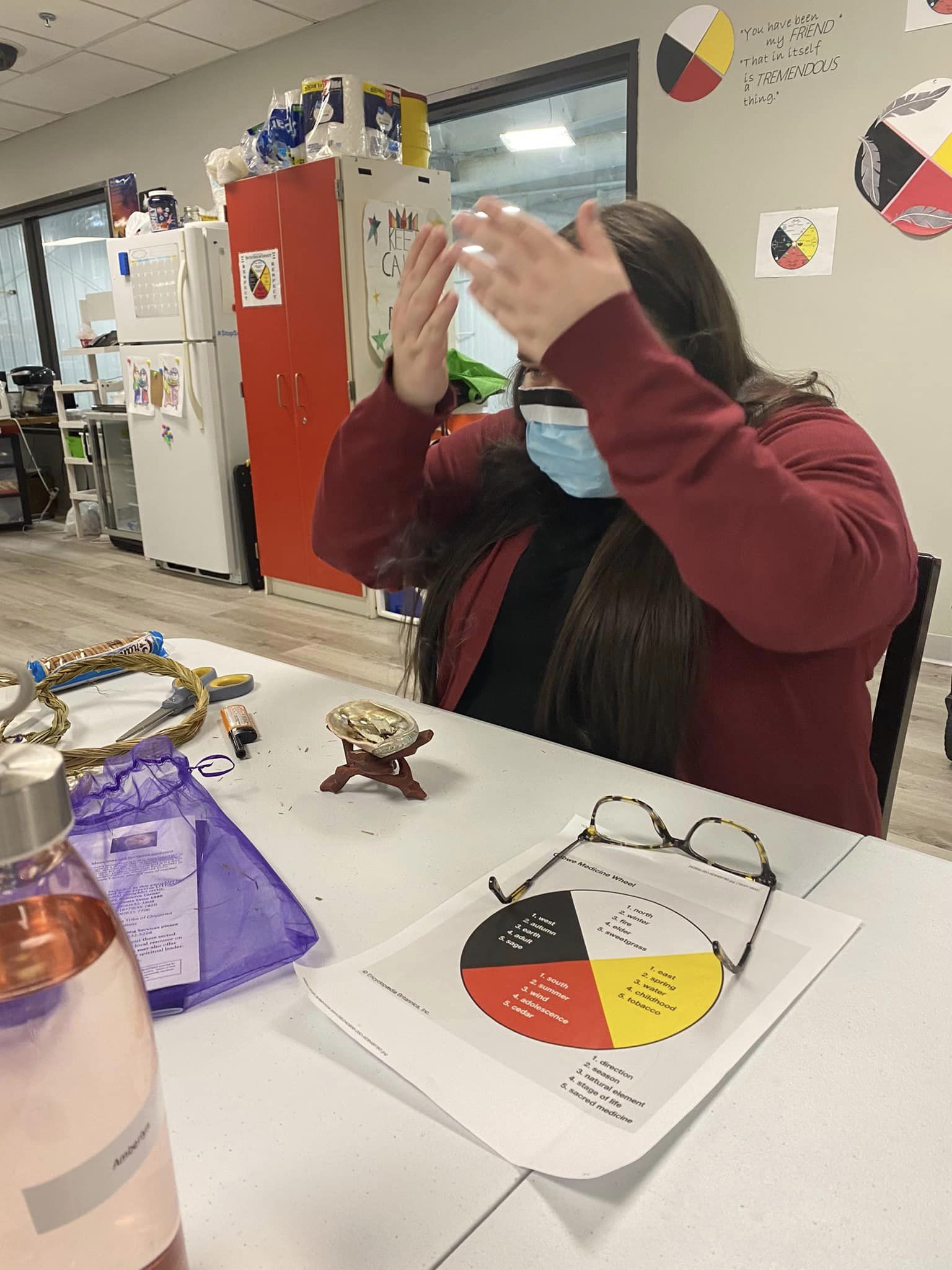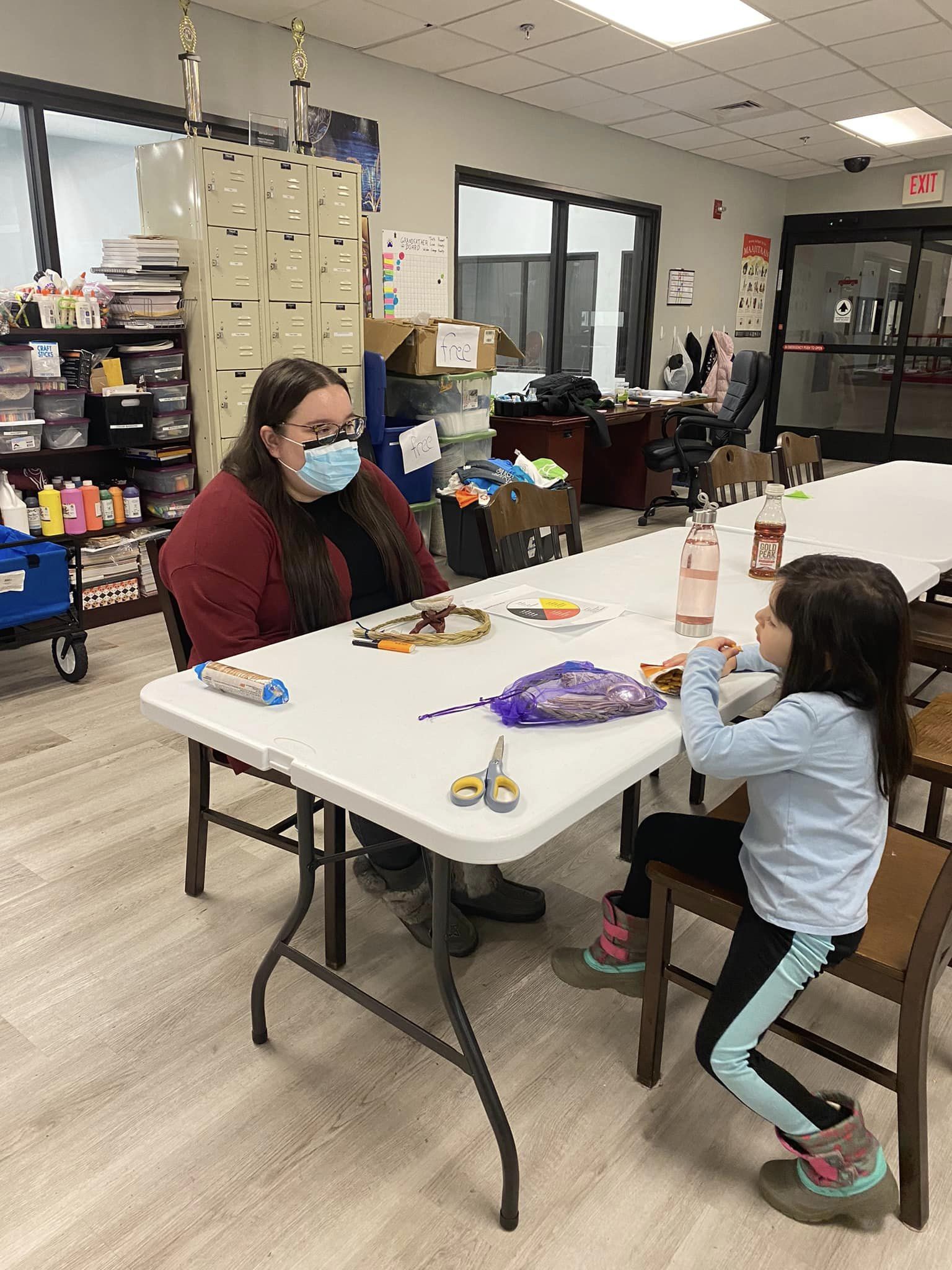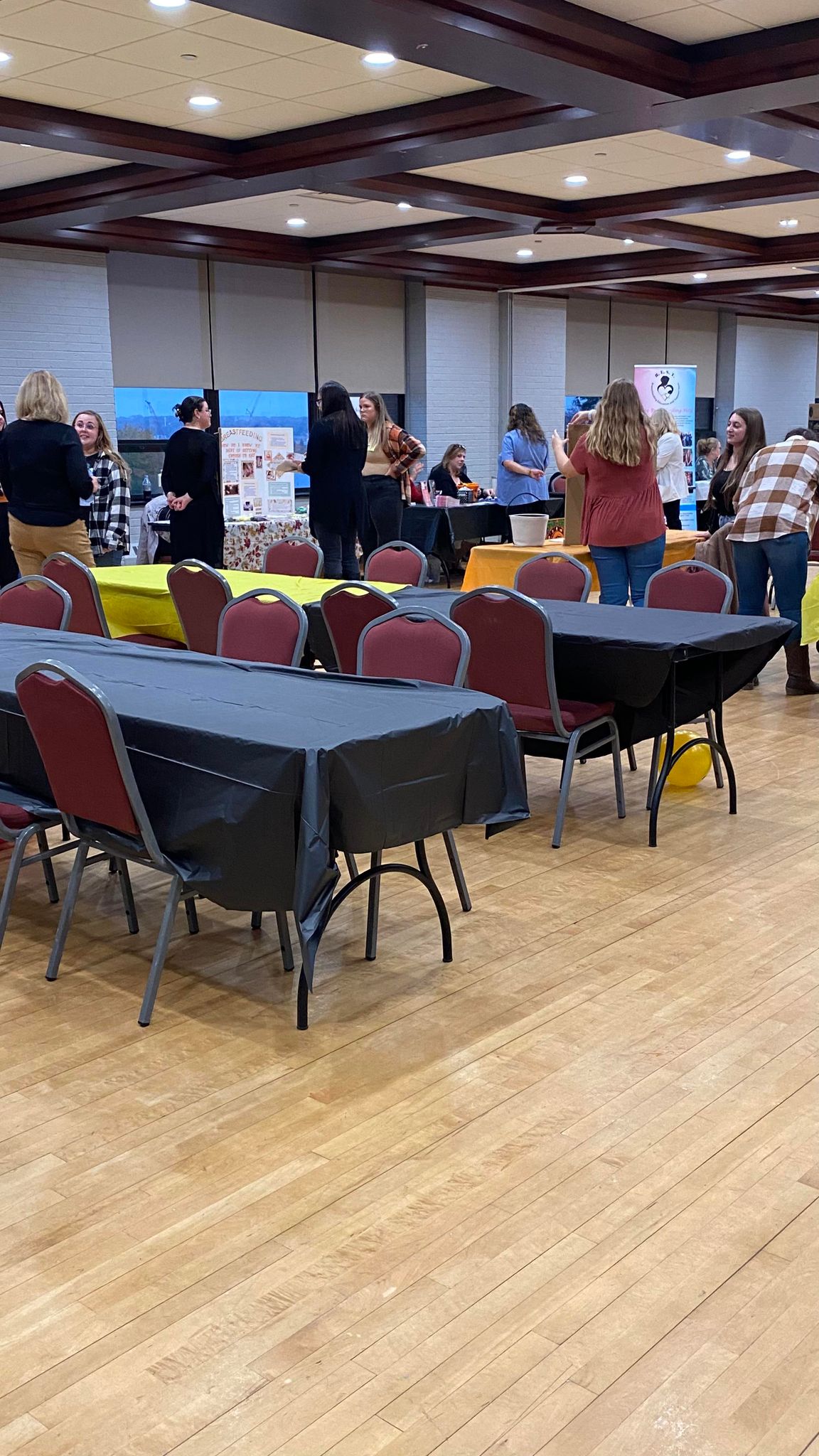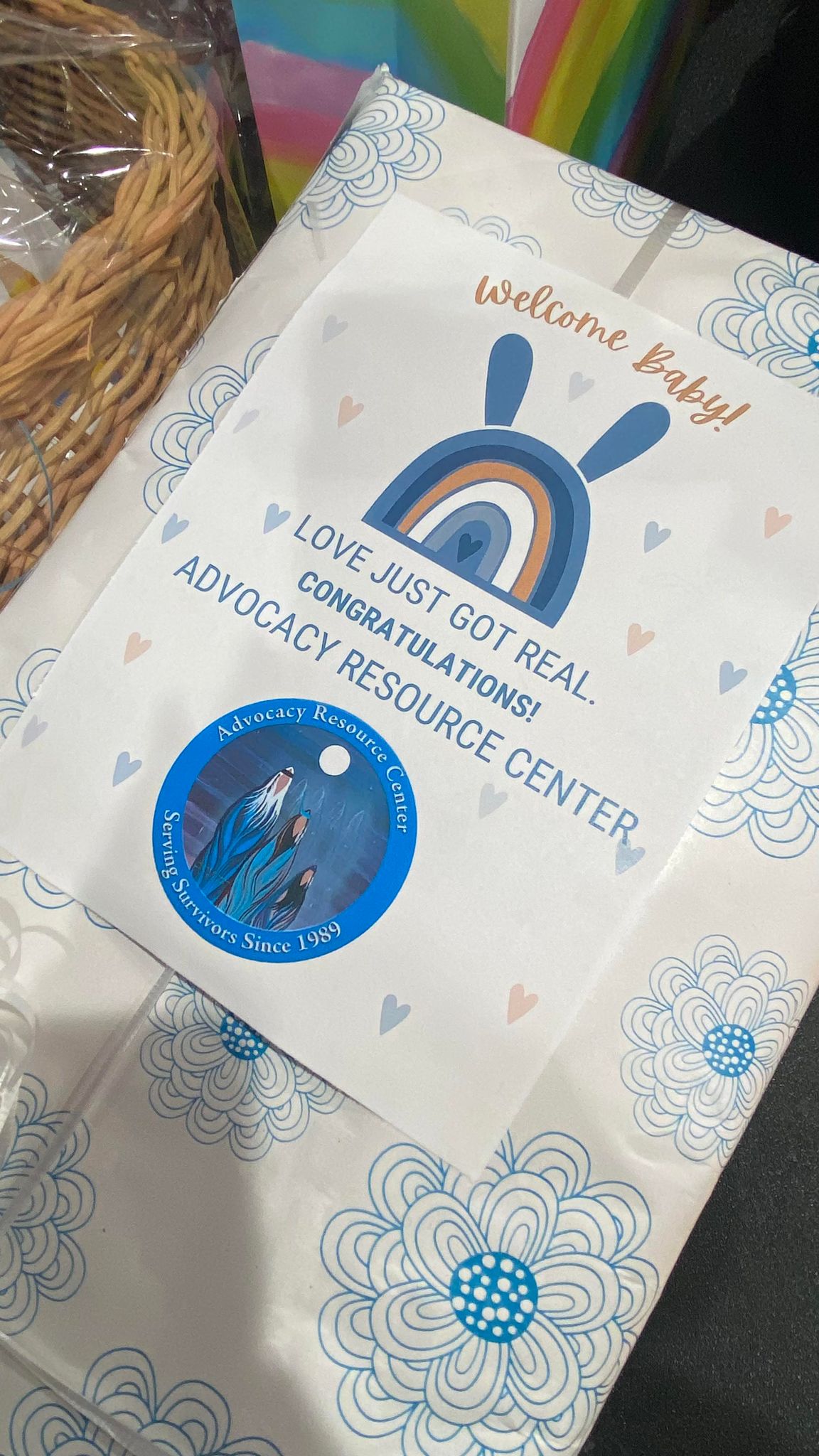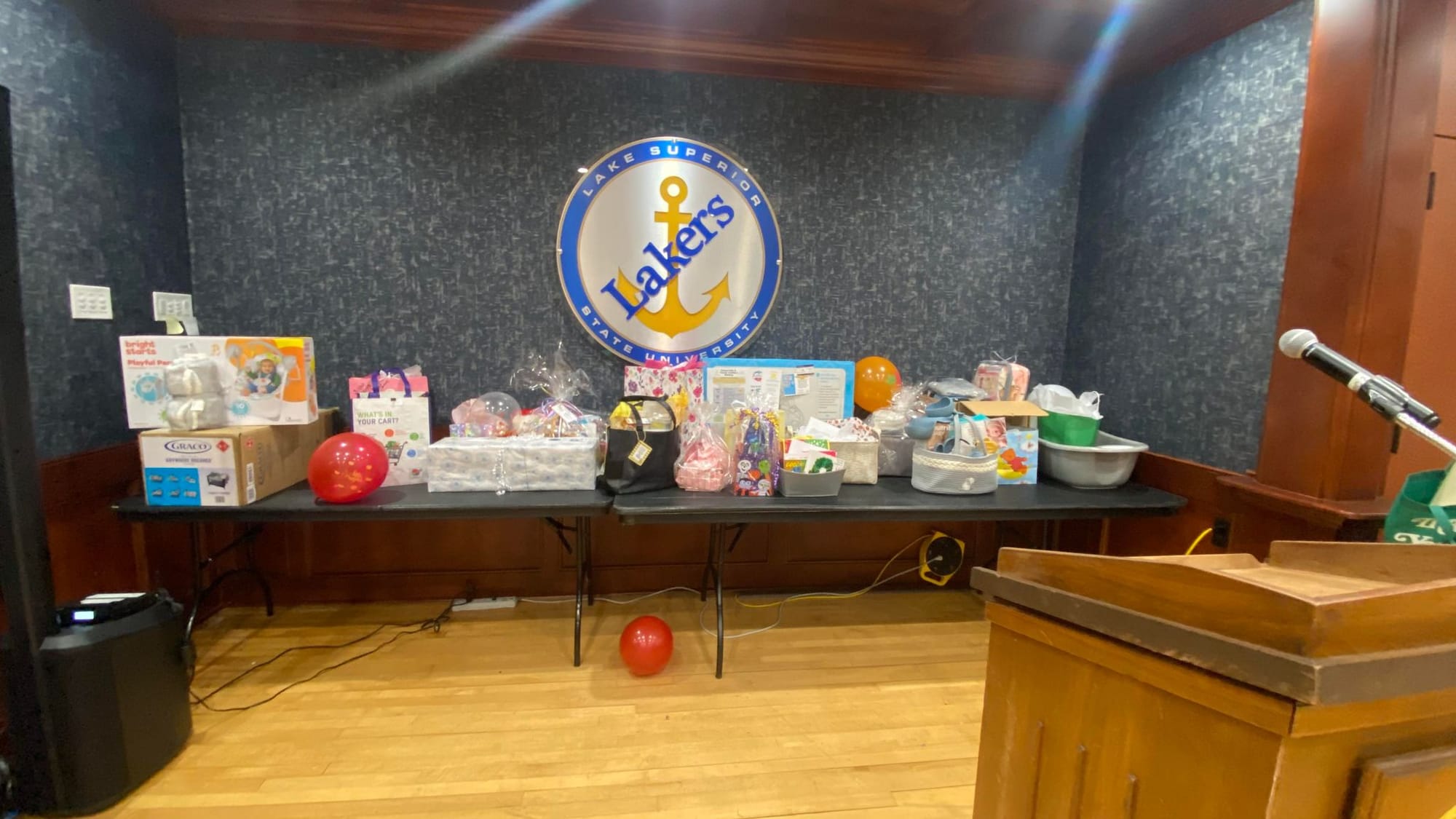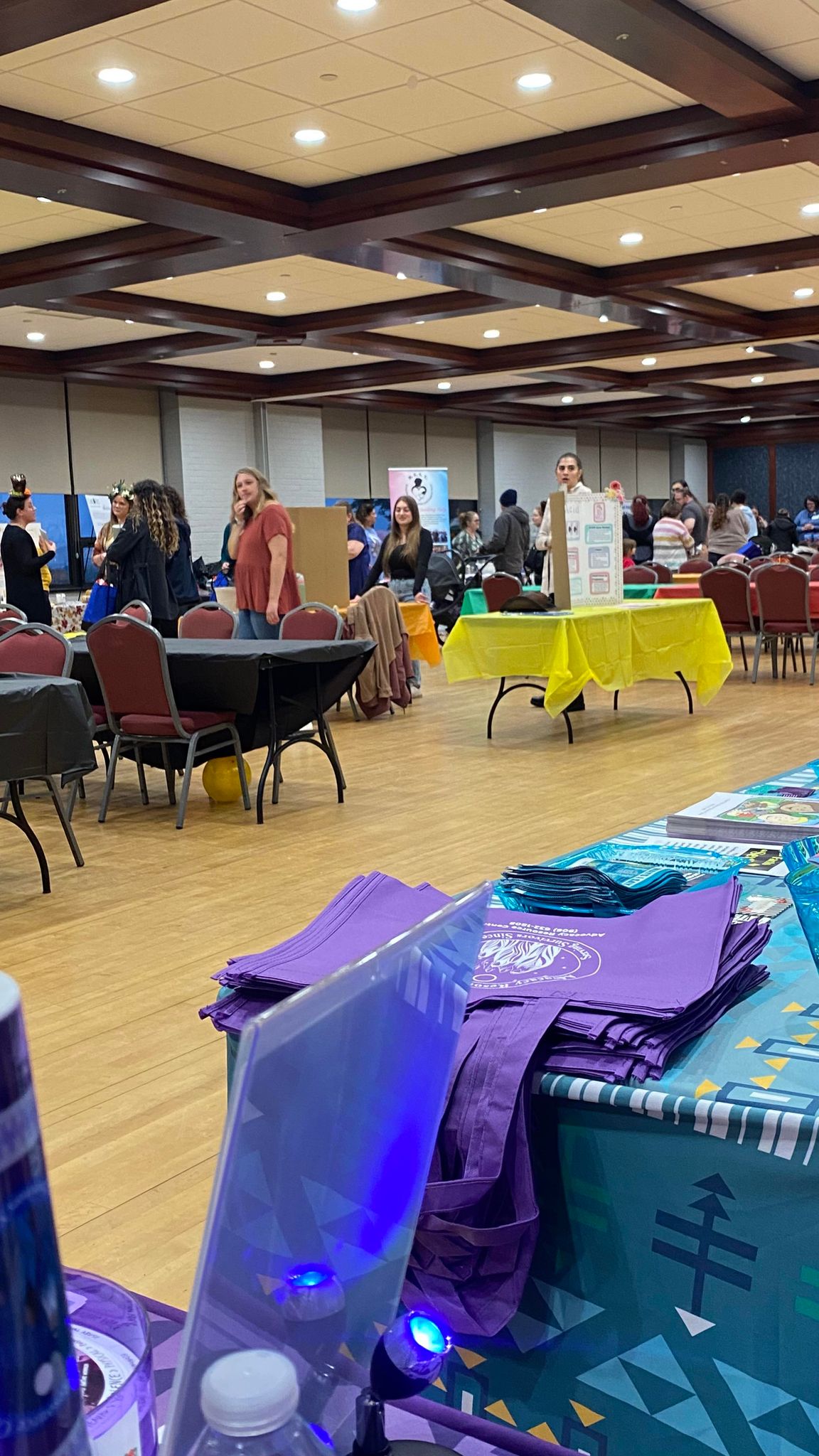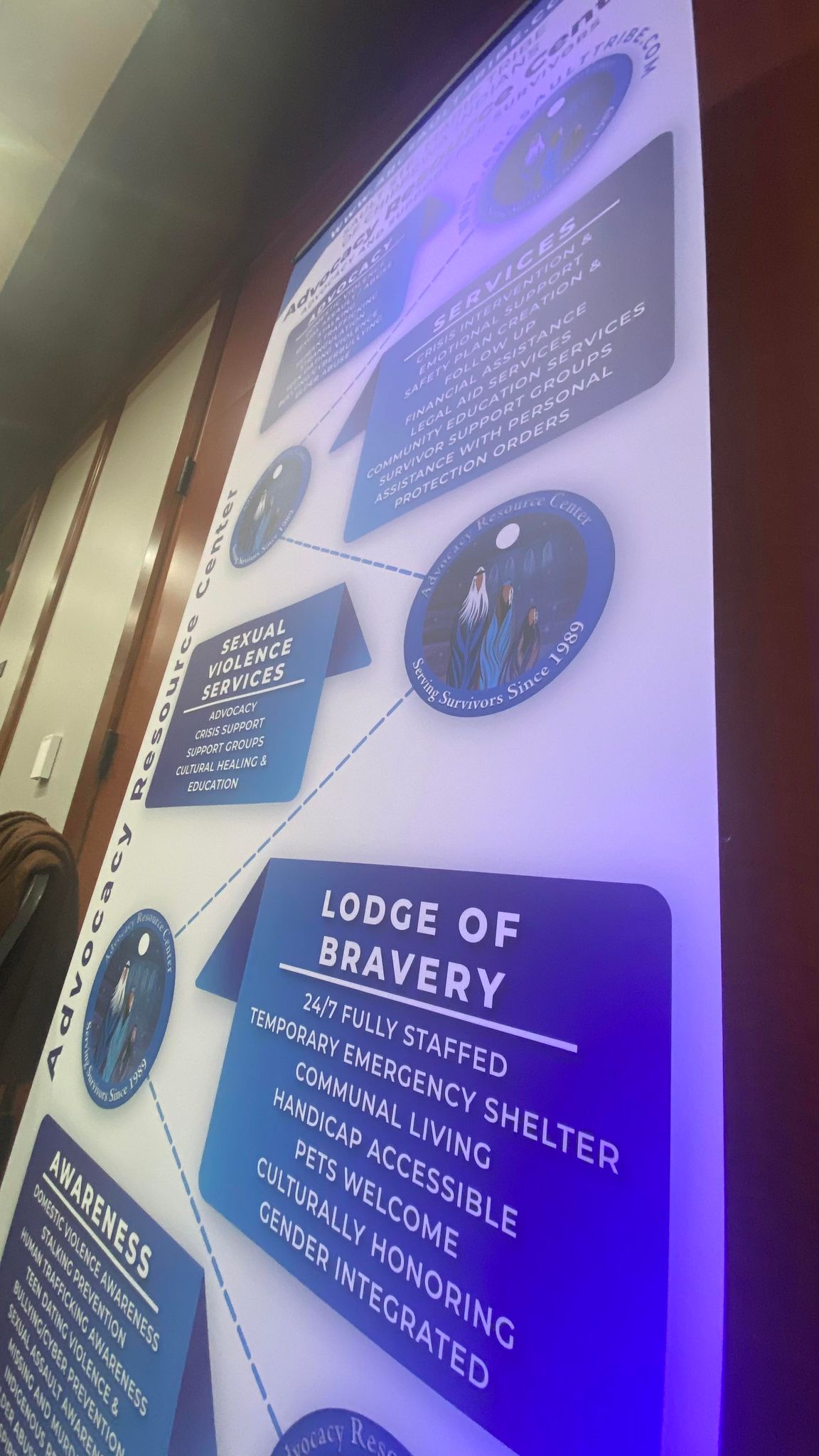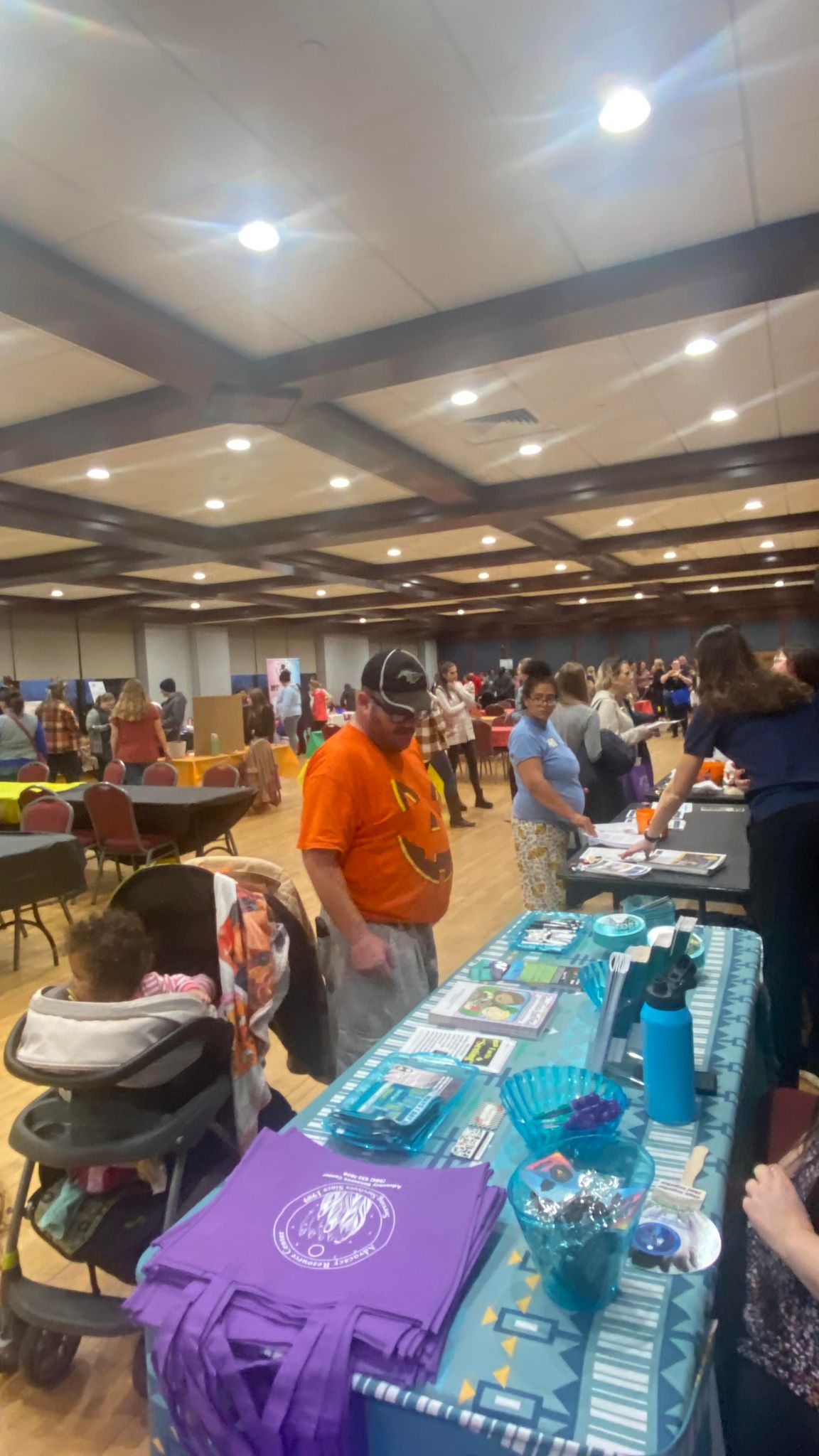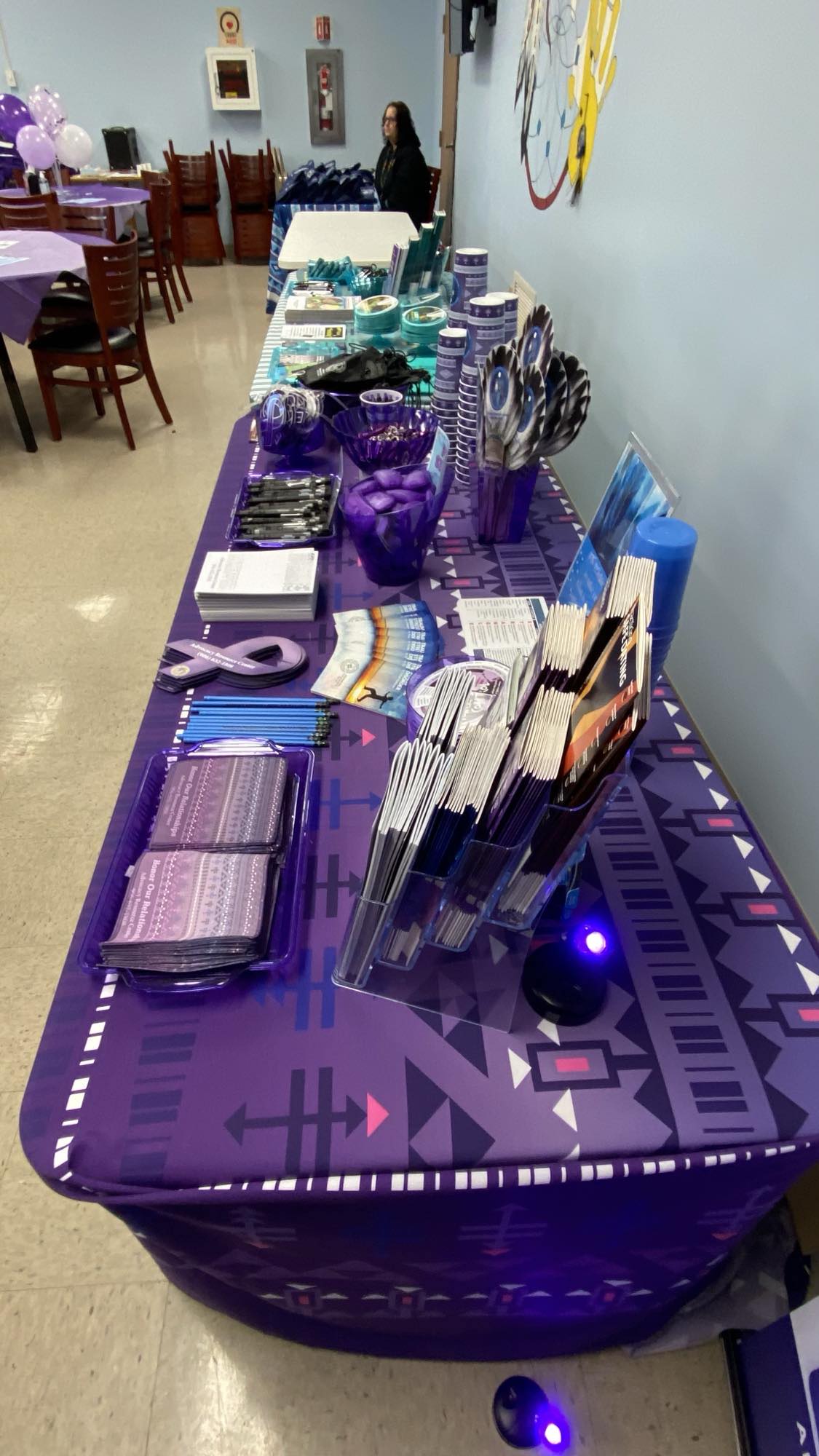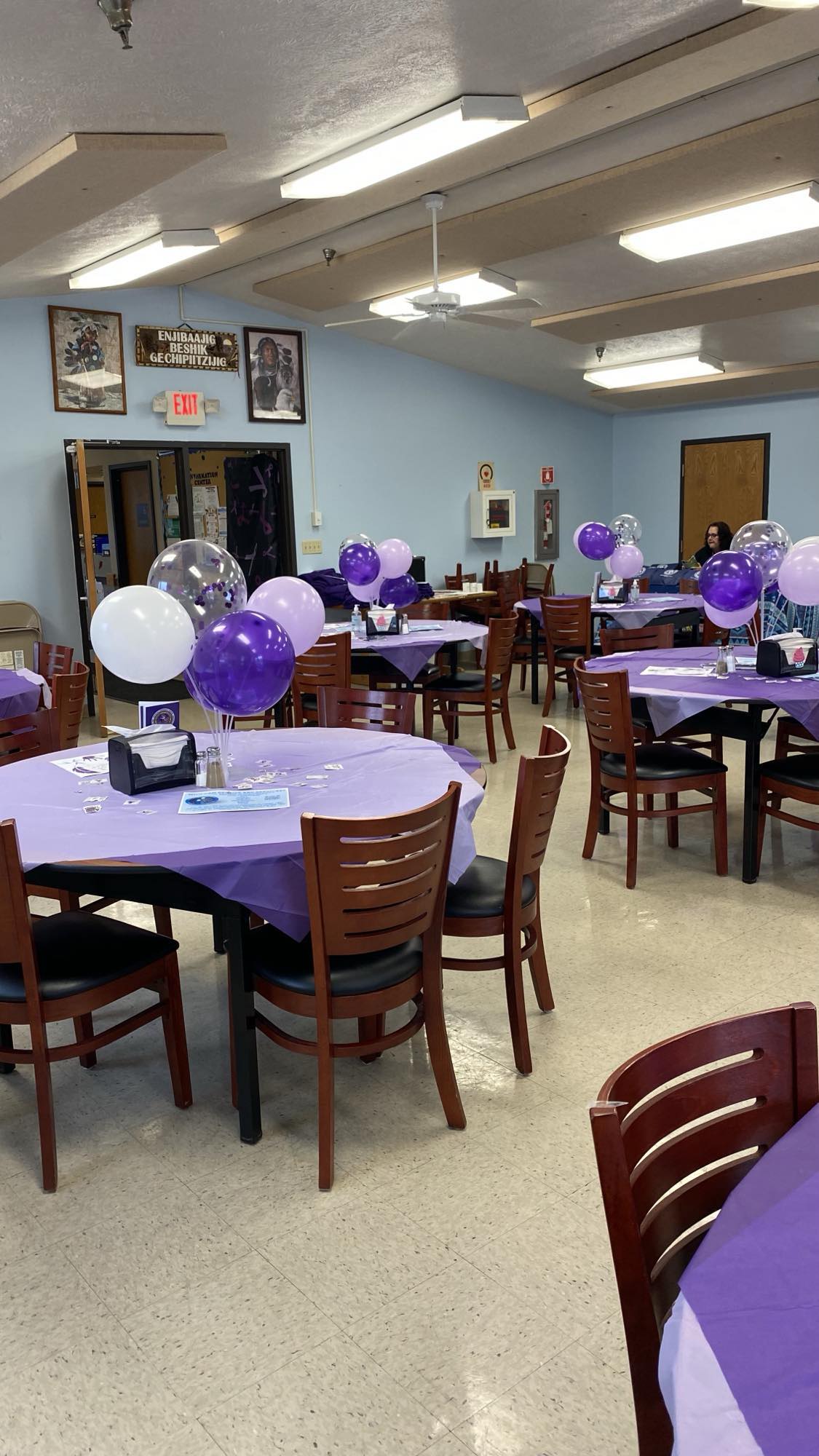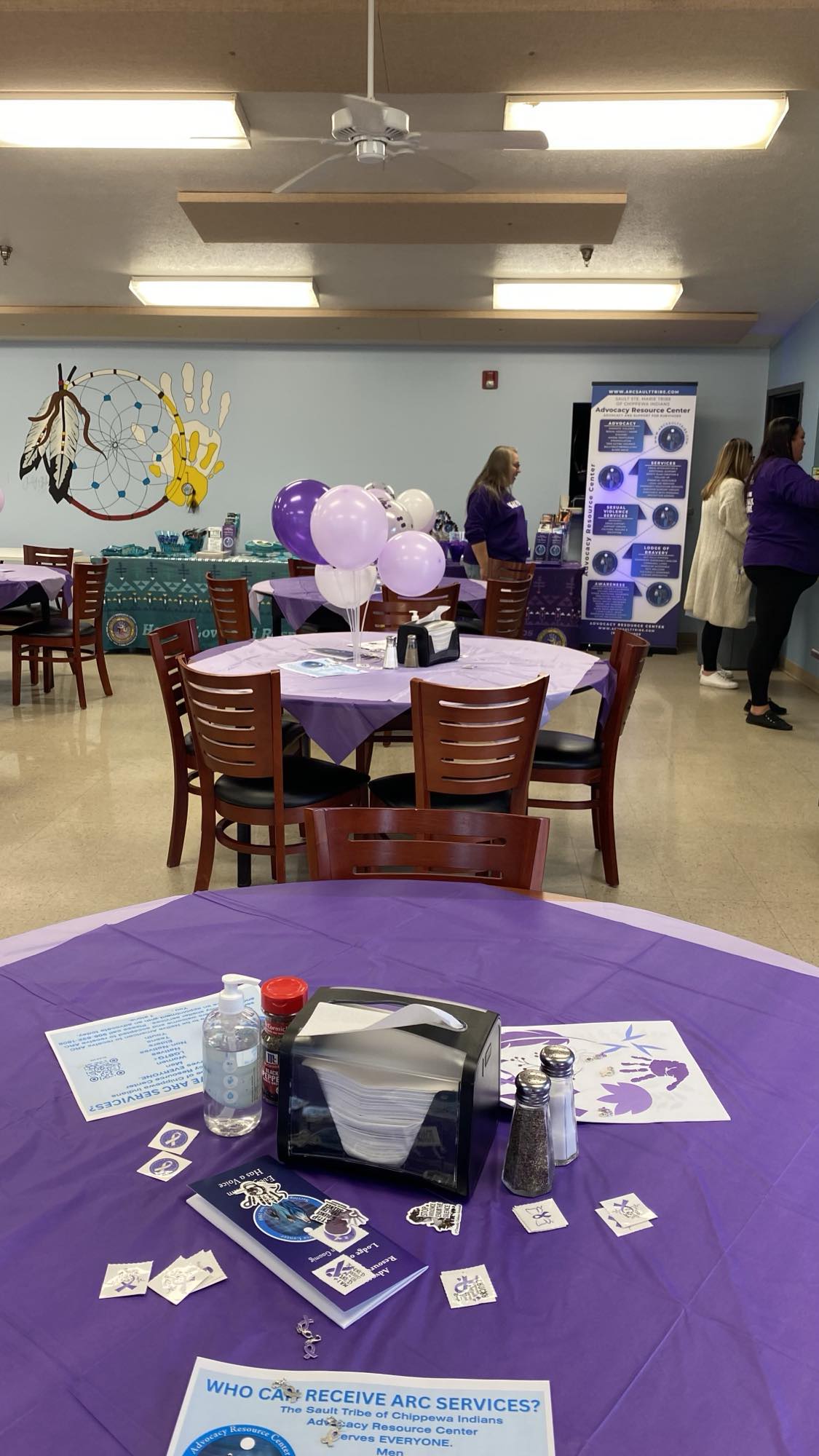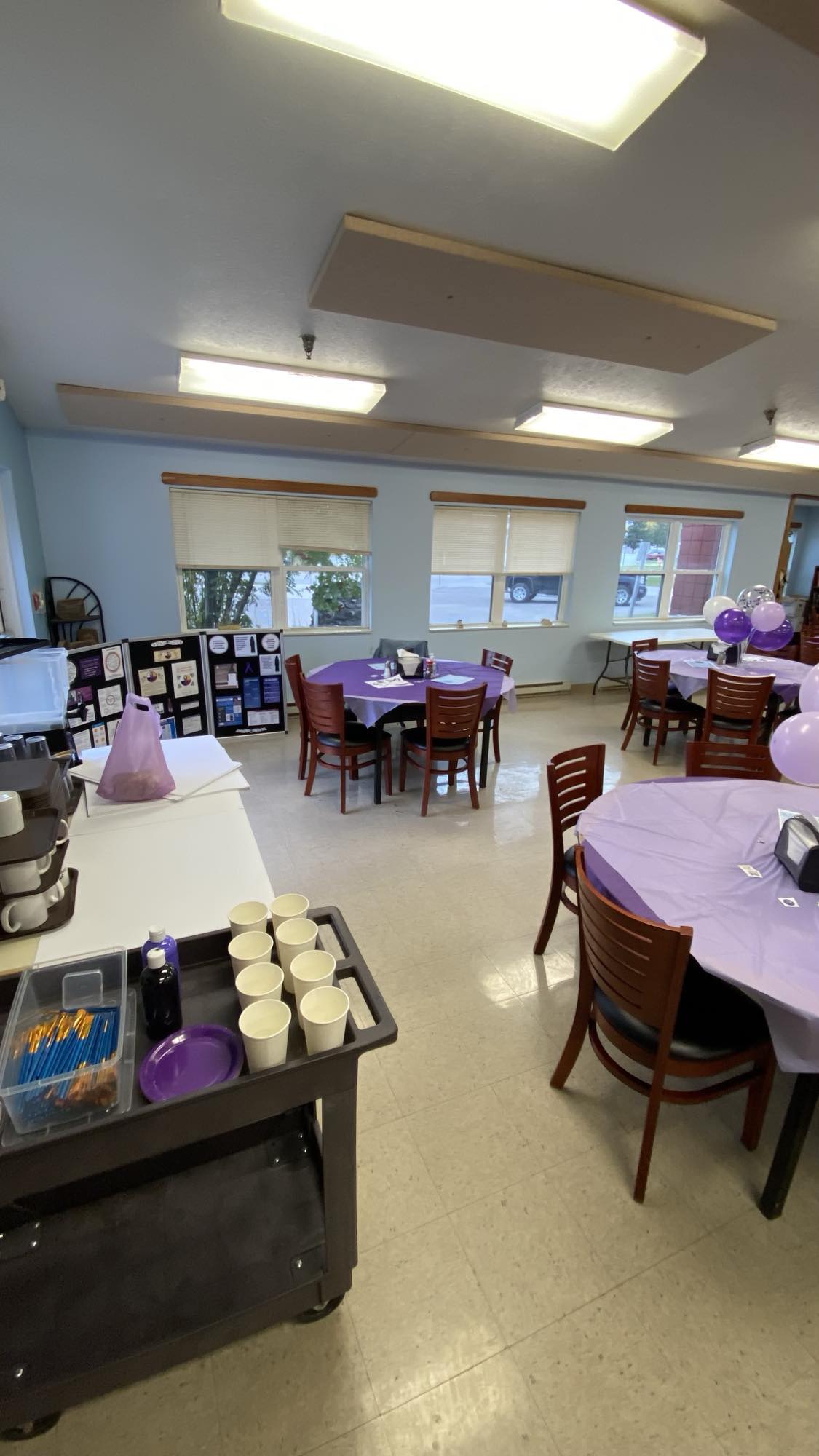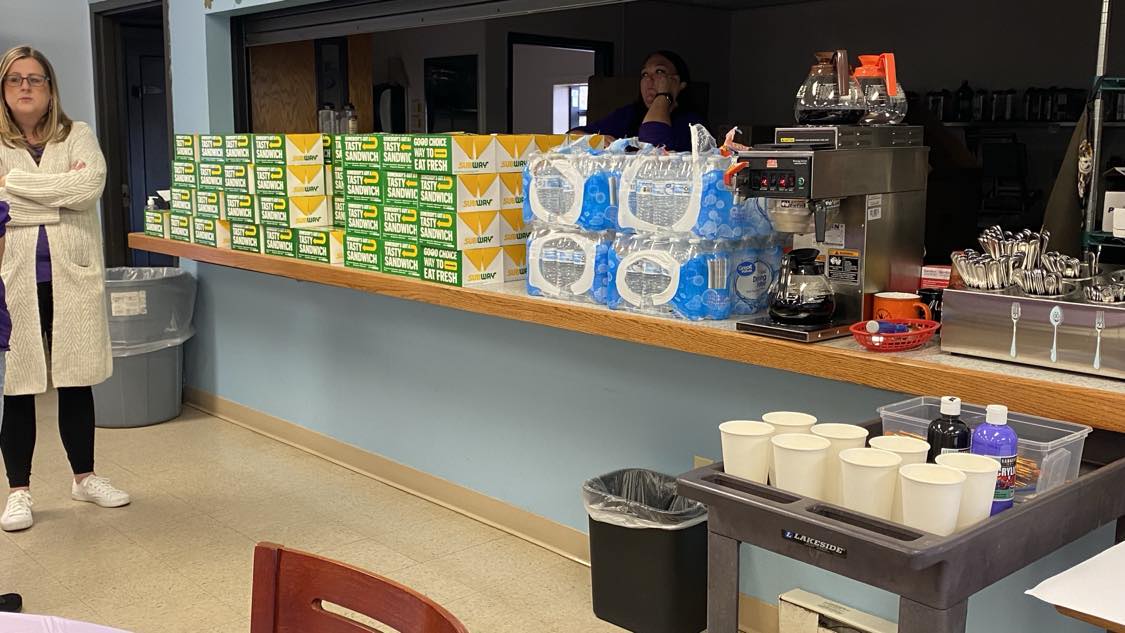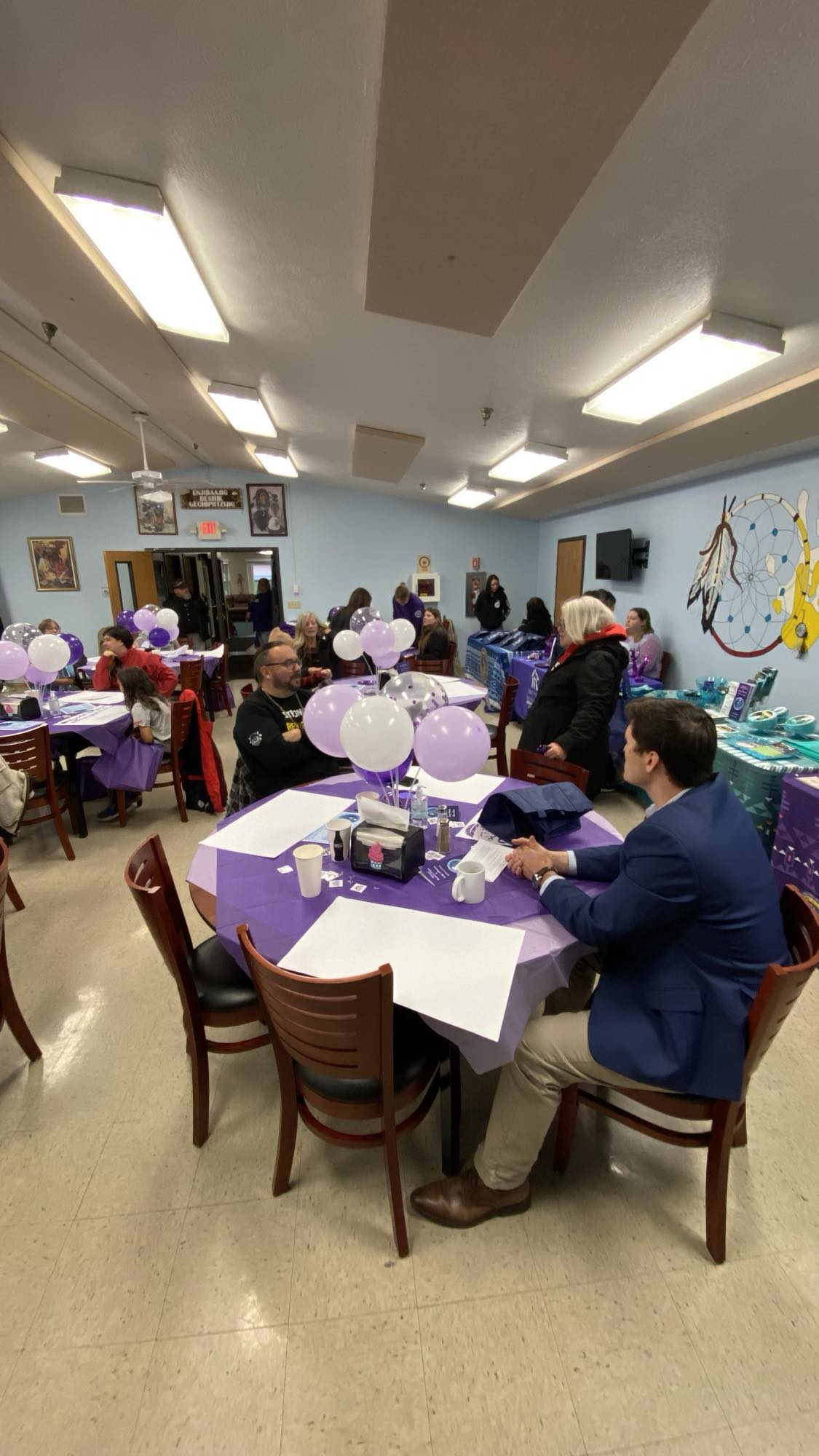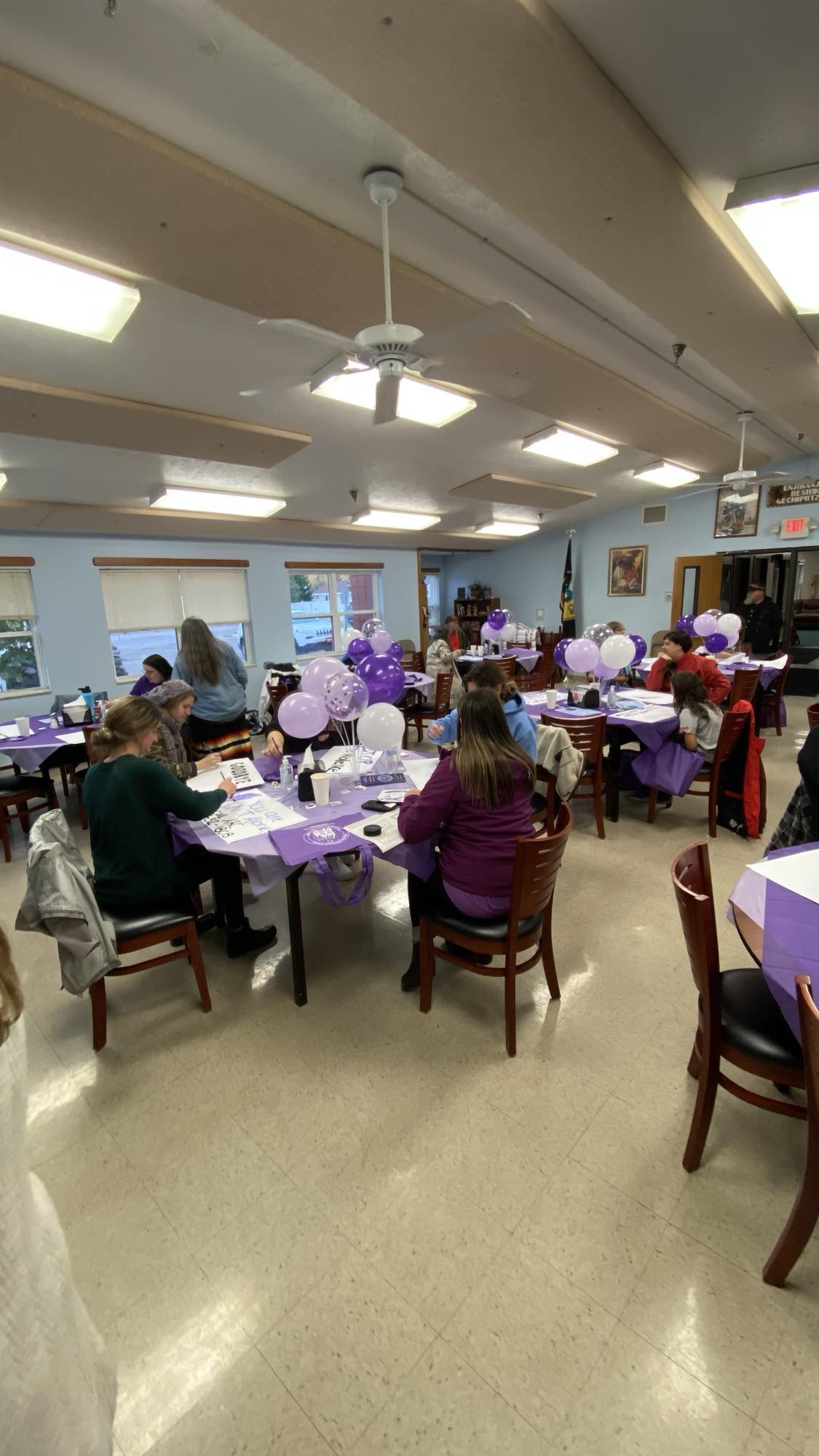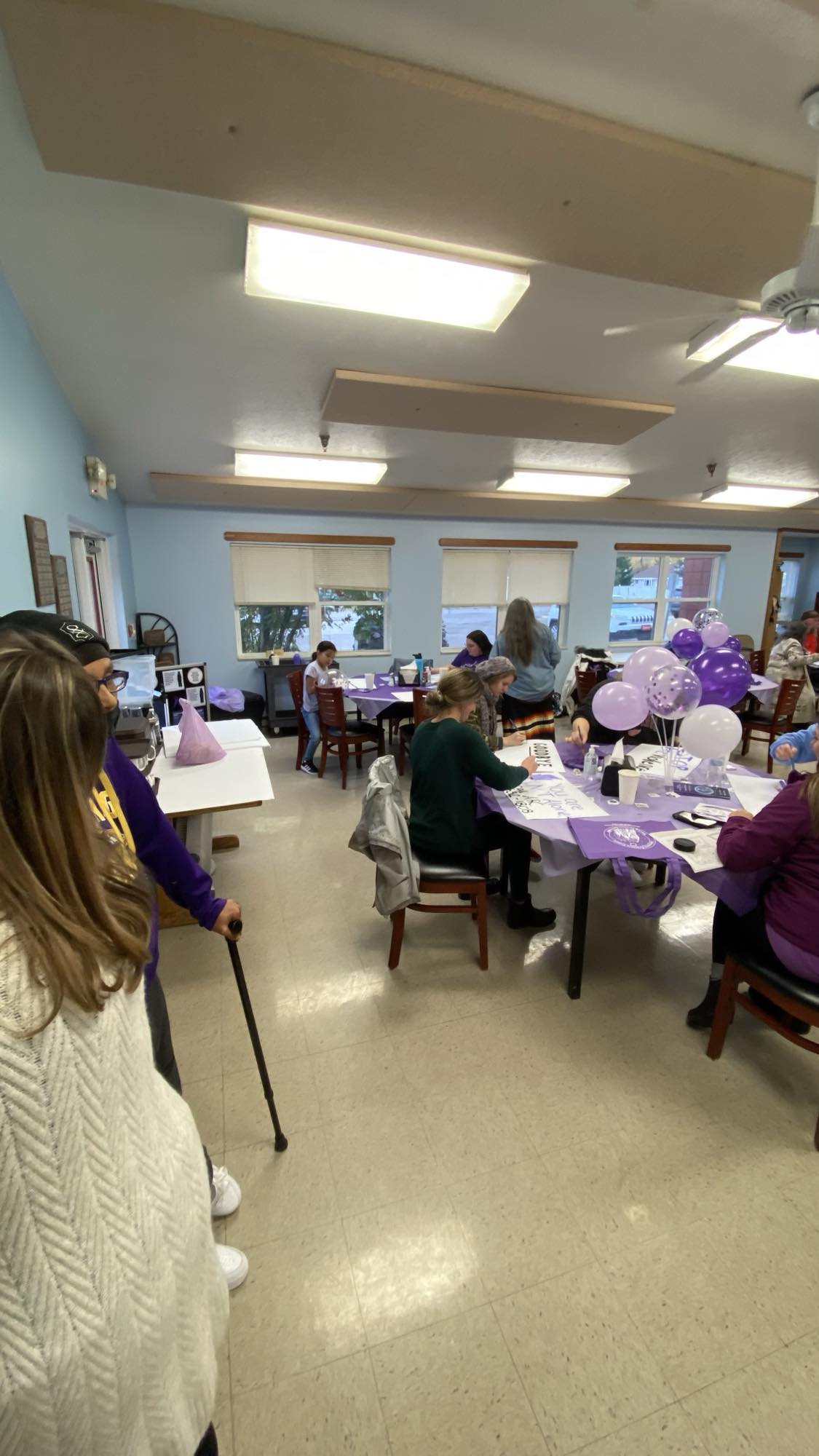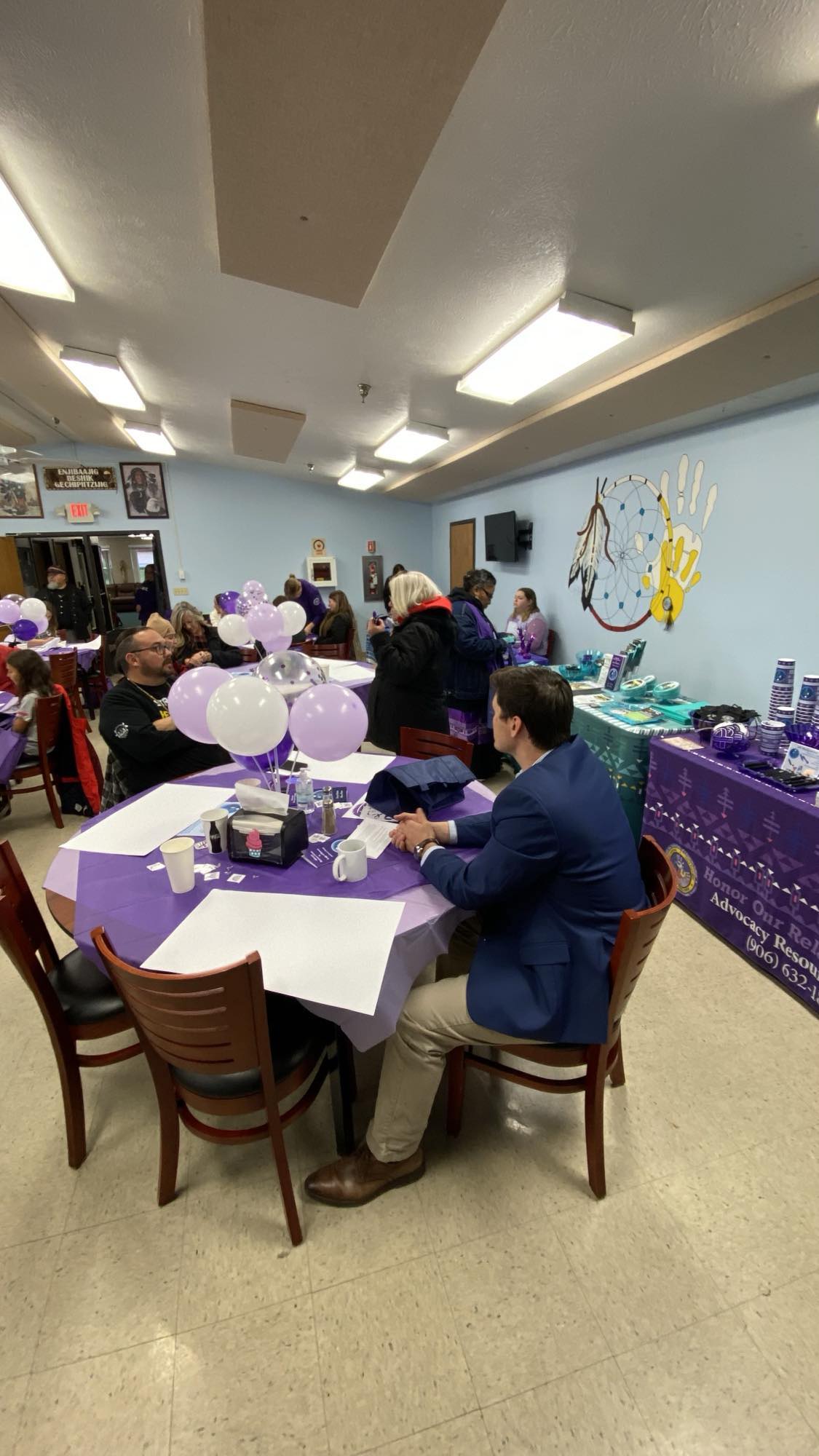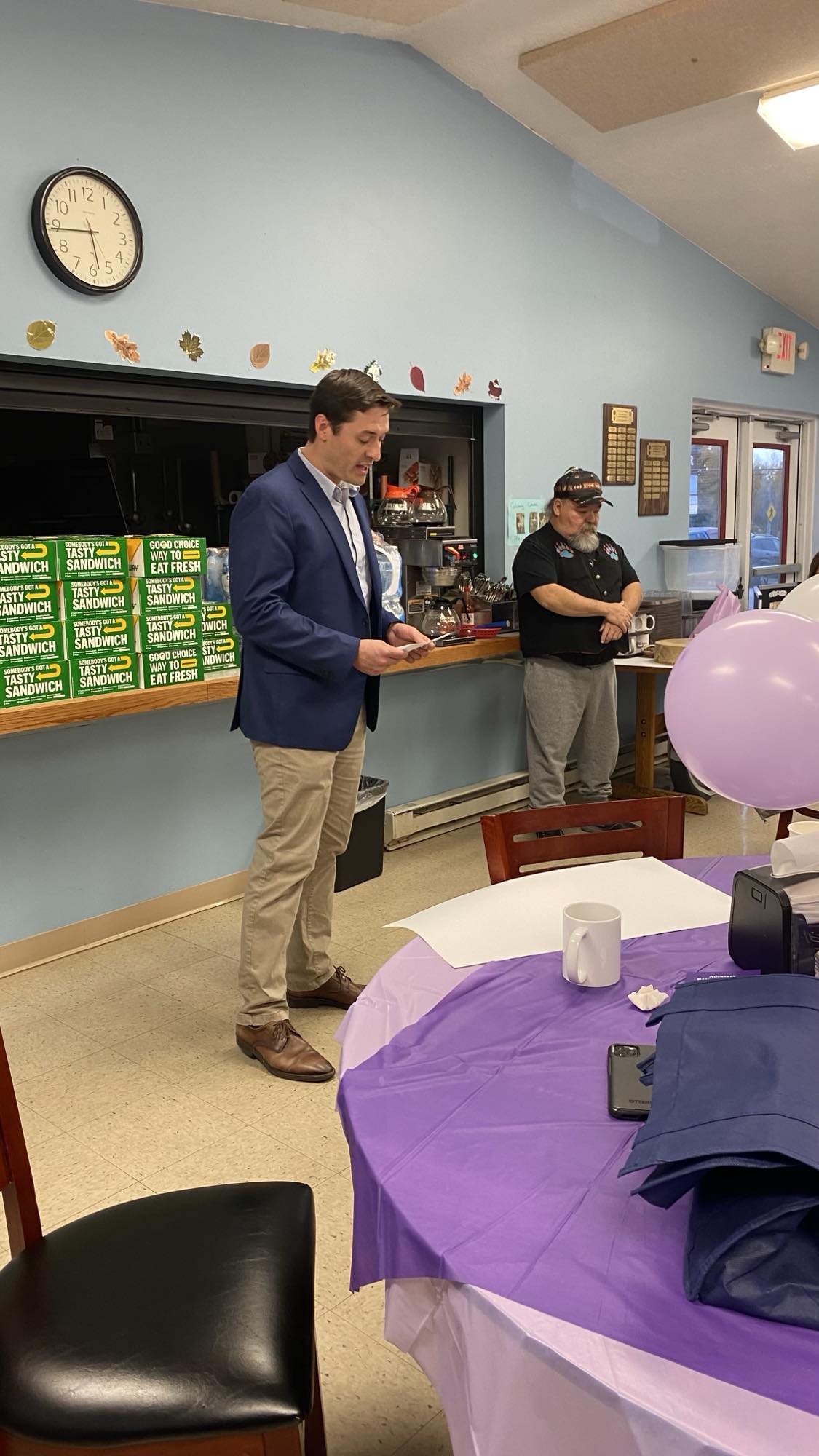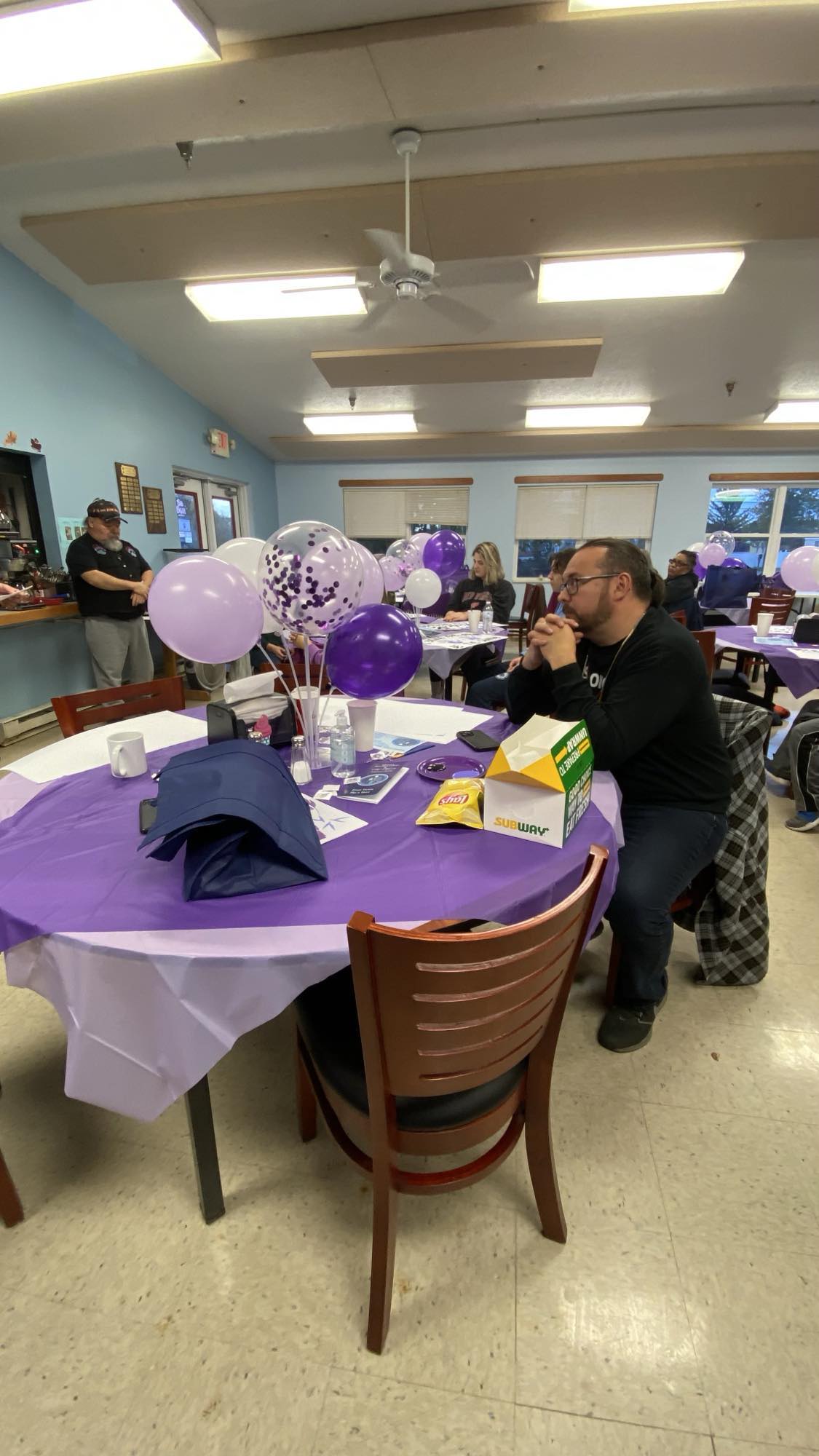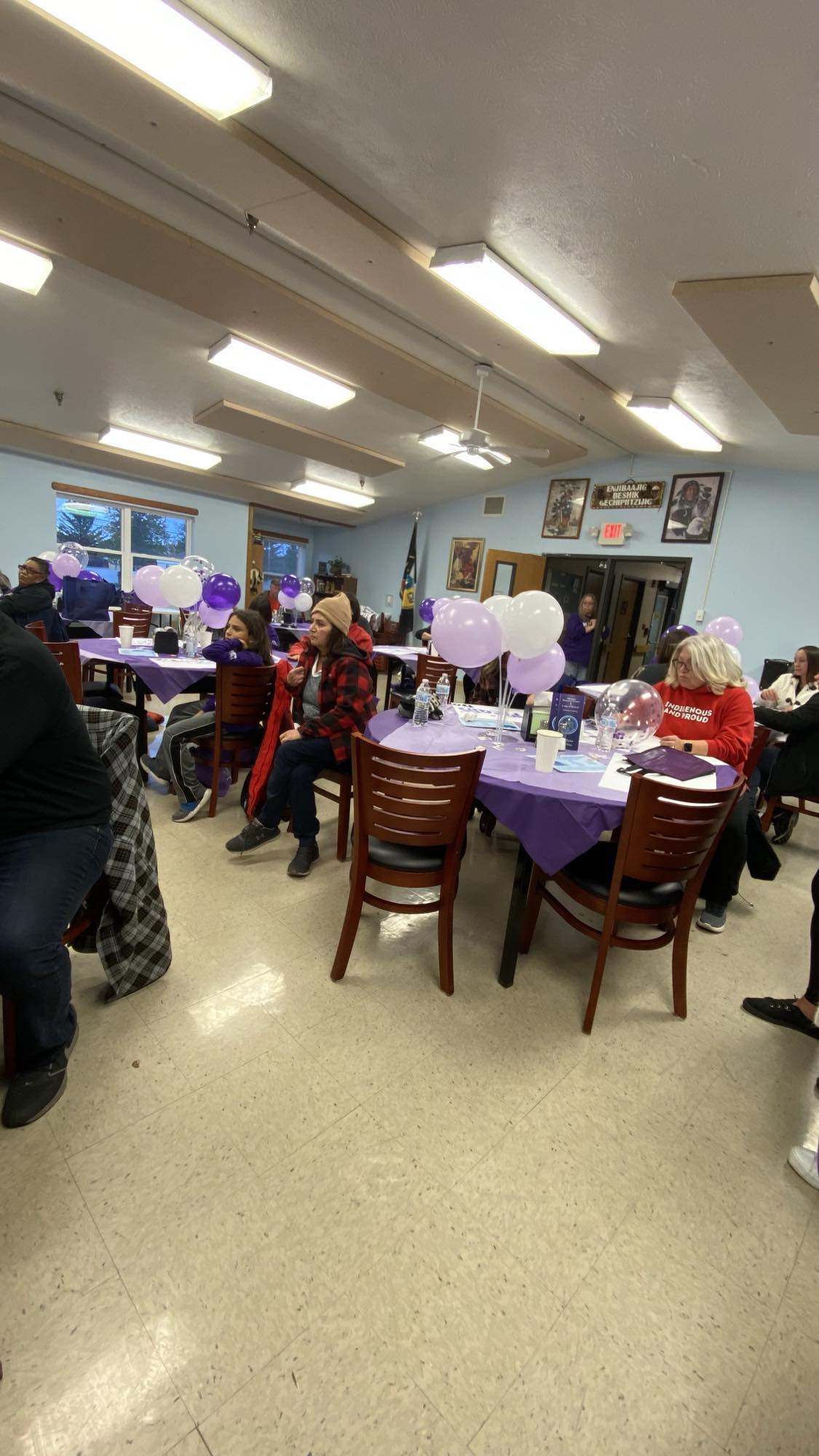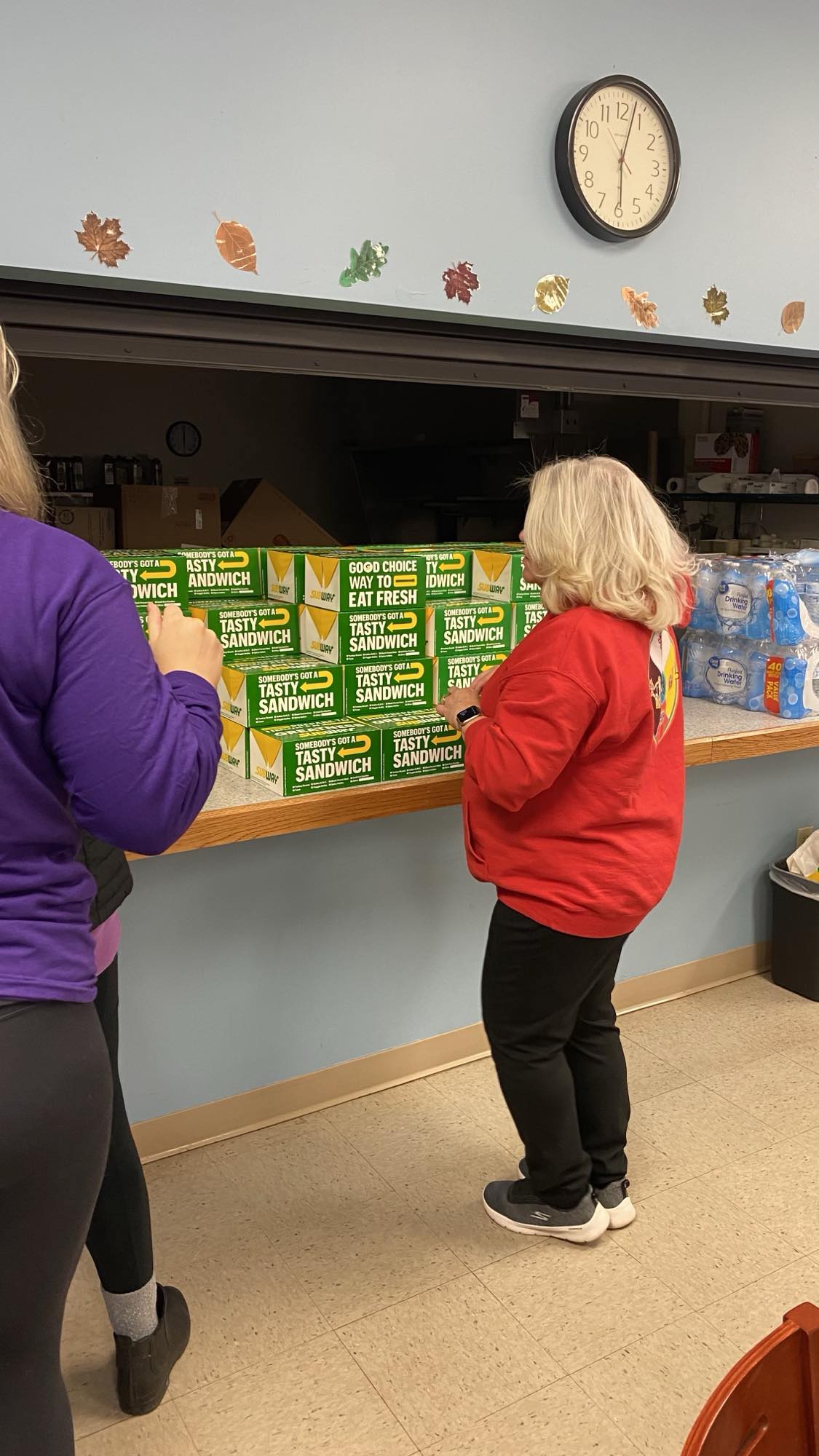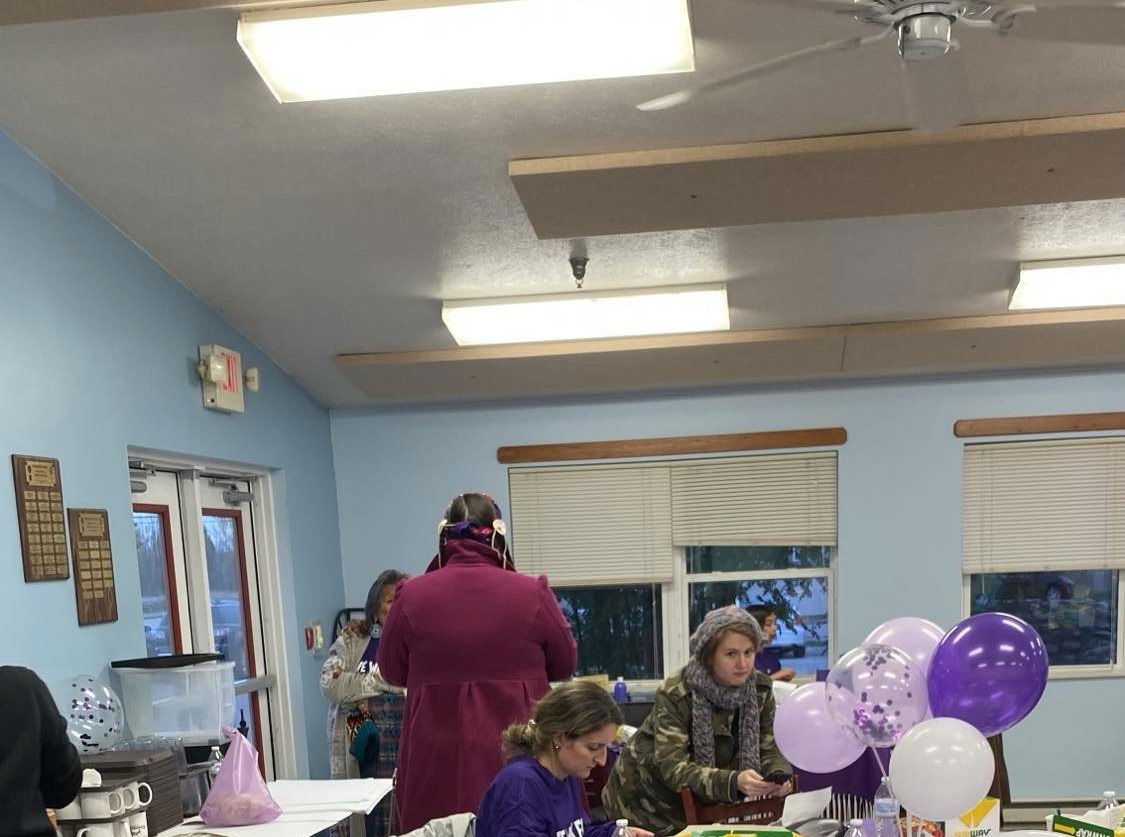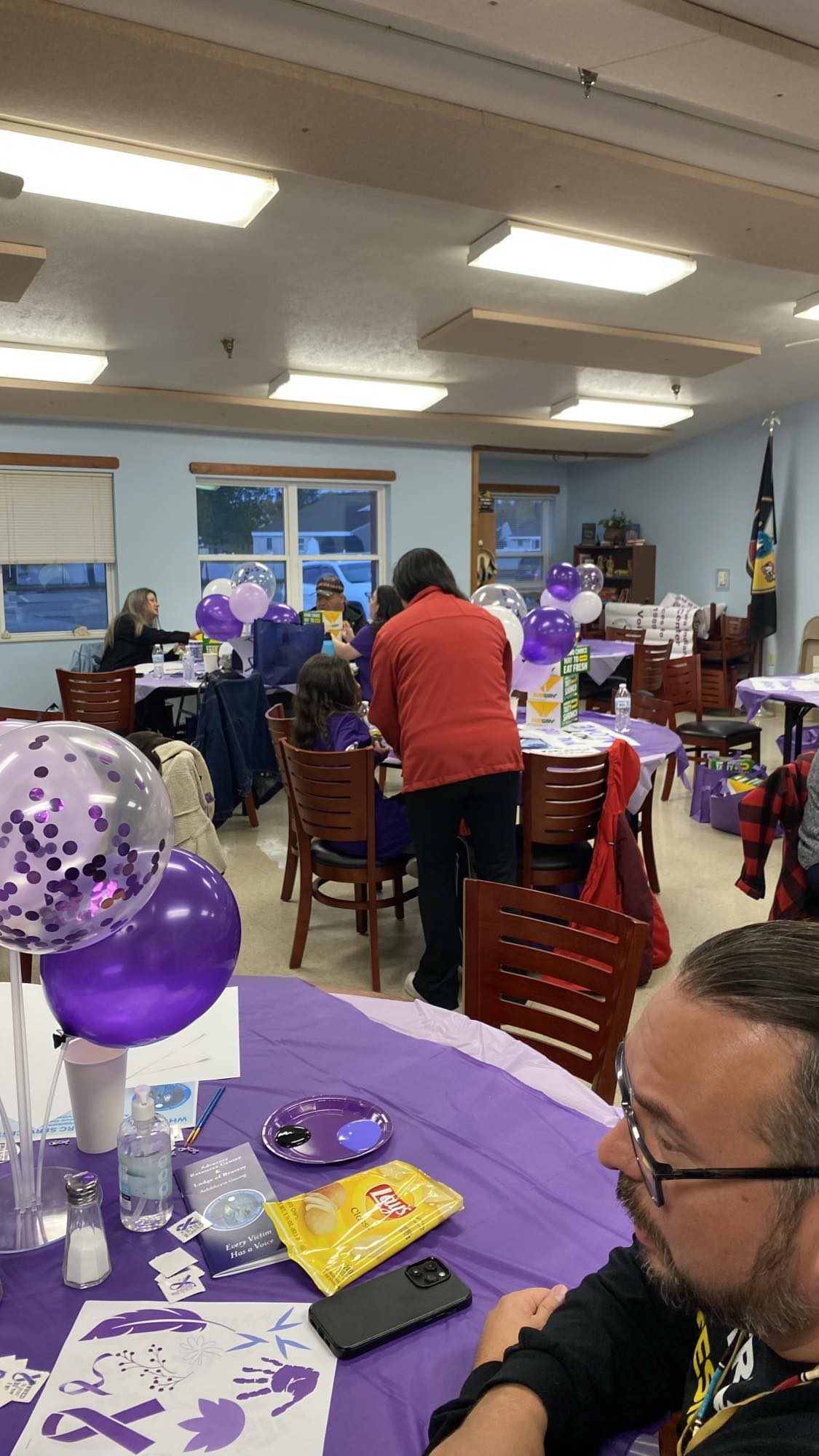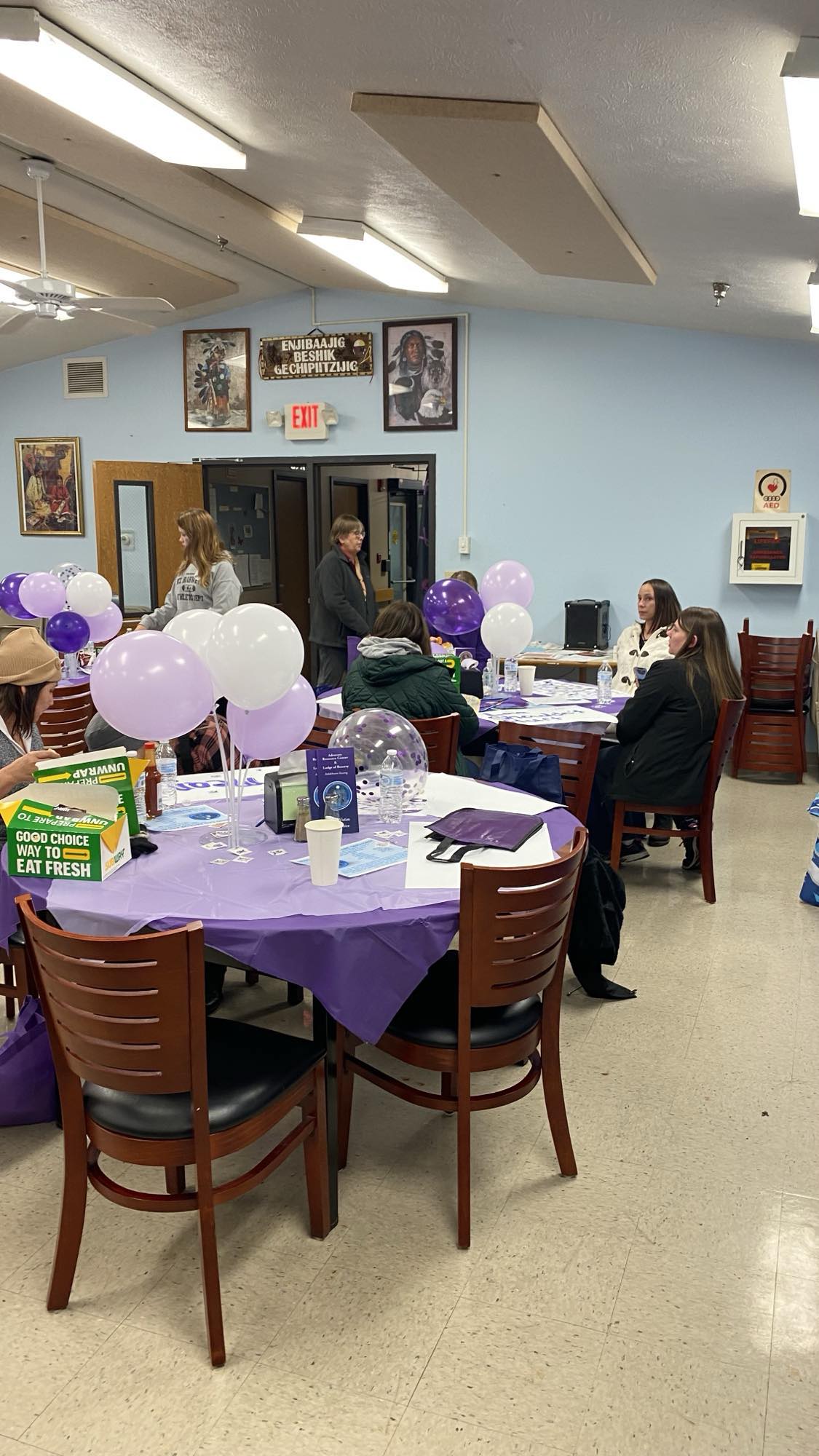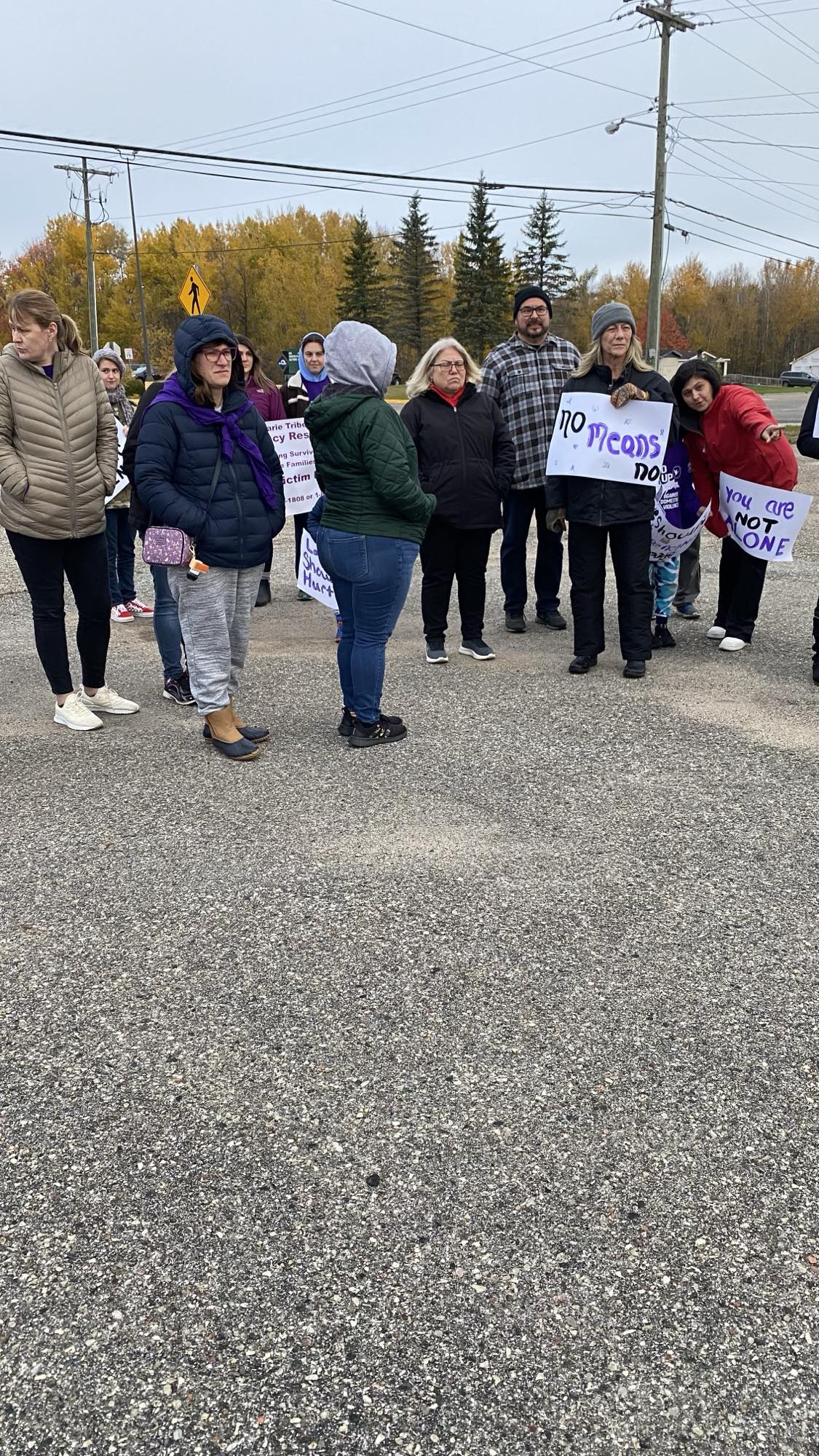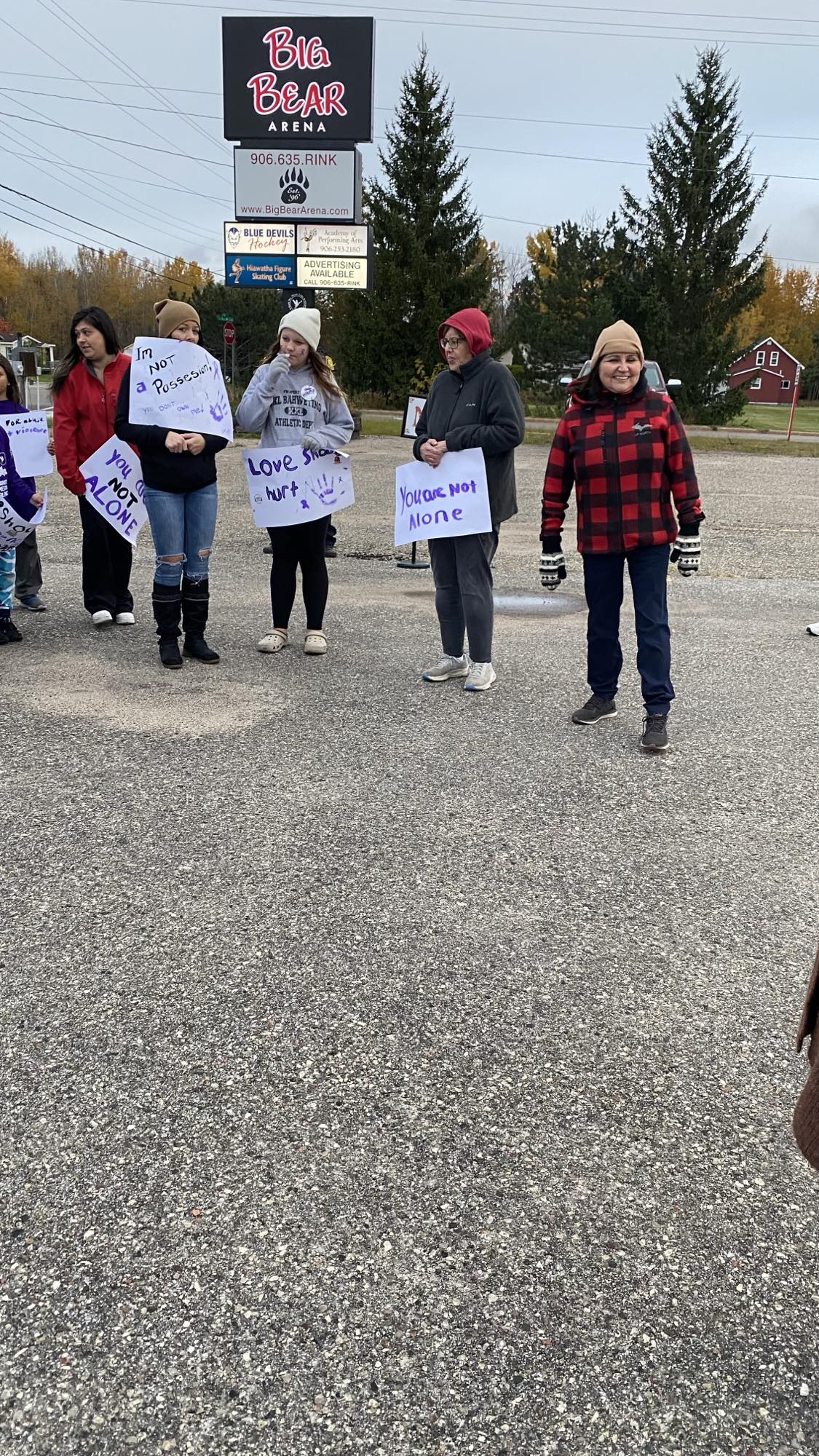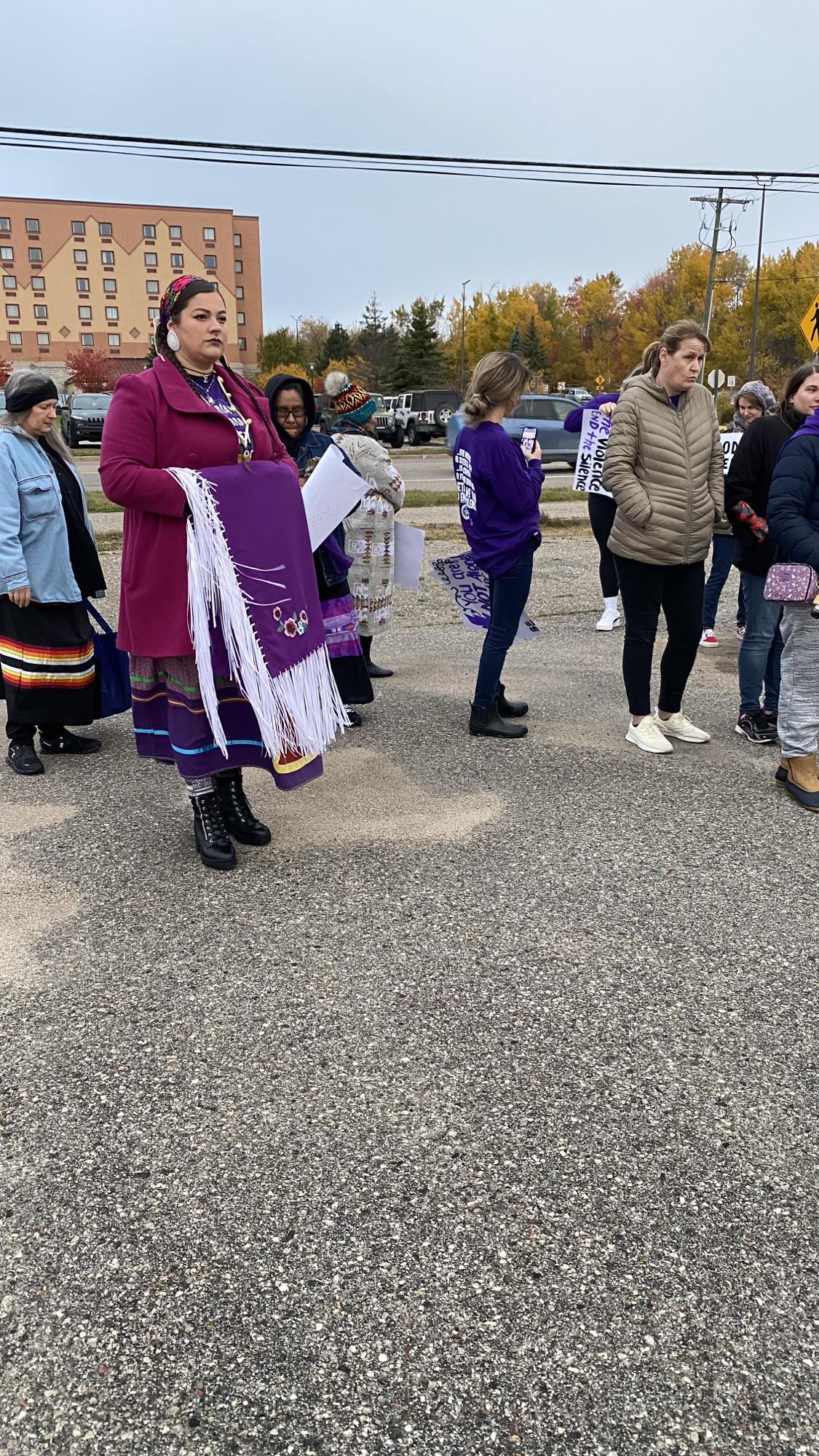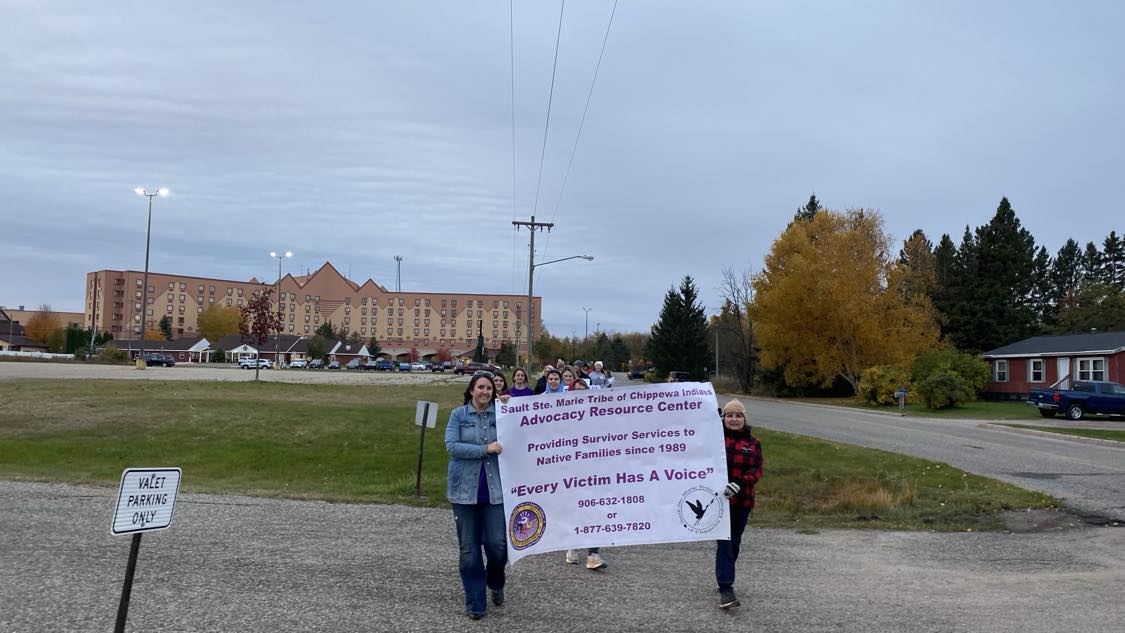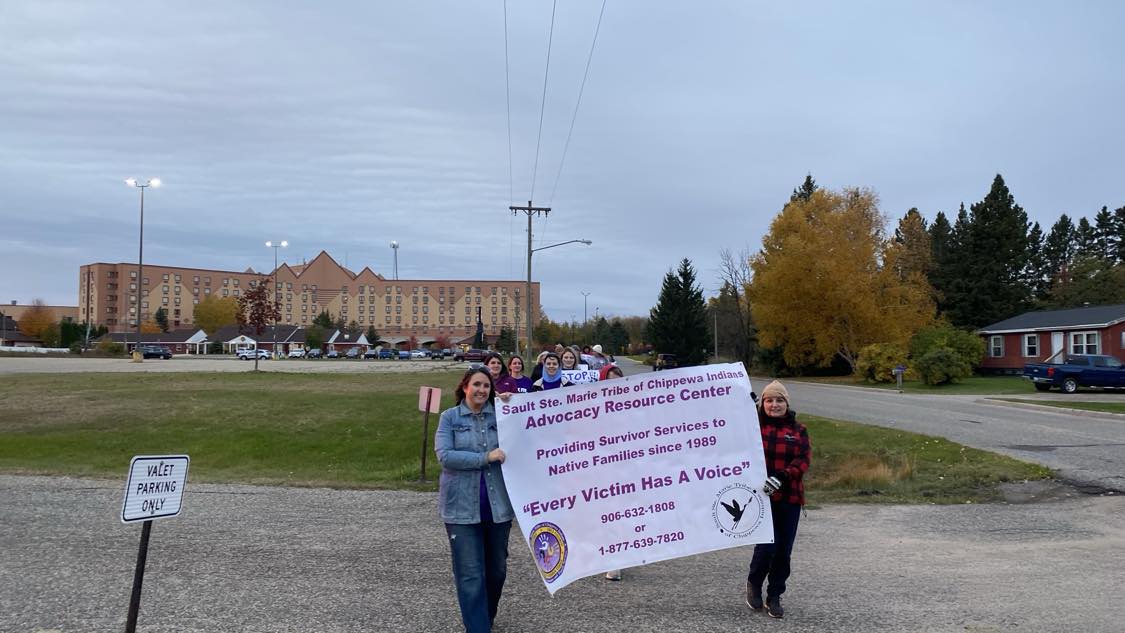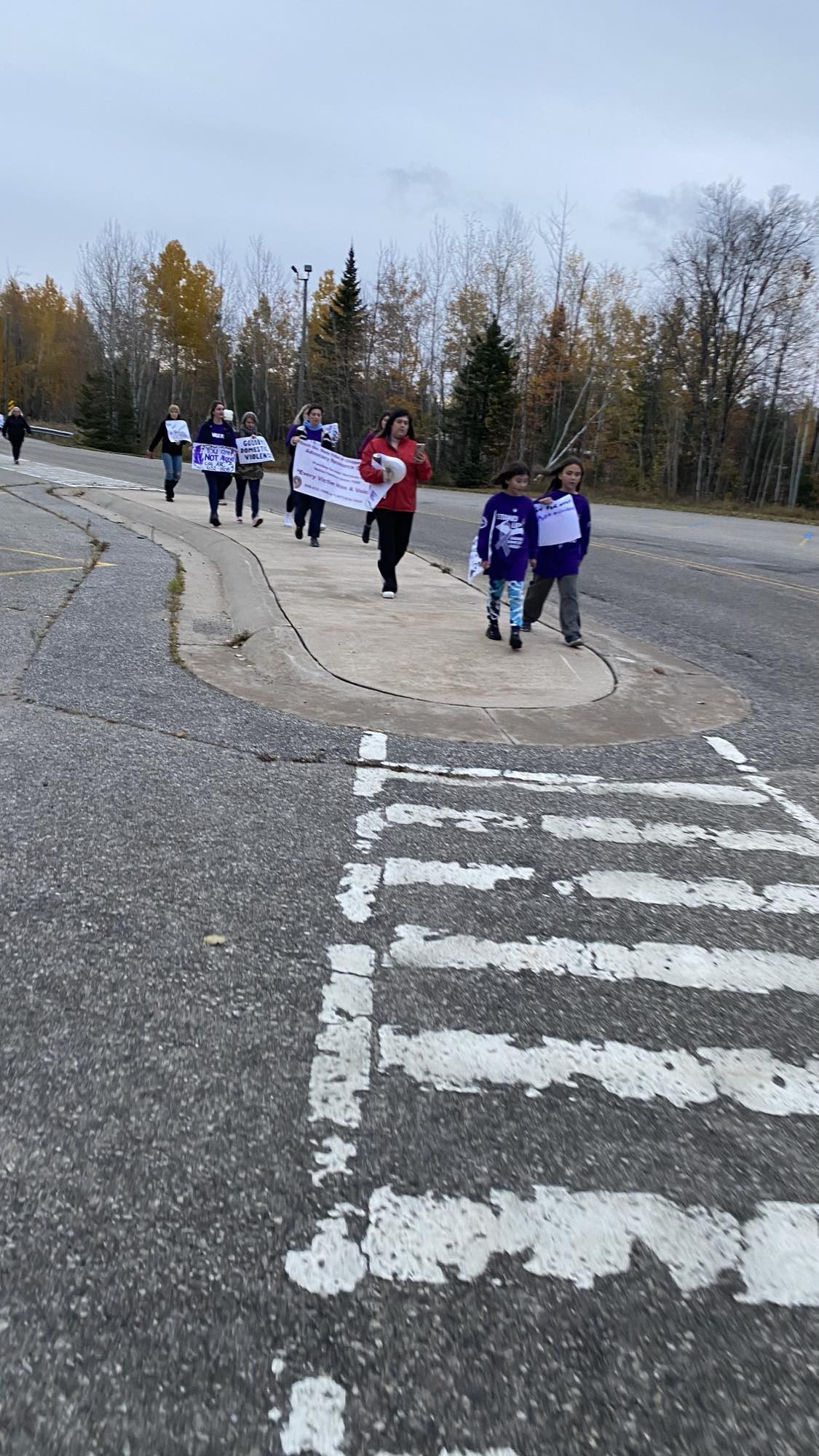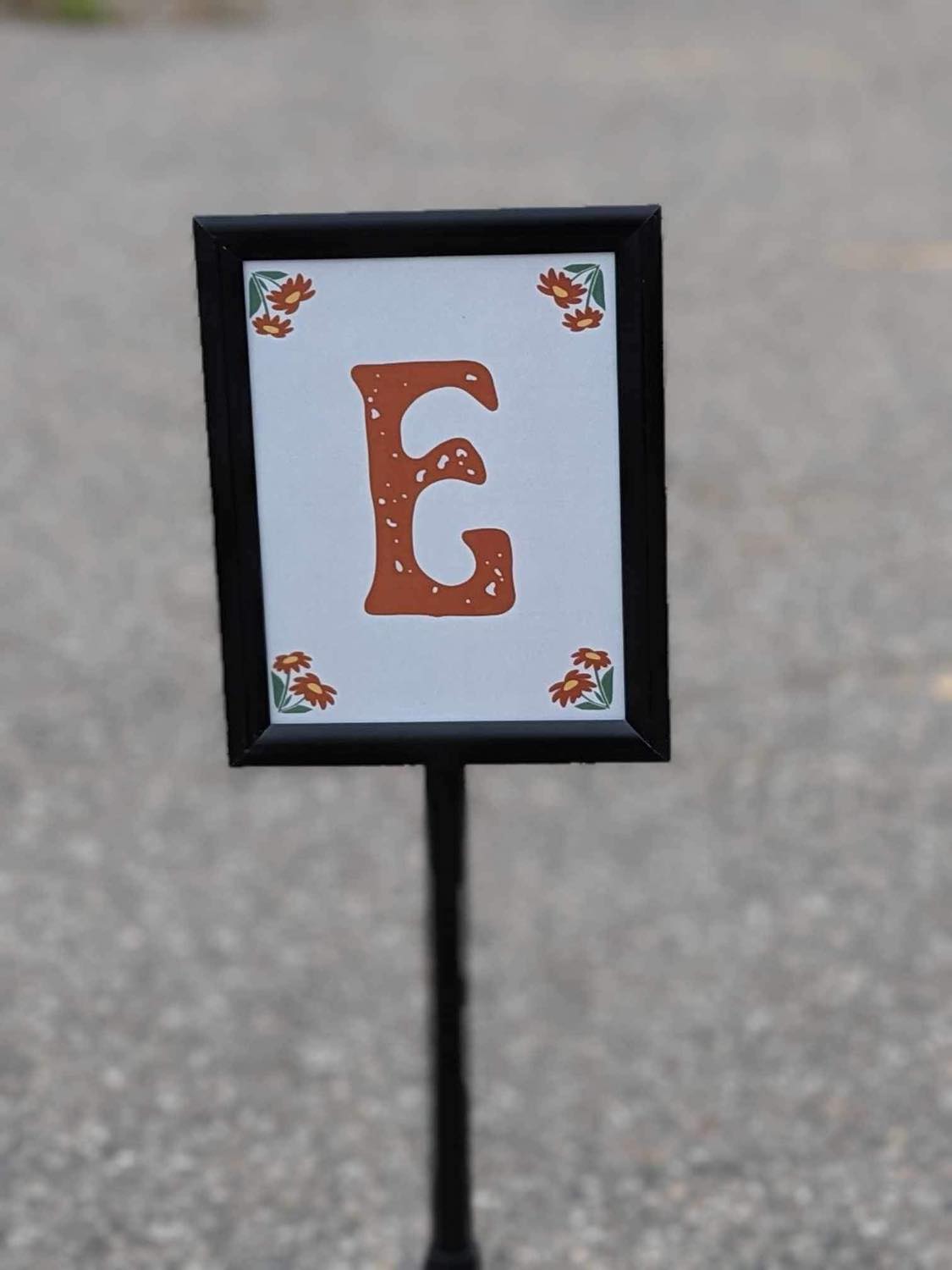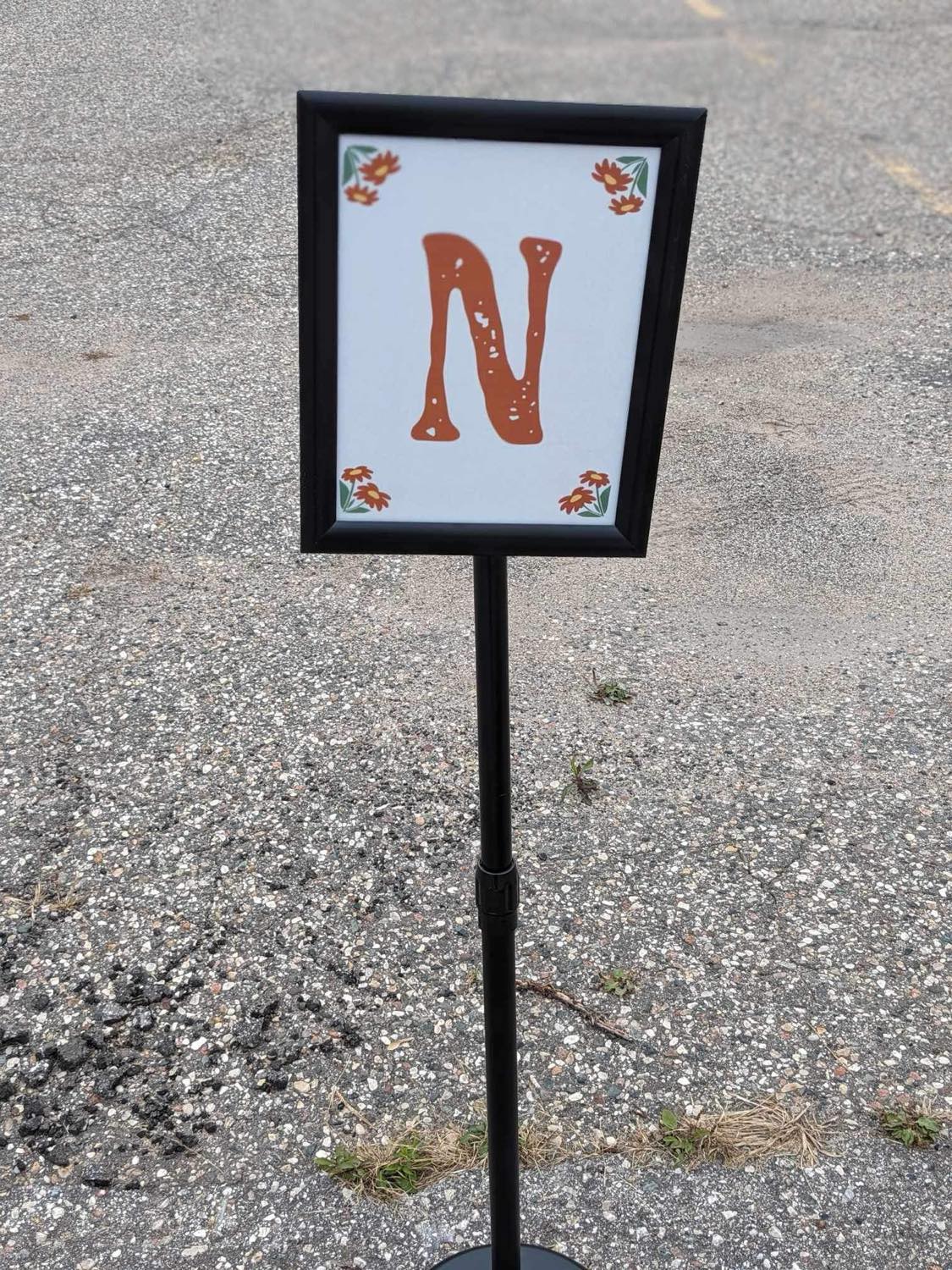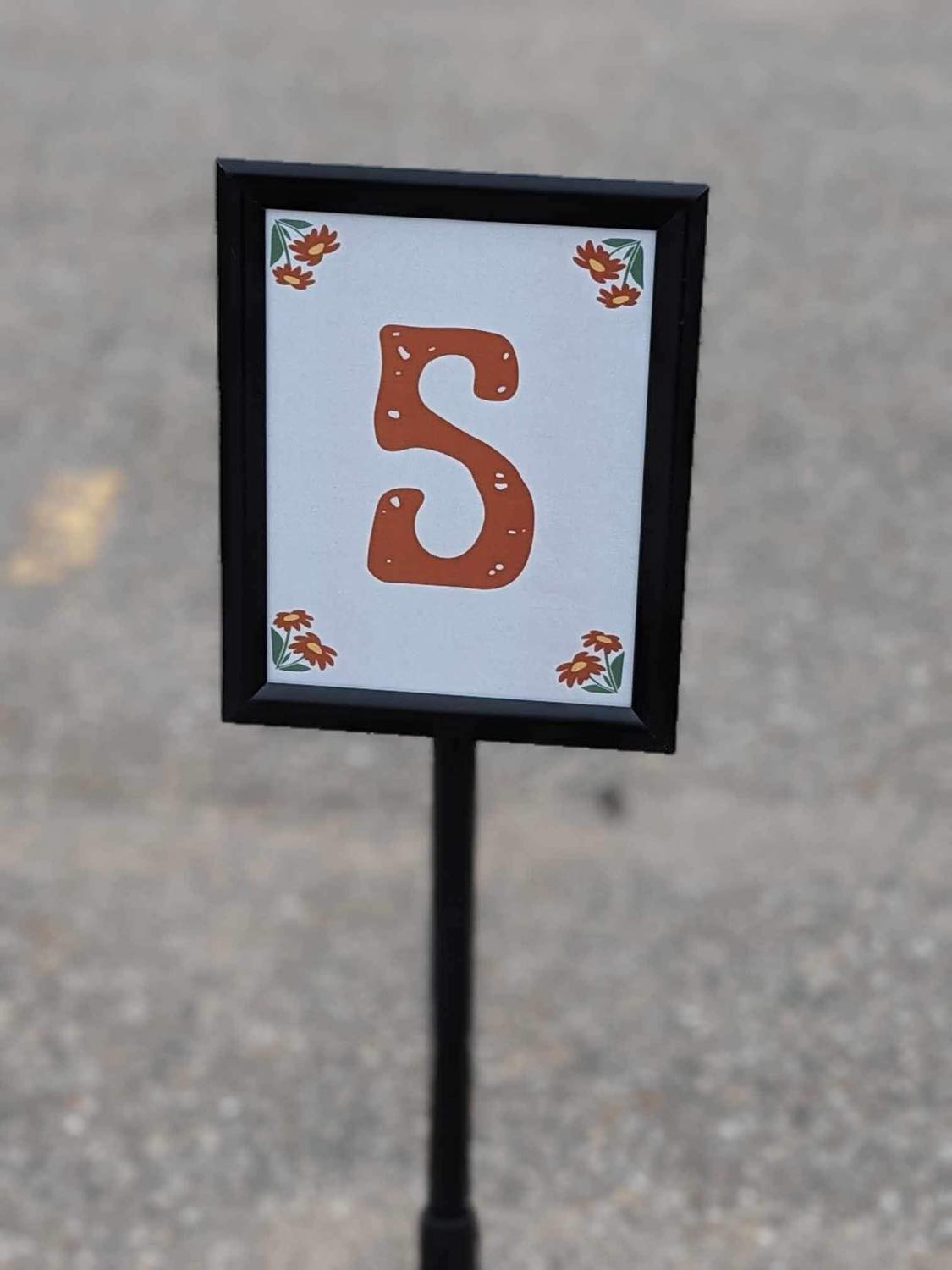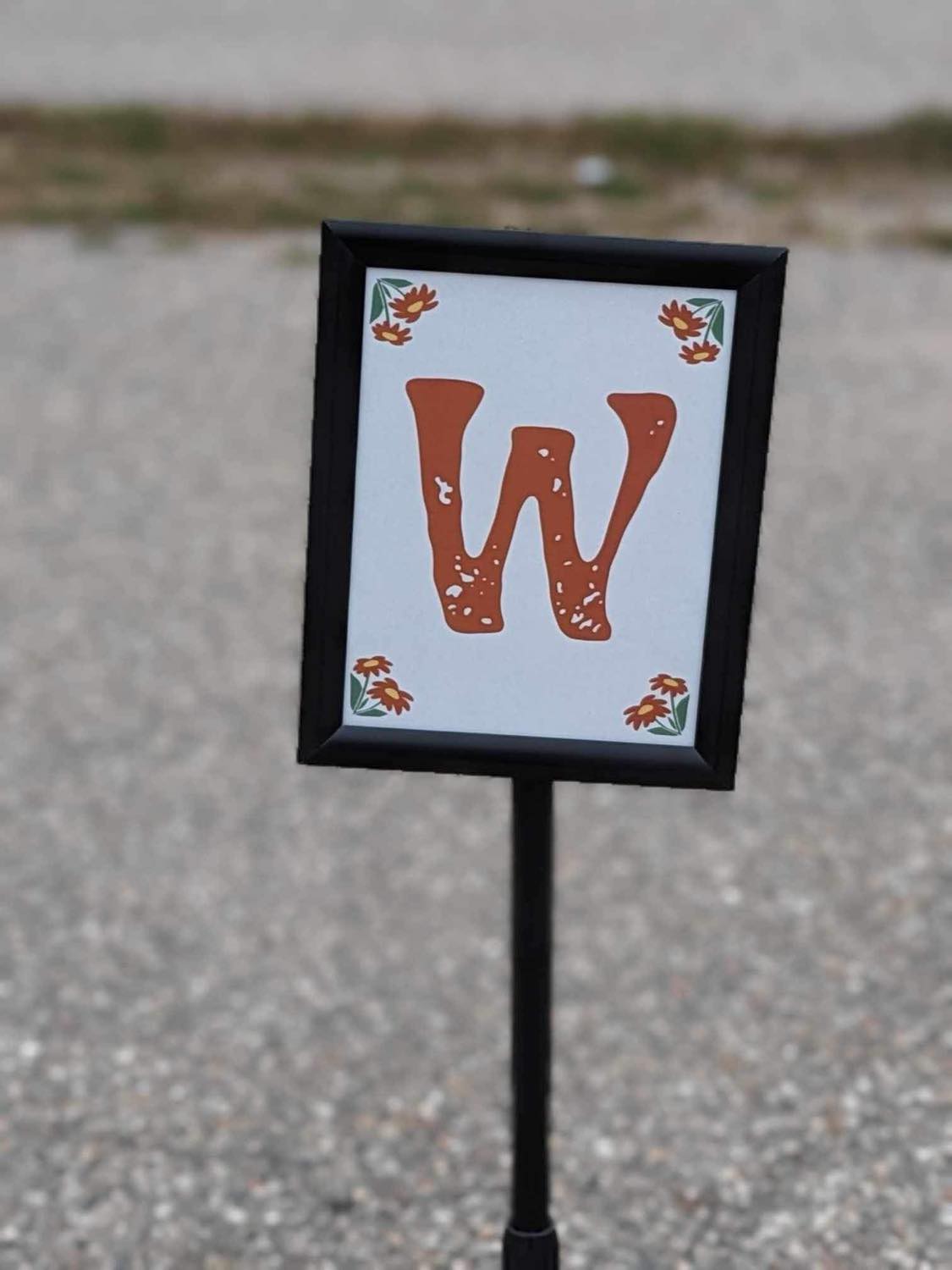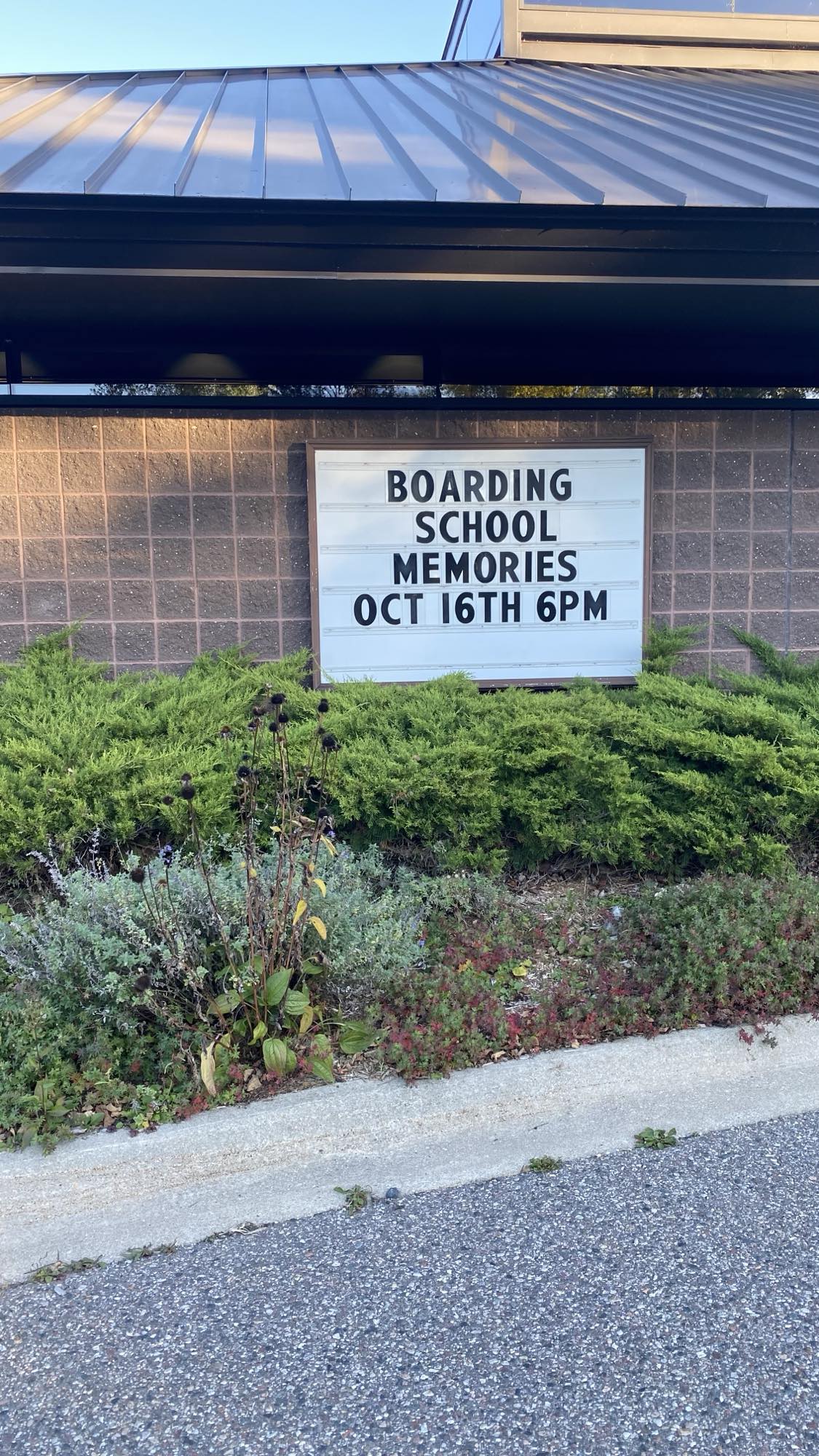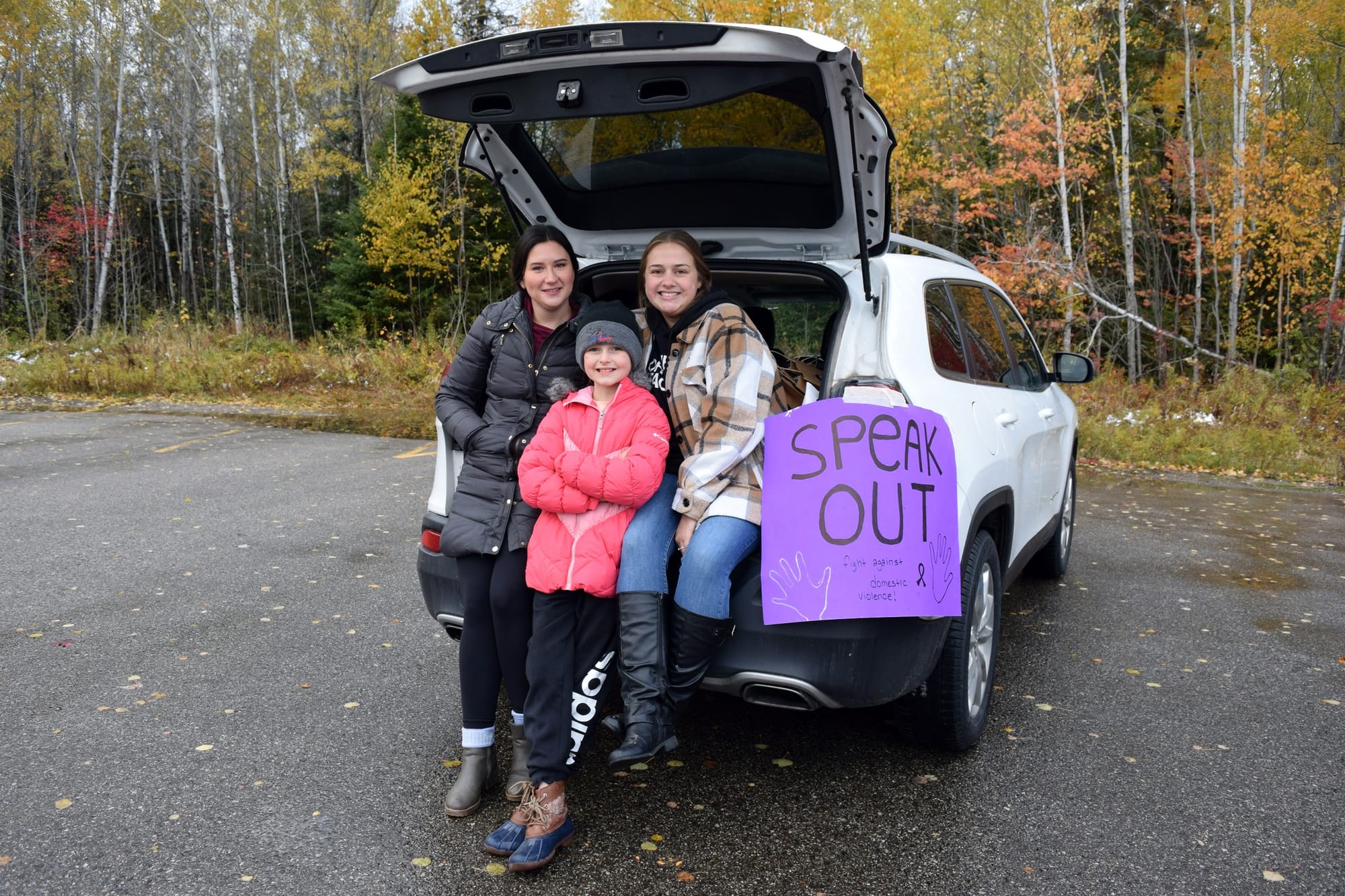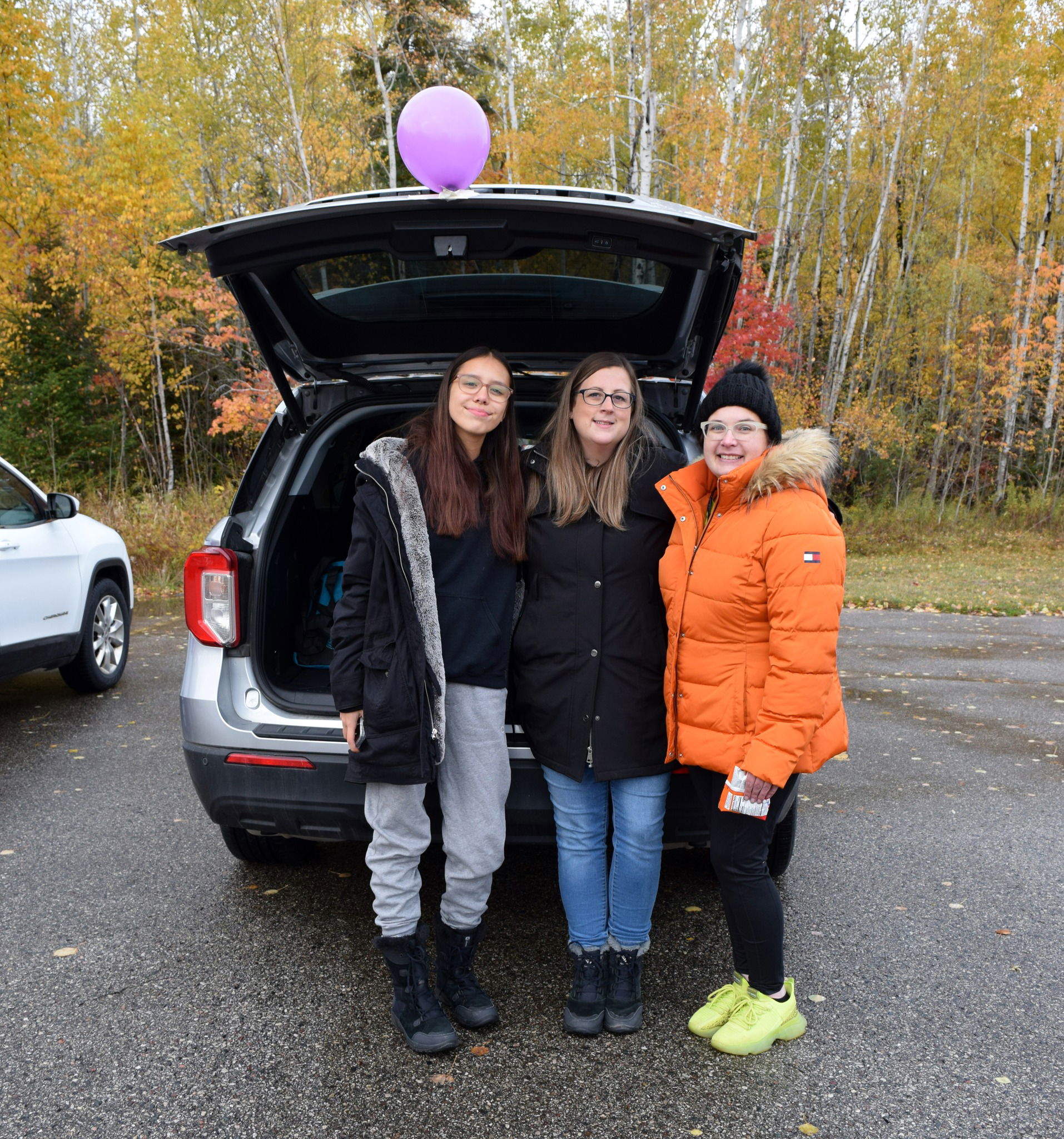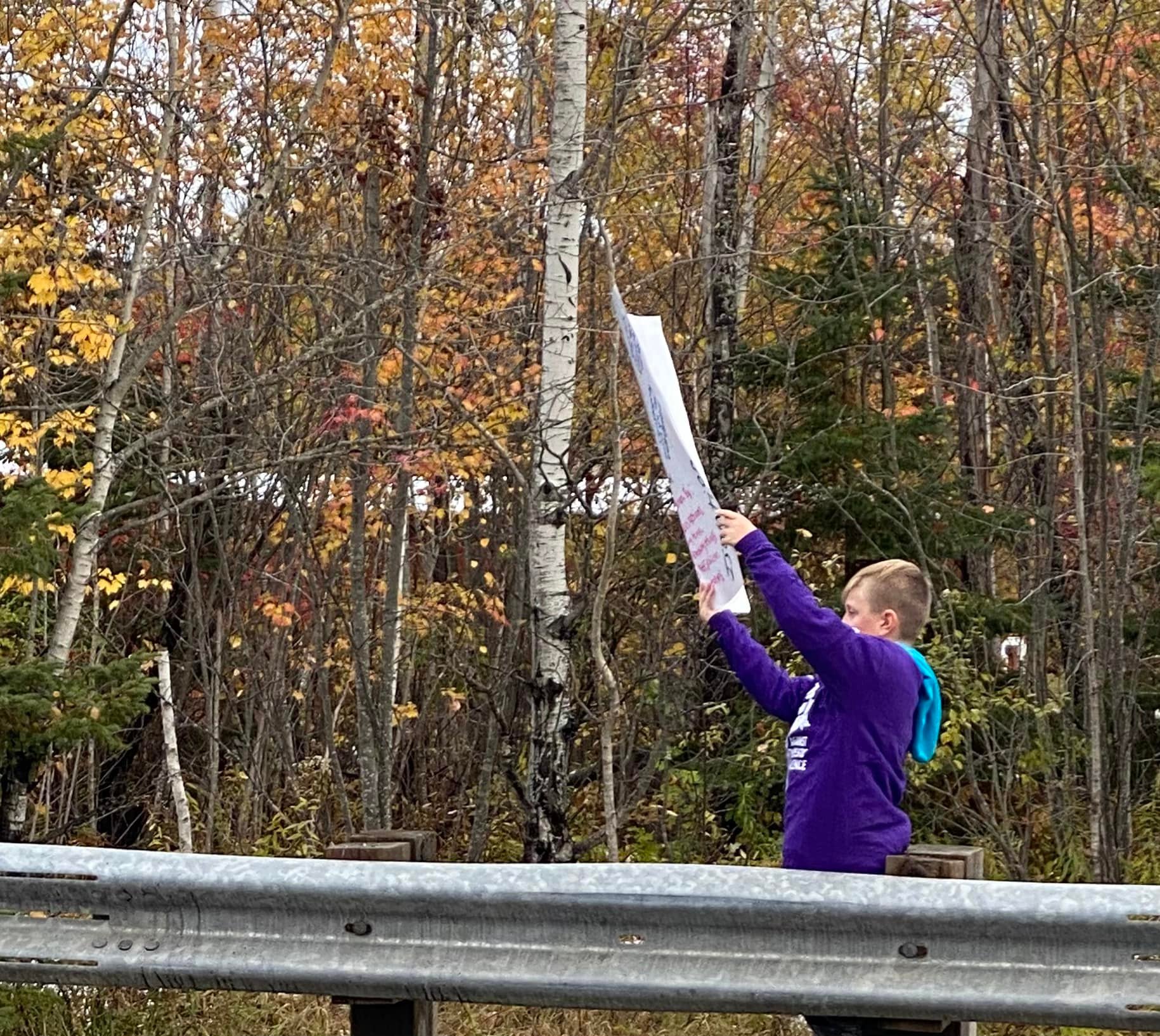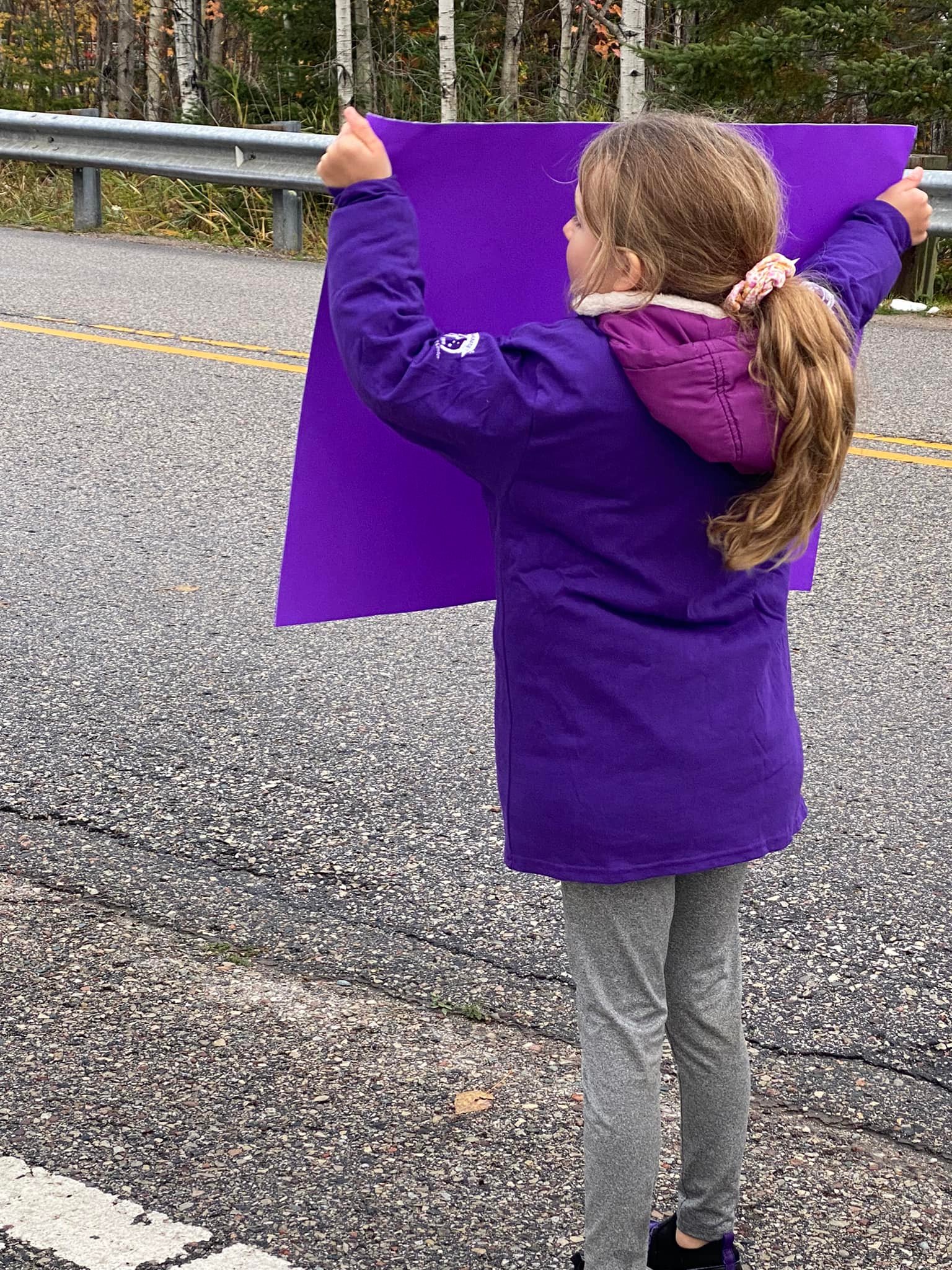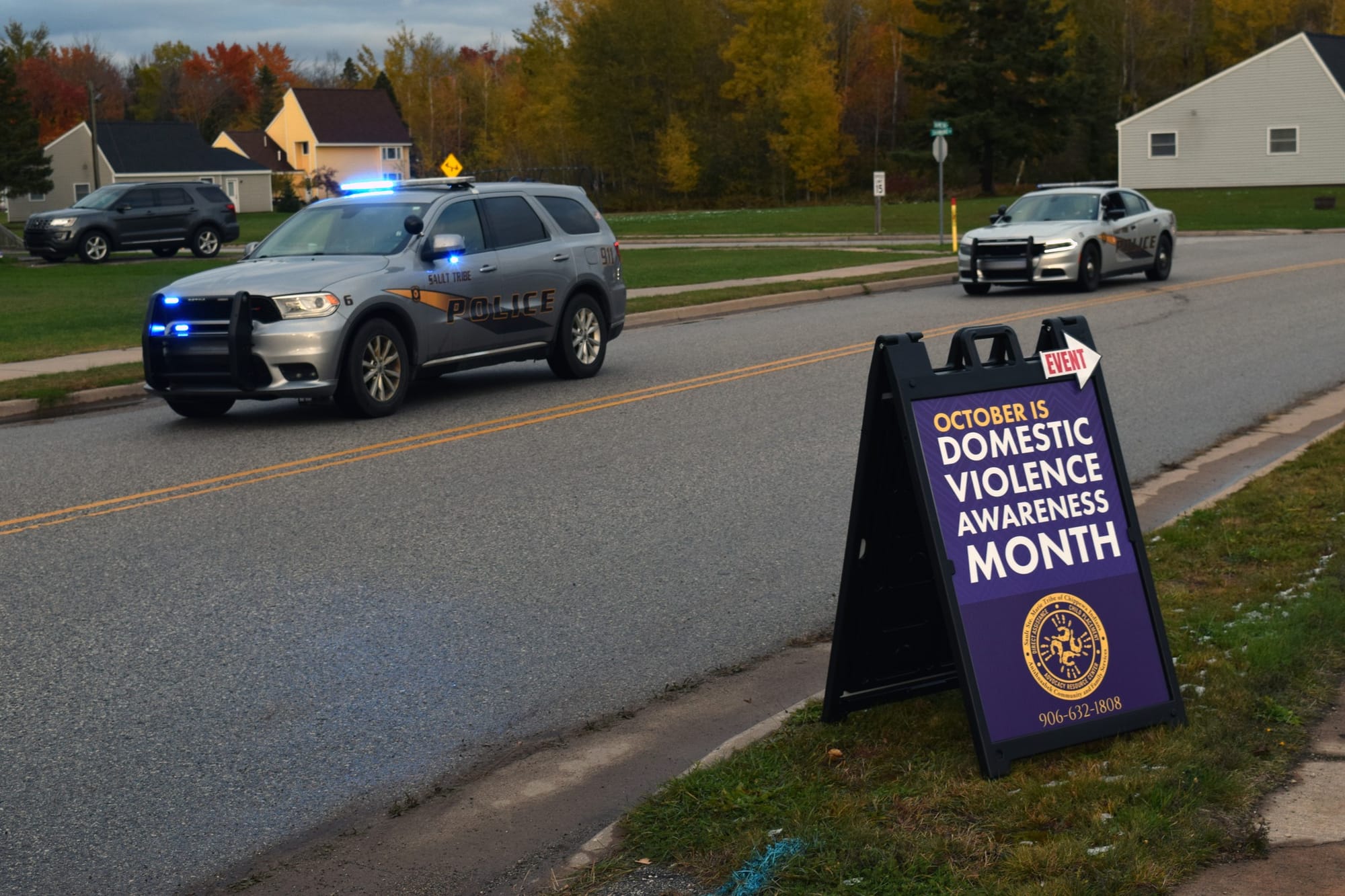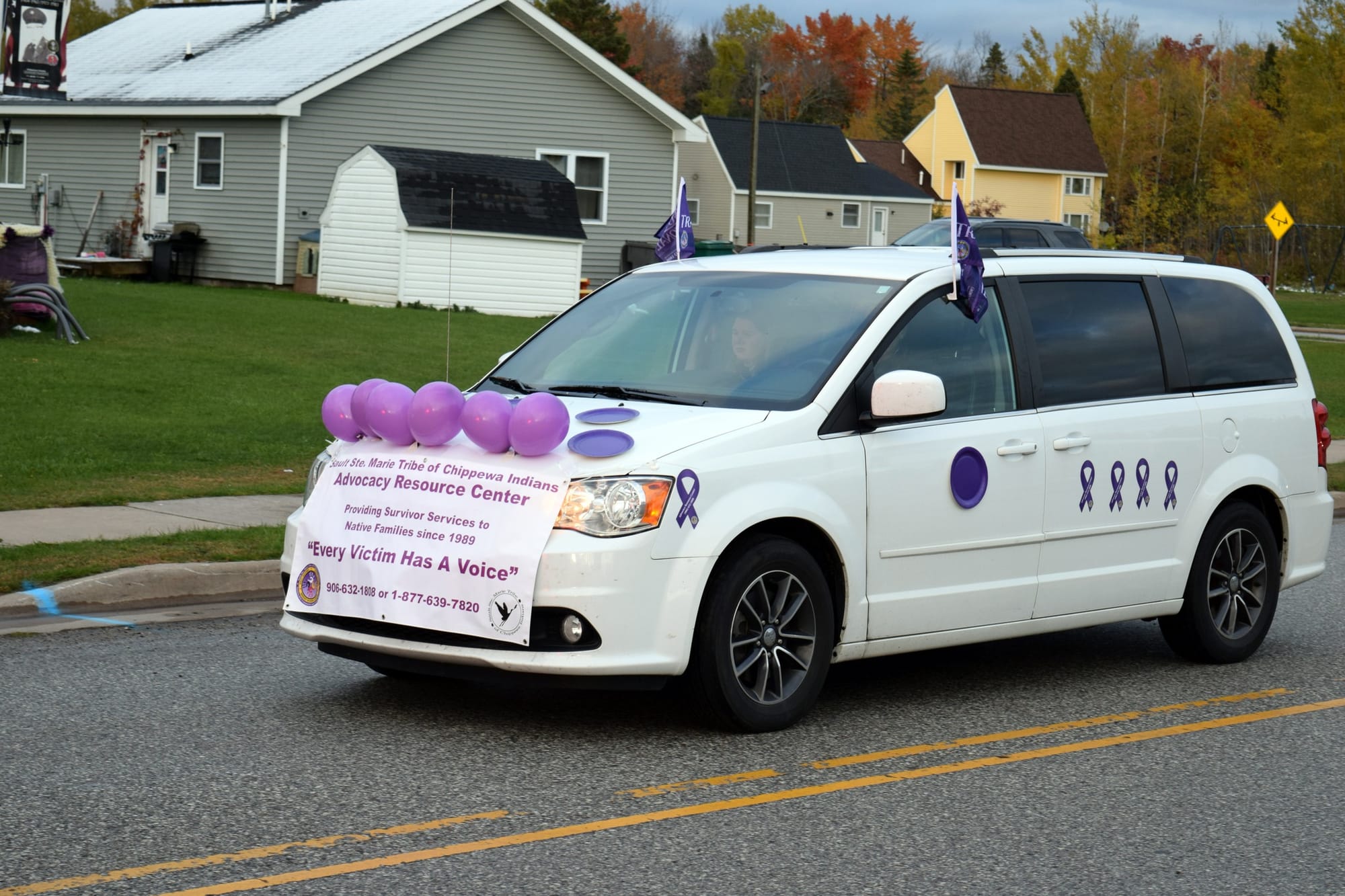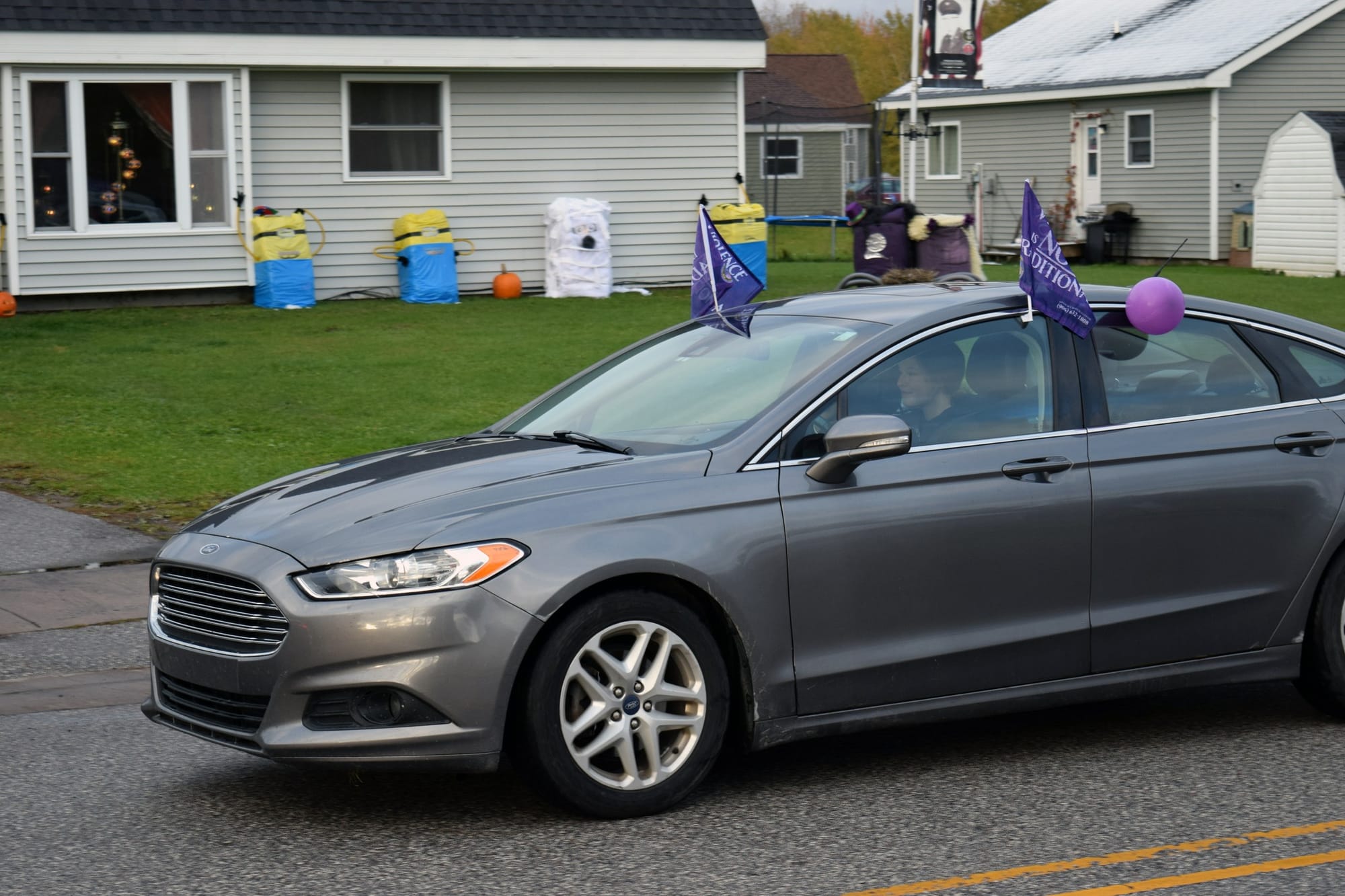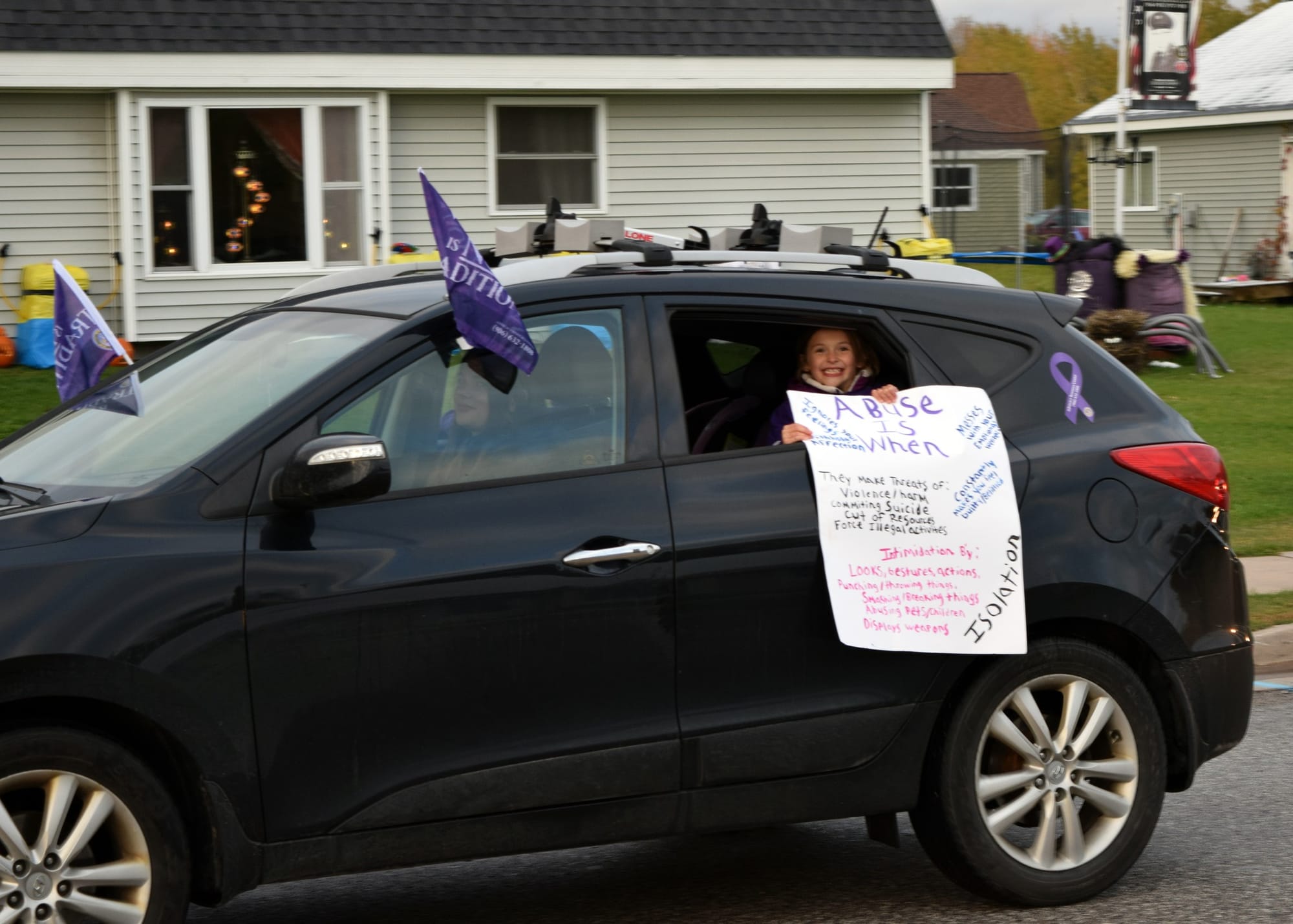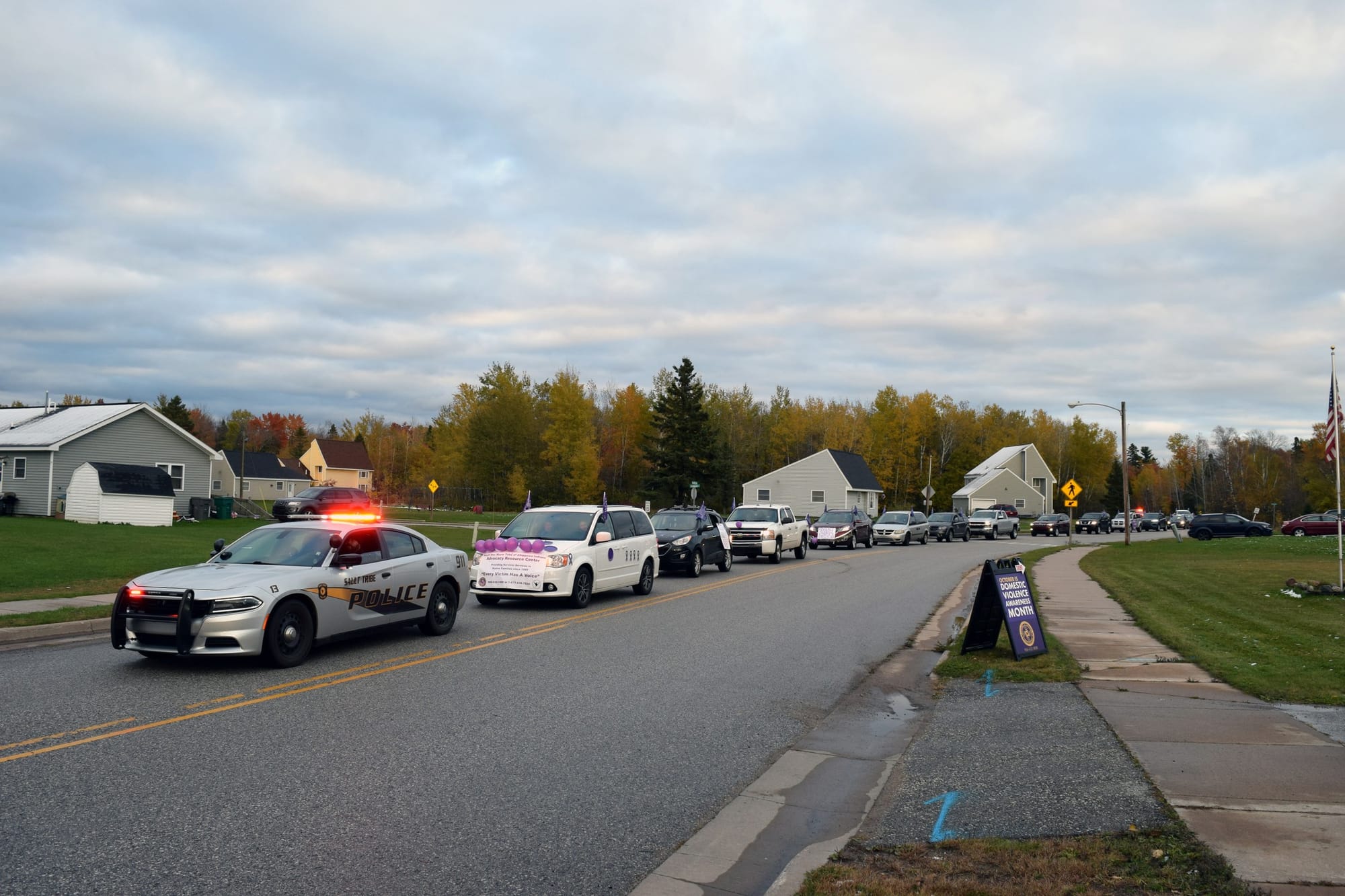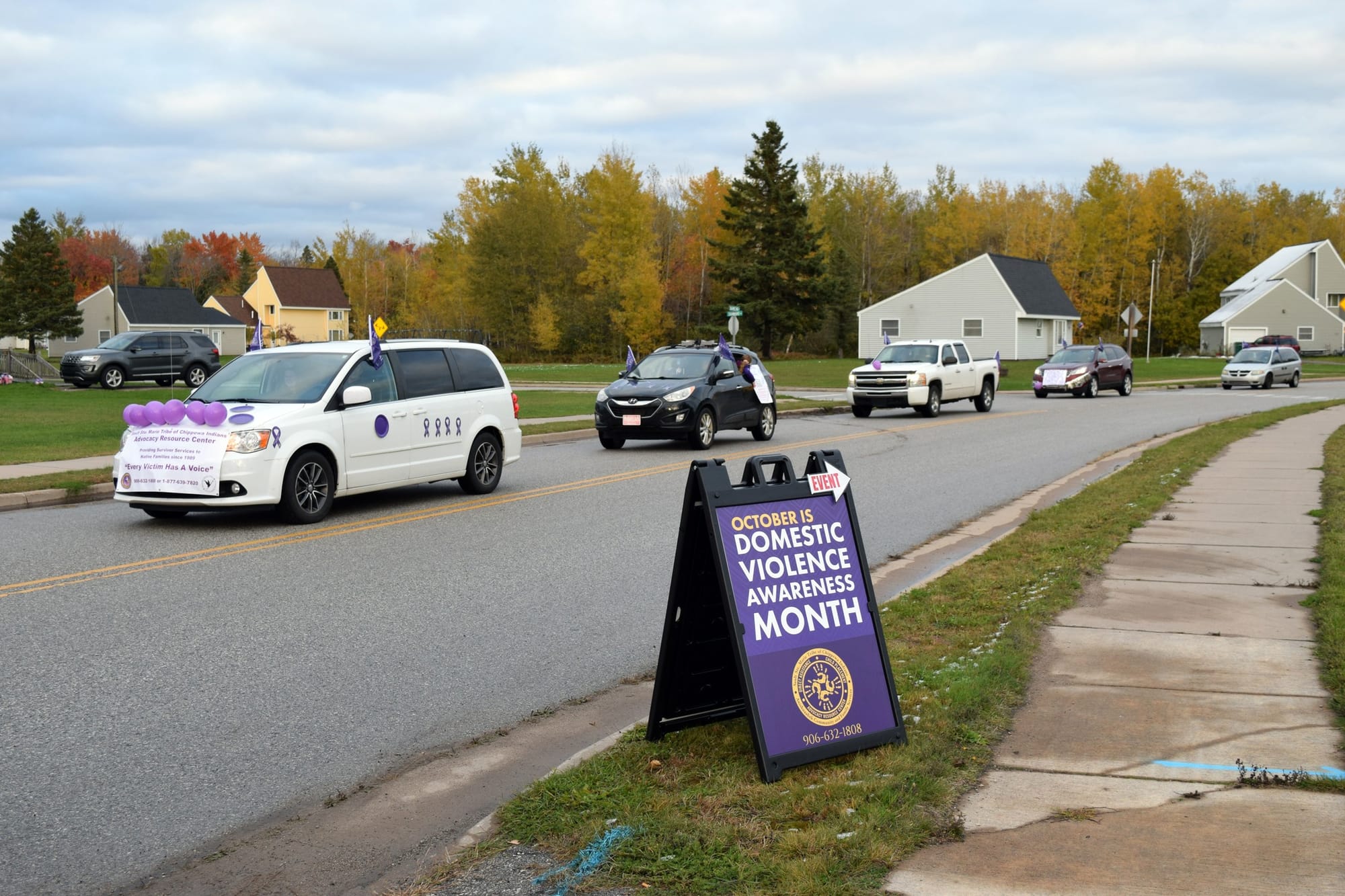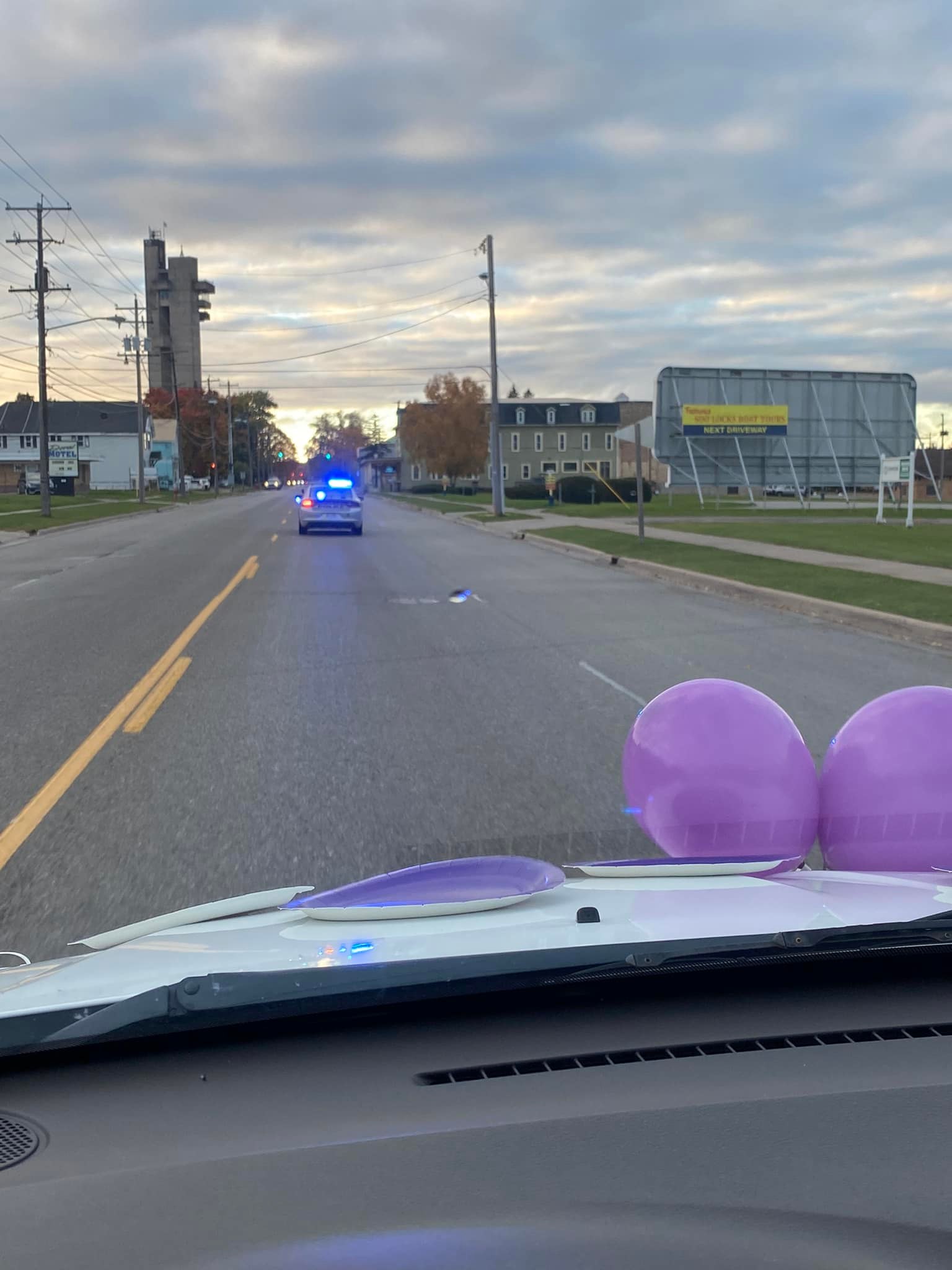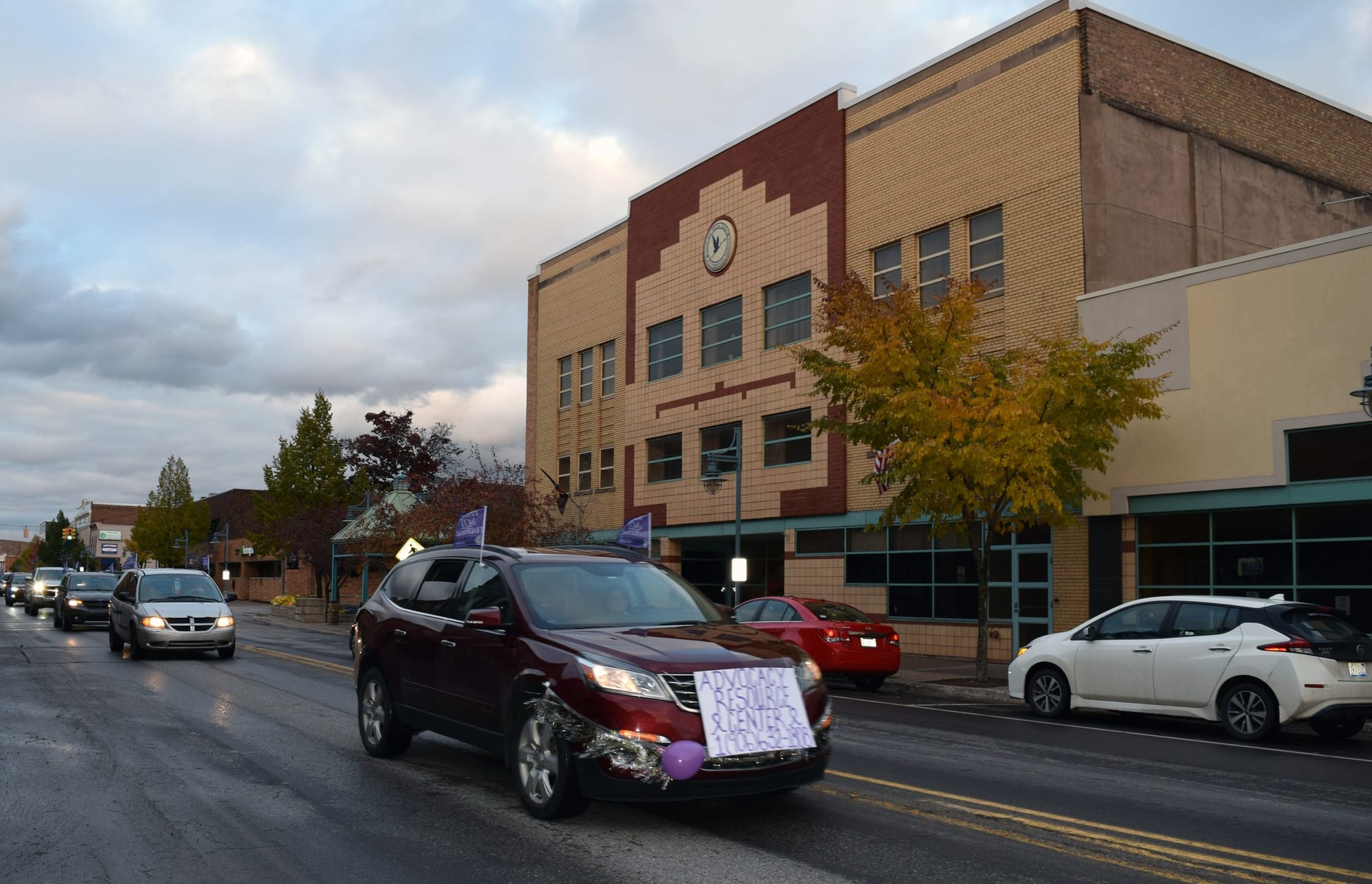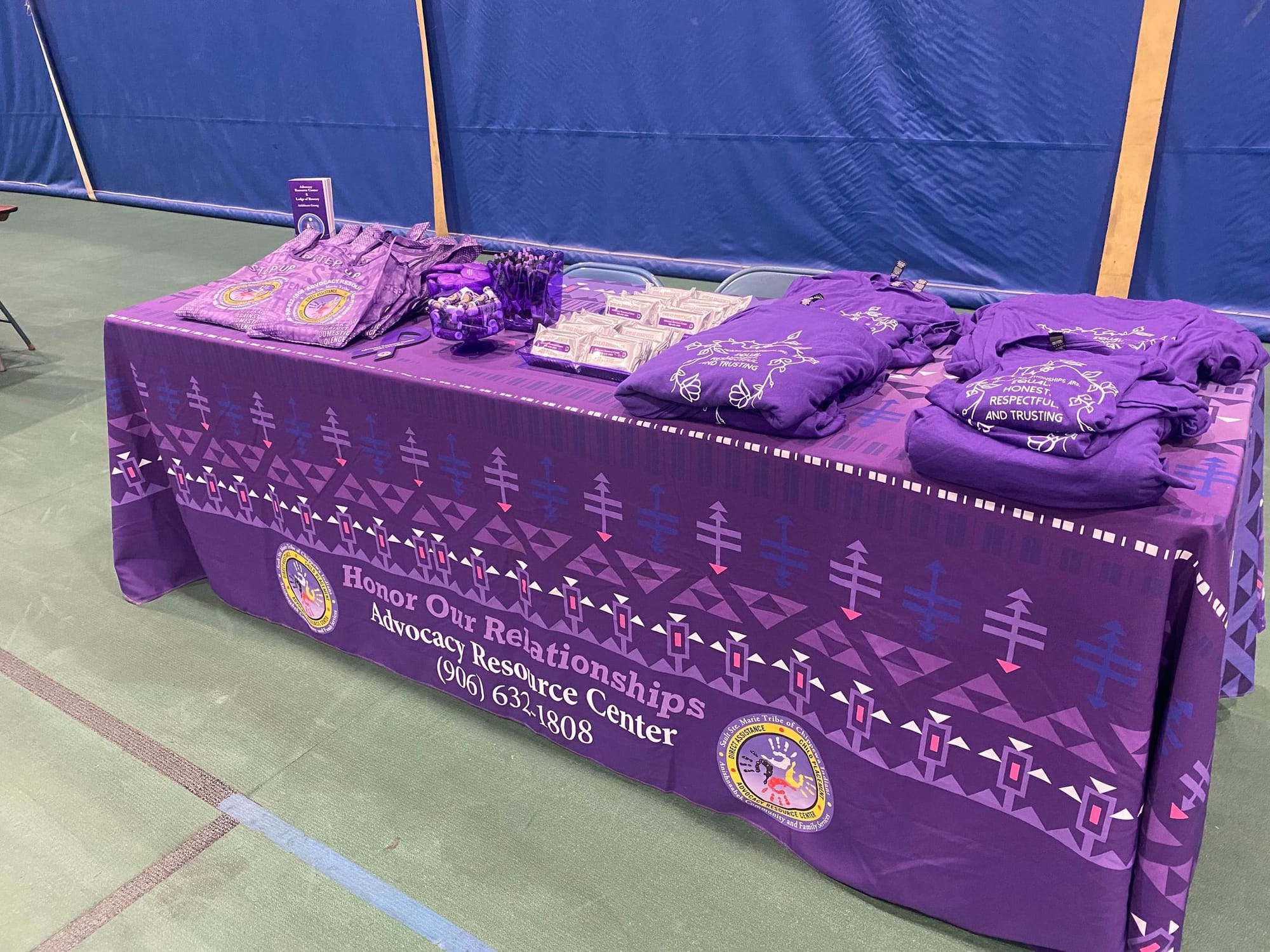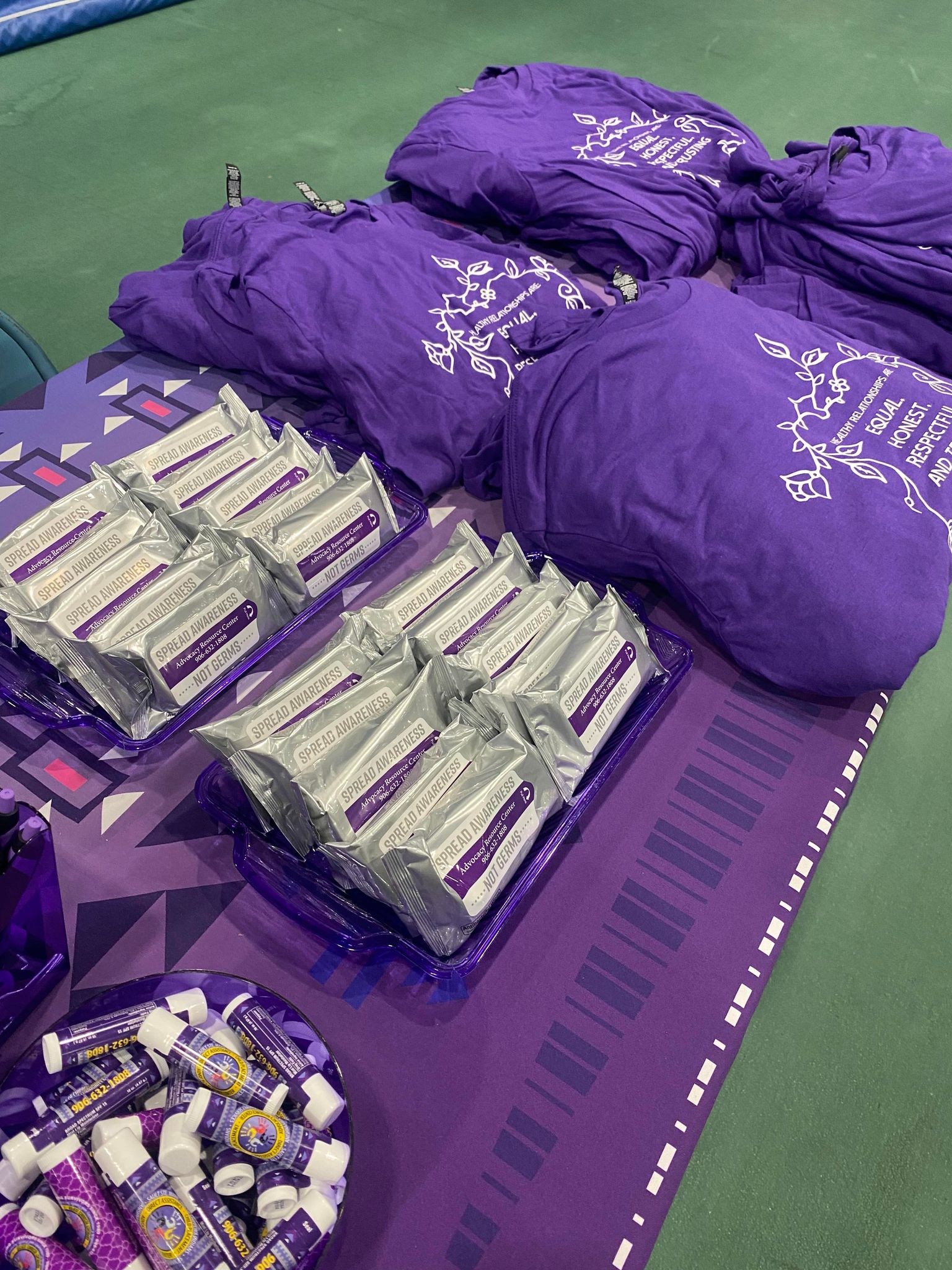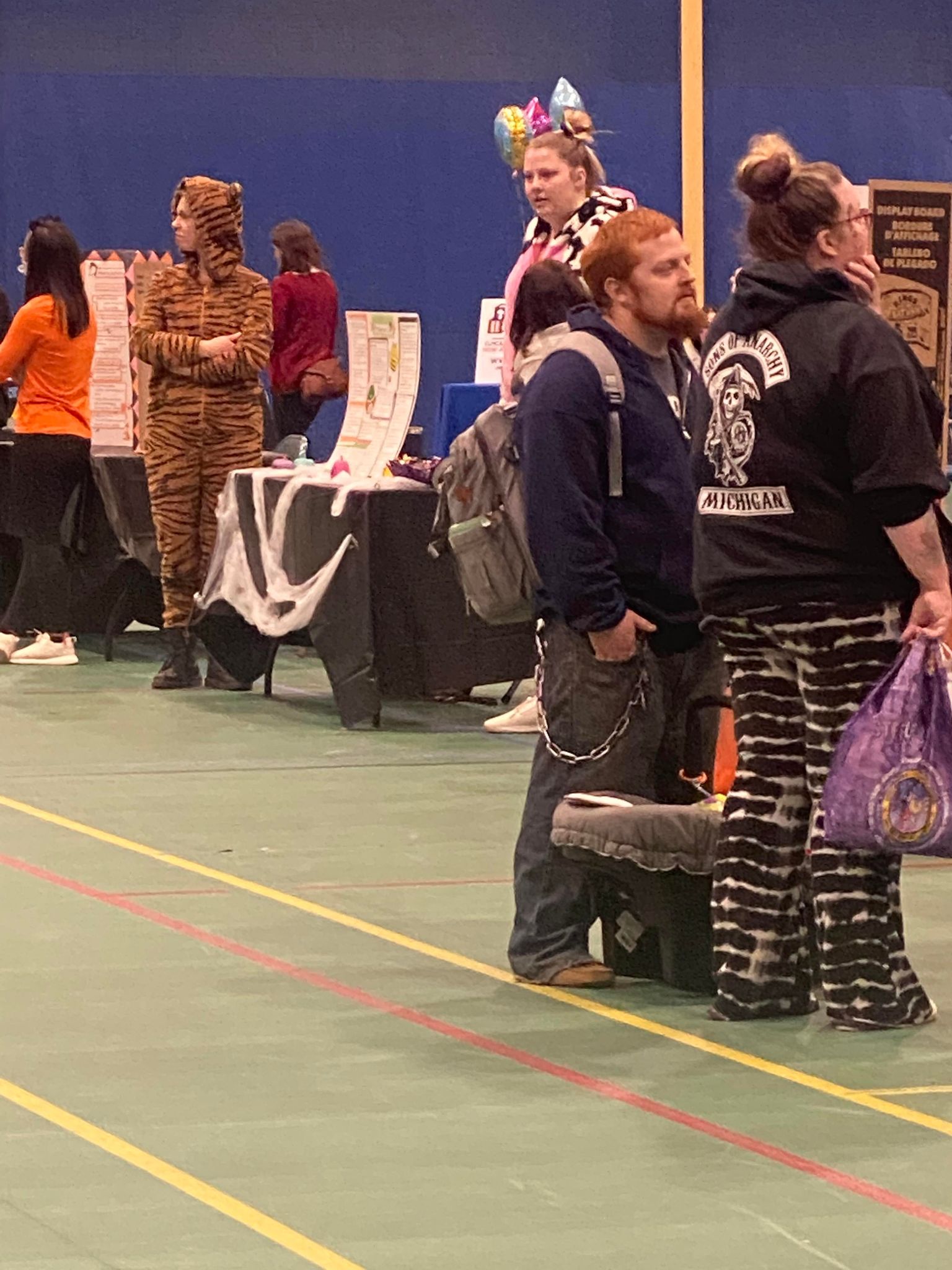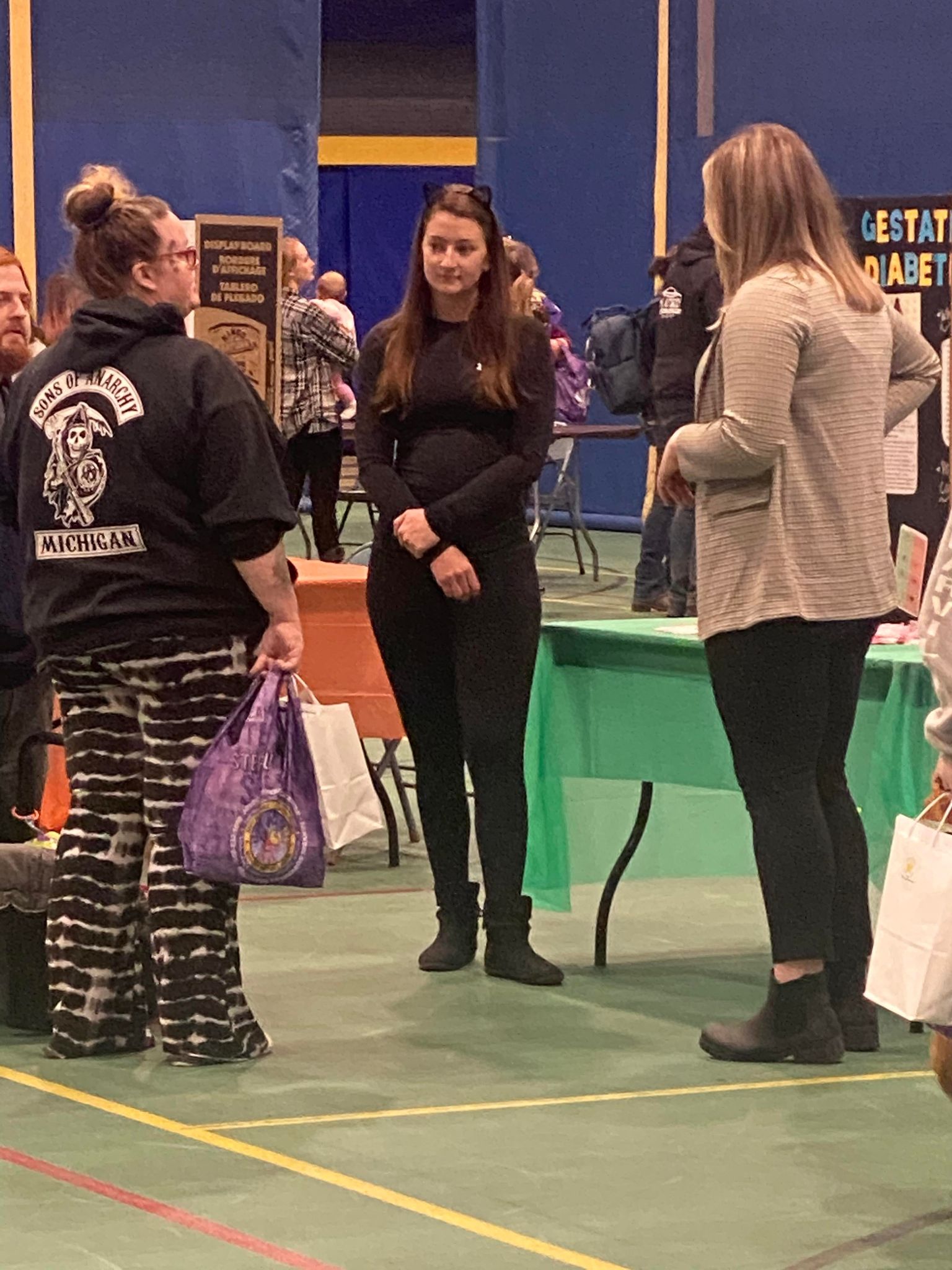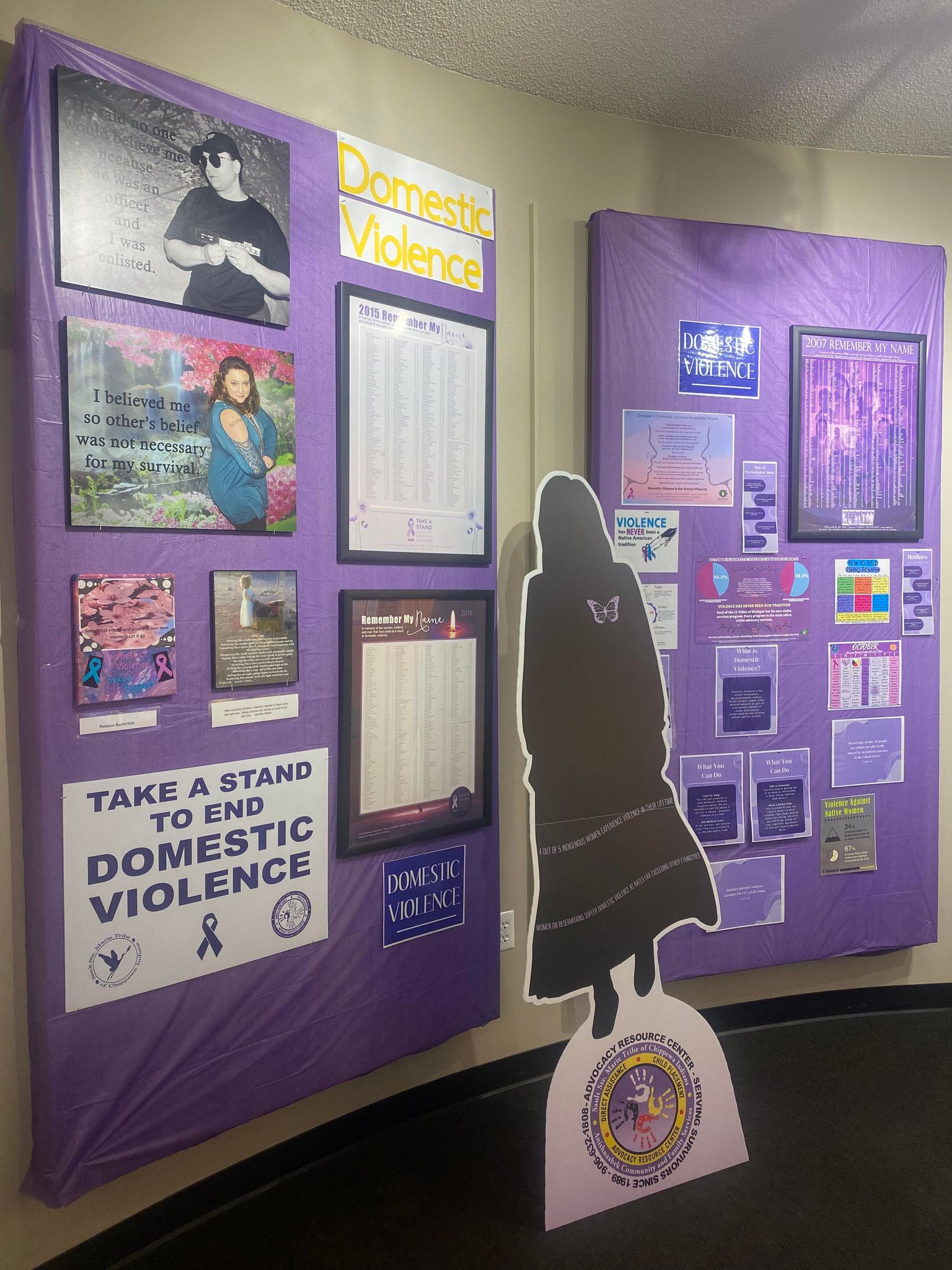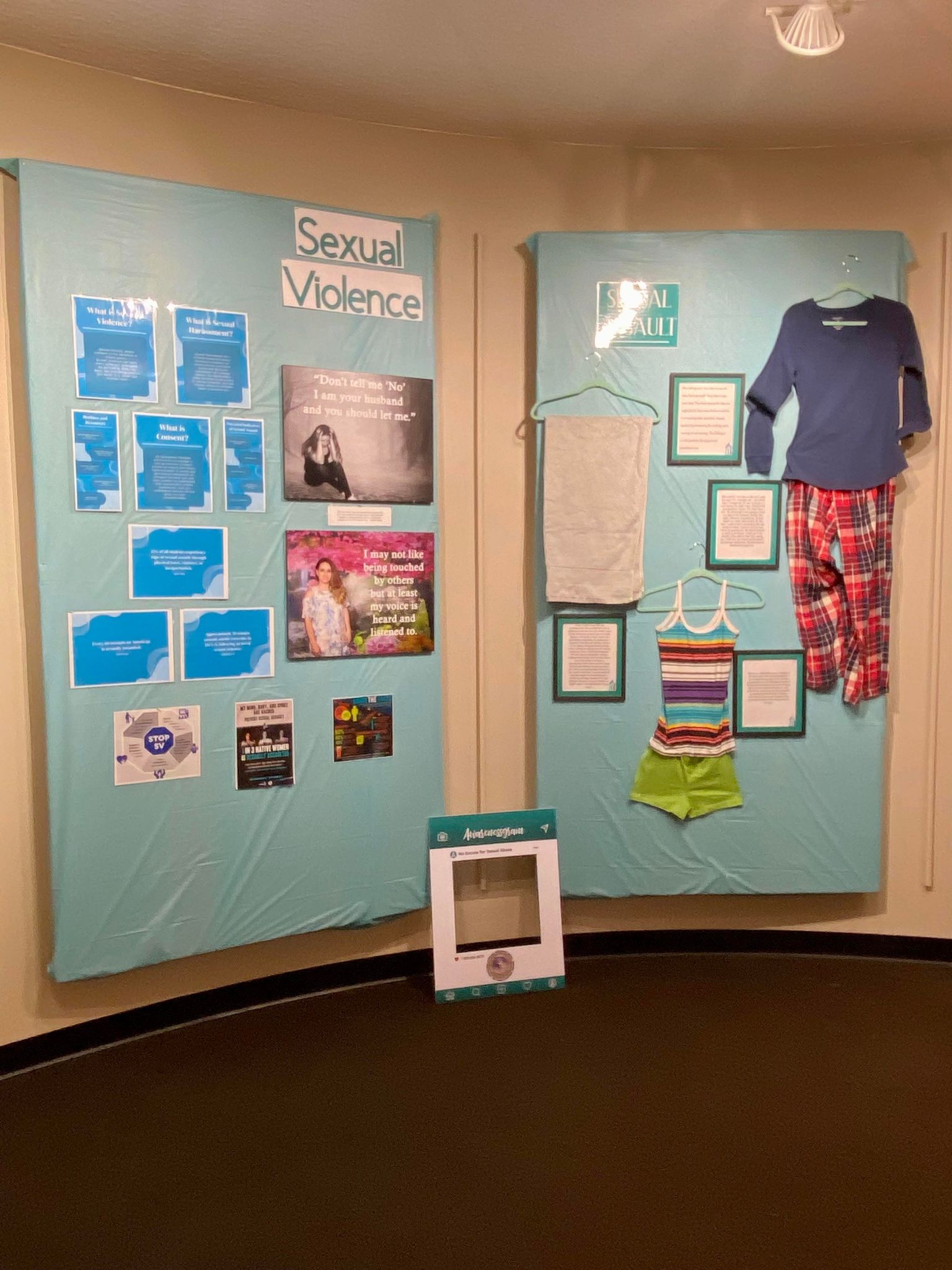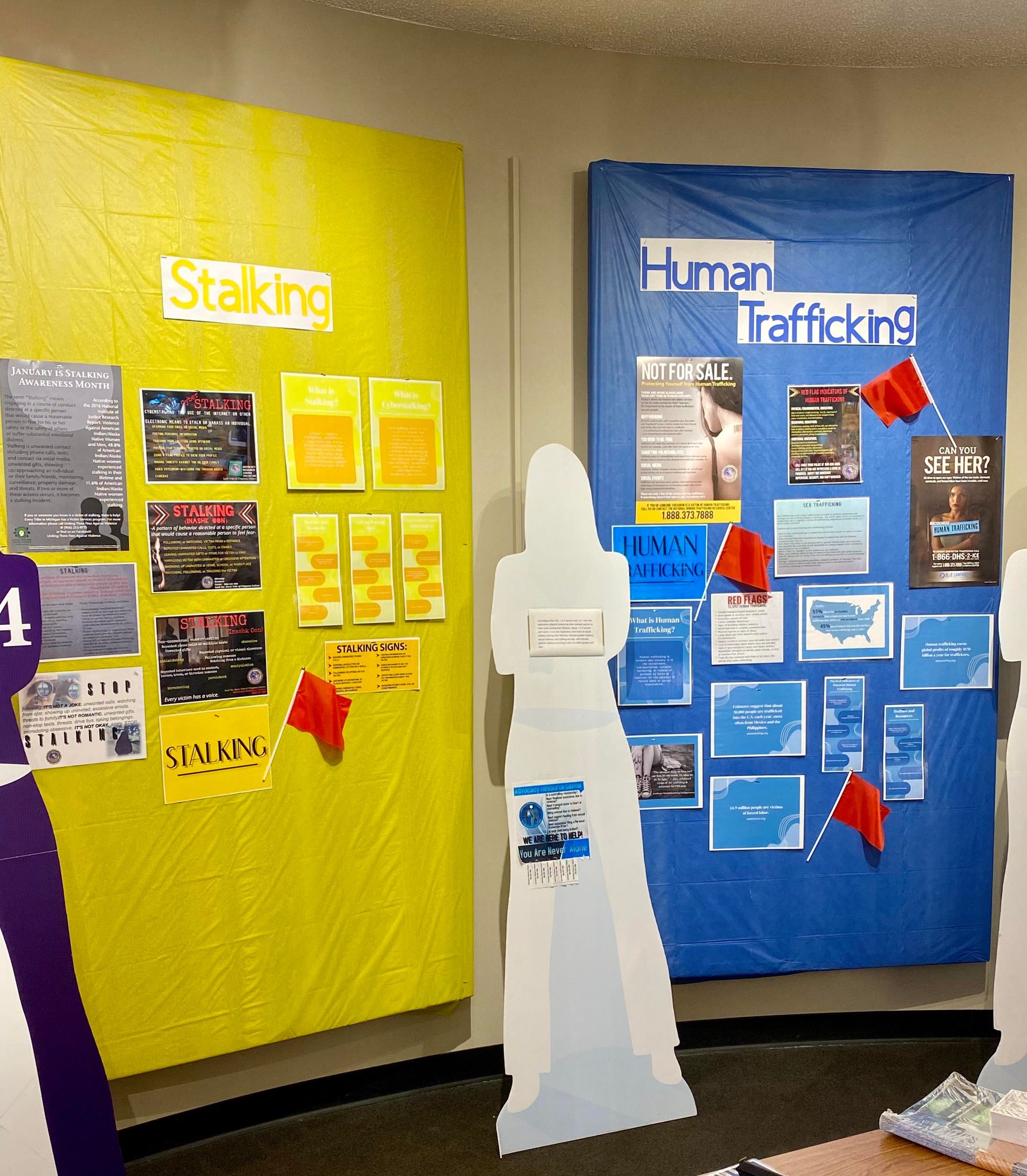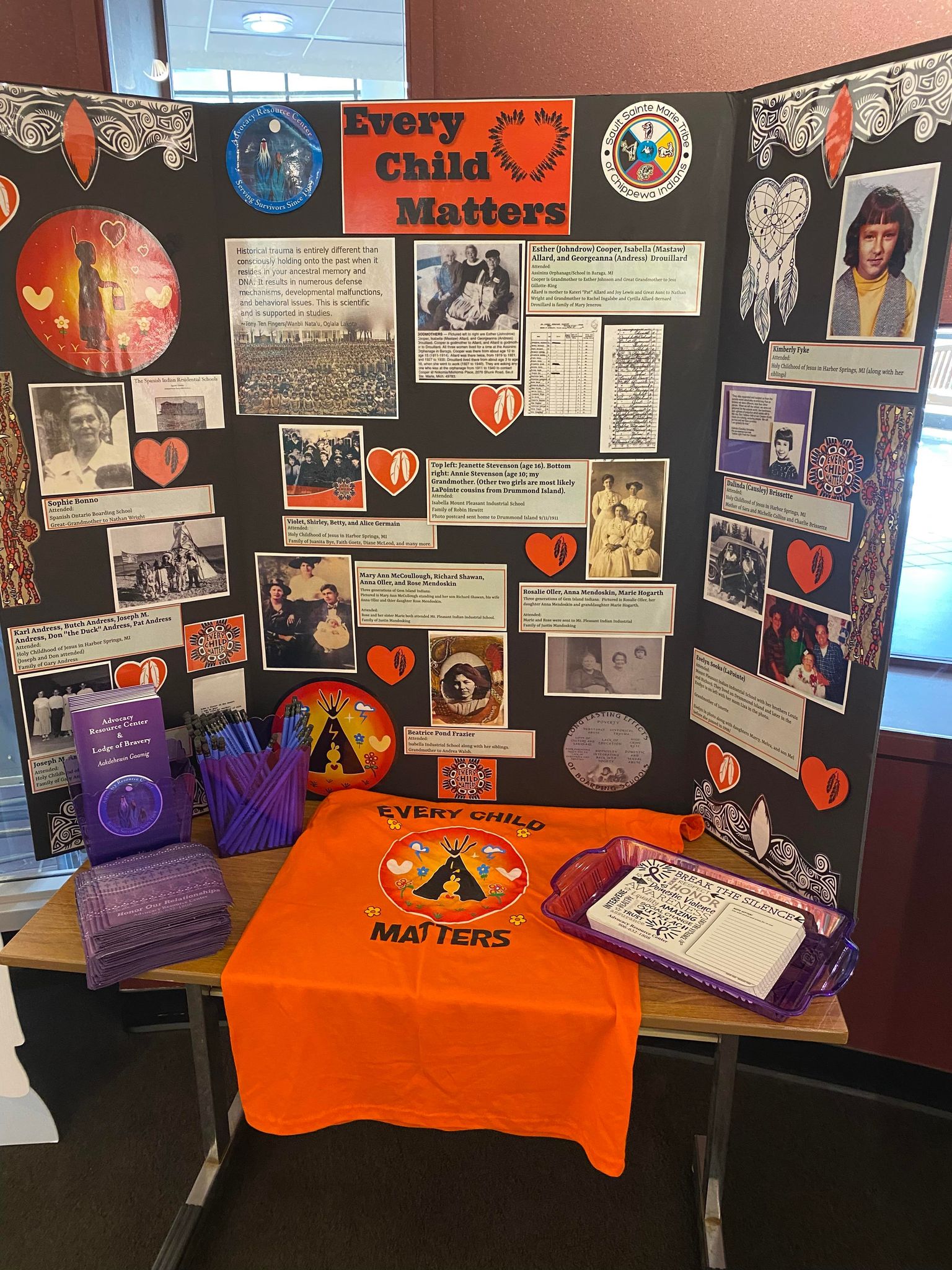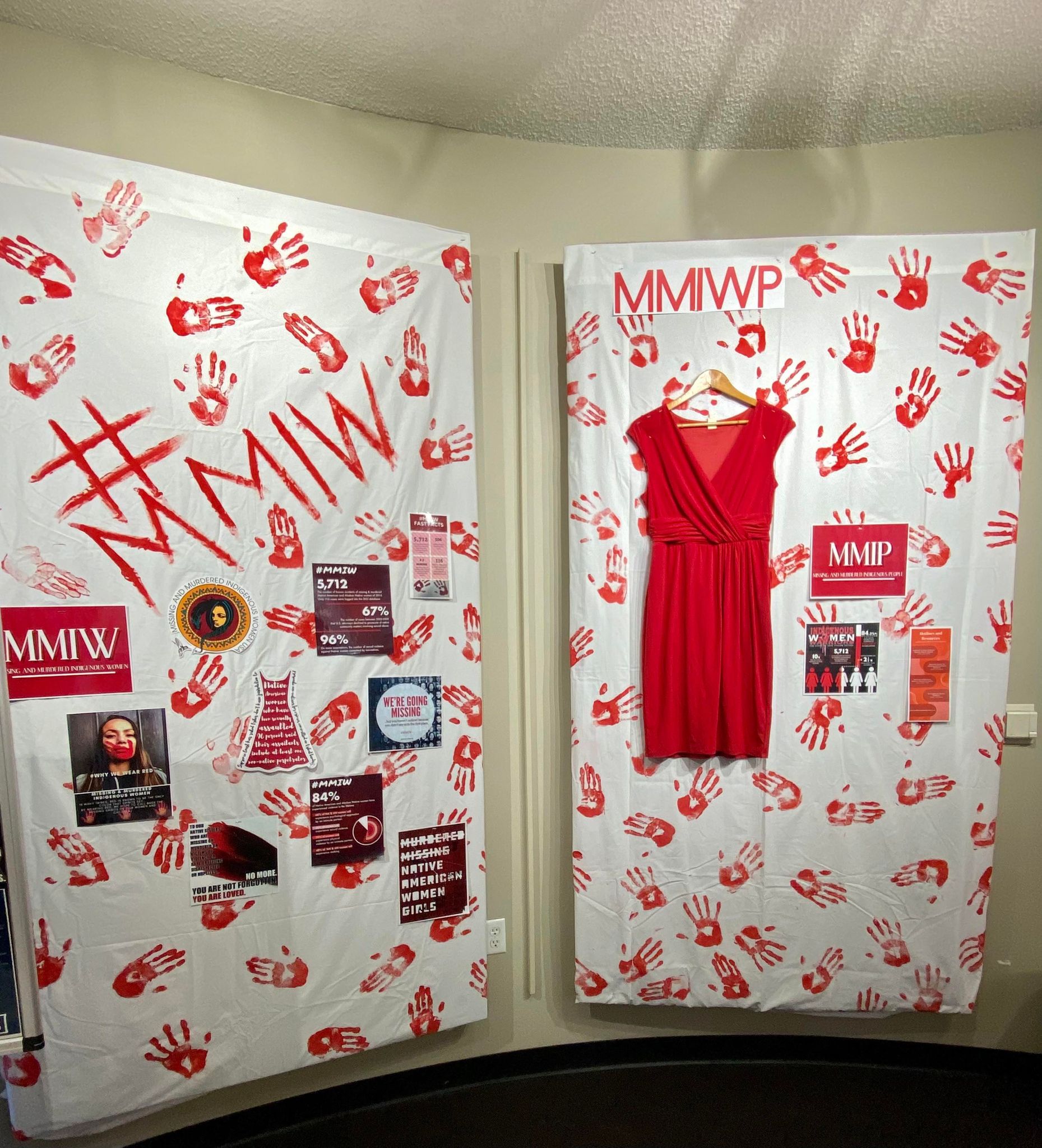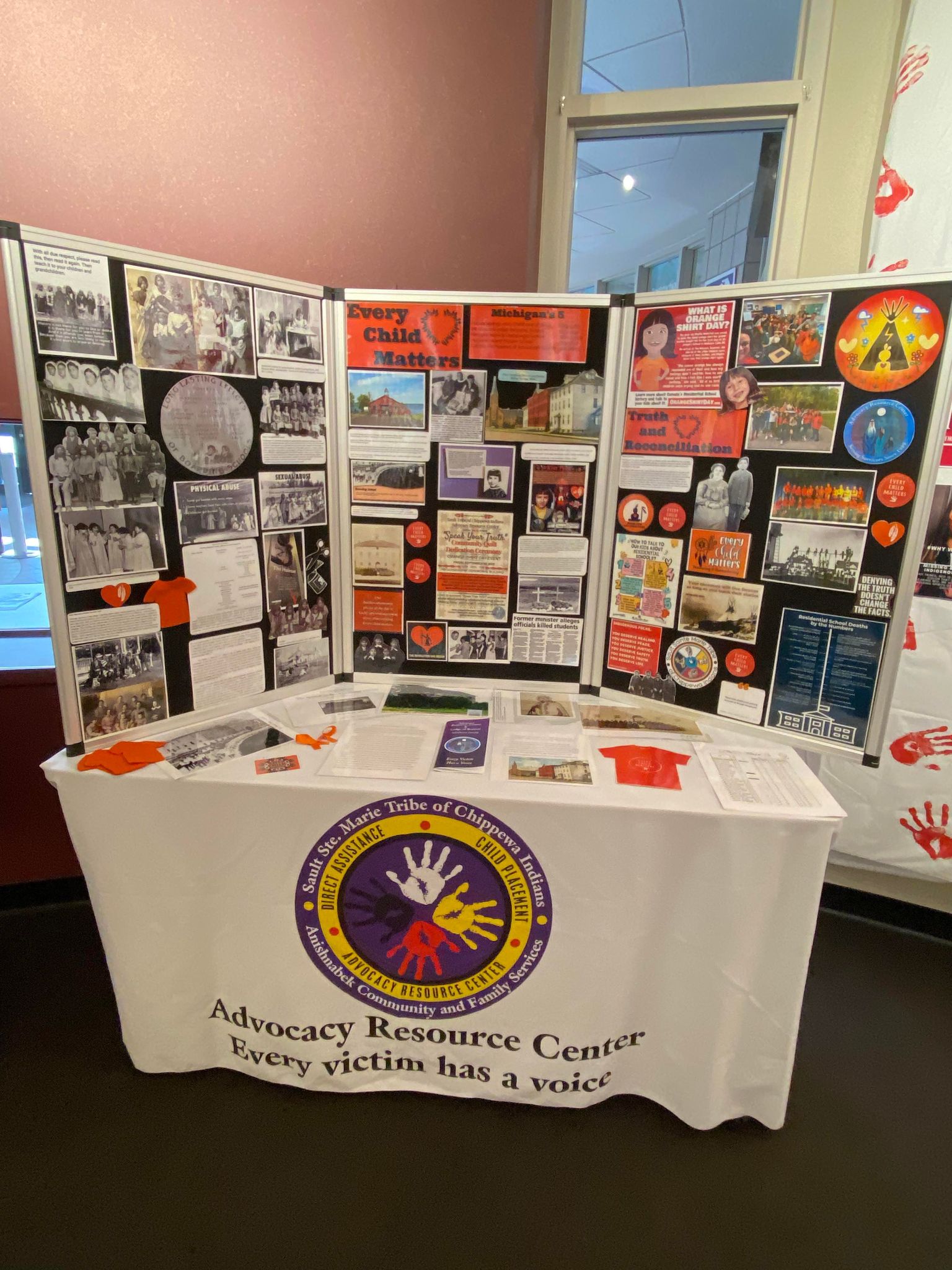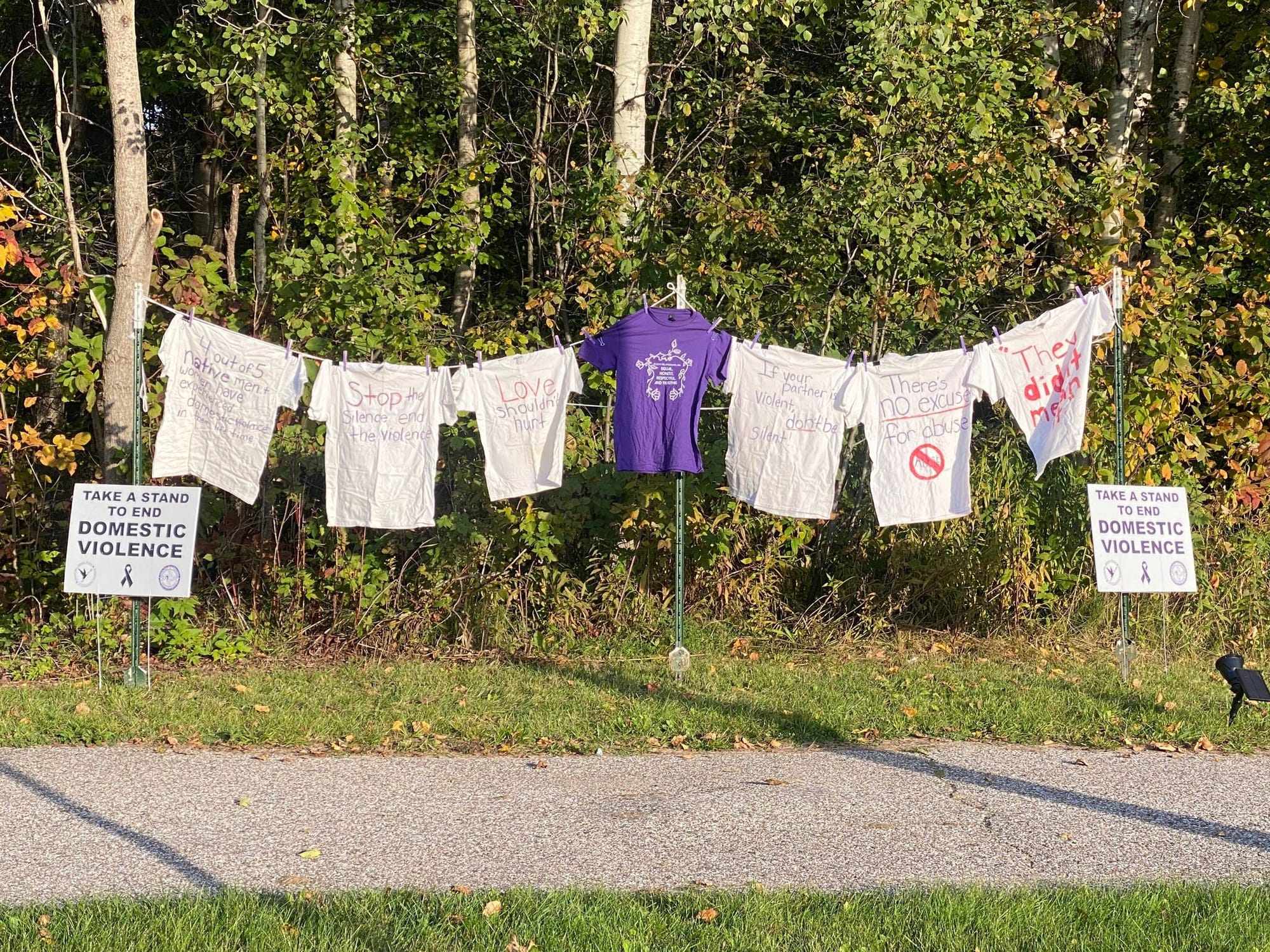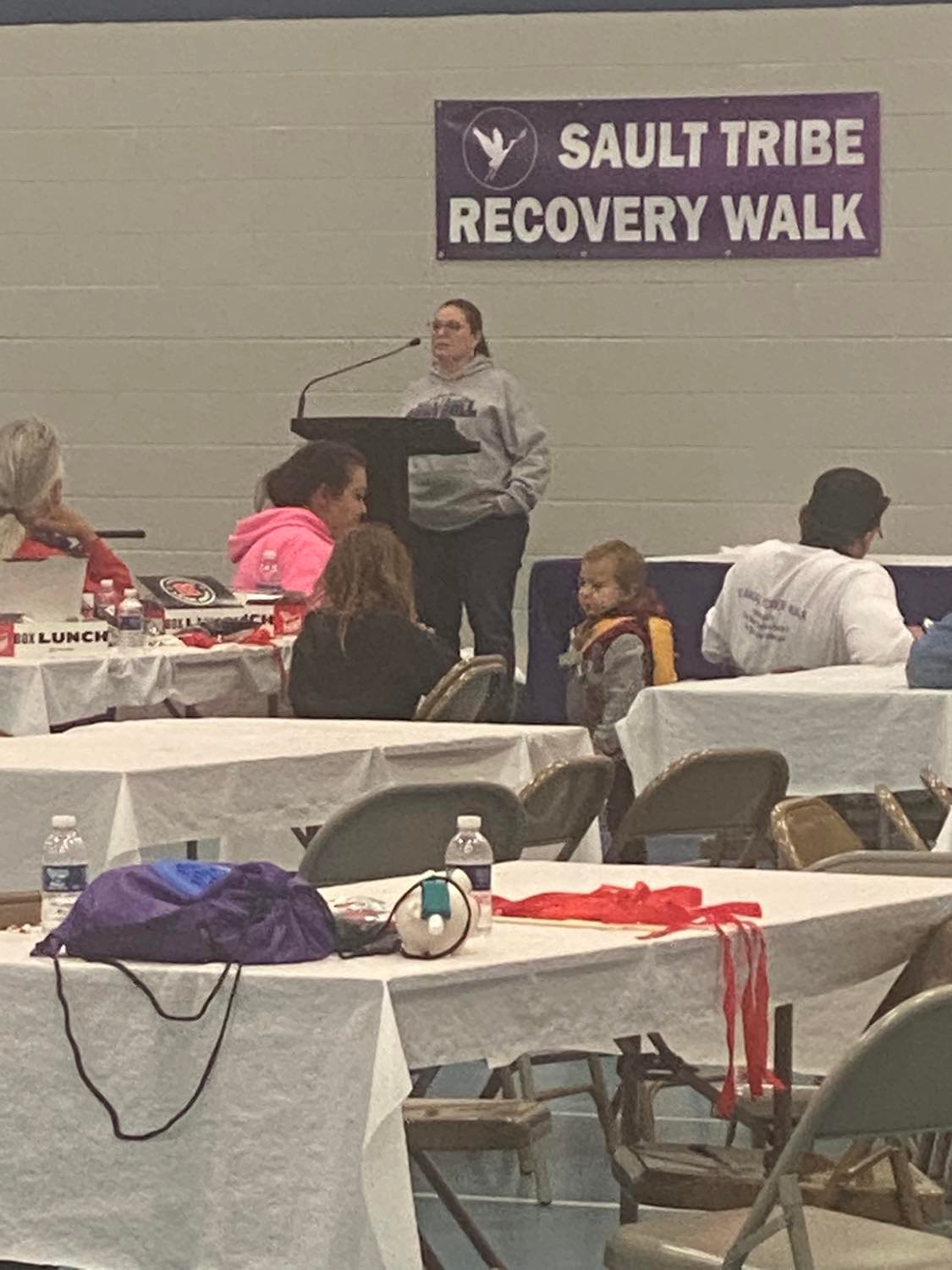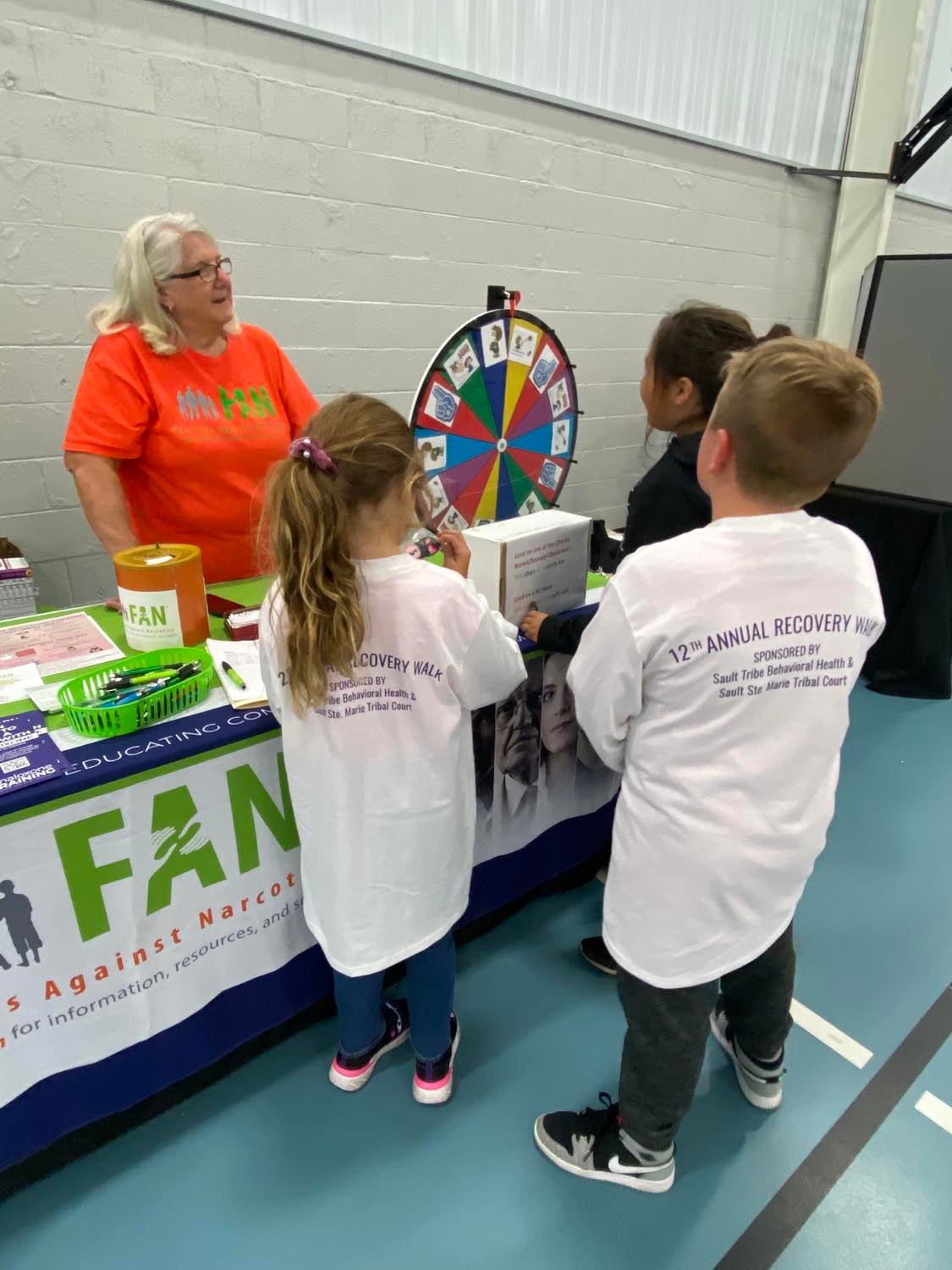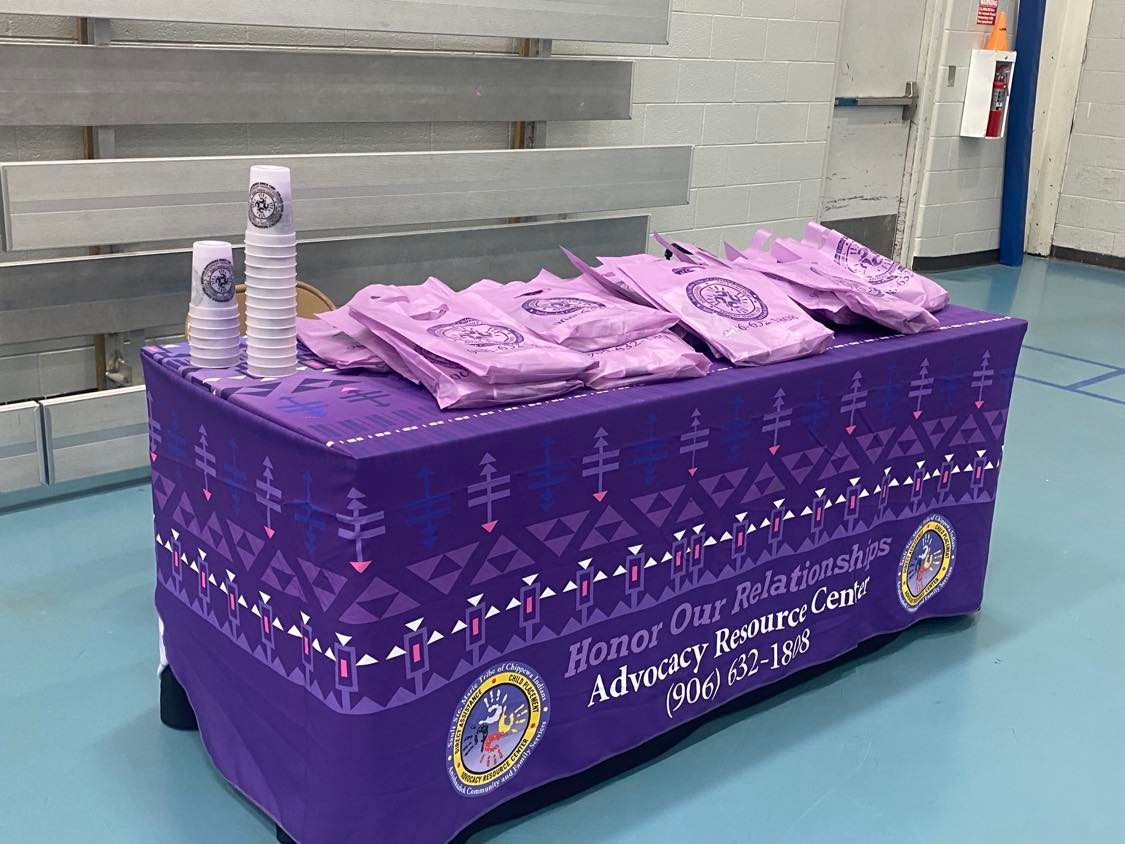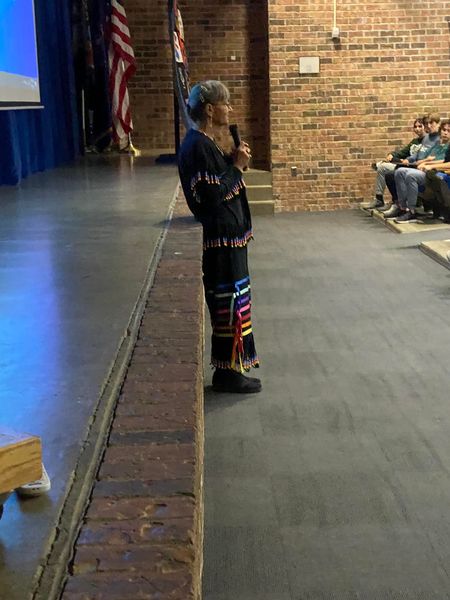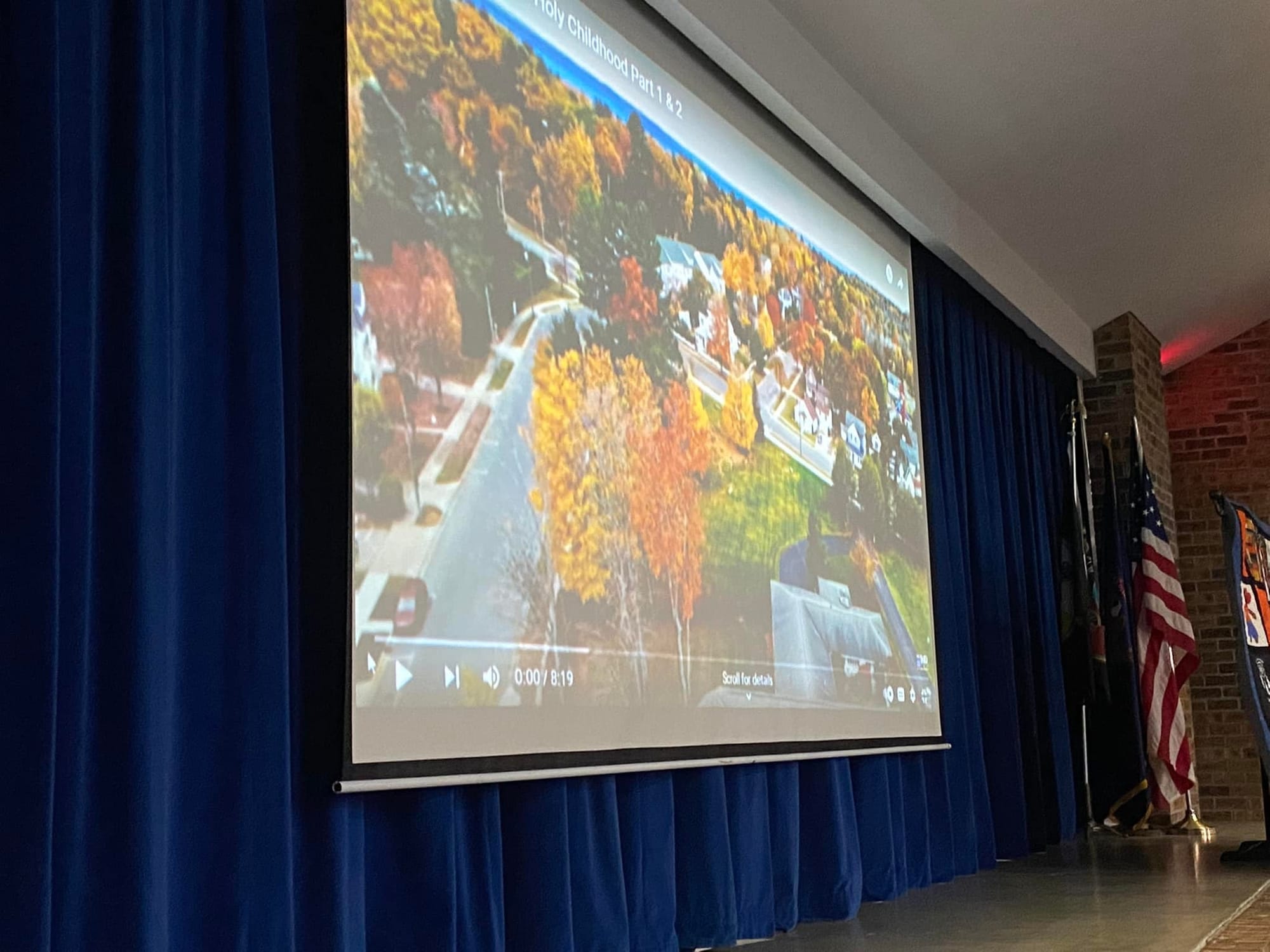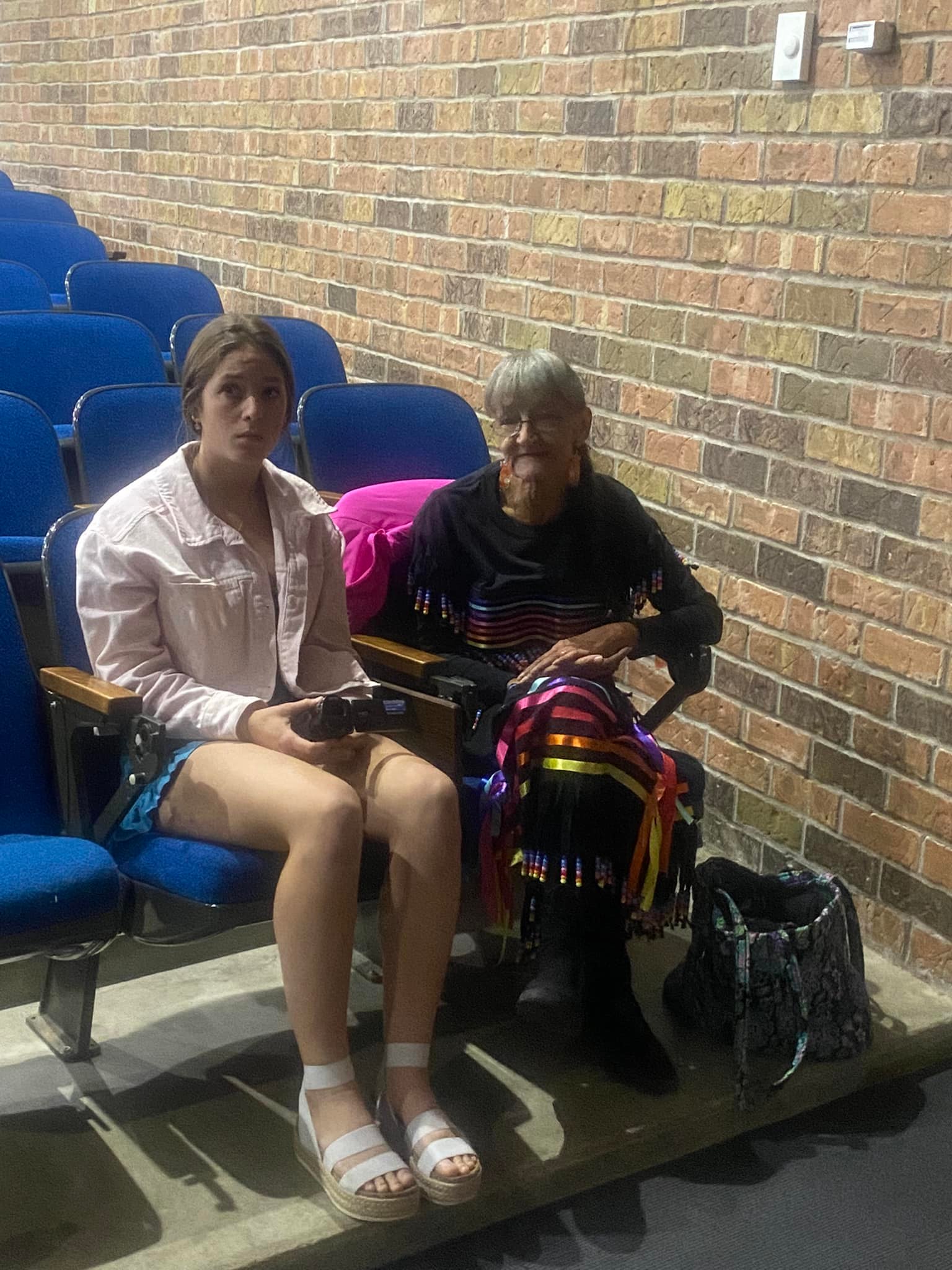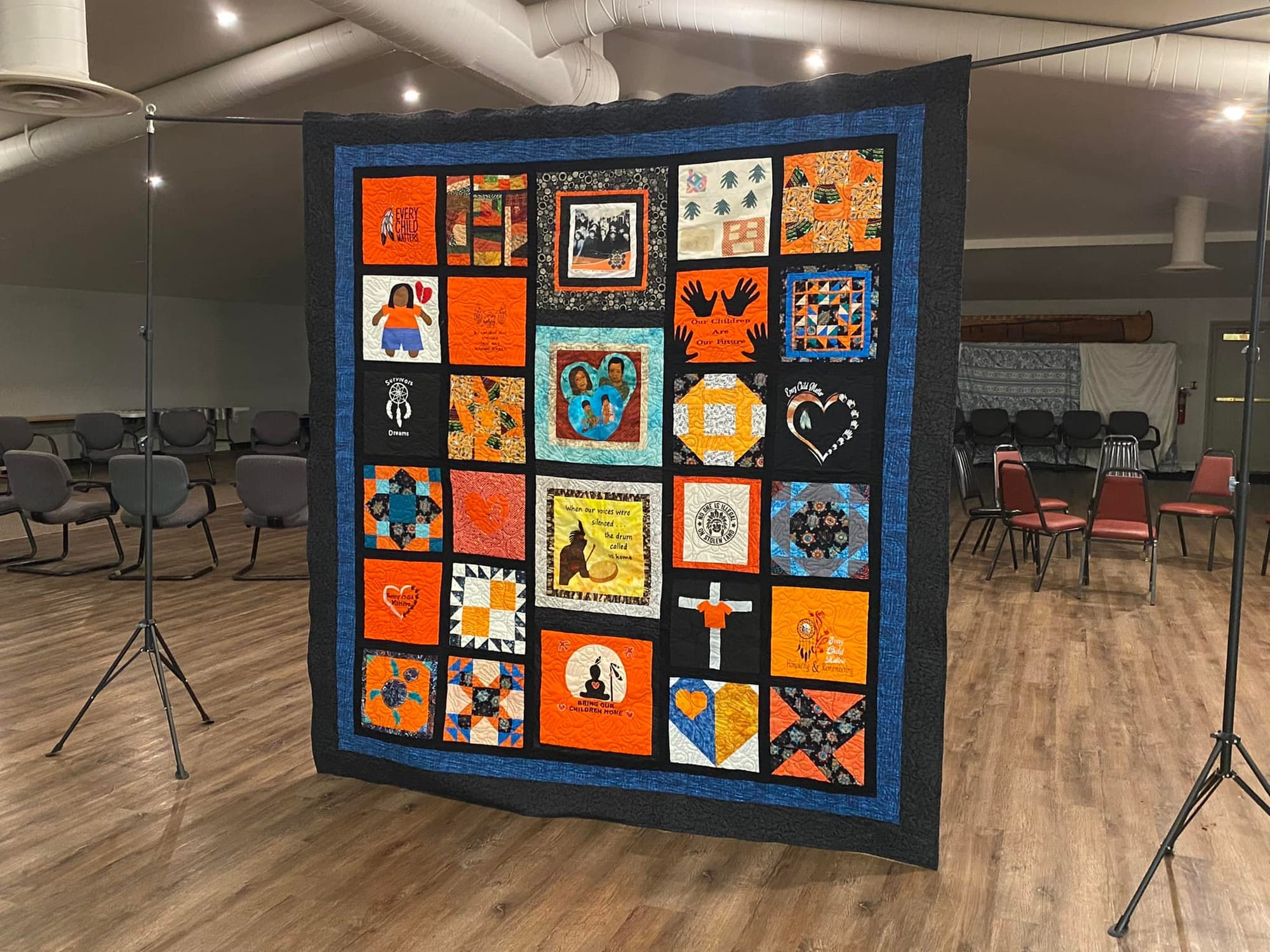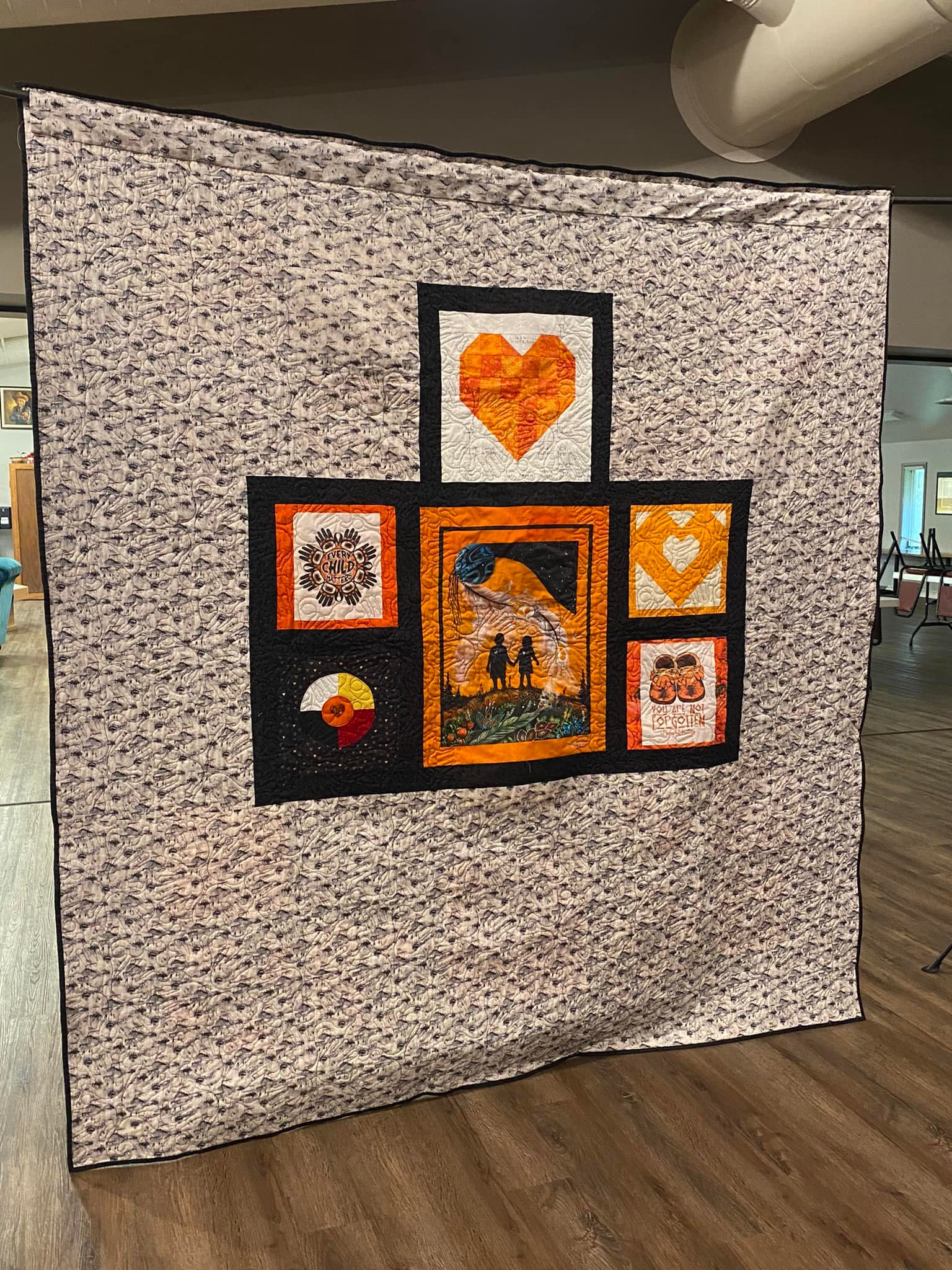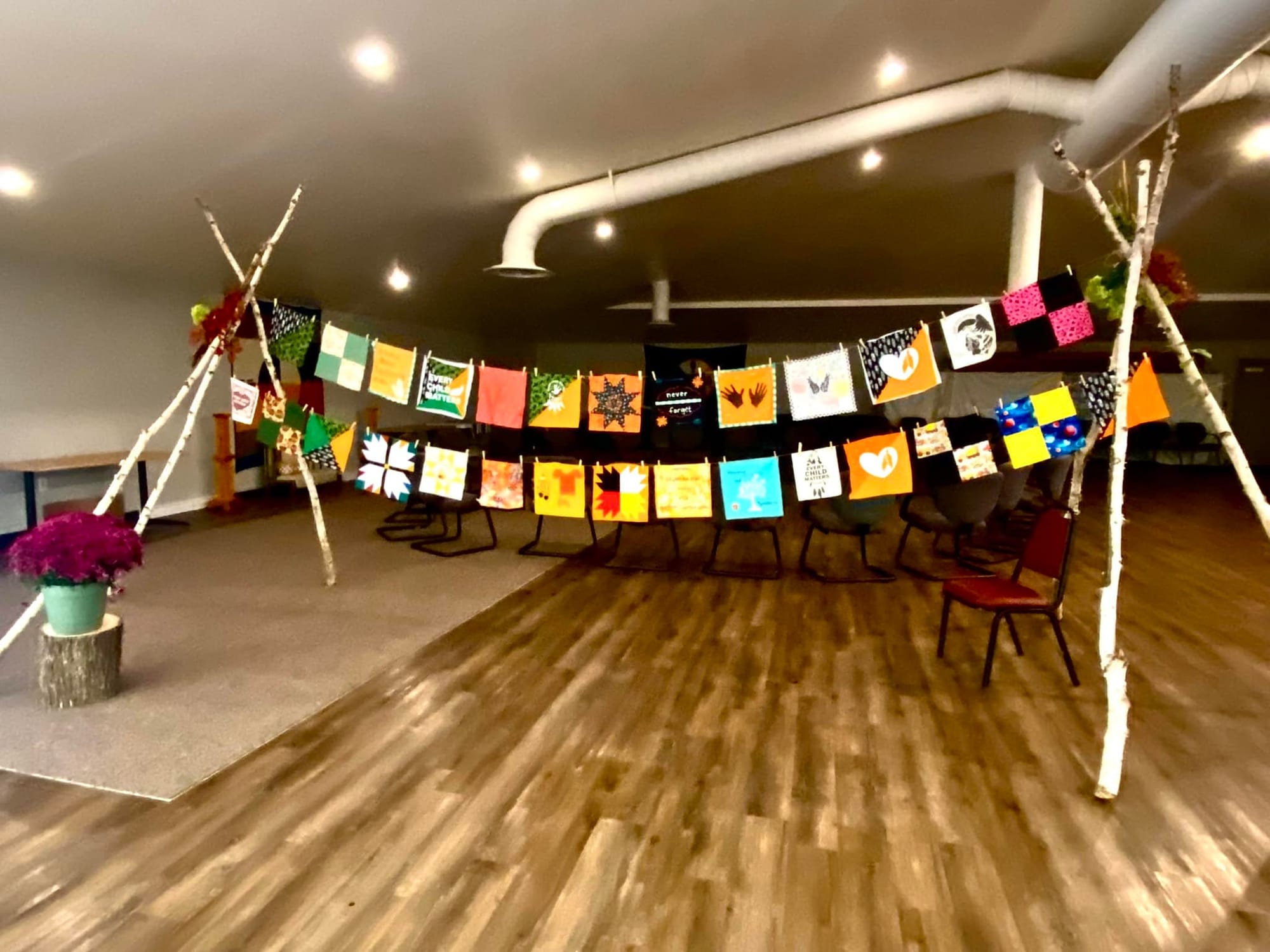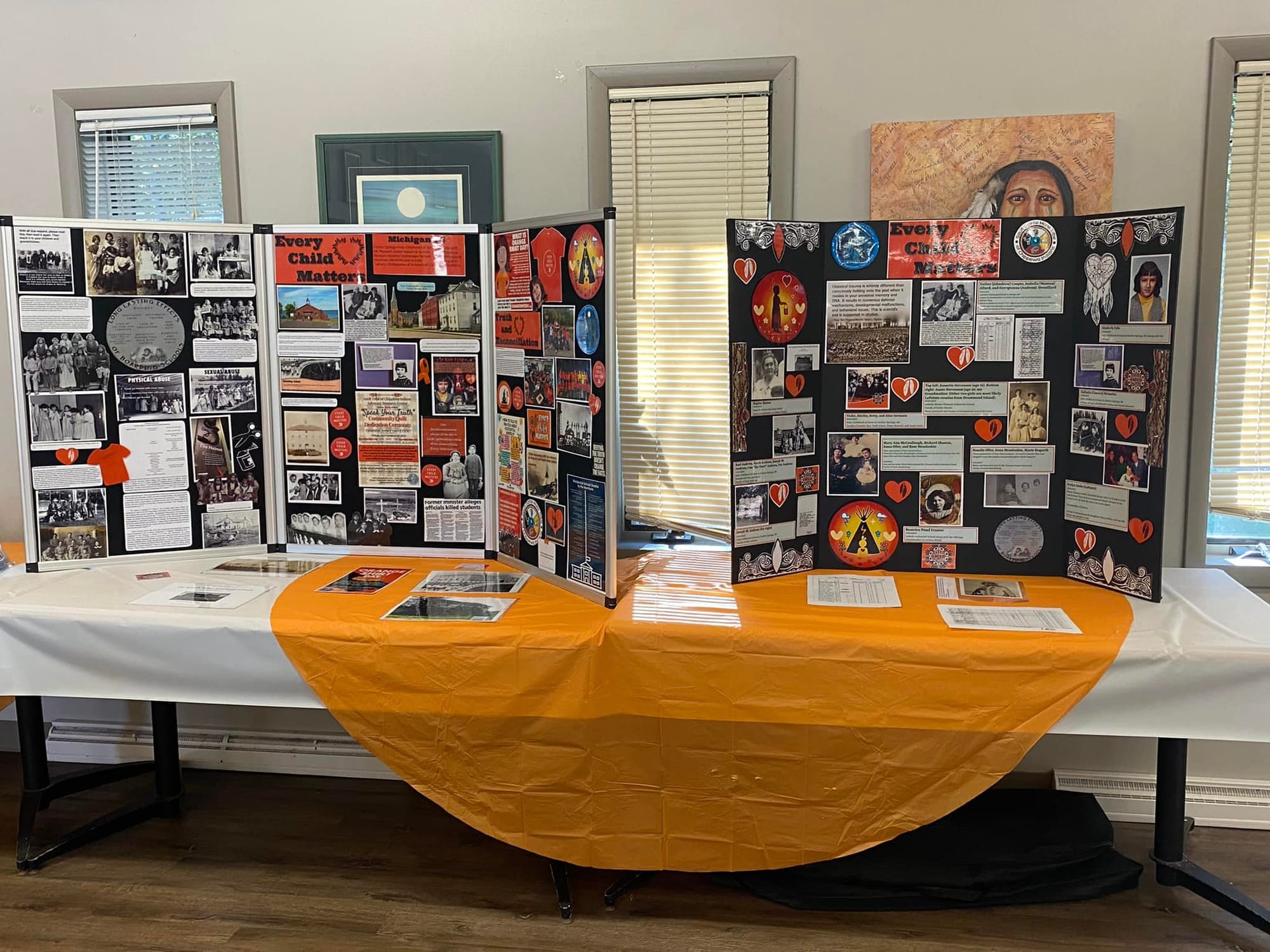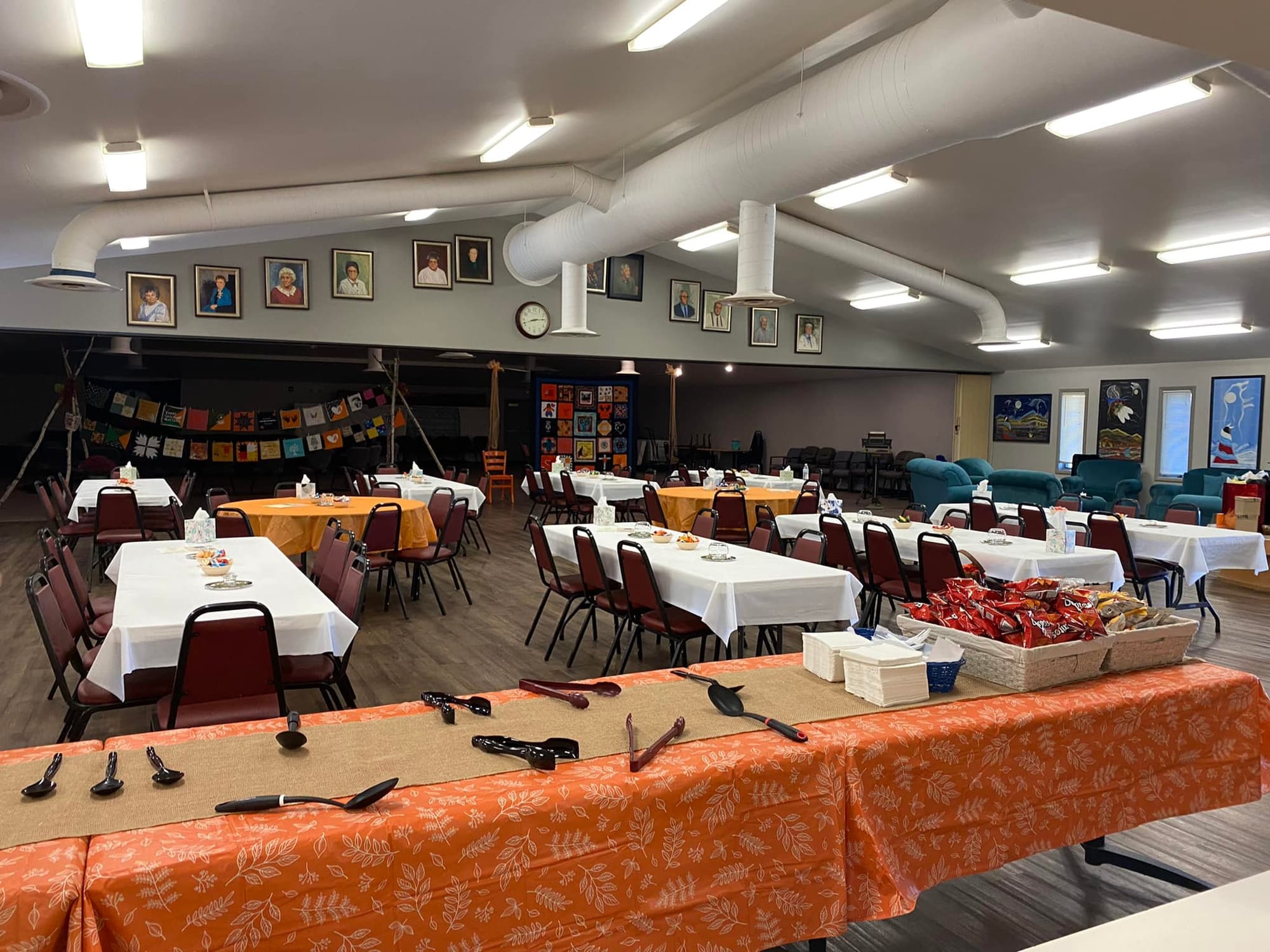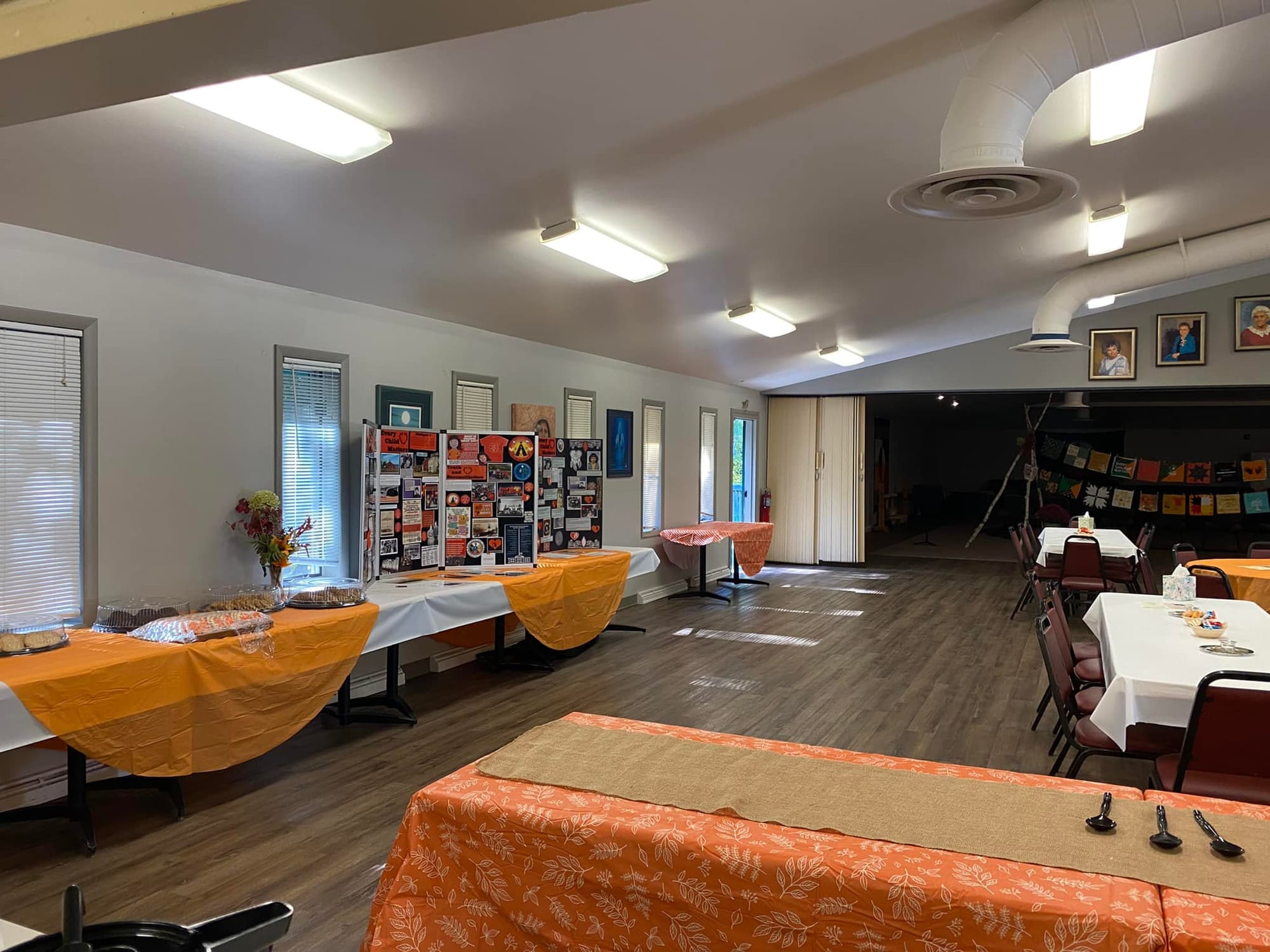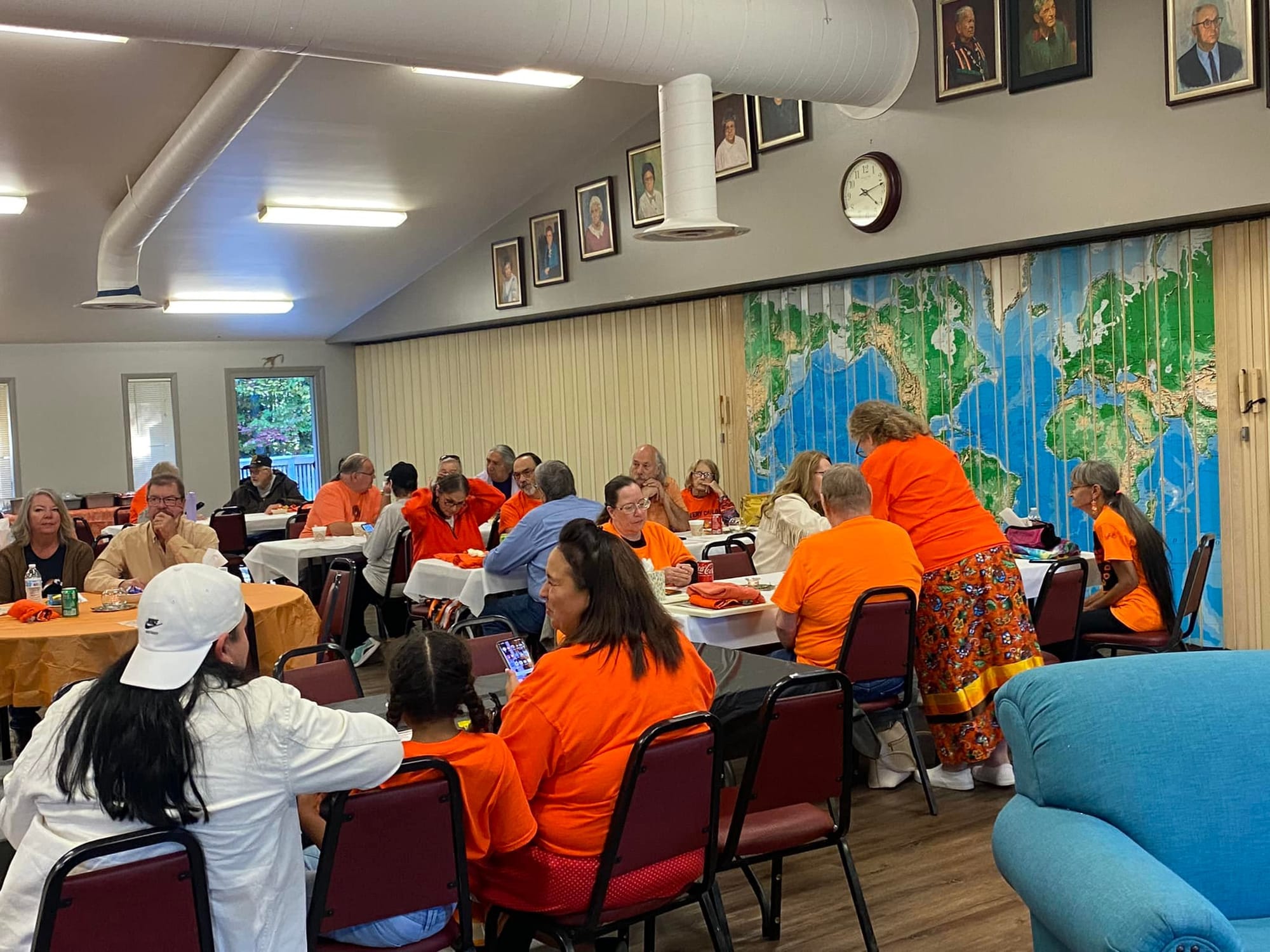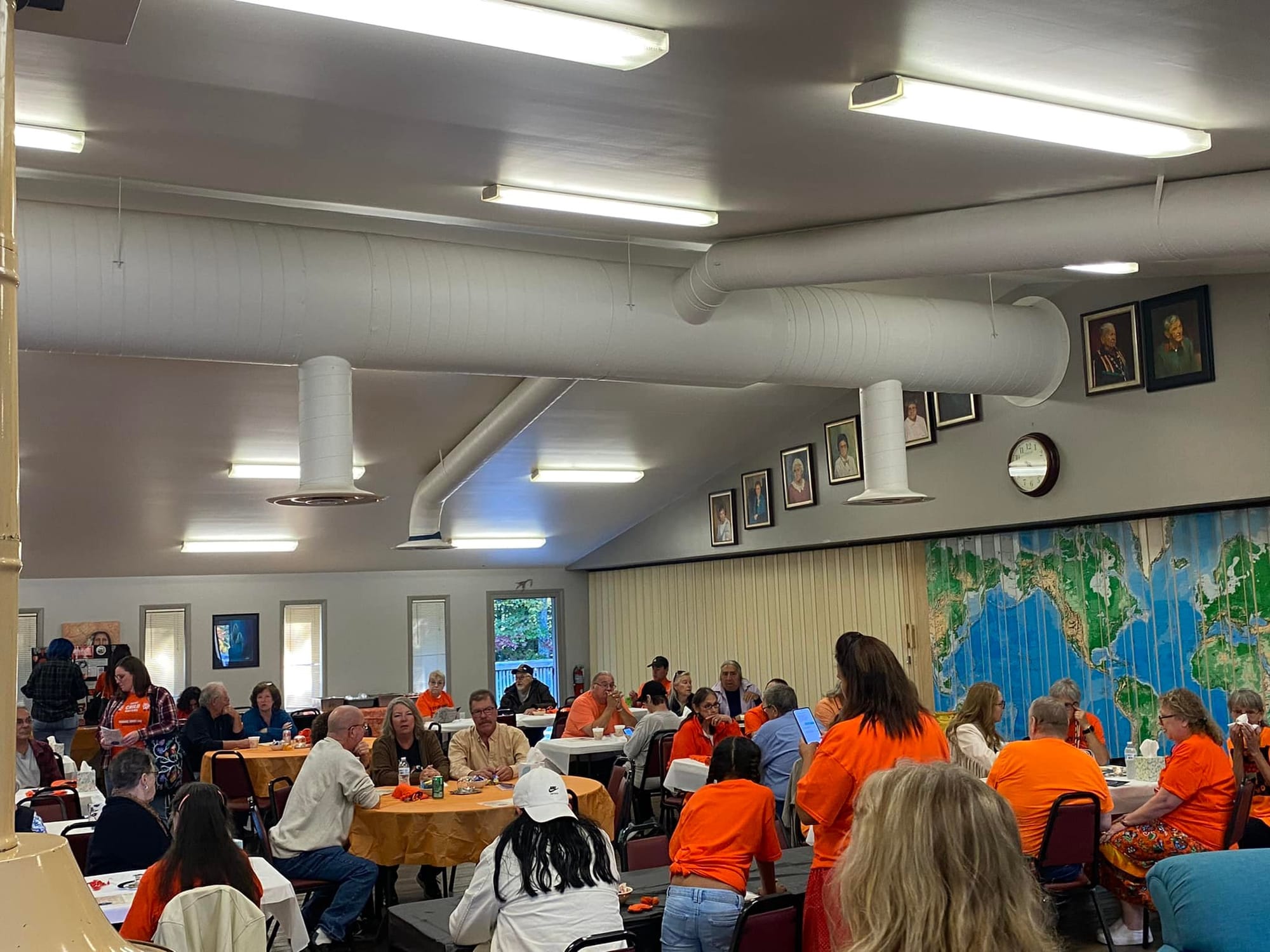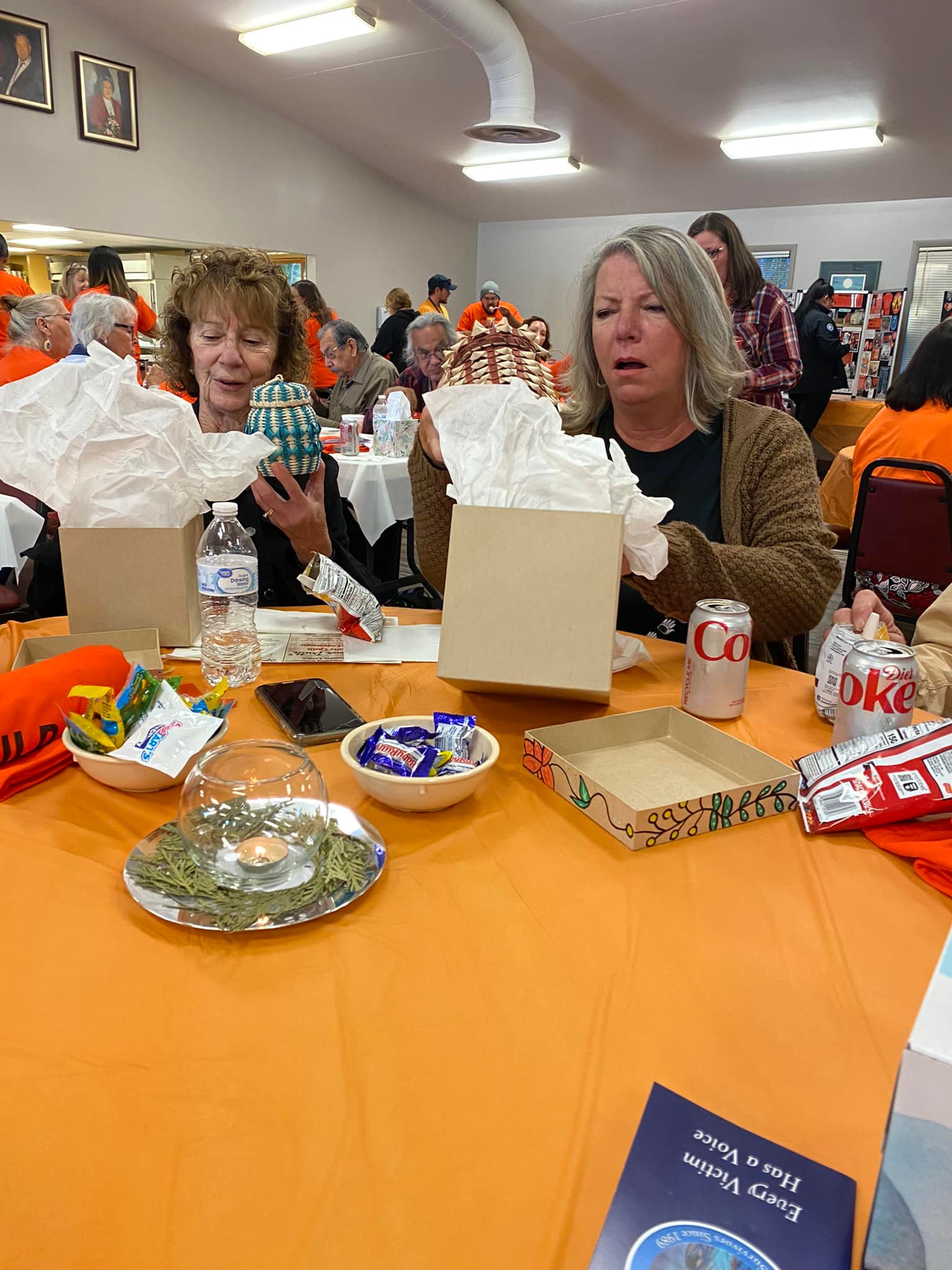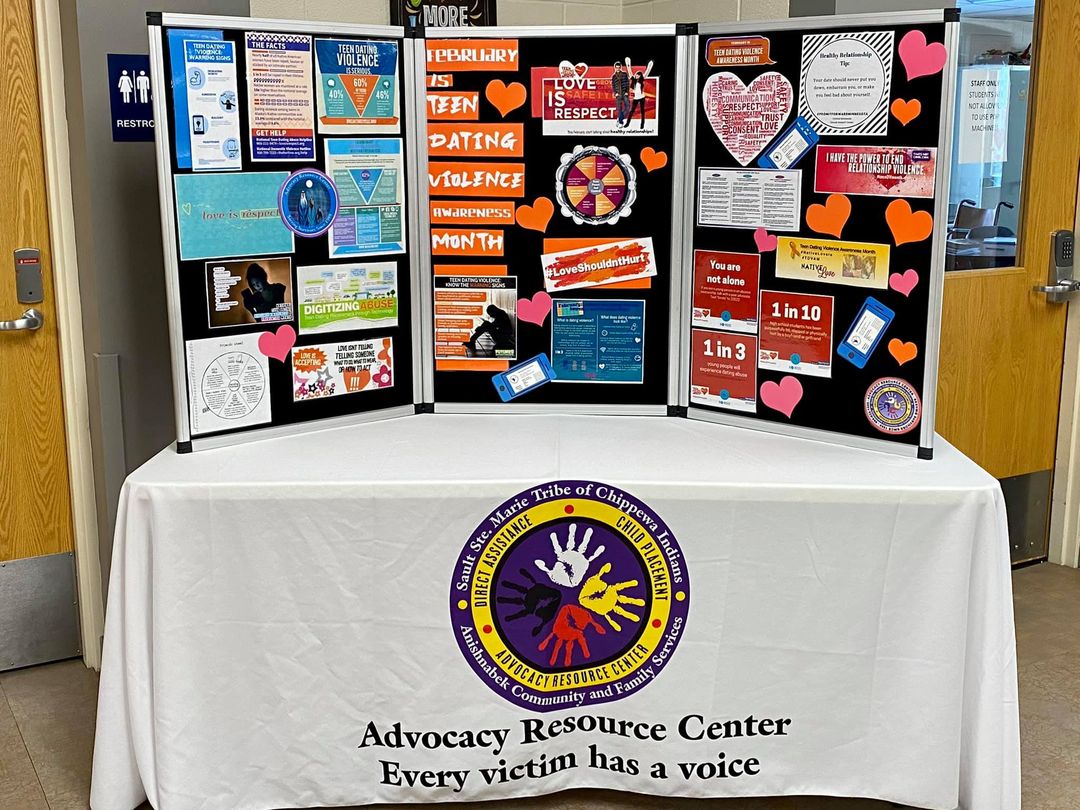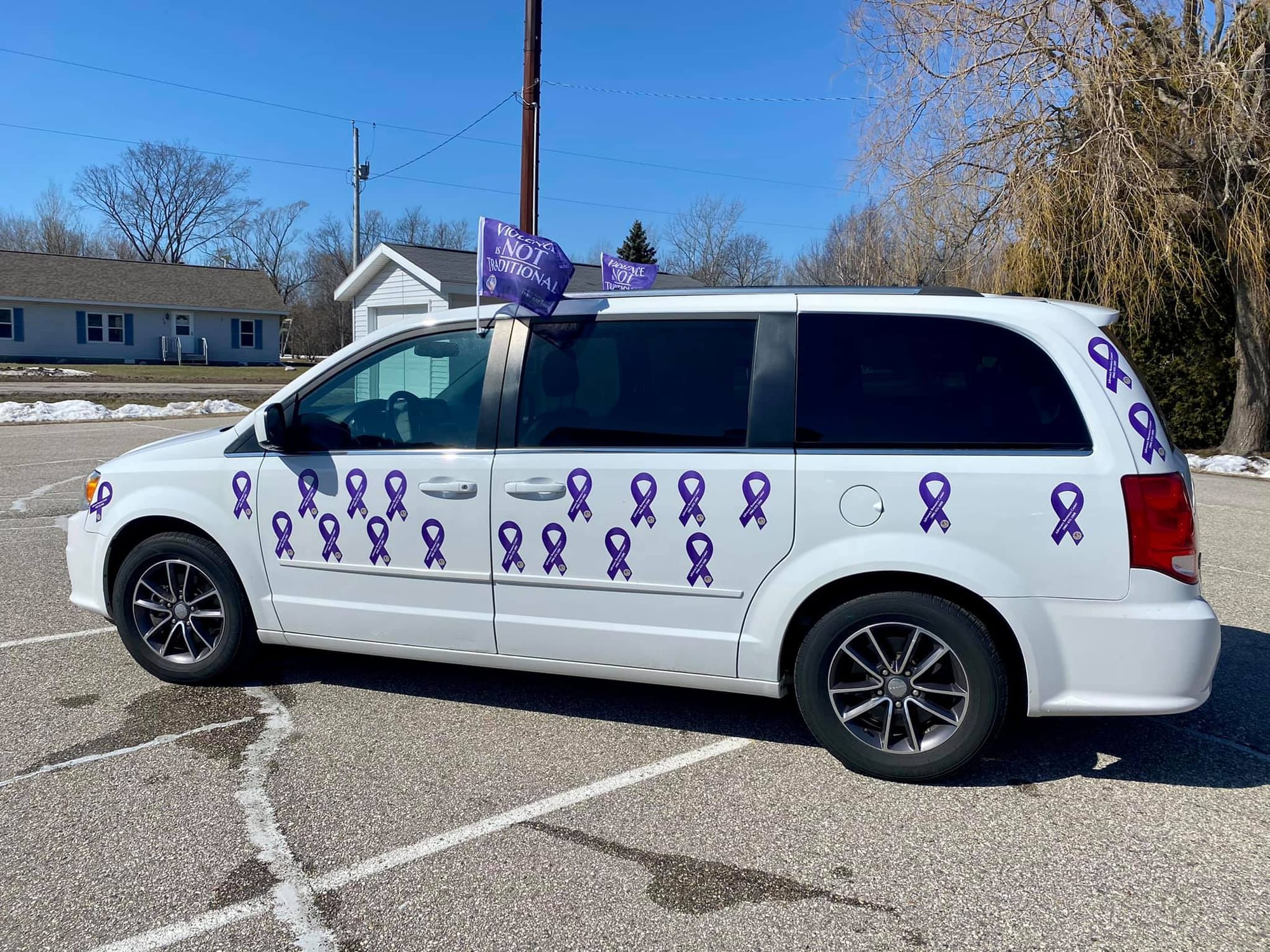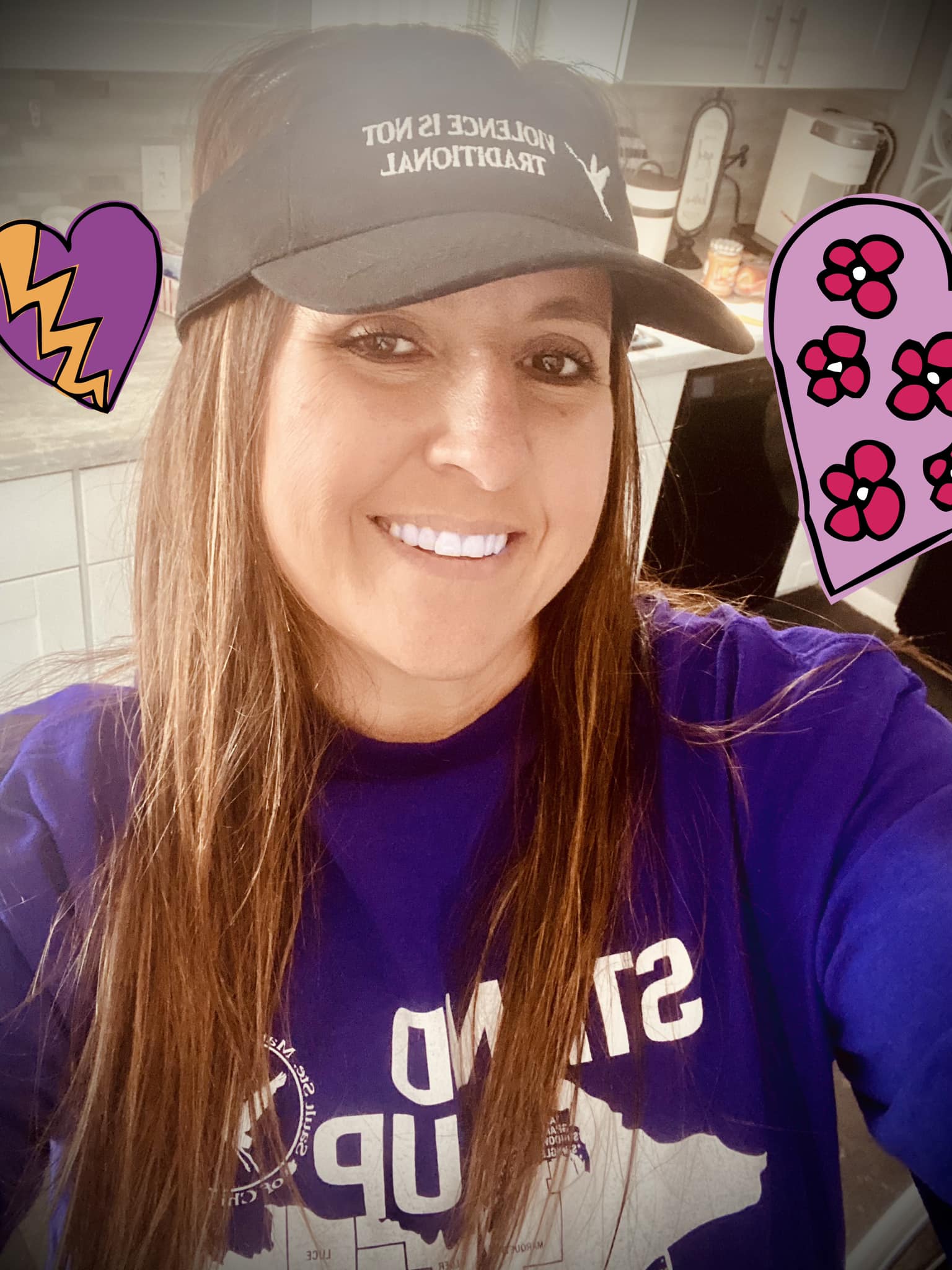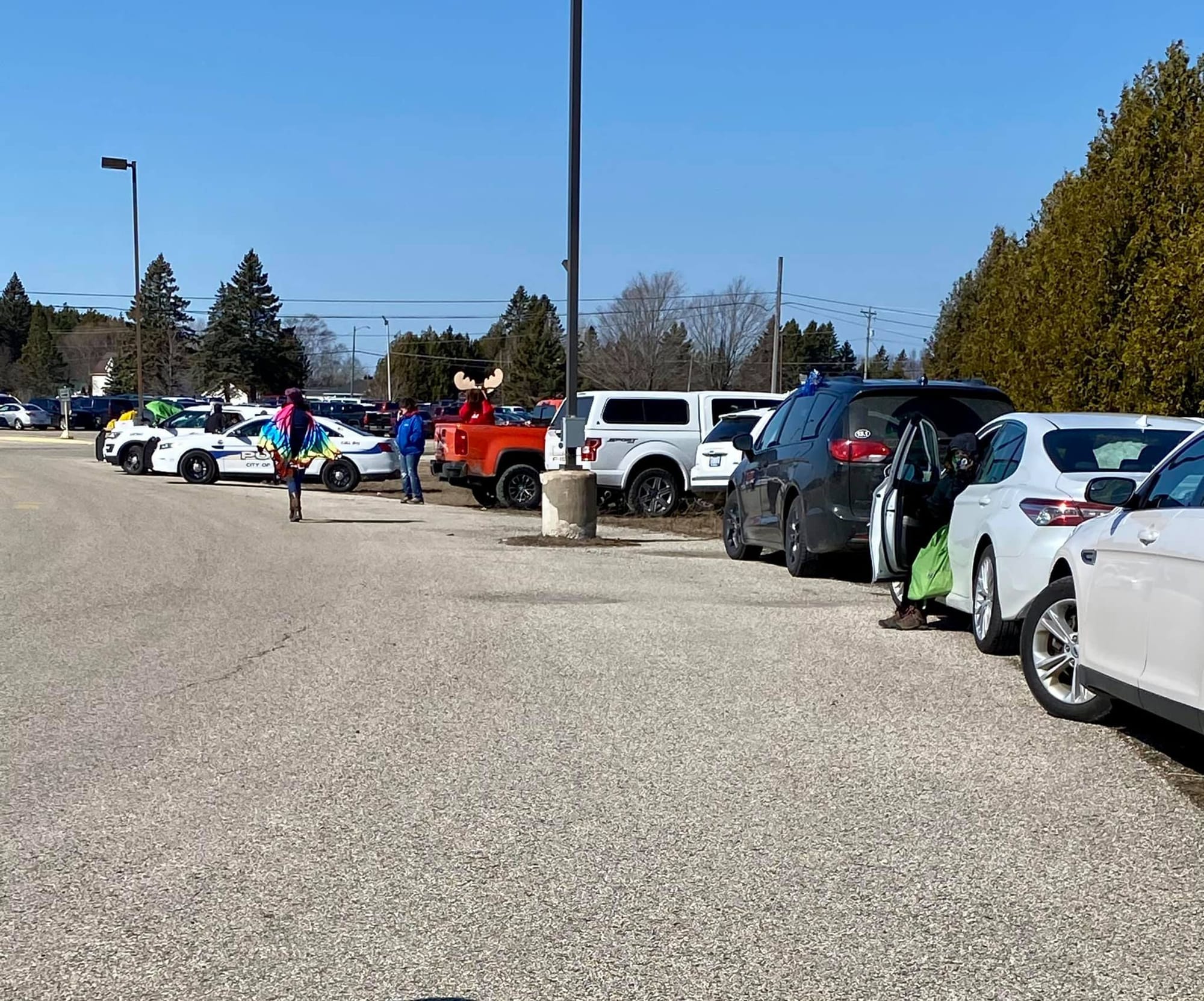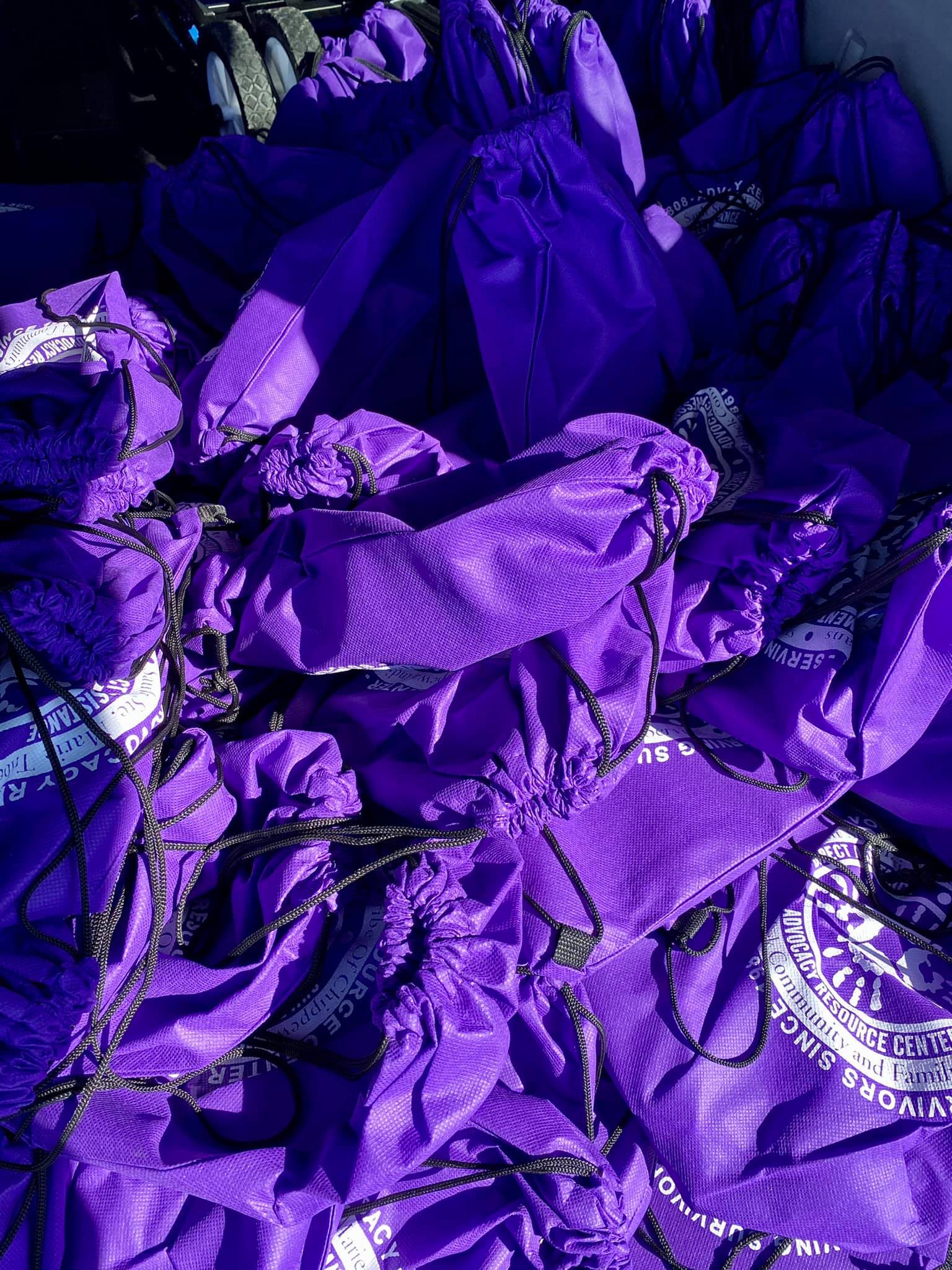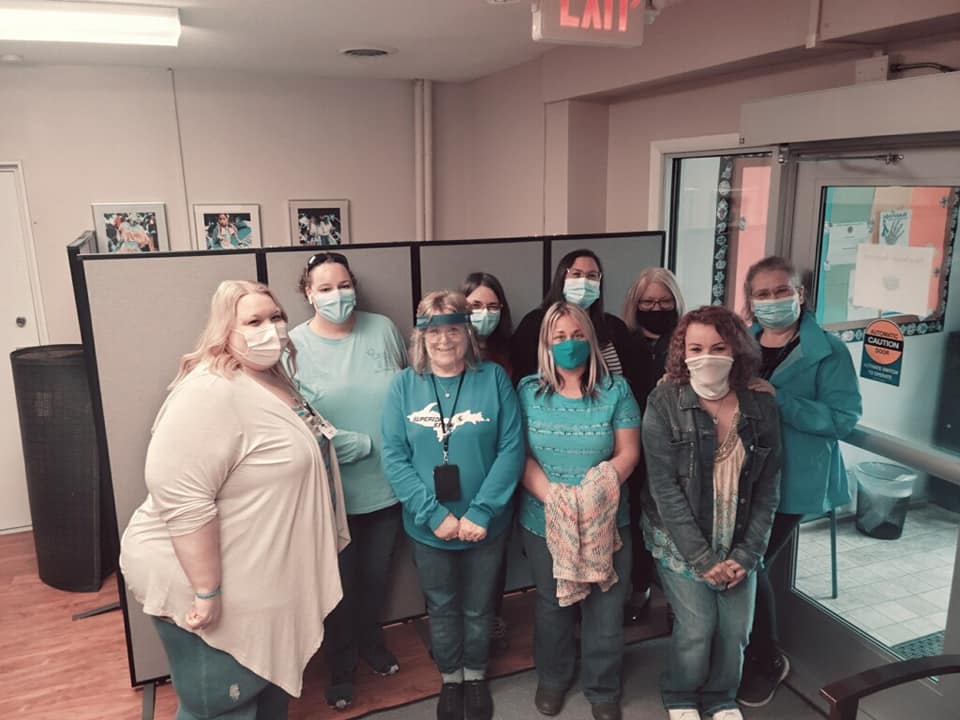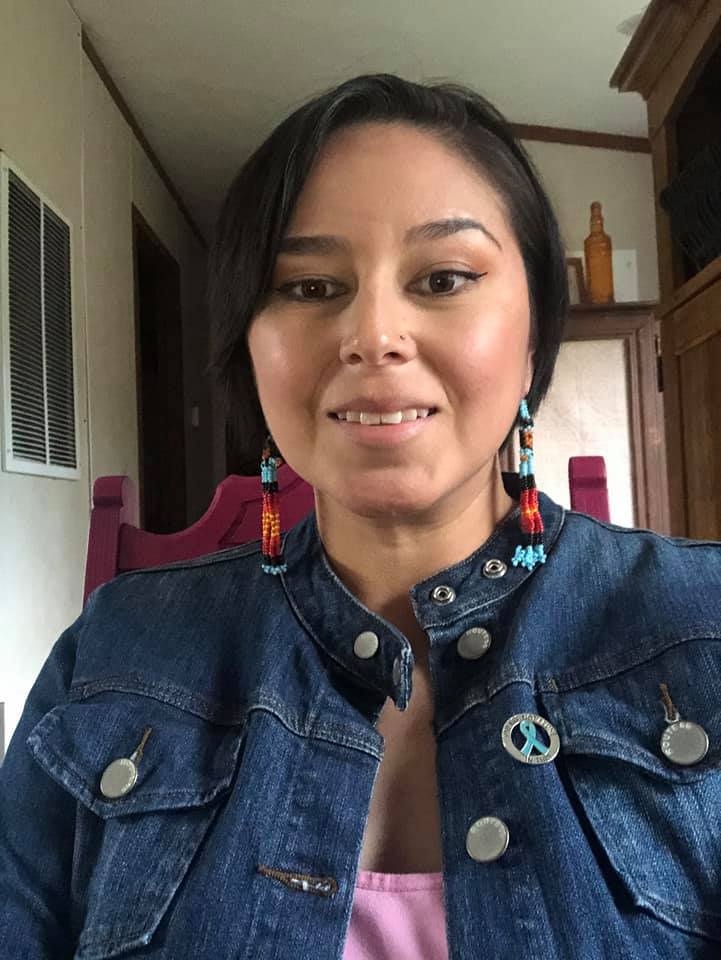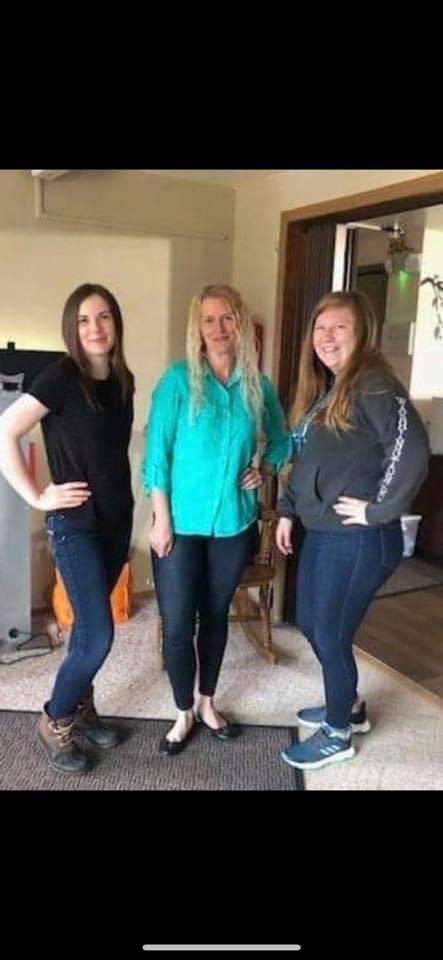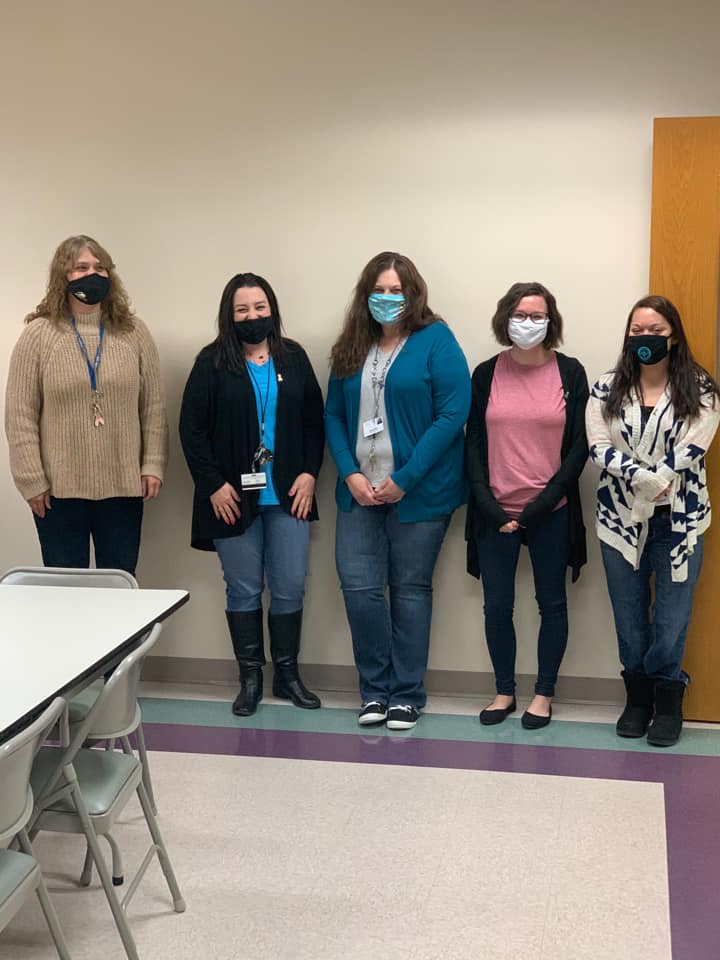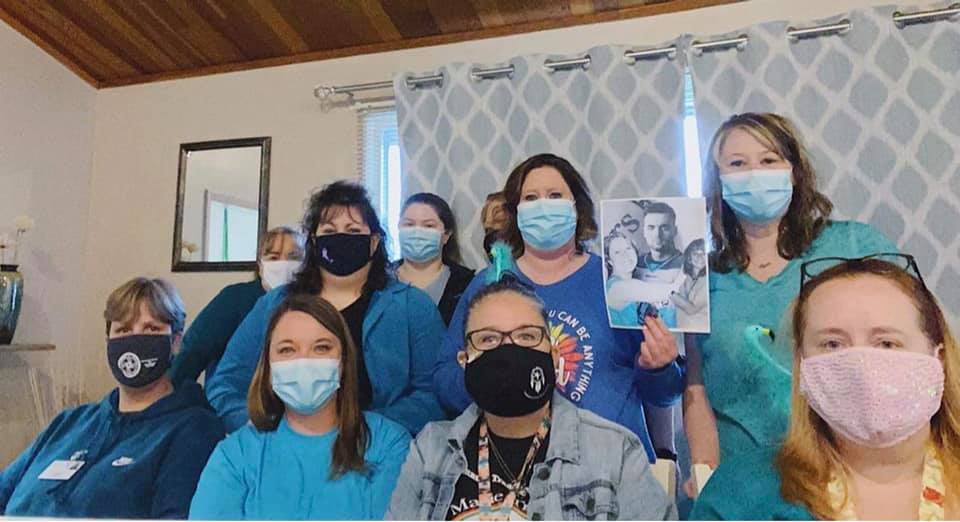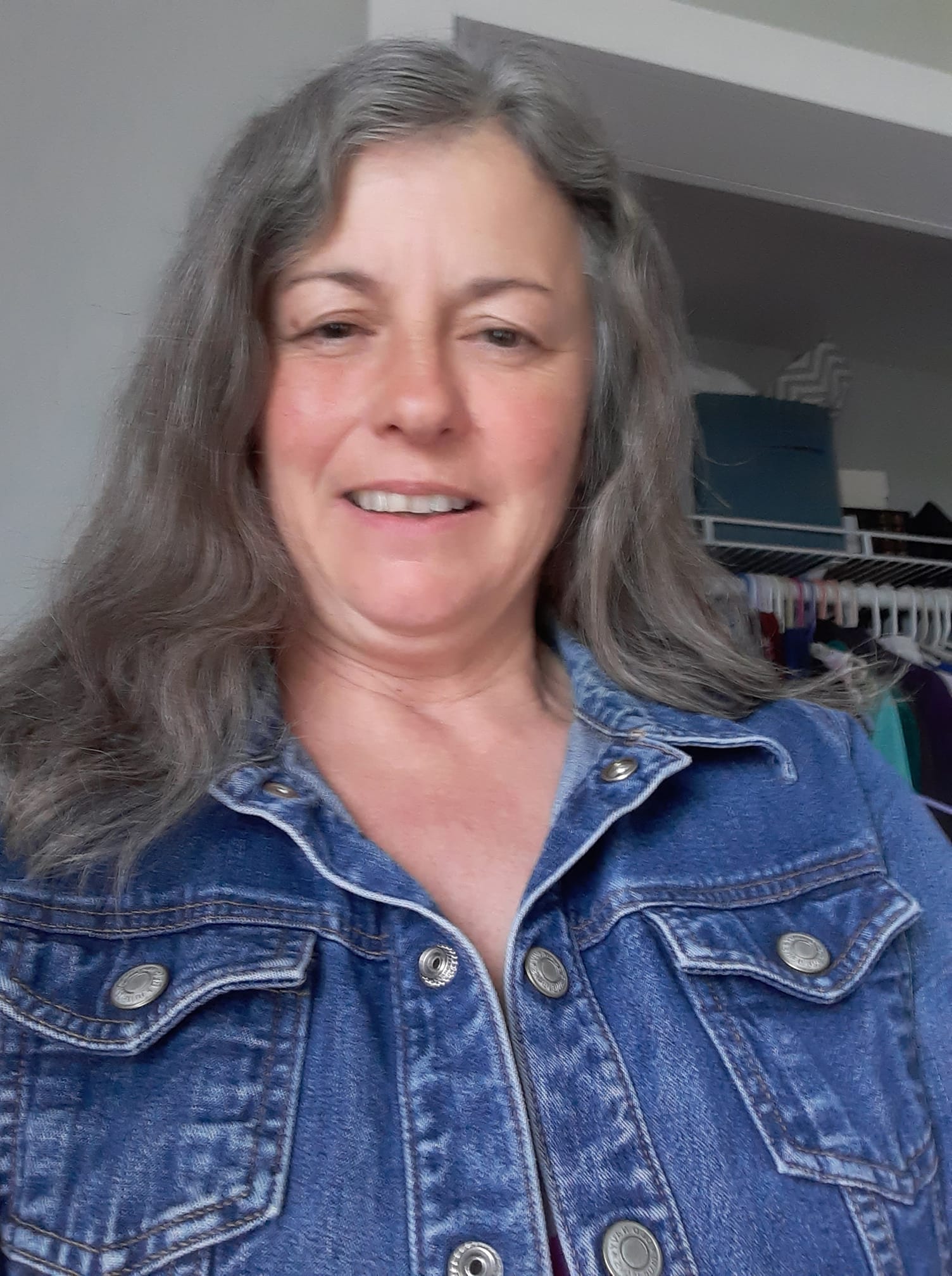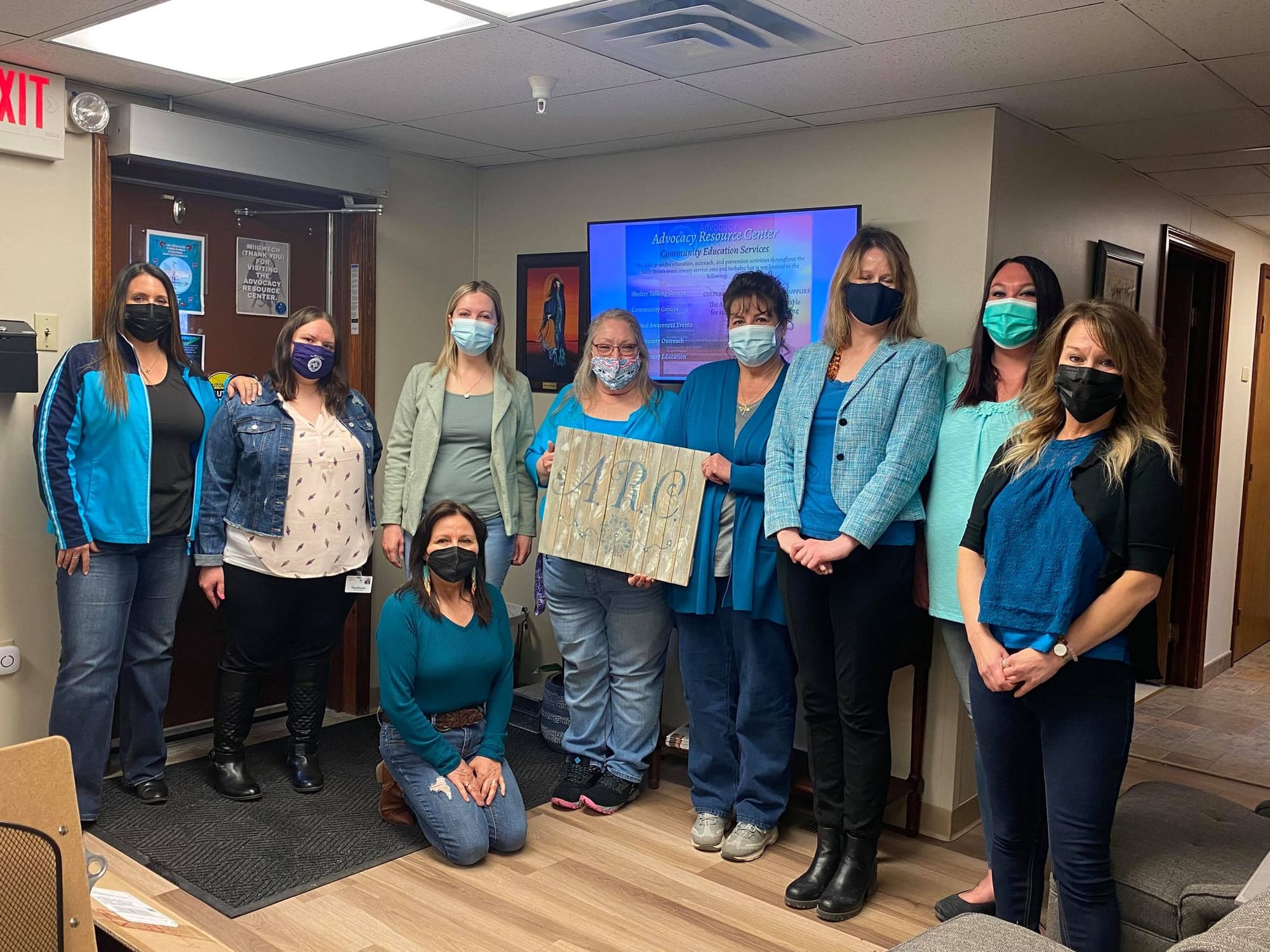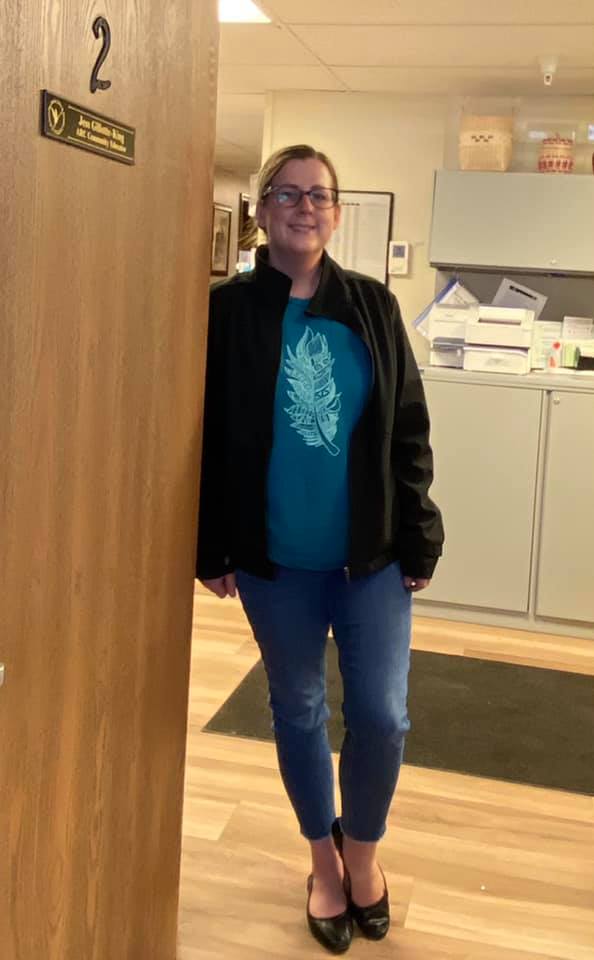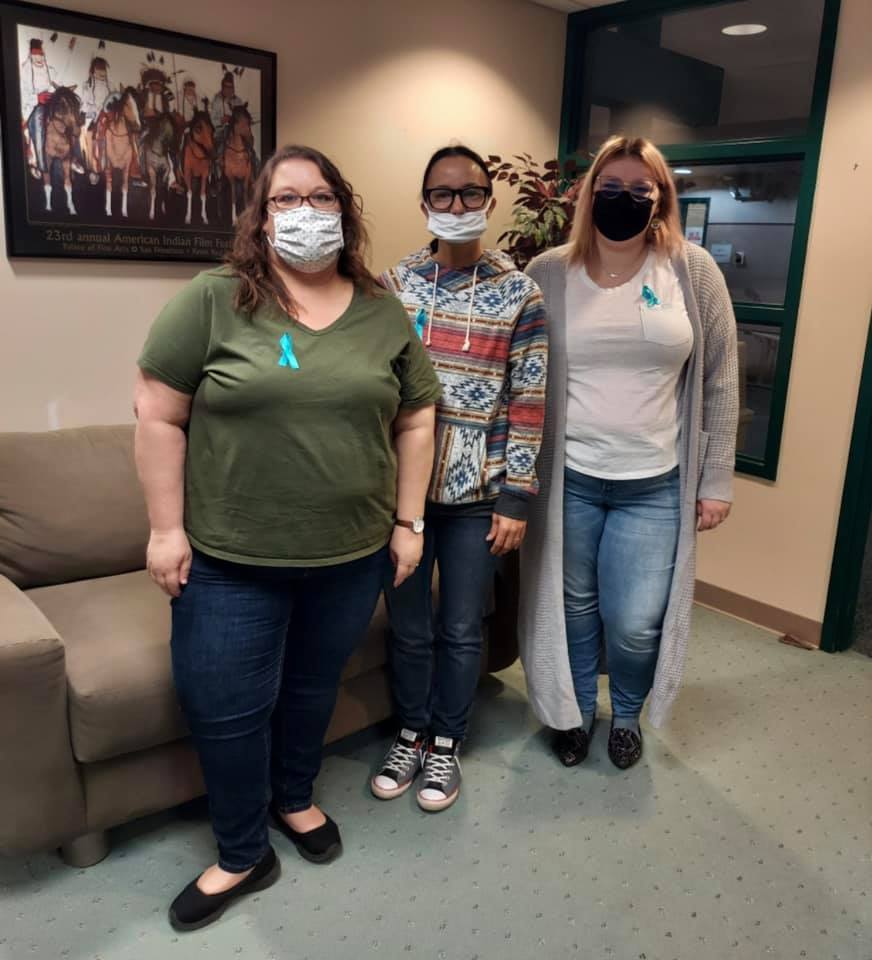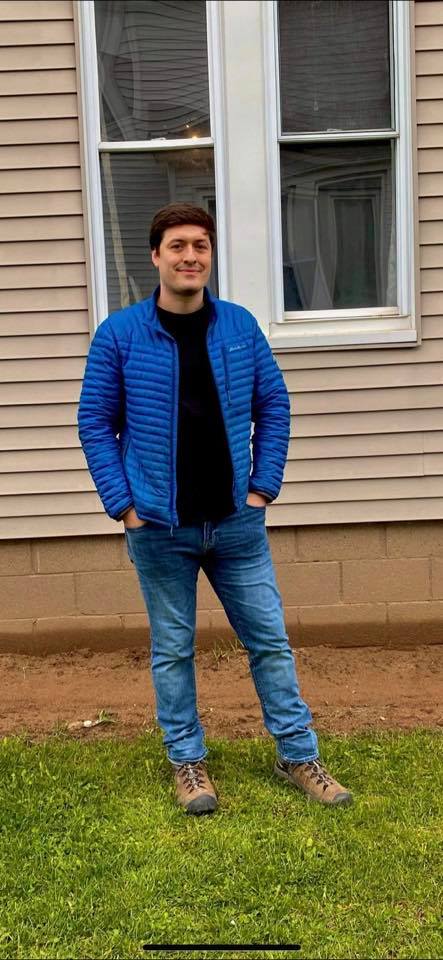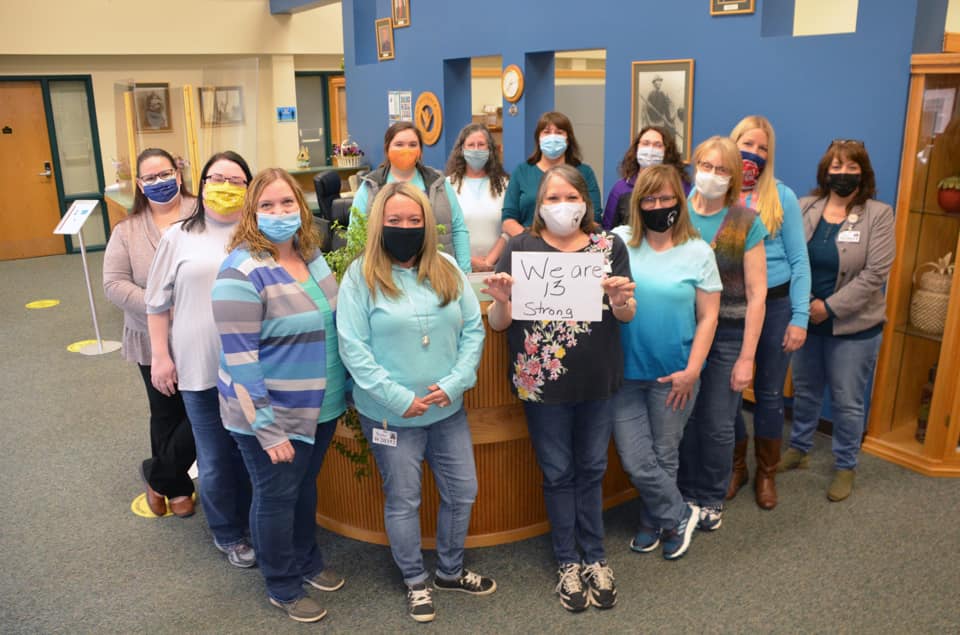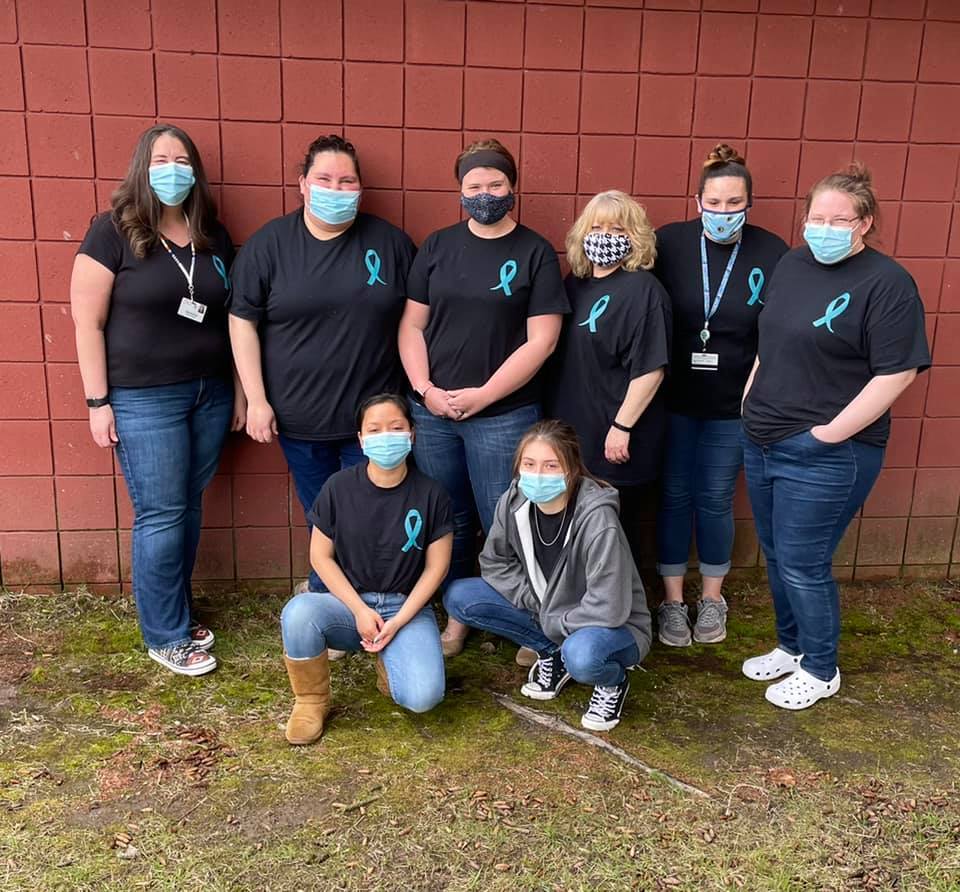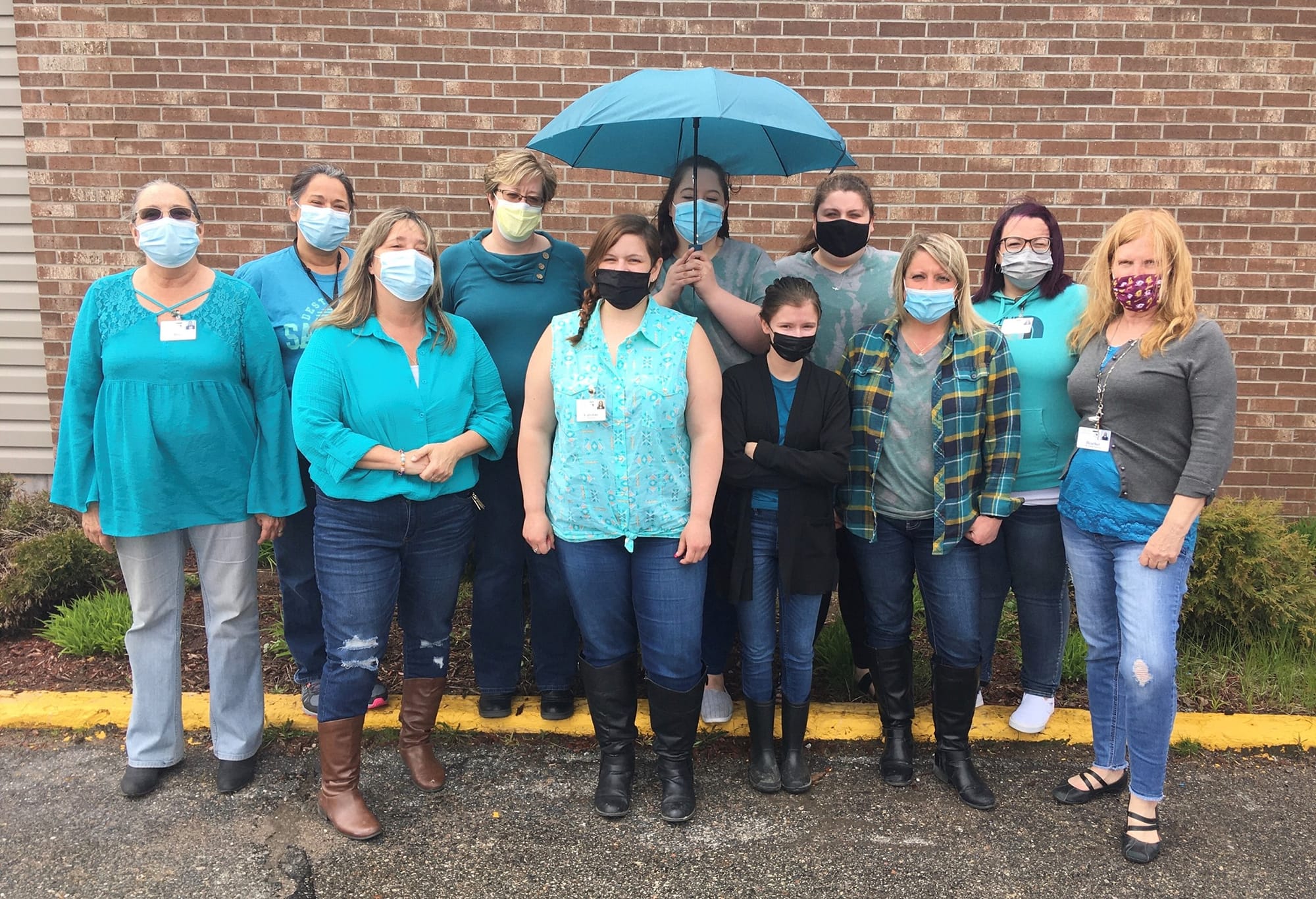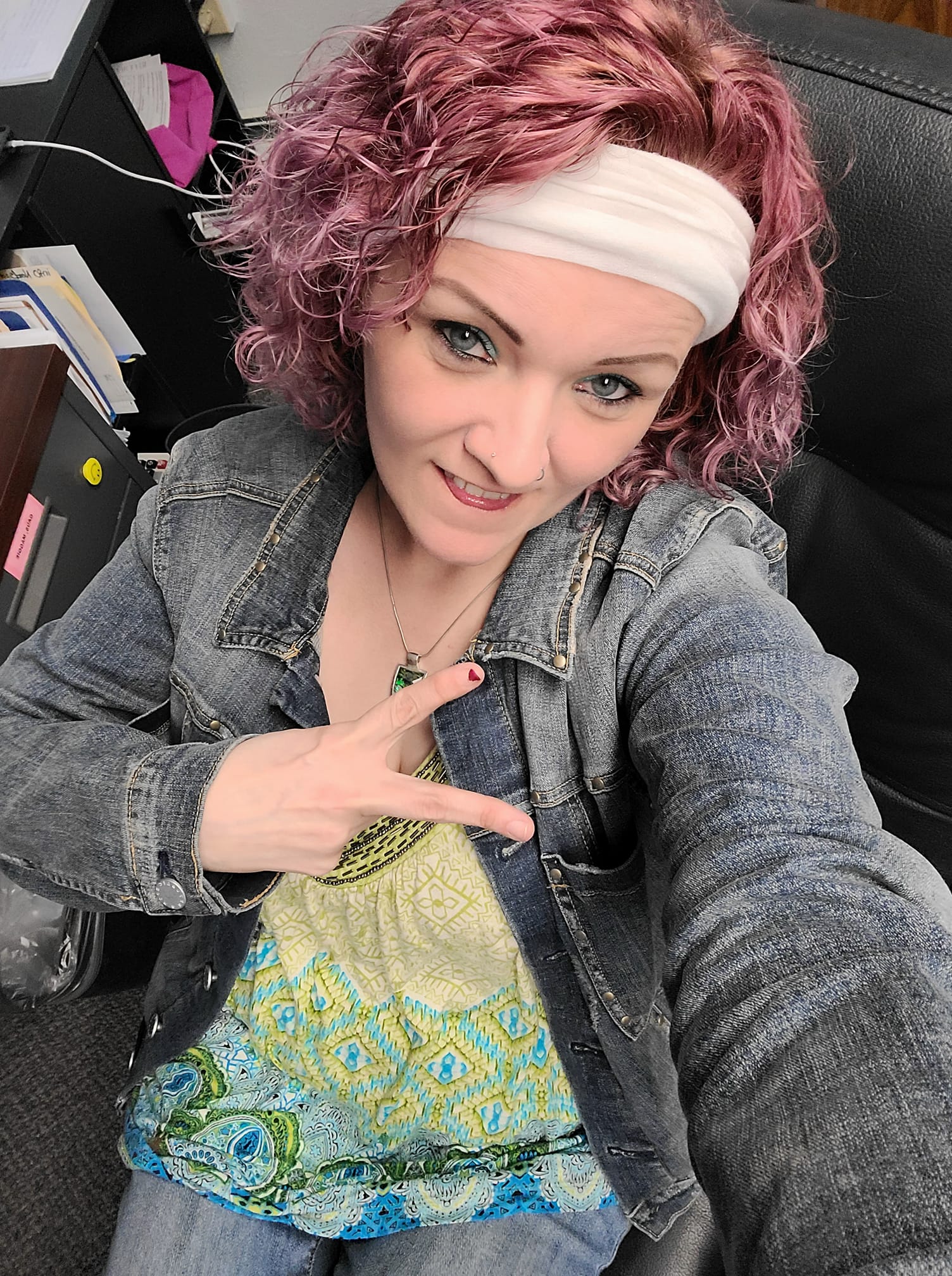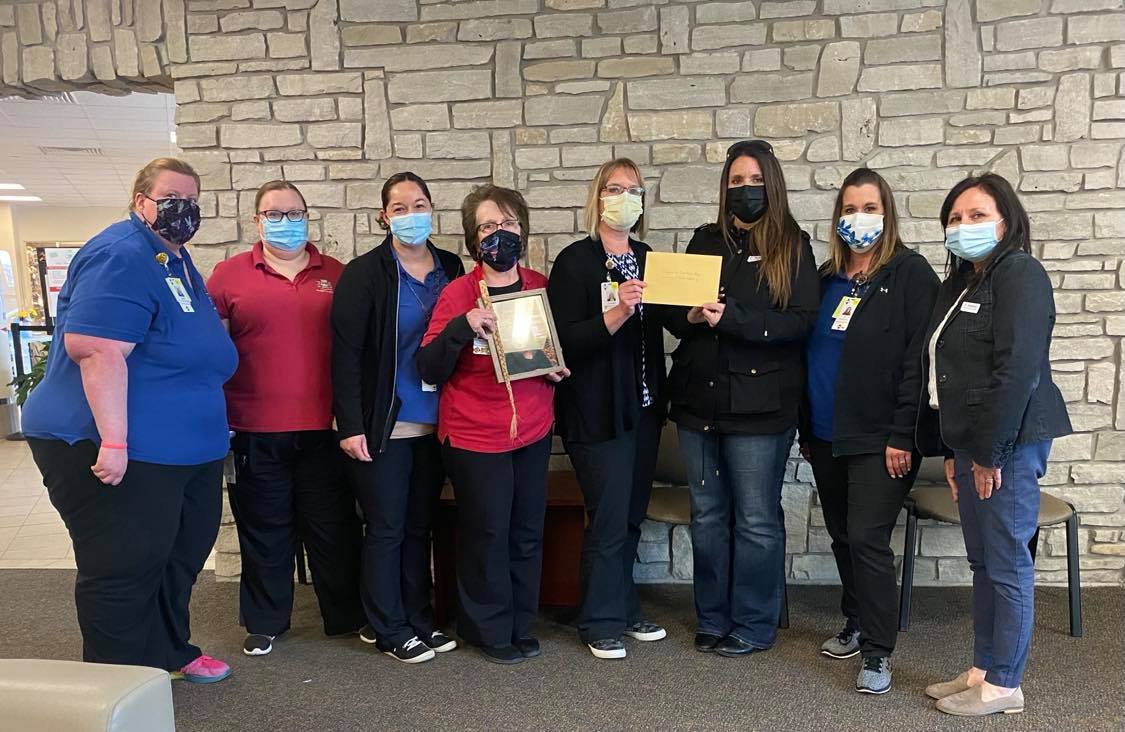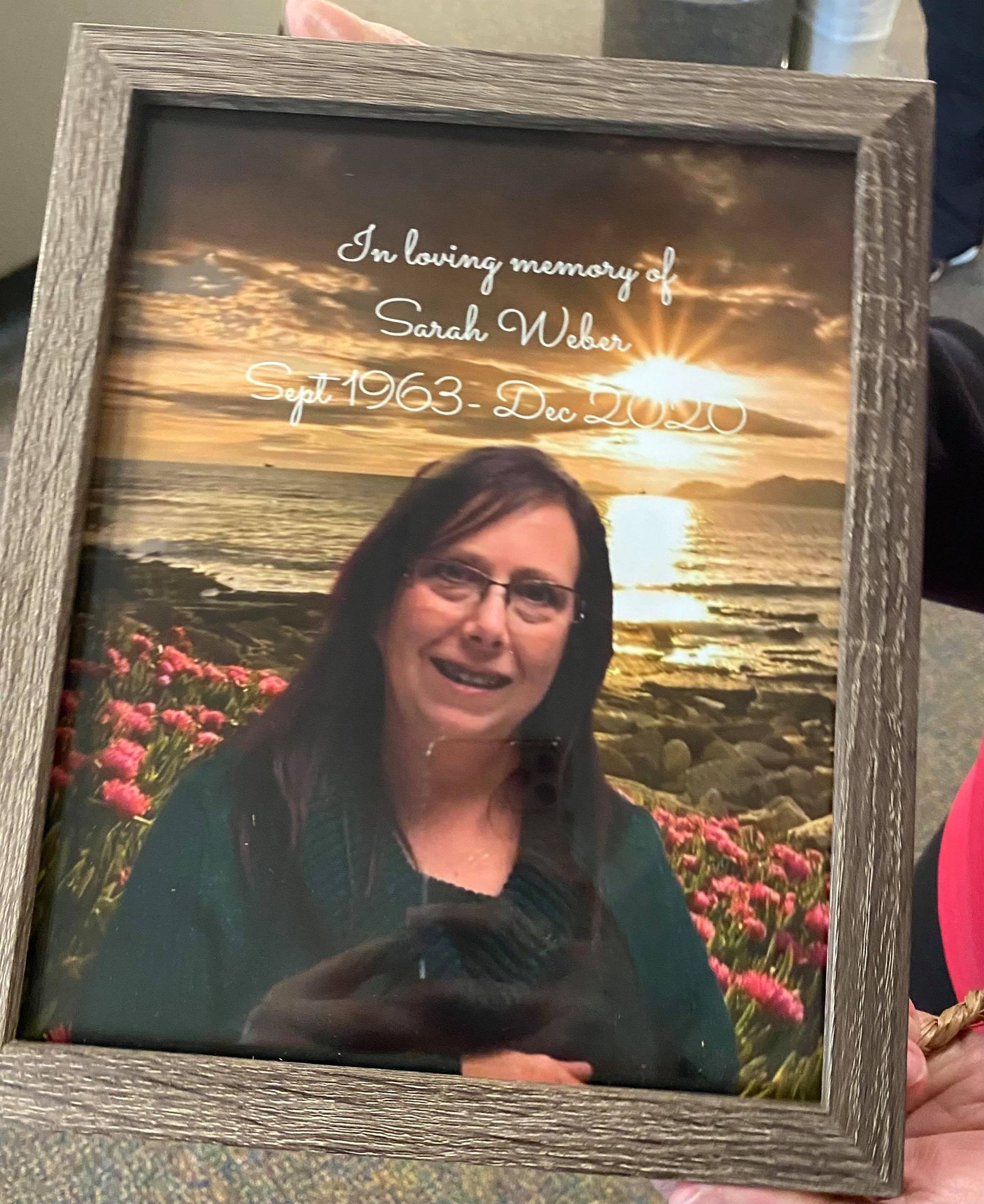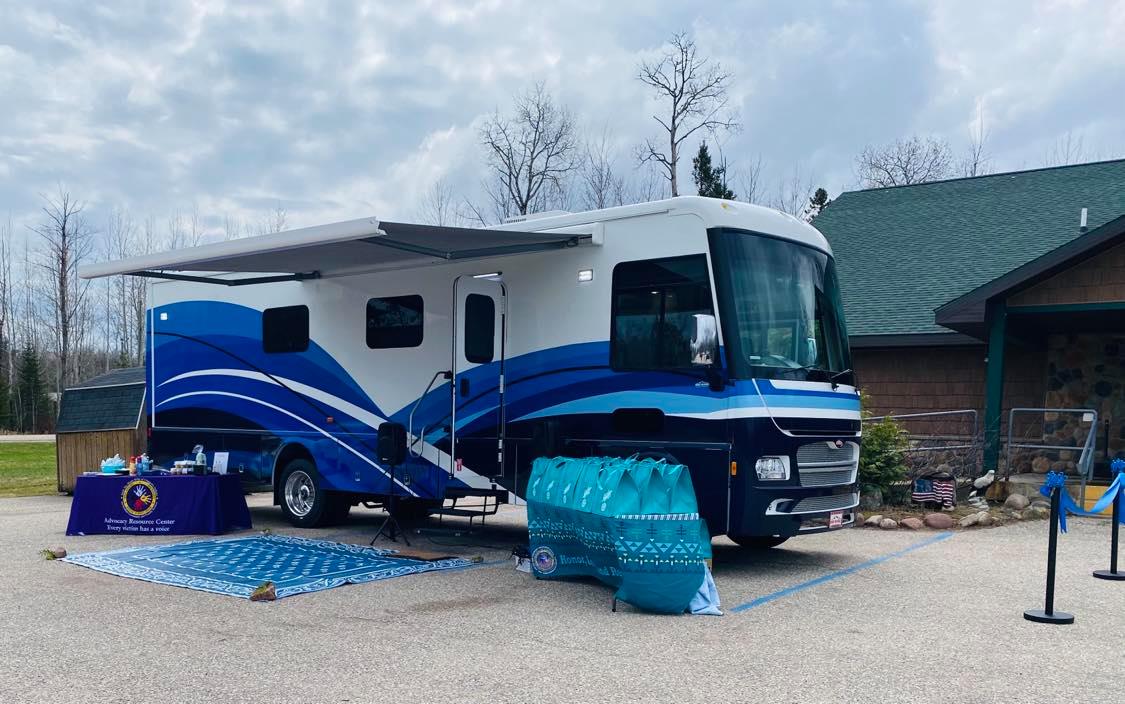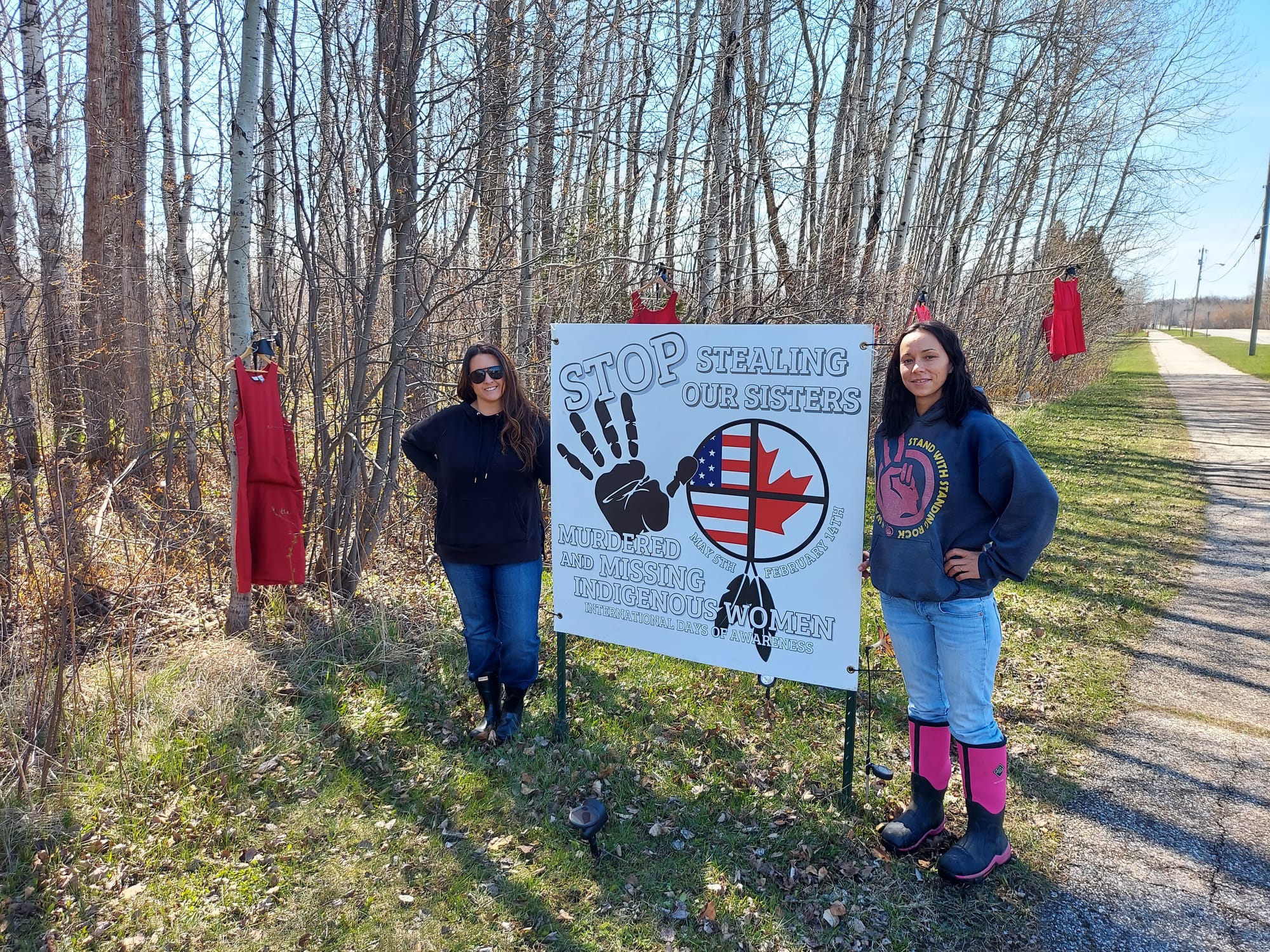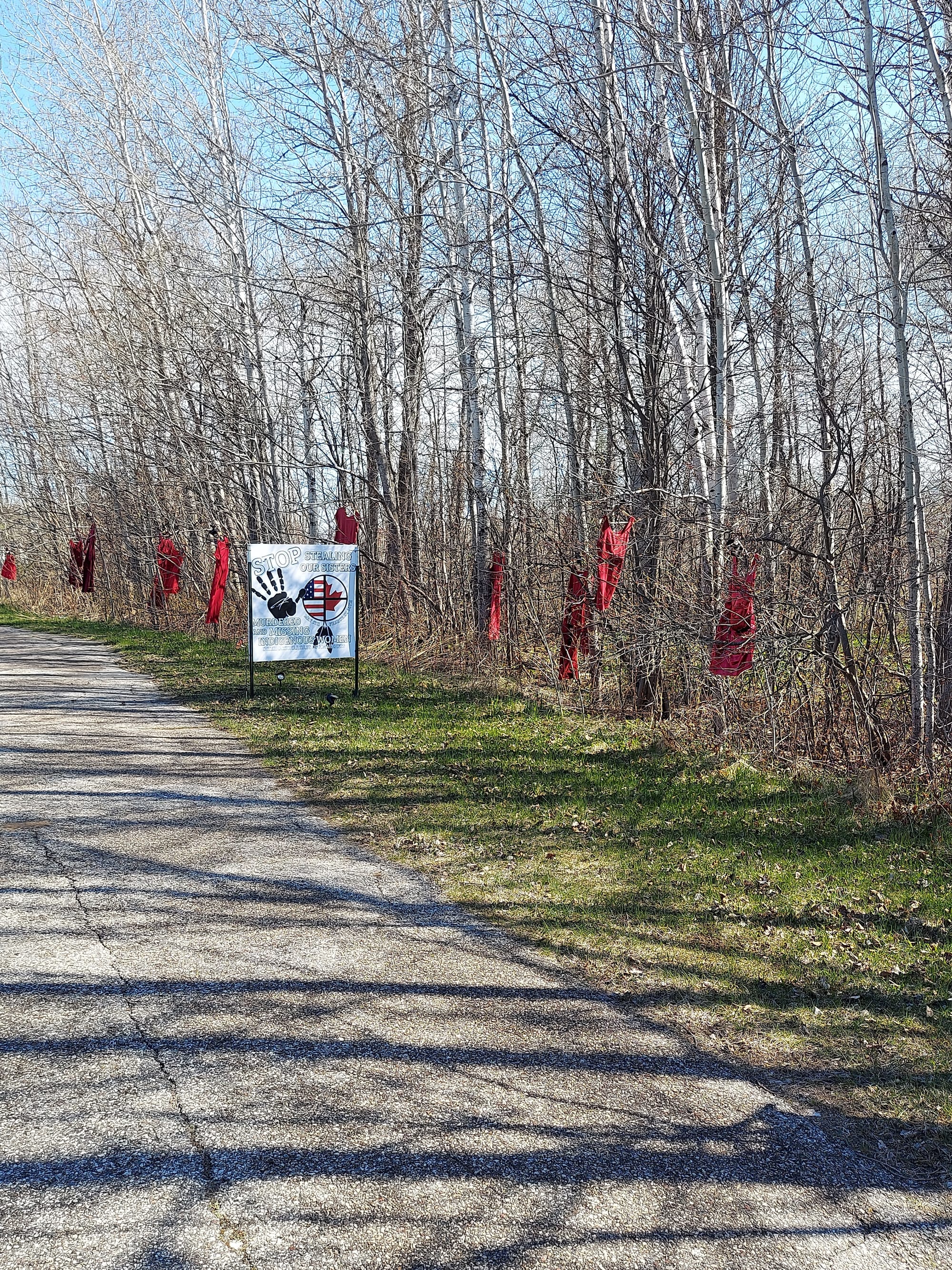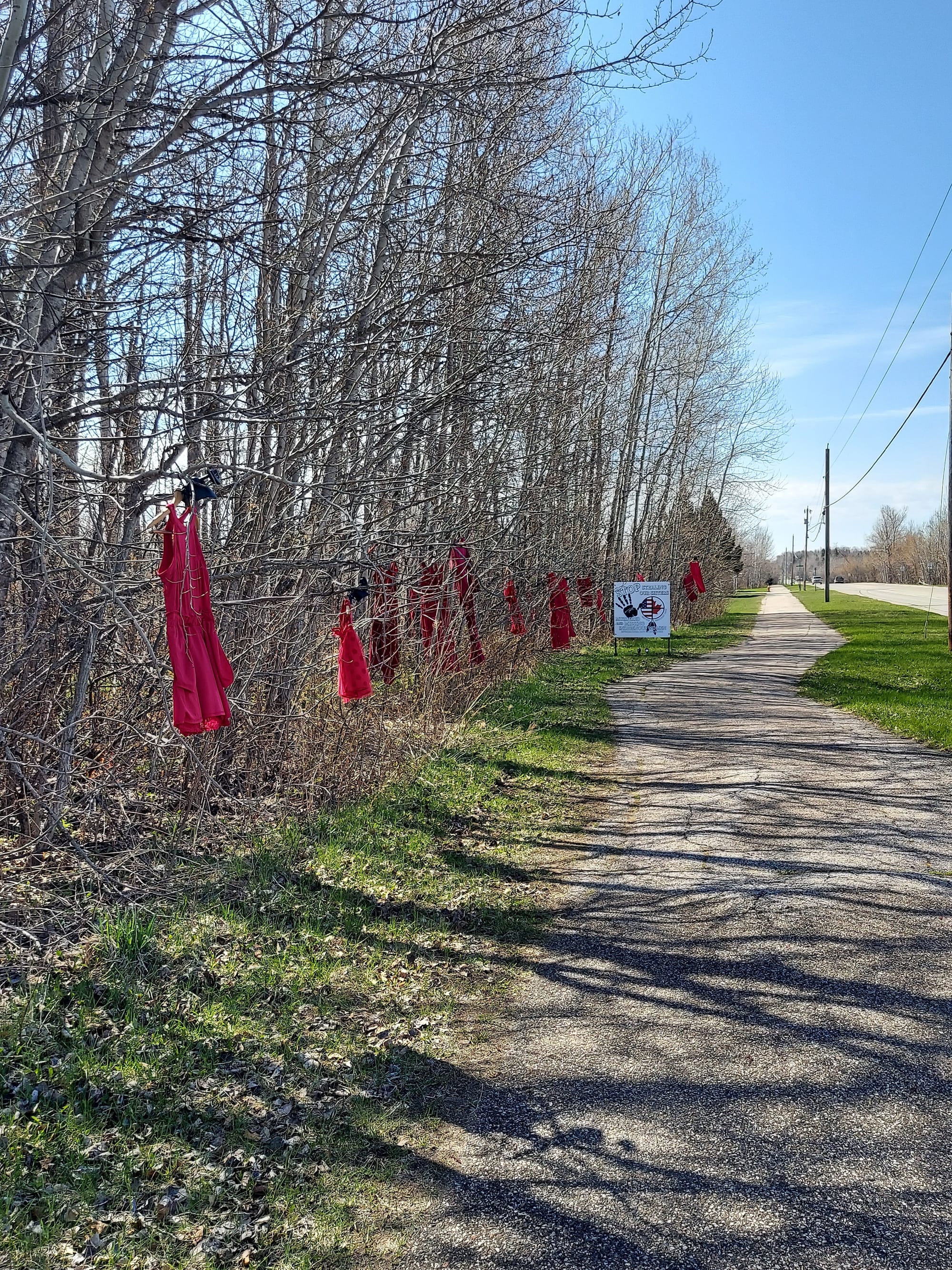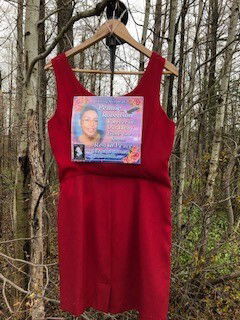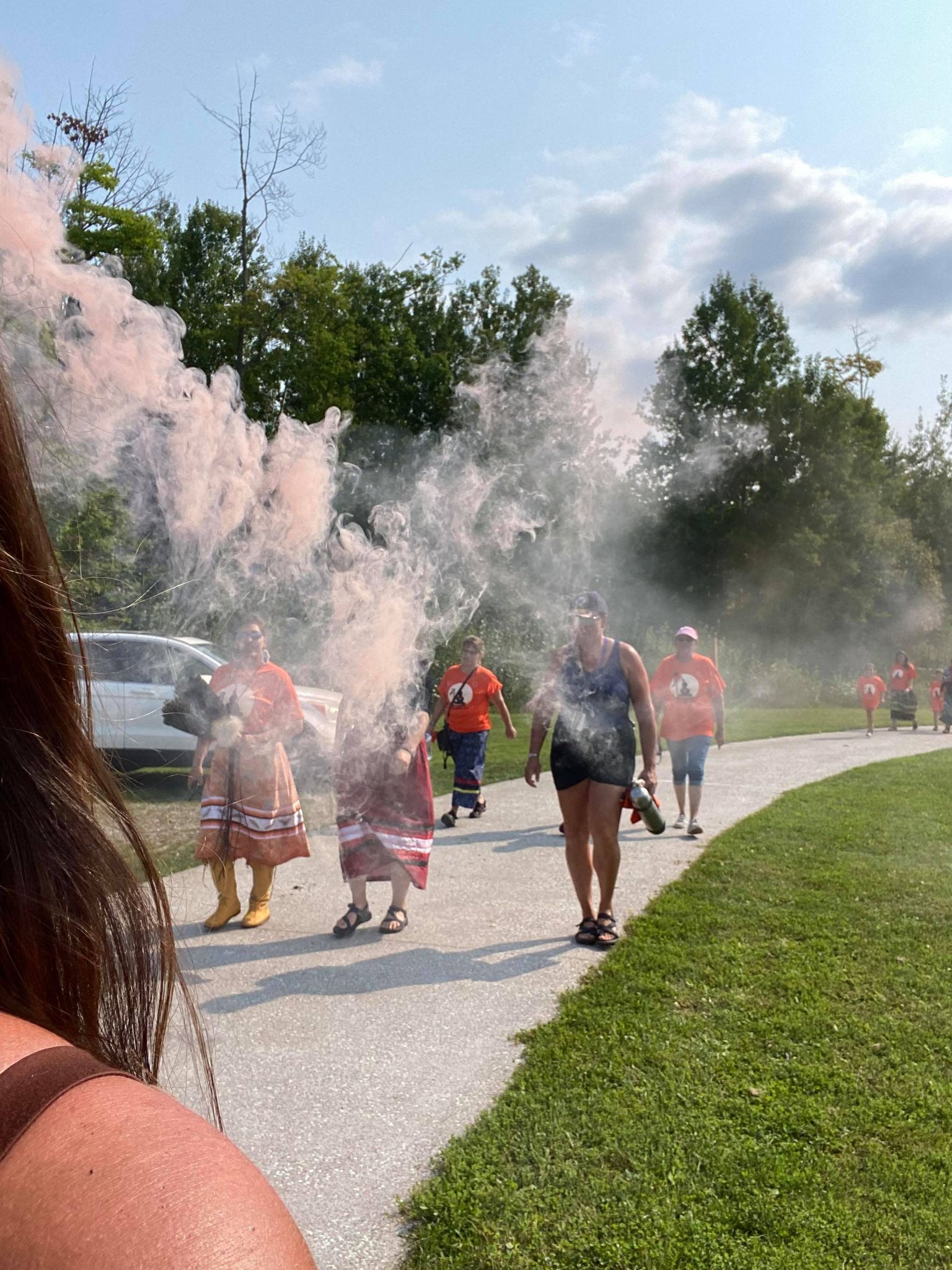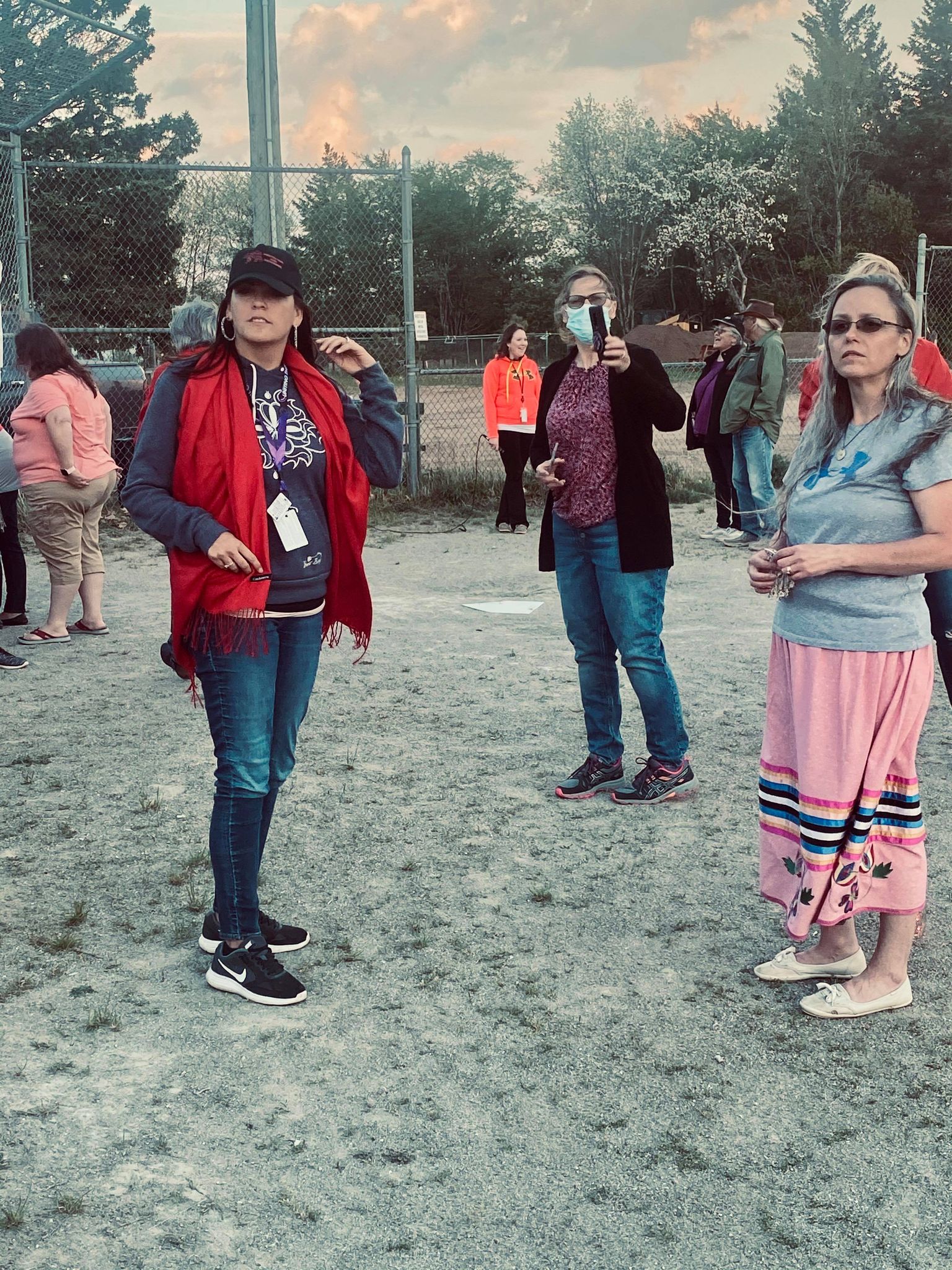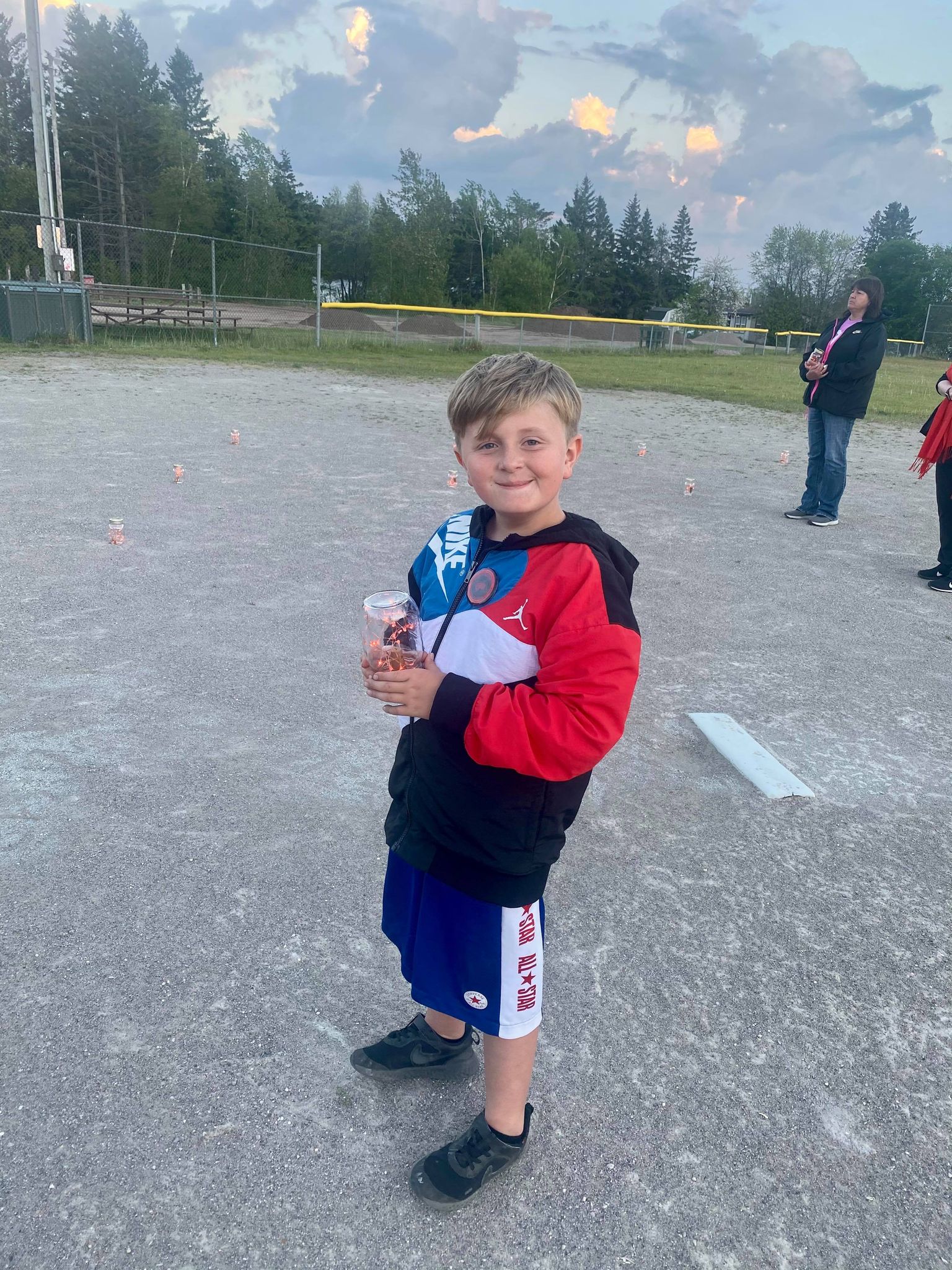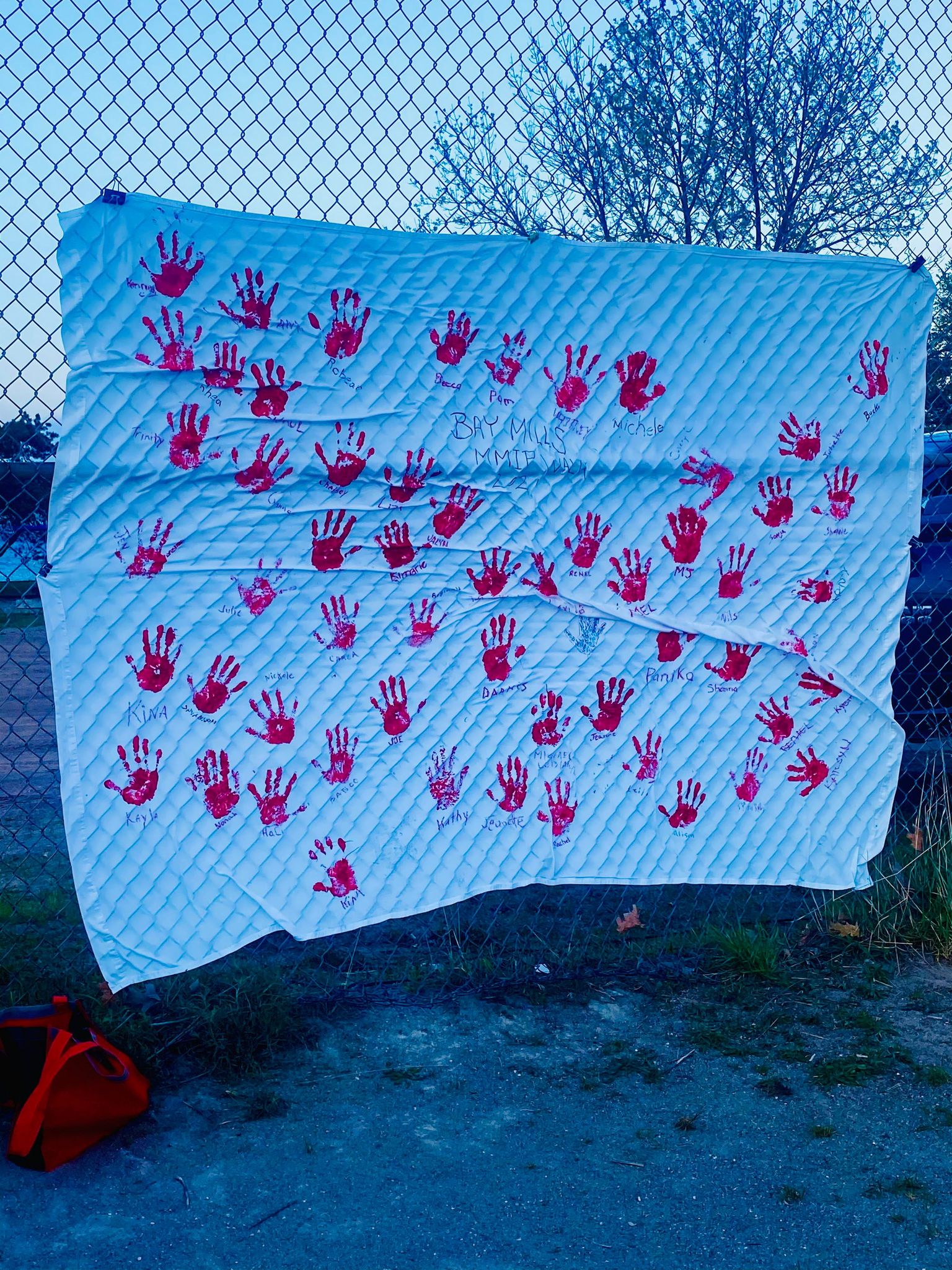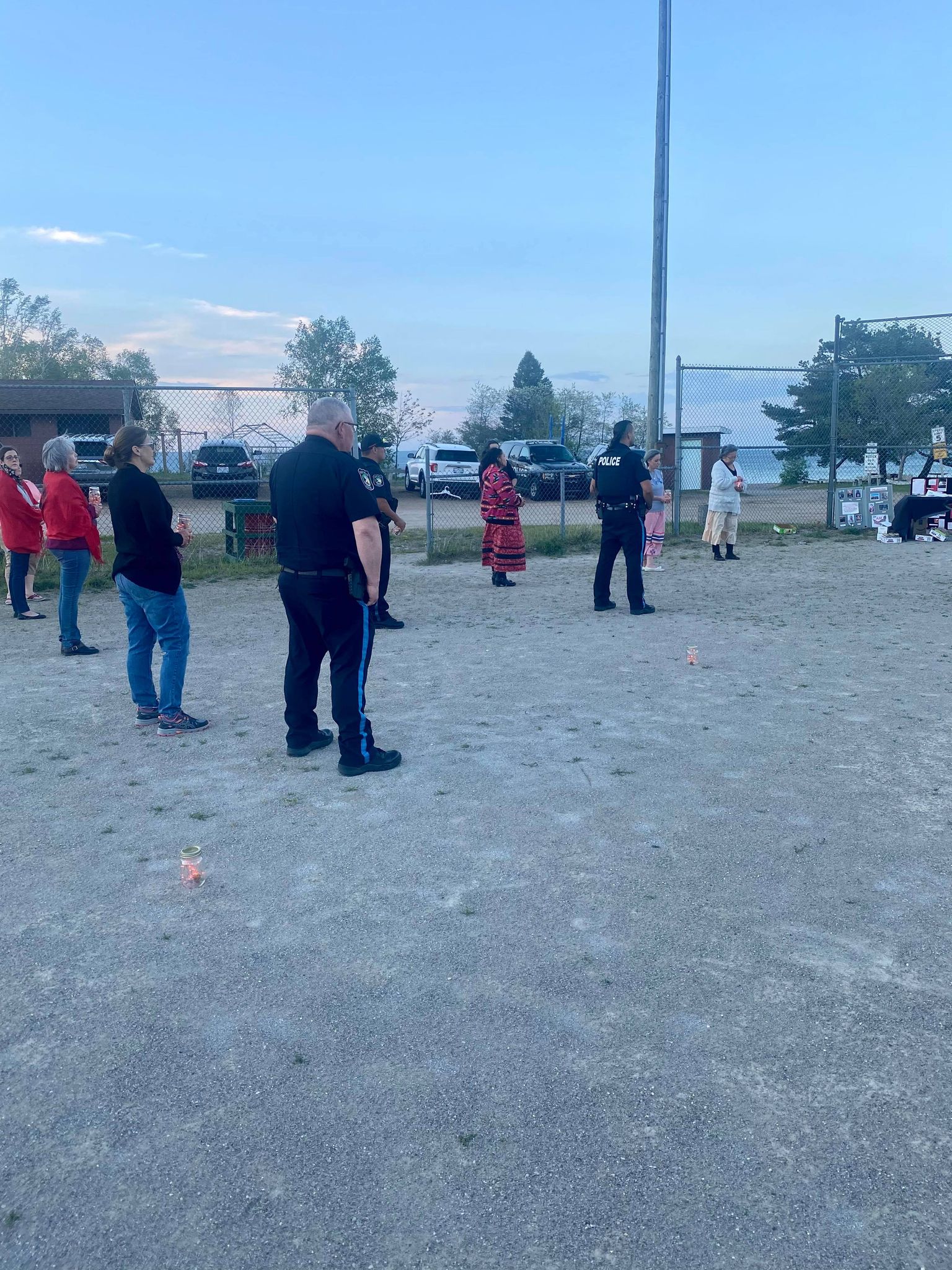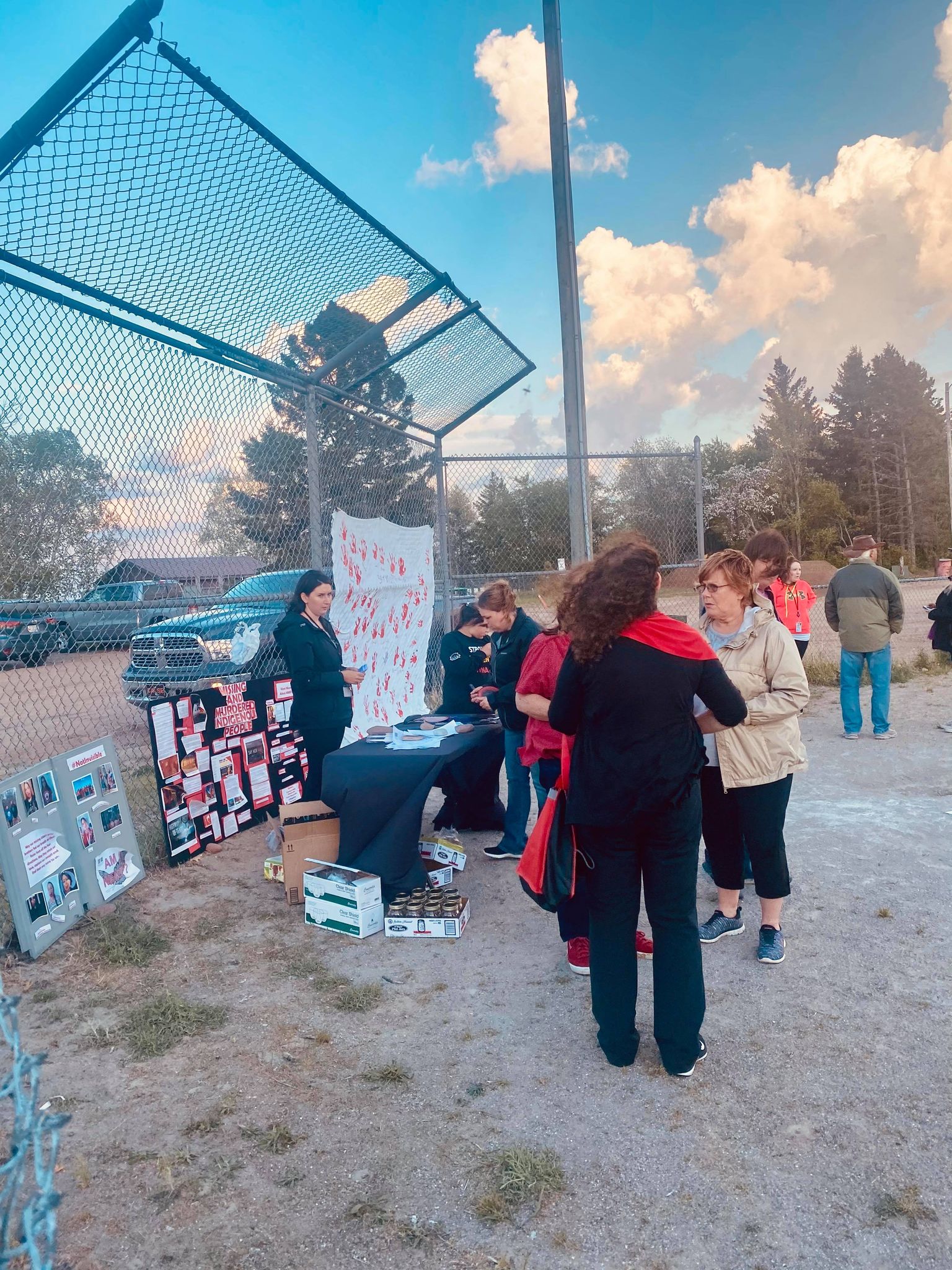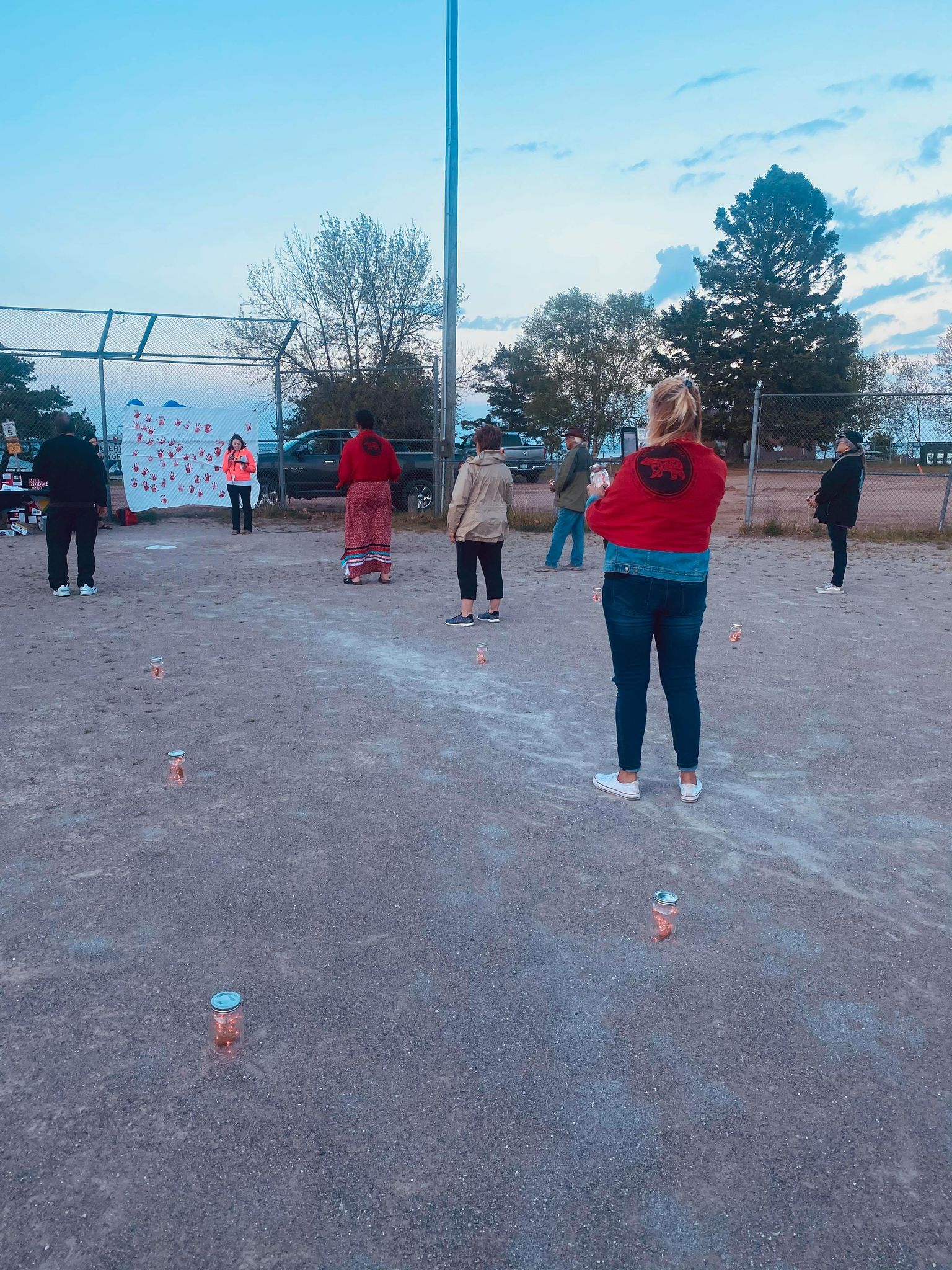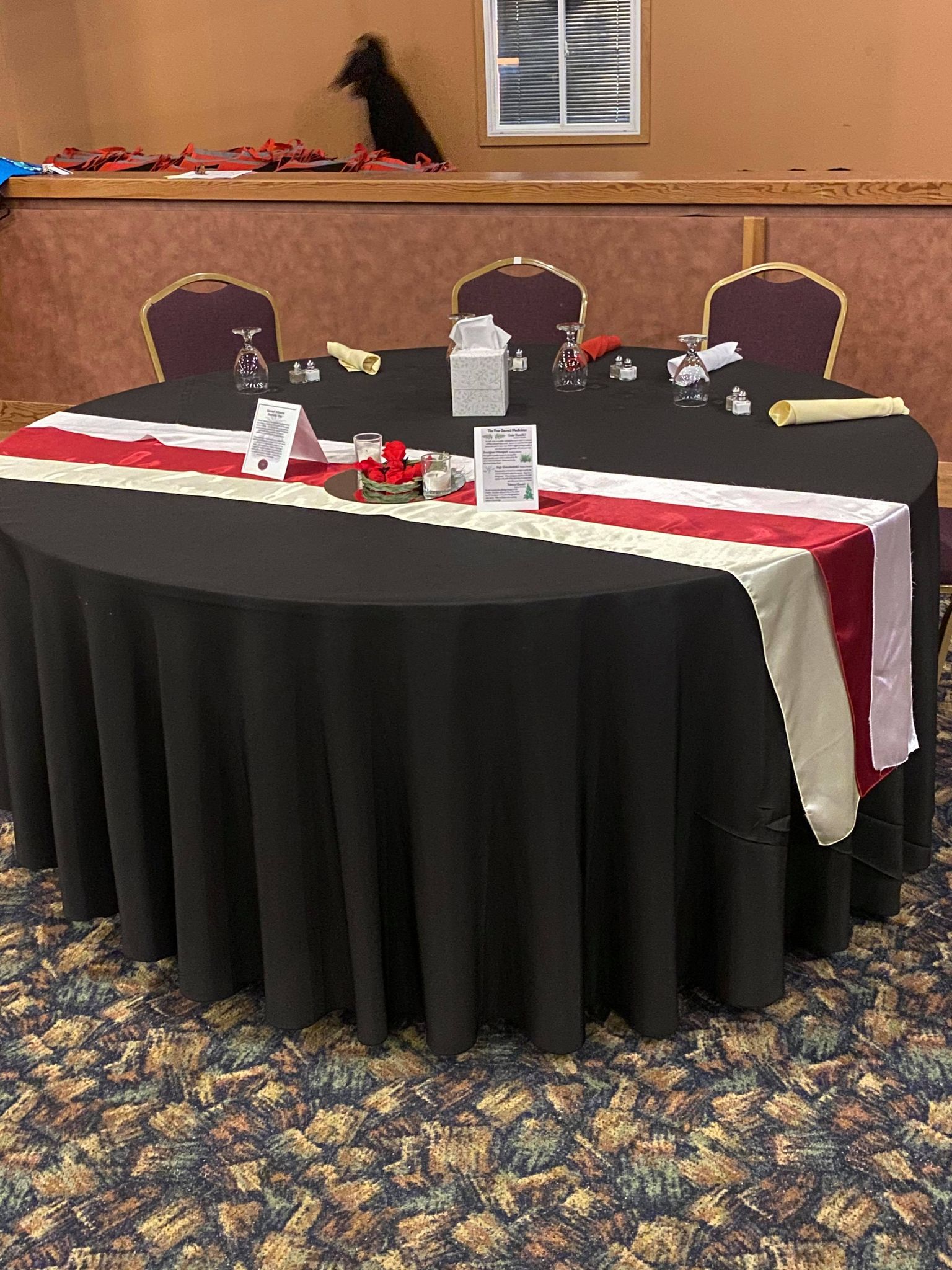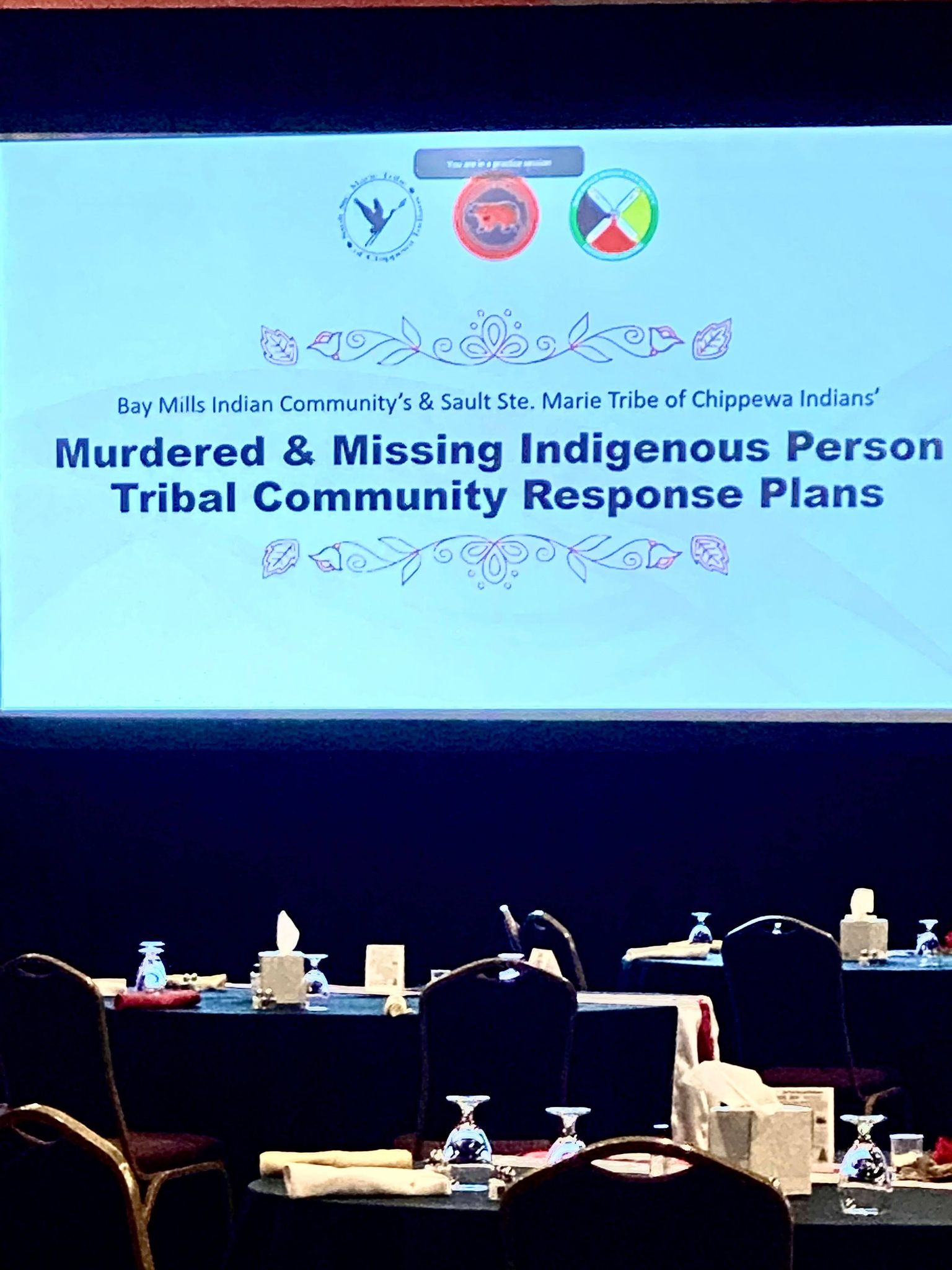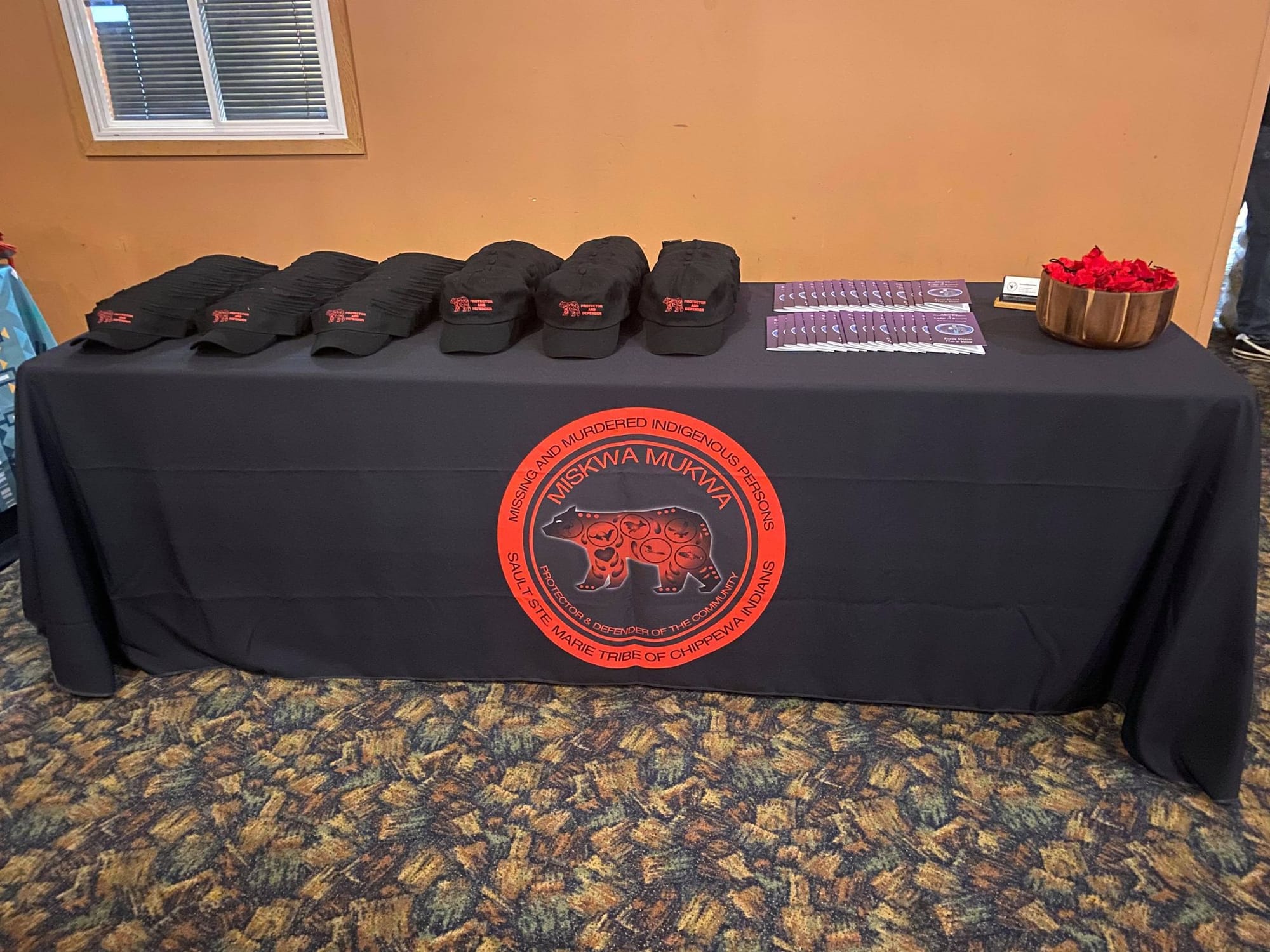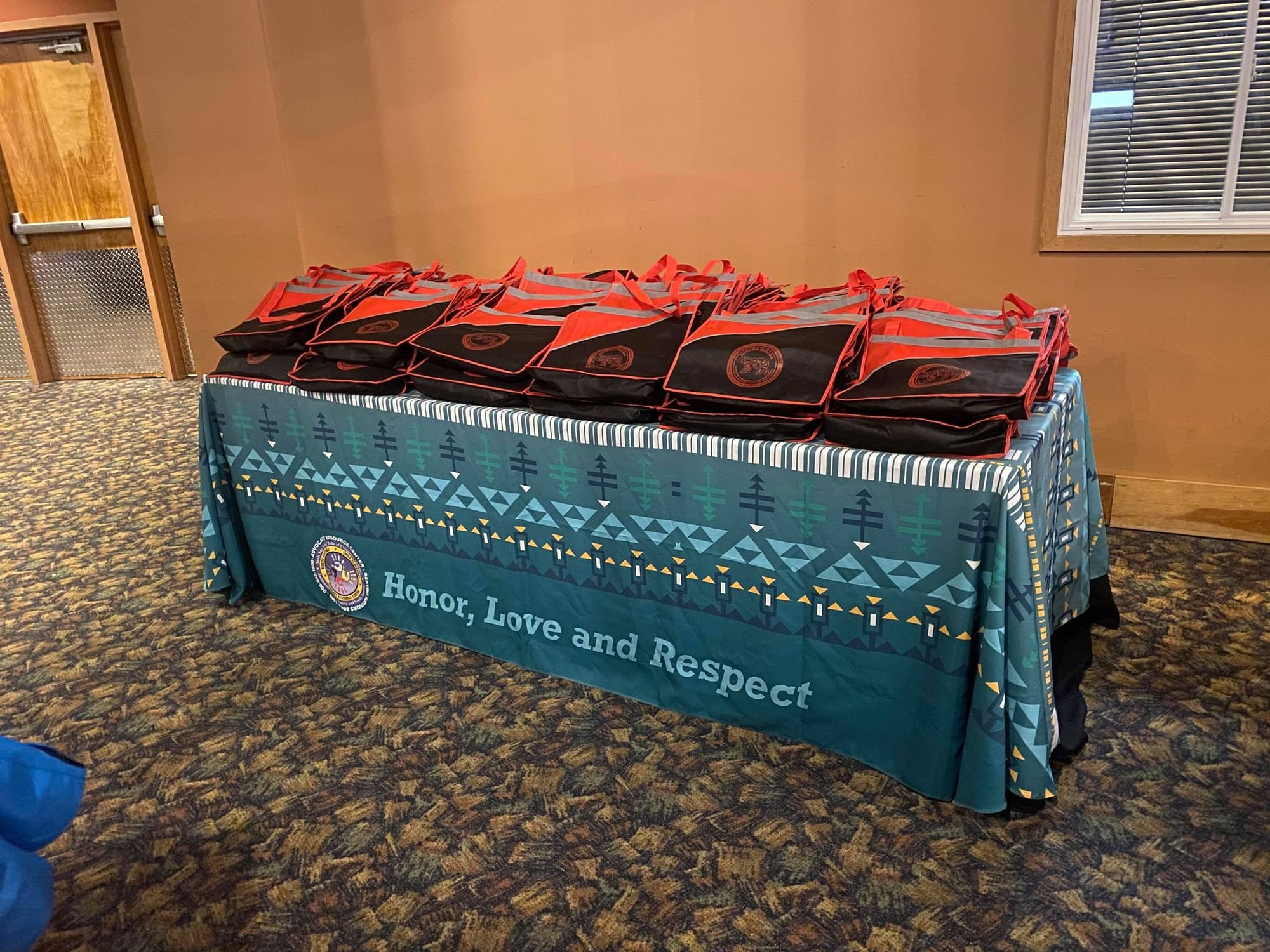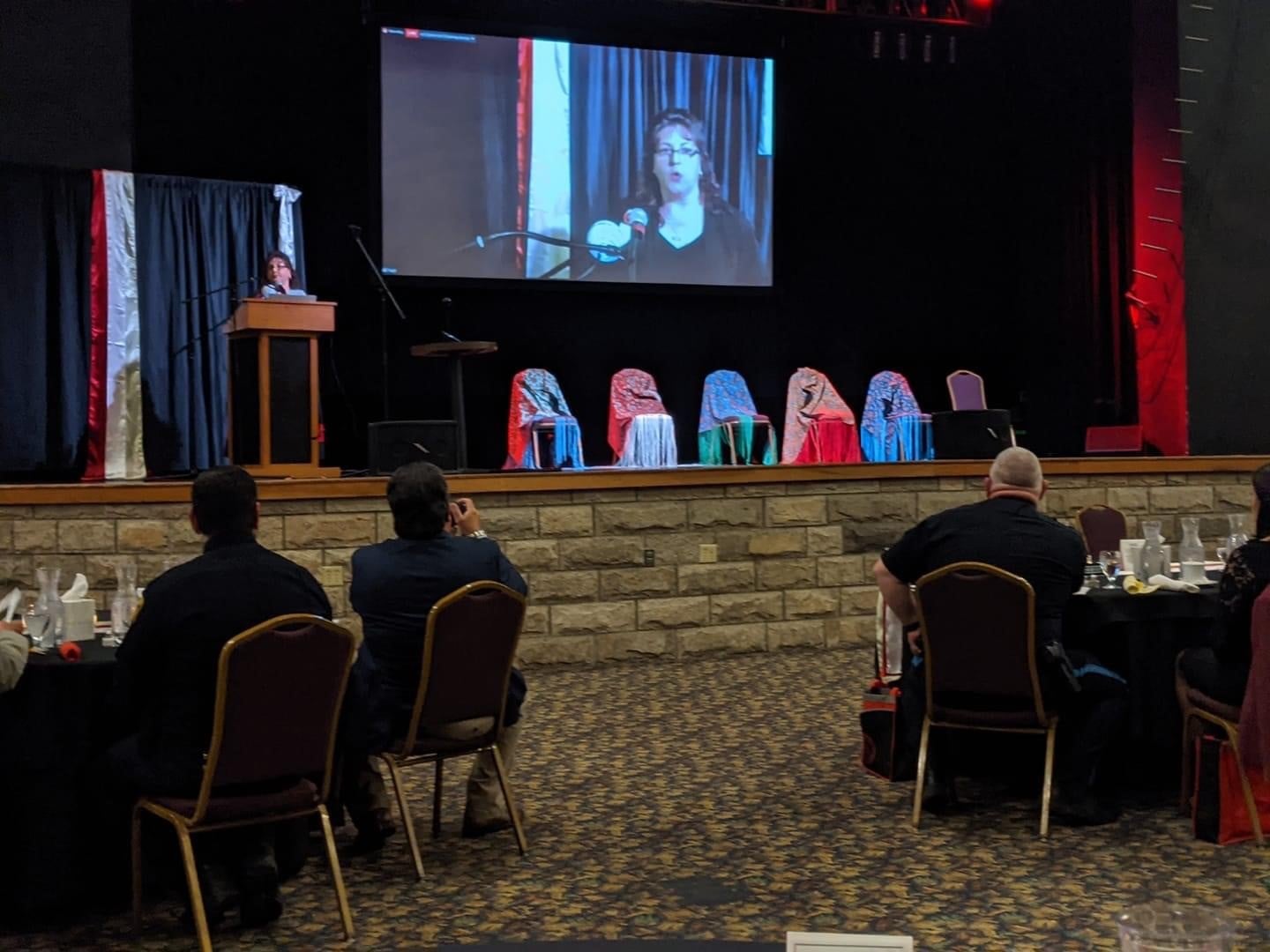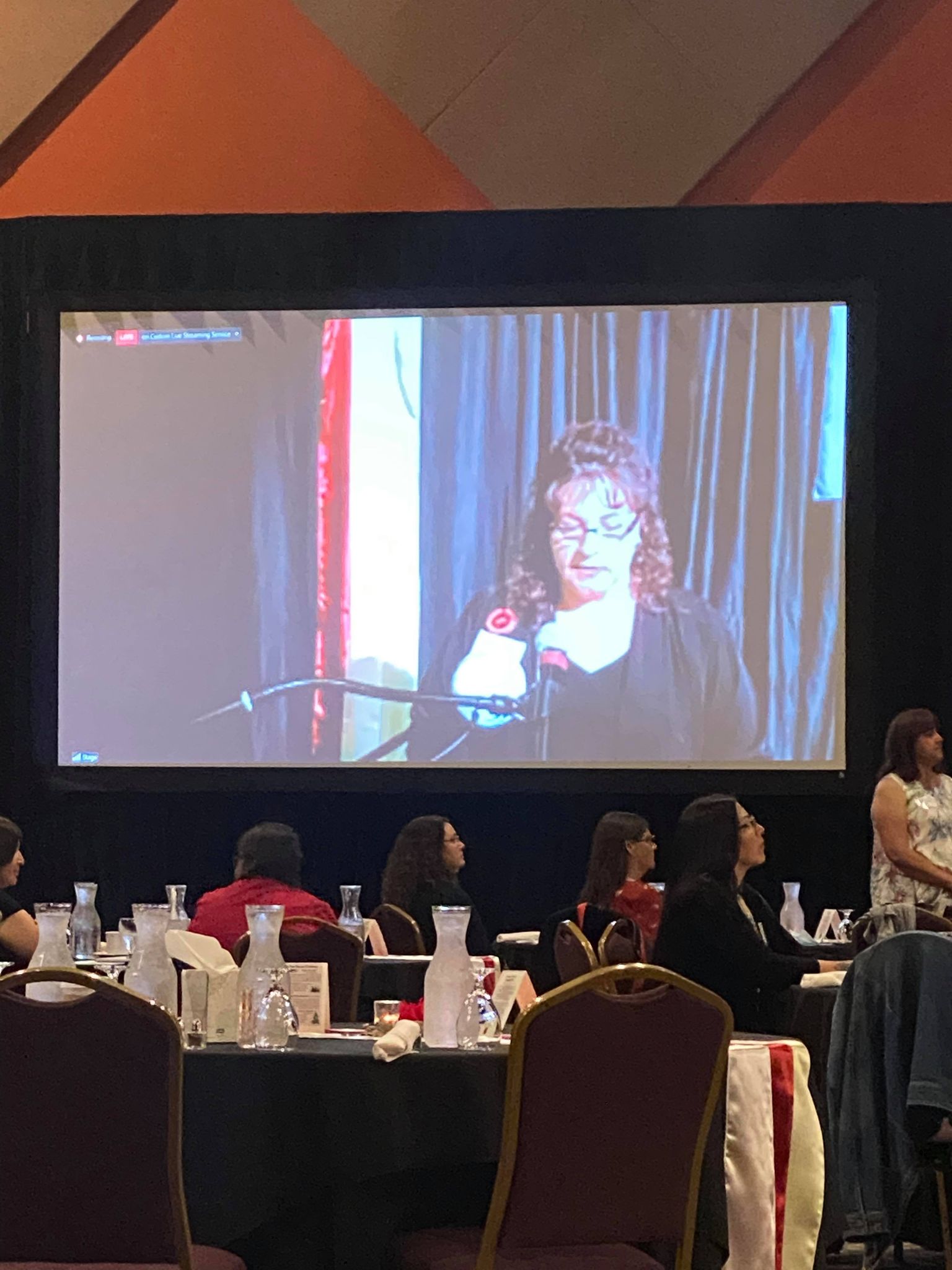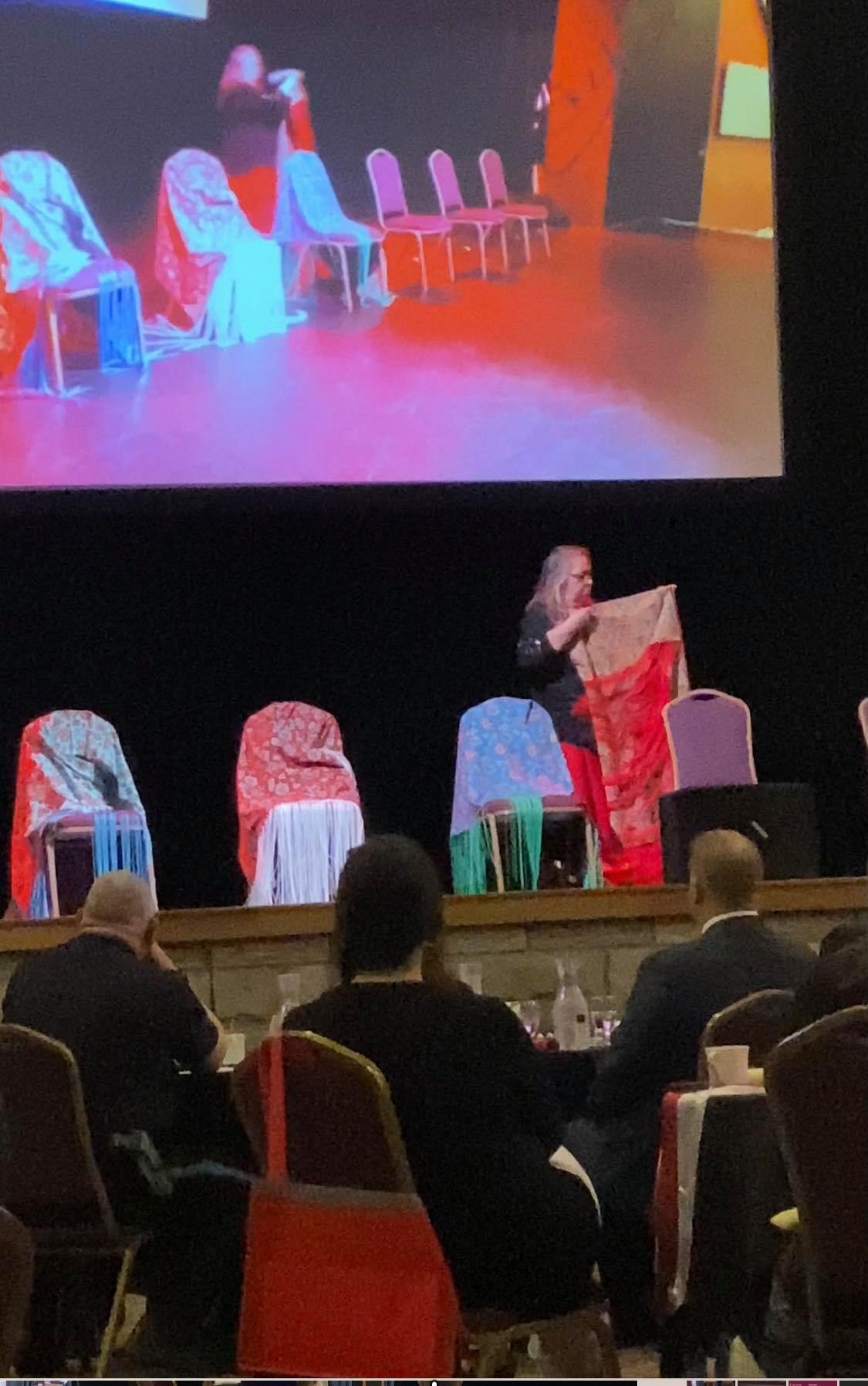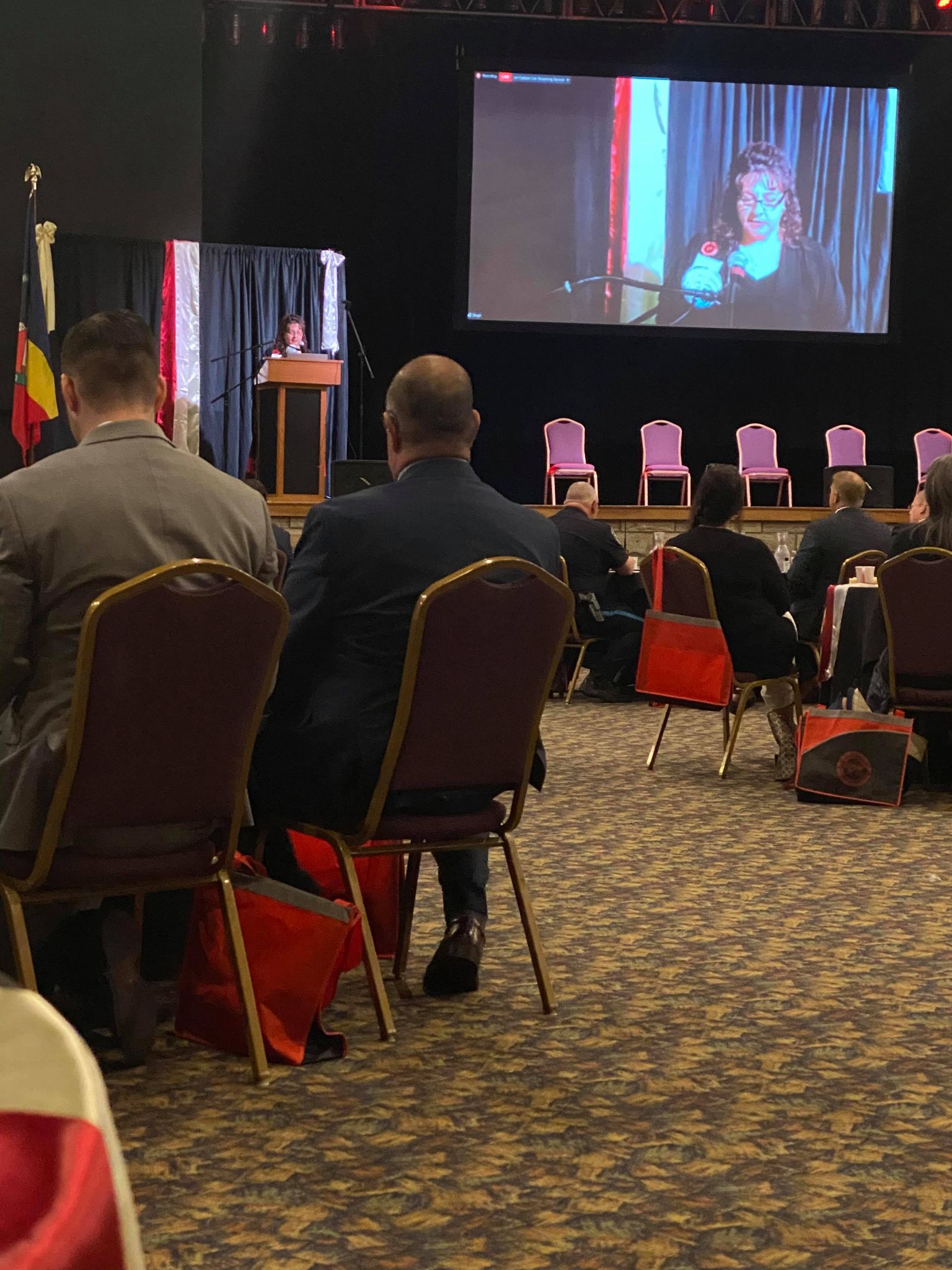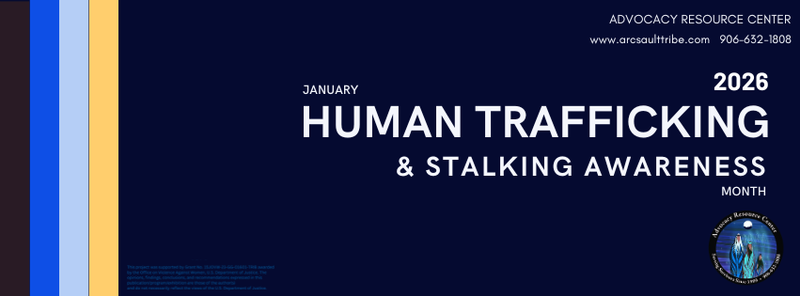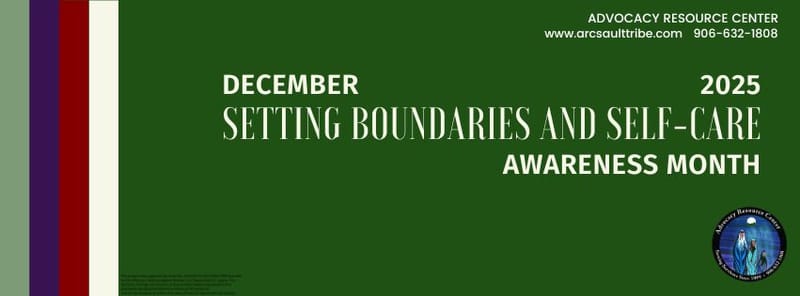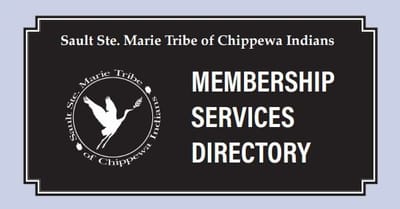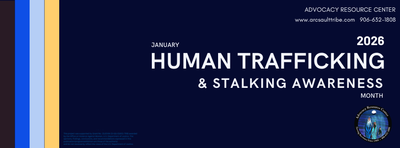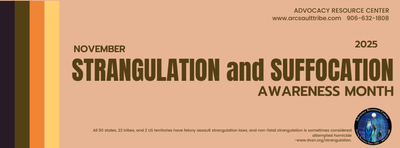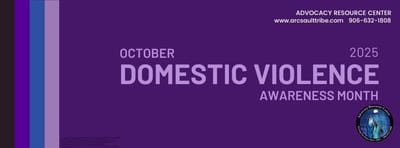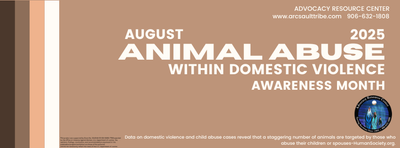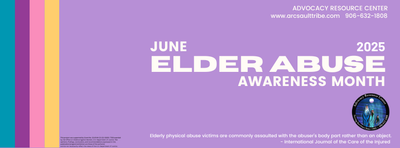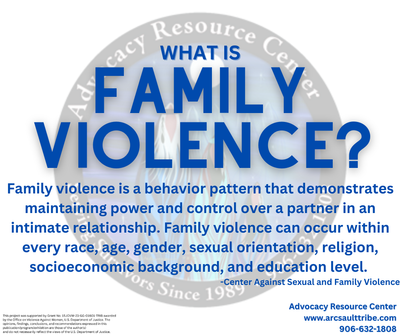Advocacy Resource Center
Sault Ste. Marie Tribe of Chippewa Indians
Please contact 911 if you feel like you are in immediate danger or a life-threatening situation.
**Internet usage can be monitored and is impossible to erase completely. If you’re concerned your internet usage might be monitored, call us at 906-632-1808. Learn more about digital security and remember to clear your browser history after visiting this website.
About ARC

The mission of the Advocacy Resource Center is to provide comprehensive, culturally honoring and trauma informed responses to those impacted by the abuse of power and control.
VISION STATEMENT
The vision of the Advocacy Resource Center is to empower survivors through the elimination of barriers to break the cycle of power and control for today and the next Seven Generations.
ADVOCACY VALUES
The Advocacy Resource Center delivers compassionate, respectful, and culturally honoring responses while maintaining the dignity and confidentiality of all those seeking support.
Service Eligibility

The Advocacy Resource Center (ARC) provides services to victims/survivors or family members/friends of victims/survivors and does not discriminate. Our services are available free of cost to anyone impacted by the dynamics of power and control.
Service Area
The Advocacy Resource Center provides services in the Sault Ste. Marie Tribe of Chippewa Indian's Seven County Service Area which includes Chippewa, Mackinac, Luce, Alger, Schoolcraft, Delta, and Marquette counties.
Service Fees
The Advocacy Resource Center does not charge for services.
Confidentiality
The Advocacy Resource Center maintains strict client confidentiality as protected under Tribal, State, and Federal Law.
If an individual is not eligible for ARC services, staff will assist with information regarding other available community resources.
Please note Advocacy Resource Center service availability is dependent upon funding and programmatic prioritizations.
ARC Services
Lodge of Bravery
Aakdehewin Gaamig
Staffed 24/7
The Lodge of Bravery is staffed 24 hours a day, 7 days a week, 365 days a year to ensure immediate entry for those seeking safety from intimate partner violence.
Learn MoreSecure Communal Living Facility
The Lodge of Bravery is secured with as state of the art security system and remains locked 24/7. Communal living space has 16 beds for temporary emergency shelter for all victims of domestic and dating violence and their children.
Learn MoreClimate Controlled Pet Kennels
Pets are welcomed at the Lodge of Bravery in our six -run climate controlled kennel on-site for survivor's pets who need a safe escape from domestic violence.
Learn MoreOn-site Laundry Facilities
The Lodge of Bravery has washer and dryer facilities on site to use free of charge.
Mino-ayaawin Gamik
Survivors are welcome to utilize the Mino-ayaawin (the way of being well) Gamik (building) an on-site geodesic dome at the Lodge of Bravery. This is a gathering space available for use by residents for talking circles, meditation, a private place to pray, a place to visit with others, or a place to practice yoga and other grounding techniques. This structure has no floor, so you can connect with the Earth. Seating and furniture include cedar benches, chairs, and tables.
Learn MoreTypes of Abuse
Aanimi (Abuse)
Domestic Violence
Learn MoreSexual Abuse
Learn MoreEmotional Abuse
Learn MoreStalking
Learn MoreStrangulation
Learn MoreSex Trafficking
Learn MoreTeen Dating Violence
Learn MoreElder Abuse
Learn MoreNarcissistic Abuse
Learn MoreCultural Abuse
Learn MoreTribal Codes
Sault Ste. Marie Tribe of Chippewa Indians
Explains the purpose for and process of obtaining a Personal Protection Order.
Read MoreOutlines the Sex Offender Registry and Notification Act
Read MoreProvides procedures for criminal cases in the Tribal Court.
Read MoreOutlines and defines "victims" and rights of victims.
Read MoreF.A.Q.
Do I need to be tribal to receive services?
Can my children stay with me at the Lodge of Bravery?
Do I have to pay for services or do I need insurance?
I'm from out of town, can I receive your services?
I am worried others will know my personal business.
*Please note ARC service availability is dependent upon funding and programmatic prioritizations.
Can my pet stay with me at the Lodge of Bravery?
March 2026-Women's History Month
Click on the image below to view nominees.
Our Staff
Open Position
Case Manager Supervisor
Laura McKechnie
Victim Advocate
Erin McMahon
Shelter Worker
Brenda Little
Shelter Worker
Rebecca Nertoli
Shelter Worker
SURVIVOR ADVISORY COUNCIL
SURVIVOR ADVISORY COUNCIL
The purpose of the Advocacy Resource Center (ARC) Survivor Advisory Council (SAC) is to create a body of Native American crime Survivors domiciled in the Sault Ste. Marie Tribe of Chippewa Indians seven-county service area who are dedicated to generating possible solutions to identified community victimization-related concerns that include, but are not limited to, crimes of domestic violence, sexual assault, dating violence, stalking, and sex trafficking. Members of the council will receive an Honorarium for each advisory body meeting attended that will include the following: Federal Mileage Rate of .67 per mile traveled up to a maximum of 200 miles per round trip per meeting $30.15 per hour for a maximum of two (2) hours per meeting for an estimated maximum number of 28 pilot project meetings Meetings will be on the second Thursday of each month from 3:00-5:00p.m. COUNCIL POSITIONS NEEDED: Elder Survivor Youth Survivor (age 16-20) Survivor with Vision Disability Survivor with Cognitive Disability Survivor with Ambulatory Disability Survivor with Self-Care Disability Deaf/Hard of Hearing Survivor Limited English Proficiency Survivor Applications are due by 5:00 p.m., FRIDAY, NOVEMBER 15, 2024. Applications can be mailed to or dropped off at: Advocacy Resource Center 2769 Ashmun Street Sault Ste. Marie, MI 49783 Email: Community Educator Jess Gillotte-King jgillotte@saulttribe.net Mailed to: P.O. Box 1576 - Sault Ste. Marie, MI 49783
Learn MoreVolunteer Program
Wiidikawishin (Help)

Volunteer Program
ARC is looking for volunteers to assist with events, filling traditional medicines, and other productive jobs in need of assistance.
Learn MoreEmployment
Nishnaabemwin (Work)
Culture: The Key to Healing
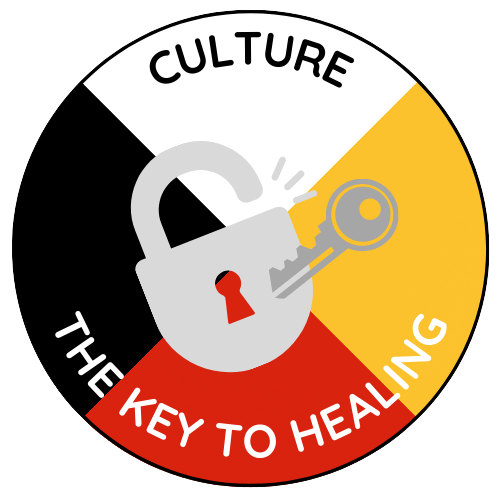
Culture: The Key to Healing Workshops
Culture: The Key to Healing Workshop is designed to focus your energies on healing and creativity. 30 project kits are free to participants for the online classes, held typically twice monthly on Facebook live @ www.facebook.com/saulttribeARC. Watch ARC's Facebook page for new kits to be posted each month. In-person events are announced online and are held in various locations throughout the seven-county service area. Please take advantage of this wonderful program.
Learn MoreDonate
Gii-miigiwe (Give)

The Advocacy Resource Center uses donated funds for many services for our clients. Donations are used for client needs when other funding is unavailable and to assist in our events to promote awareness.
At this time, we are only able to accept CASH, CHECK or MONEY ORDER for donations. Receipts will be provided upon request. Please send donations to P.O. Box 1576/Sault Ste. Marie, MI 49783. Thank you for your generosity!
When donating items to the Lodge of Bravery Shelter, we ask that you please get in touch with our office at (906) 632-1808 before doing so. Our space is limited, and we must plan accordingly—many thanks in advance. We appreciate every donation-as do our residents.
ARC Articles
Request Brochures
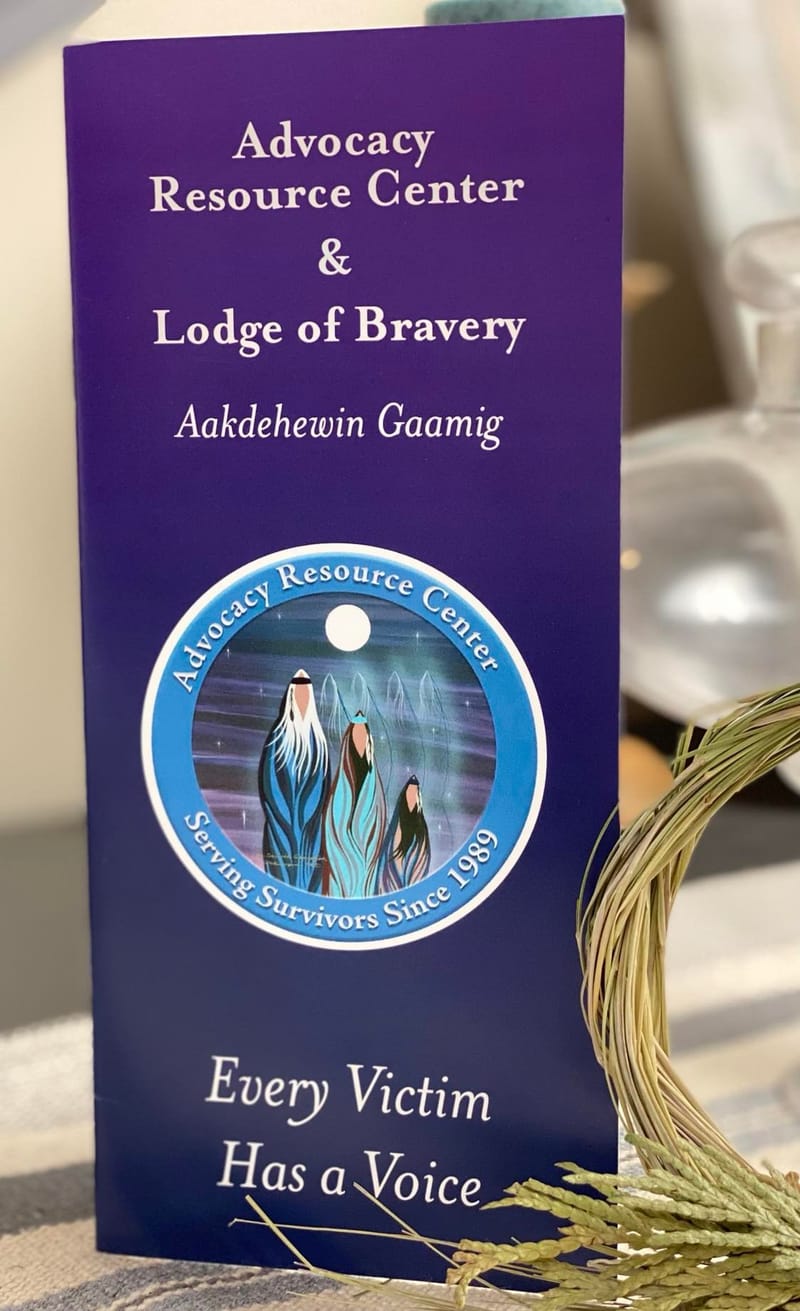
Brochures Available
ARC program brochures are available for free and can be displayed at your business or for personal use. Please contact ARC to request your brochures today. Brochures can be placed in hair salons, bars, restaurants, nail salons, schools, college campuses, doctor's offices, laundromats, gyms, etc.
Biweekly Book Pick Program
Please view ARC's Facebook page every other Monday at 9:00 a.m. to see the highlighted book of the week. www.facebook.com/saulttribeARC
Awareness Month
Awareness Month

Monthly Awareness Blog
MEMBERSHIP SERVICES DIRECTORY
for the Sault Ste. Marie Tribe of Chippewa Indians Seven-County Service Area
Click here to find a list of all services provided by the Sault Ste. Marie Tribe of Chippewa Indians in the seven-county service area.
Read MoreCommunity Resources
Click on the resource logo to bring you directly to the resource page.
Noteworthy news
Biidaajimowin (News)
Native American Boarding Schools
Community Quilt Project
Community Quilt for Residential Boarding School Children
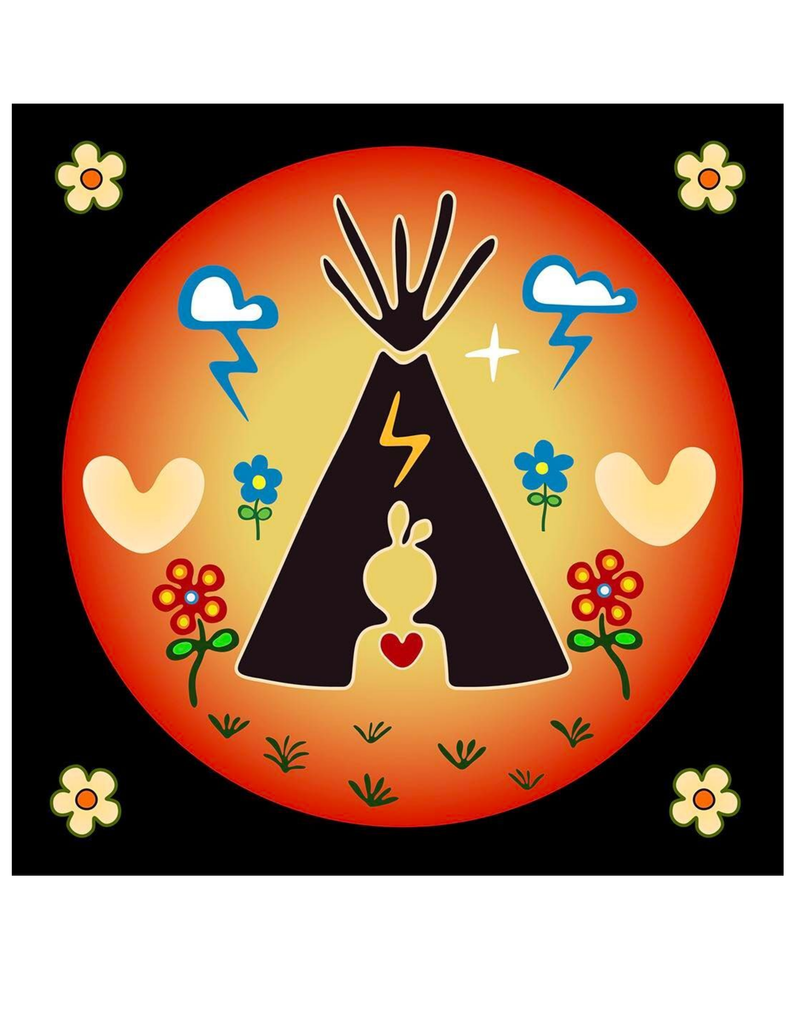
The Final Product
Chi Miigwech to everyone that created a square for this beautiful project. Special thanks to Sue Garrett and Mary Ann Hussey for their work in completing this work of art. Miigwech!
Learn MoreSault Ste. Marie, Michigan, United States
P.O. Box 1576 Sault Ste. Marie, MI 49783
+1-906-632-1808 - Main
+1-906-632-1808 Shelter
+1-877-639-7820 - Toll Free
+1-906-635-7706
911 - EMERGENCY
State and local police information
Sault Tribe of Chippewa Indians Seven-County Service Area
| ALGER COUNTY | ||
| Munising Police Department | 301 E. Superior St. Munising, MI 49862 | 906-387-2095 |
| Munising City Police Department | 100 W. Munising Ave Munising, MI 49862 | 906-387-2275 |
| Alger County Sheriff’s Department | 101 E. Varnum St. Munising, MI 49862 | 906-387-4444 |
| CHIPPEWA COUNTY | ||
| Sault Tribe Police Department | 2175 Shunk Road Sault Ste. Marie, MI 49783 | 906-635-6065 |
| Chippewa County Sheriff’s Department | 325 Court St. #3 Sault Ste. Marie, MI 49783 | 906-635-6355 |
| Sault Tribe Conservation | 2175 Shunk Road Sault Ste. Marie, MI 49783 | 906-635-6065 |
| Sault Ste. Marie City Police Department | 401 Hursley Street Sault Ste. Marie, MI 49783 | 906-632-5744 |
| United States Border Patrol | 208 Bingham Street Sault Ste. Marie, MI 49783 | 906-632-3383 |
| Department of Homeland Security | 900 Bridge Plaza Sault Ste. Marie, MI 49783 | 906-253-1550 |
| Michigan State Police Department | 3900 I-75 Business Spur Sault Ste. Marie, MI 49783 | 906-632-2217 |
| Kinross District Police Department | 4884 W. Curtis Street, Kincheloe, MI 49788 | 906-495-5889 |
| Kincheloe Police Department | 4657 W. Industrial Park Dr. Kincheloe, MI 49788 | 906-632-5744 |
| Bay Mills Indian Police Department | 12449 W. Lakeshore Dr. Brimley, MI 49715 | 906-248-3244 |
| DELTA COUNTY | ||
| Delta County Sheriff’s Department | 2800 College Avenue Escanaba, MI 49829 | 906-786-5911 |
| Escanaba Police Department | 1900 3rd Avenue Escanaba, MI 49829 | 906-786-6810 |
| State Police Post Gladstone | 922 Lakeshore Drive Gladstone, MI 49837 | 906-428-4412 |
| LUCE COUNTY | ||
| Luce County Sheriff’s Department | 411 W. Harrie Street Newberry, MI 49868 | 906-293-8431 |
| MACKINAC COUNTY | ||
| Sault Tribe Law Enforcement | 396 North State Street #90 St. Ignace, MI 49781 | 906-643-8877 |
| Mackinac County Sheriff’s Department | 100 Marley Street St. Ignace, MI 49781 | 906-643-1911 |
| St. Ignace State Police | N 430 I-75 St. Ignace, MI 49781 | 906-643-7582 |
| MARQUETTE COUNTY | ||
| Marquette County Sheriff’s Department | 236 W. Baraga Avenue Marquette, MI 49855 | 906-255-8435 |
| Marquette City Police | 300 W. Baraga Avenue Marquette, MI 49855 | 906-228-0400 |
| Michigan State Police Eighth District HQ | 1924 Industrial Parkway #A Marquette, MI 49855 | |
| 906-387-4636 | ||
| SCHOOLCRAFT COUNTY | ||
| Sault Tribe Tribal Law Enforcement | 5698 US-2 Manistique, MI 49854 | 906-341-8317 |
| Manistique Public Safety | 300 Maple Street Manistique, MI 49854 | 906-341-2133 |
| State Police Manistique Post | RR2, Manistique, MI 49854 | 906-341-2101 |
| Schoolcraft County Sheriff’s Department | 300 Main Street Manistique, MI 49854 | 906-341-2122 |
JOIN US ON SOCIAL MEDIA
Be the first one to get the latest news right to your feed
Grant information
This project was suported by Grant No. 15JOV-23-GG-01601-TRIB awarded by the Office on Violence Against Women, U.S. Department of Justice. The opinions, findings, and conclusions, or recommendations expressed in this publication/program/exhibition are those of the author(s) and do not necessarily reflect the views of the US Department of Justice.
